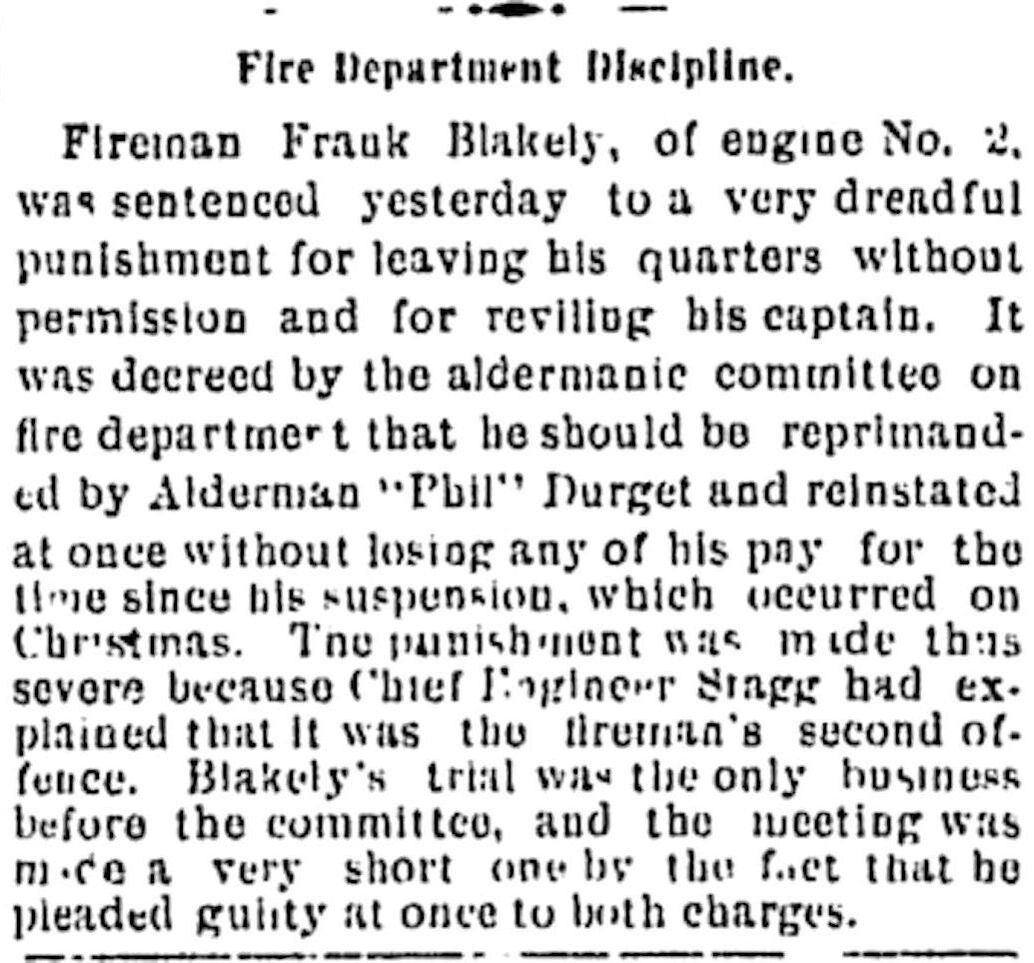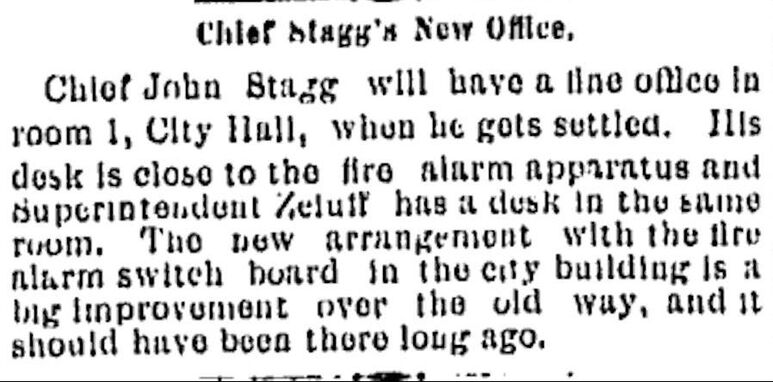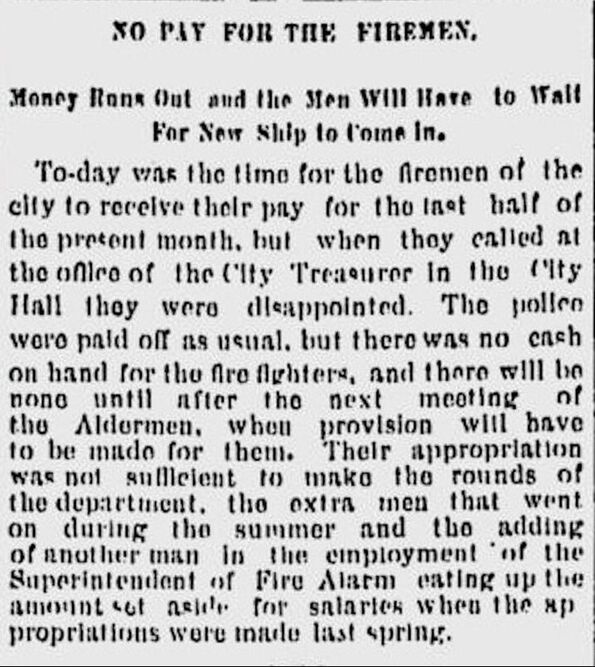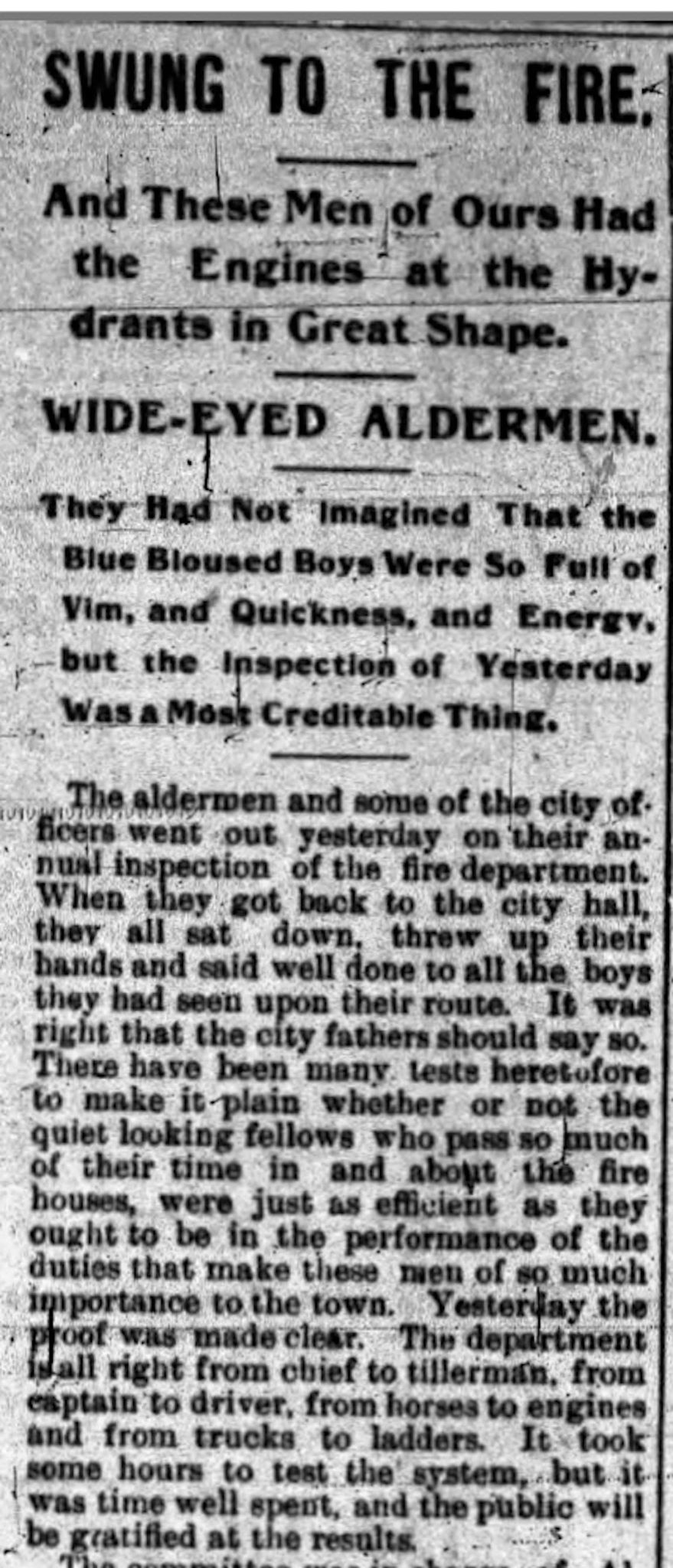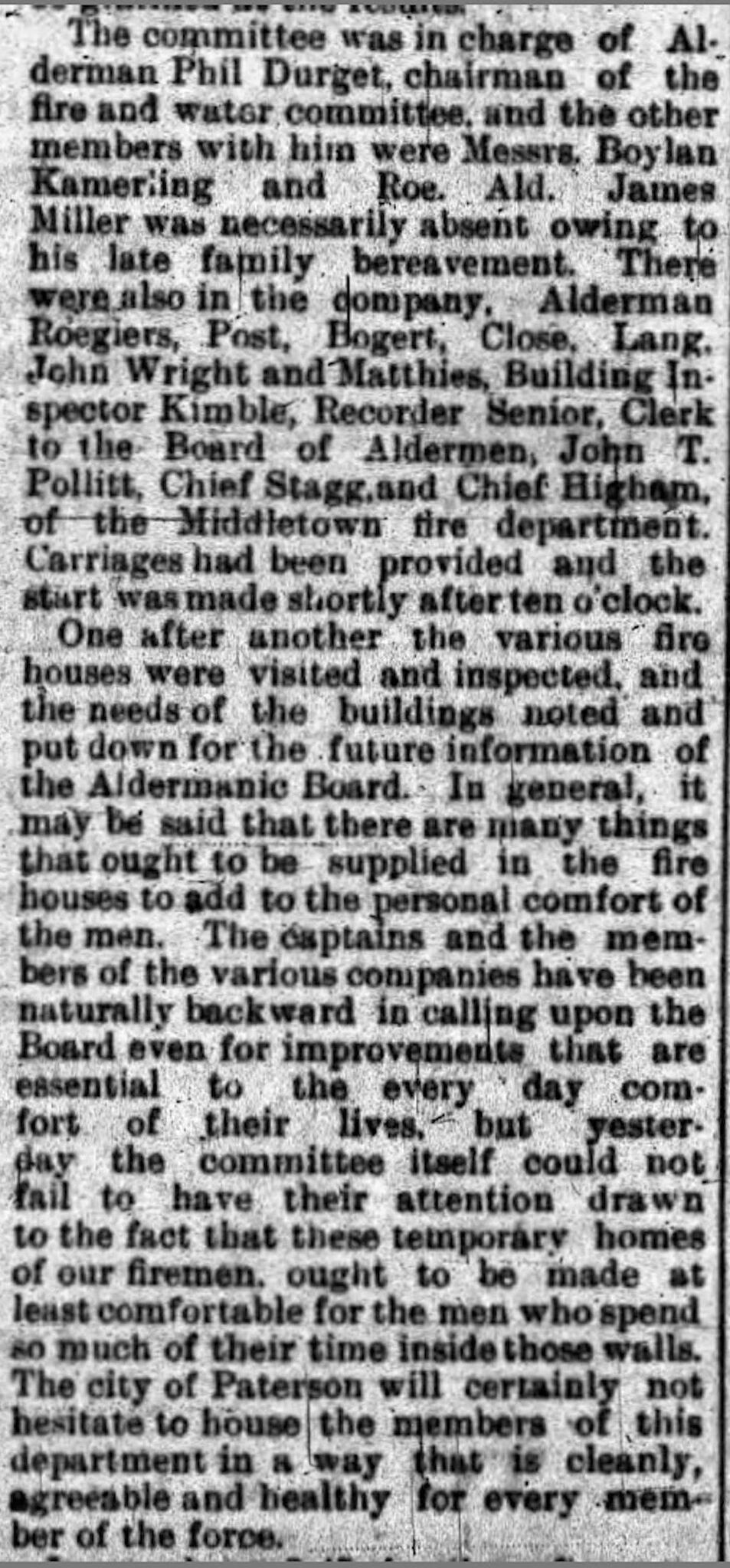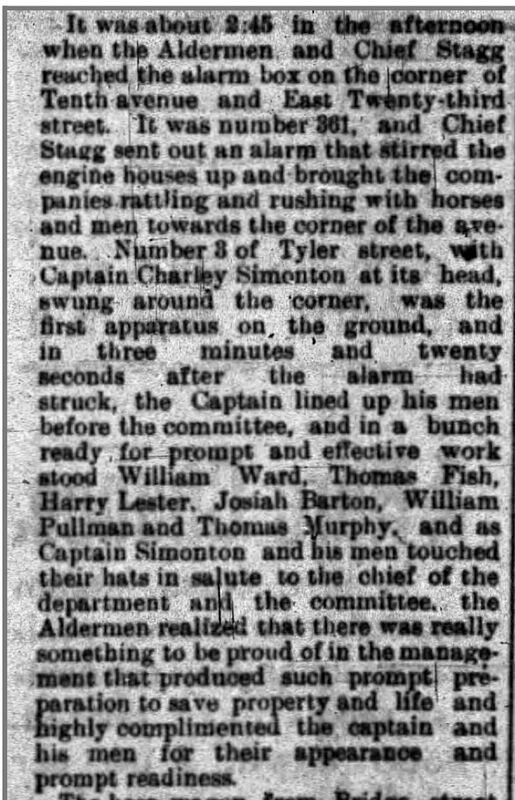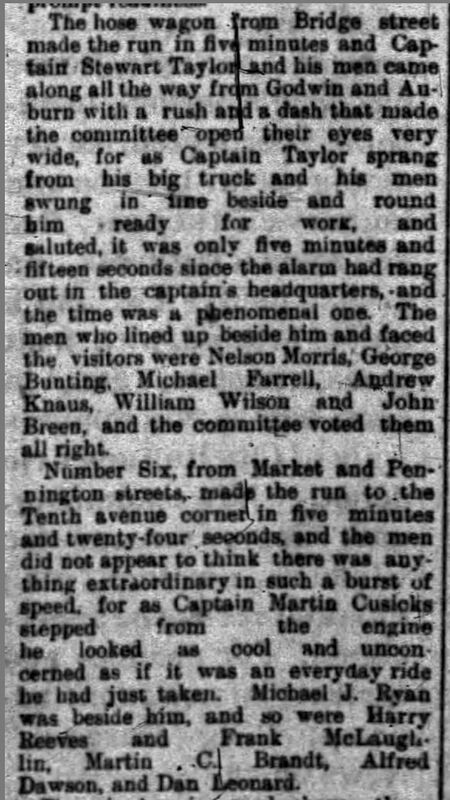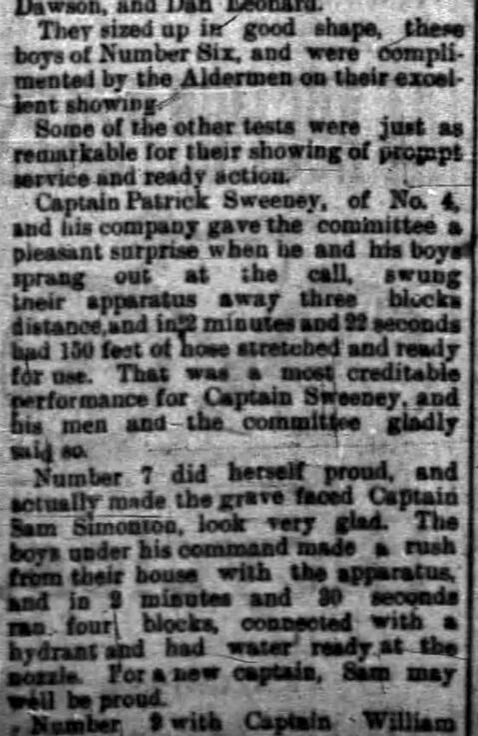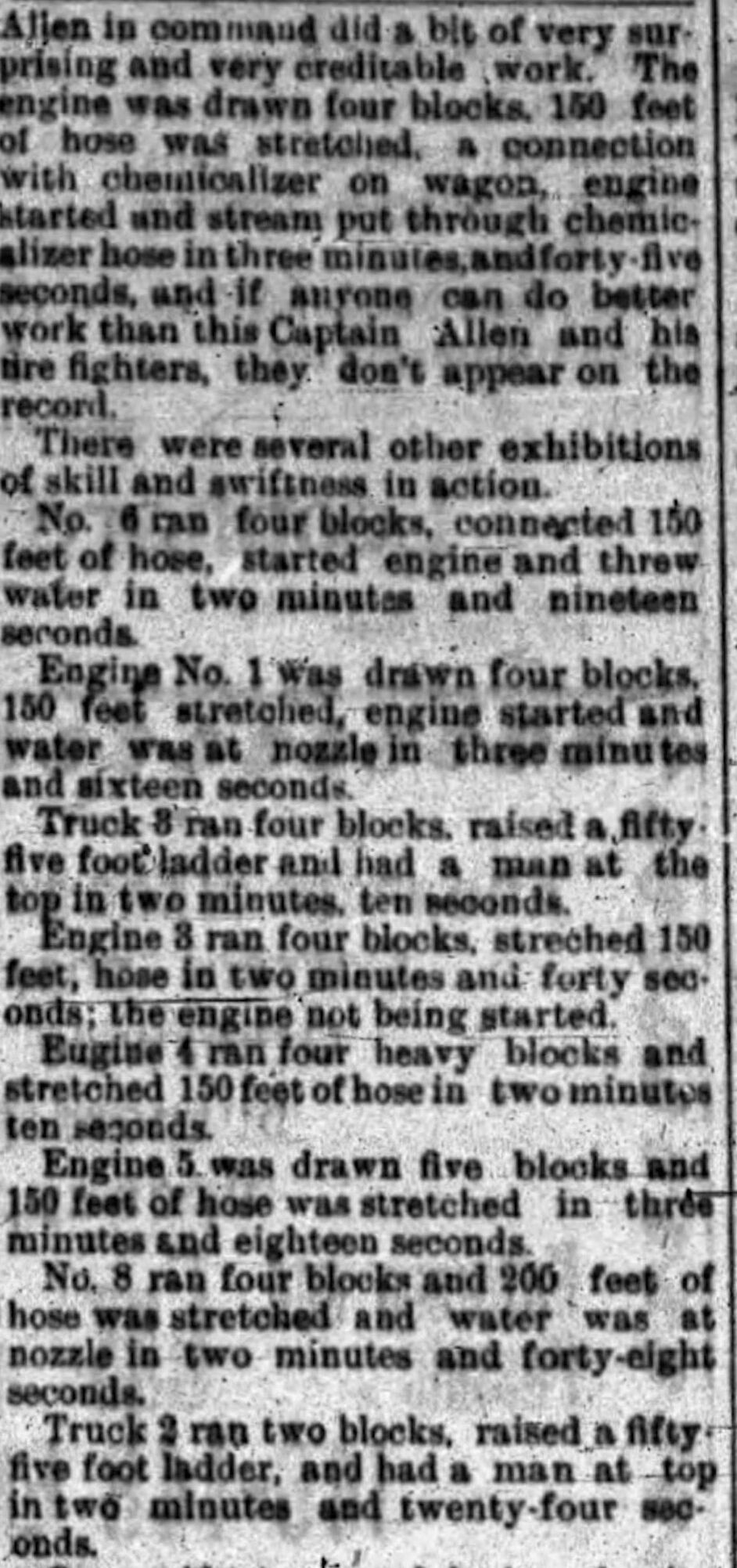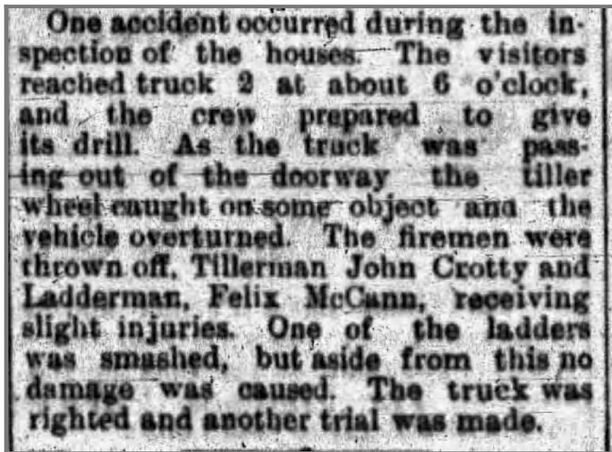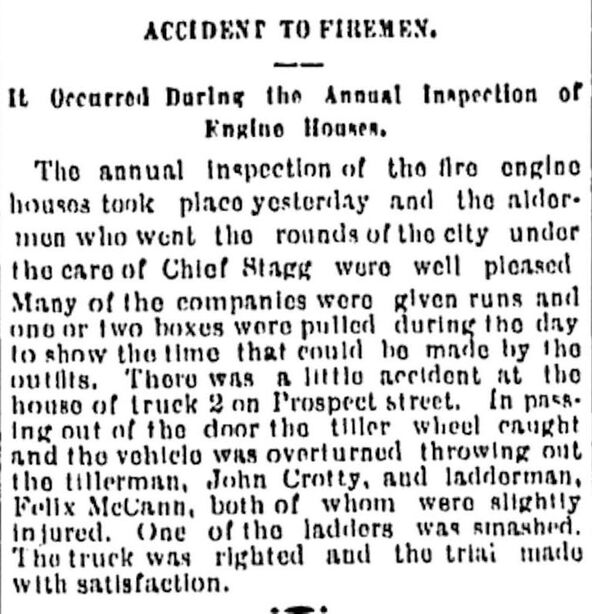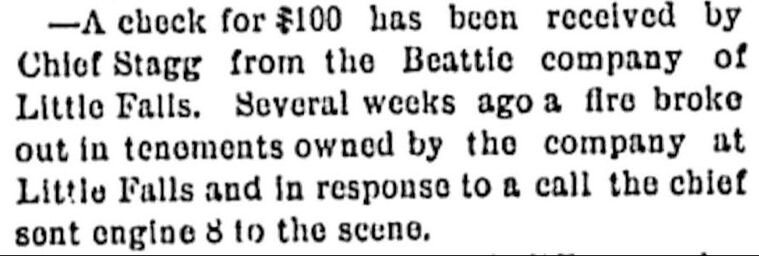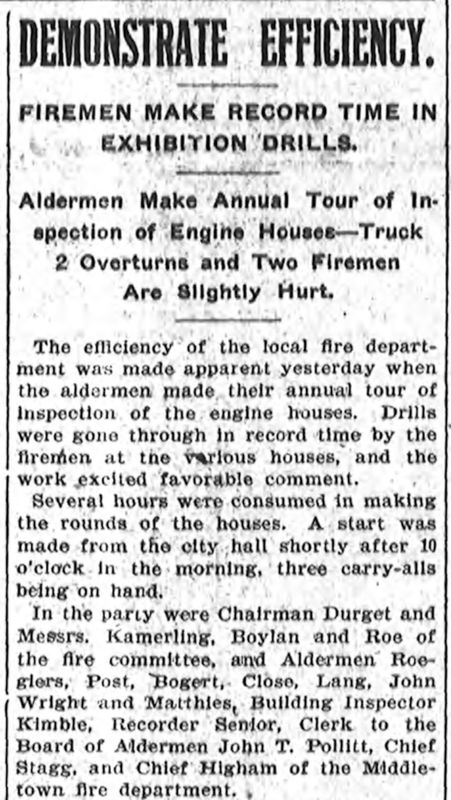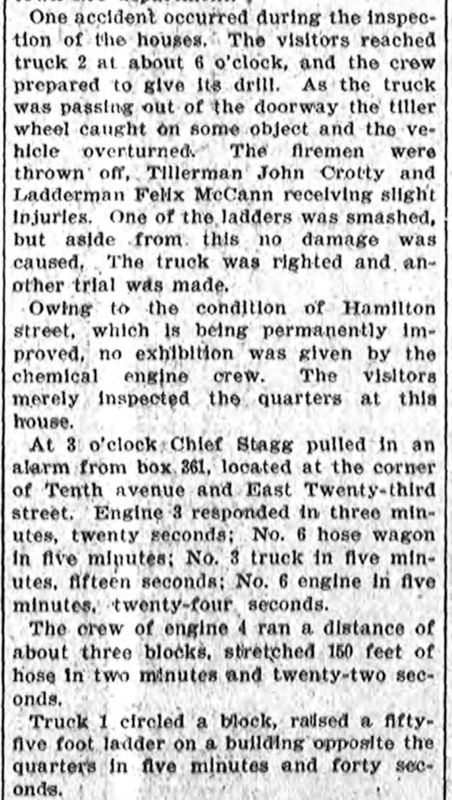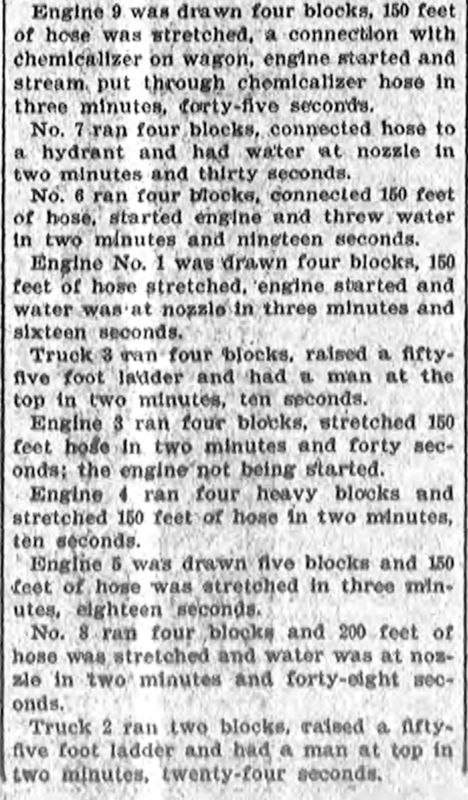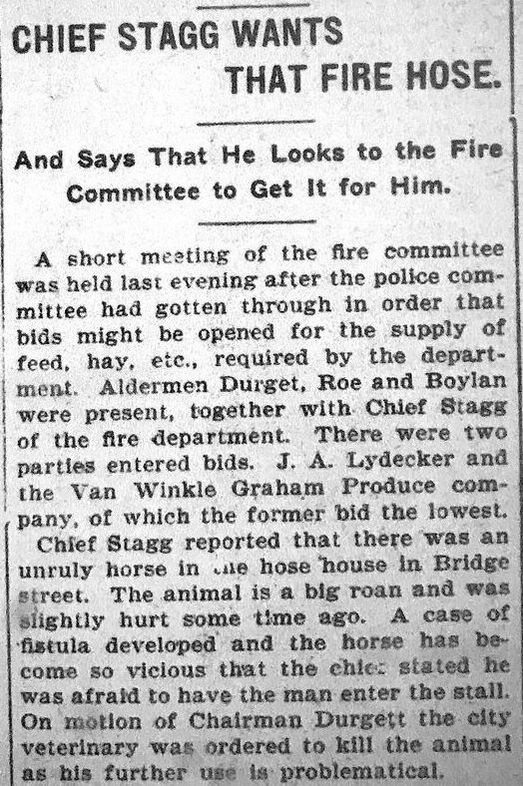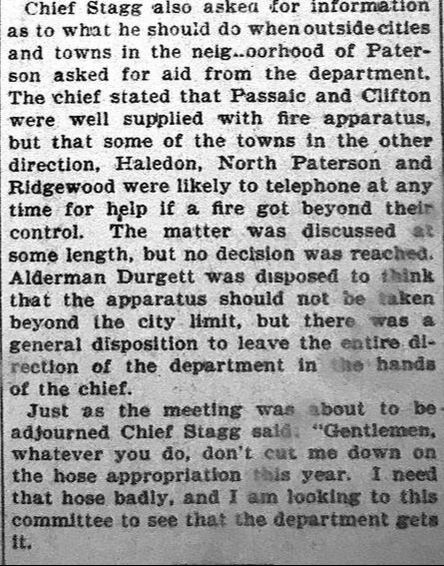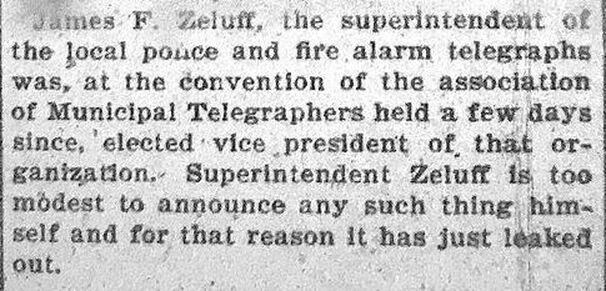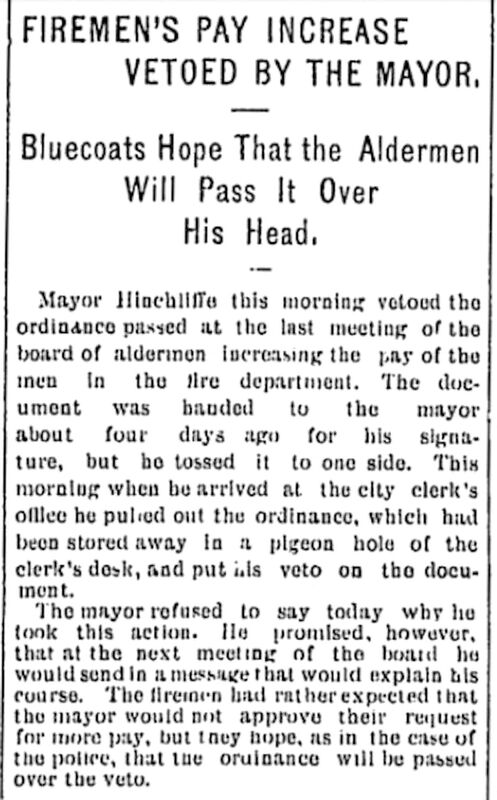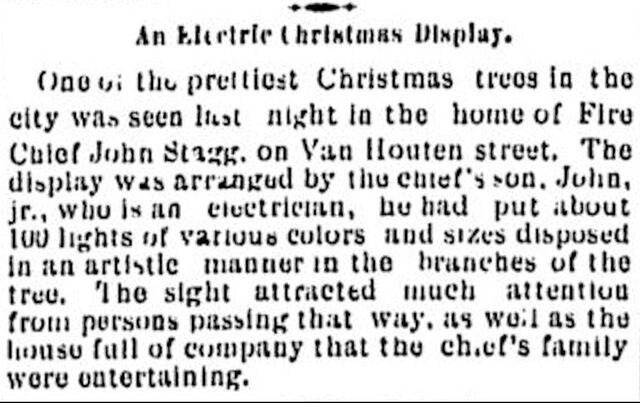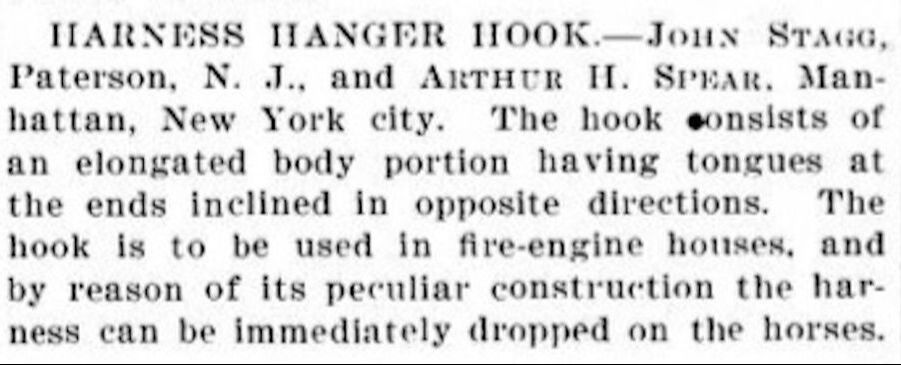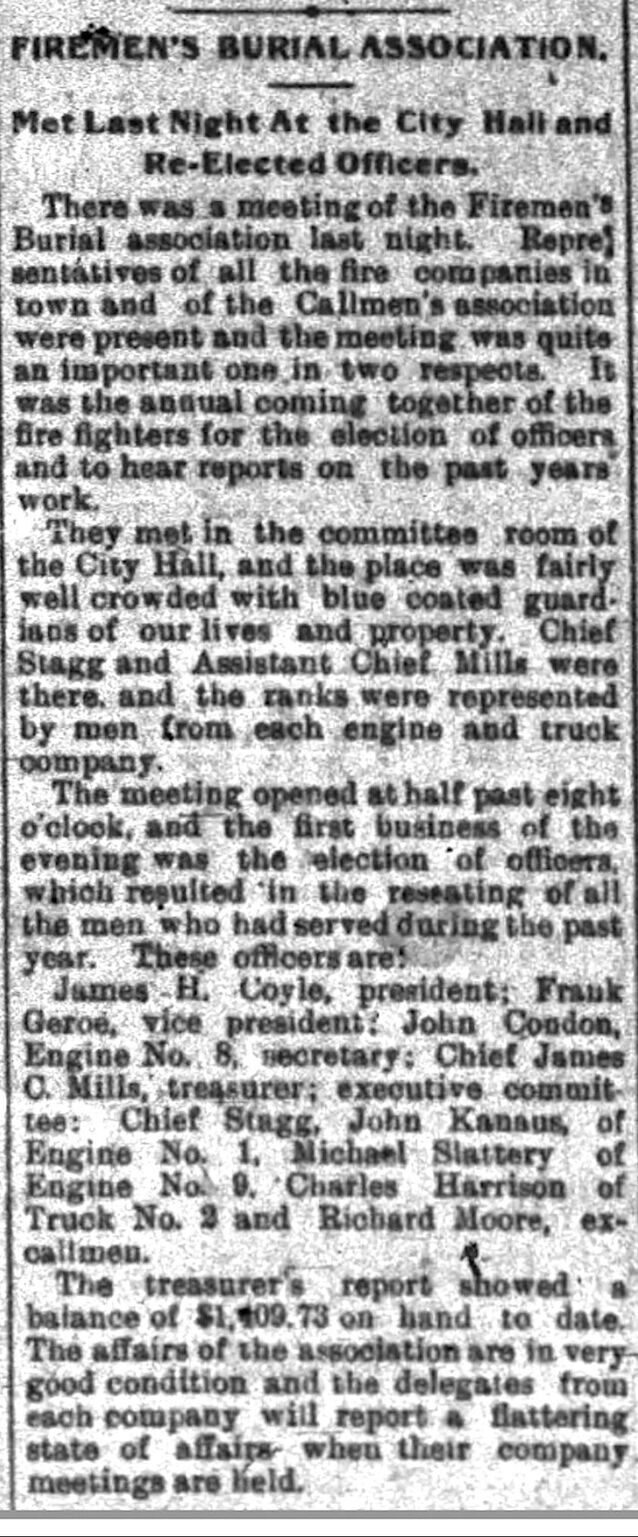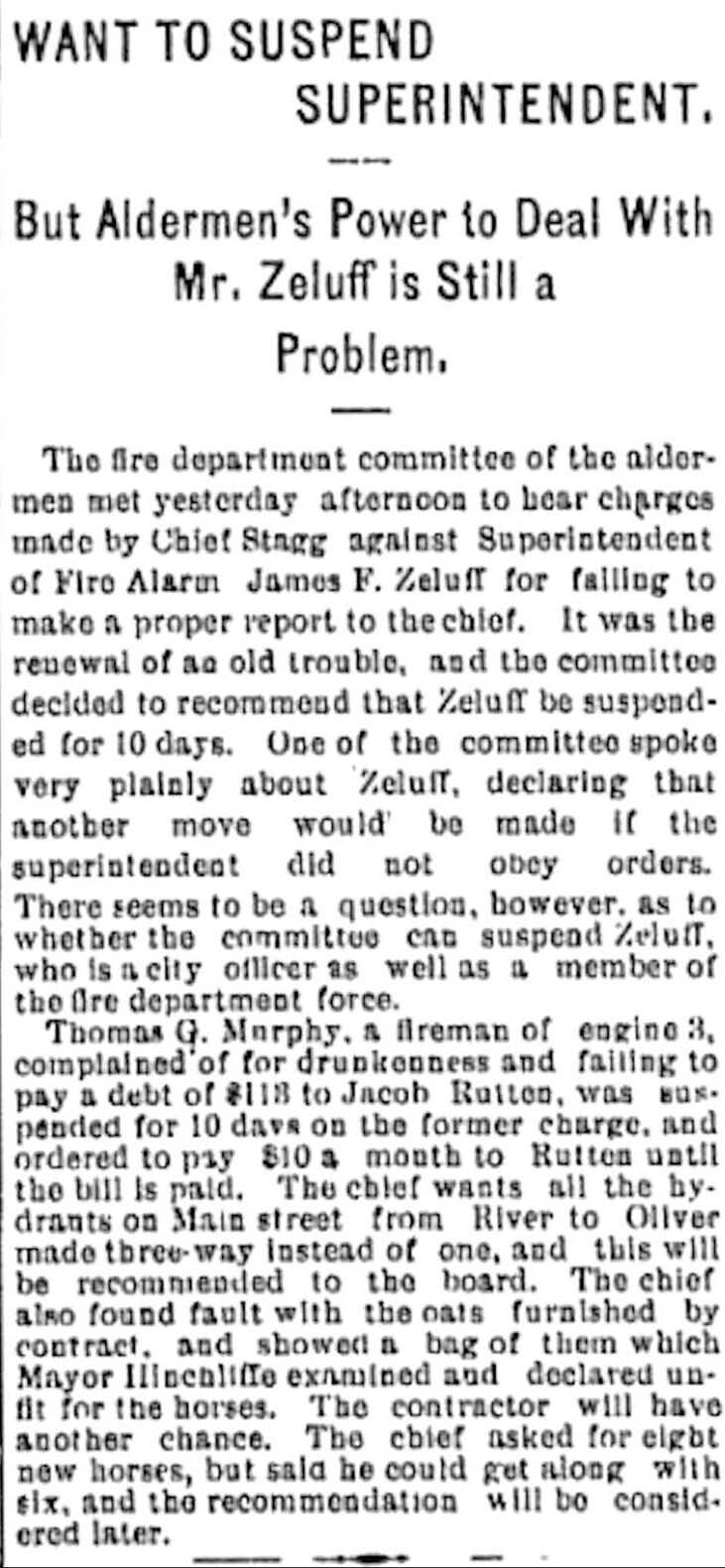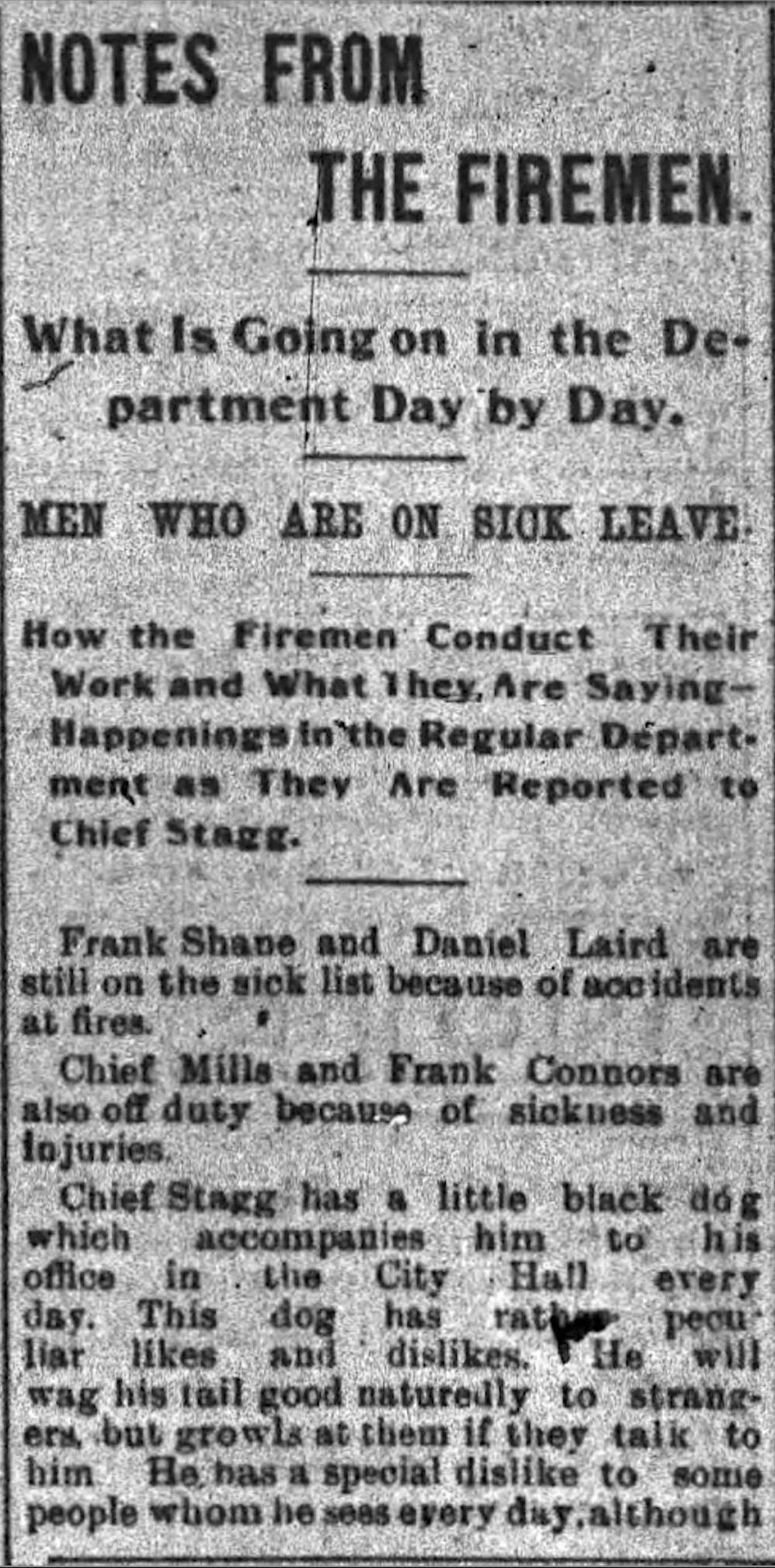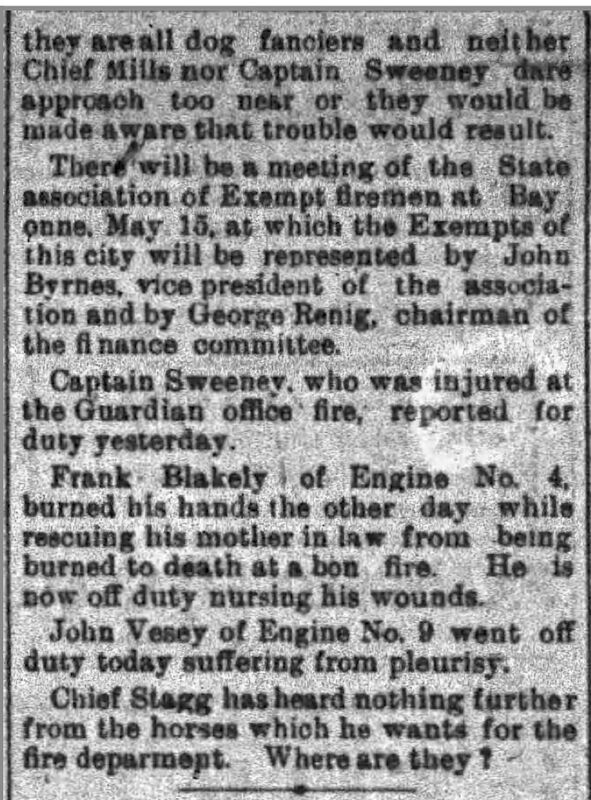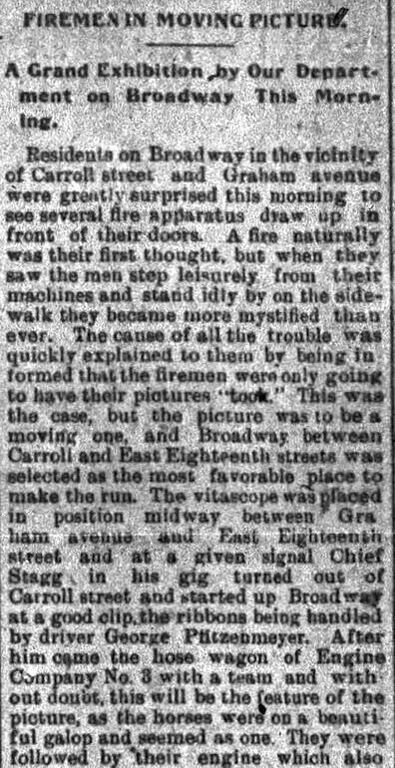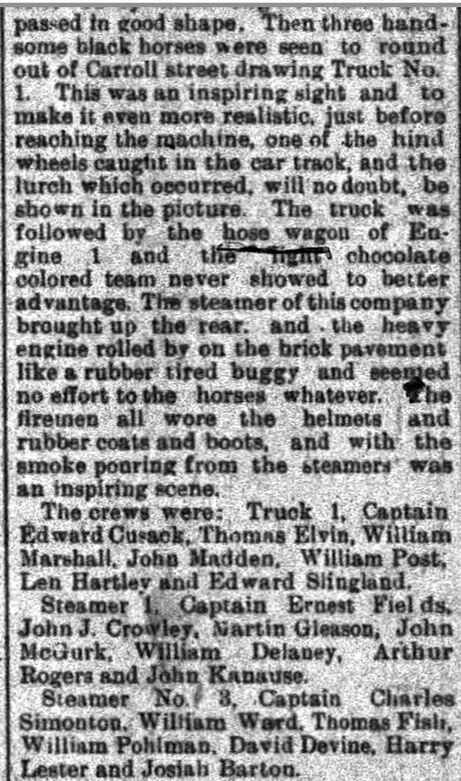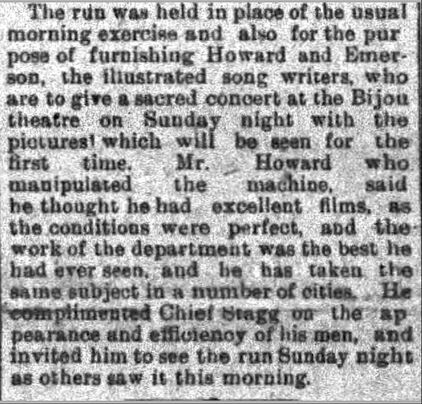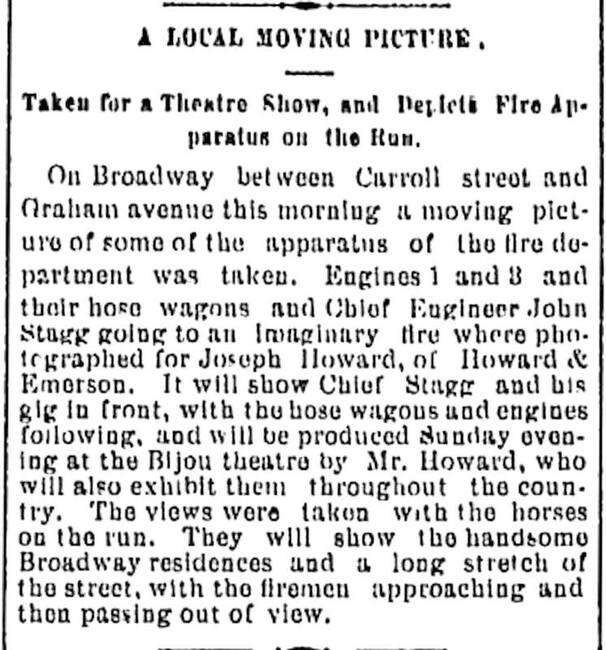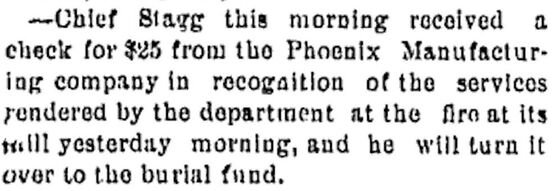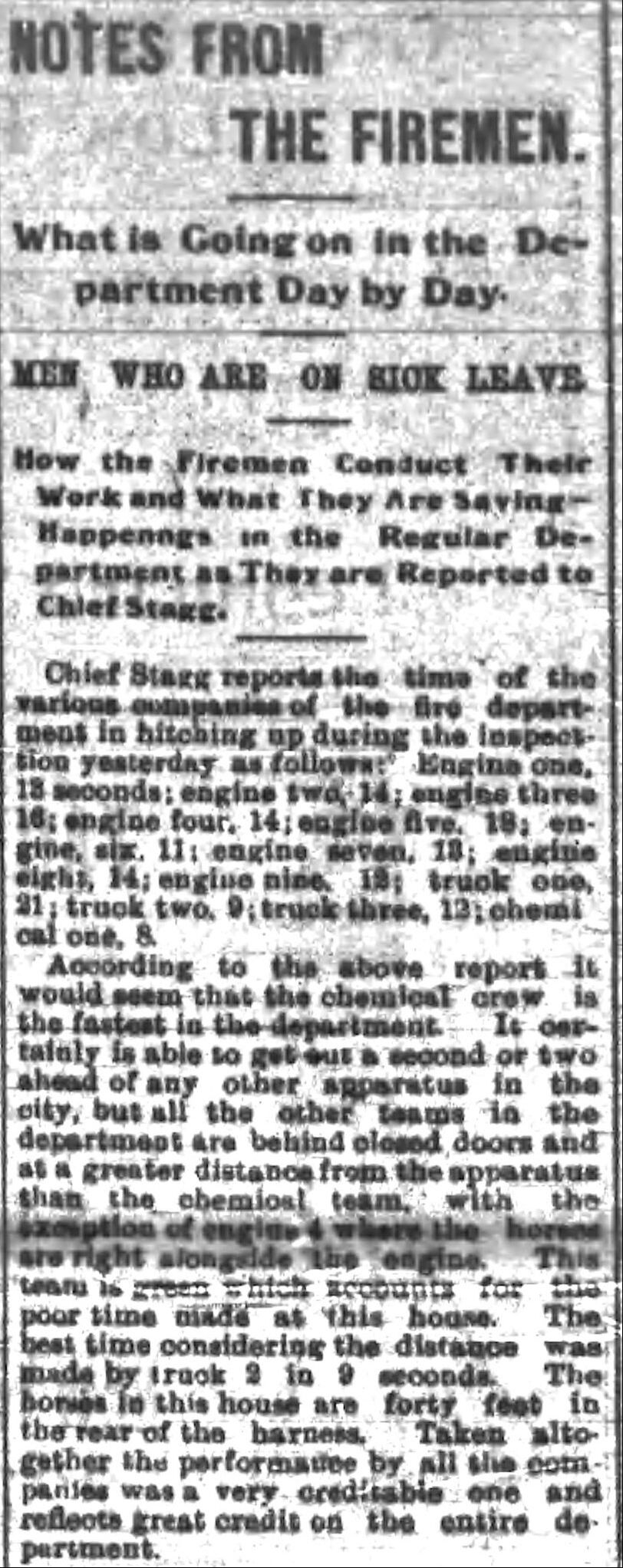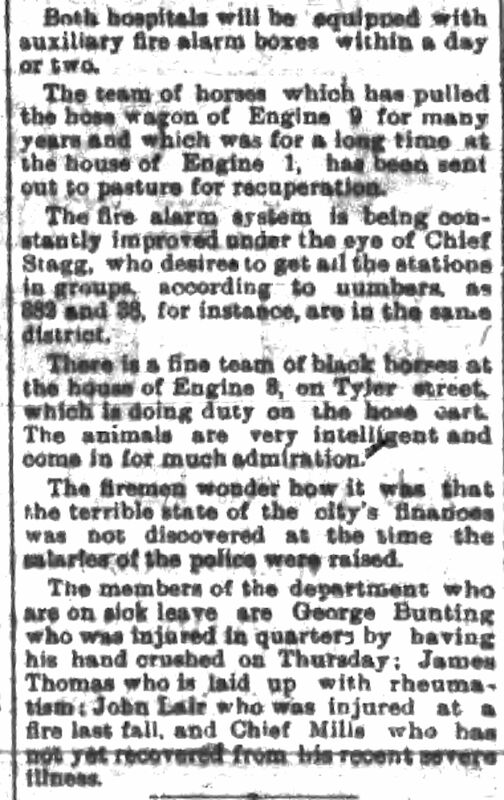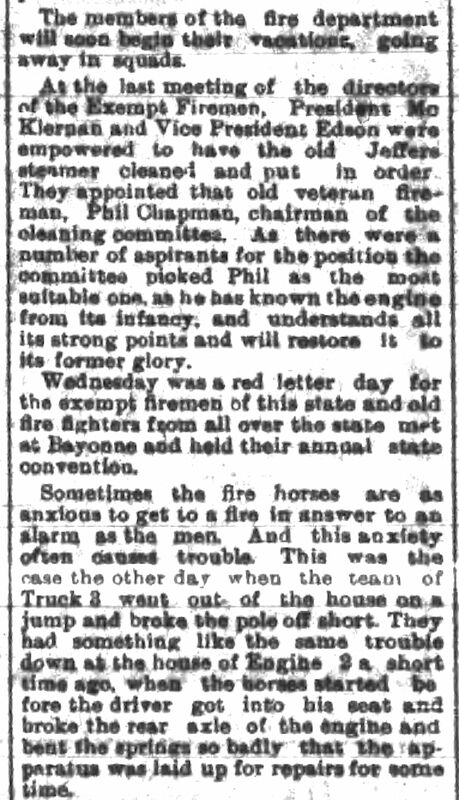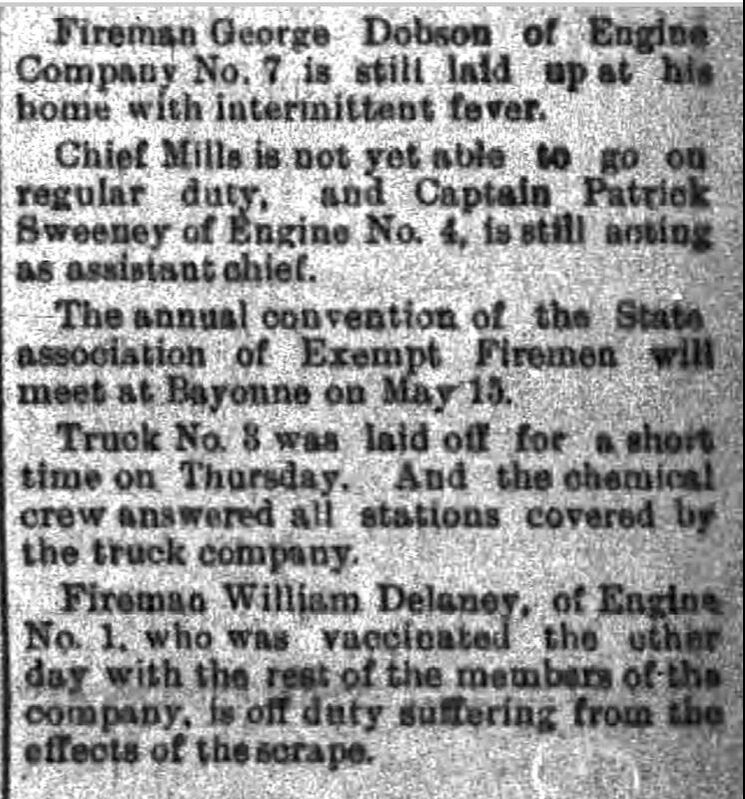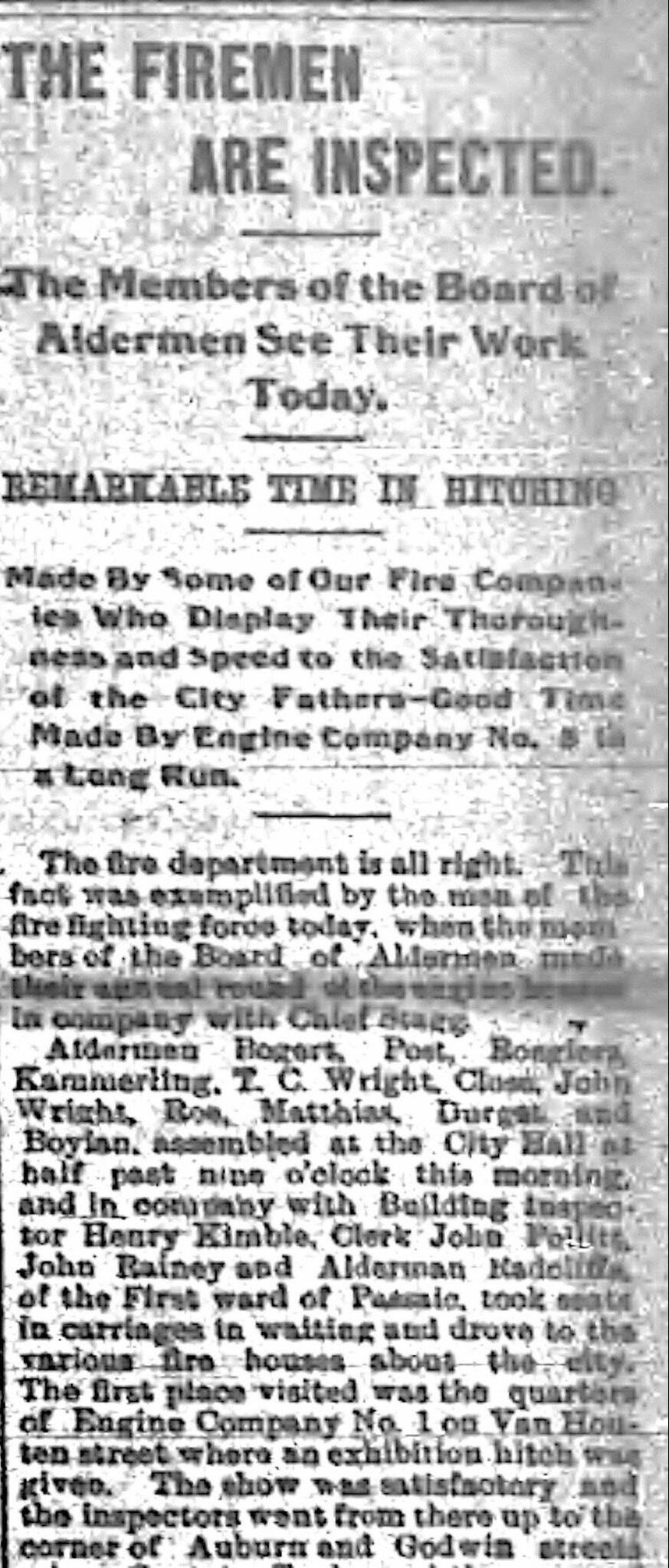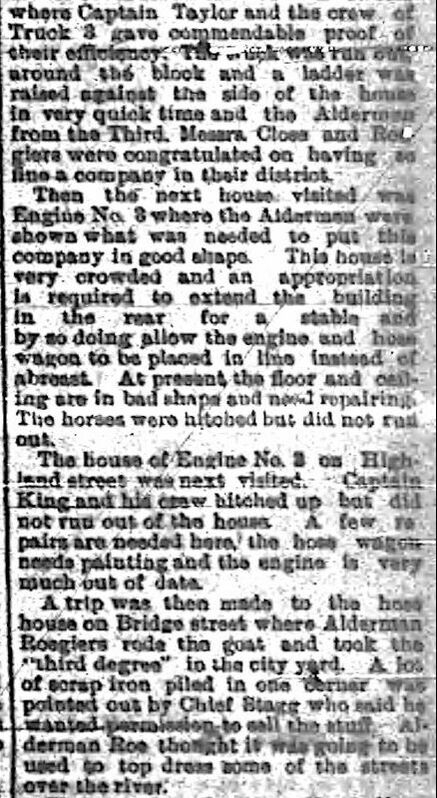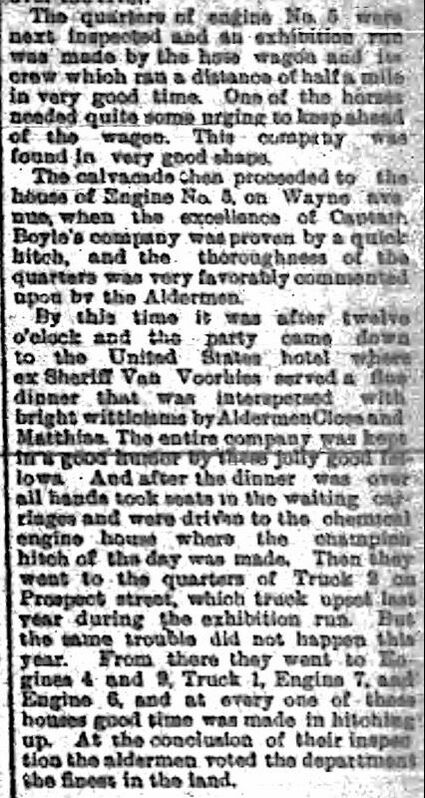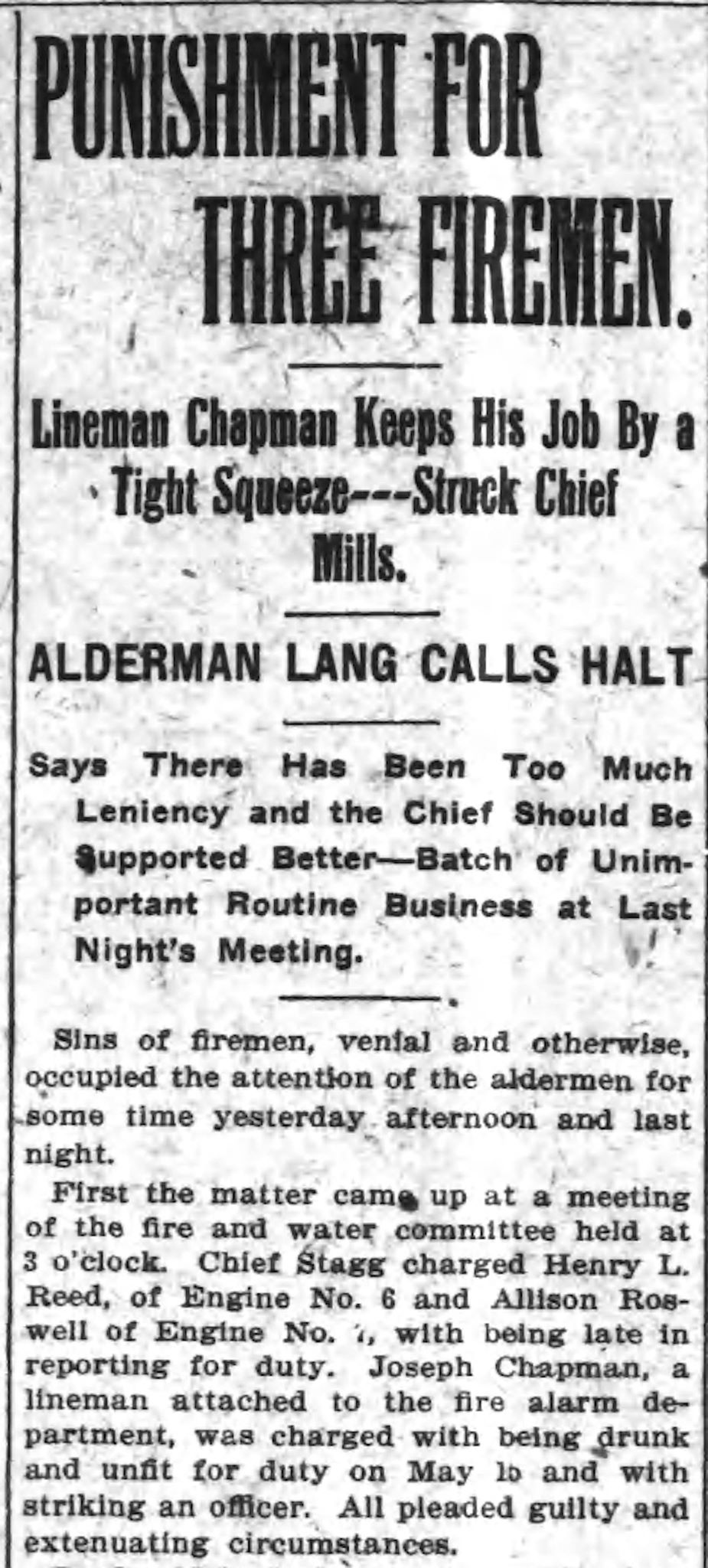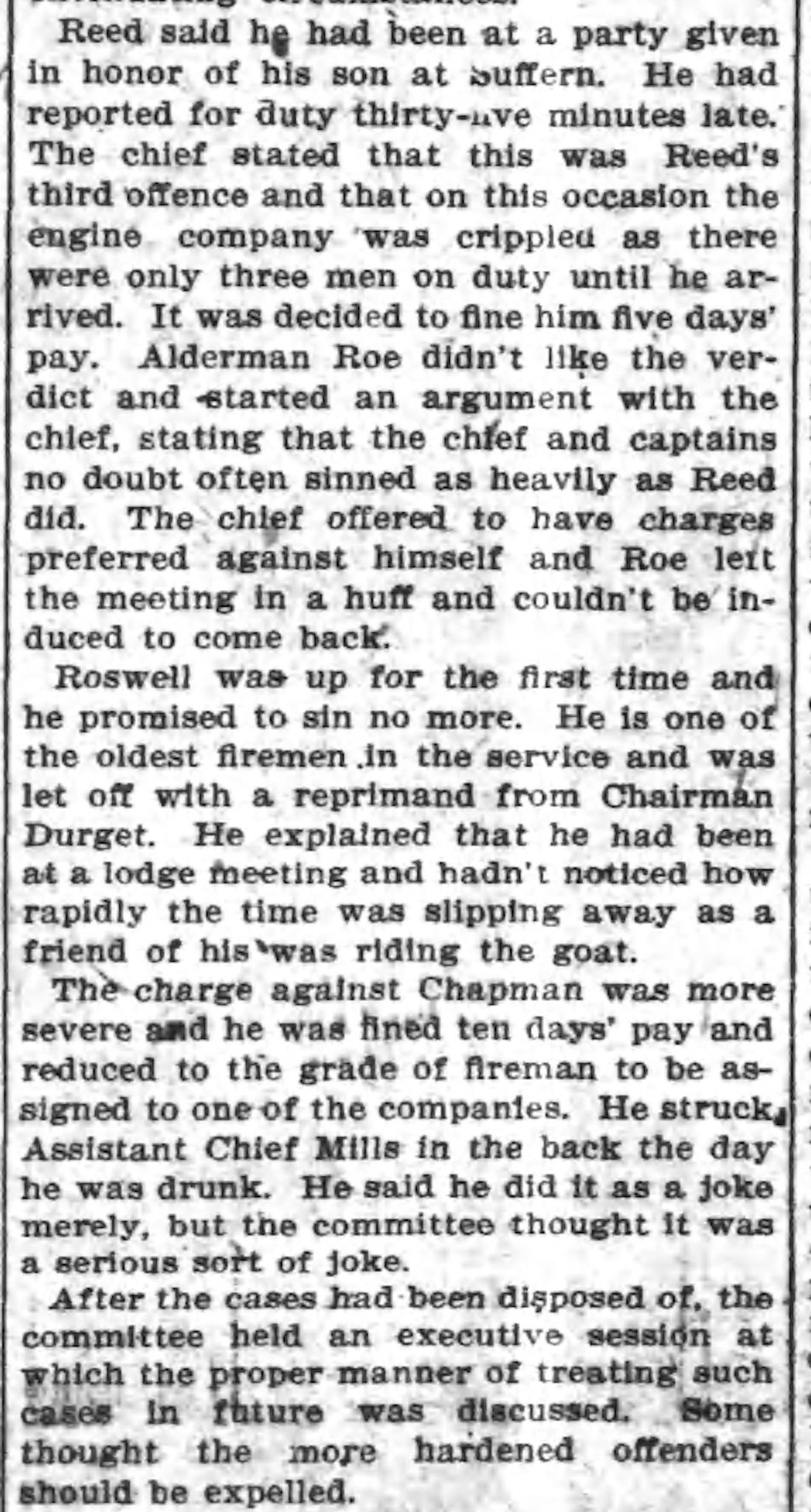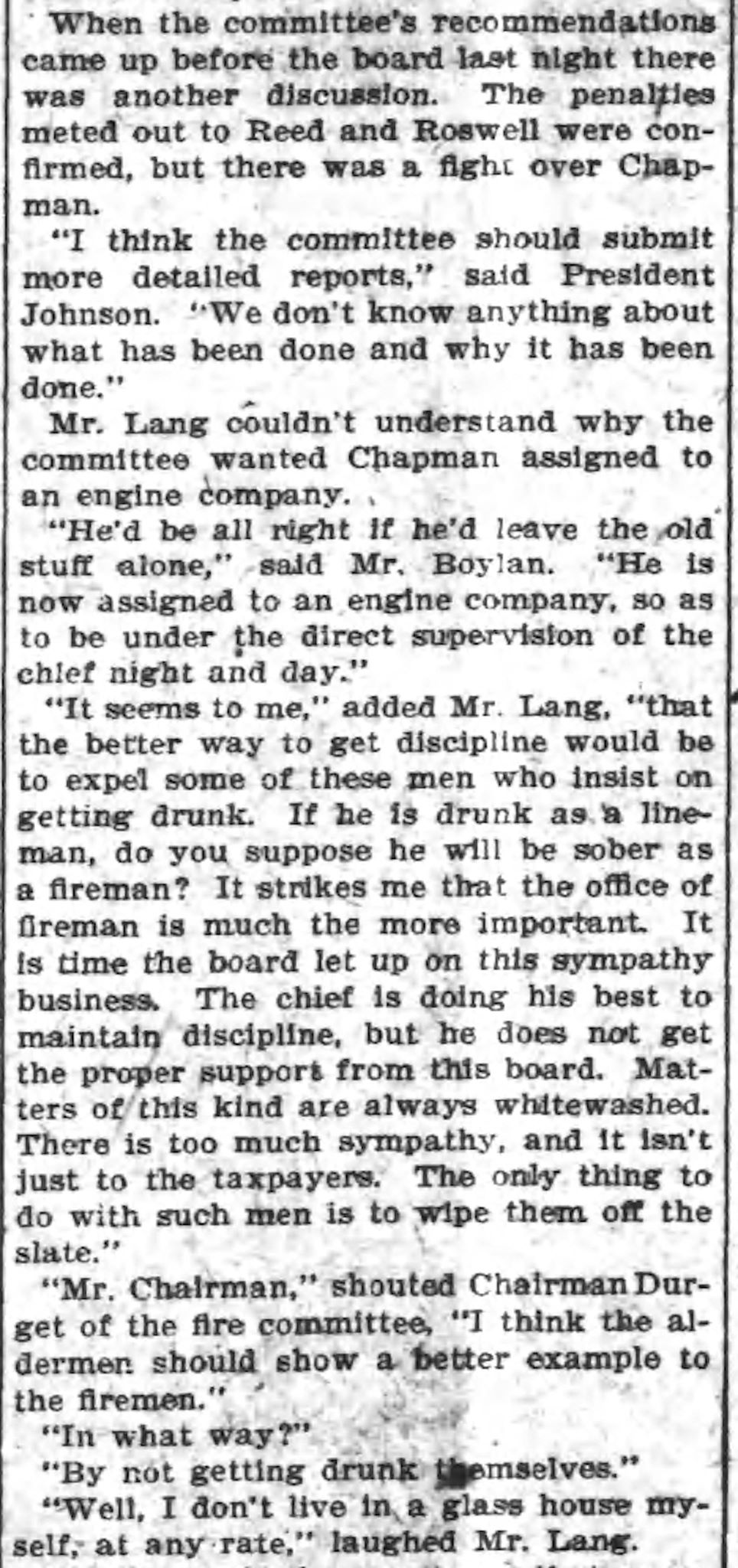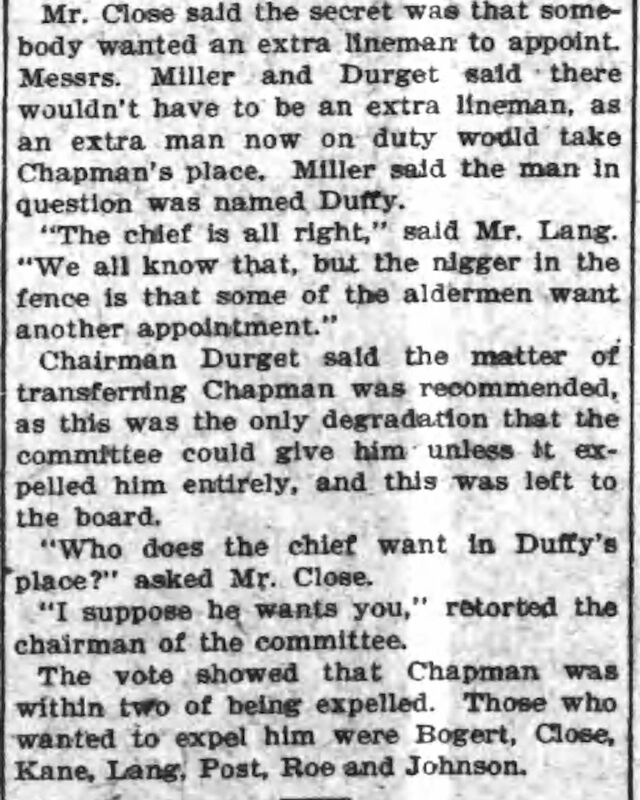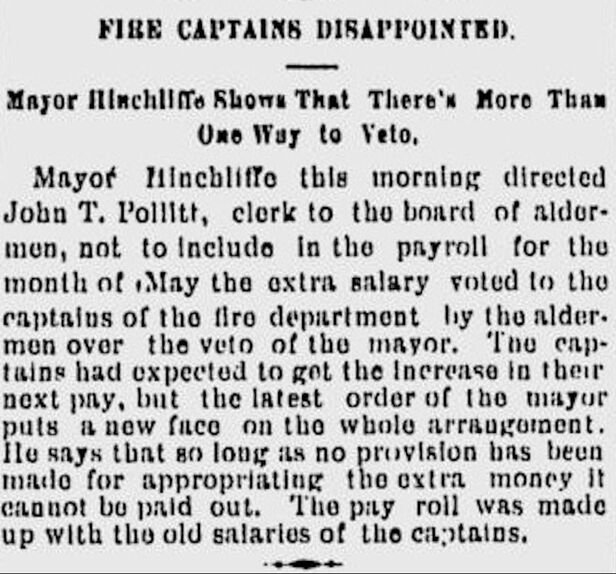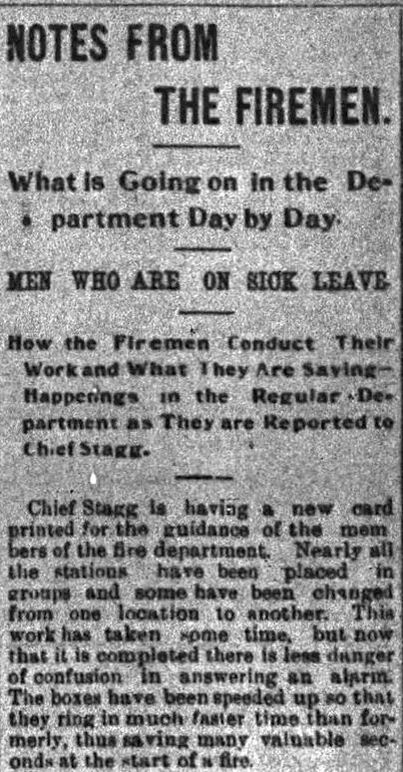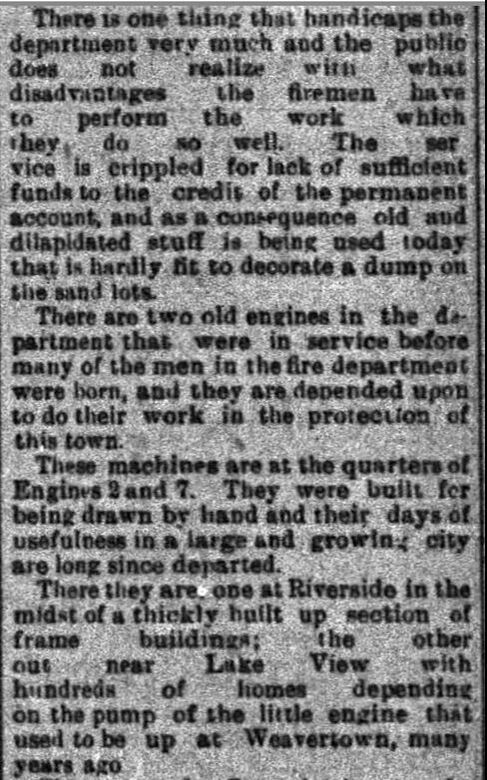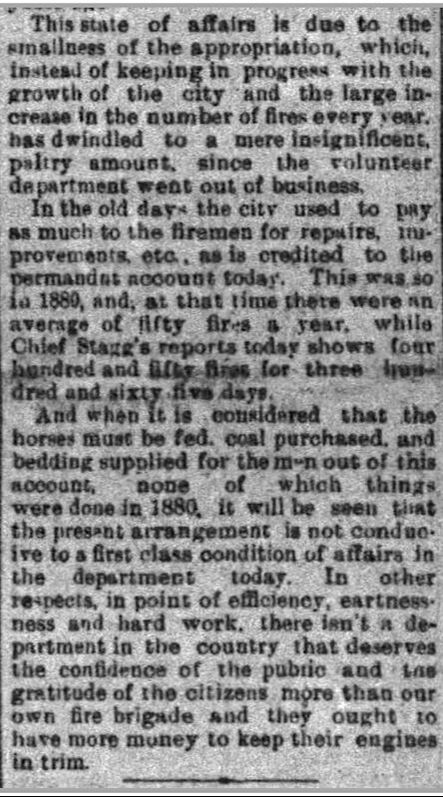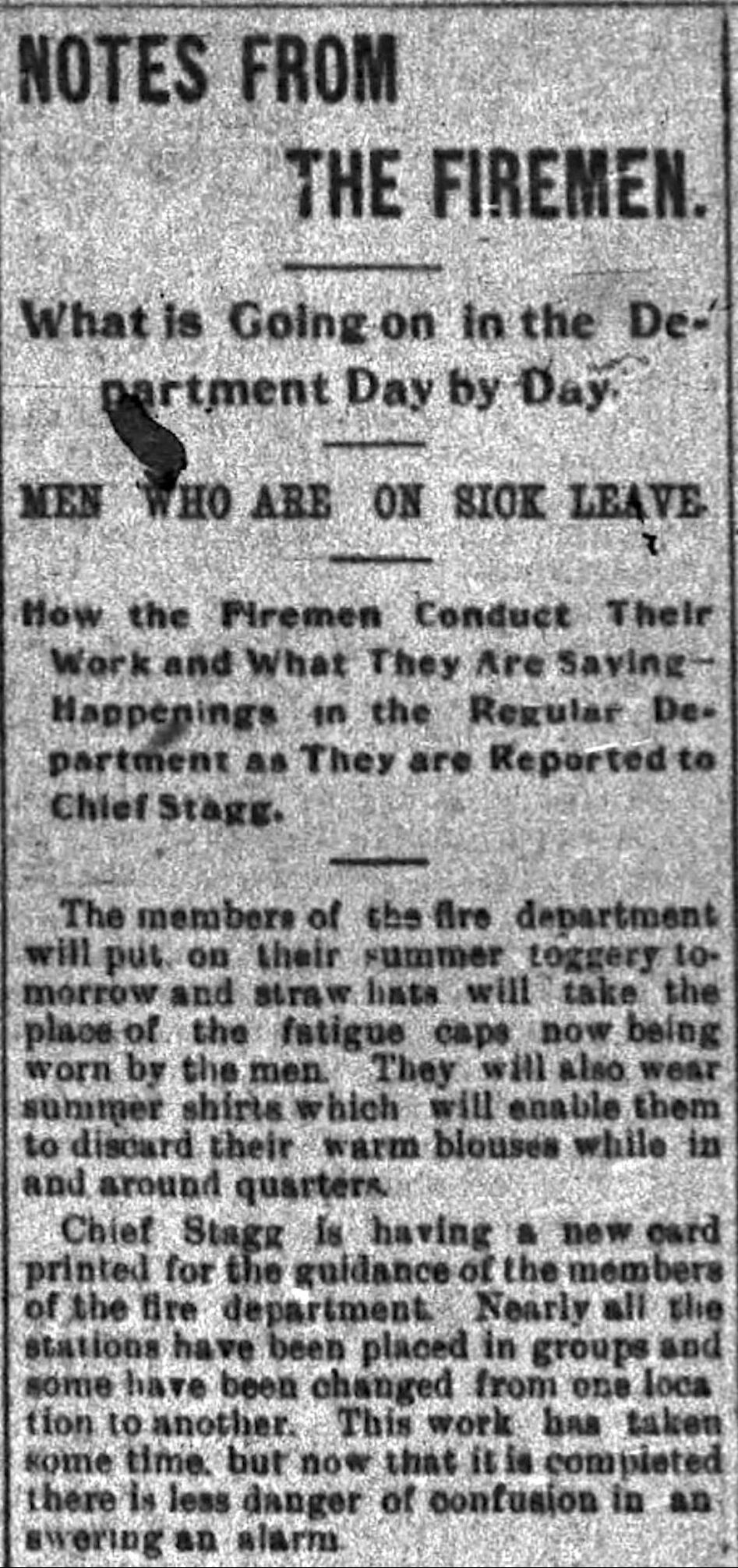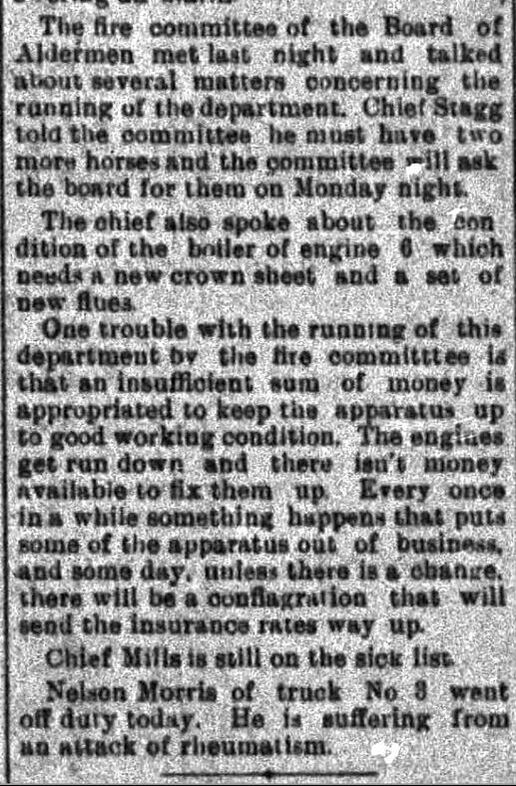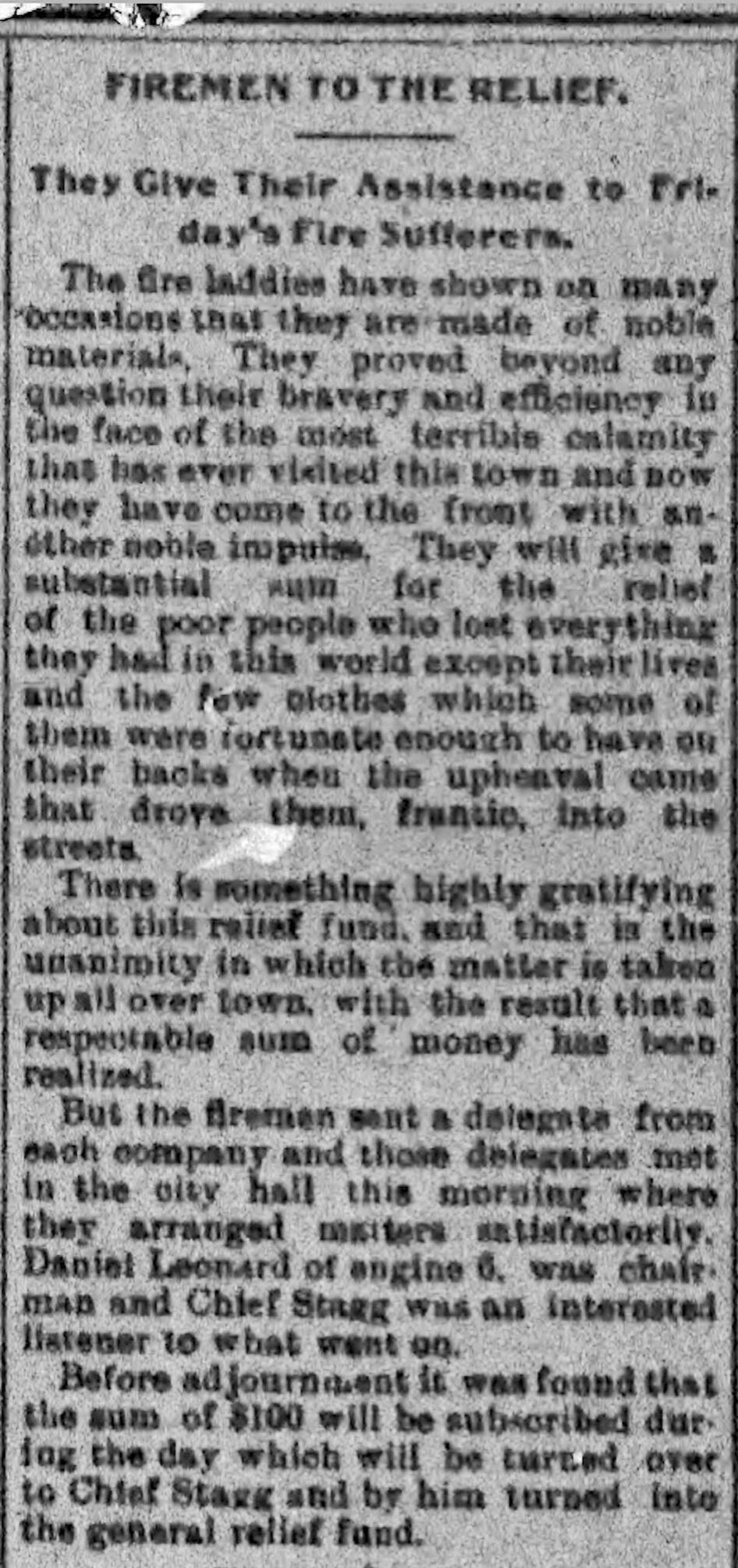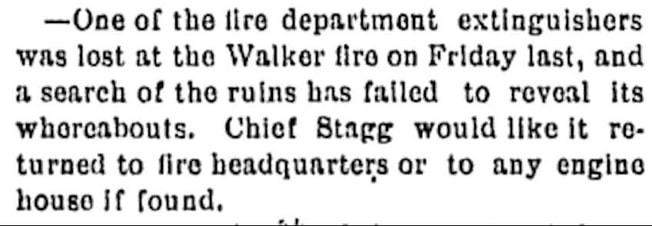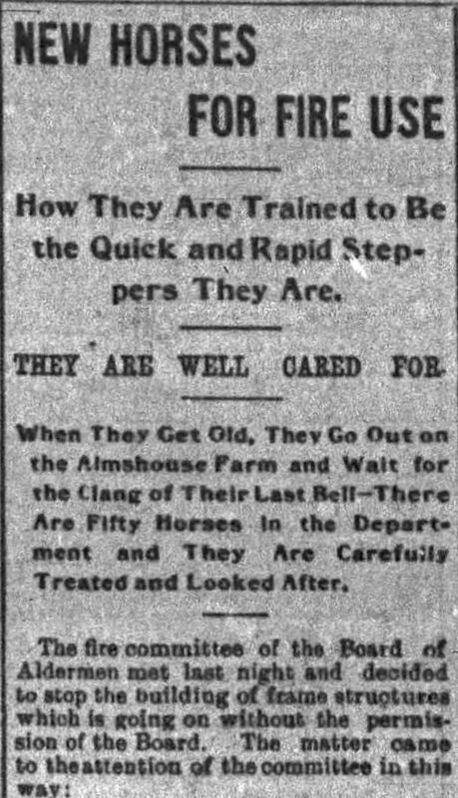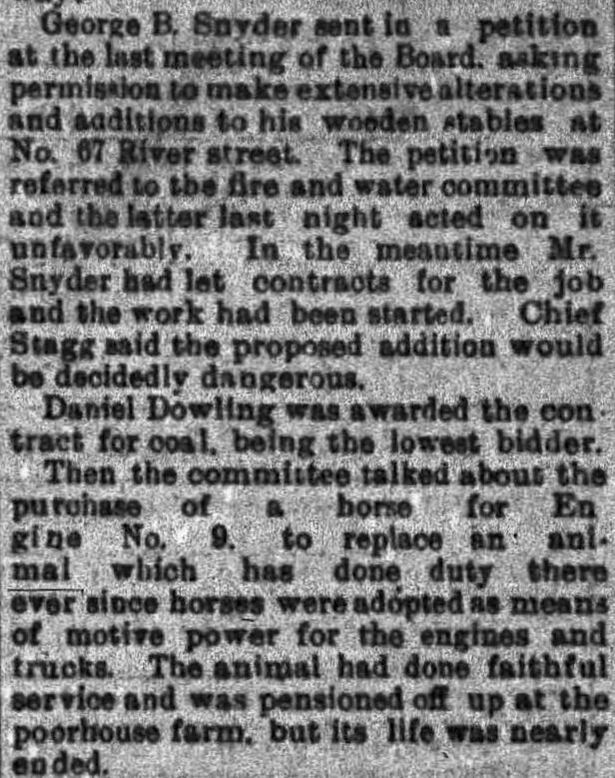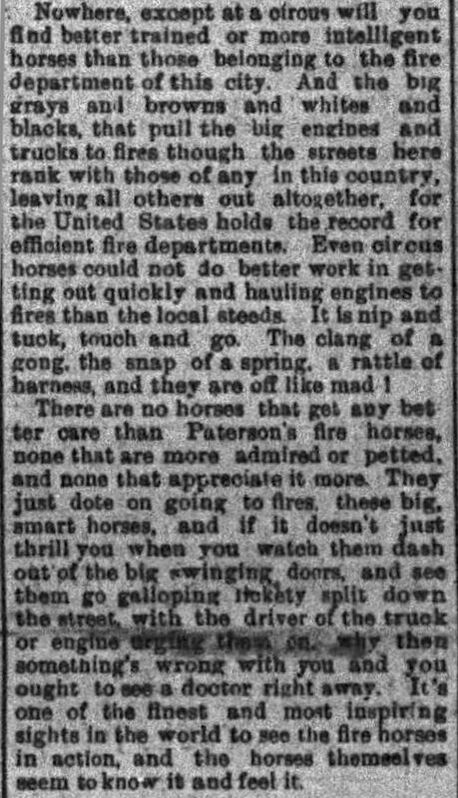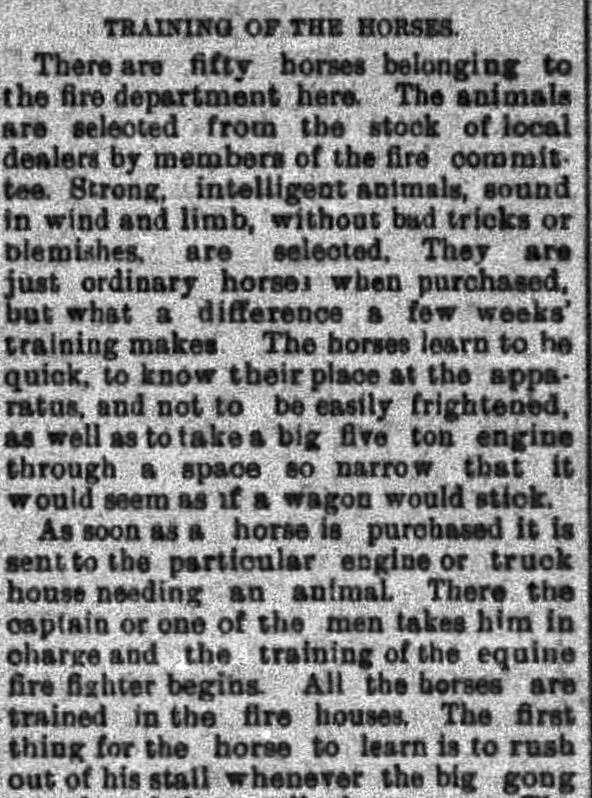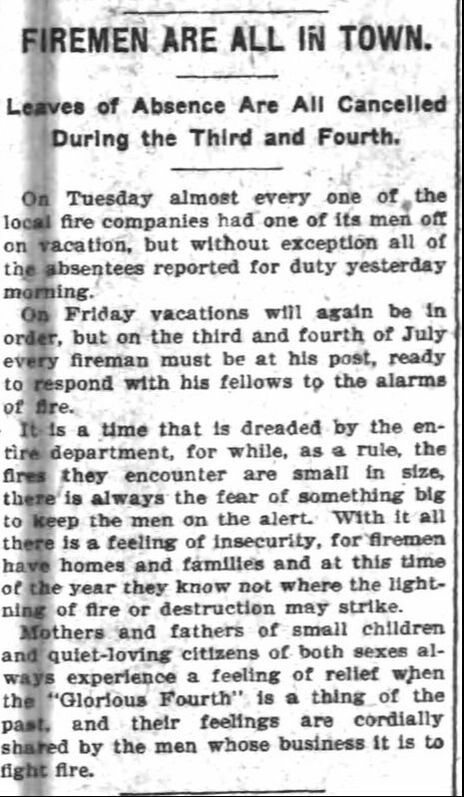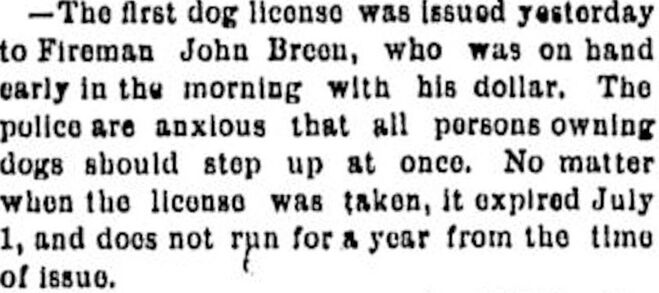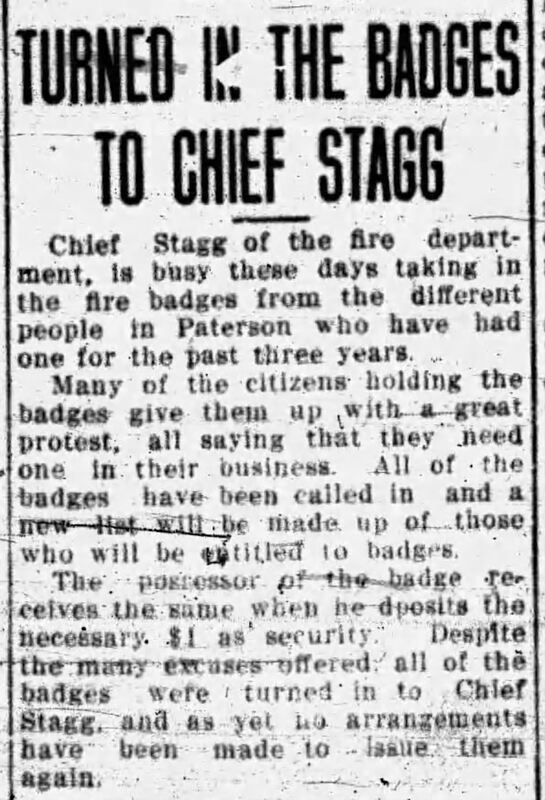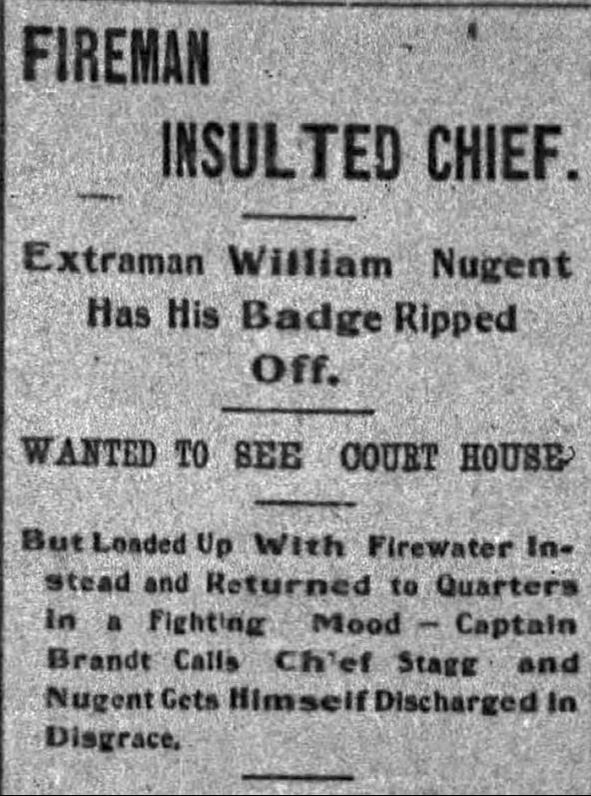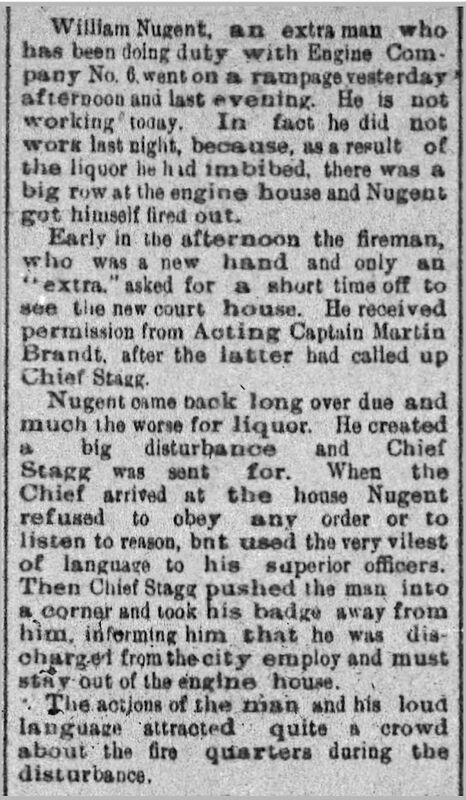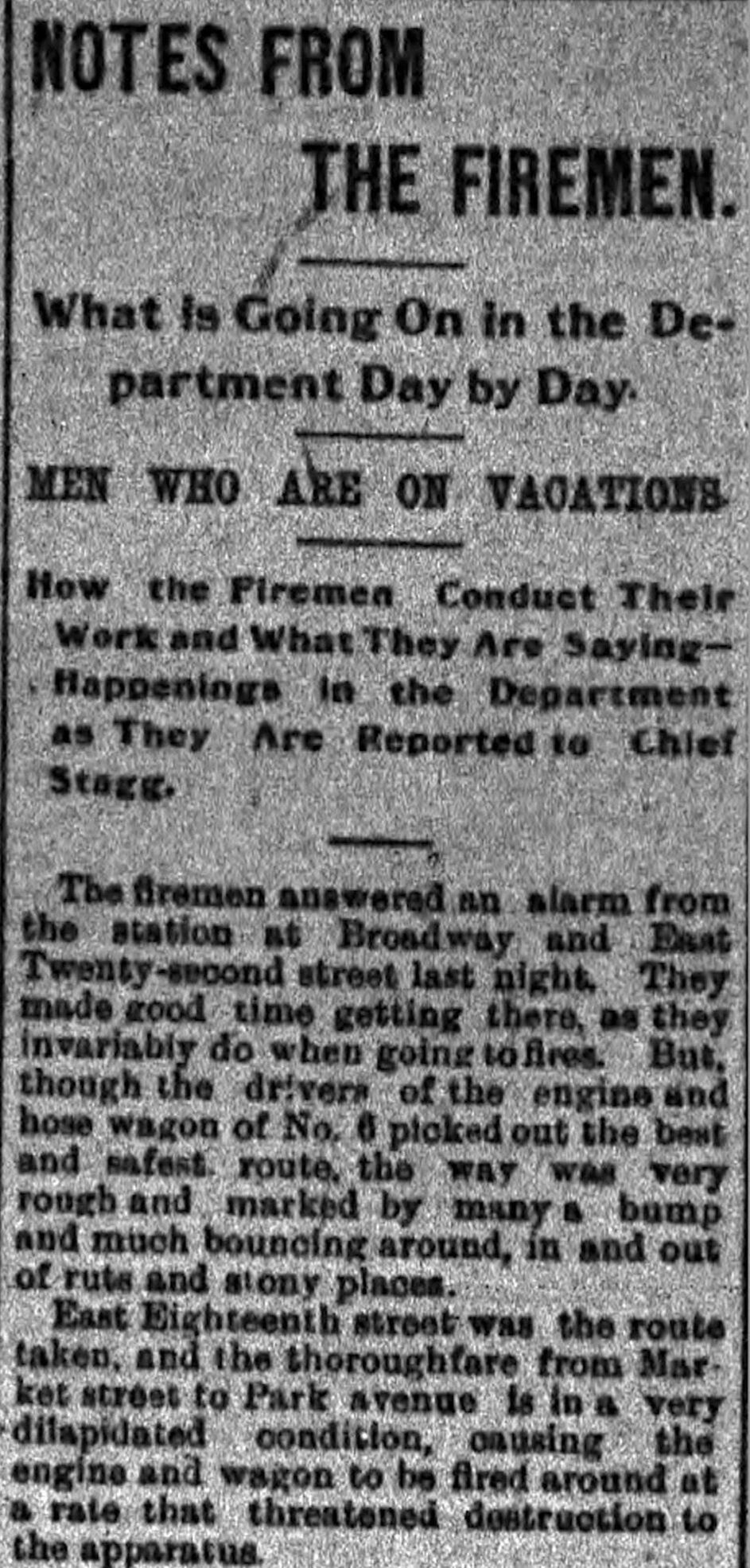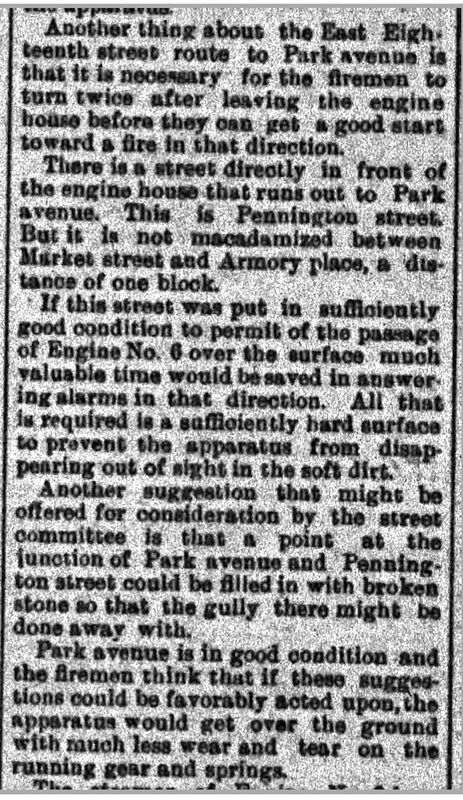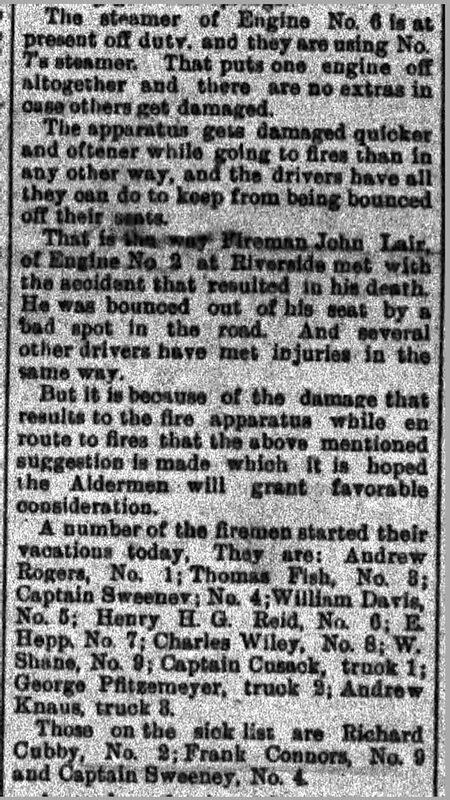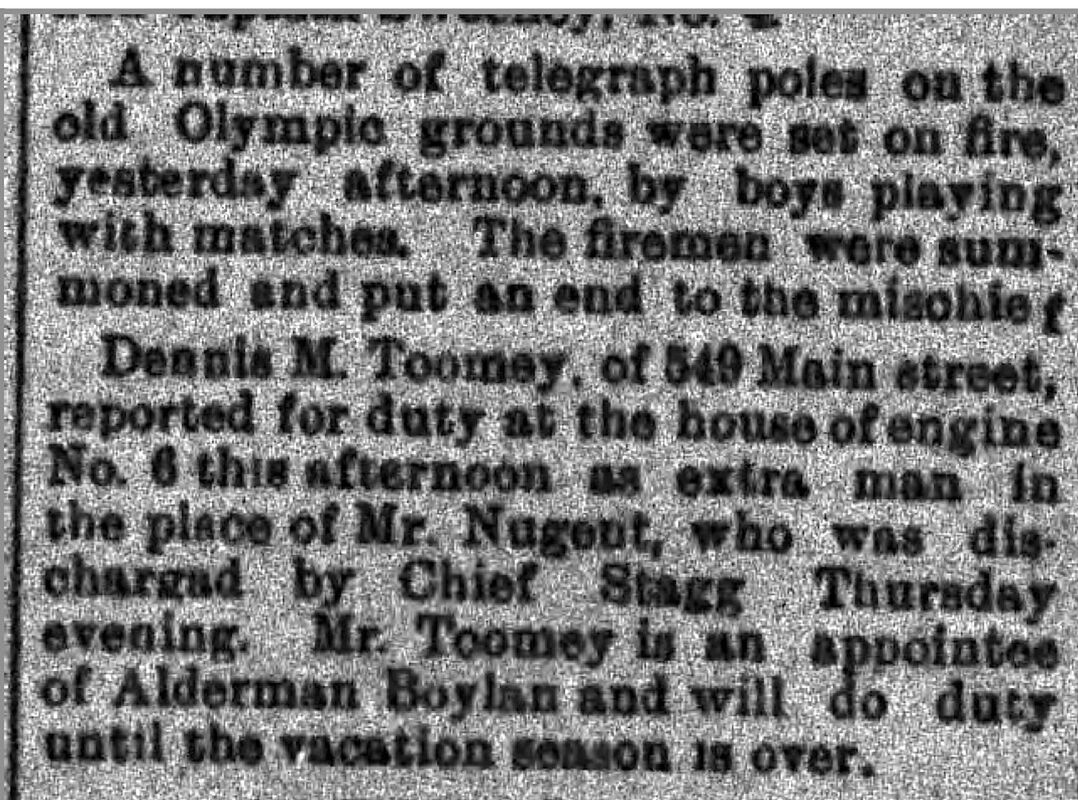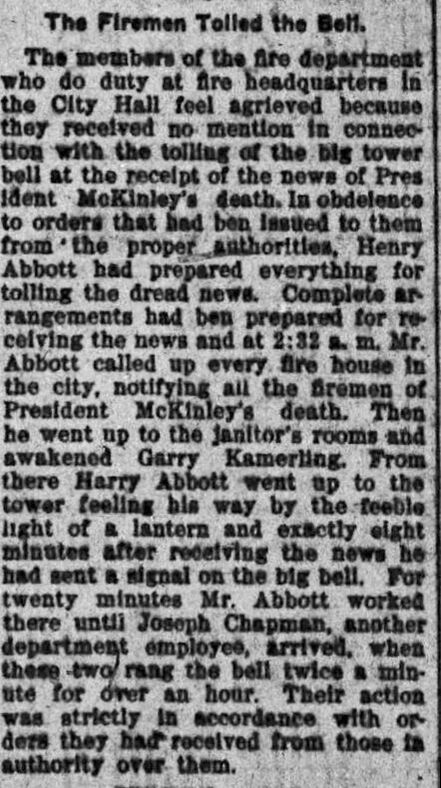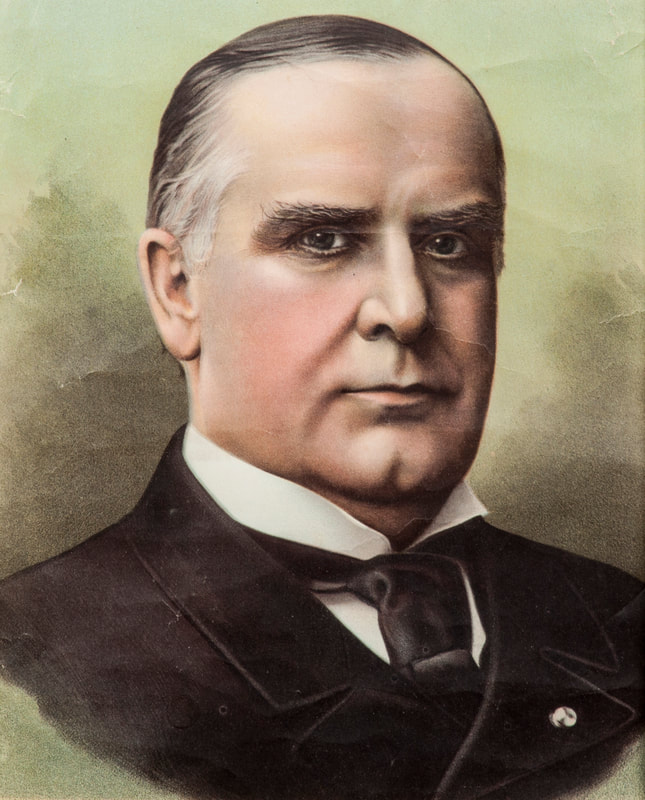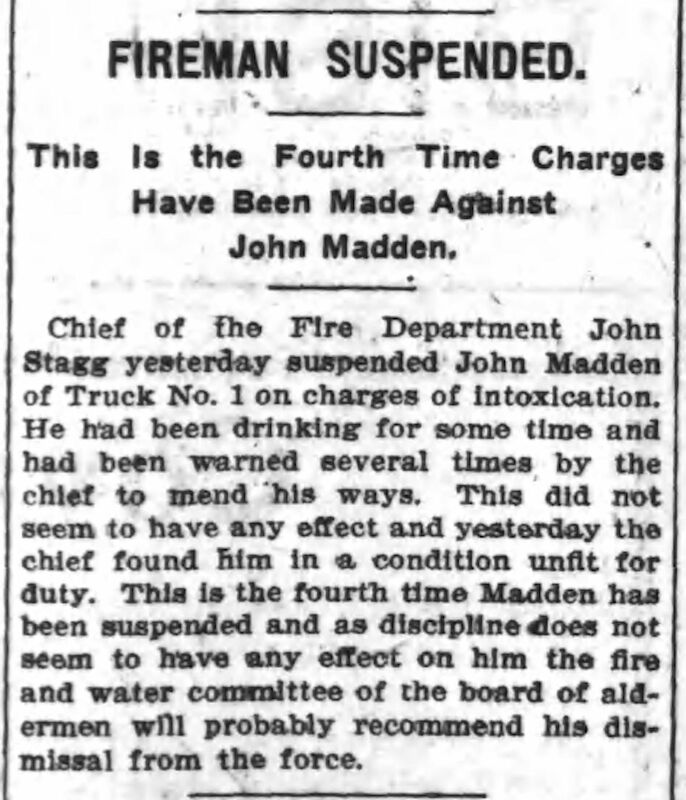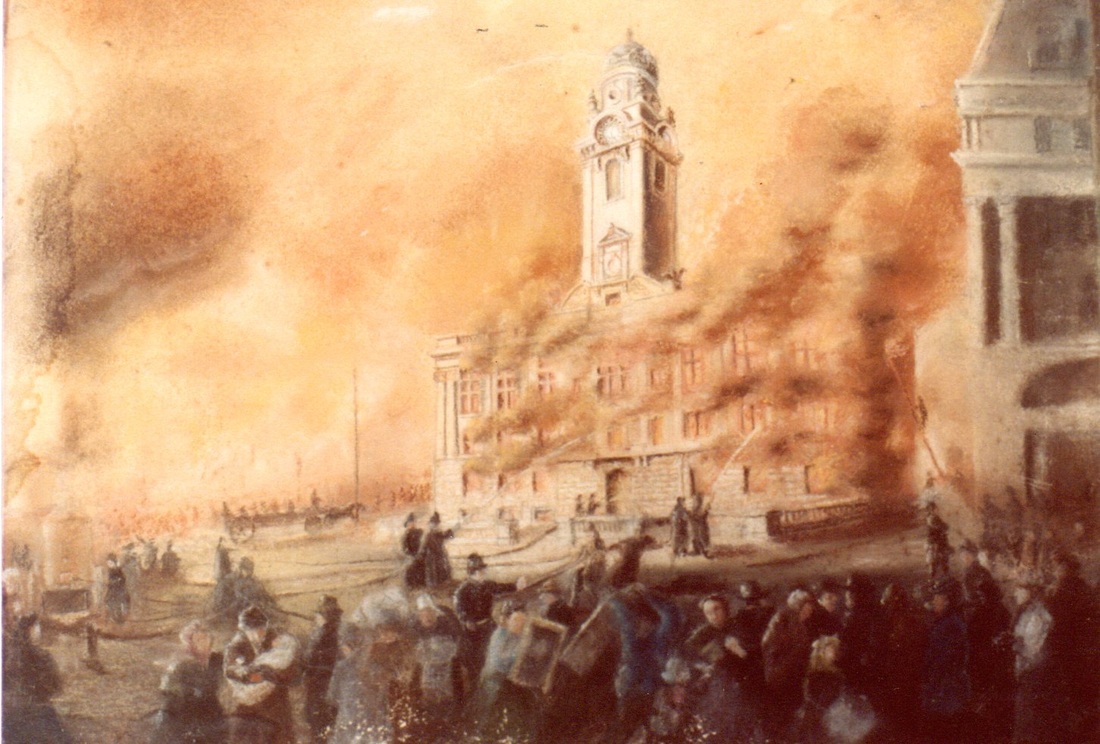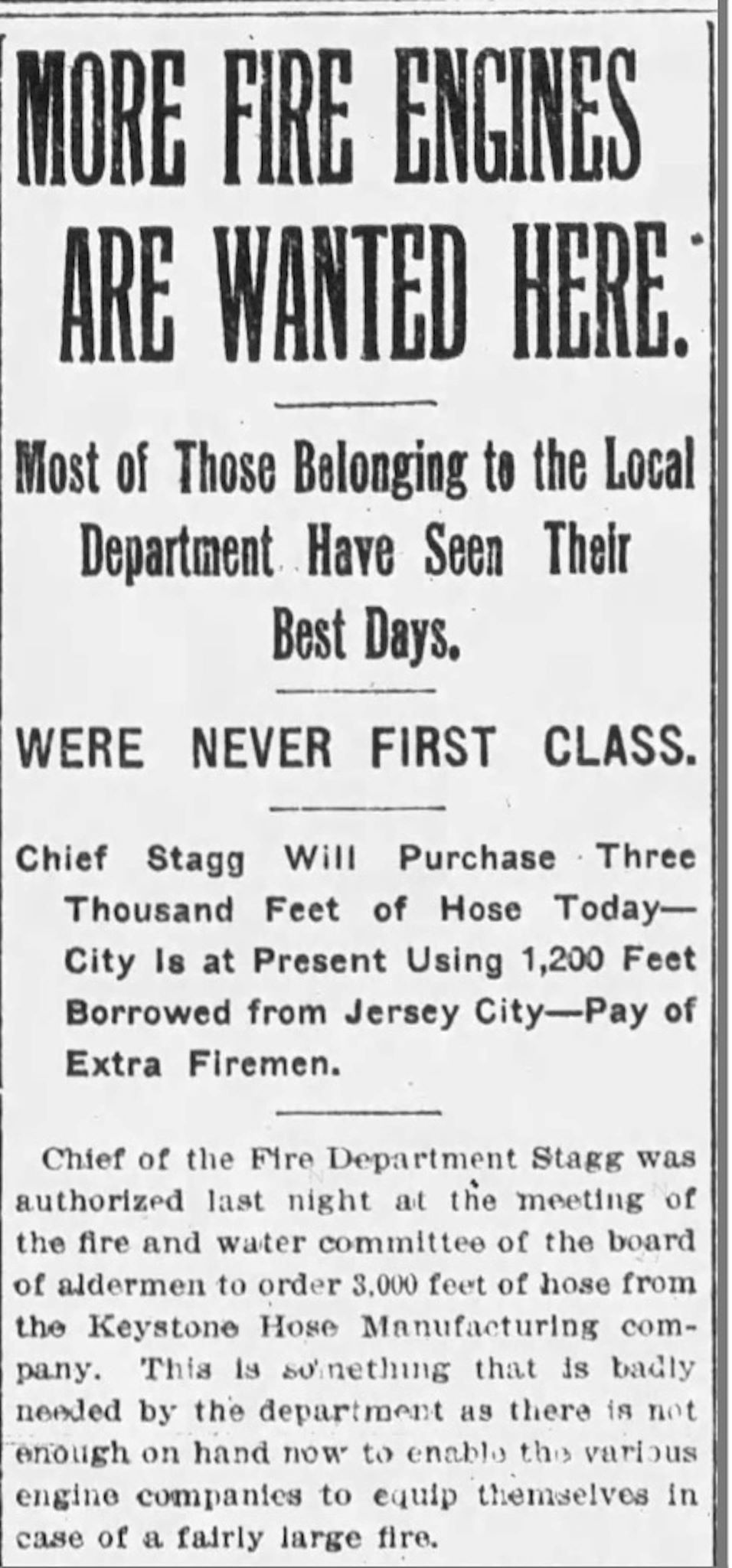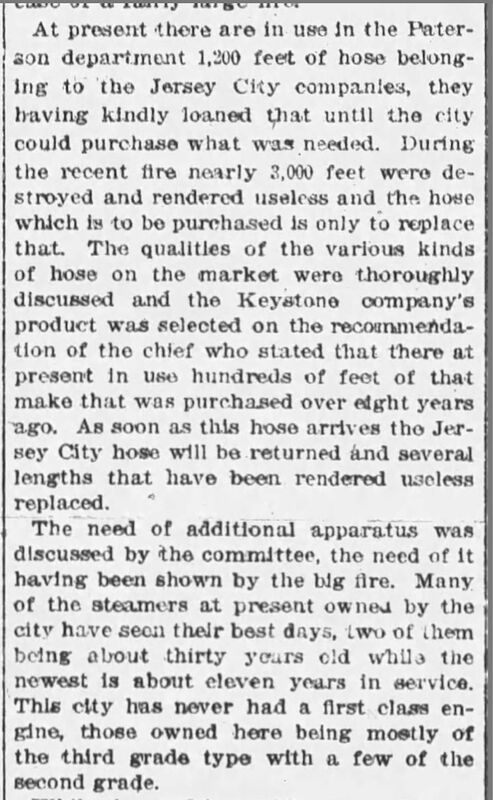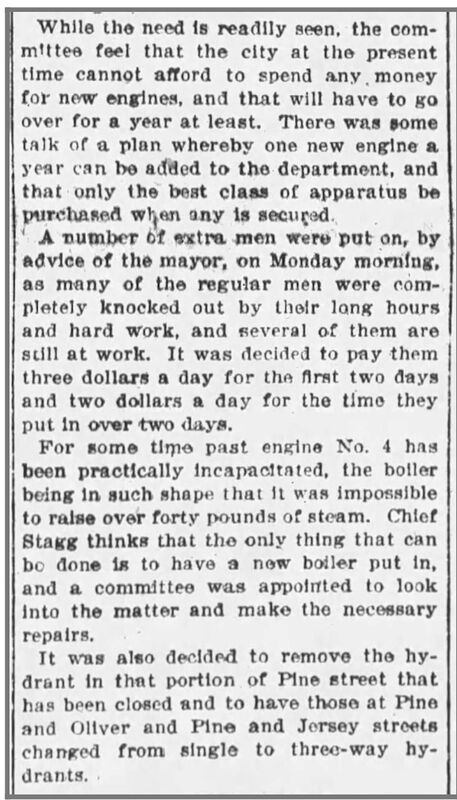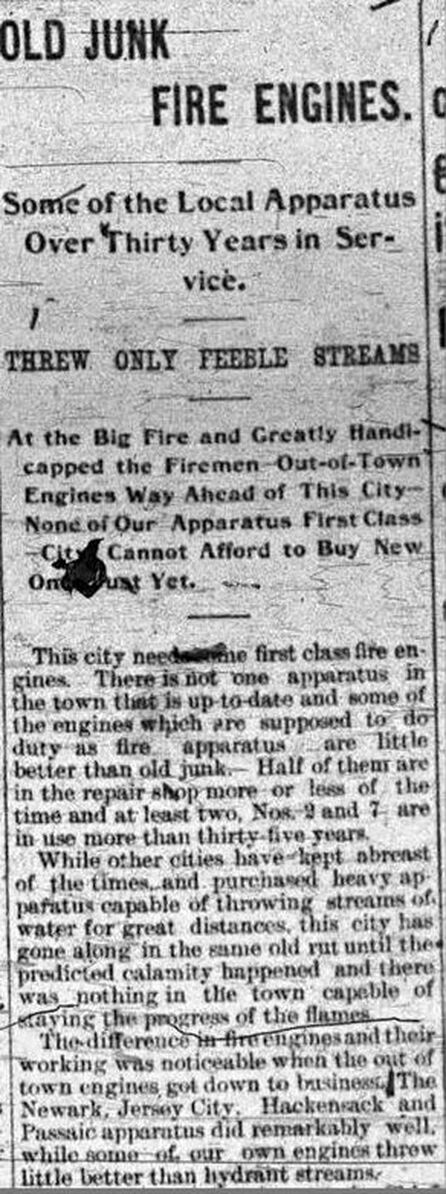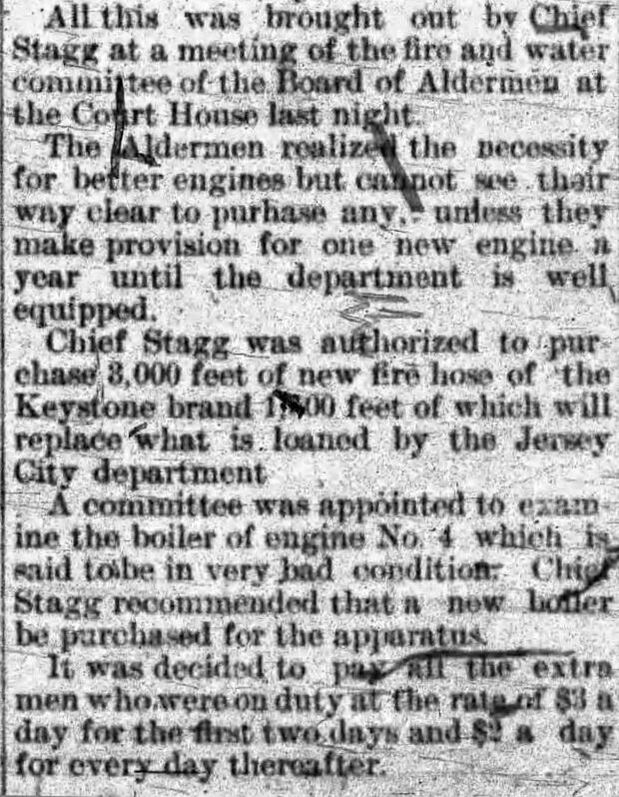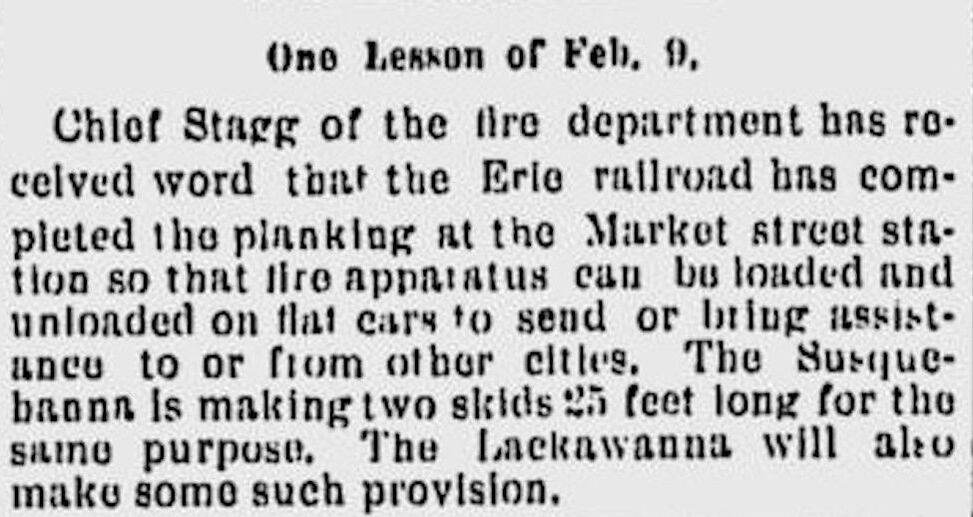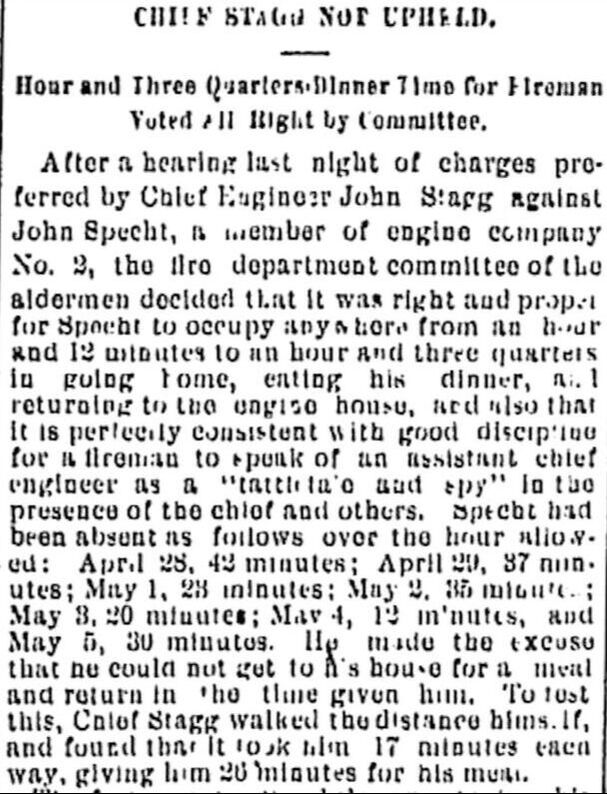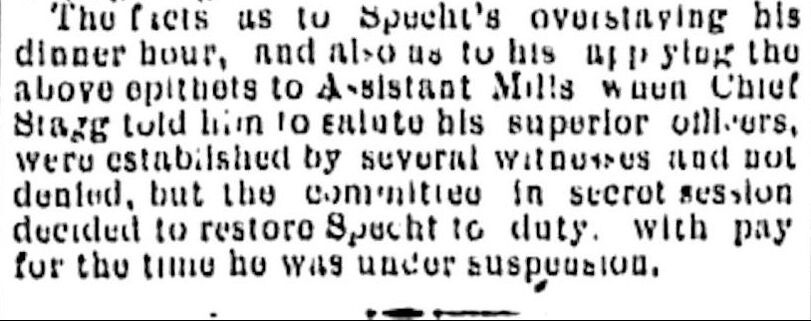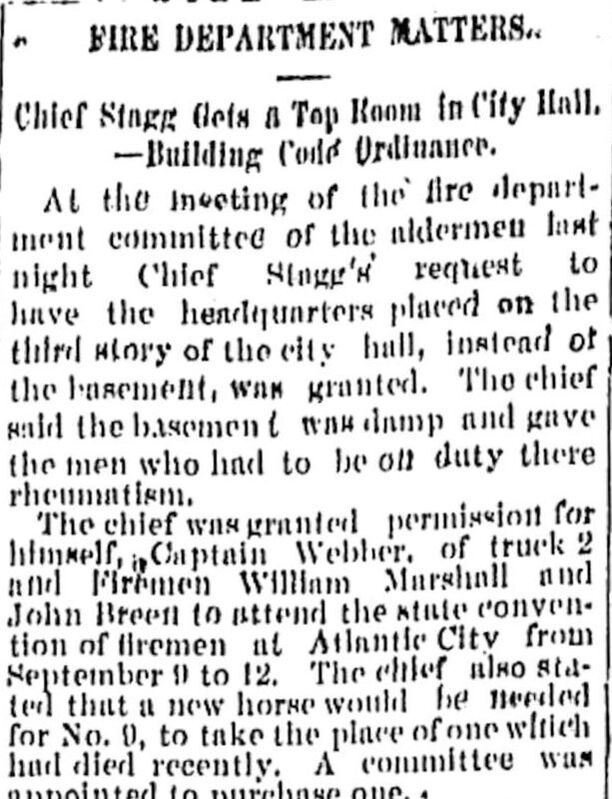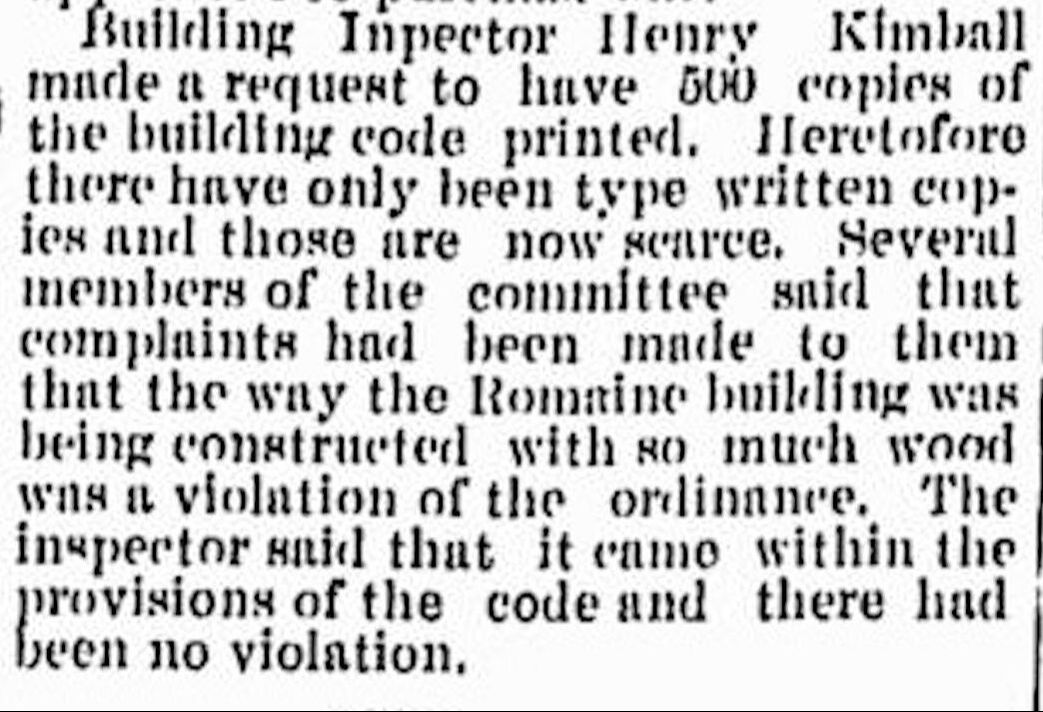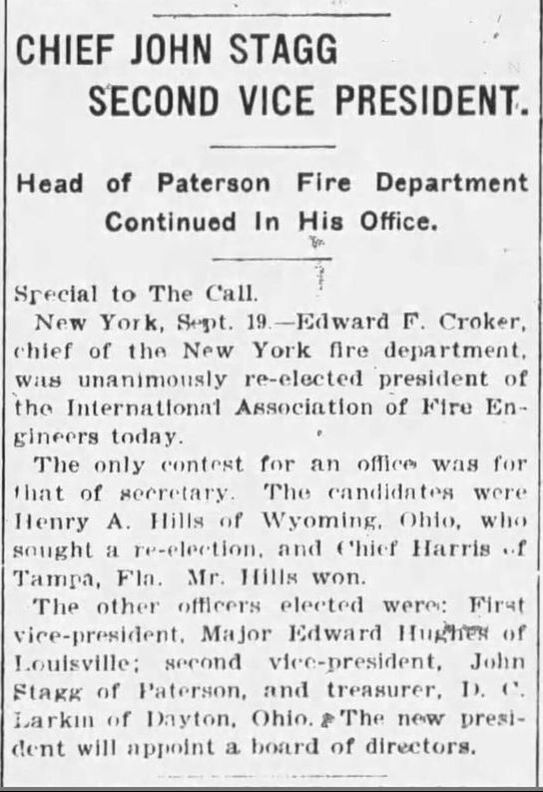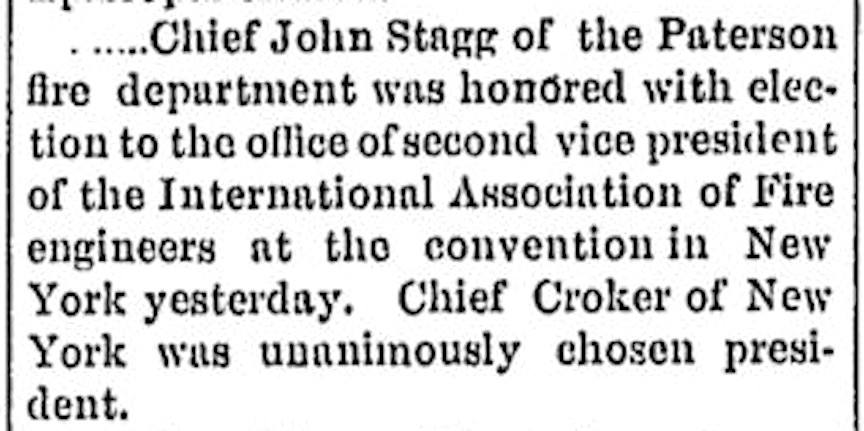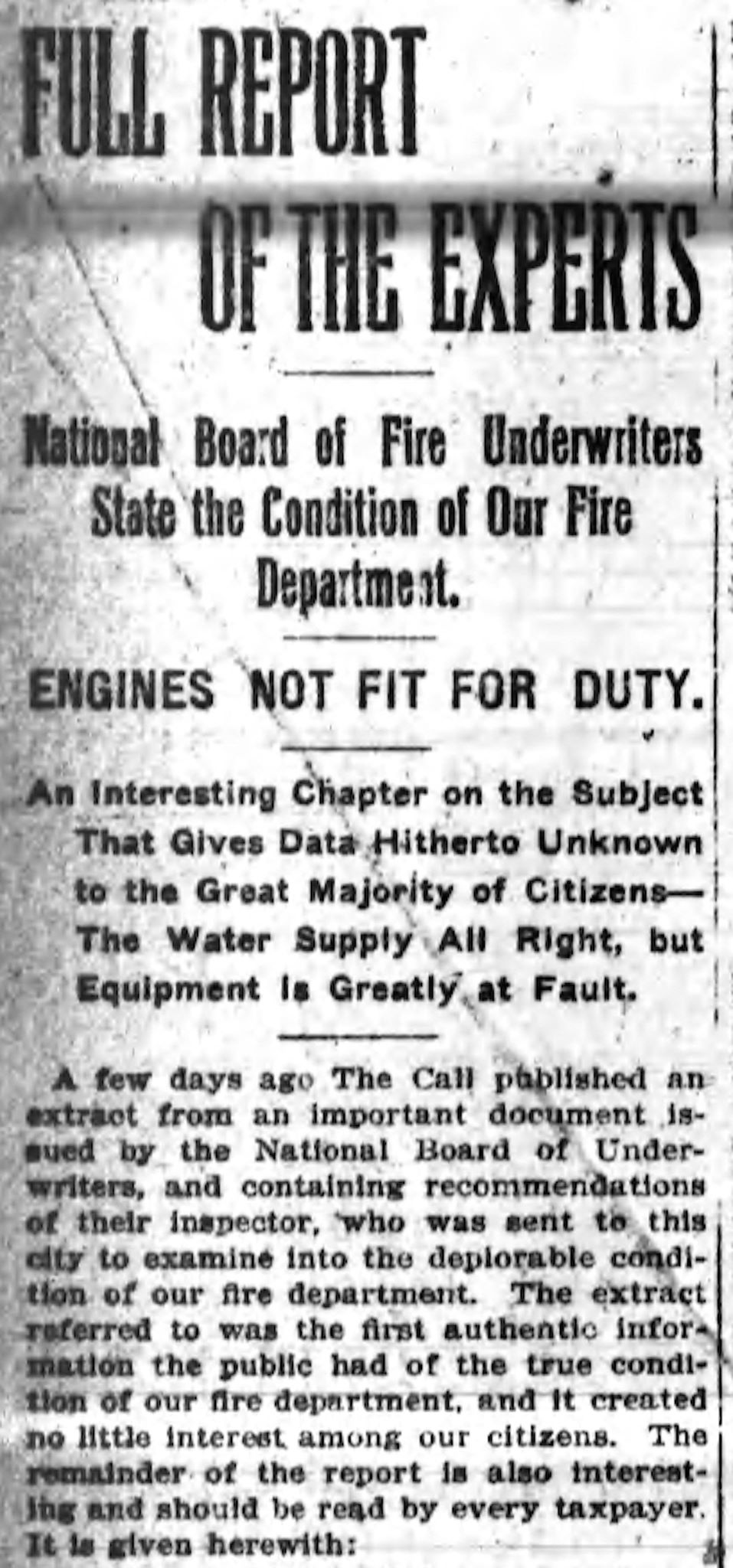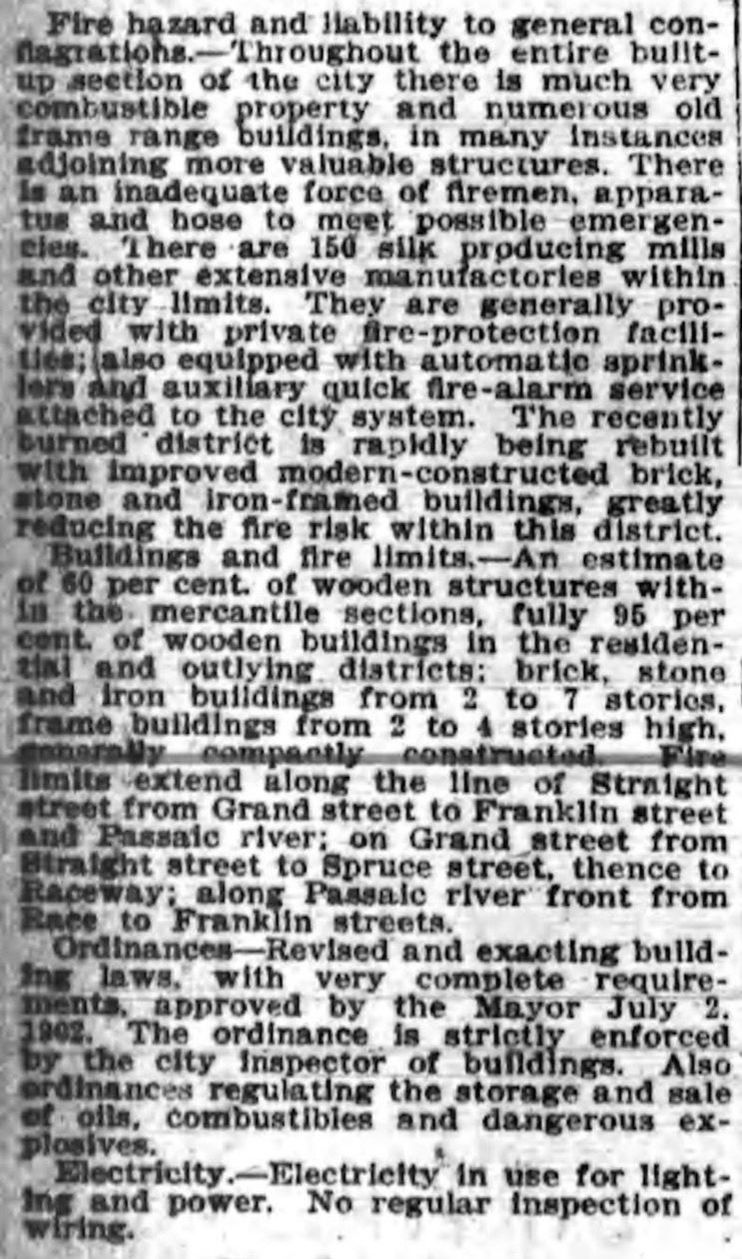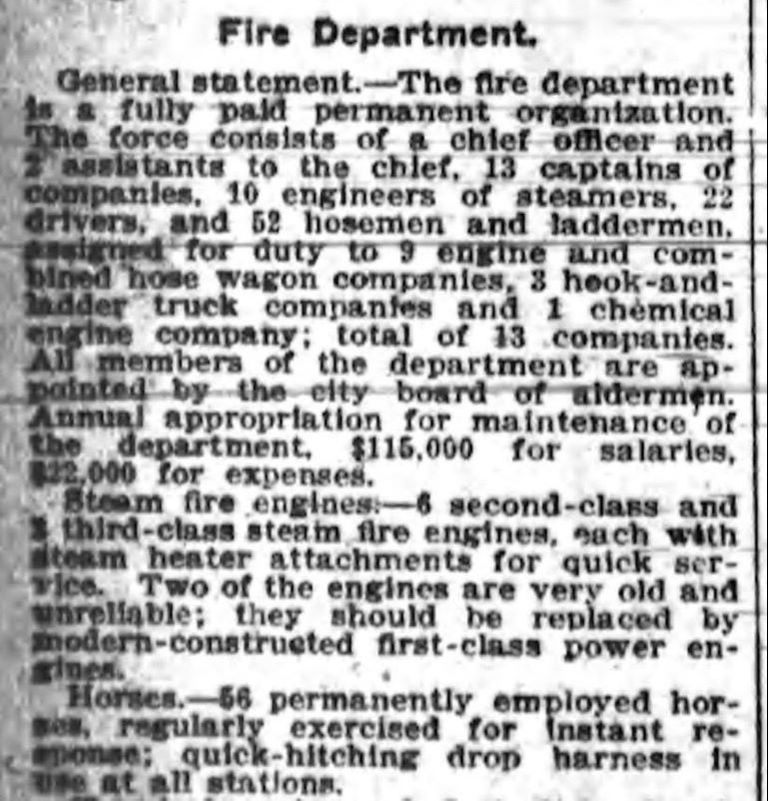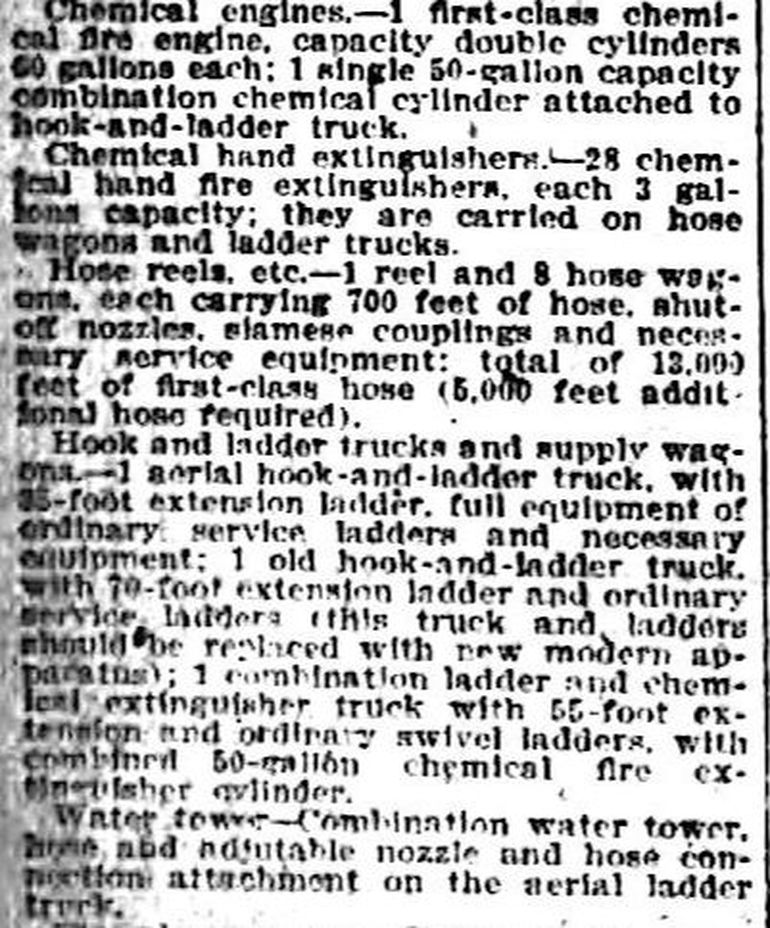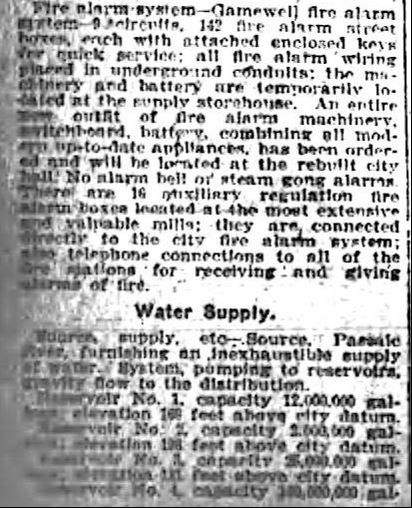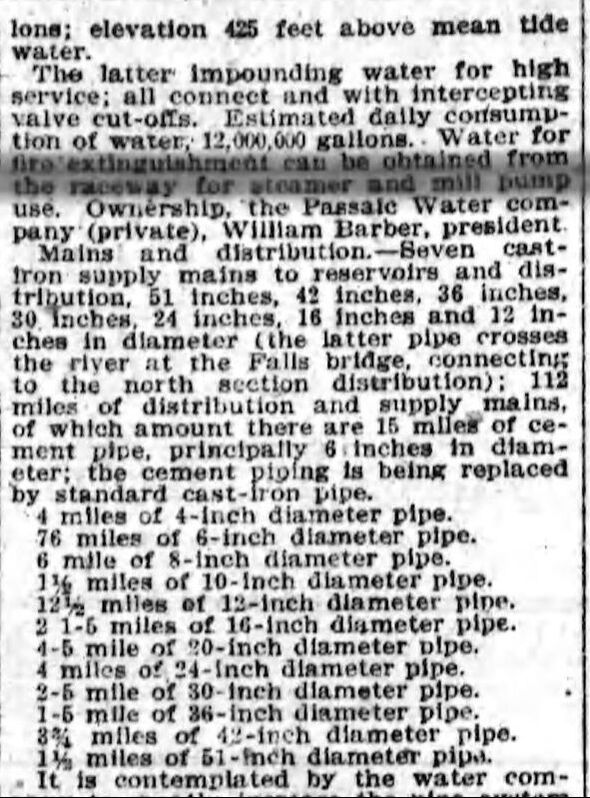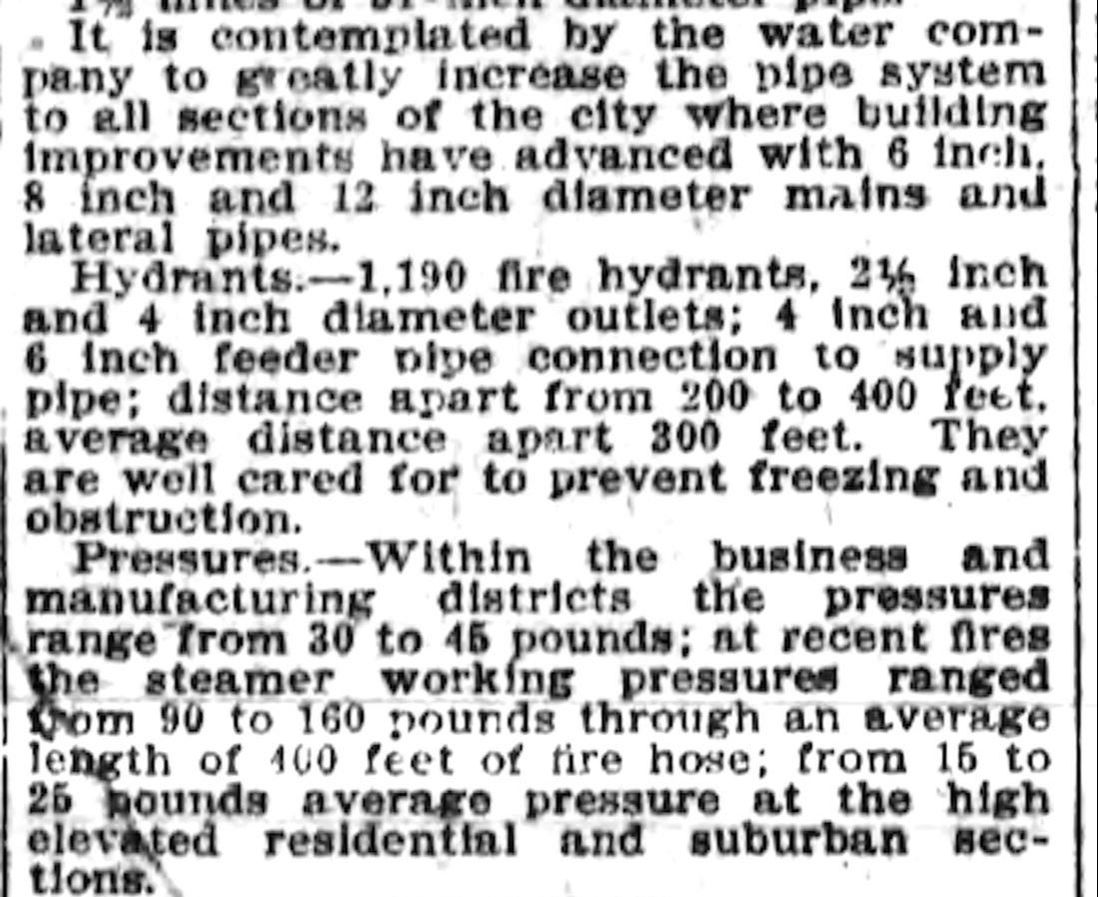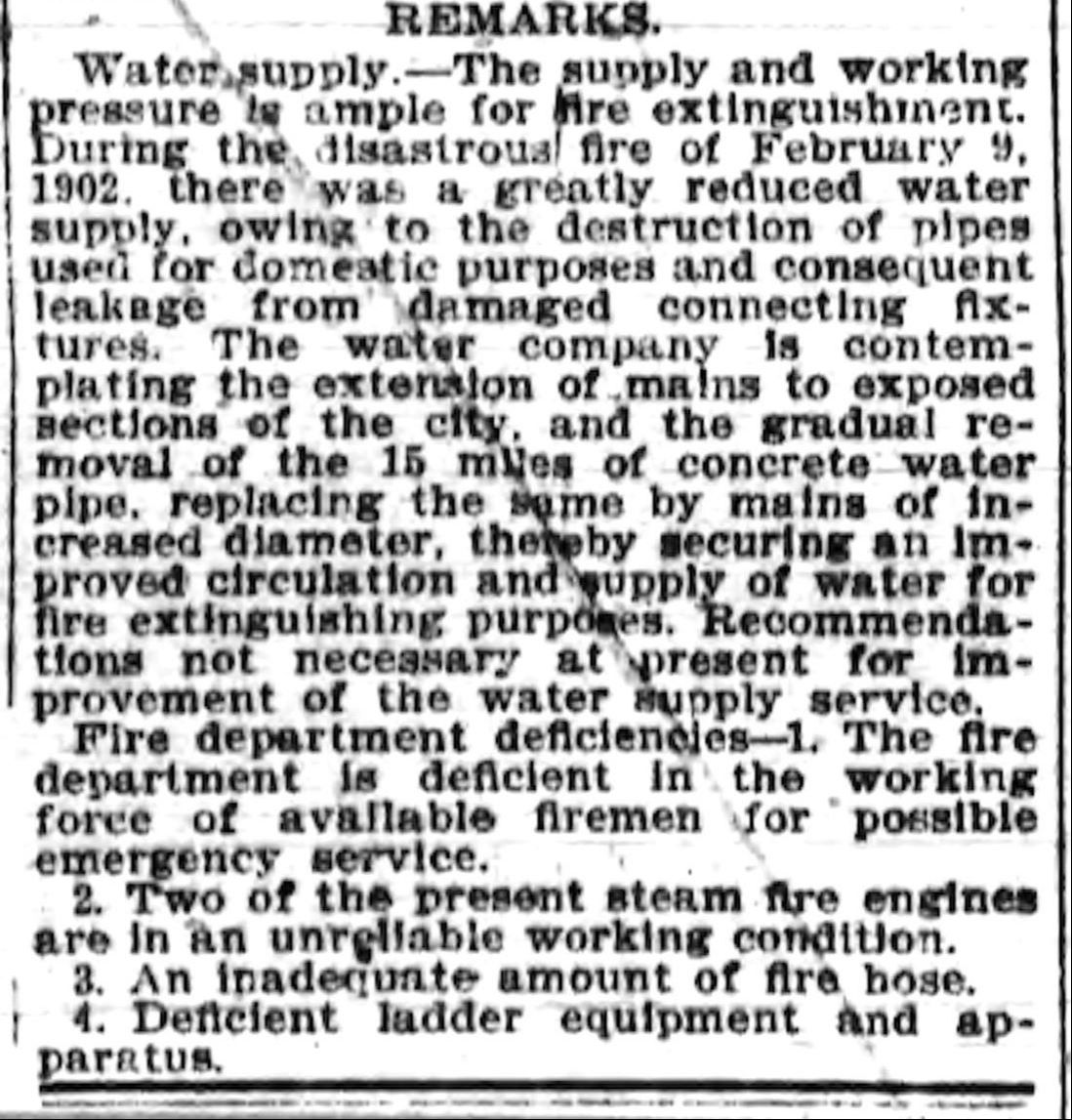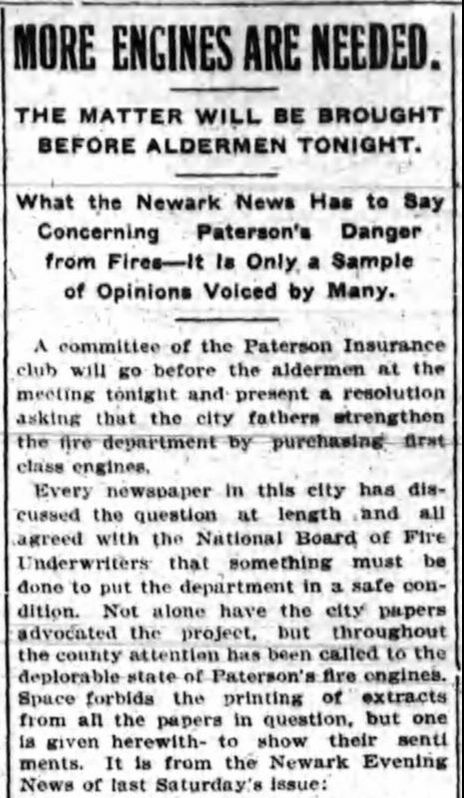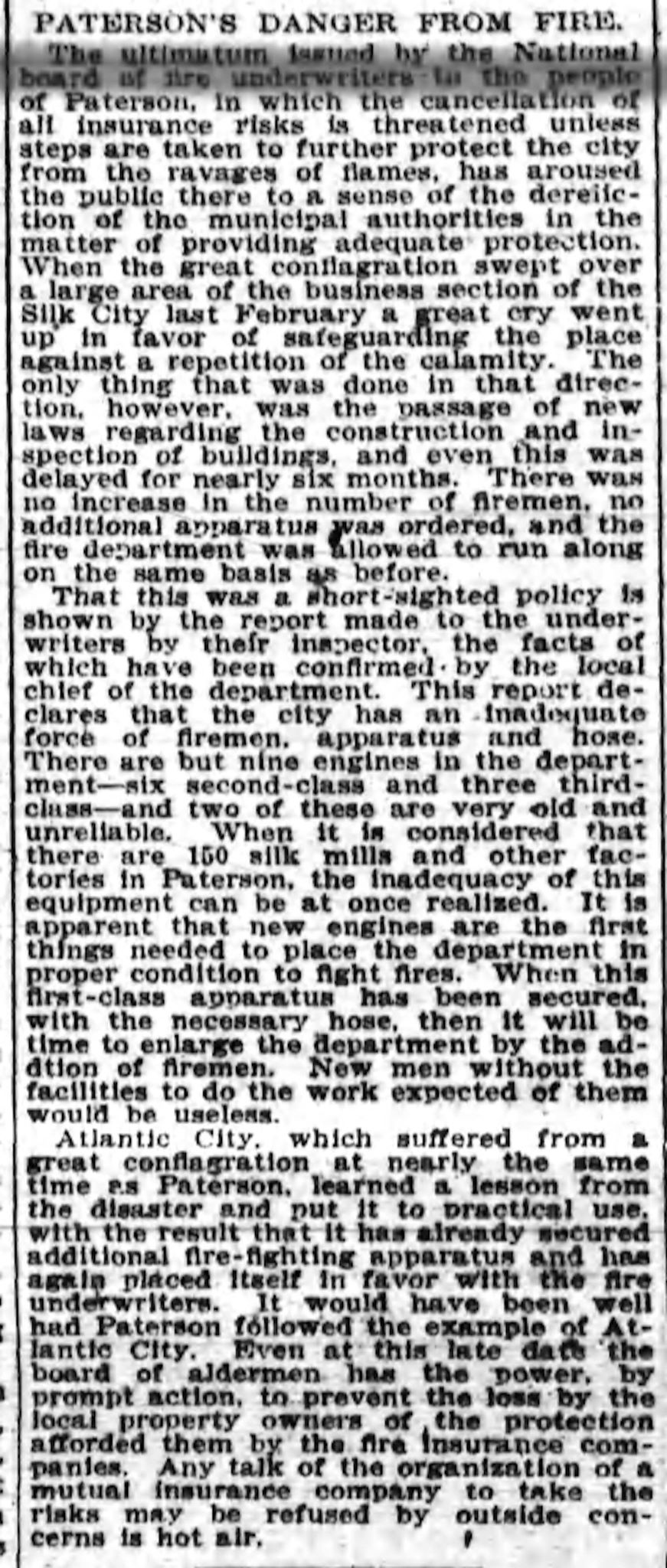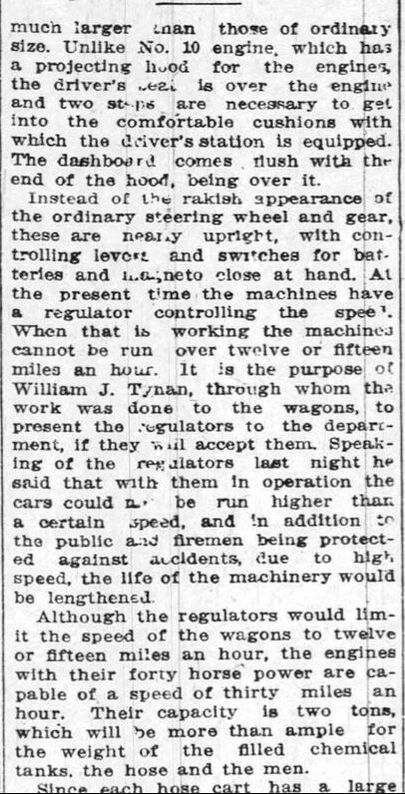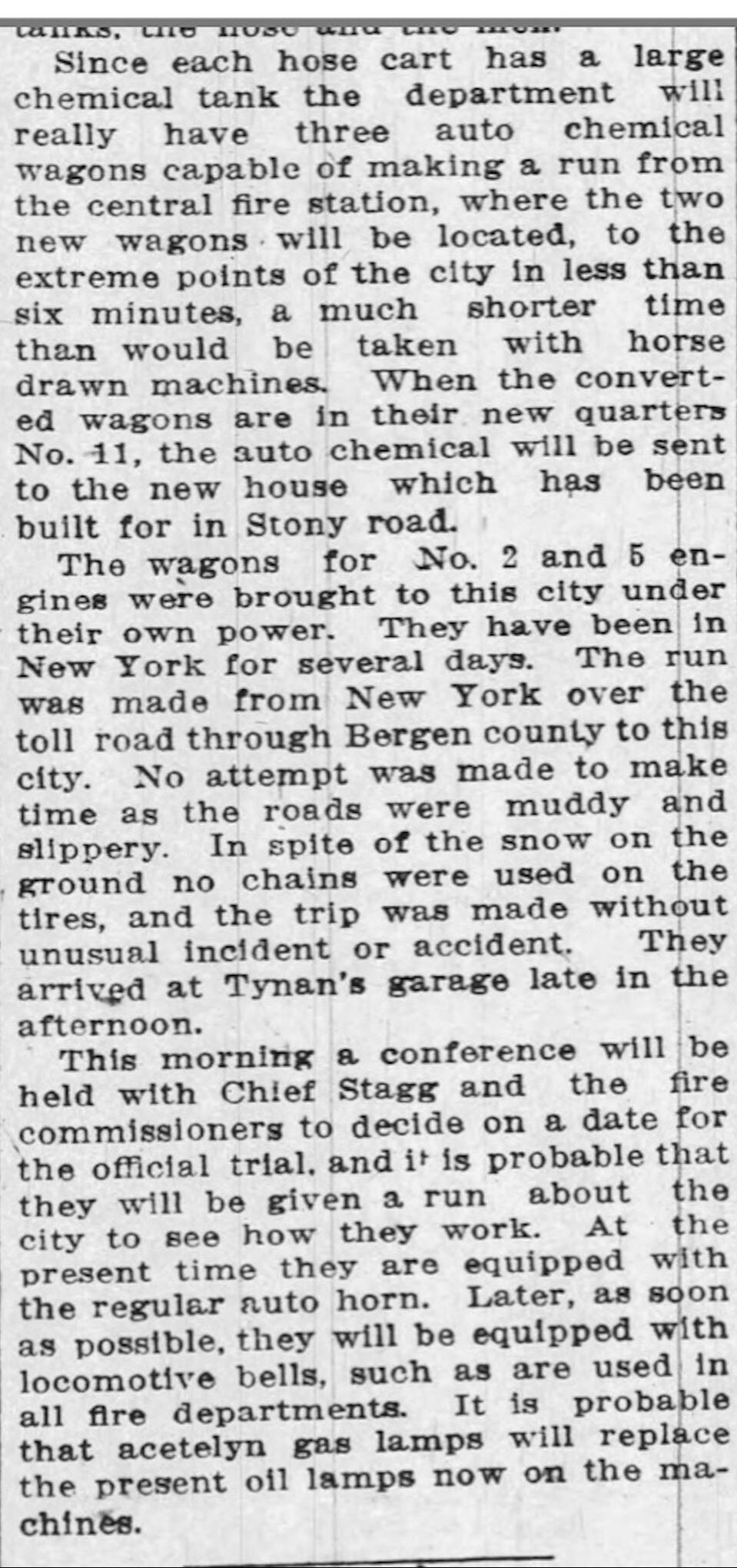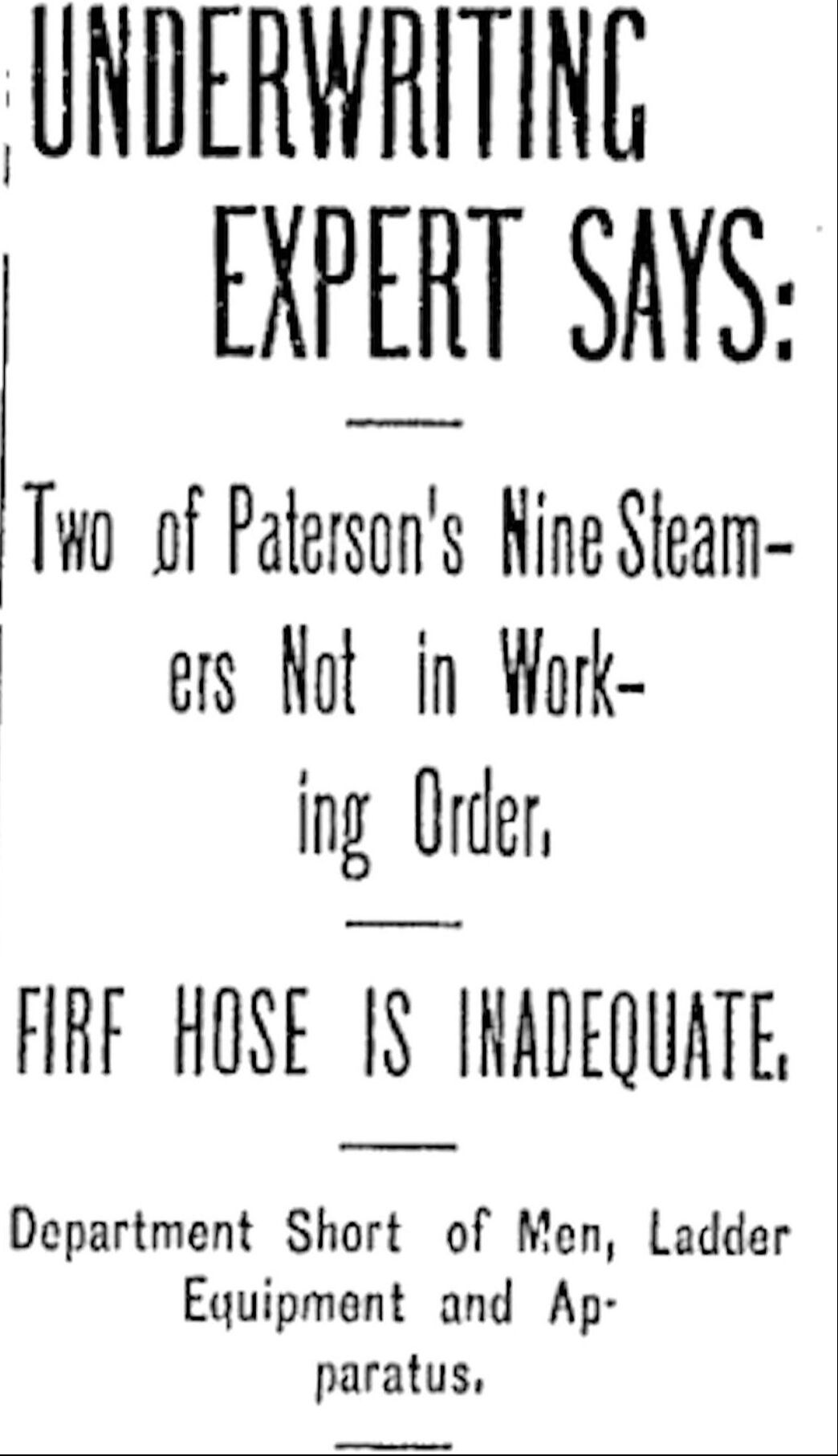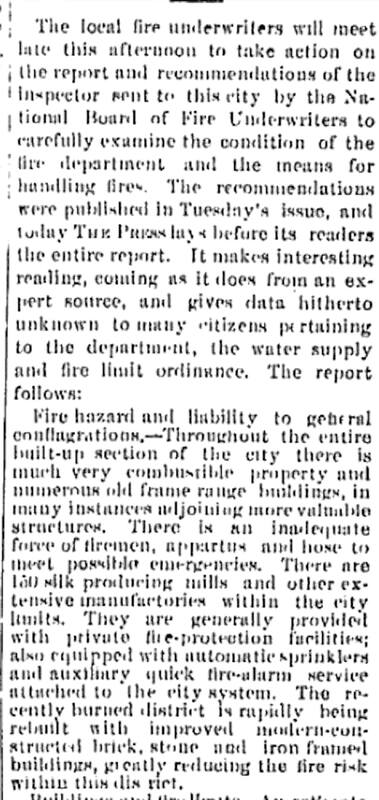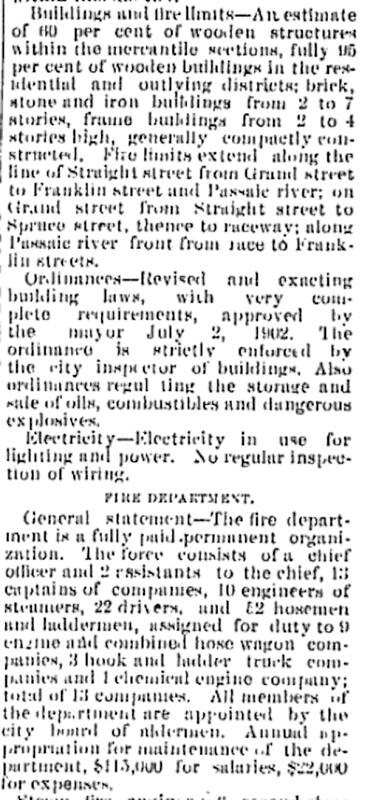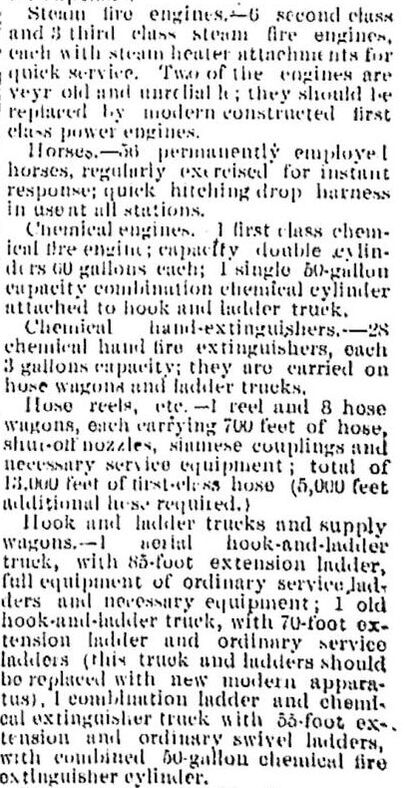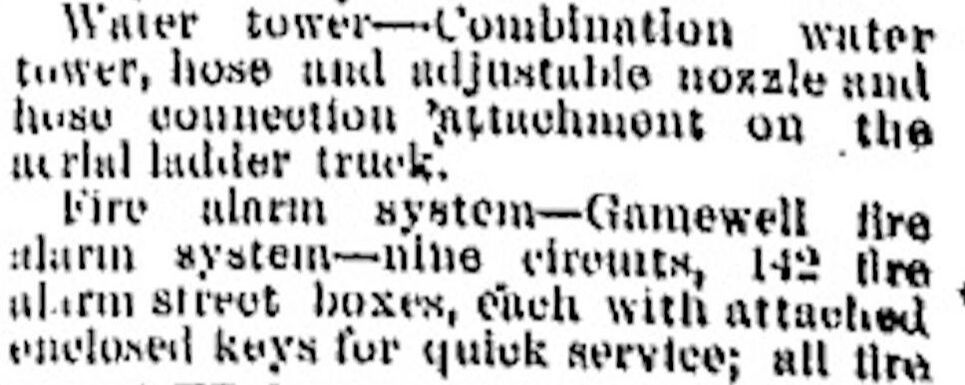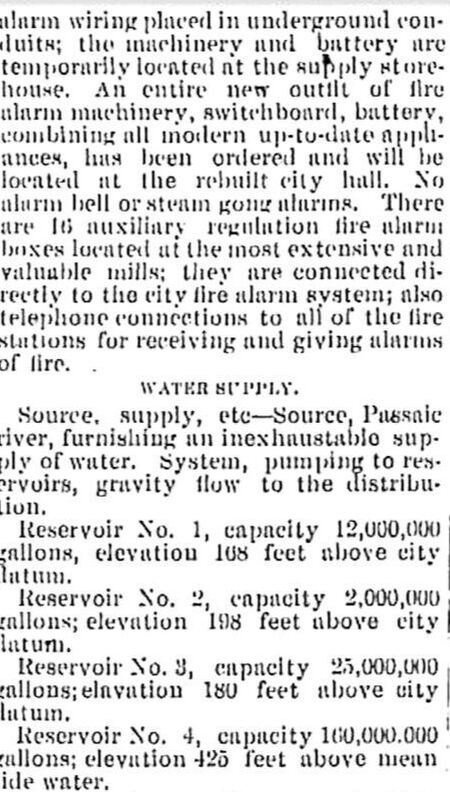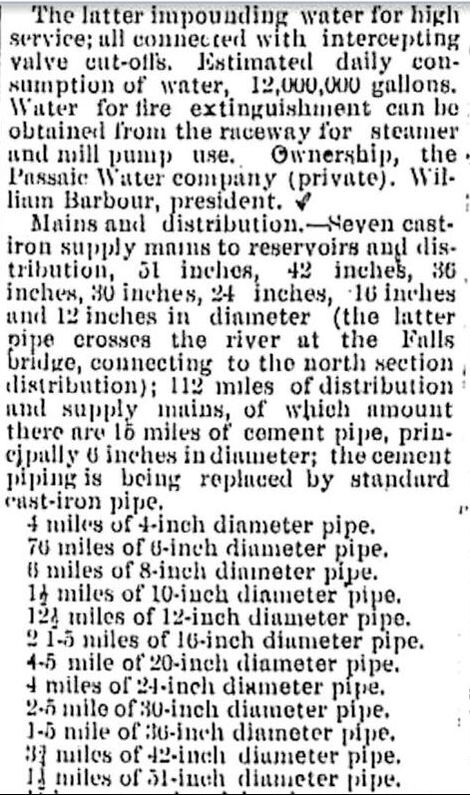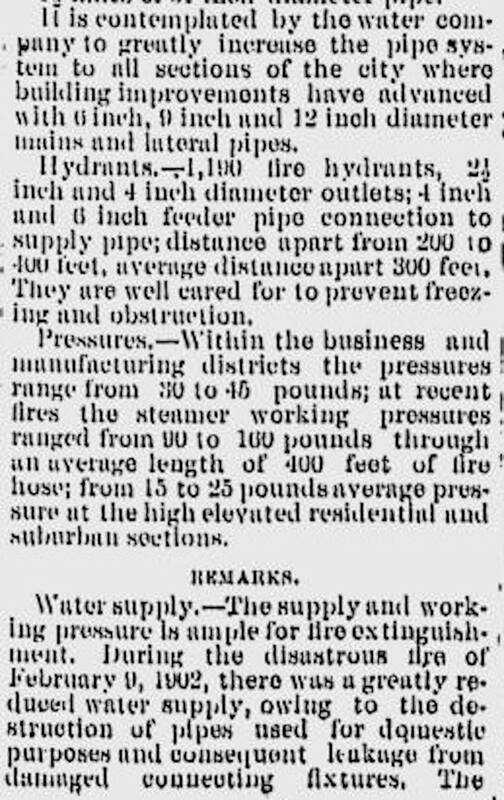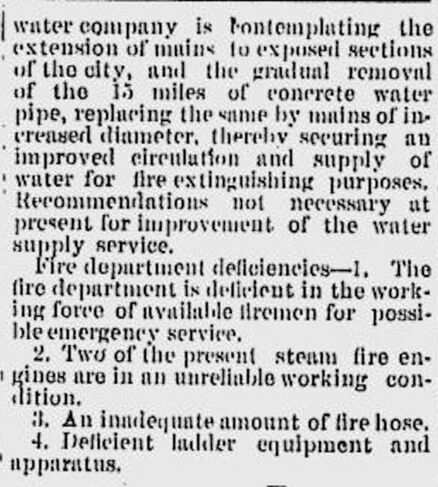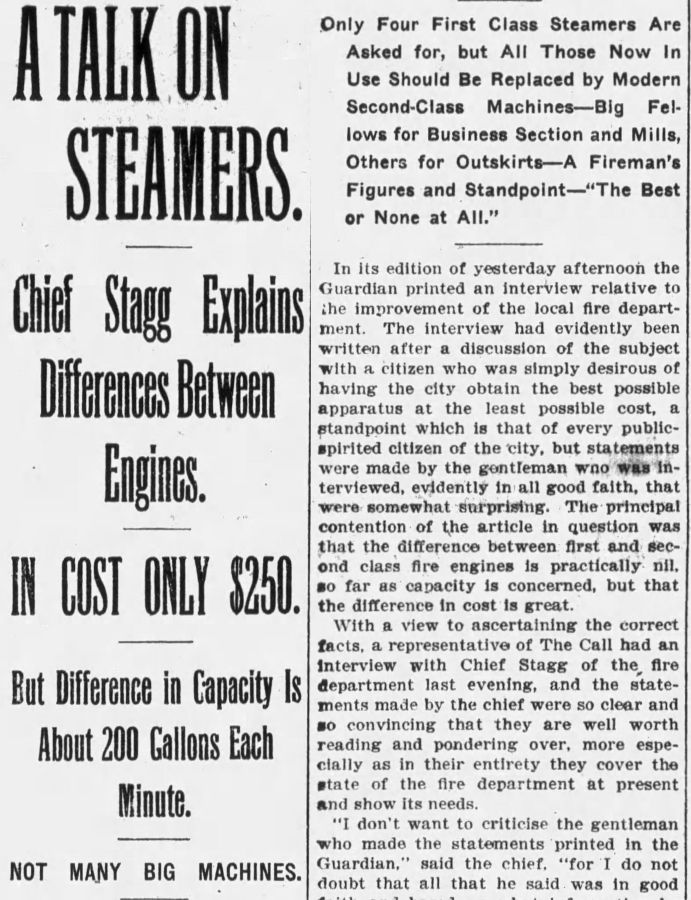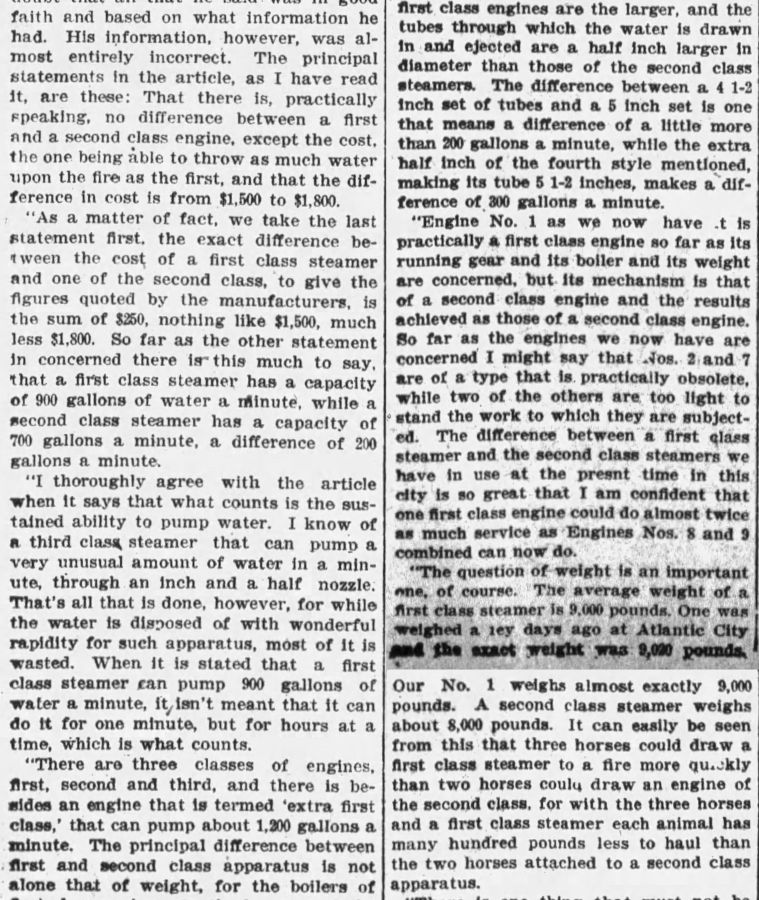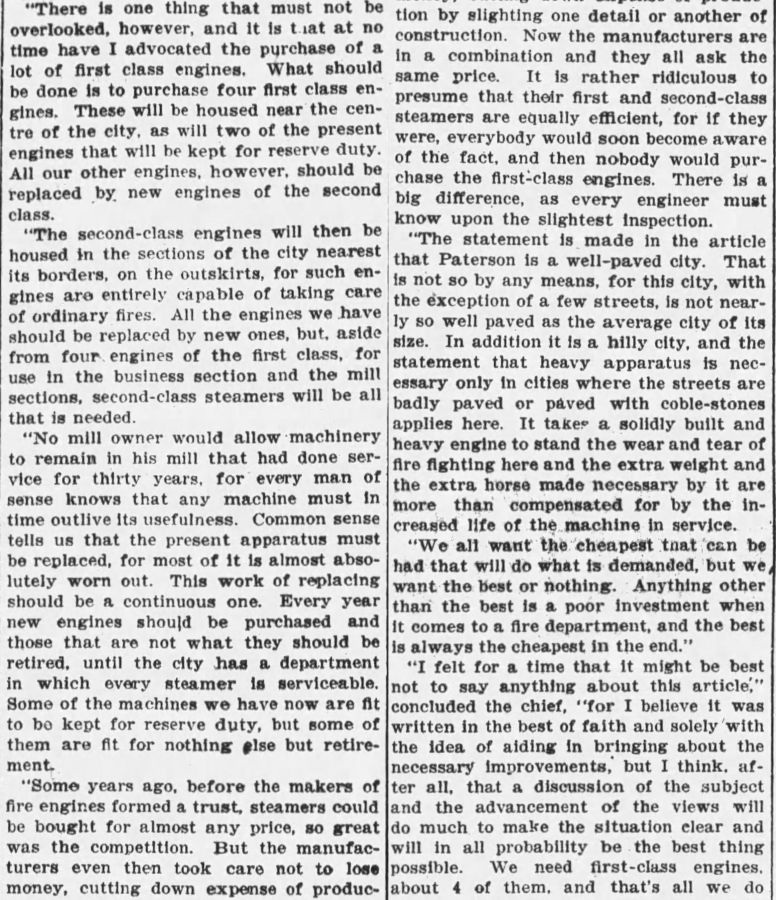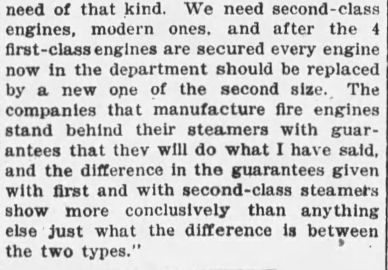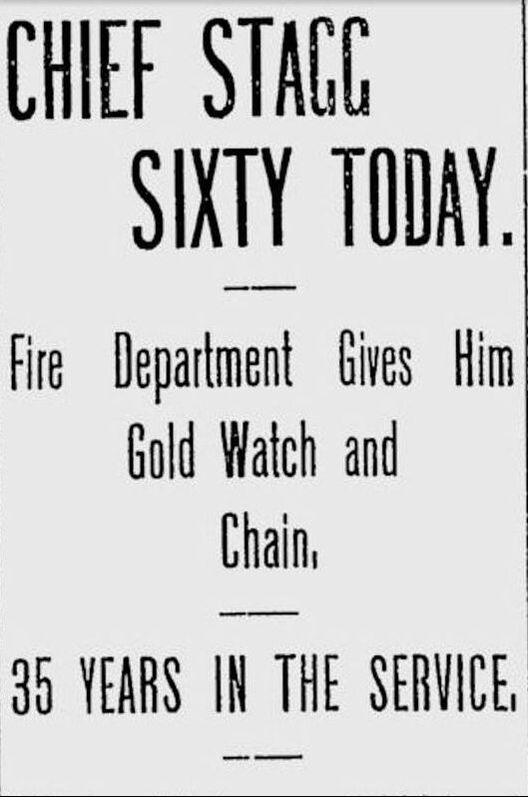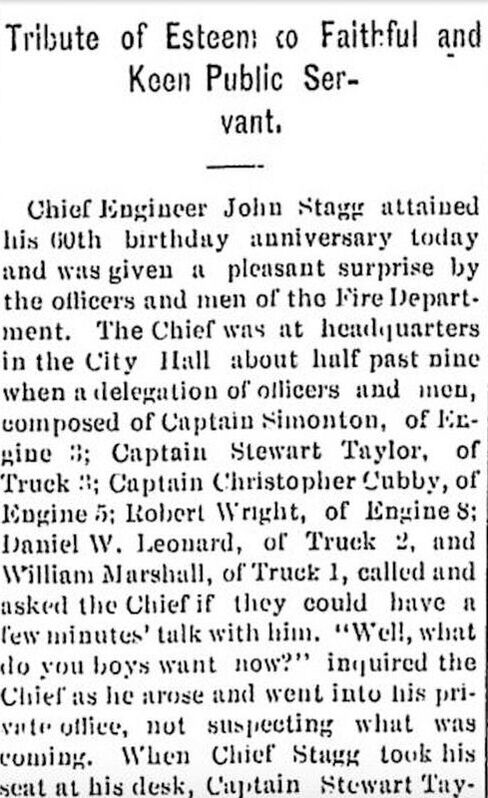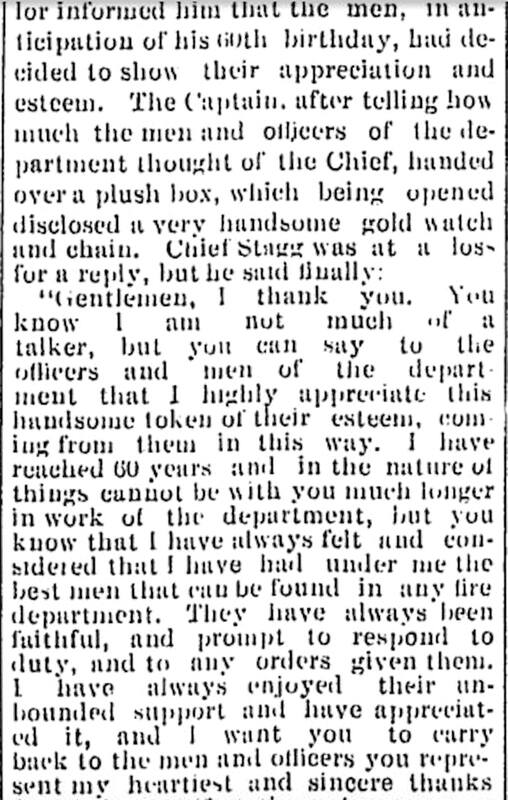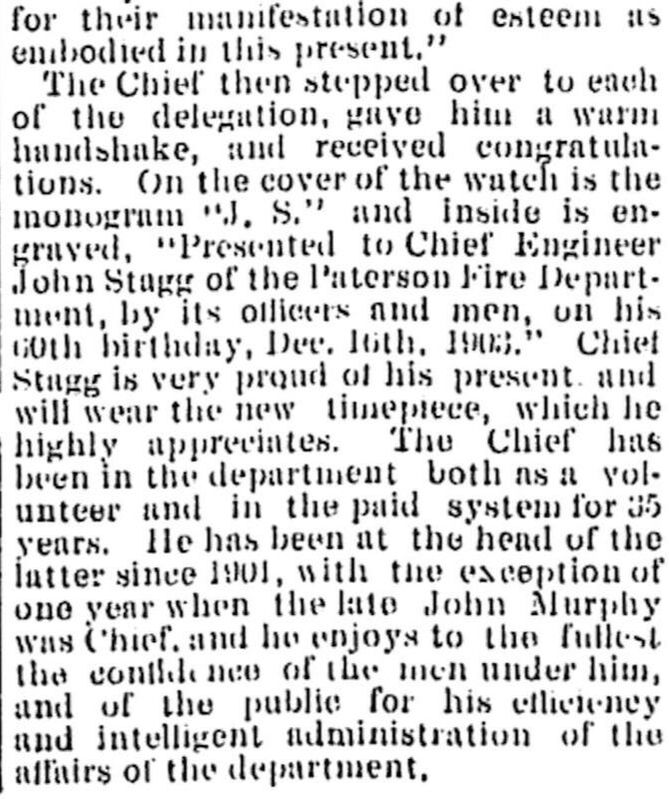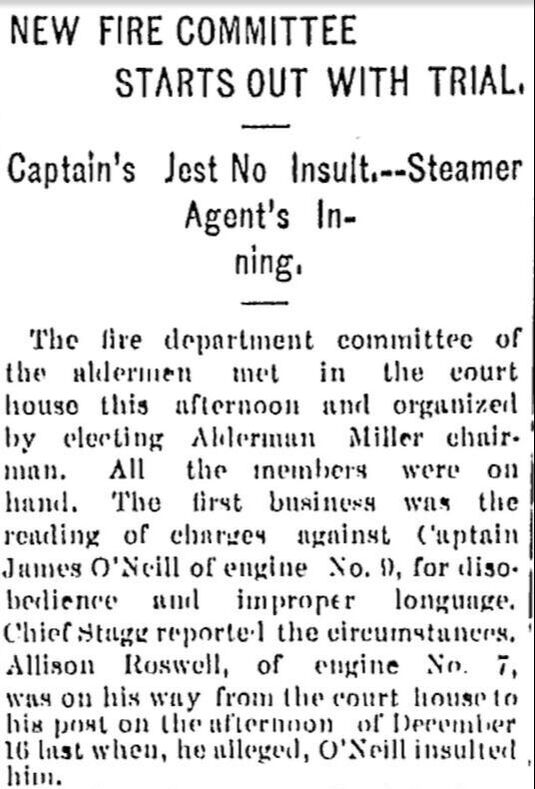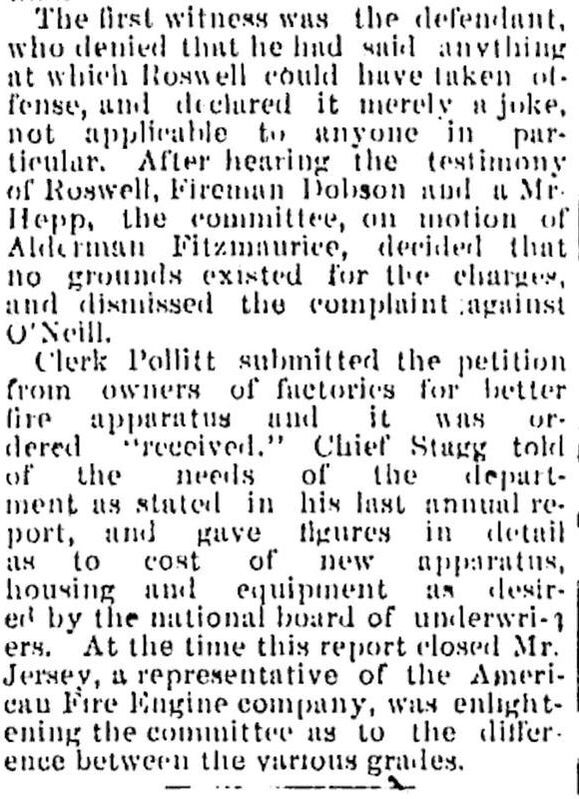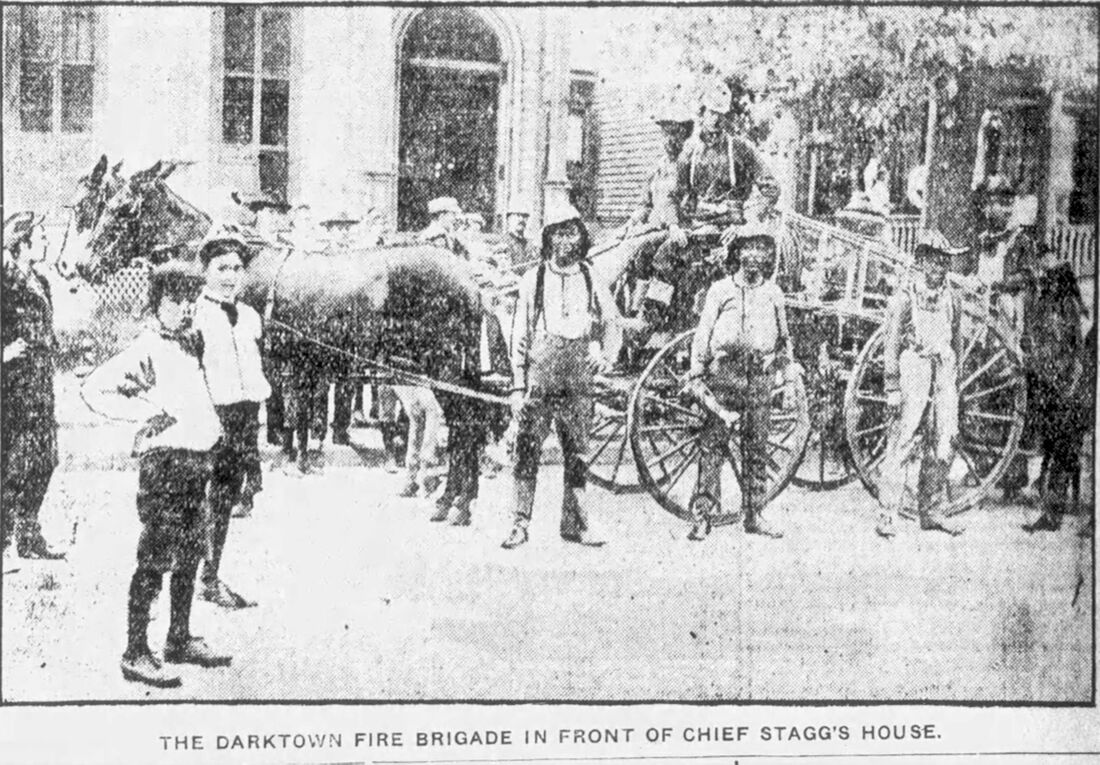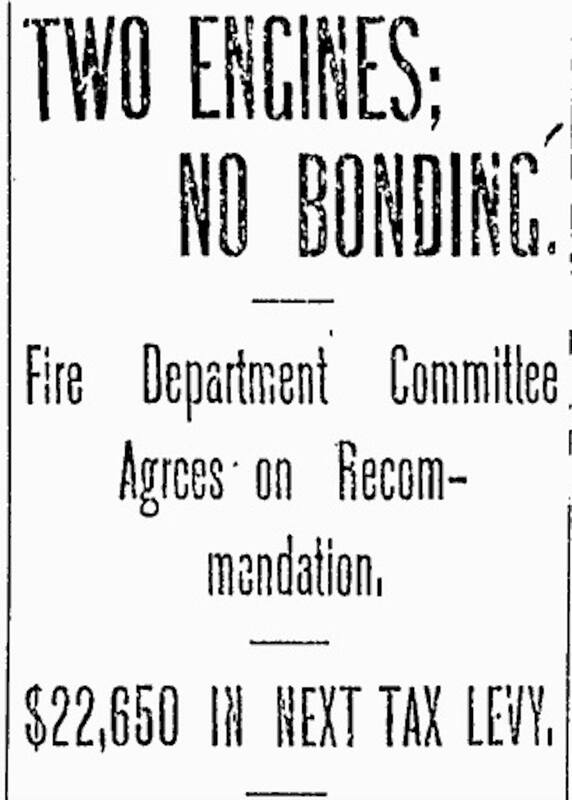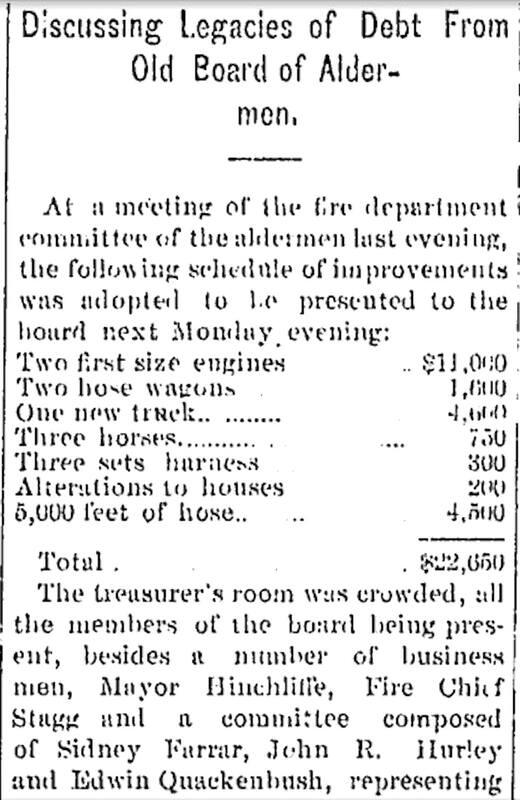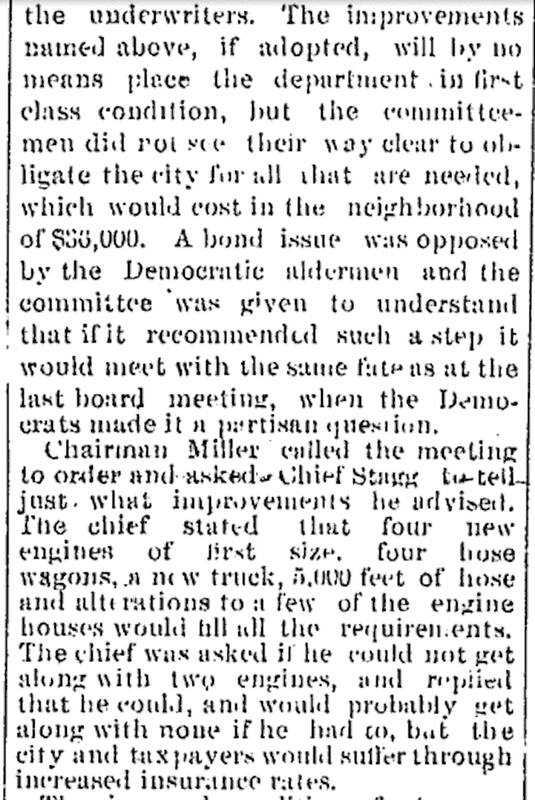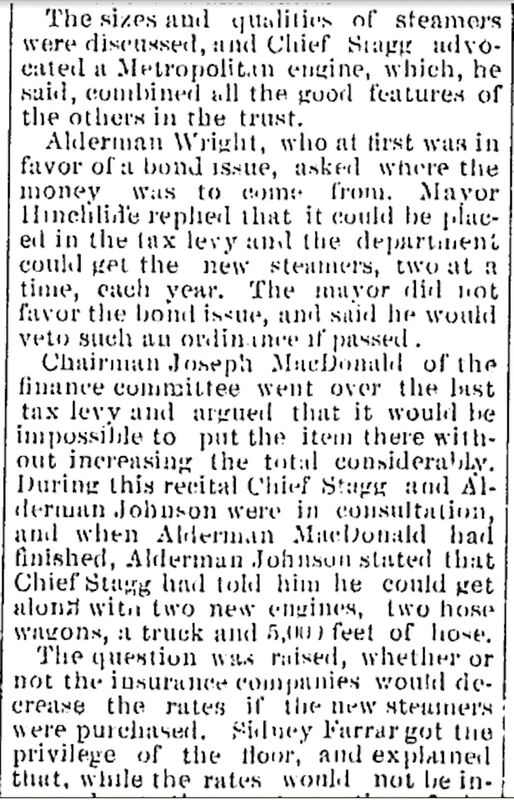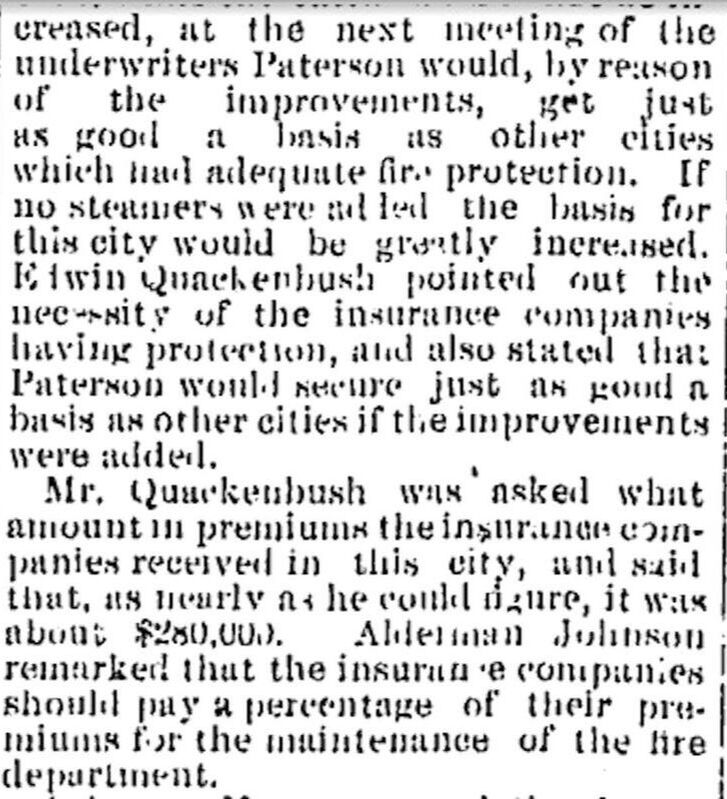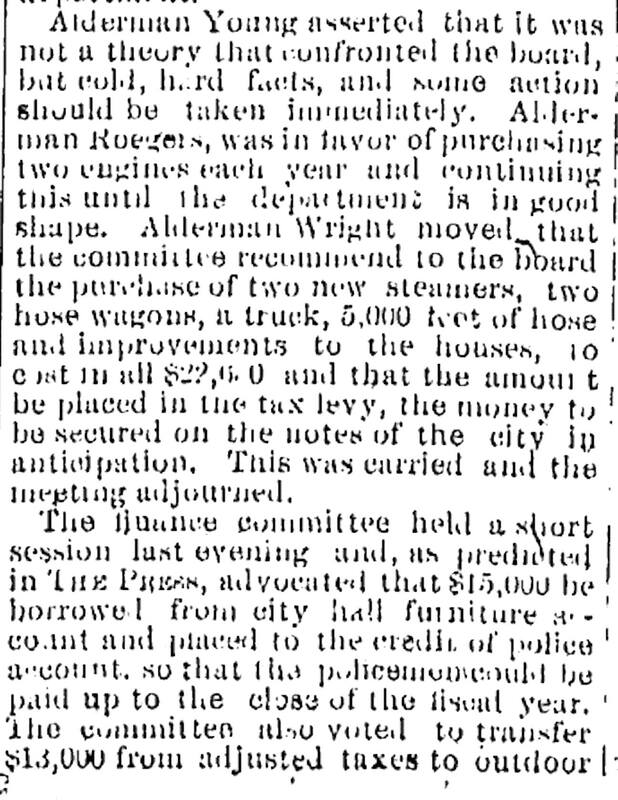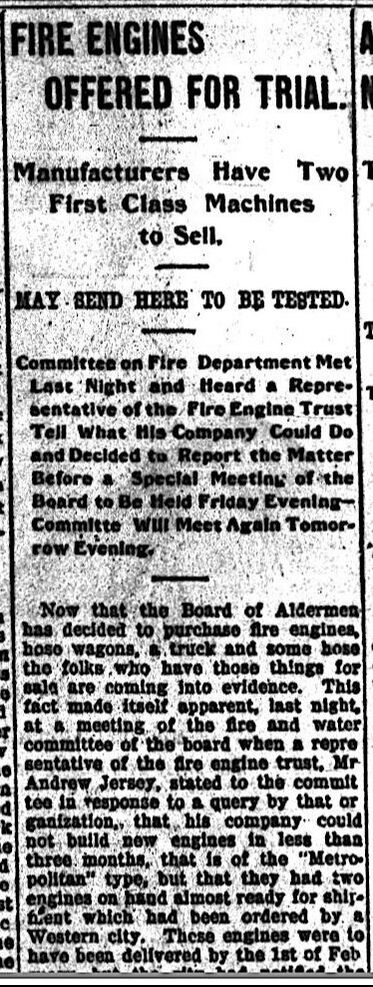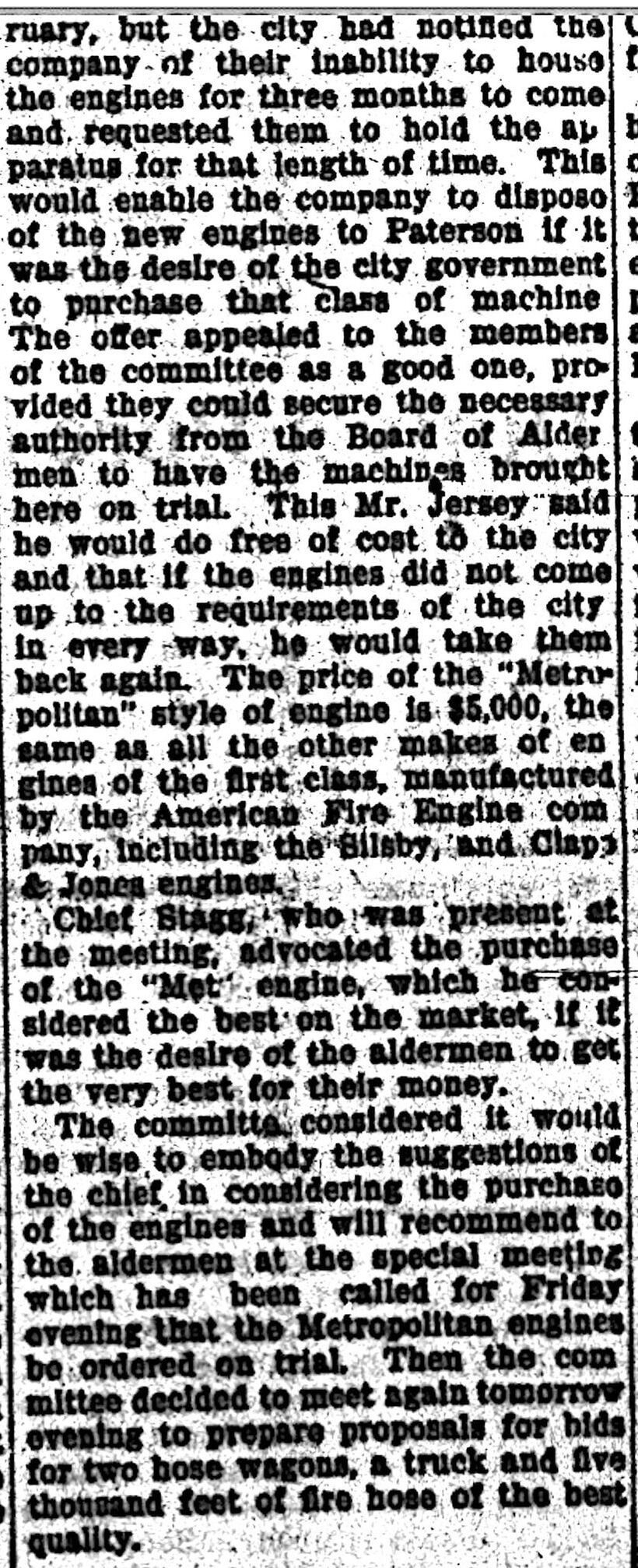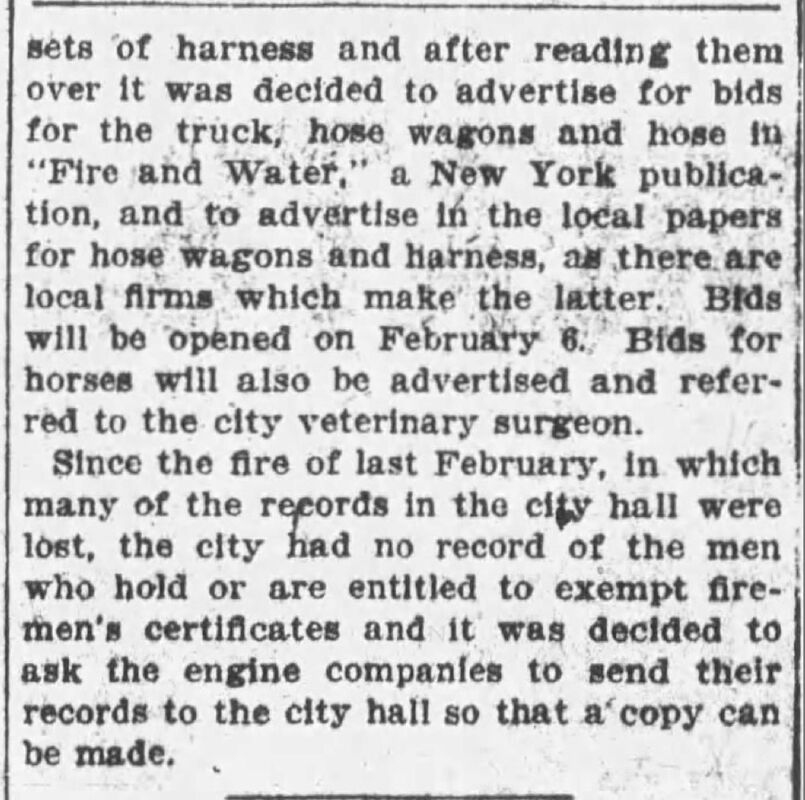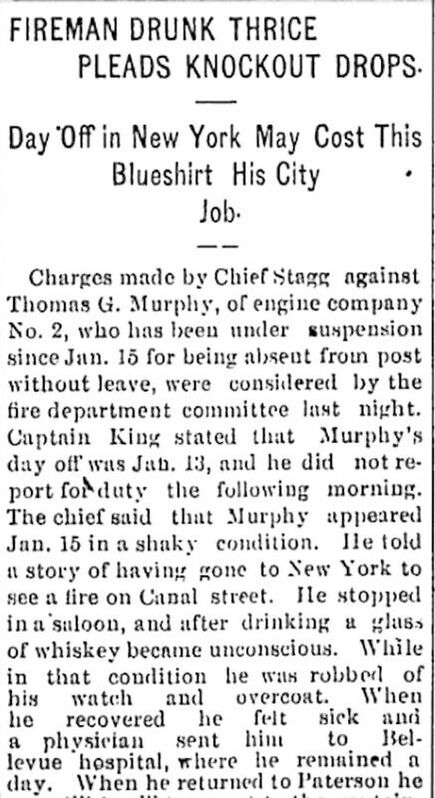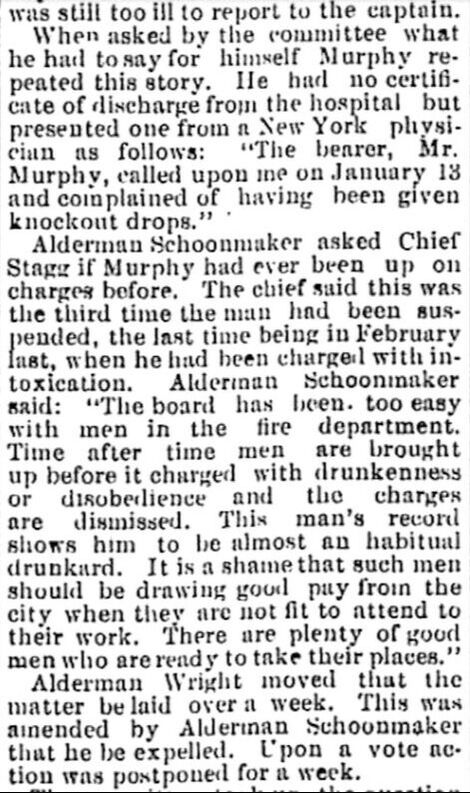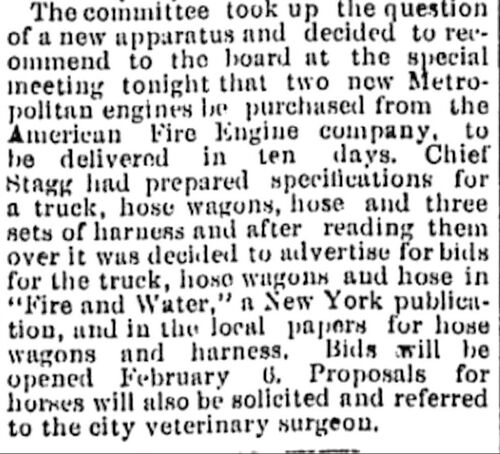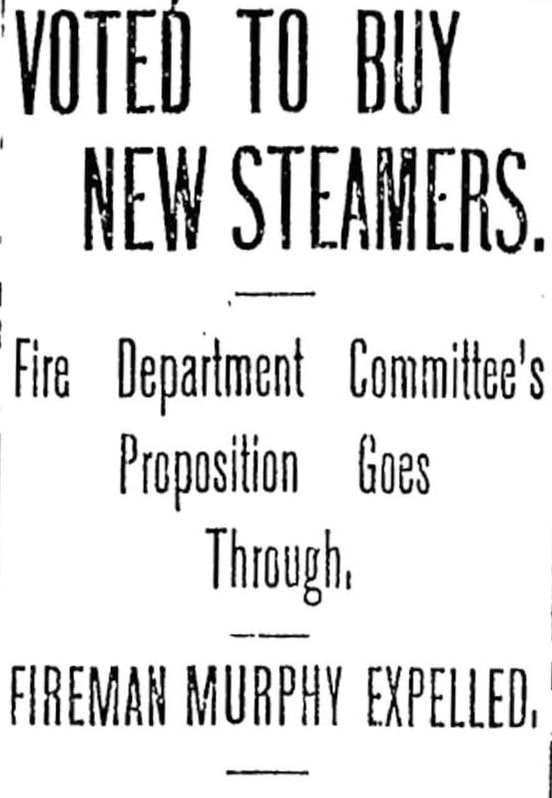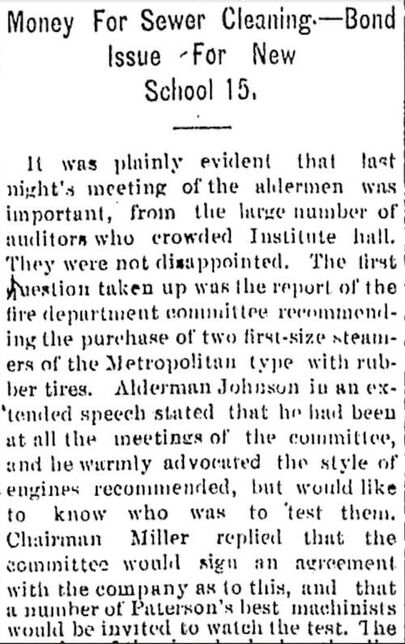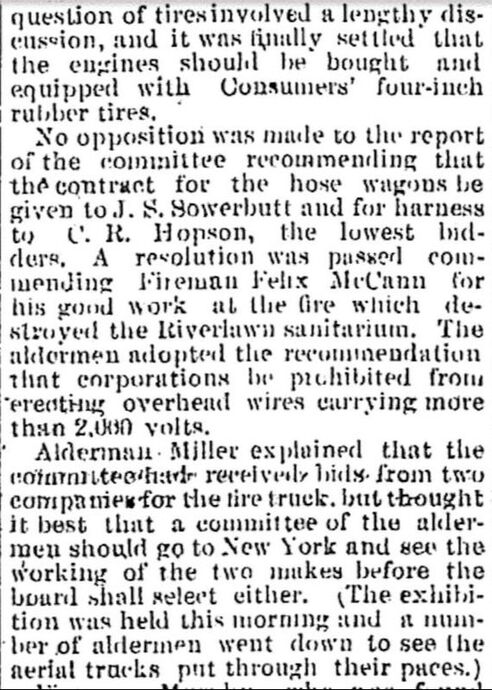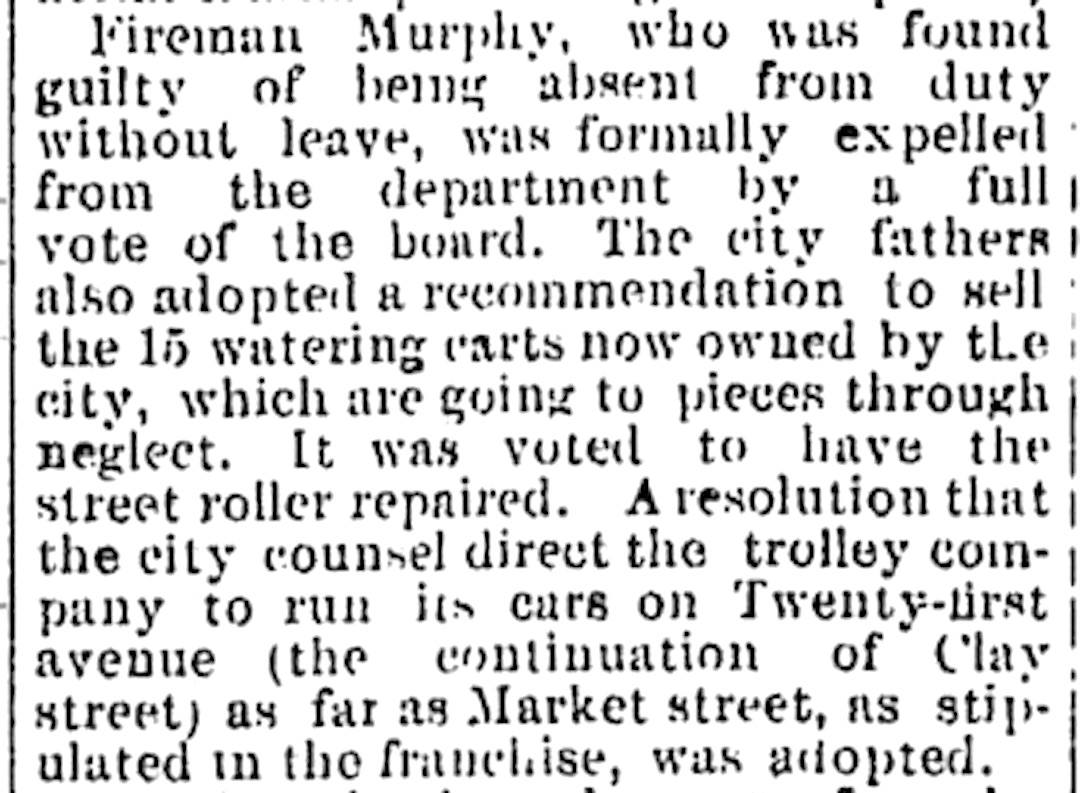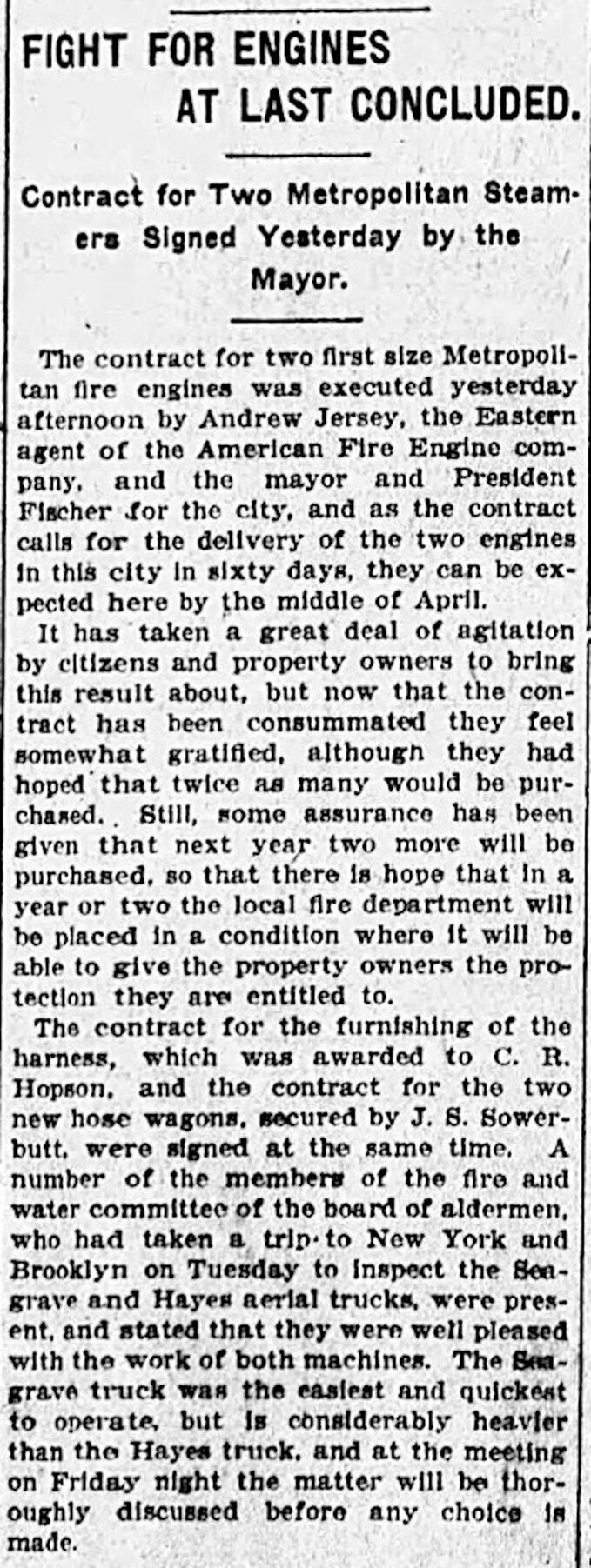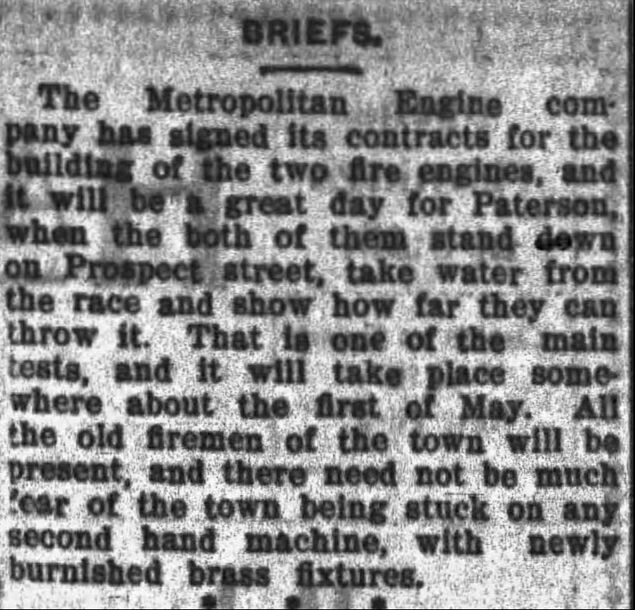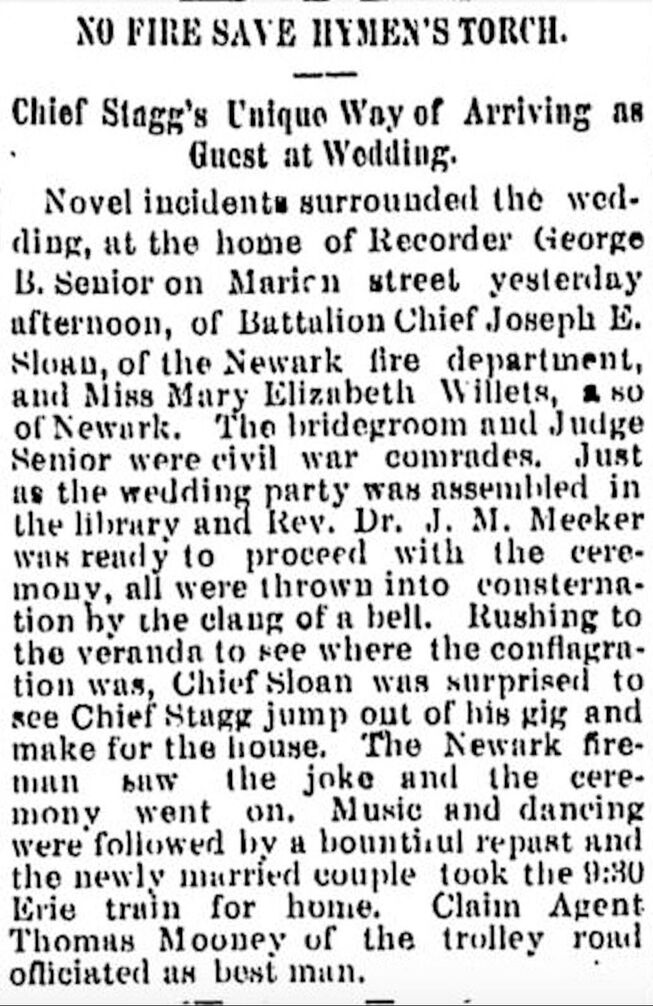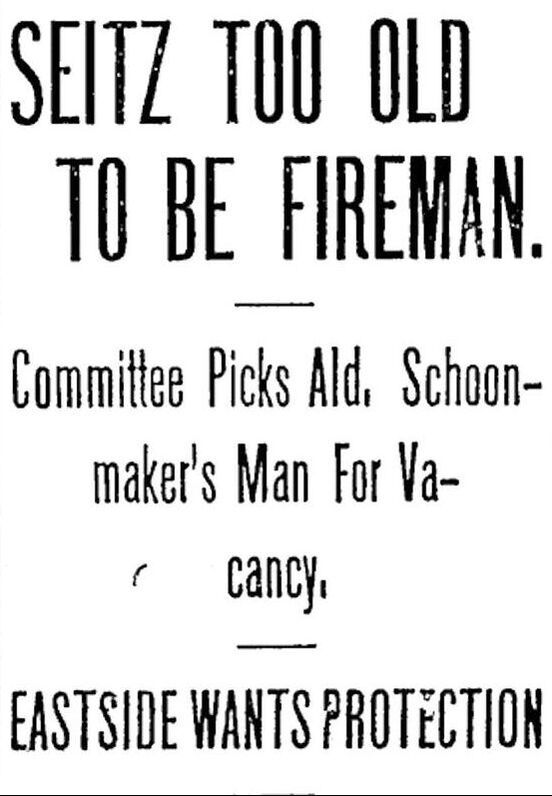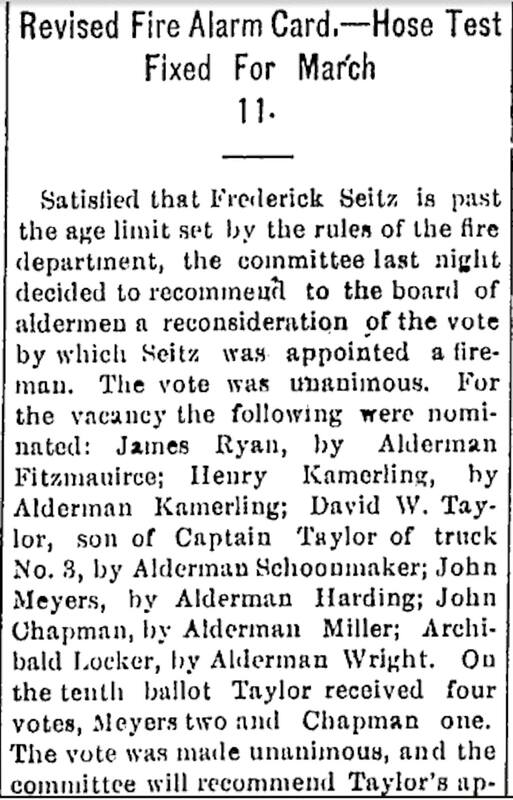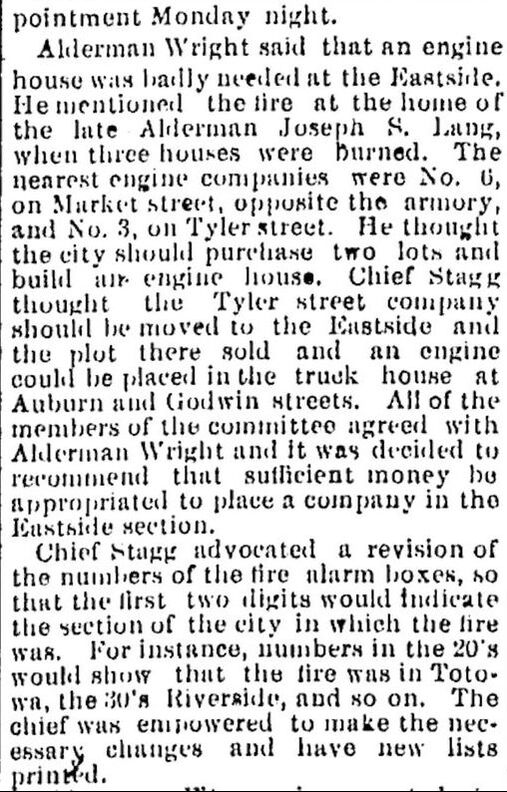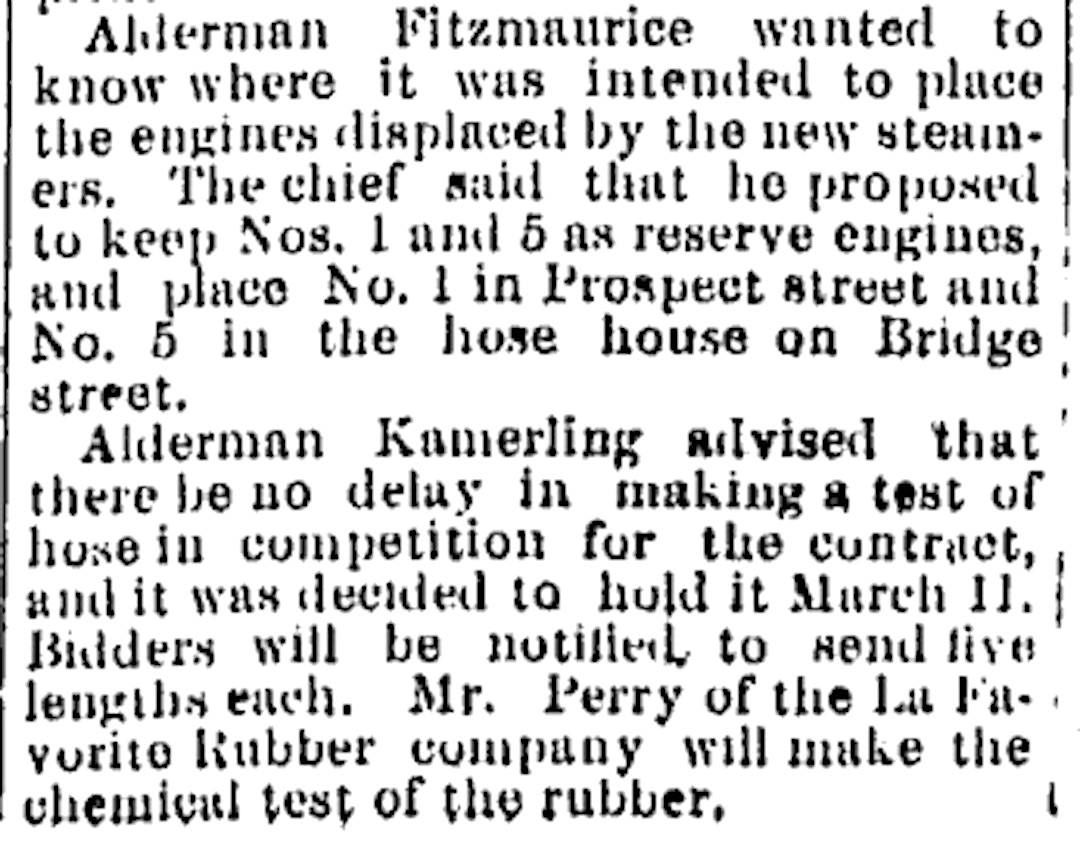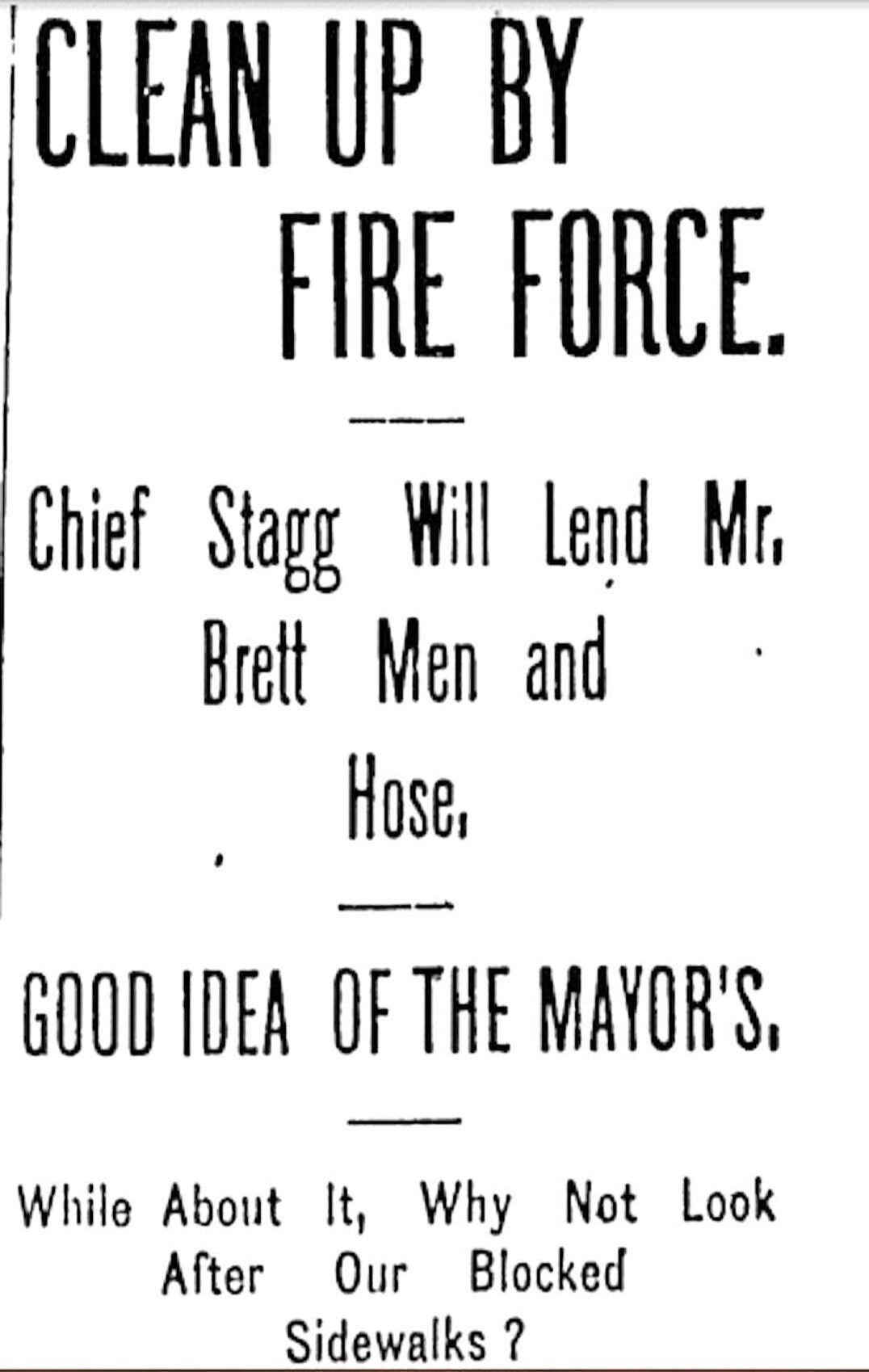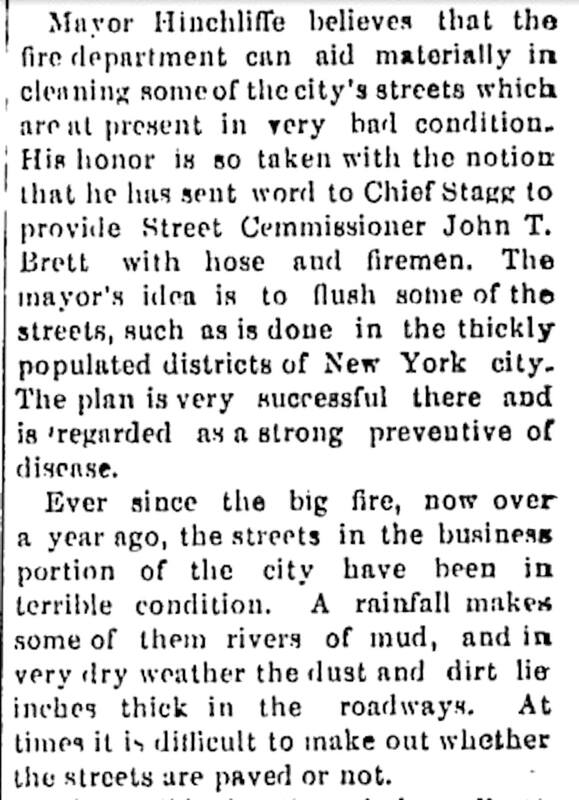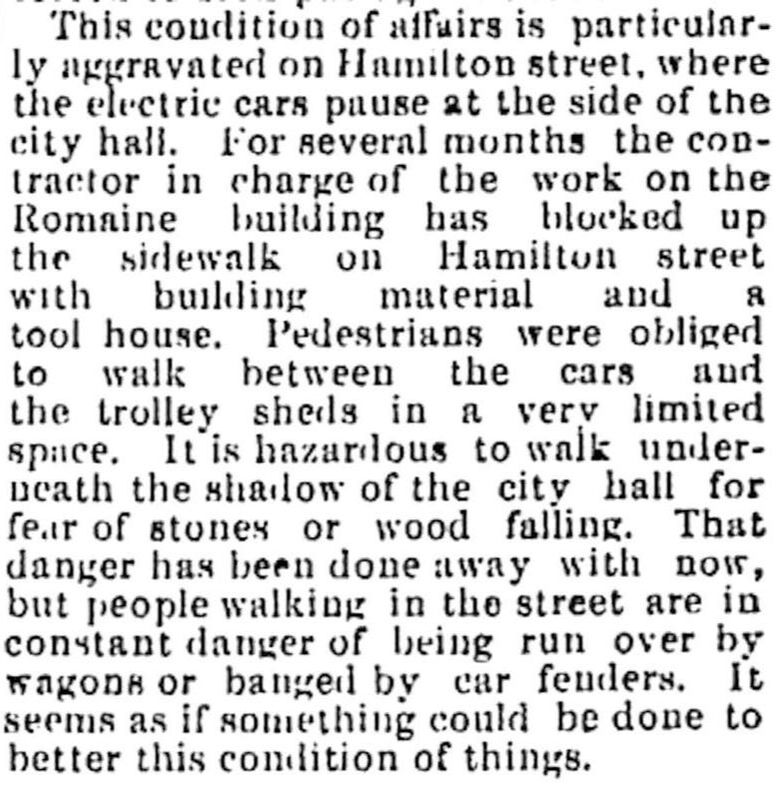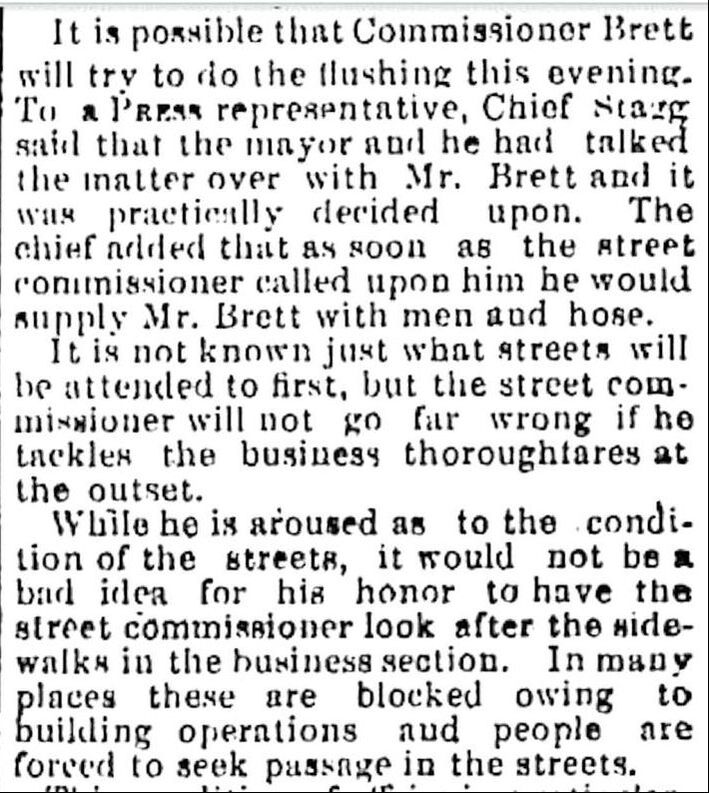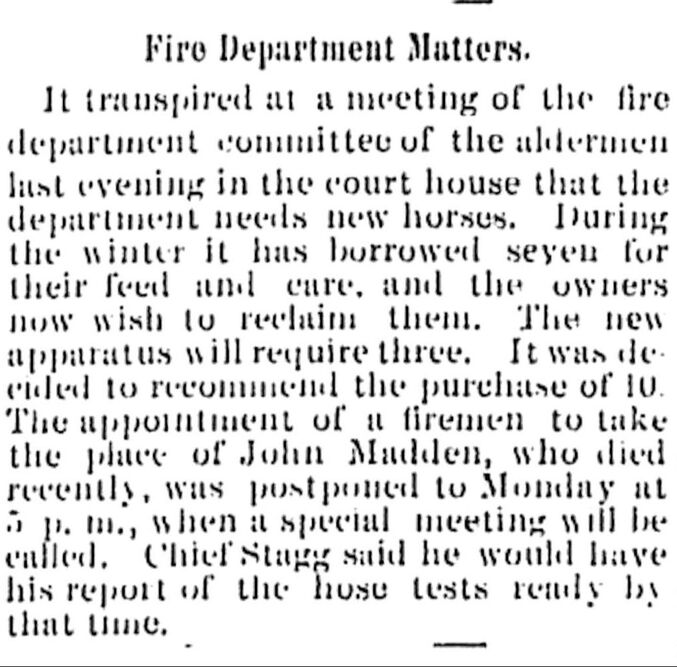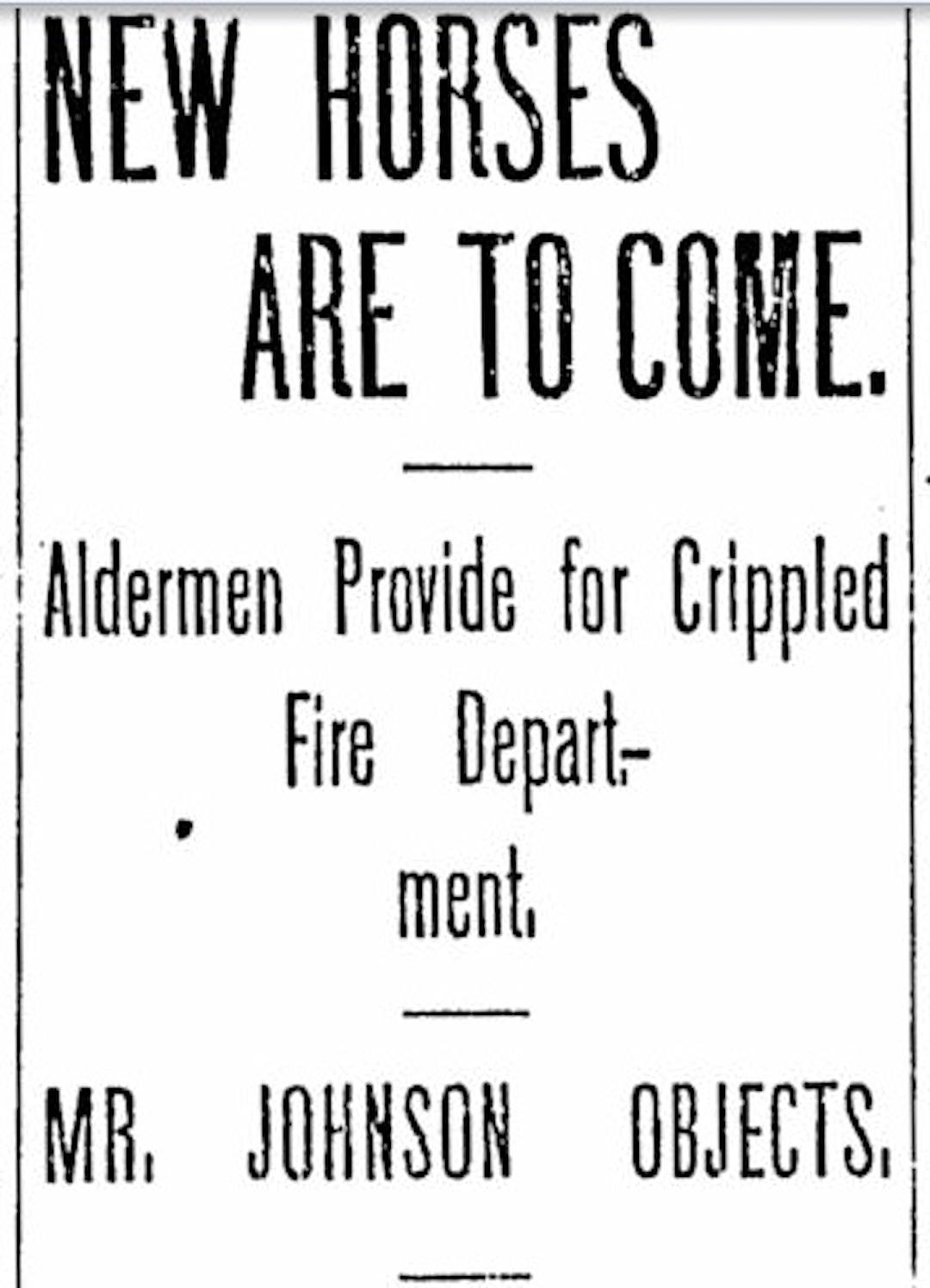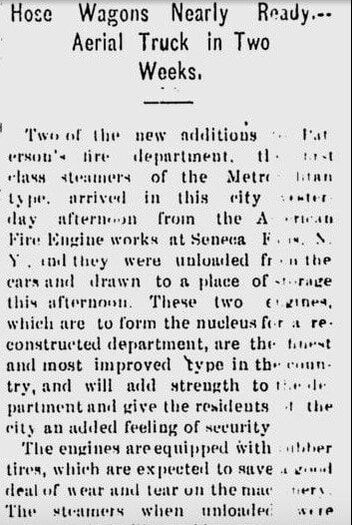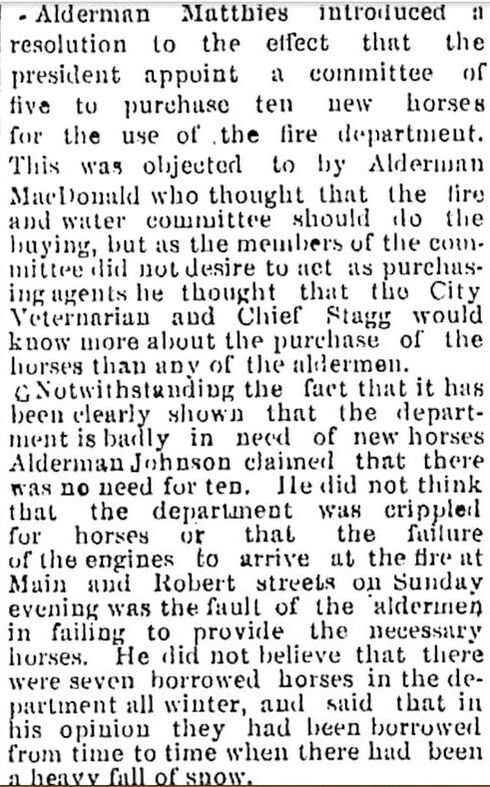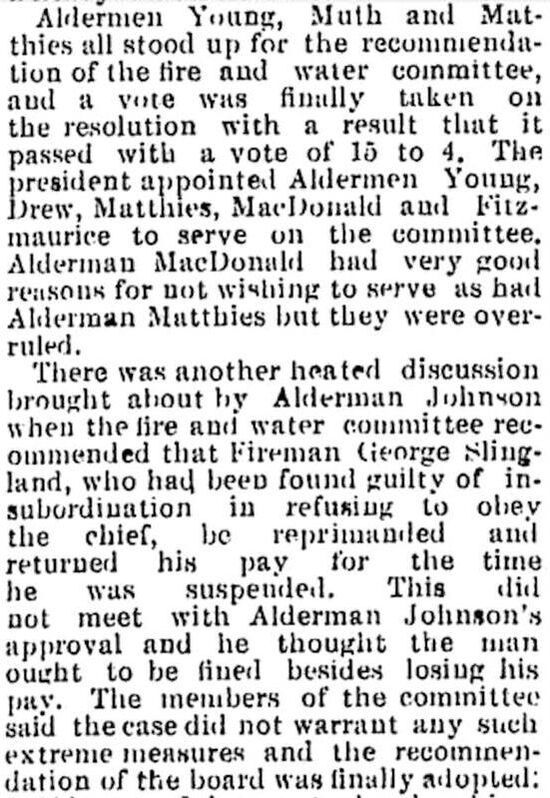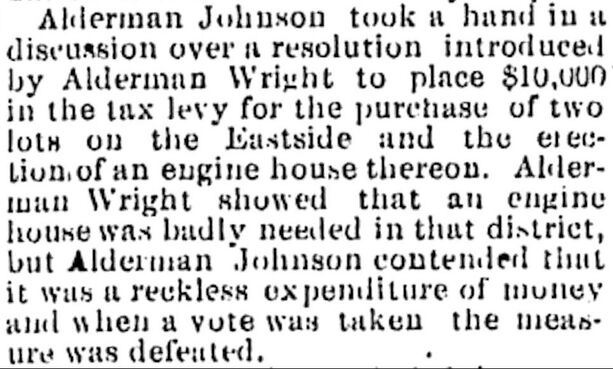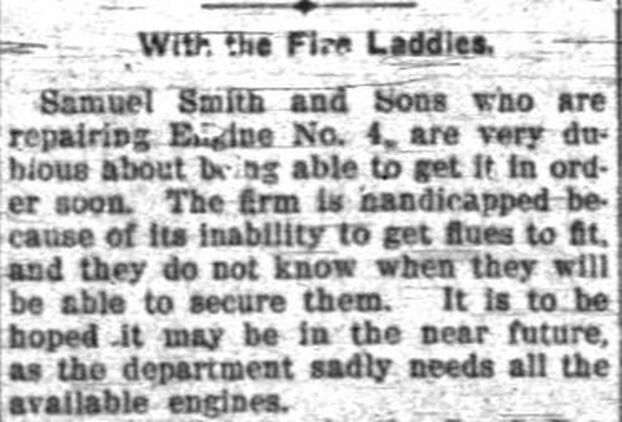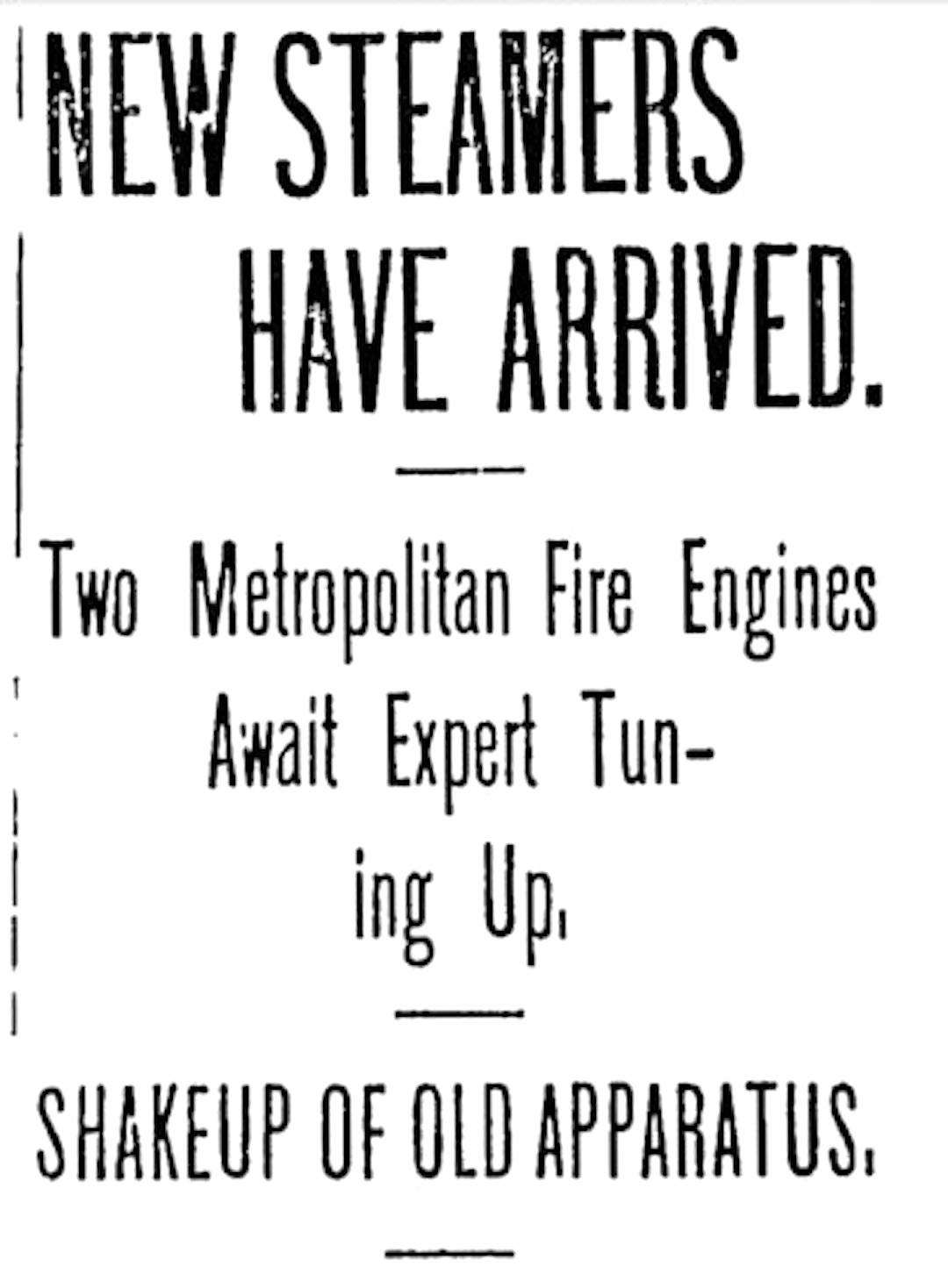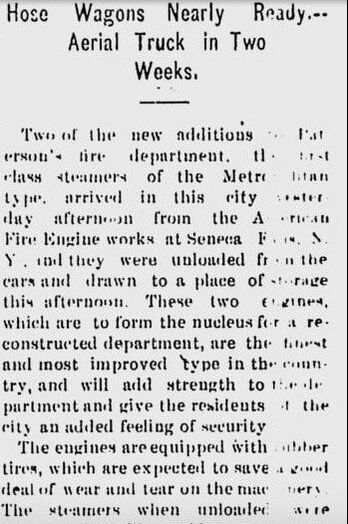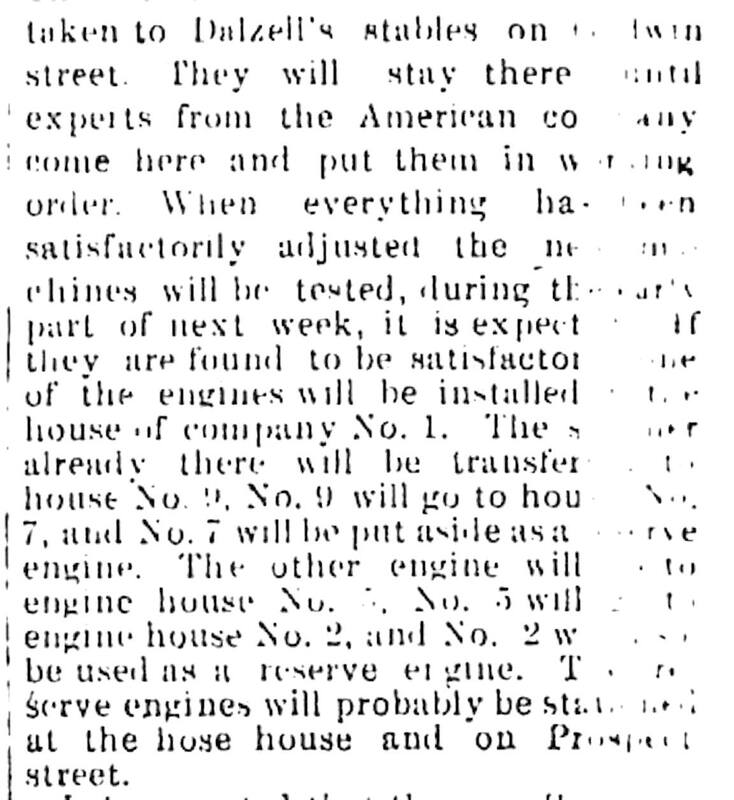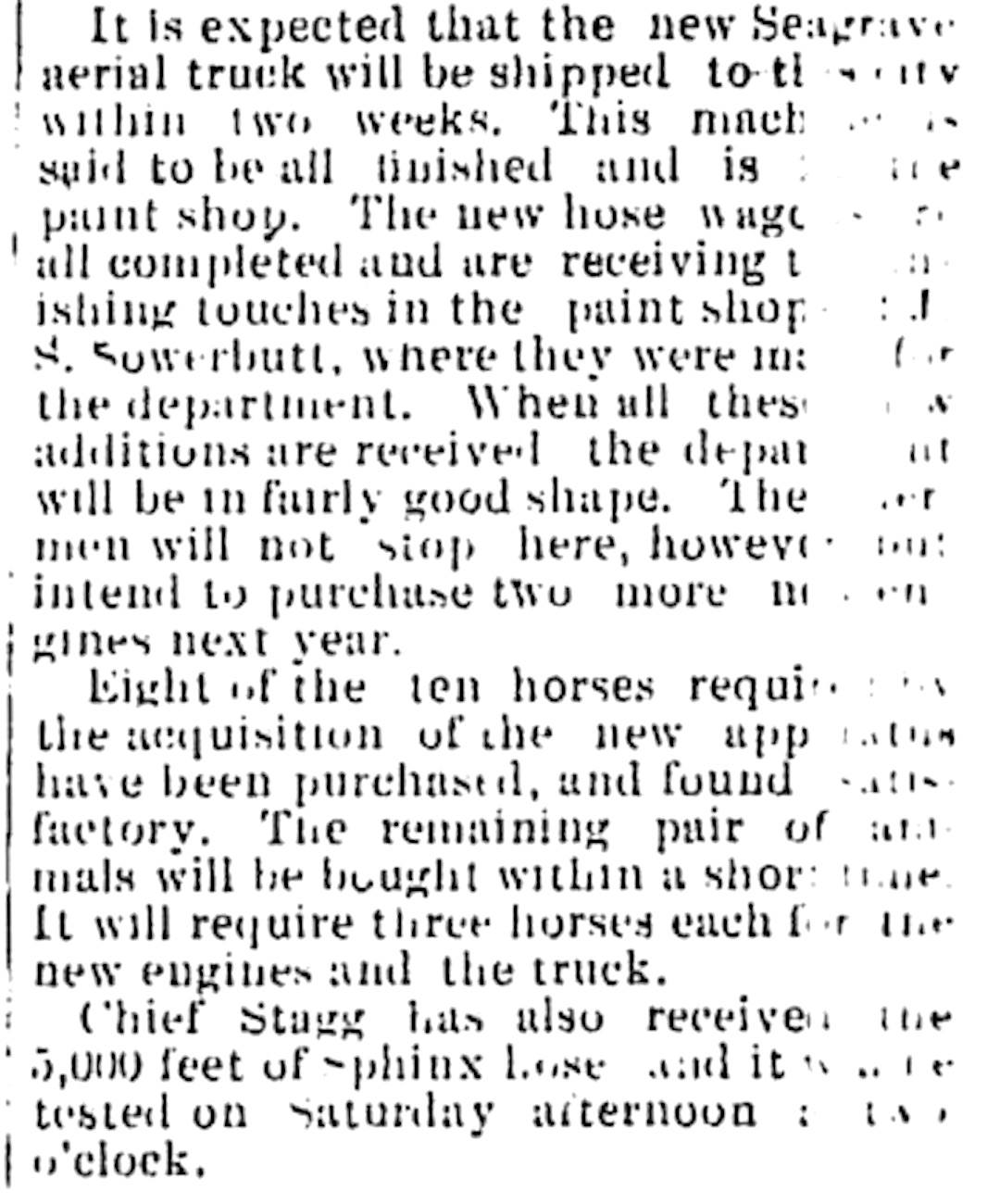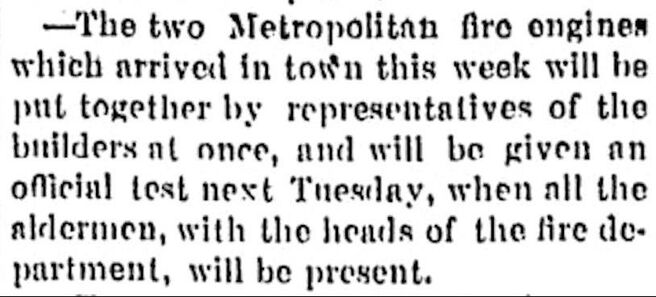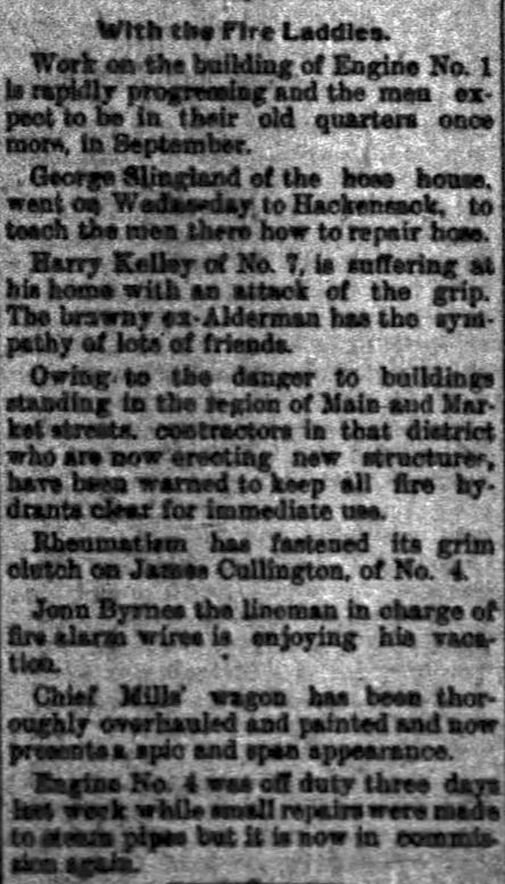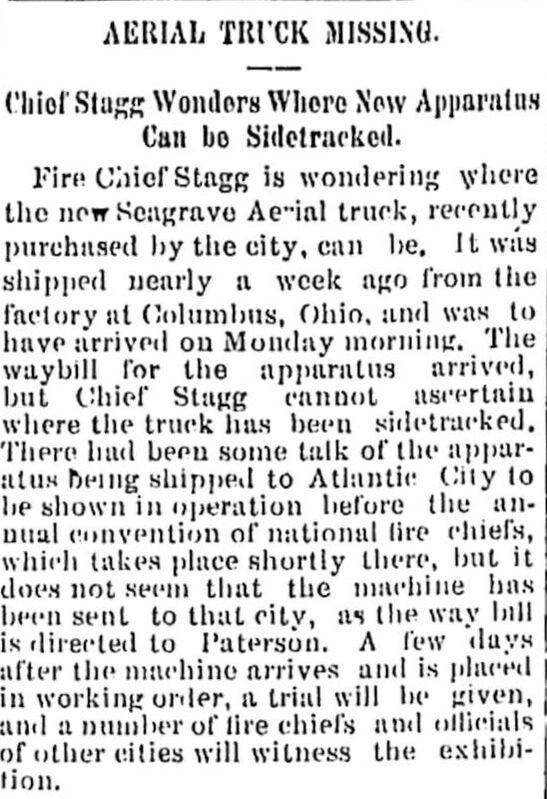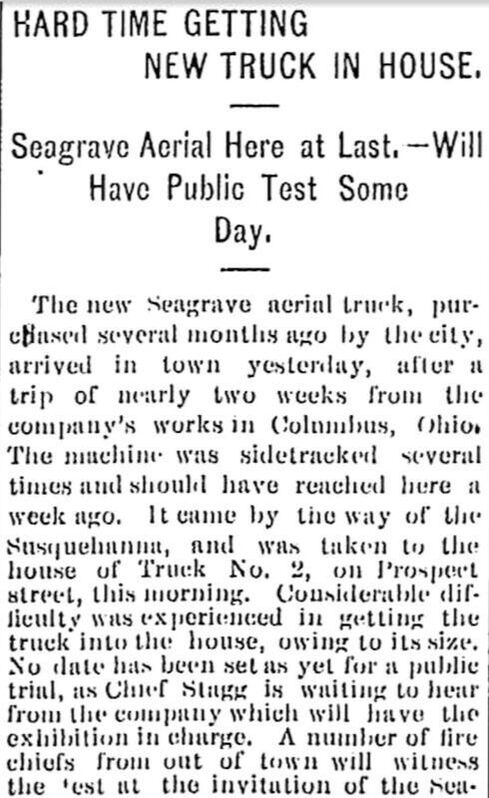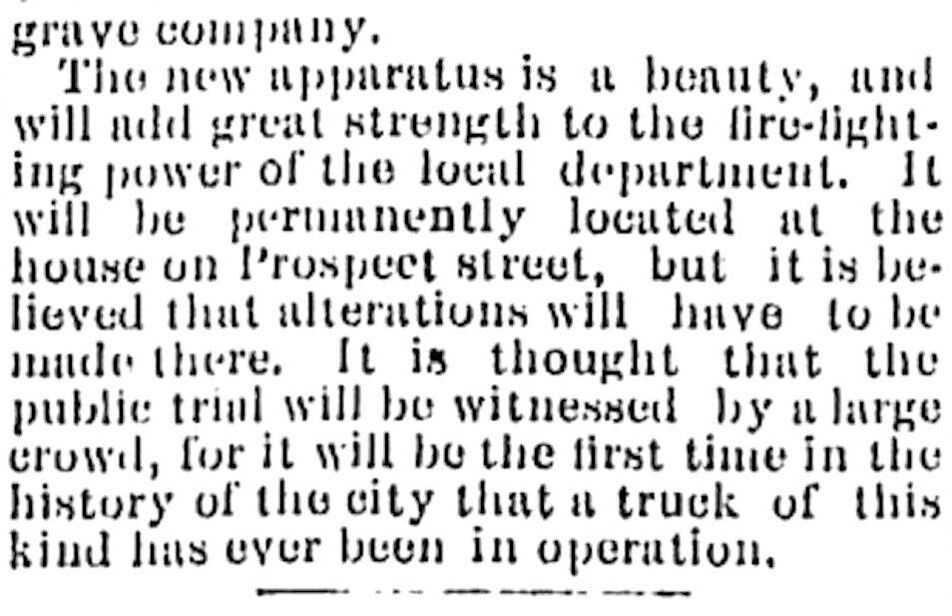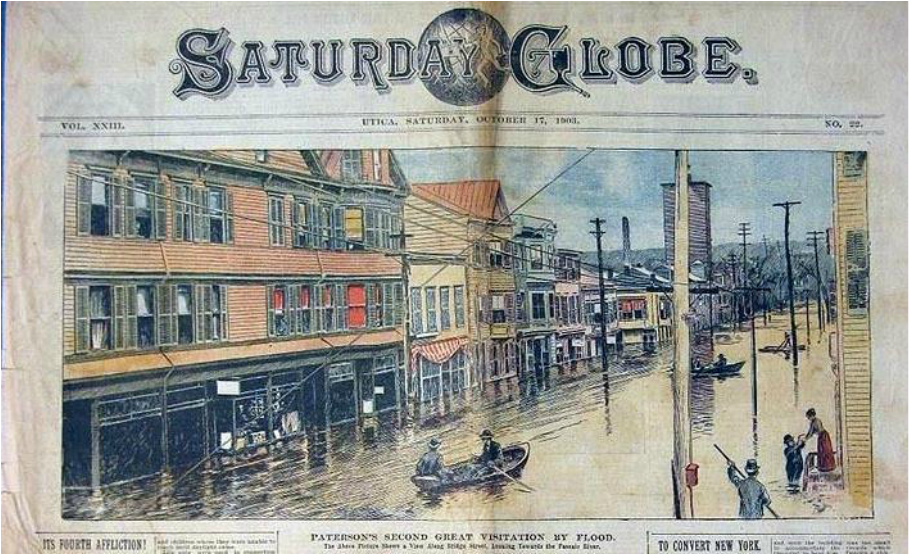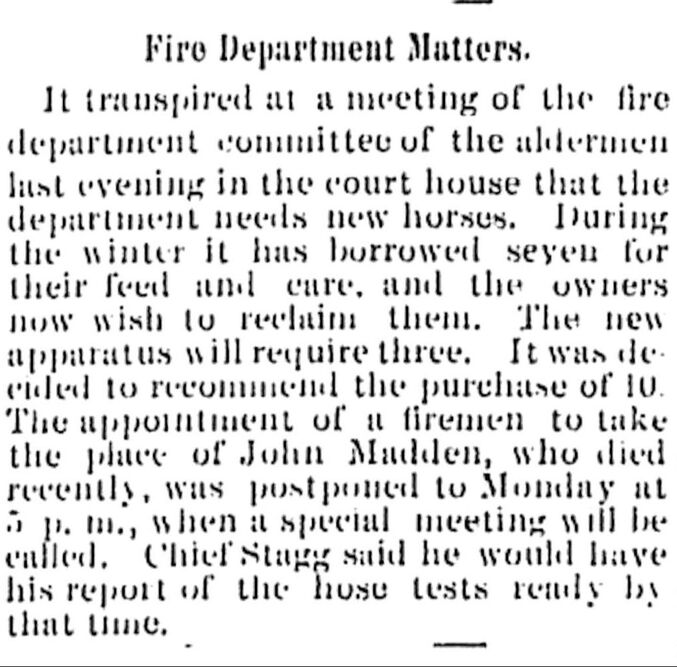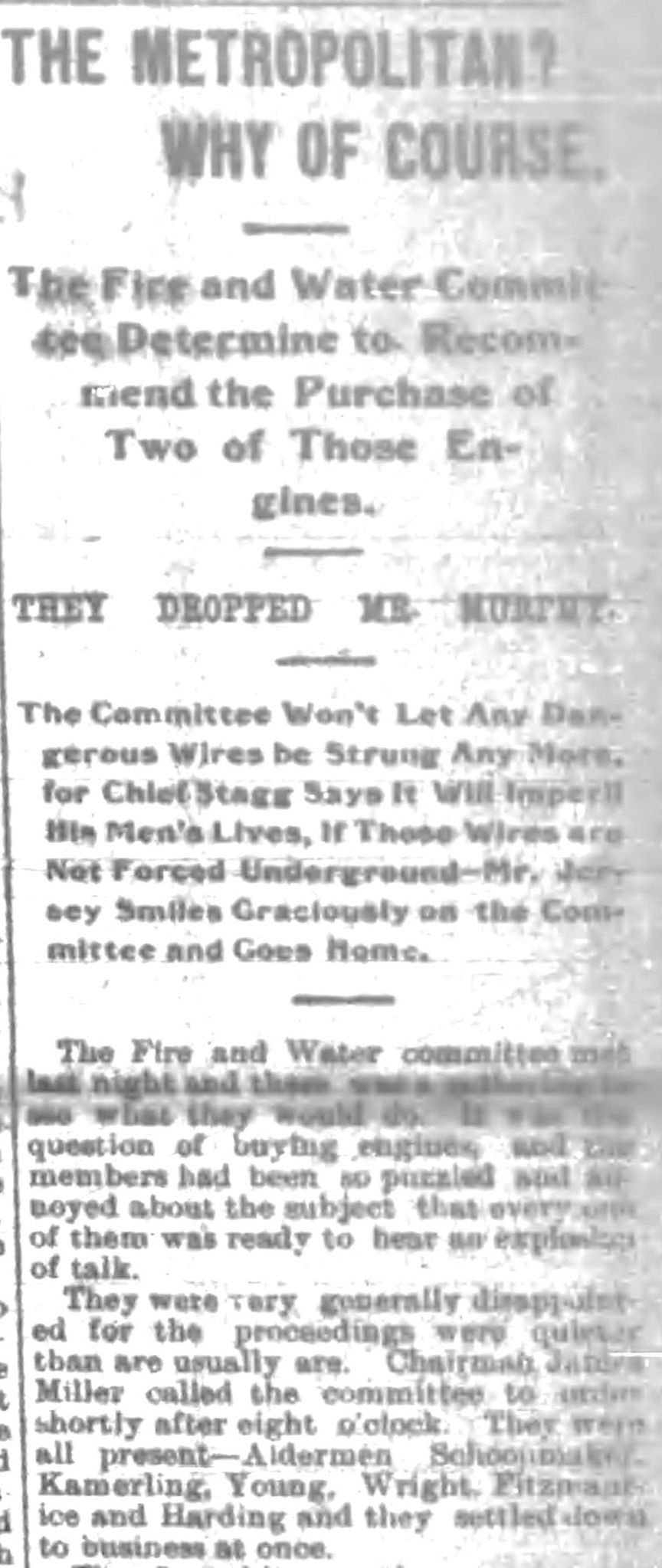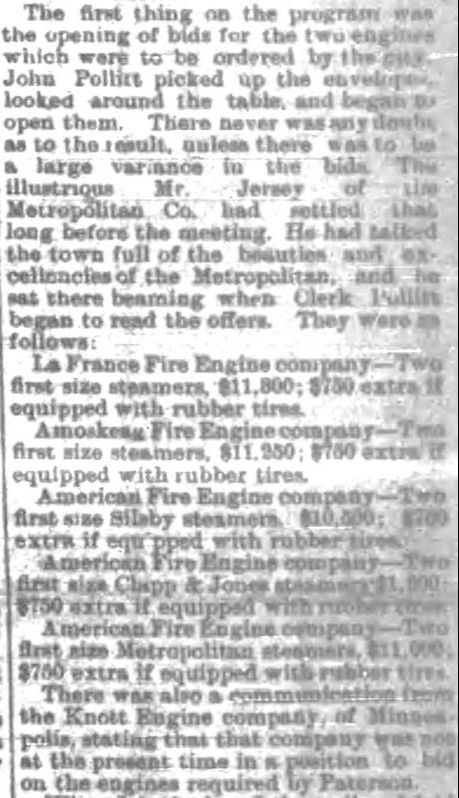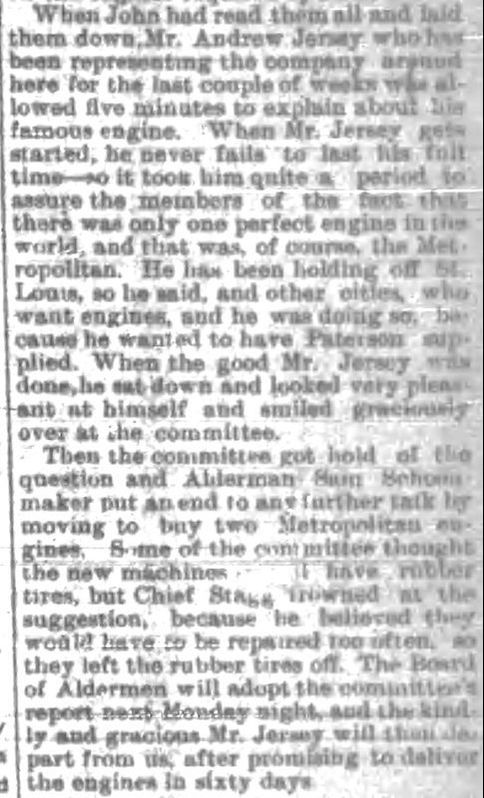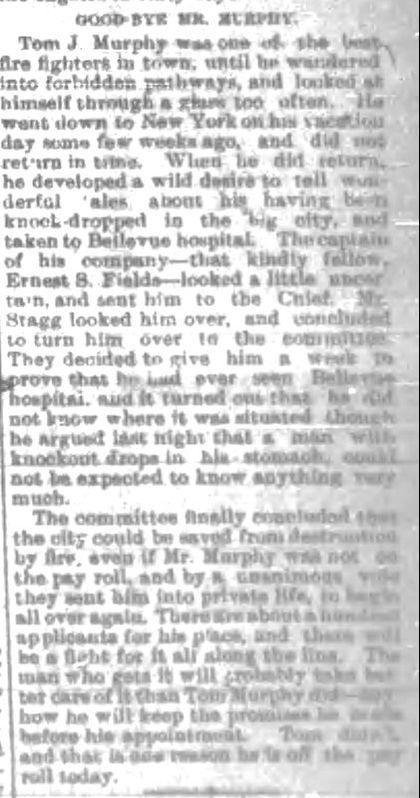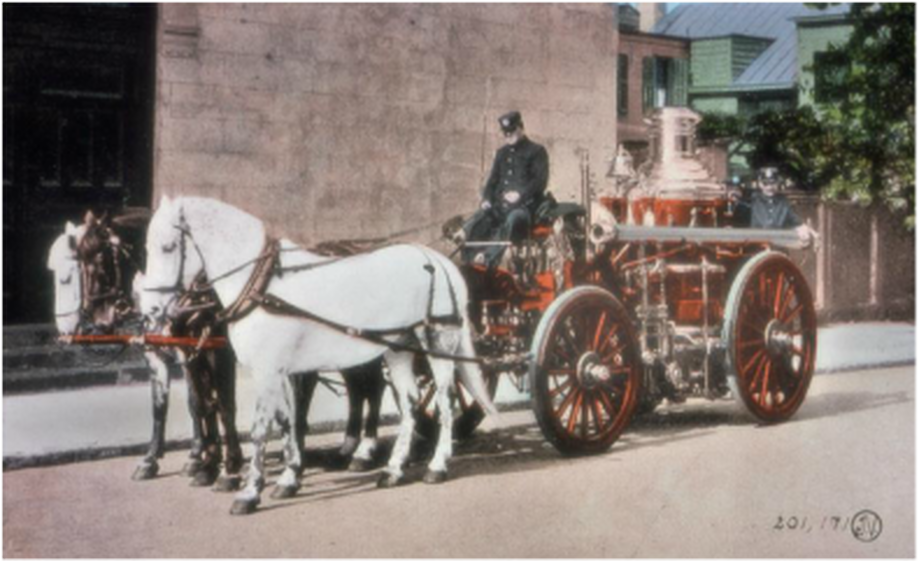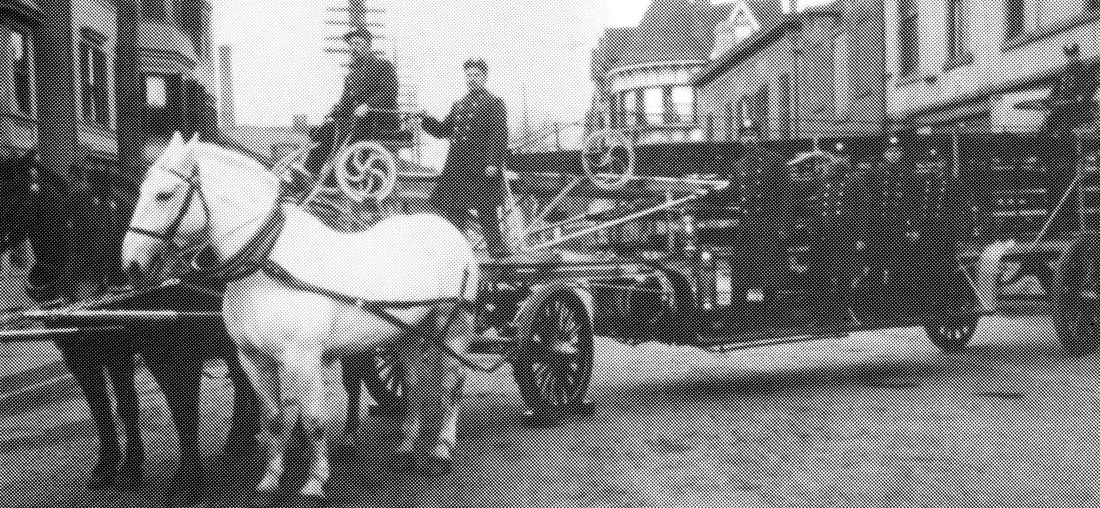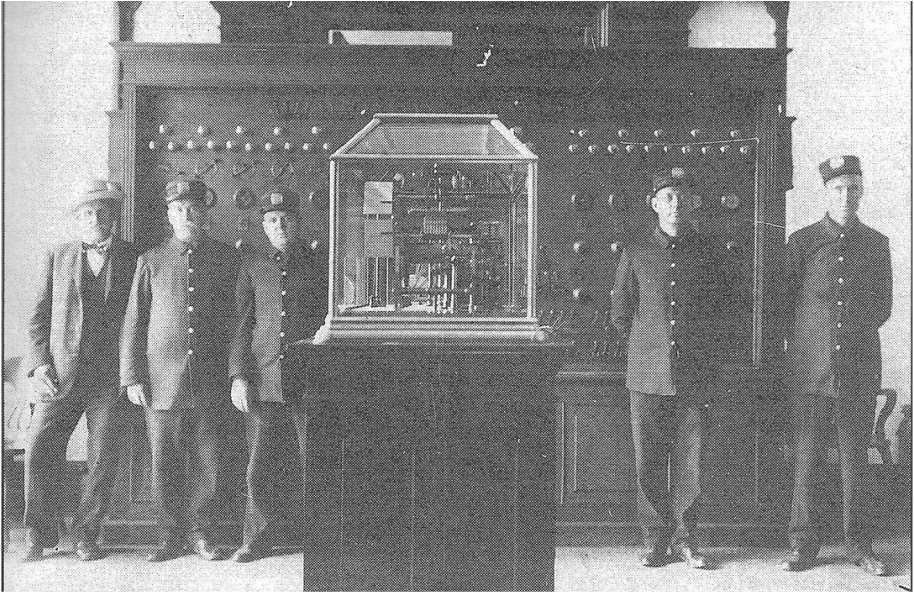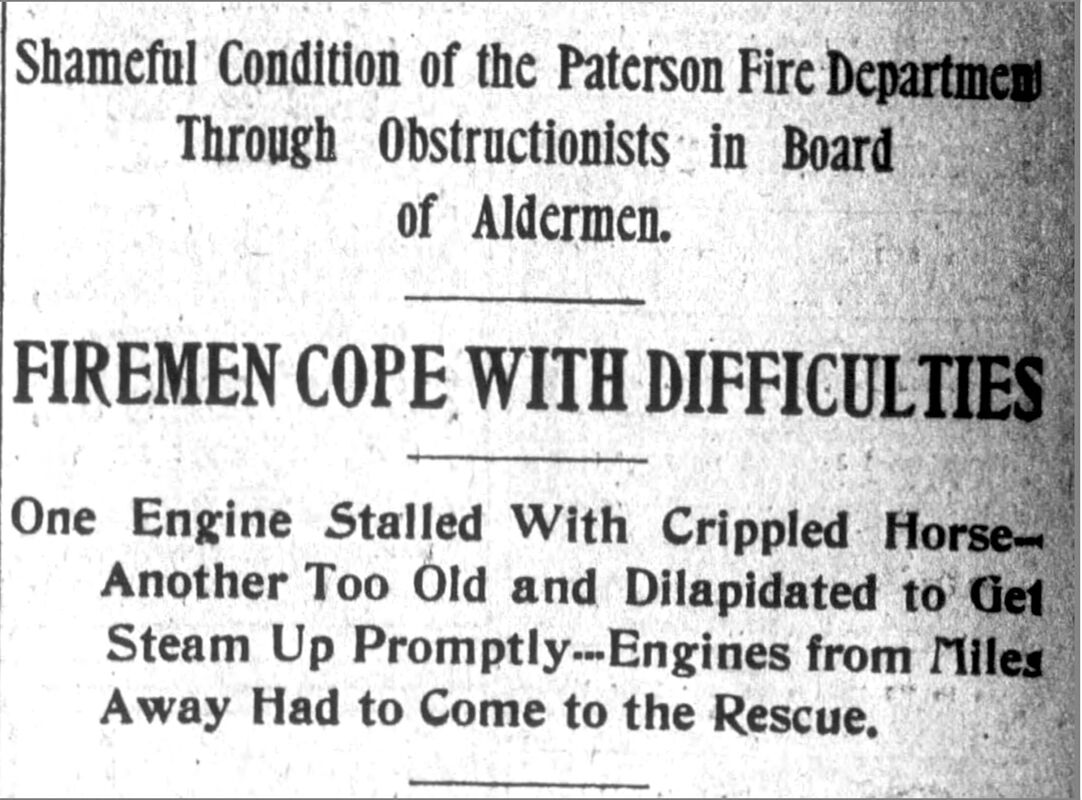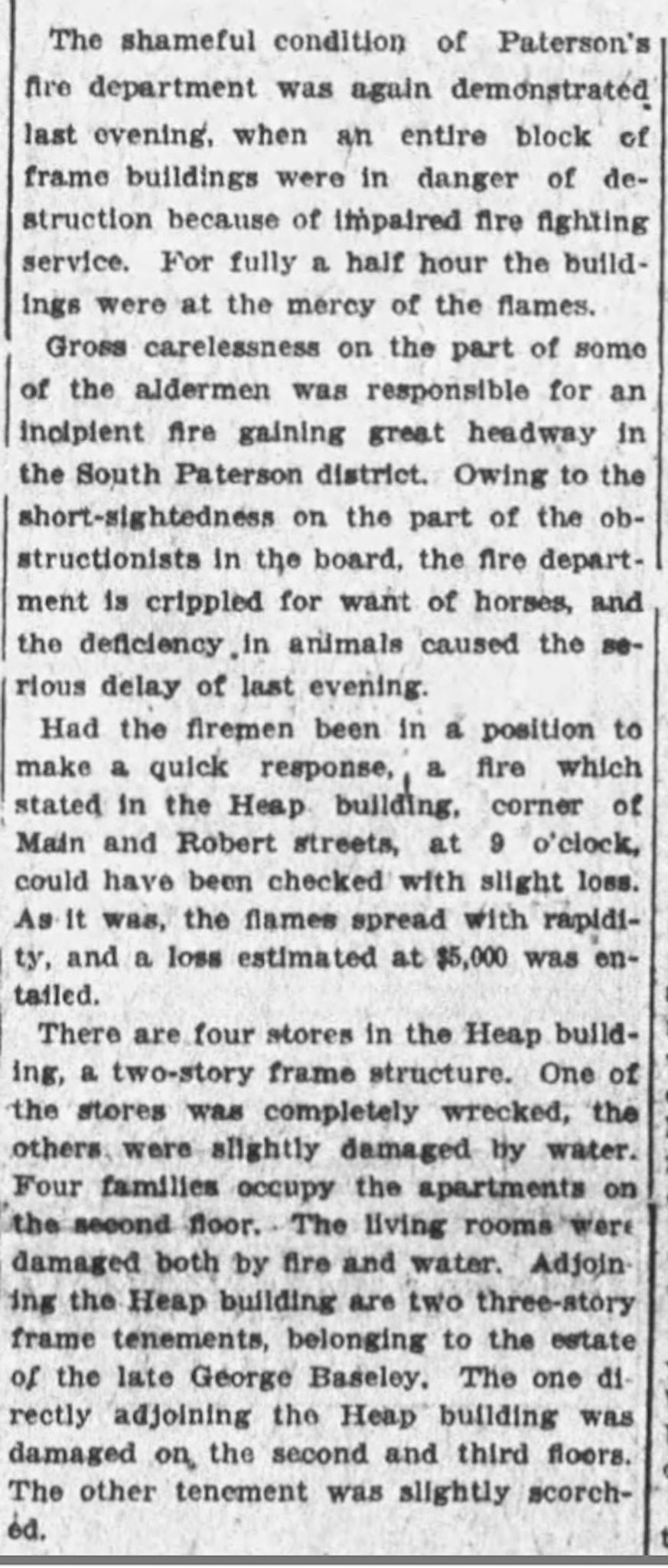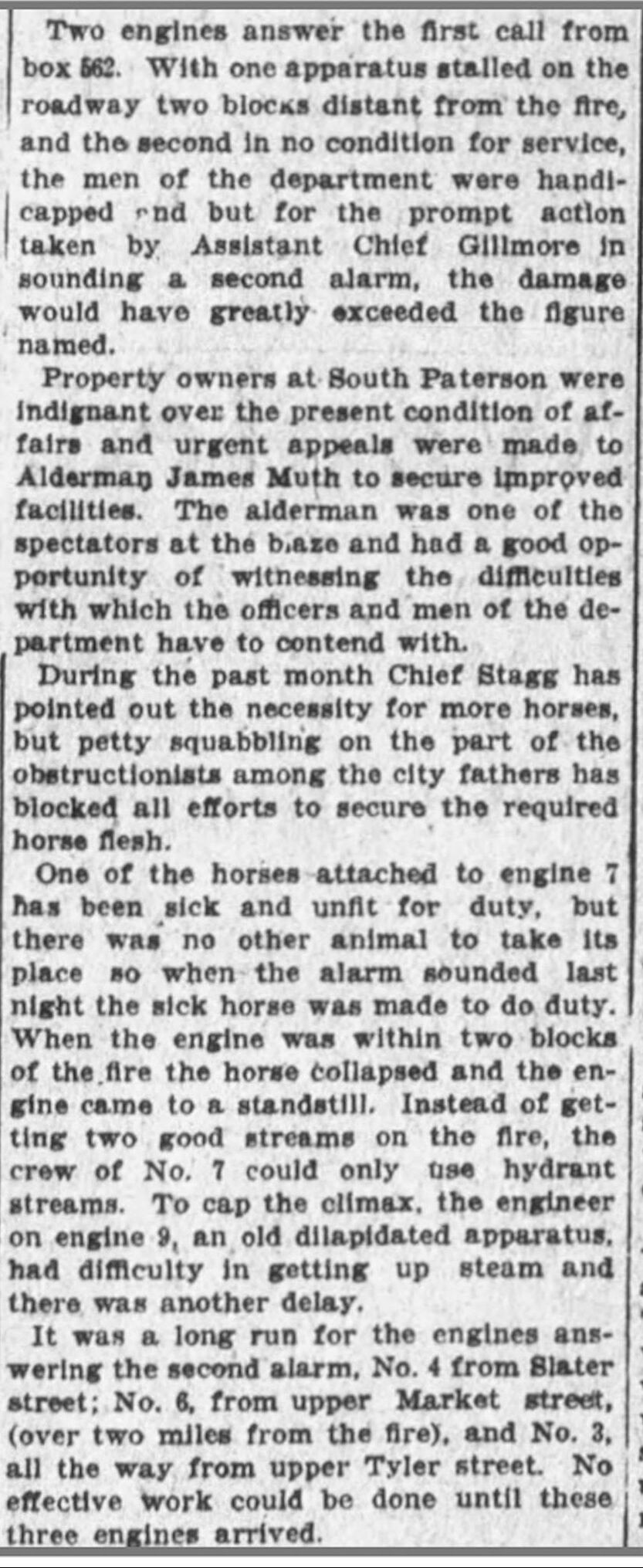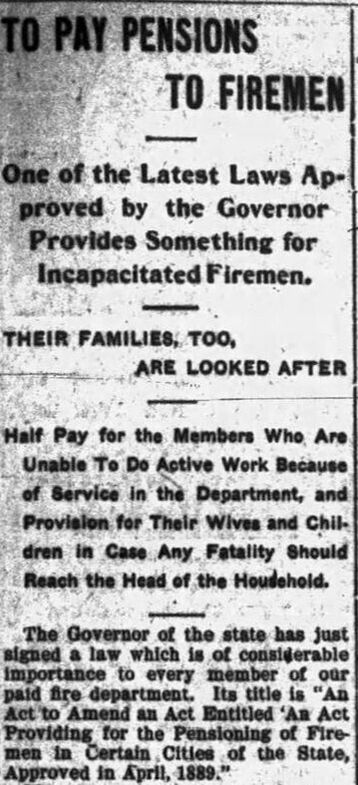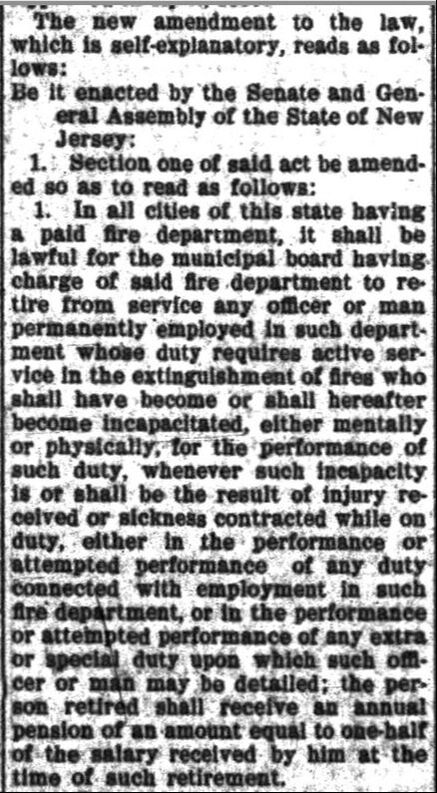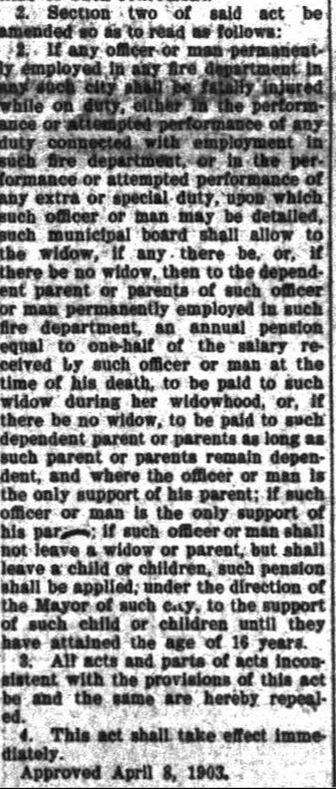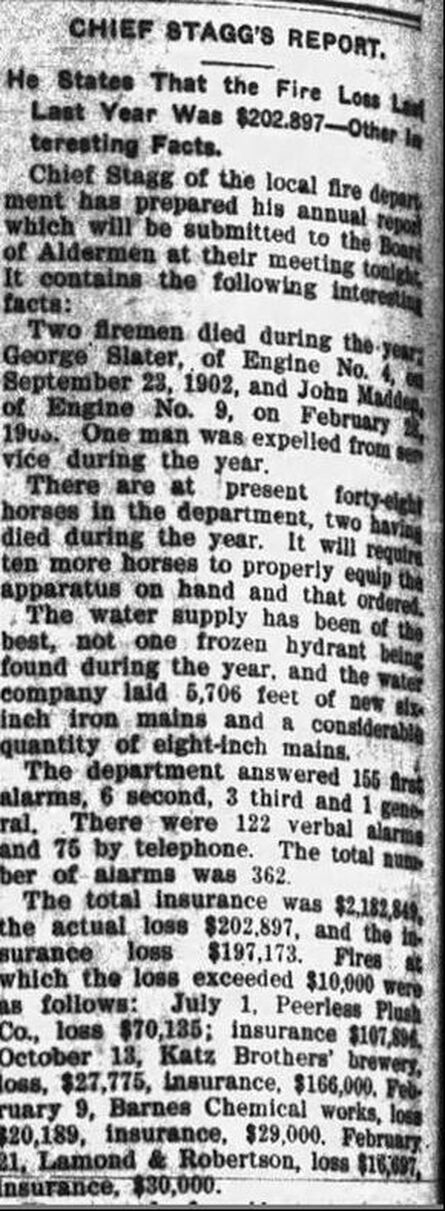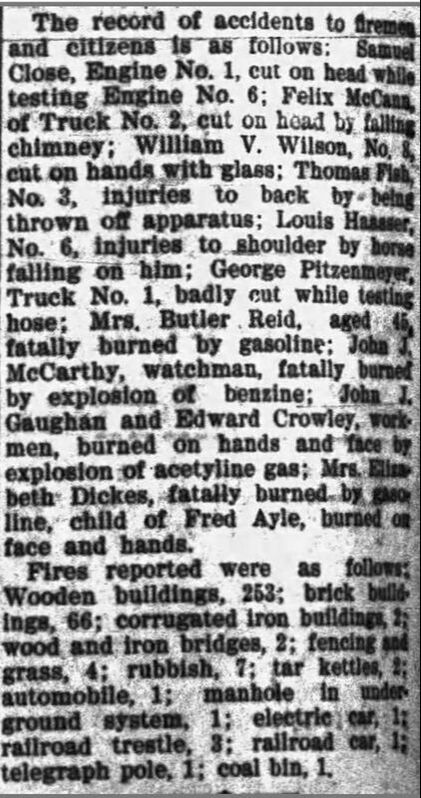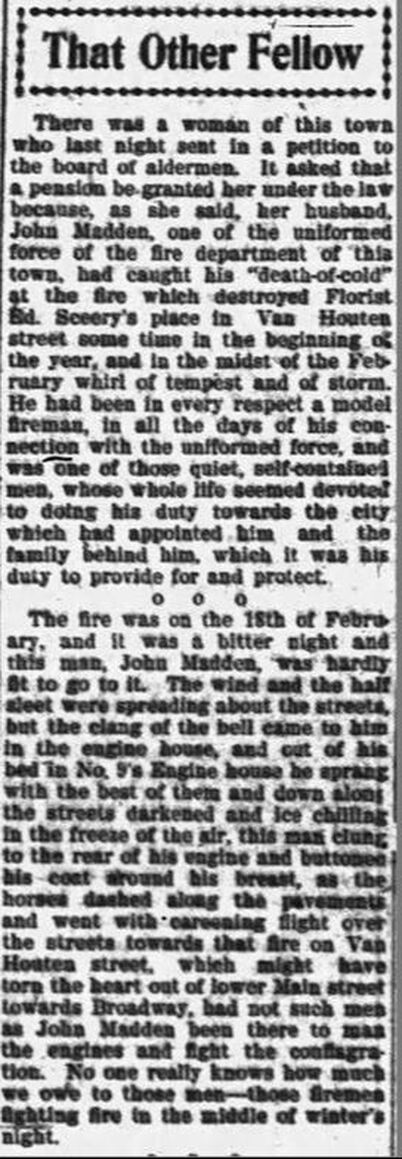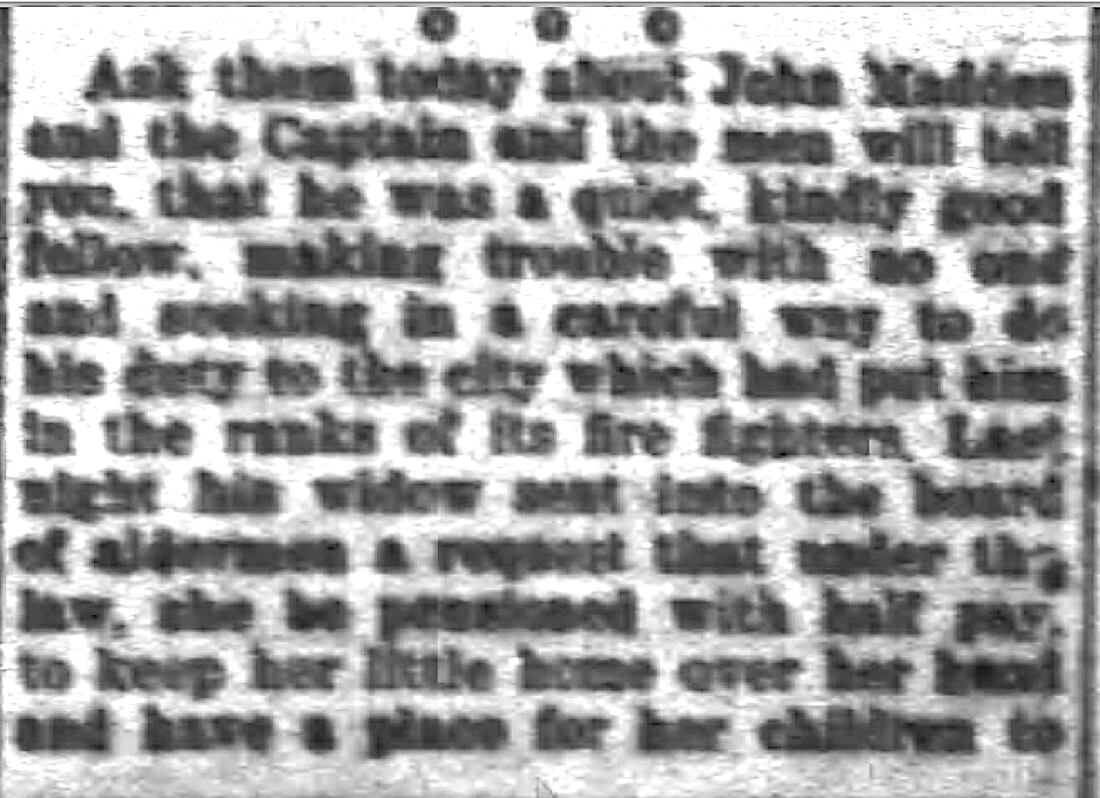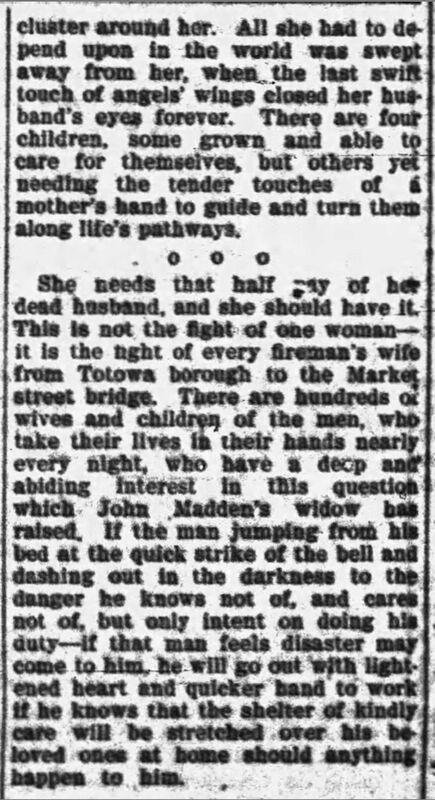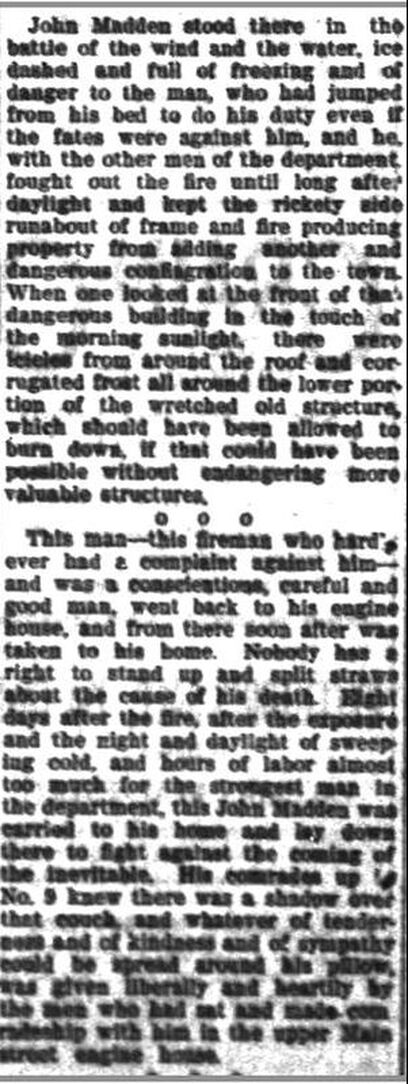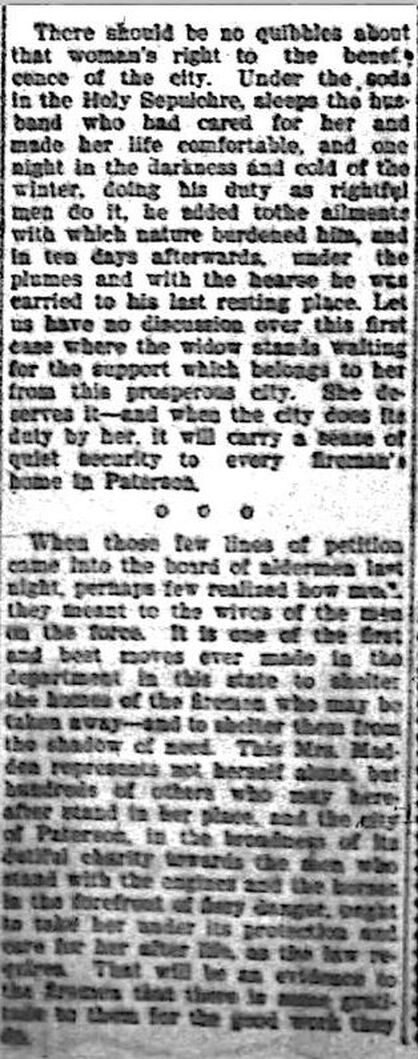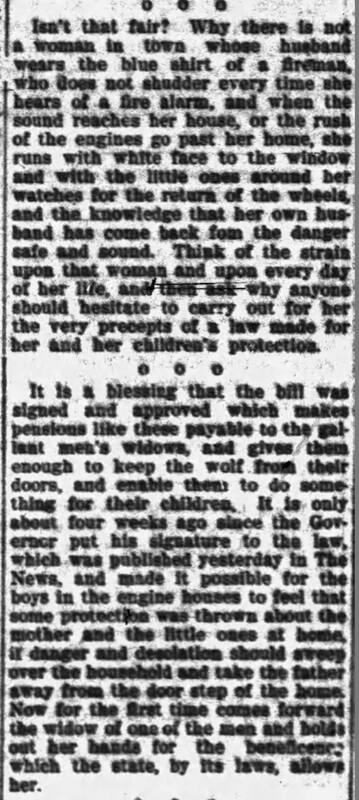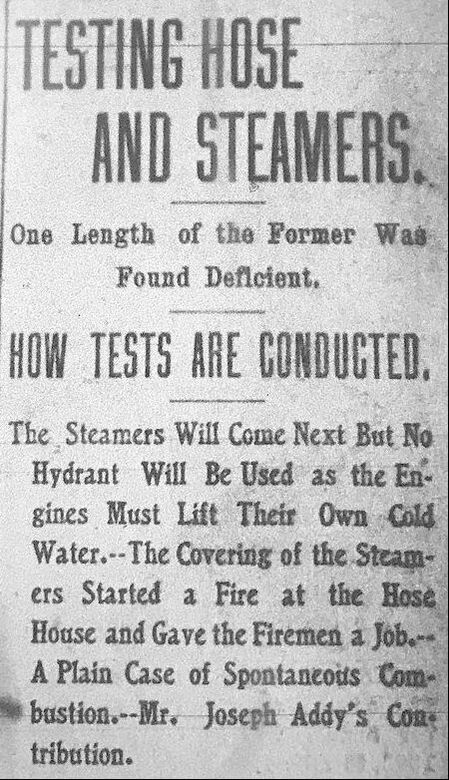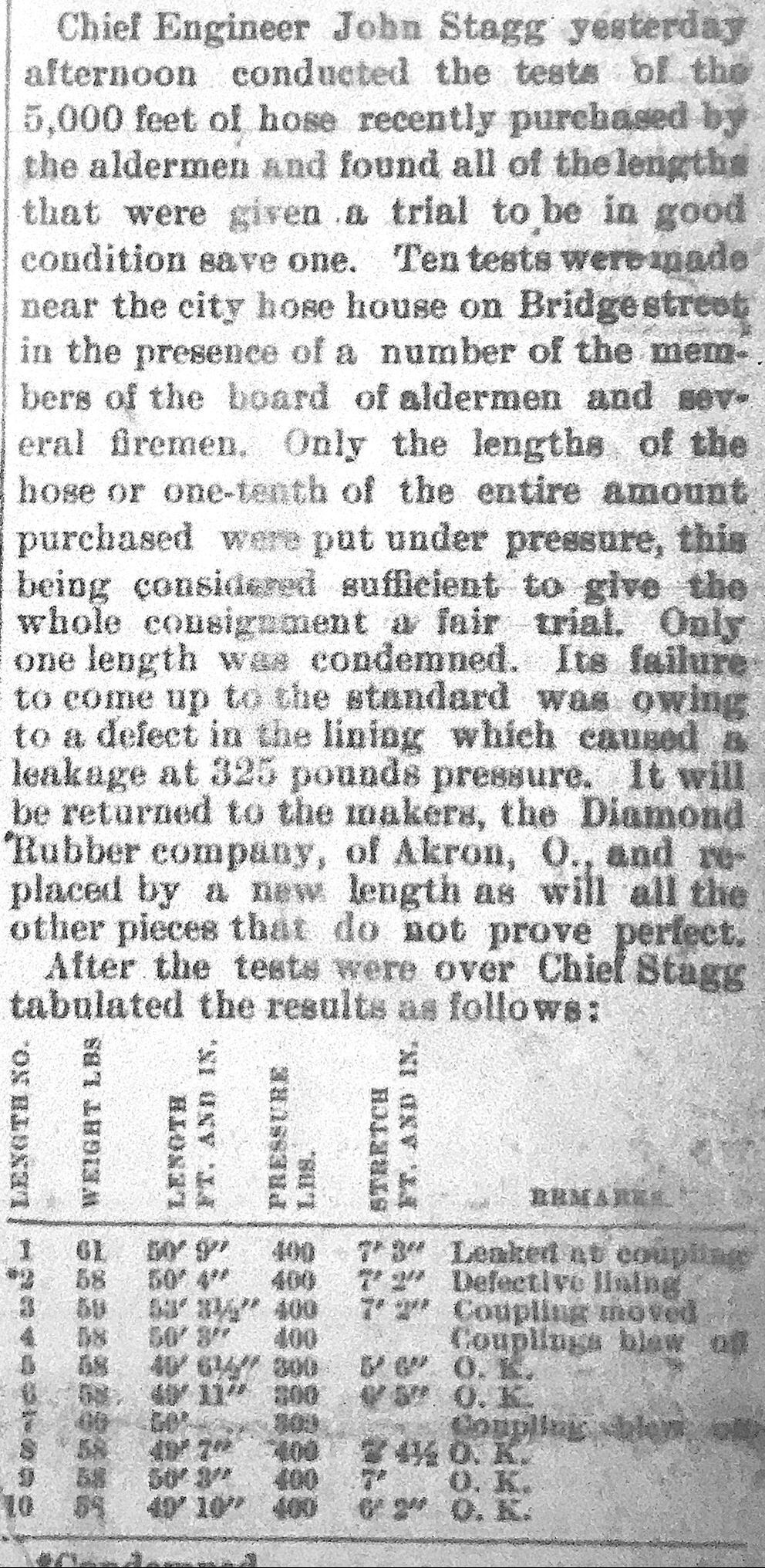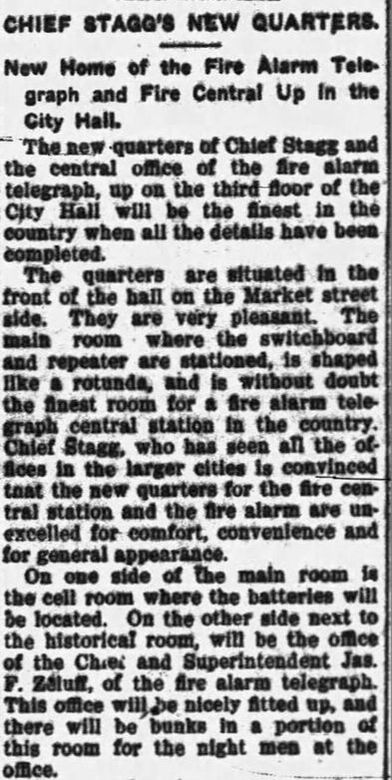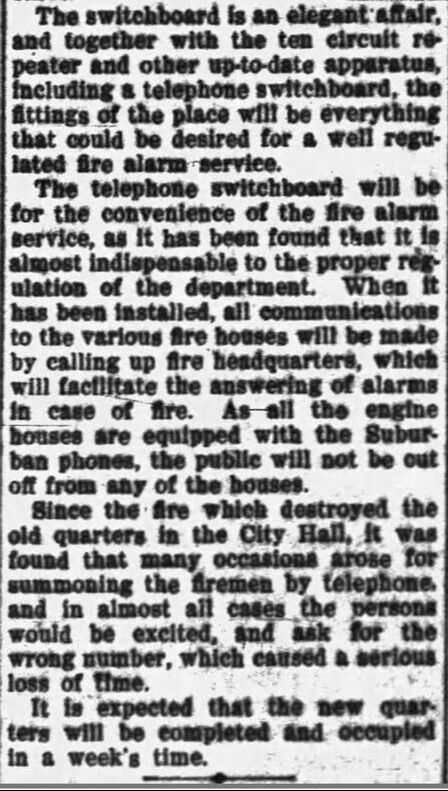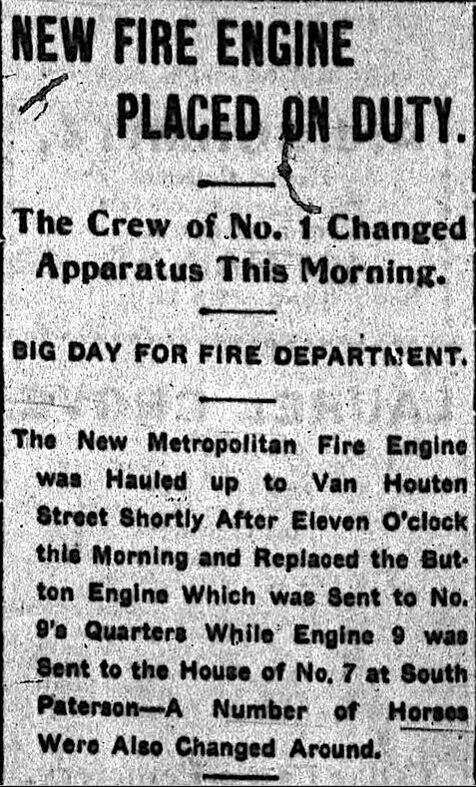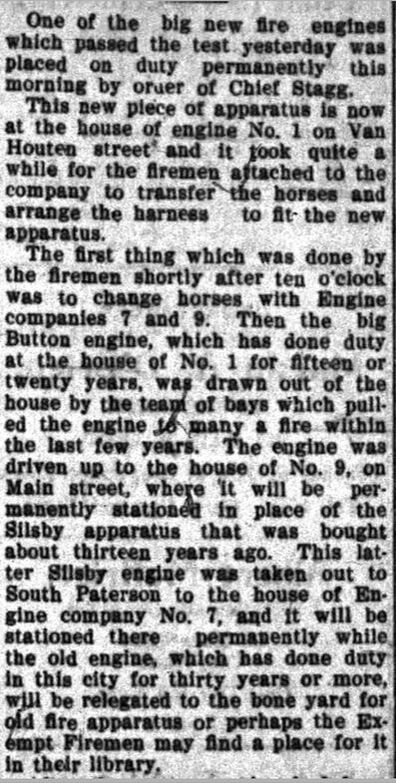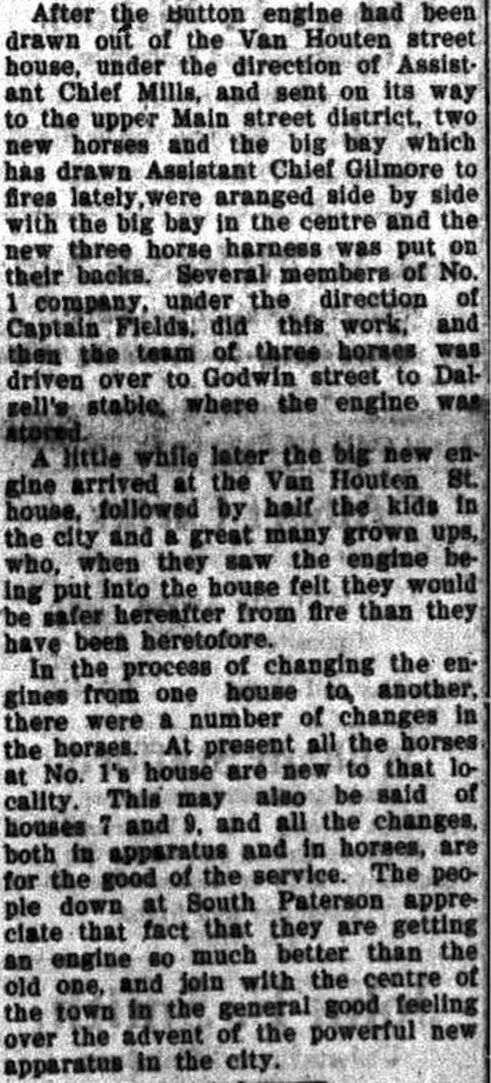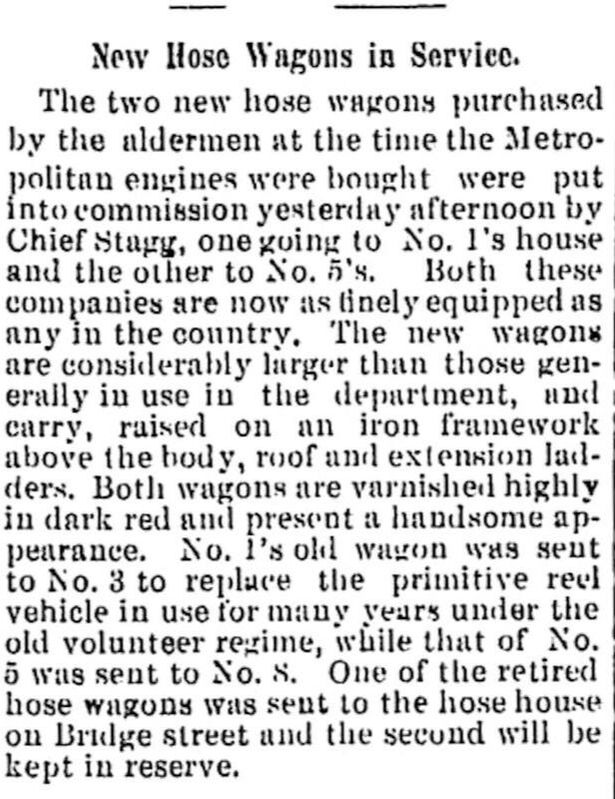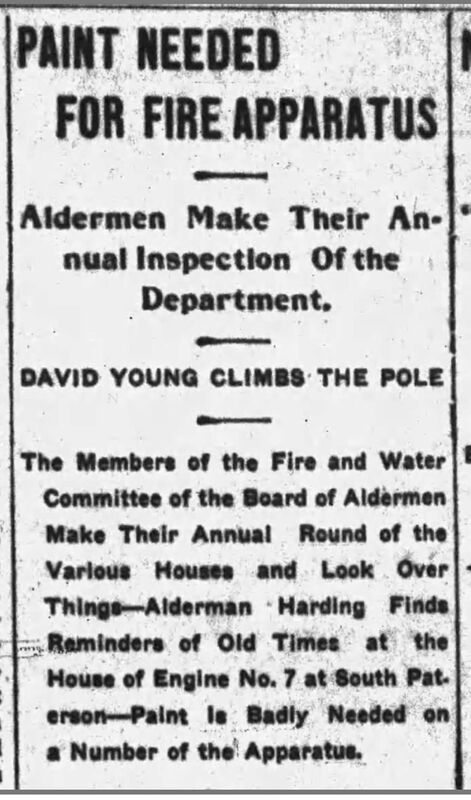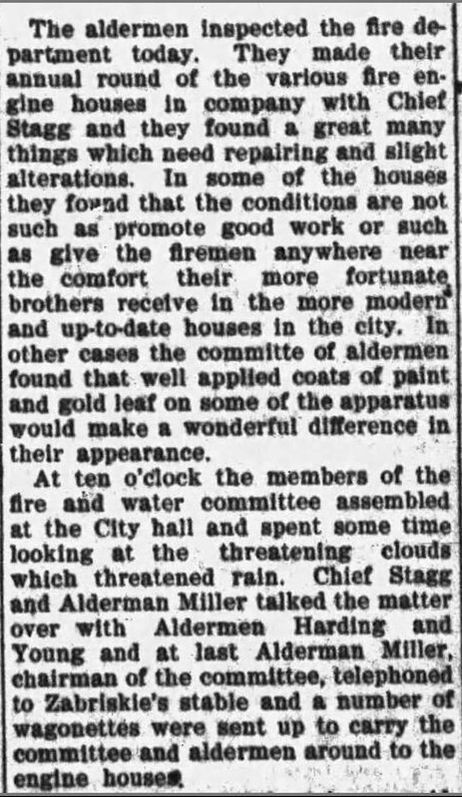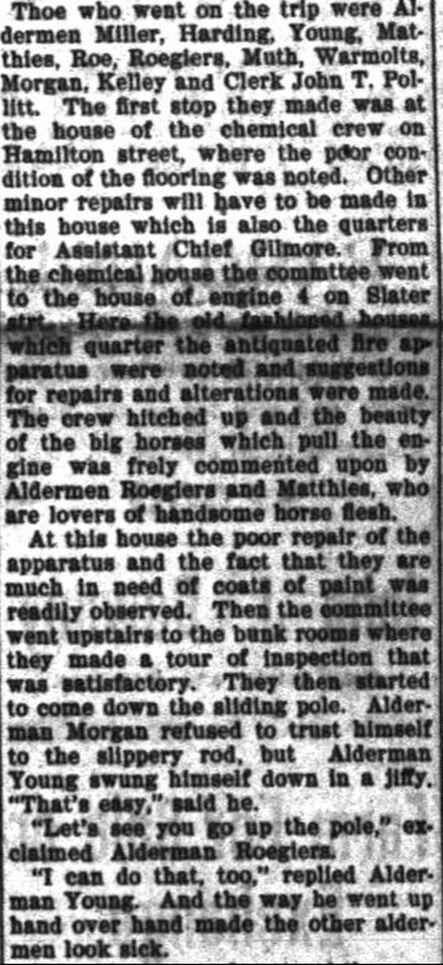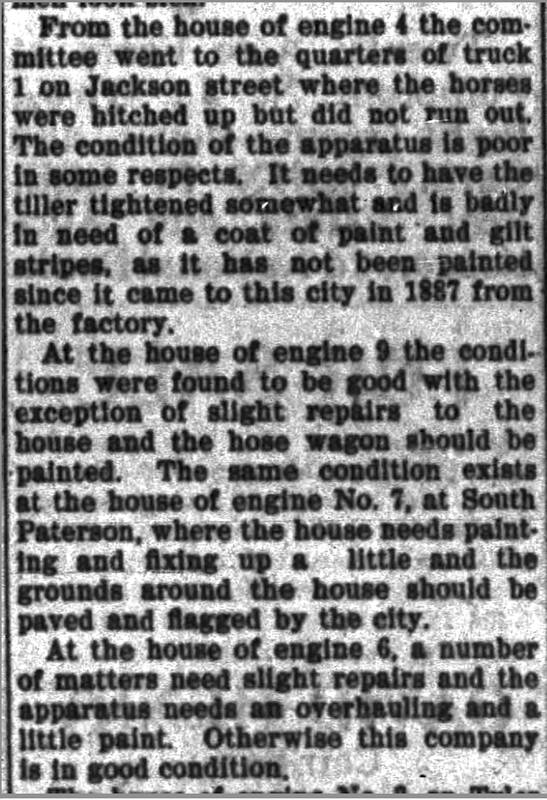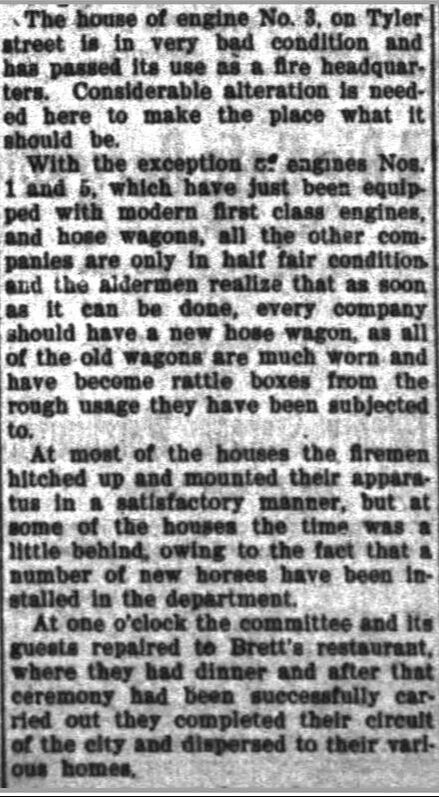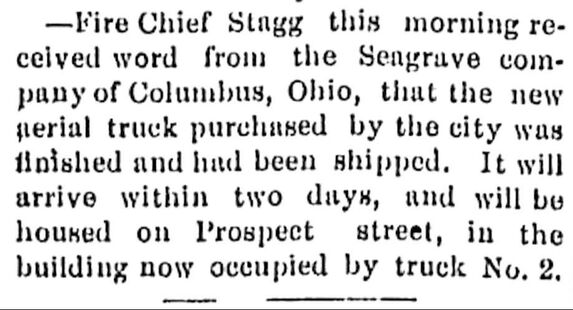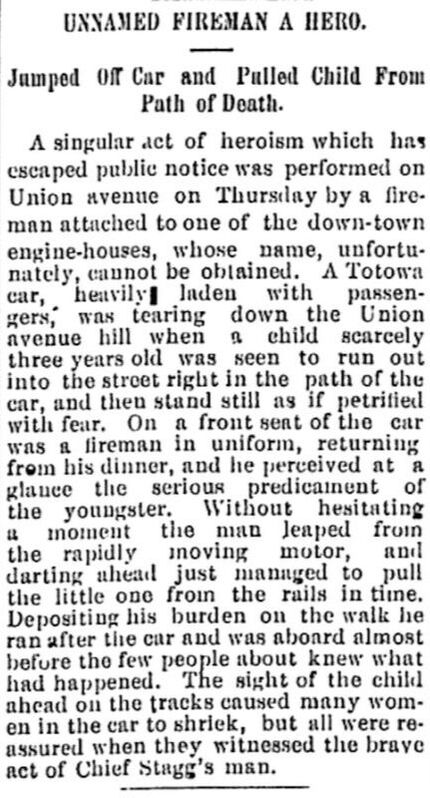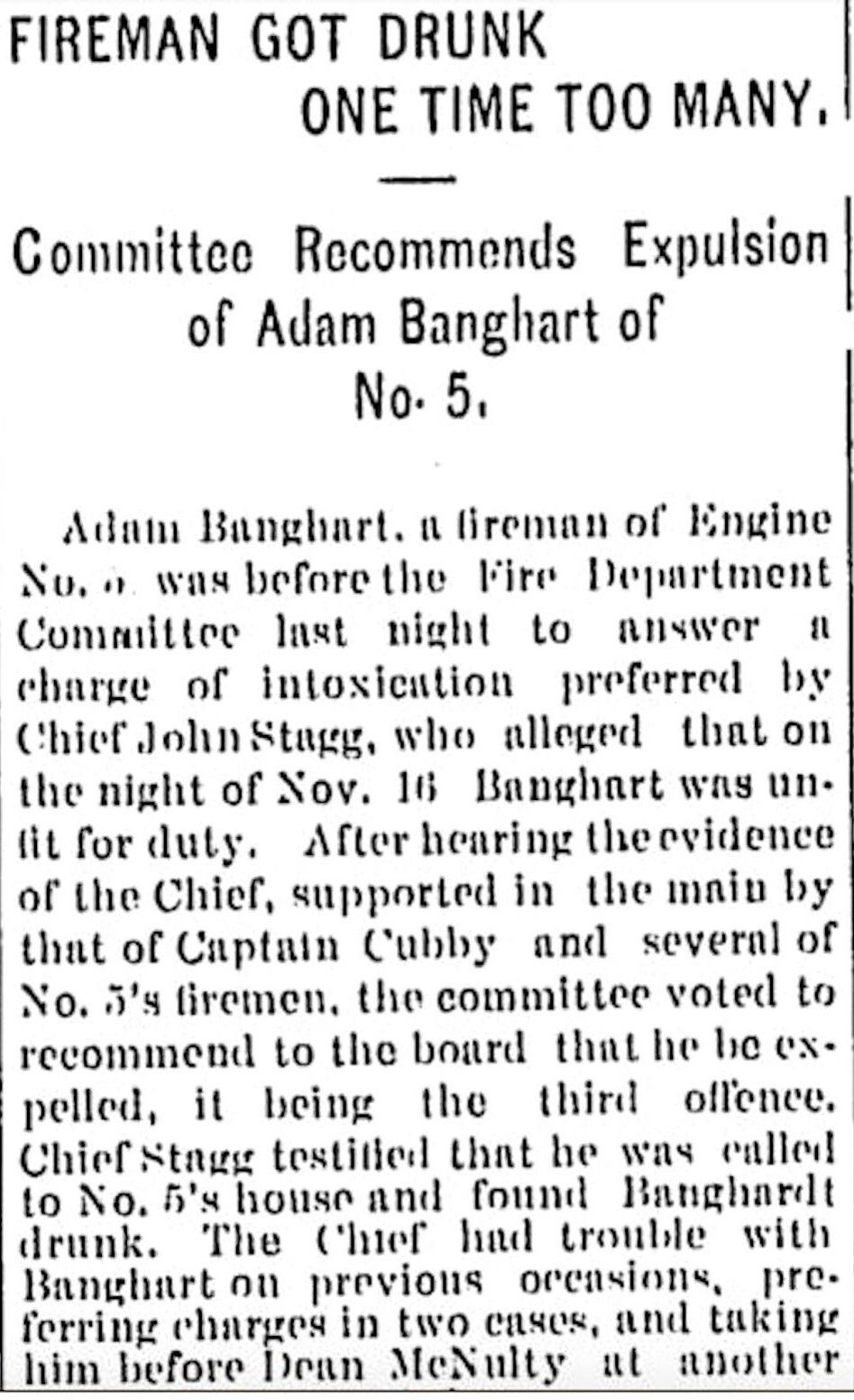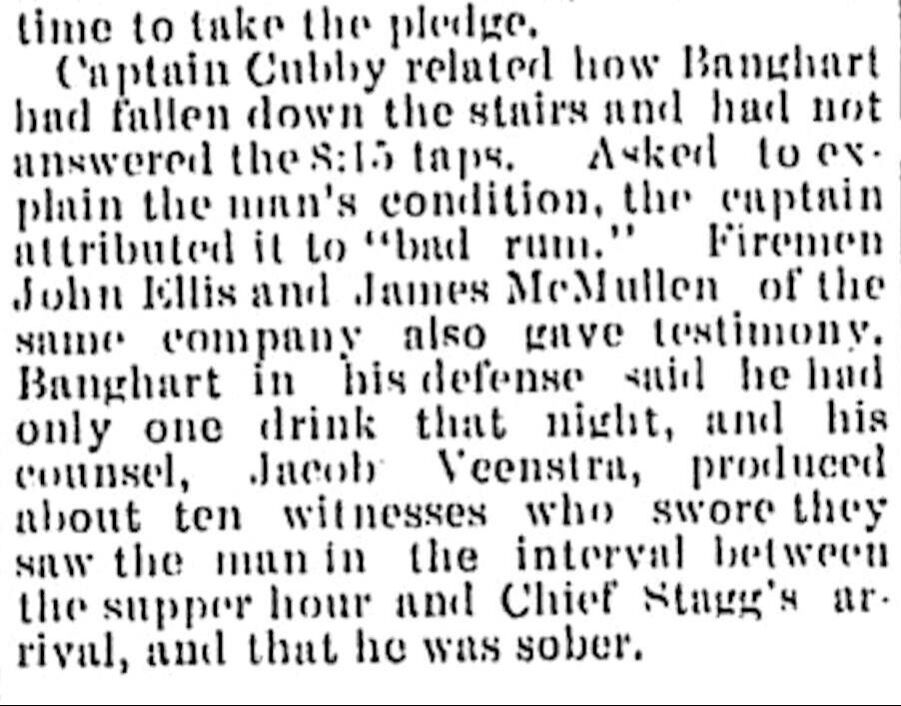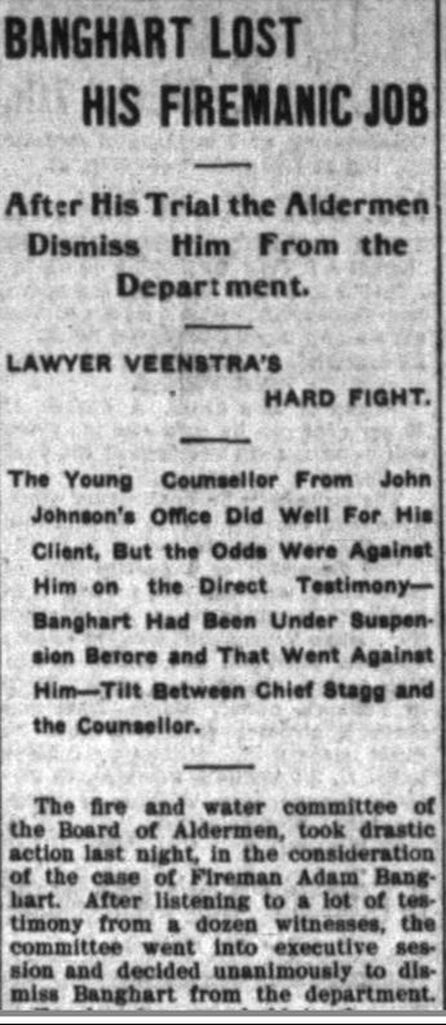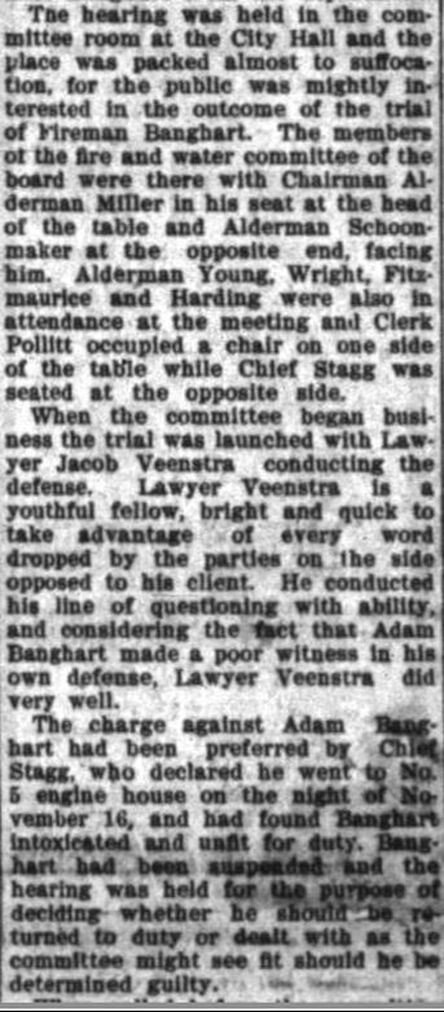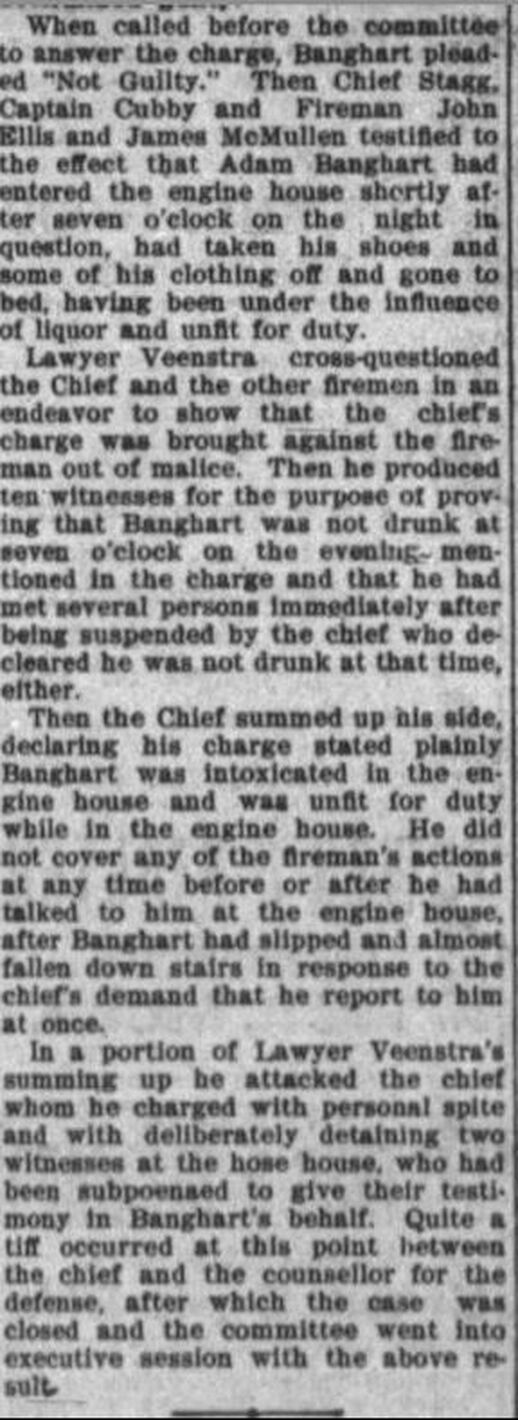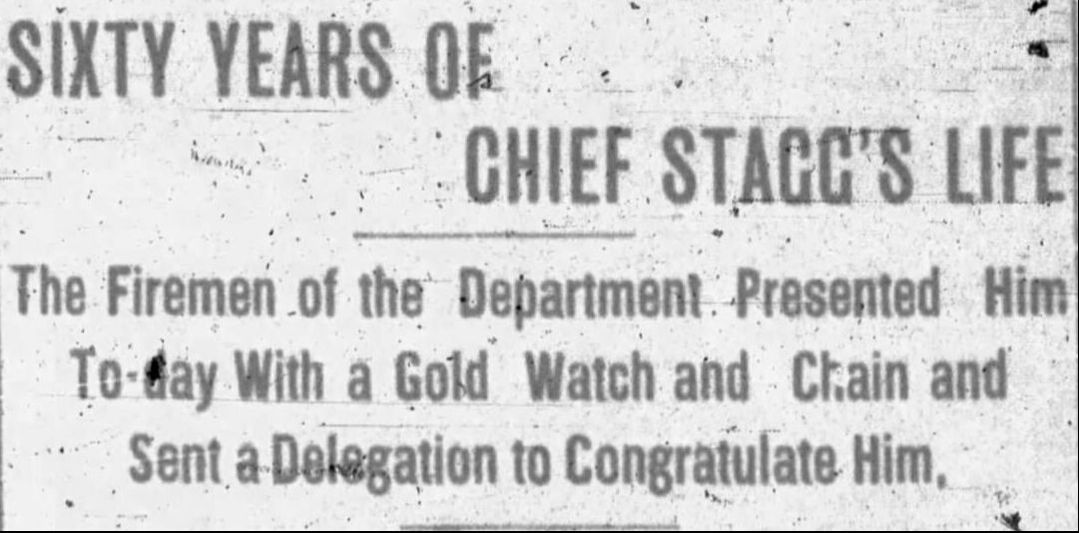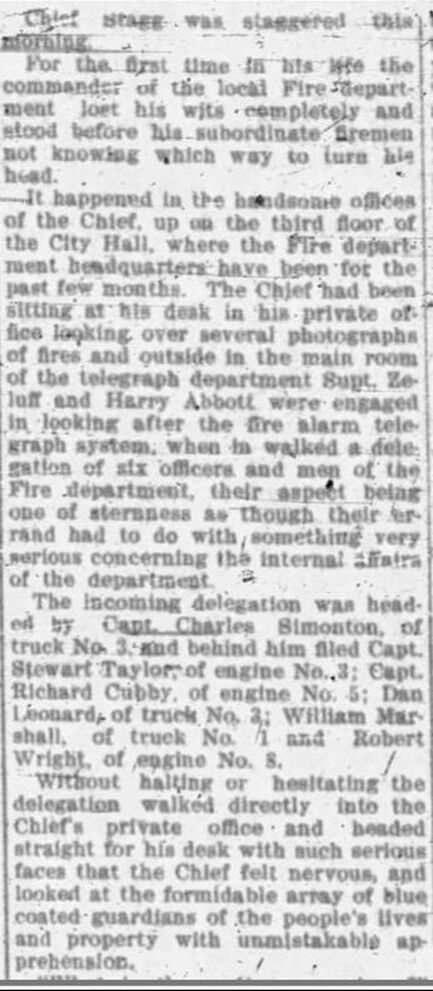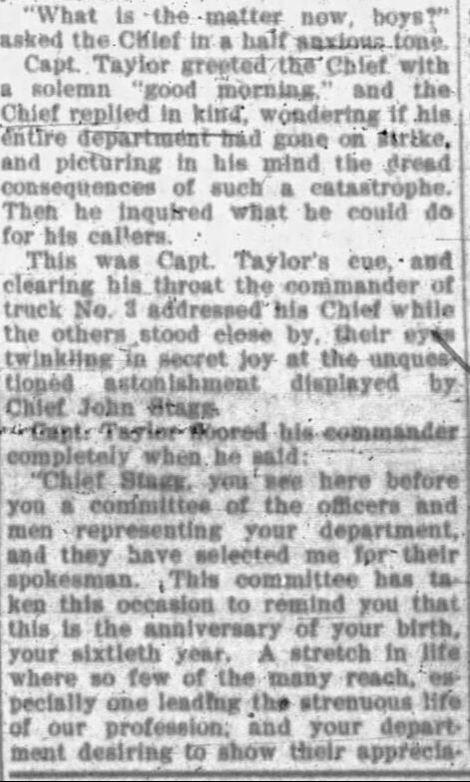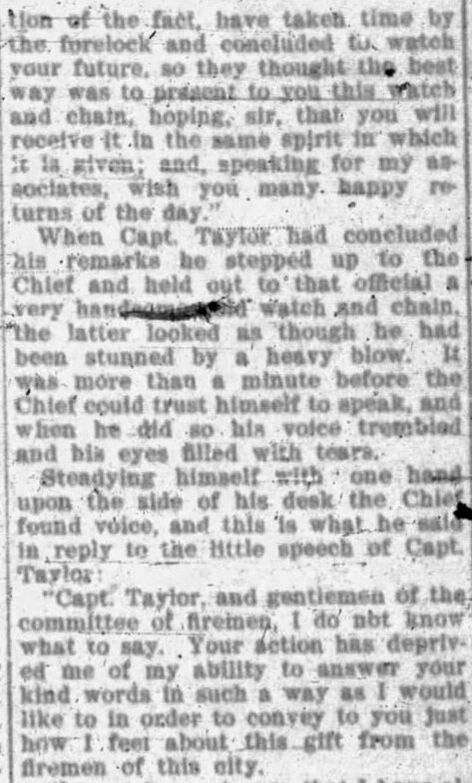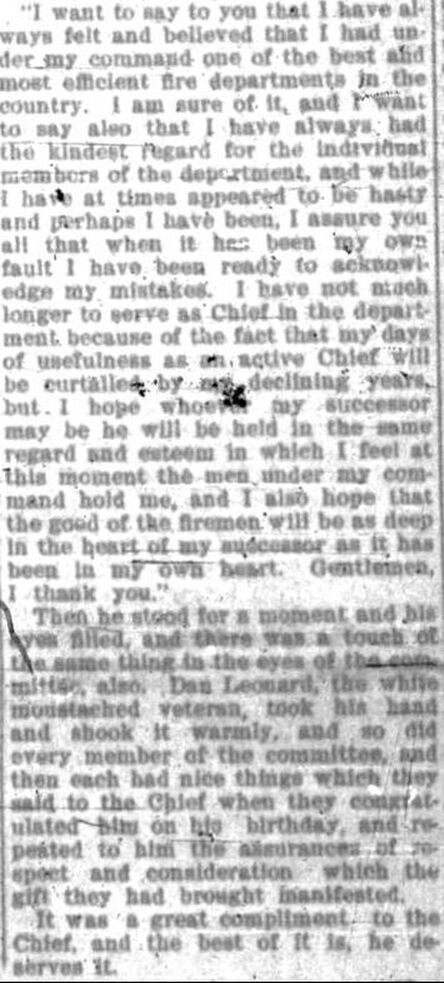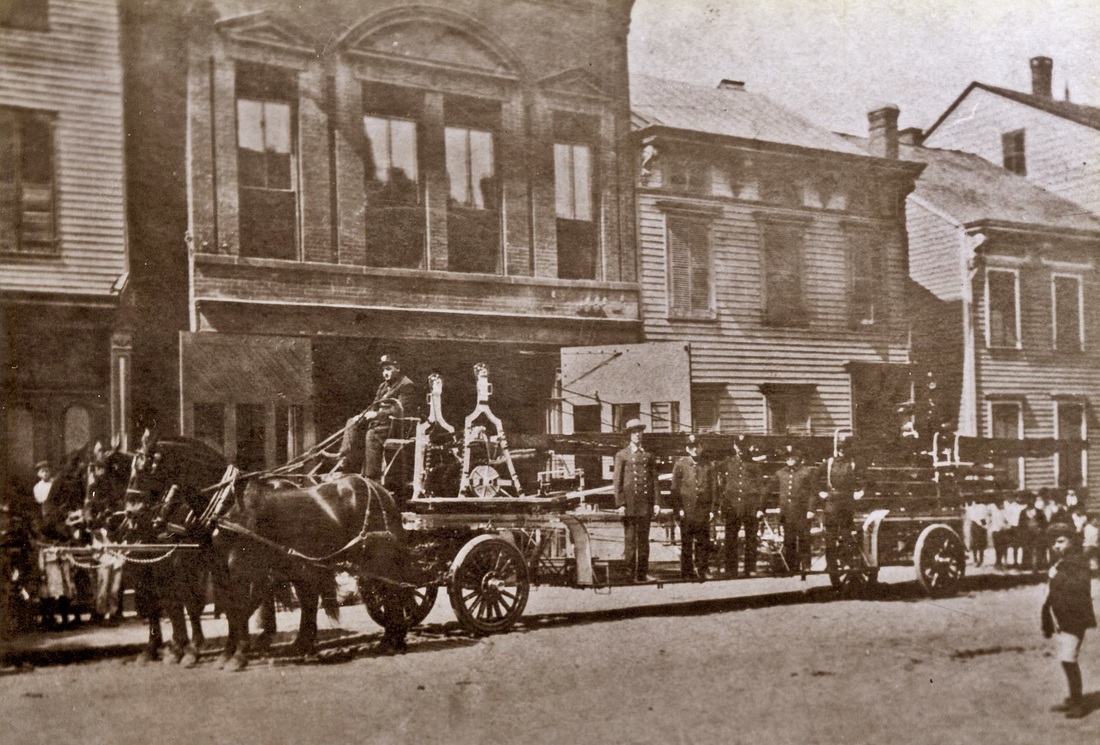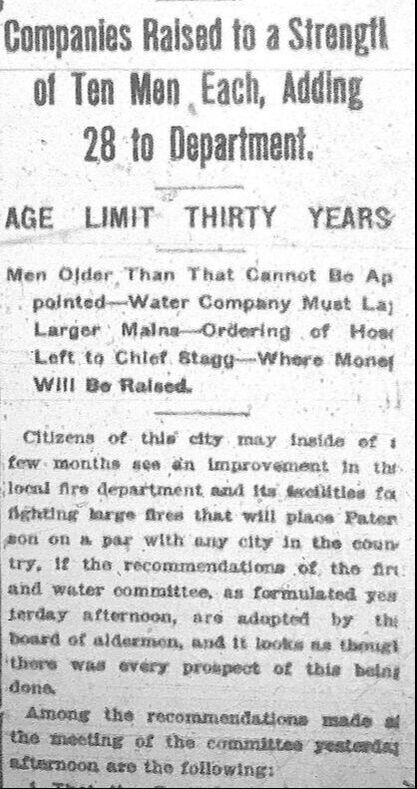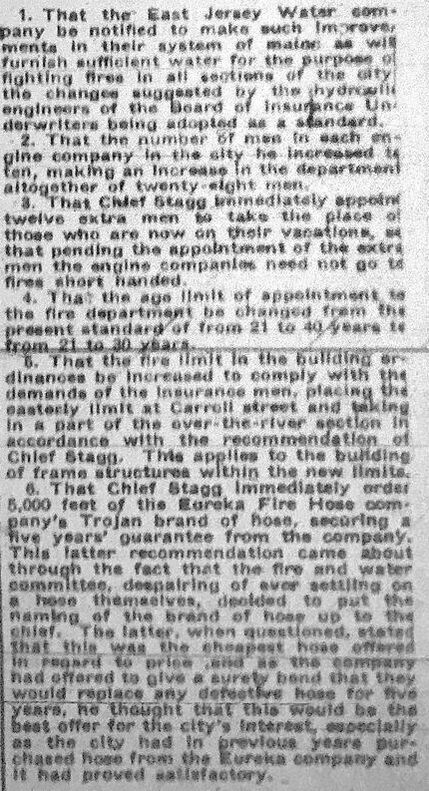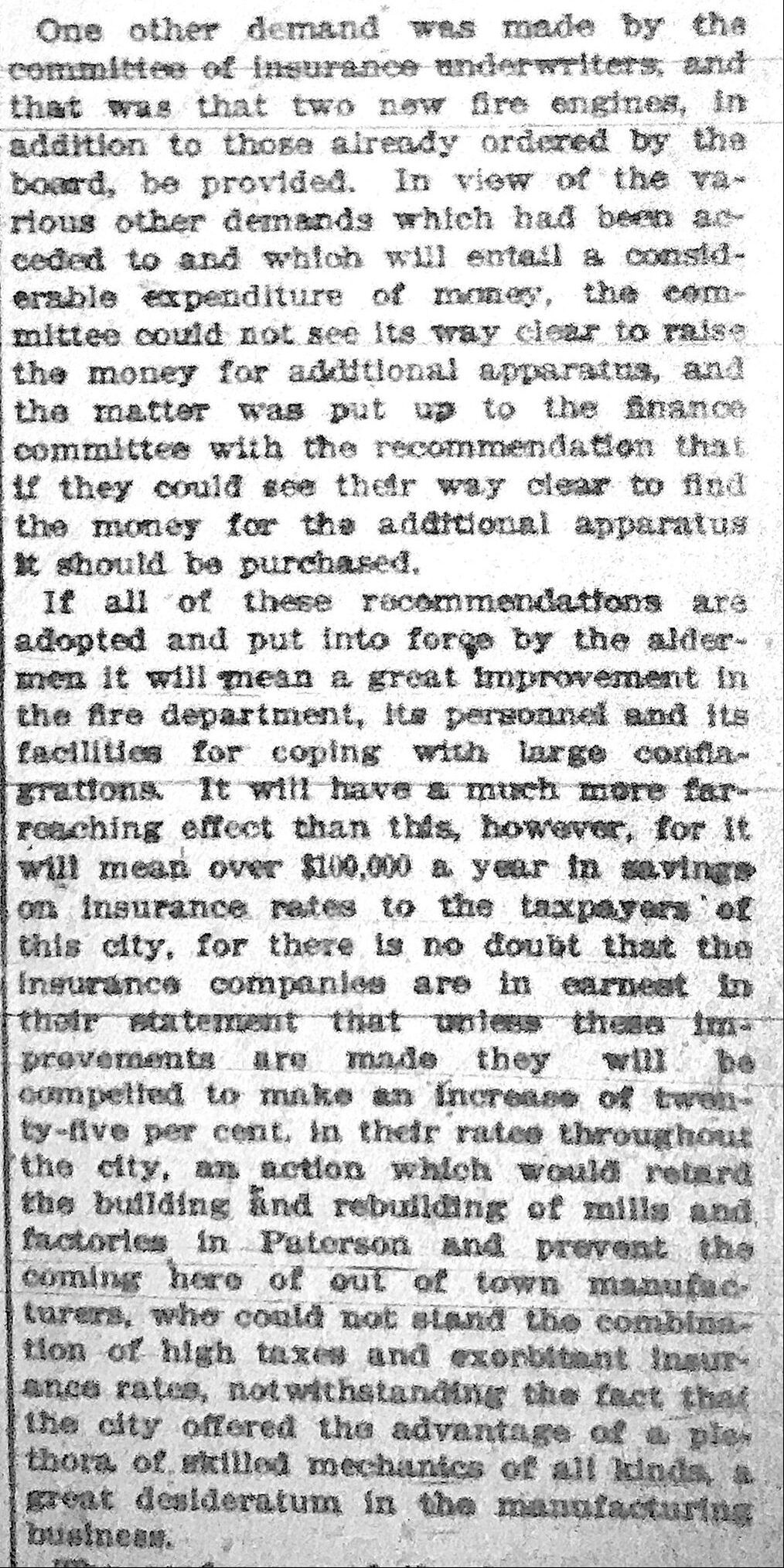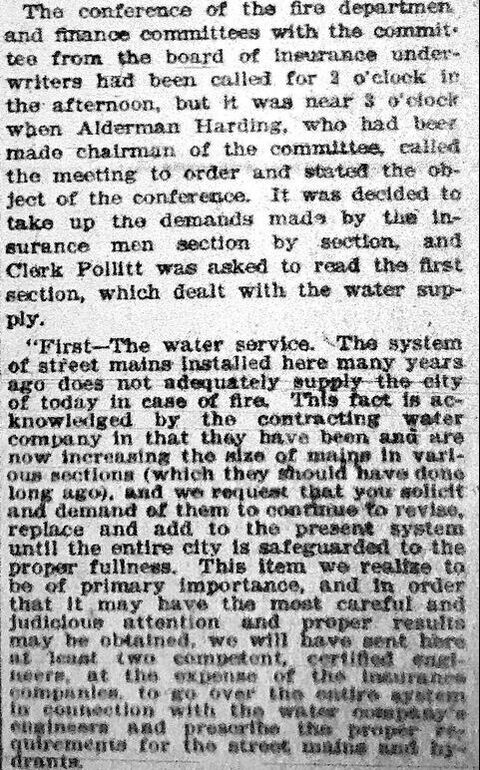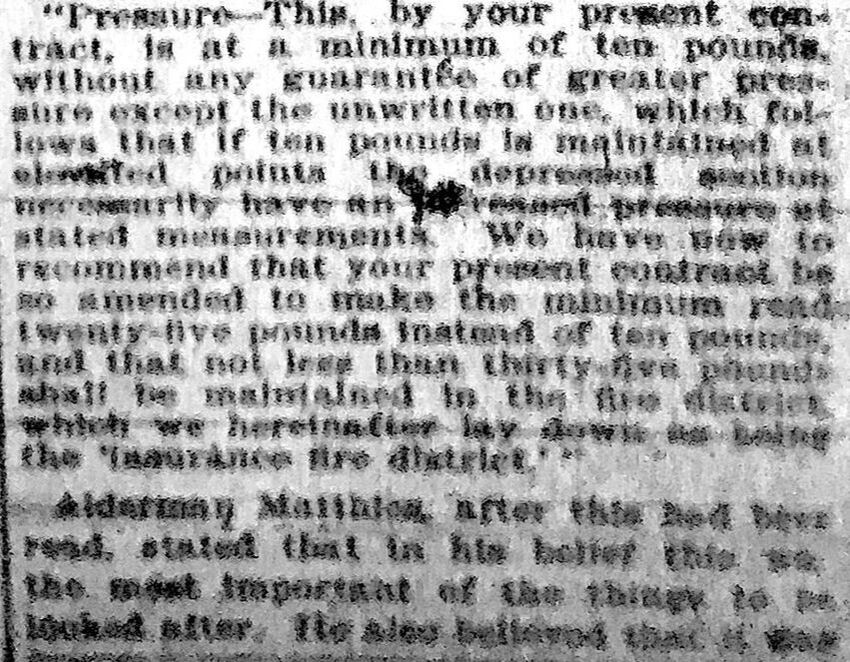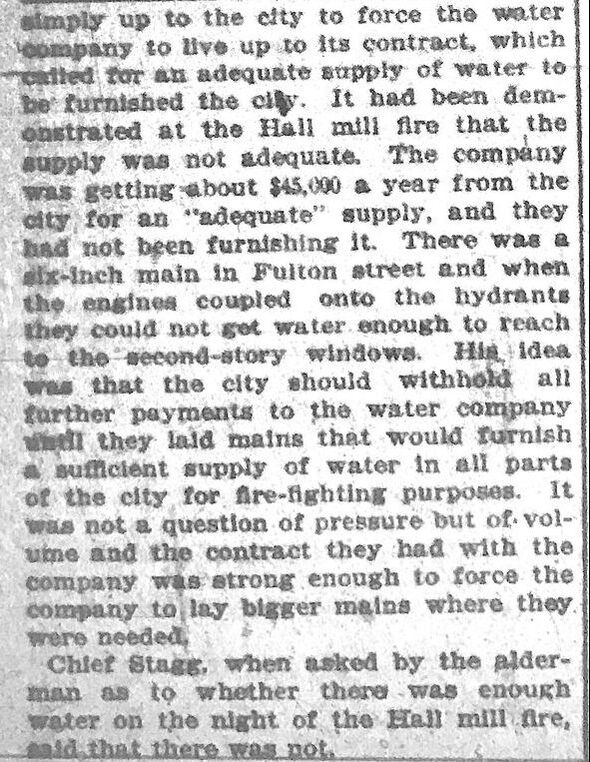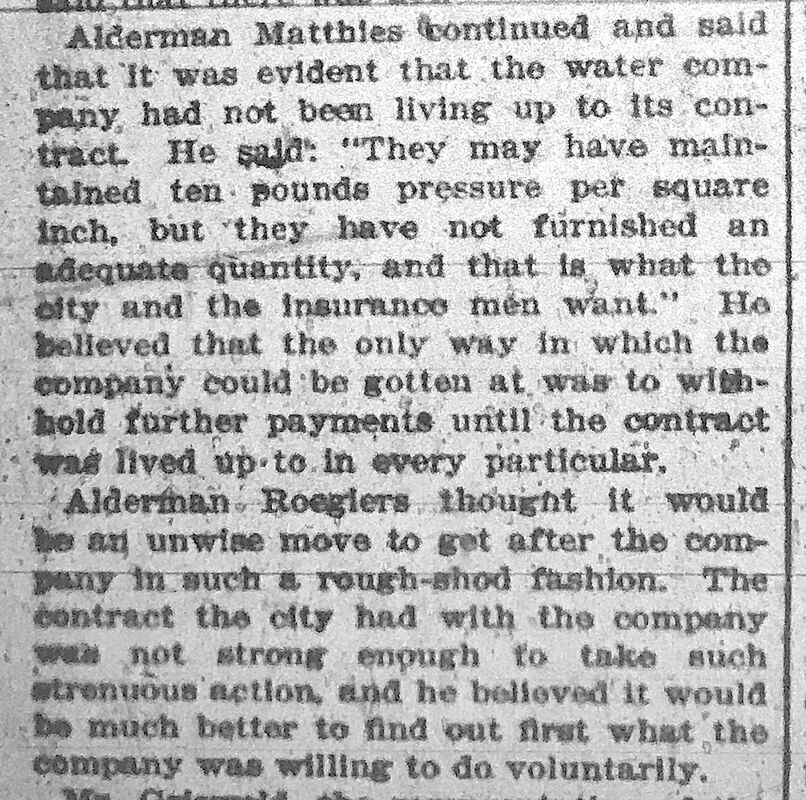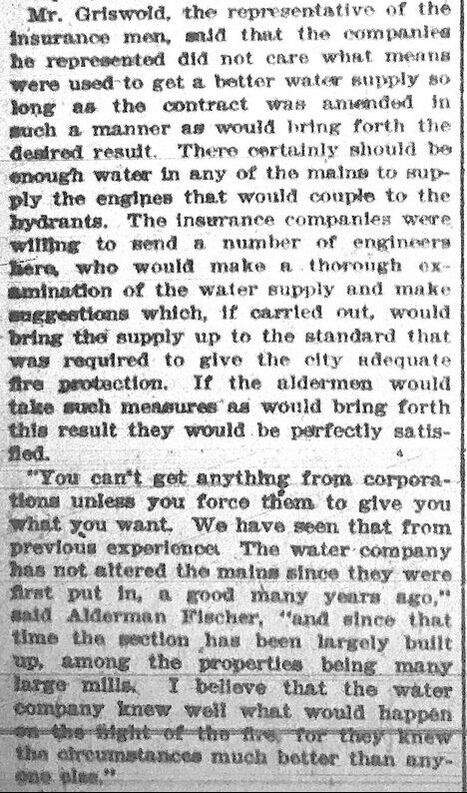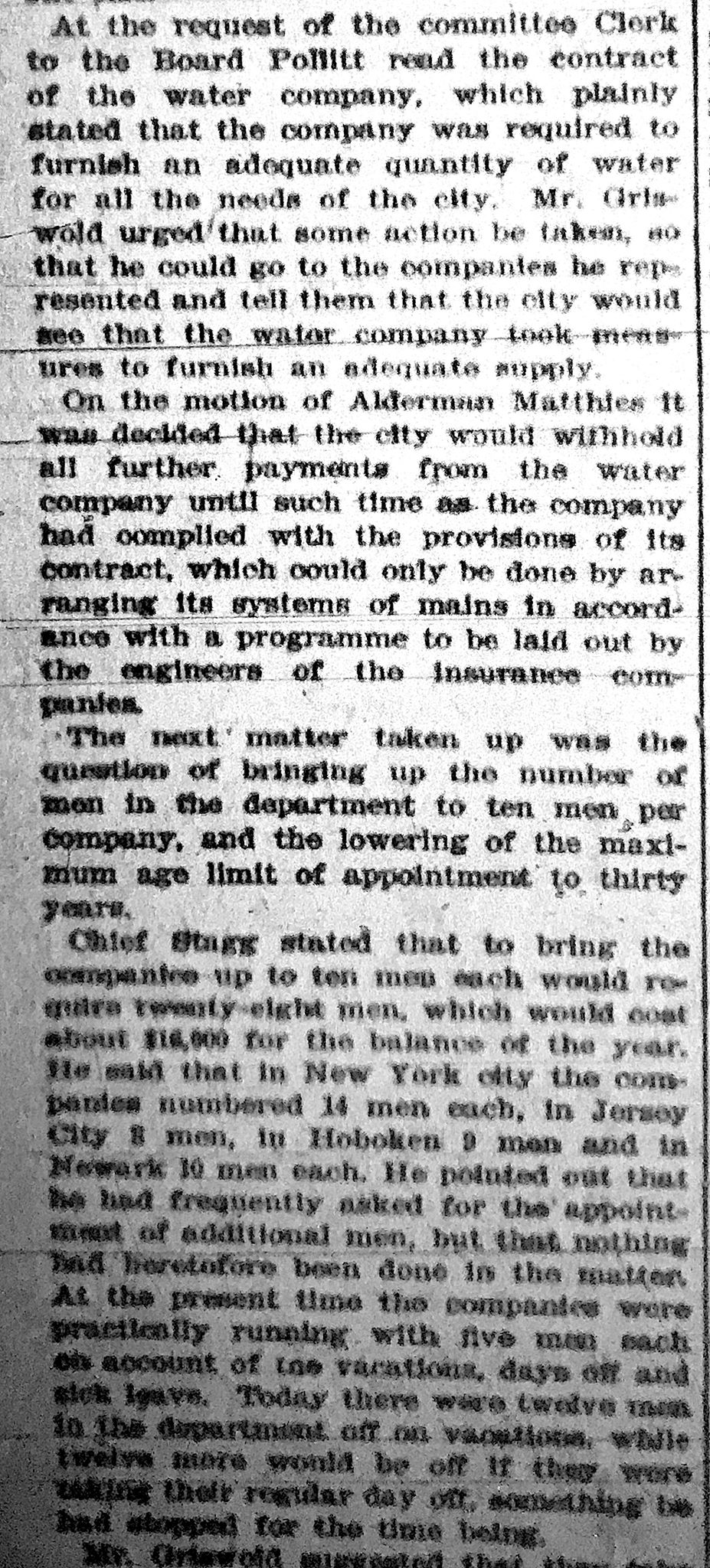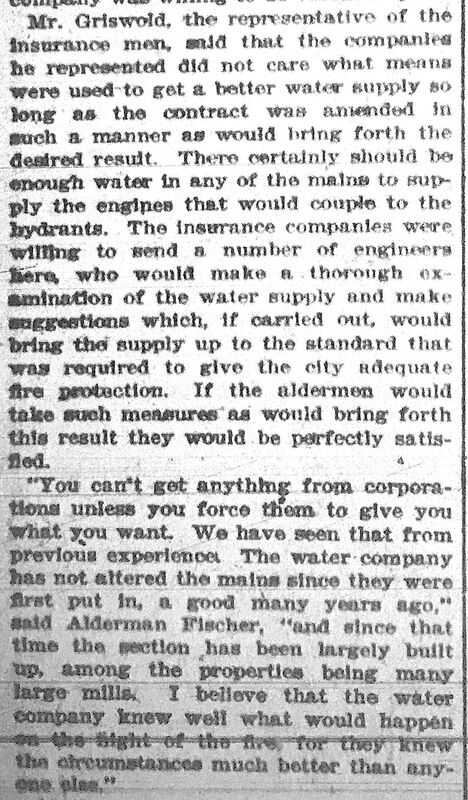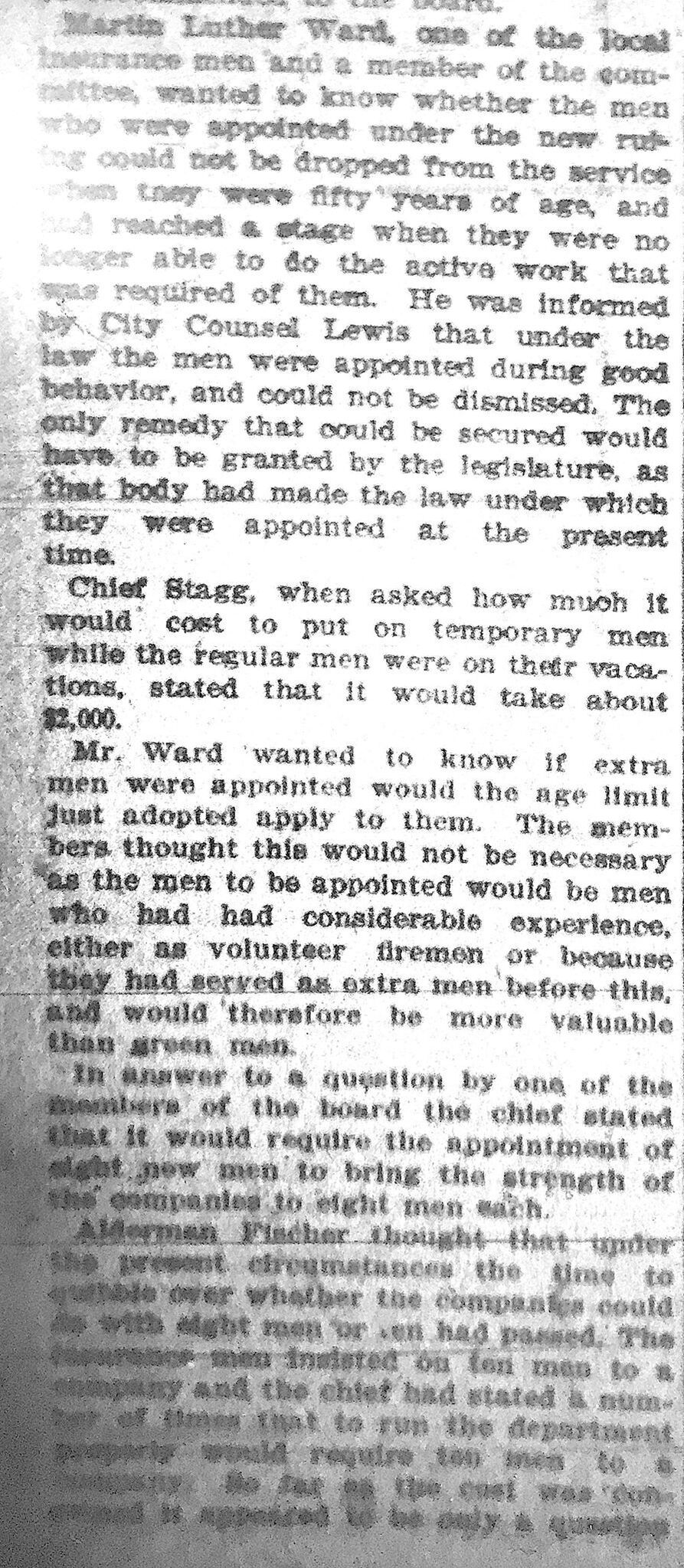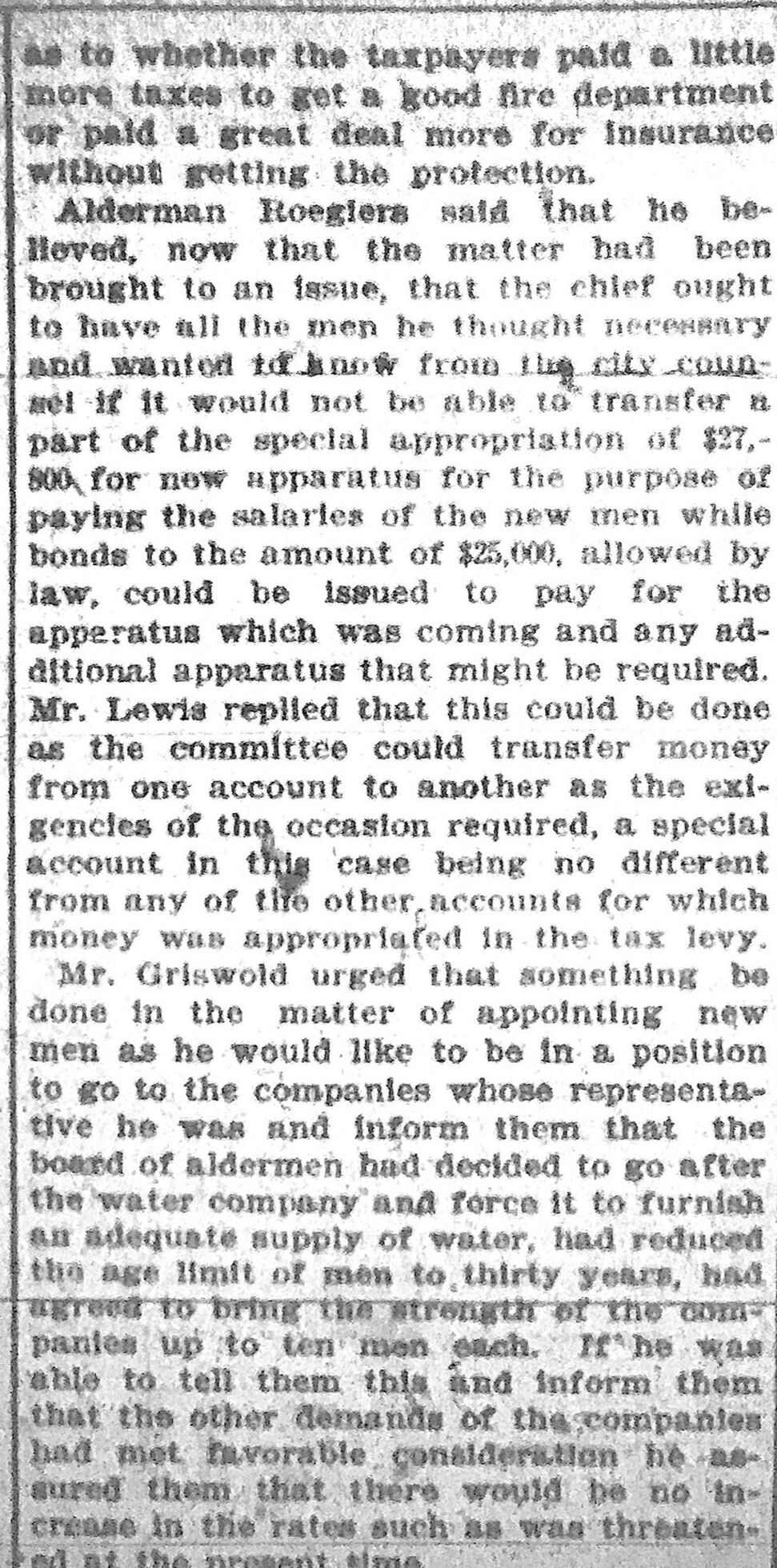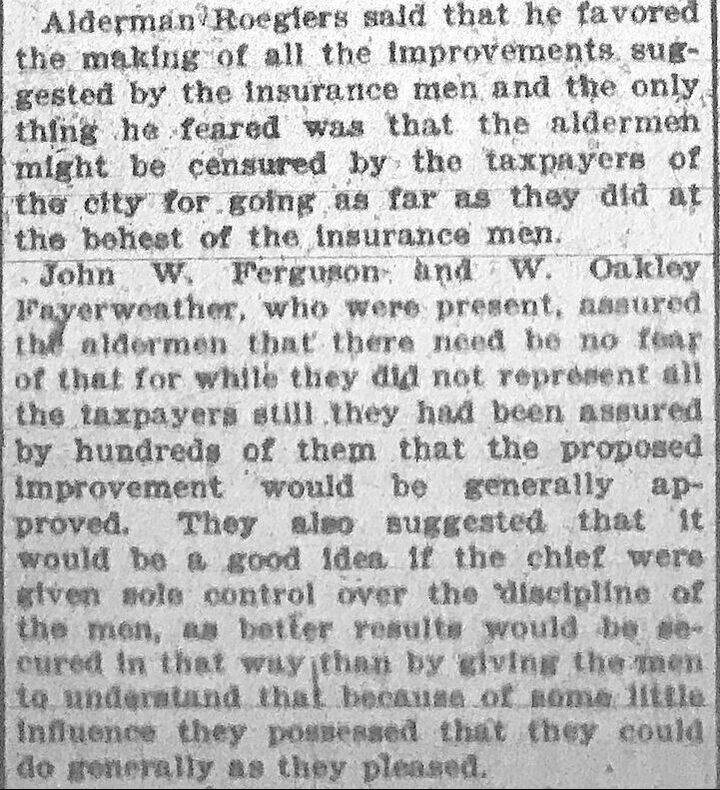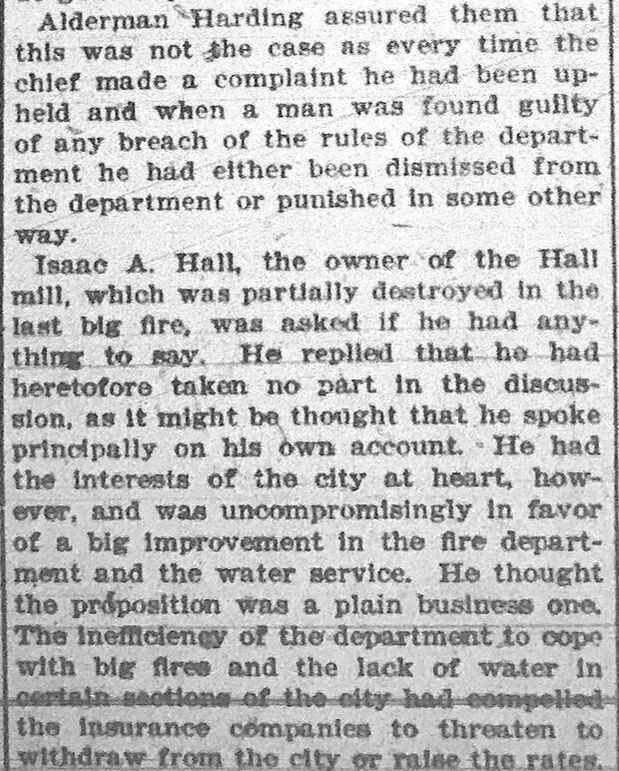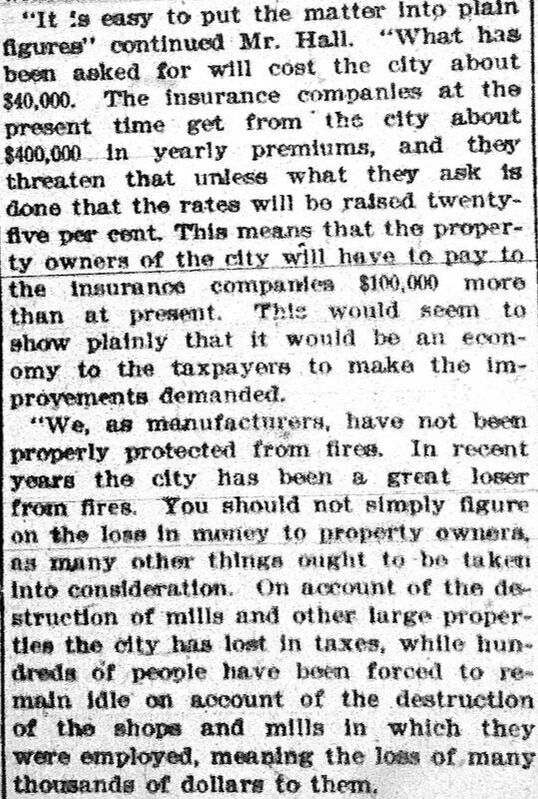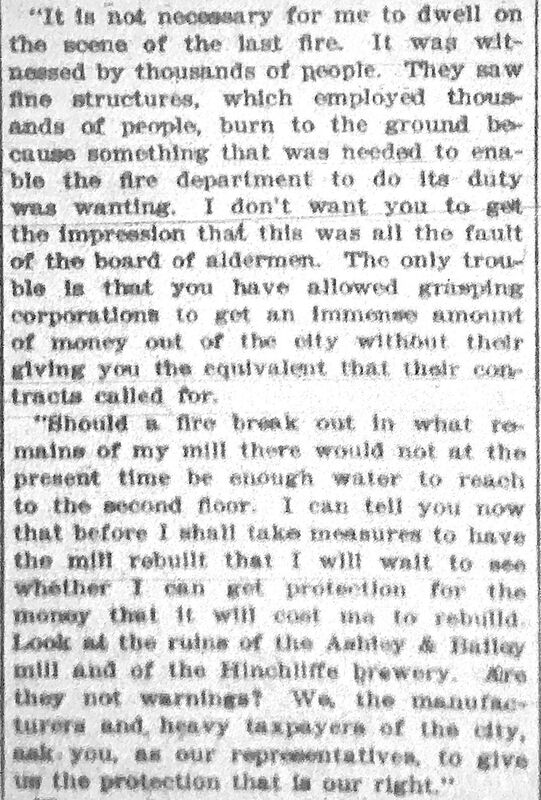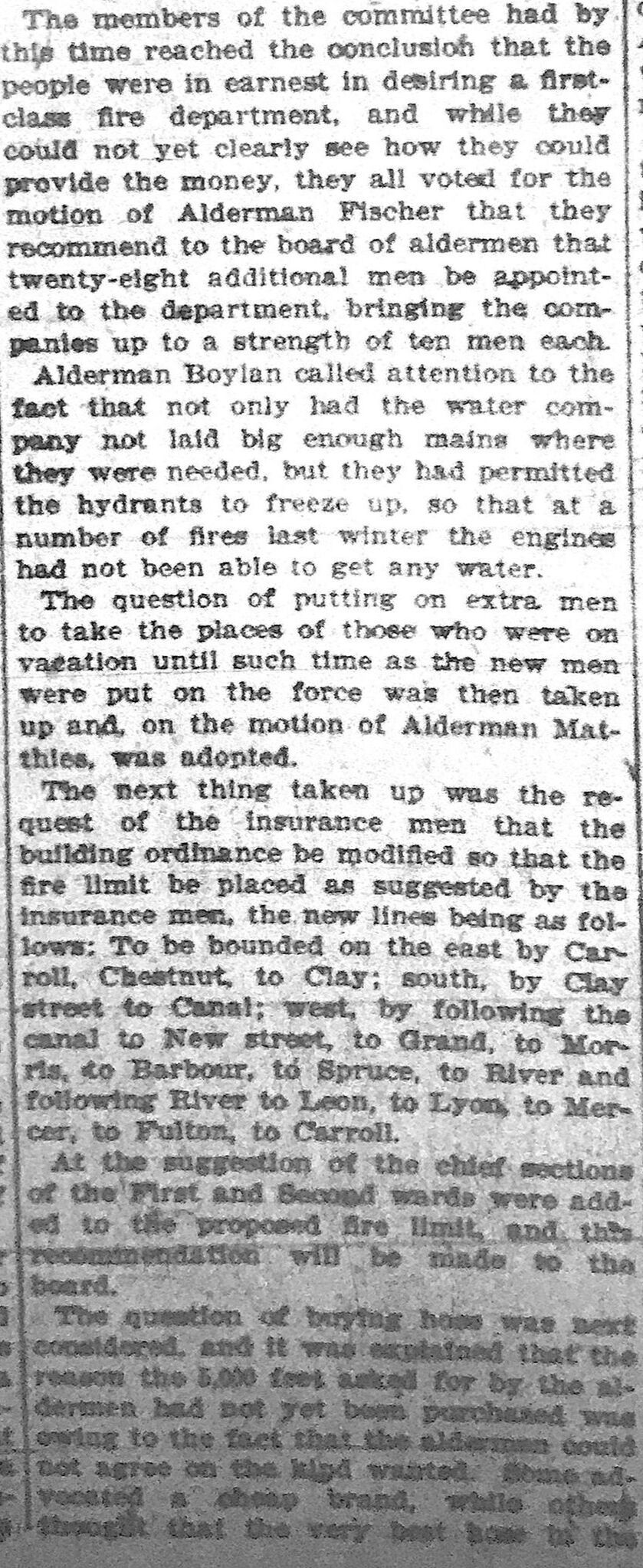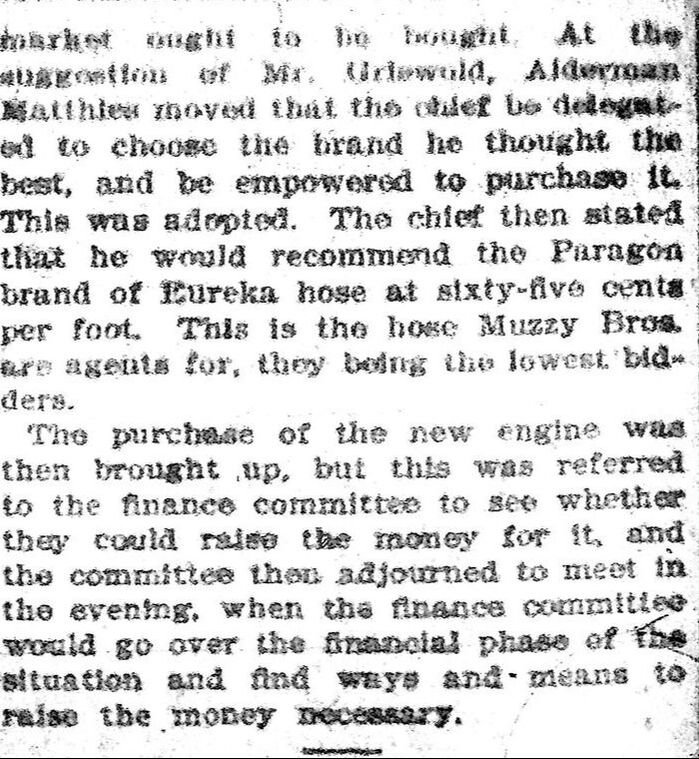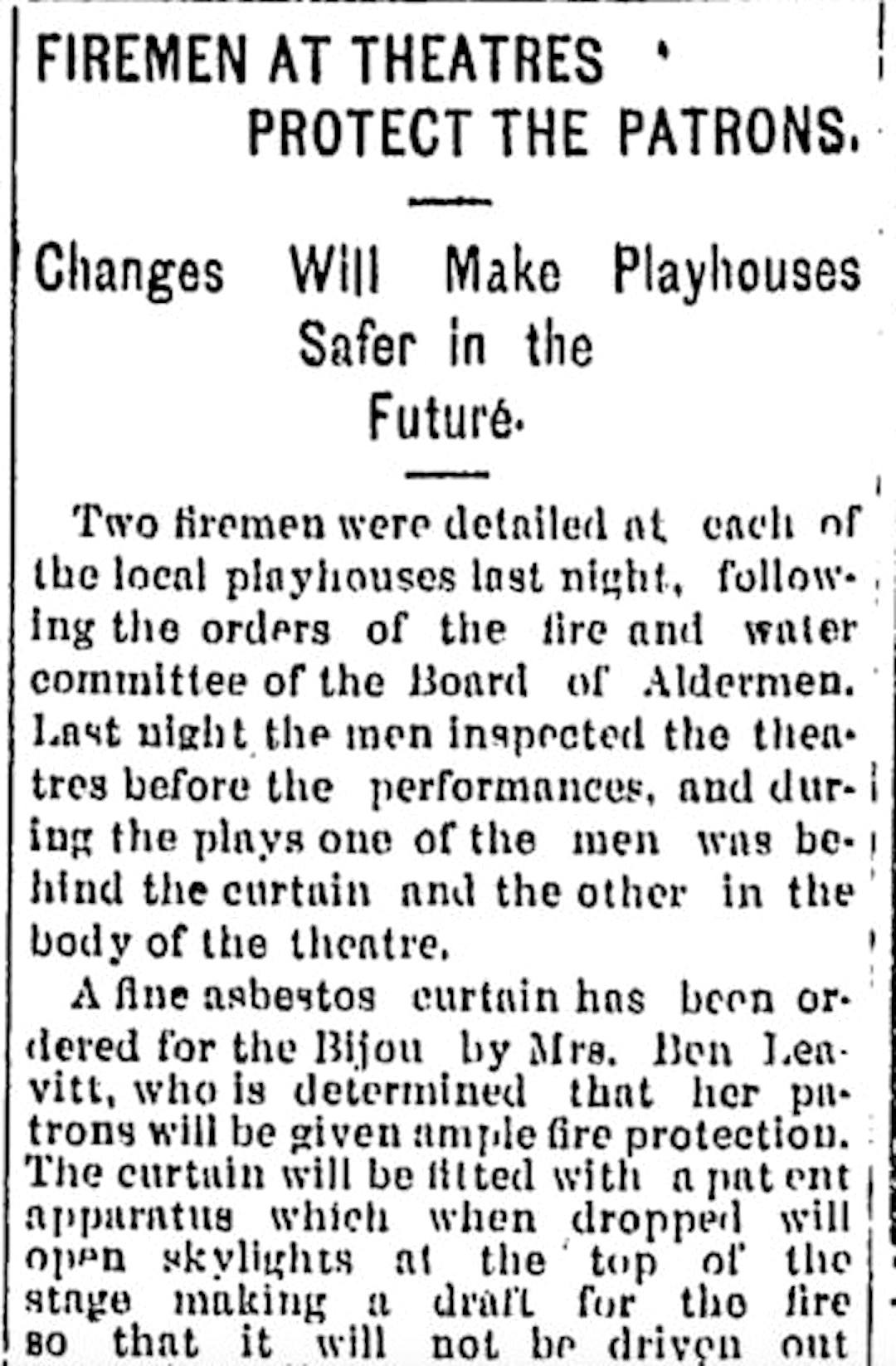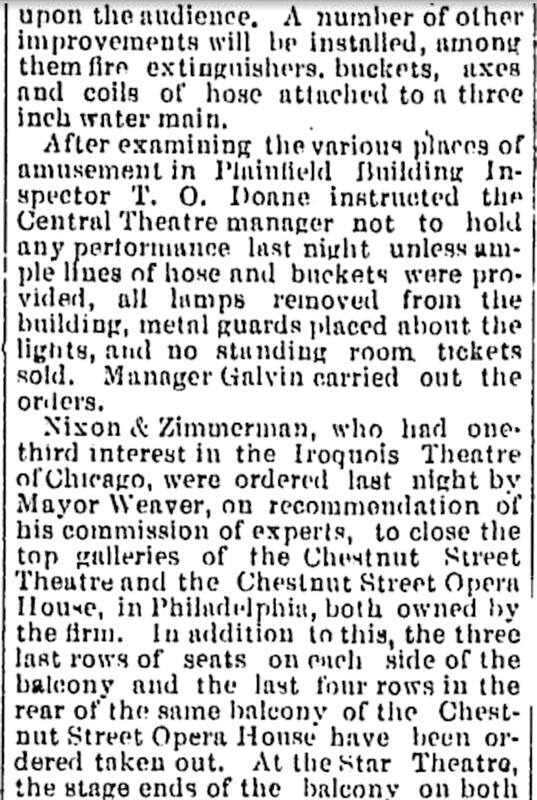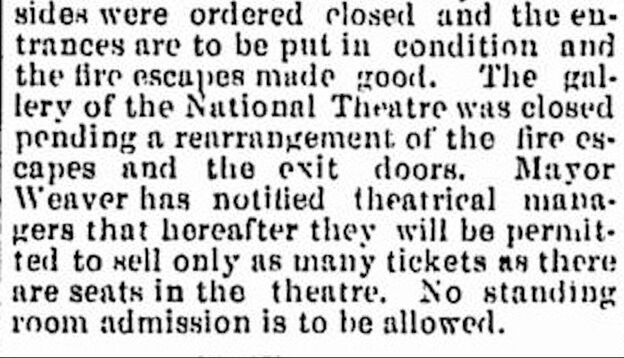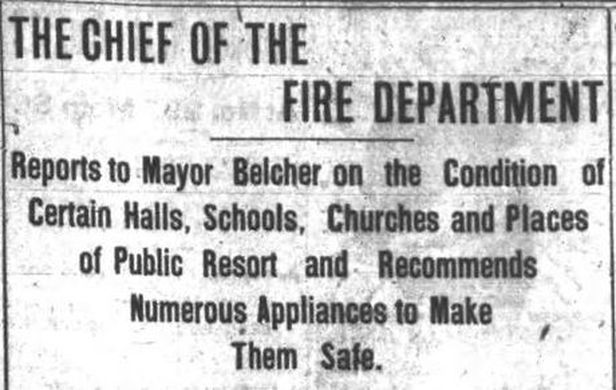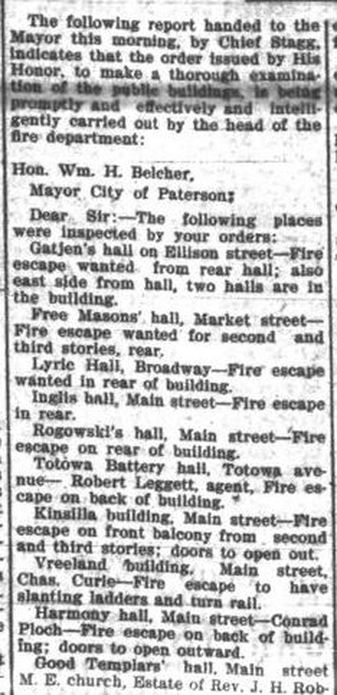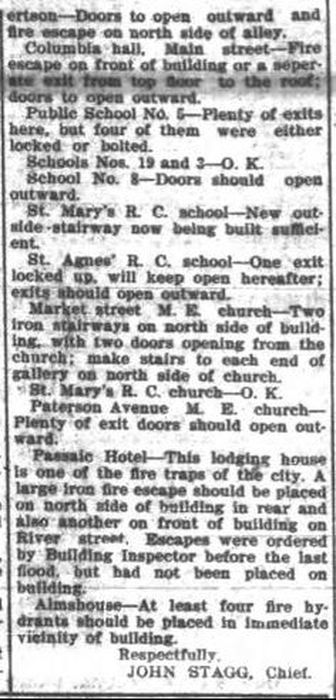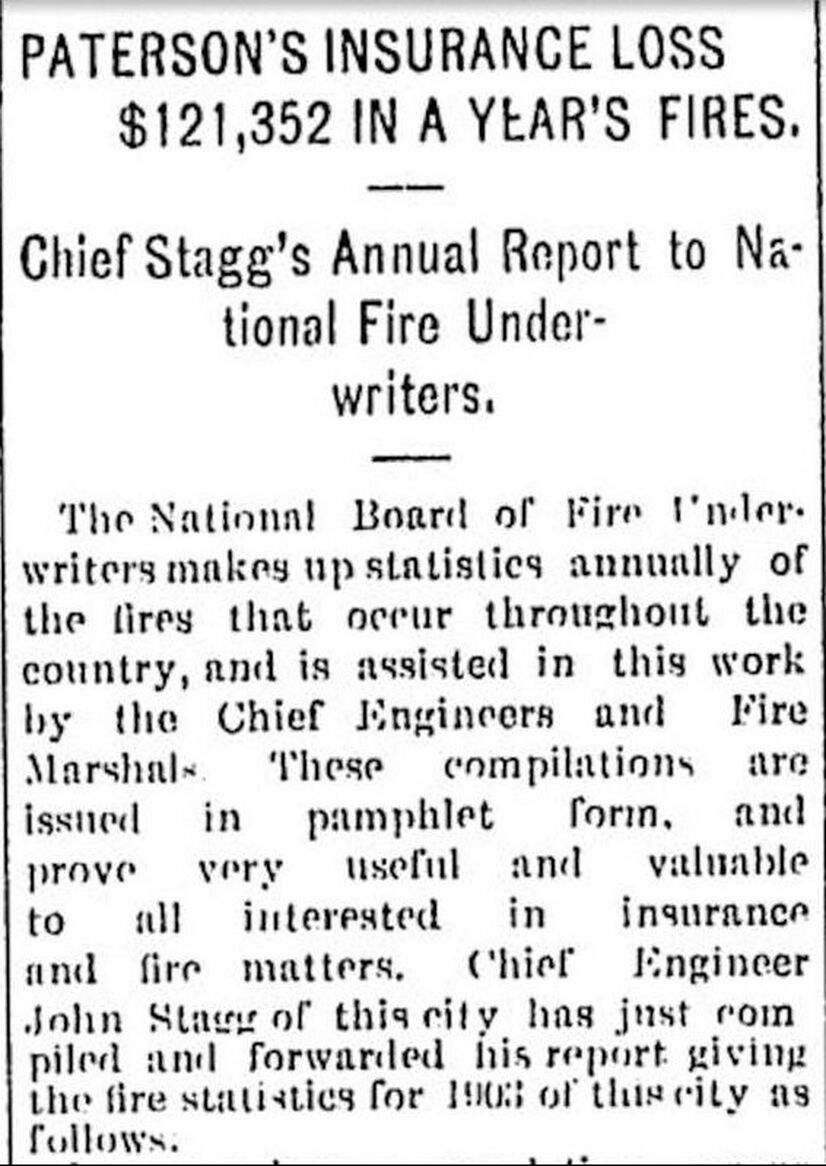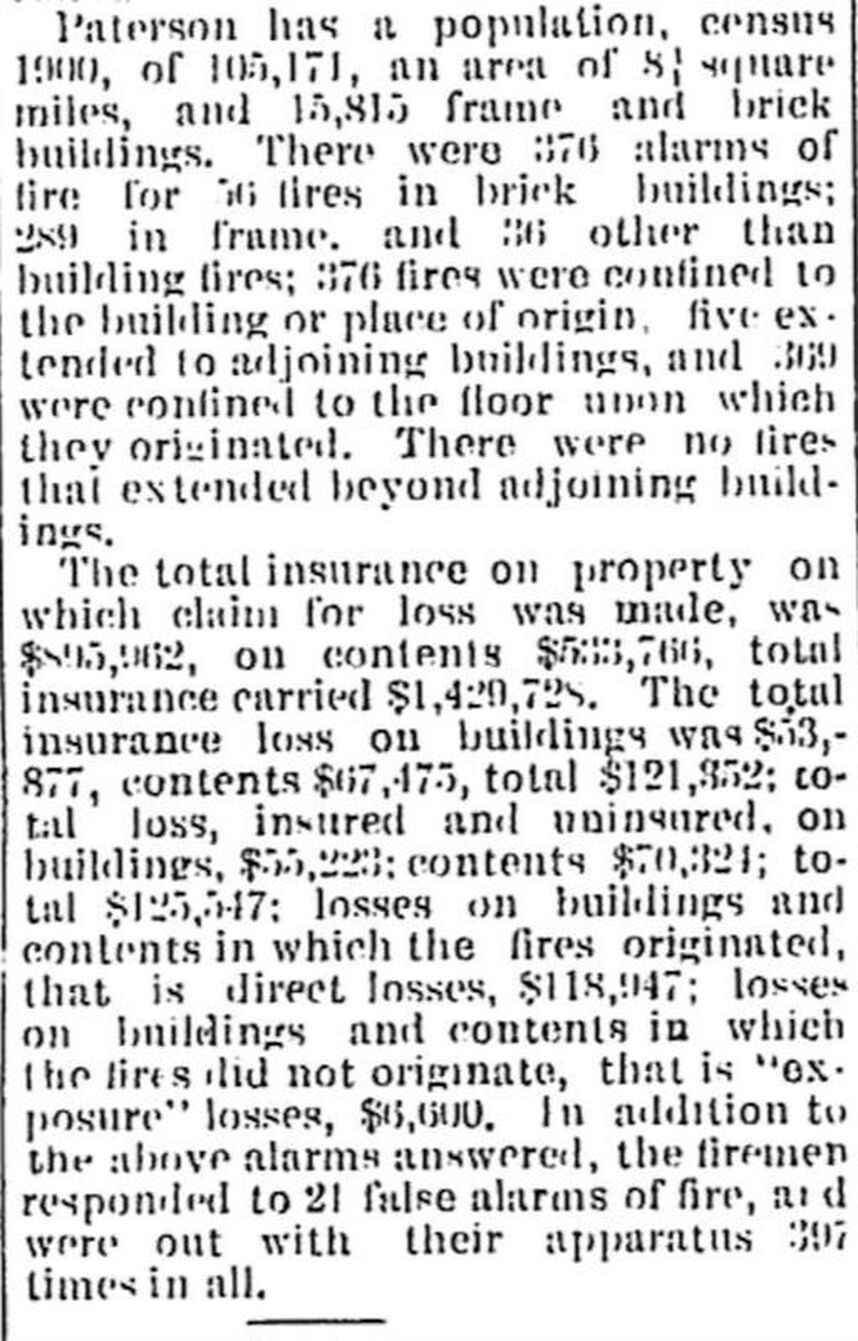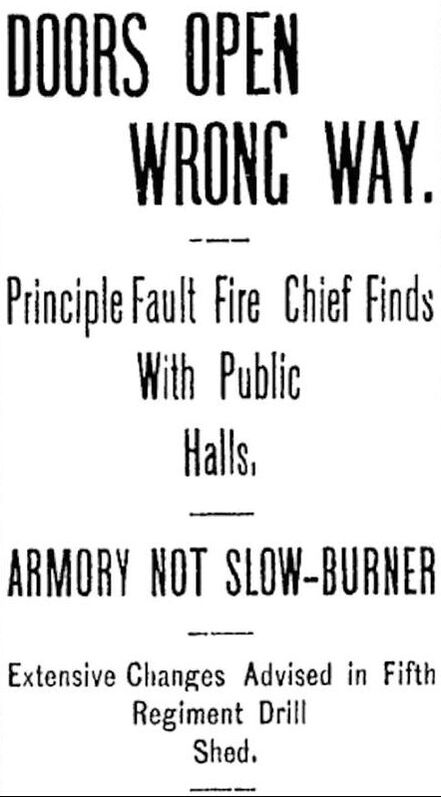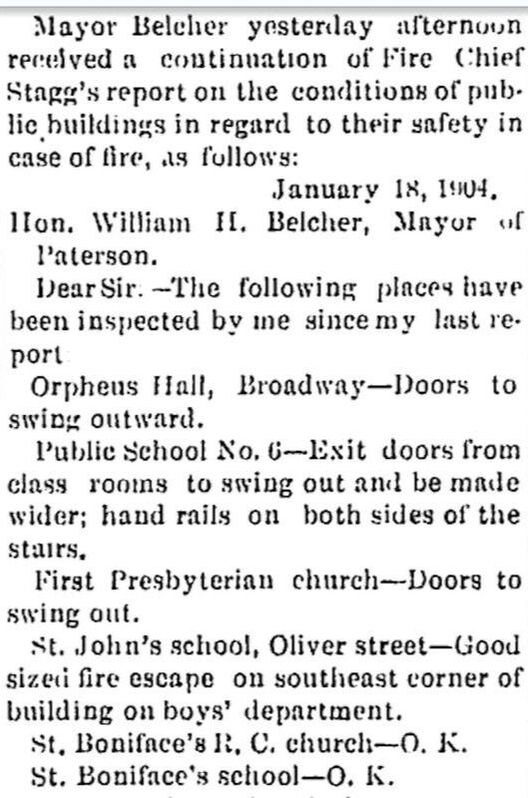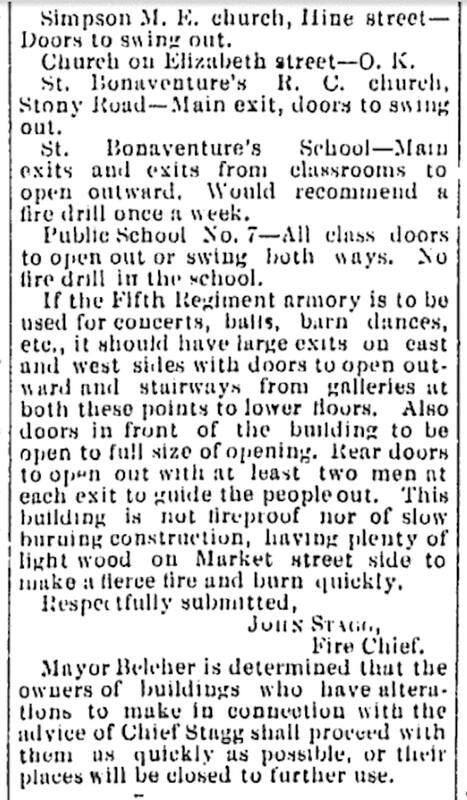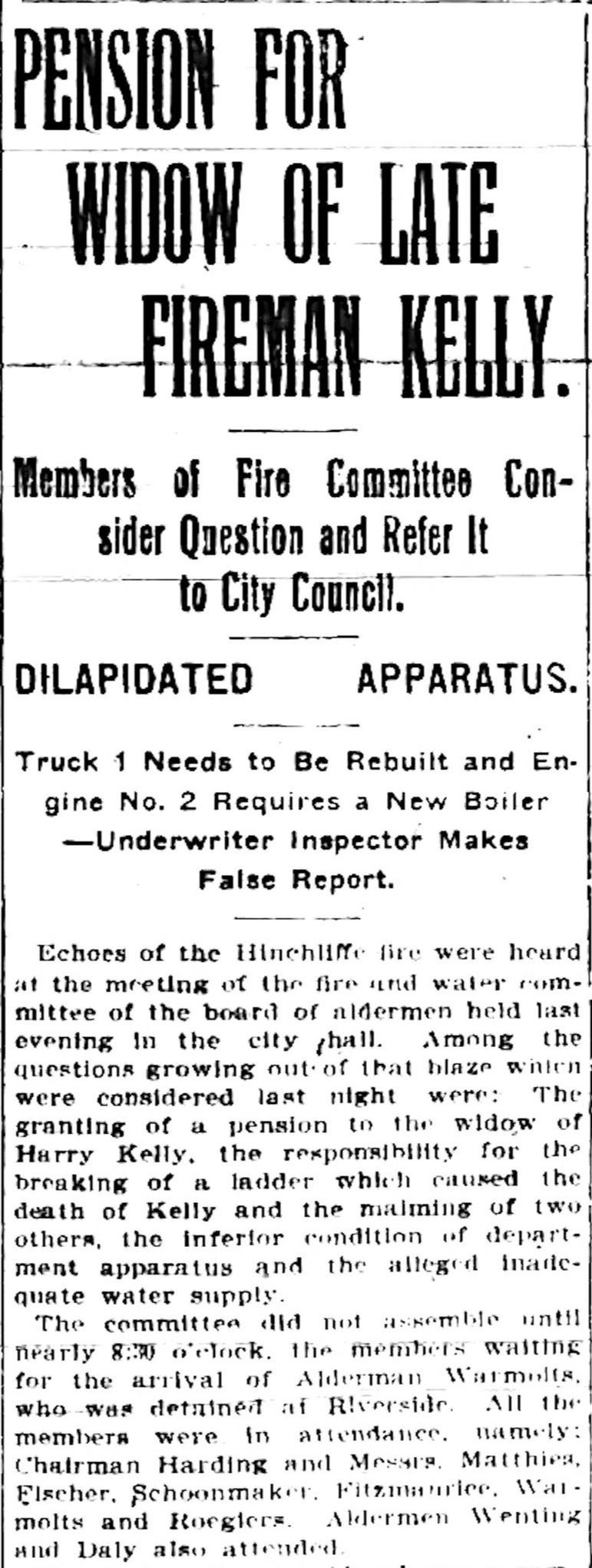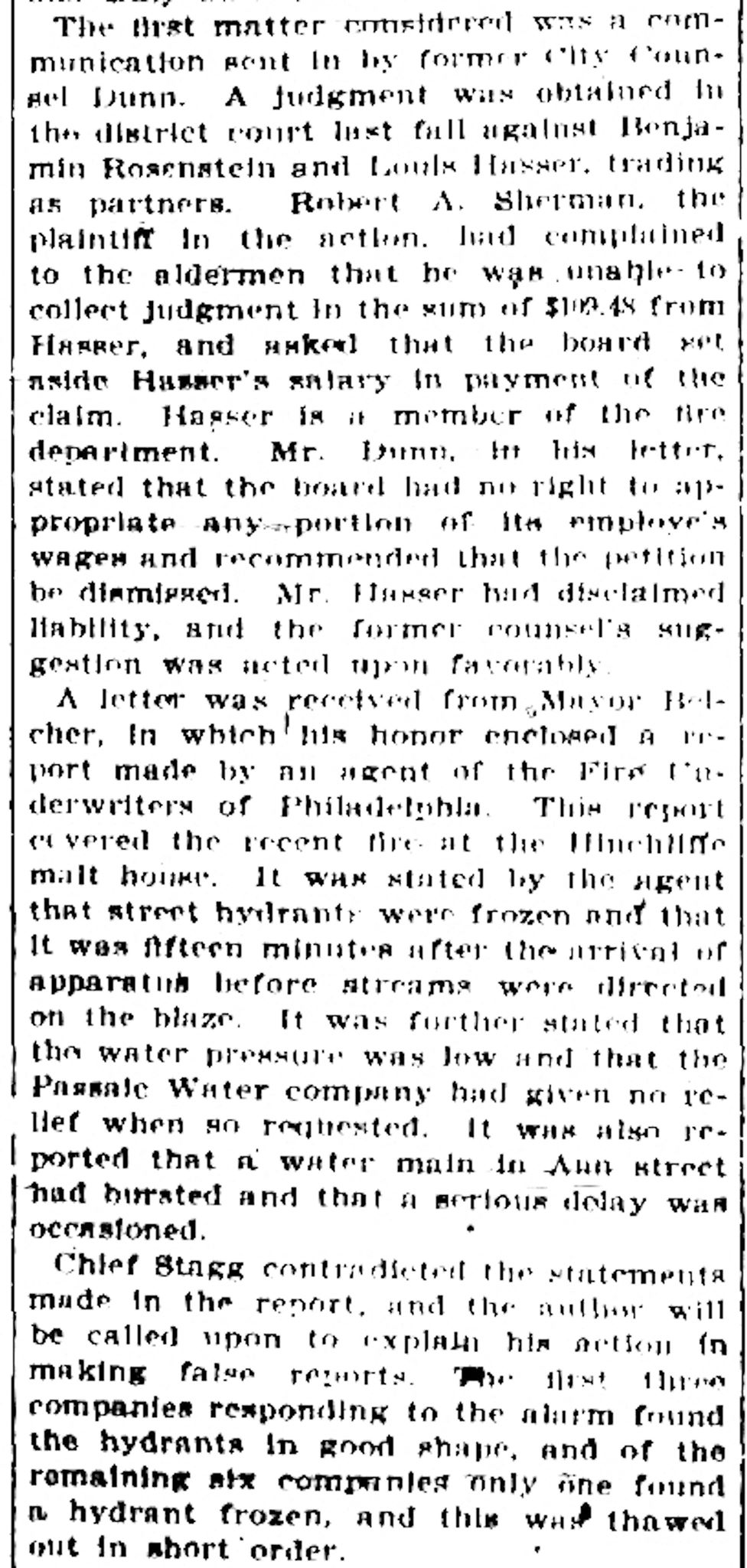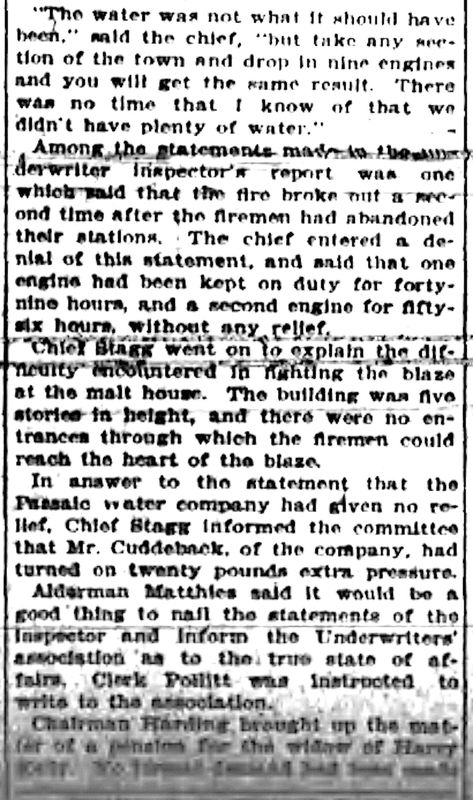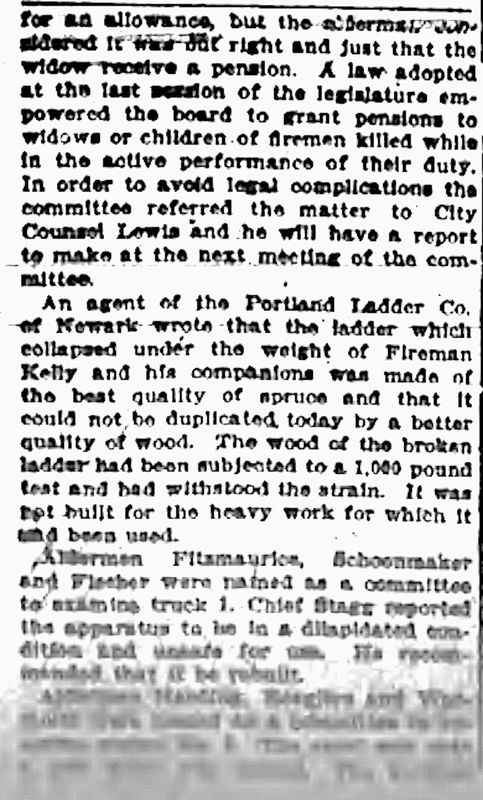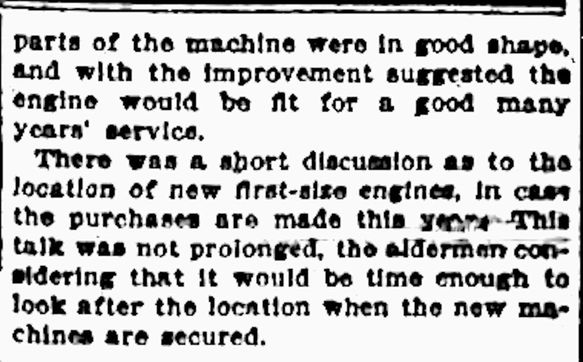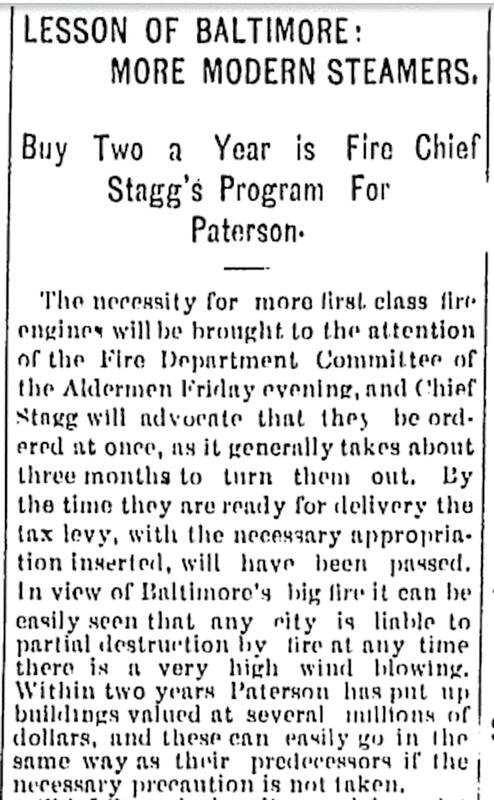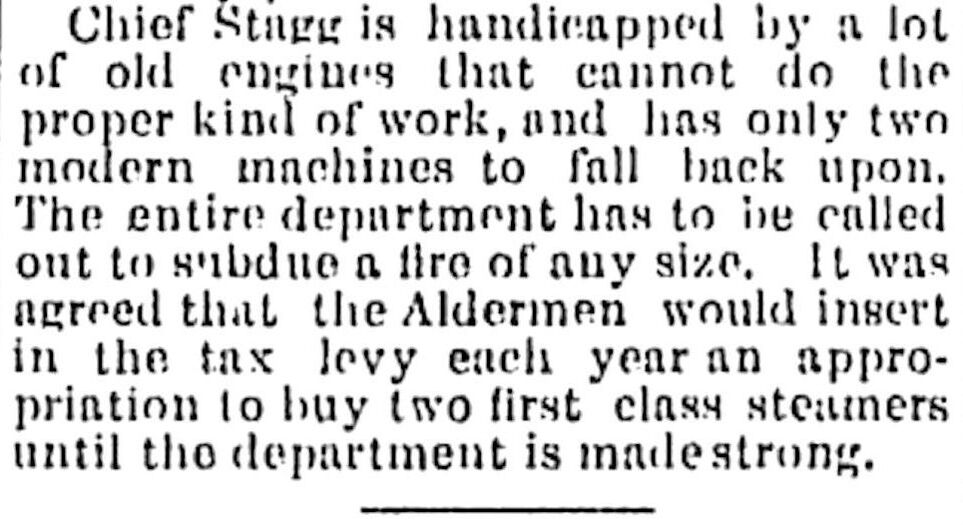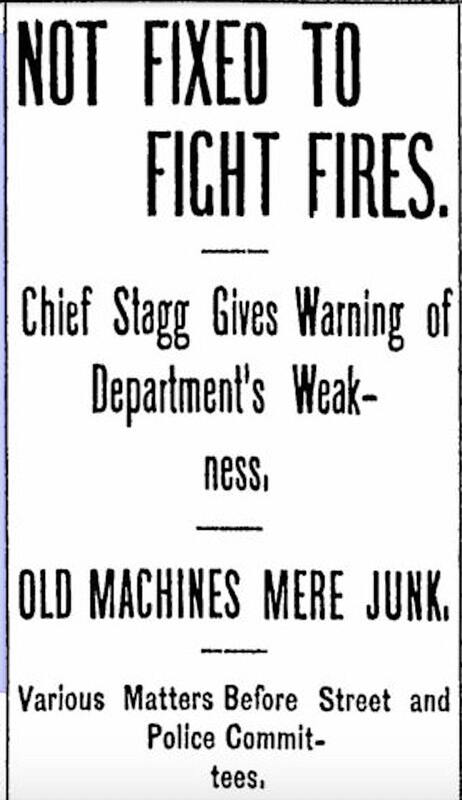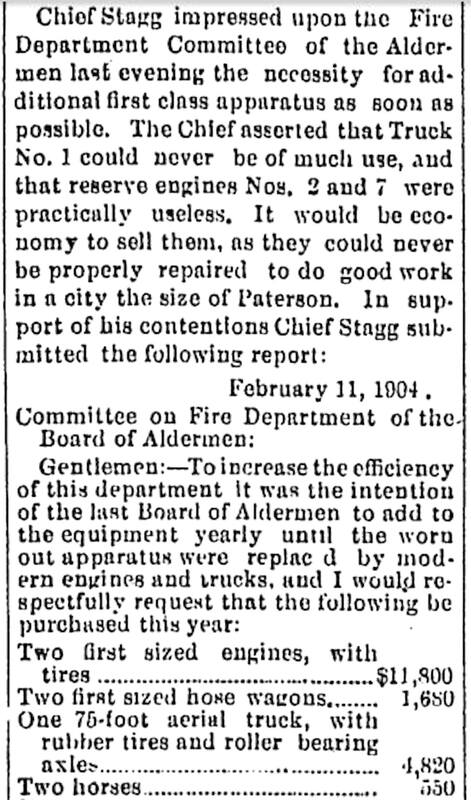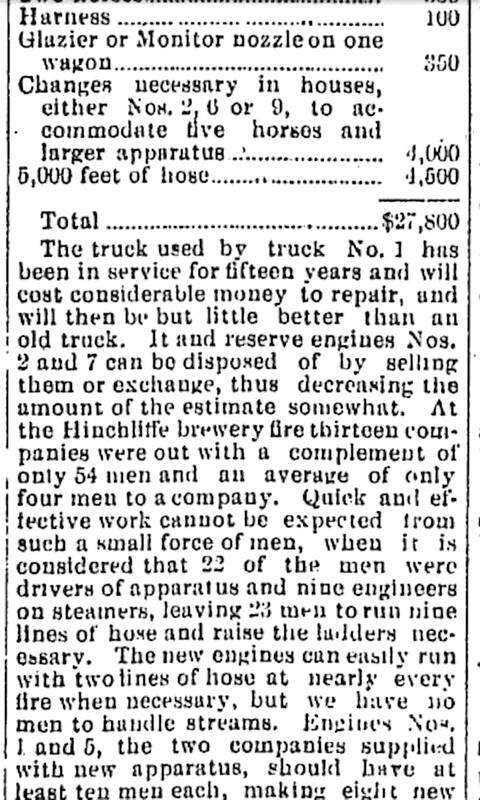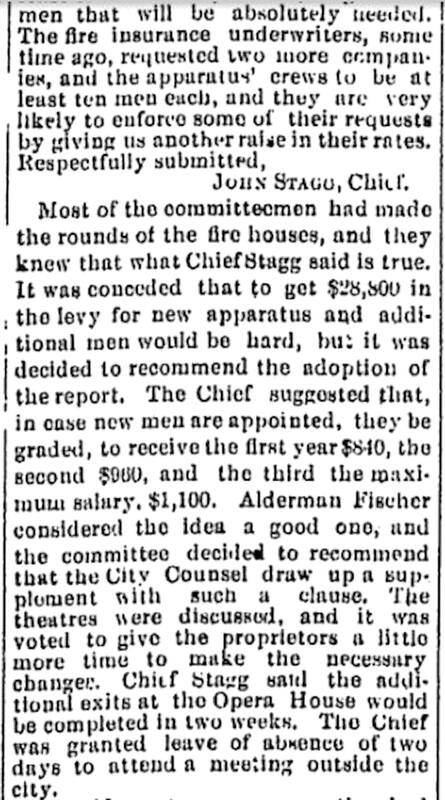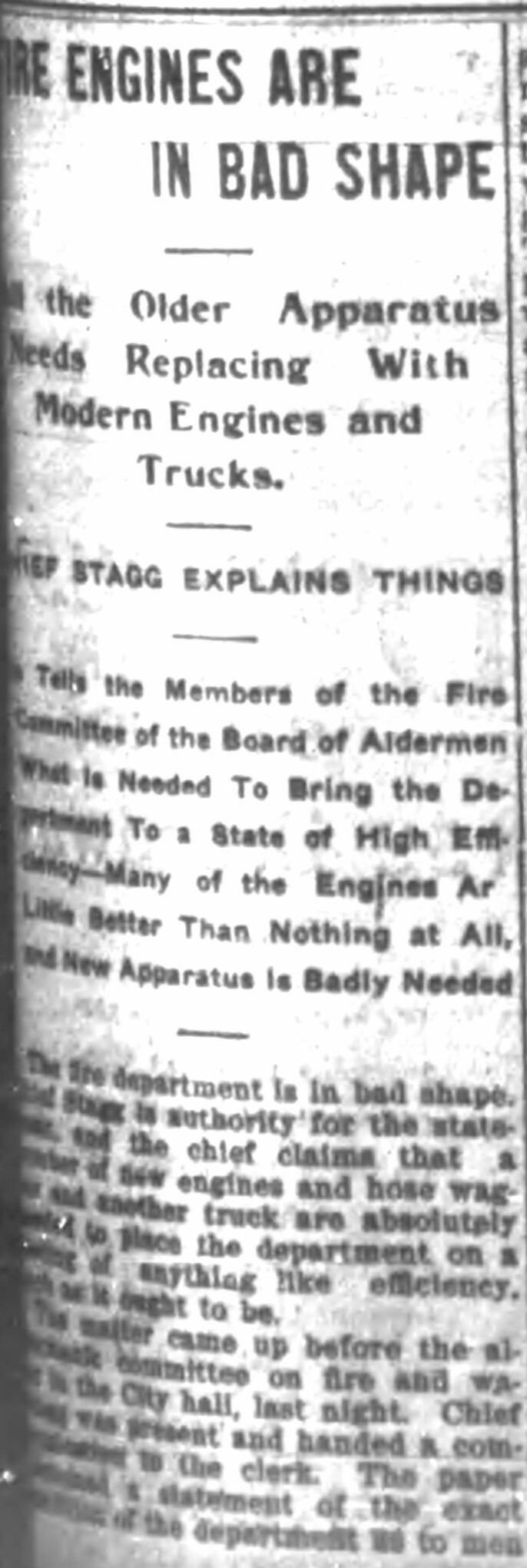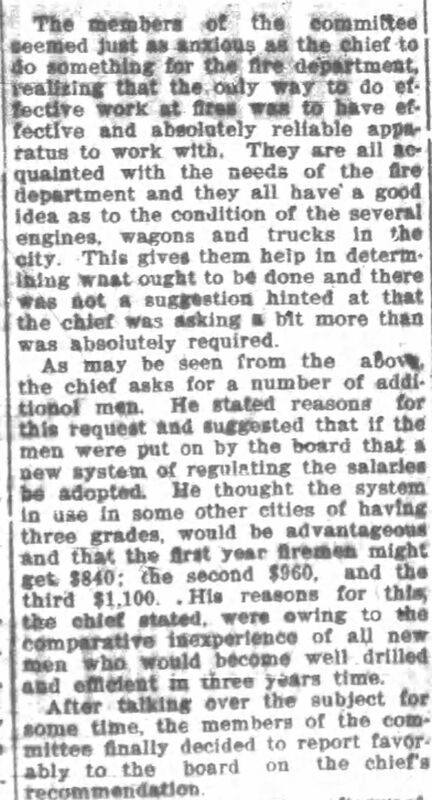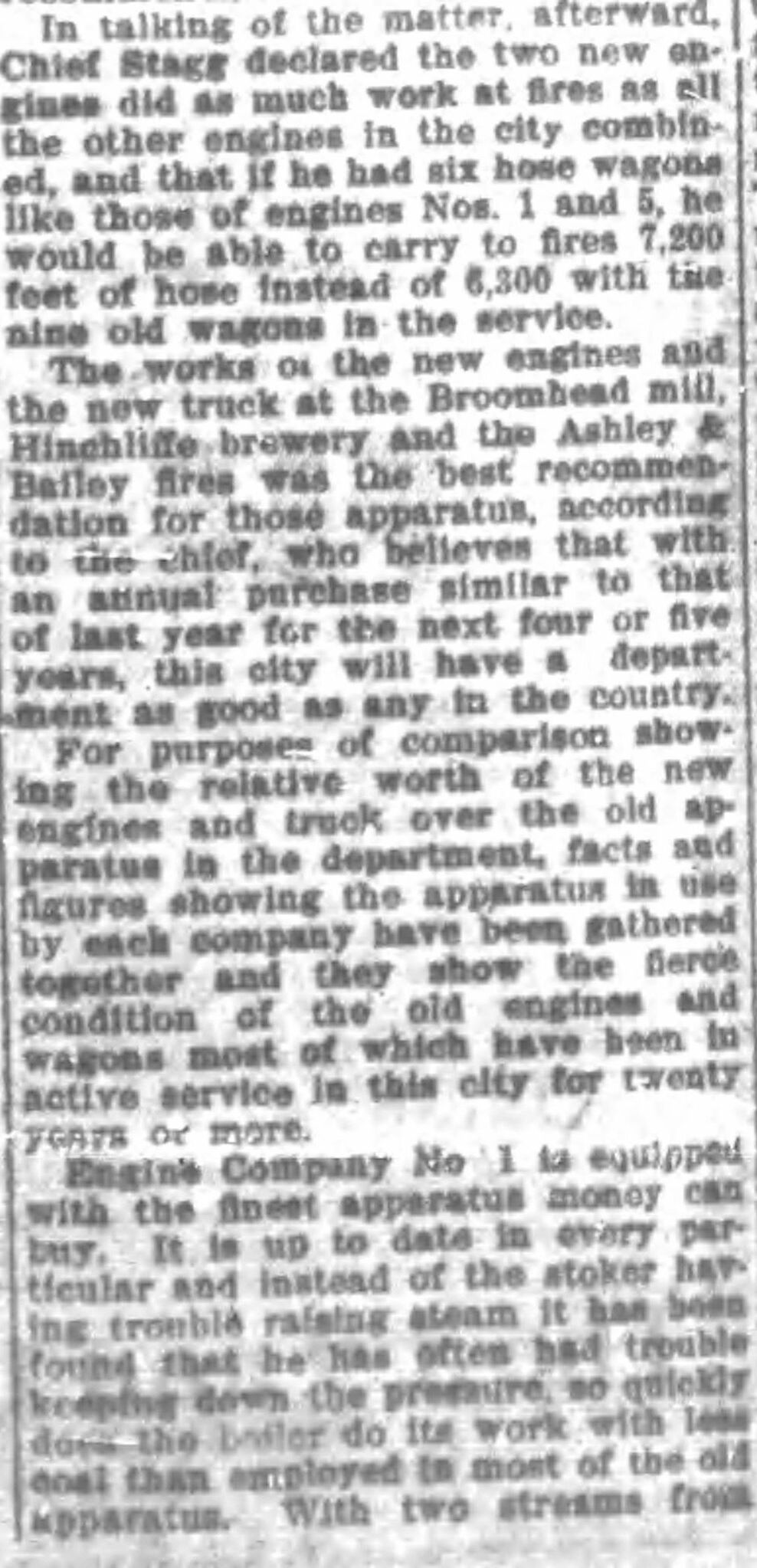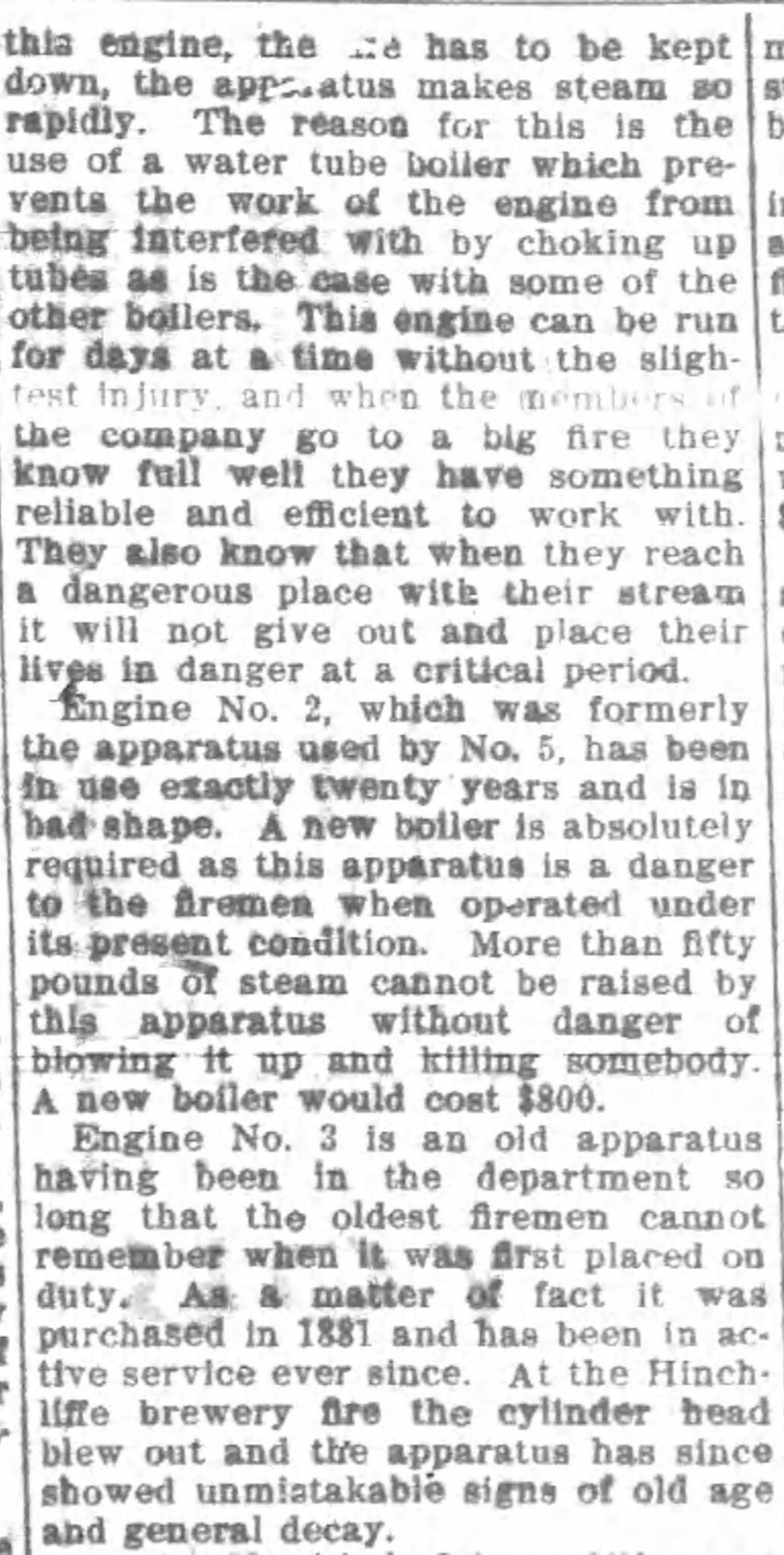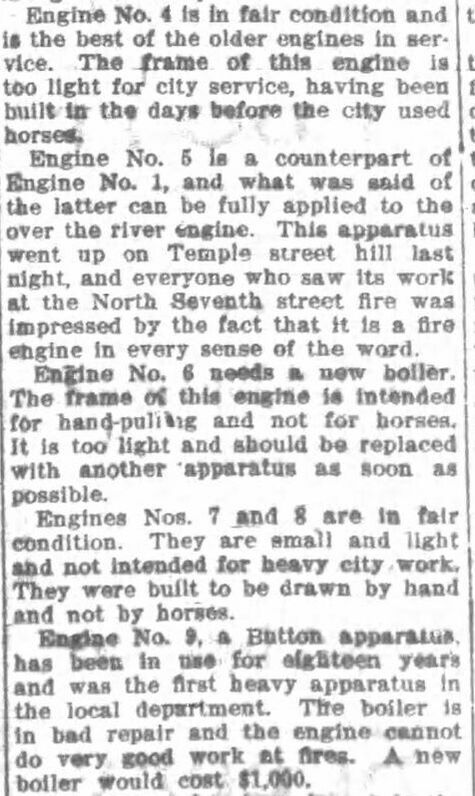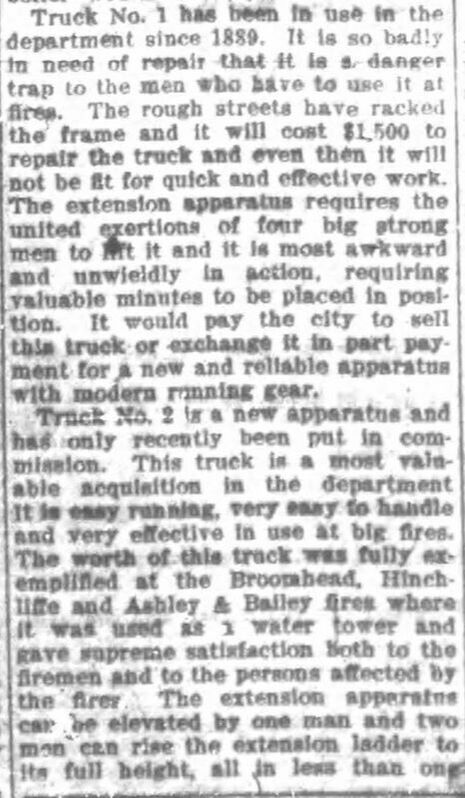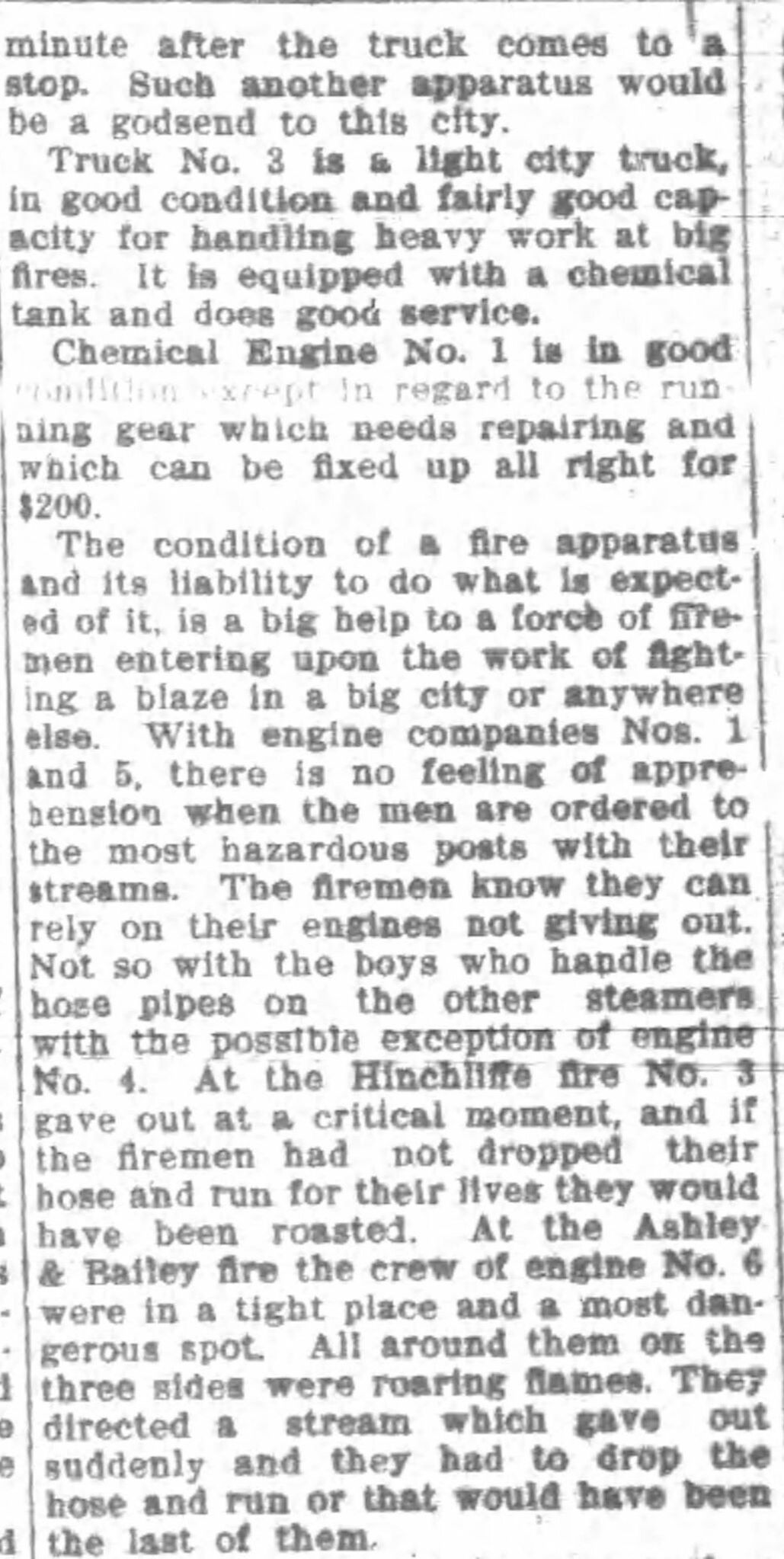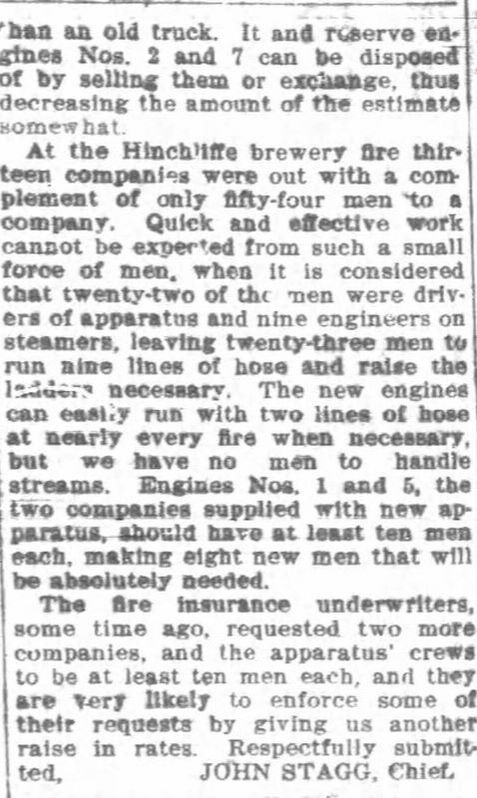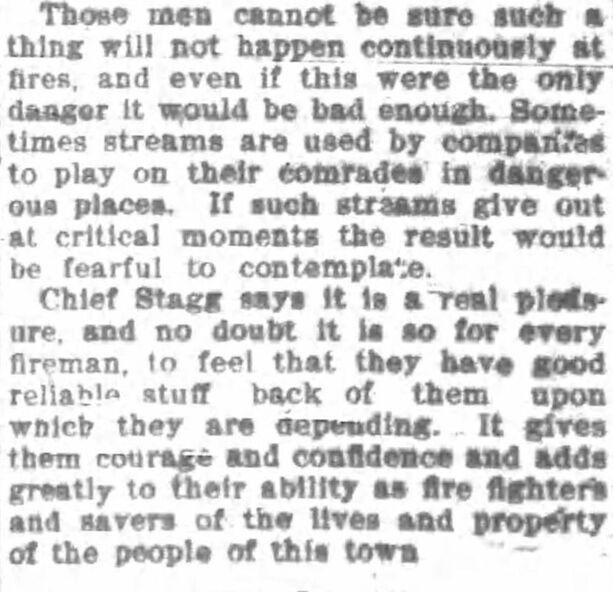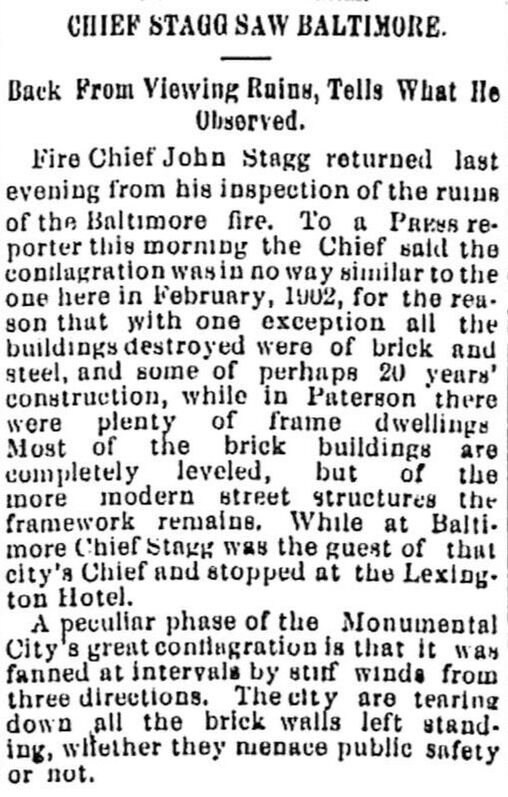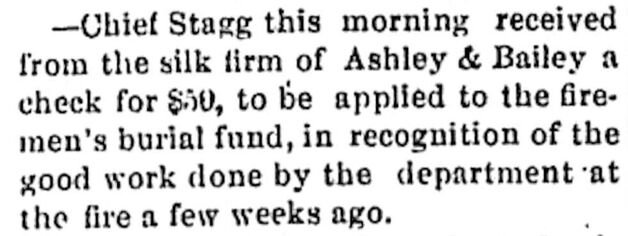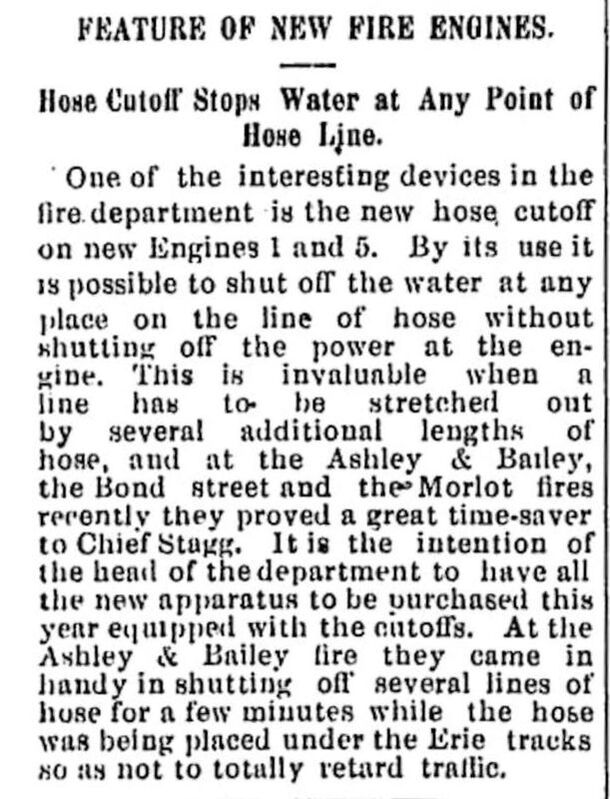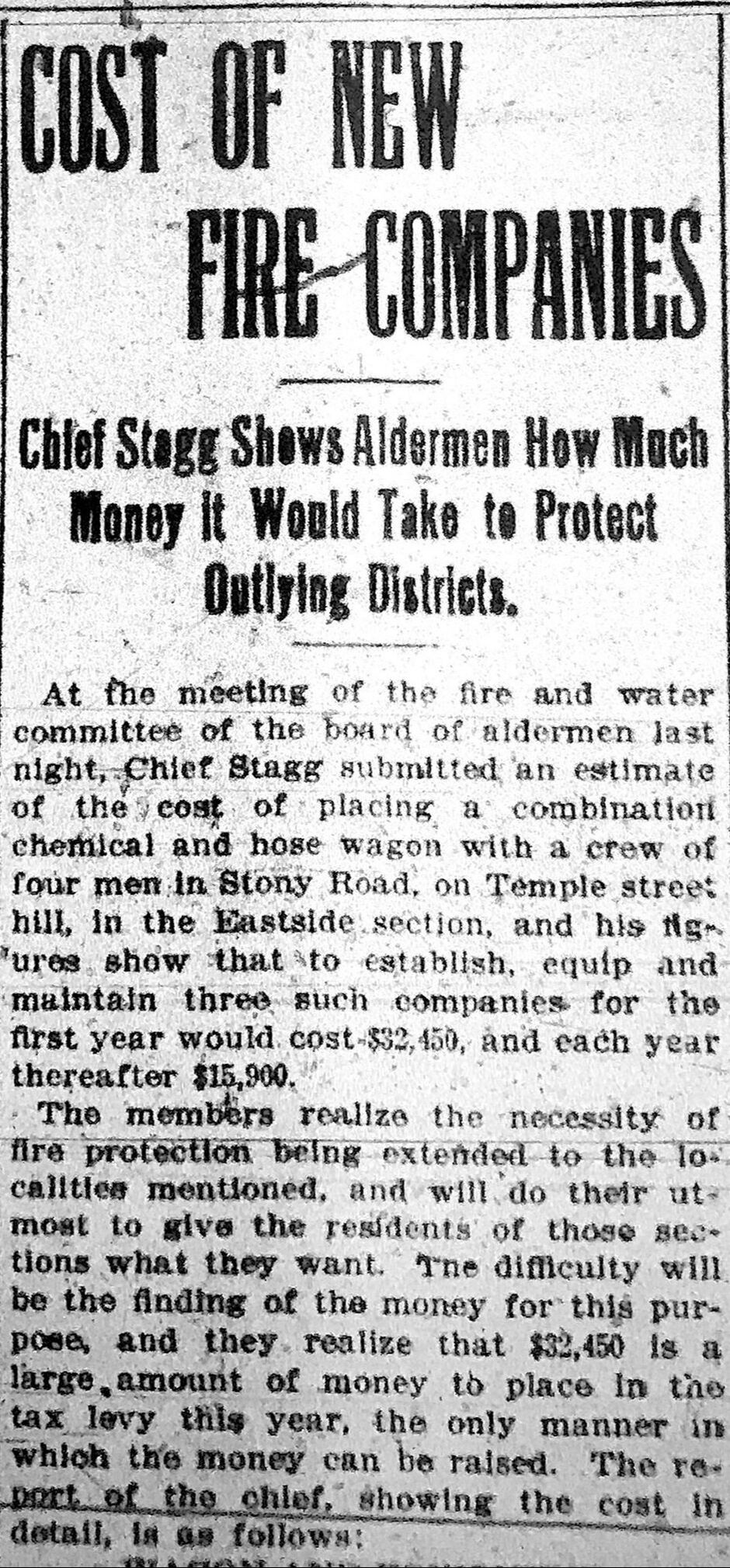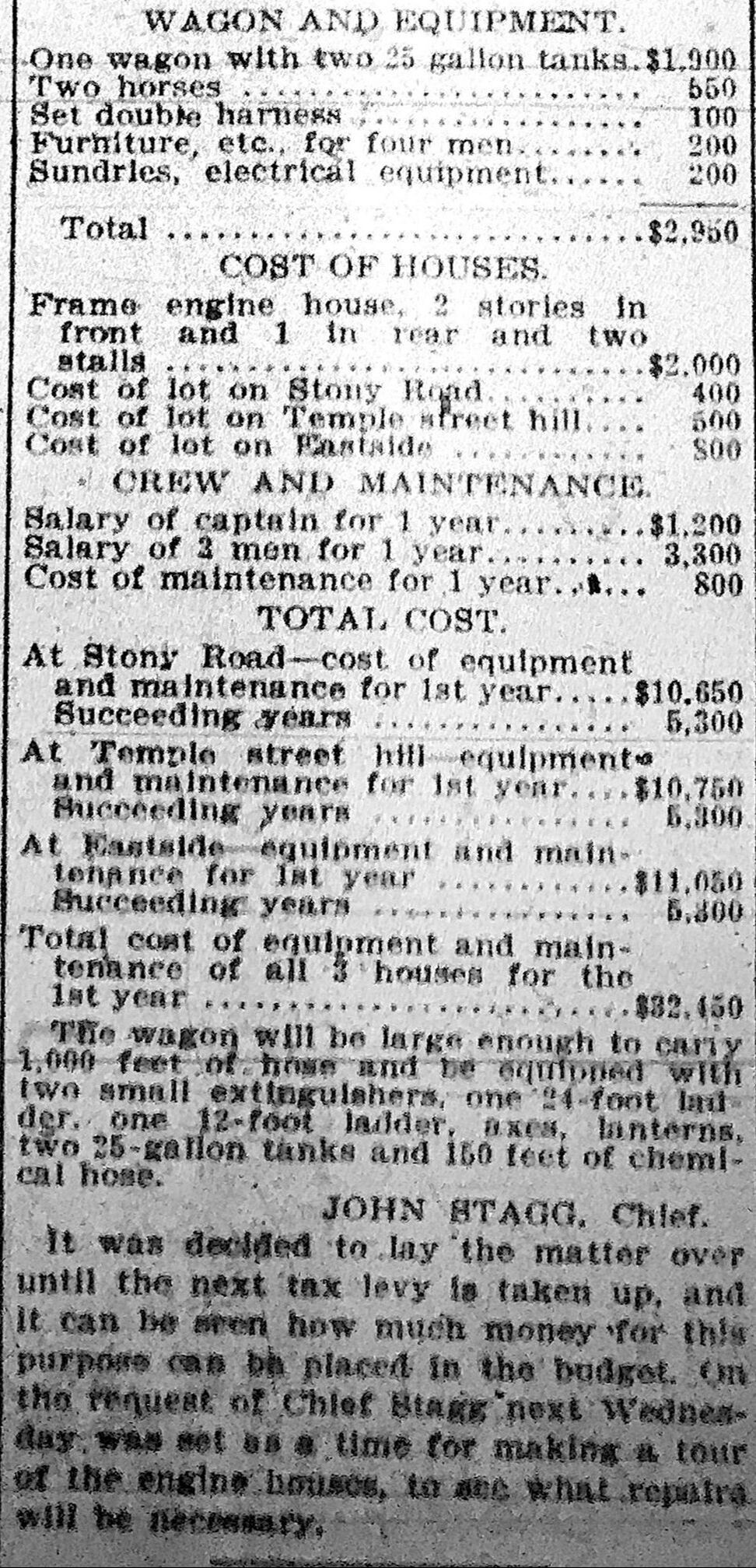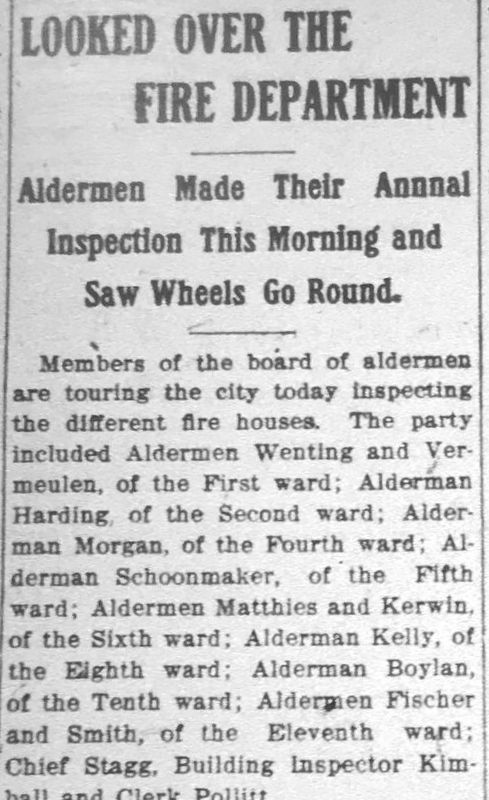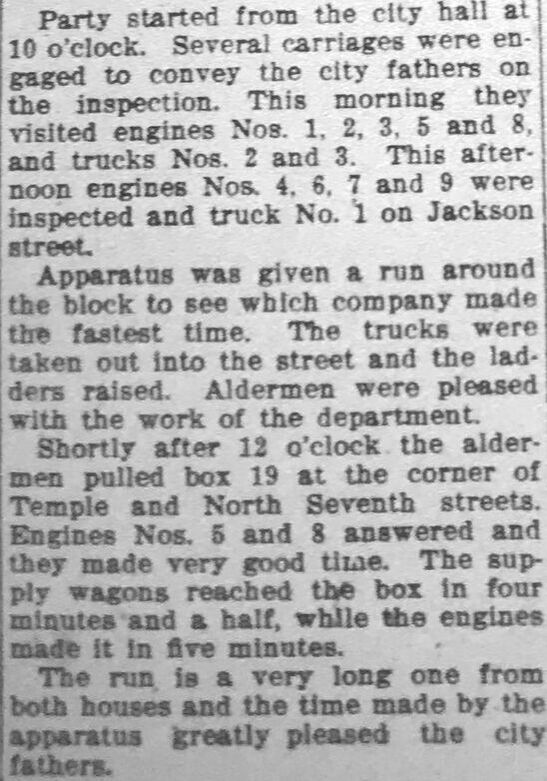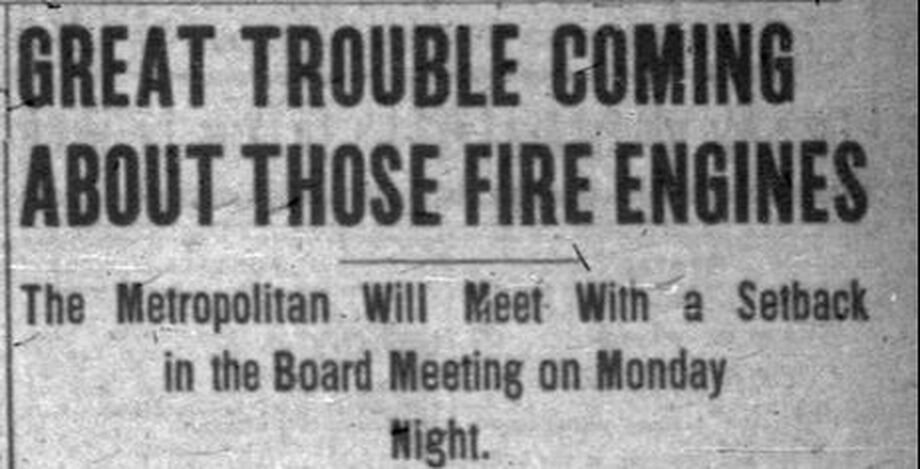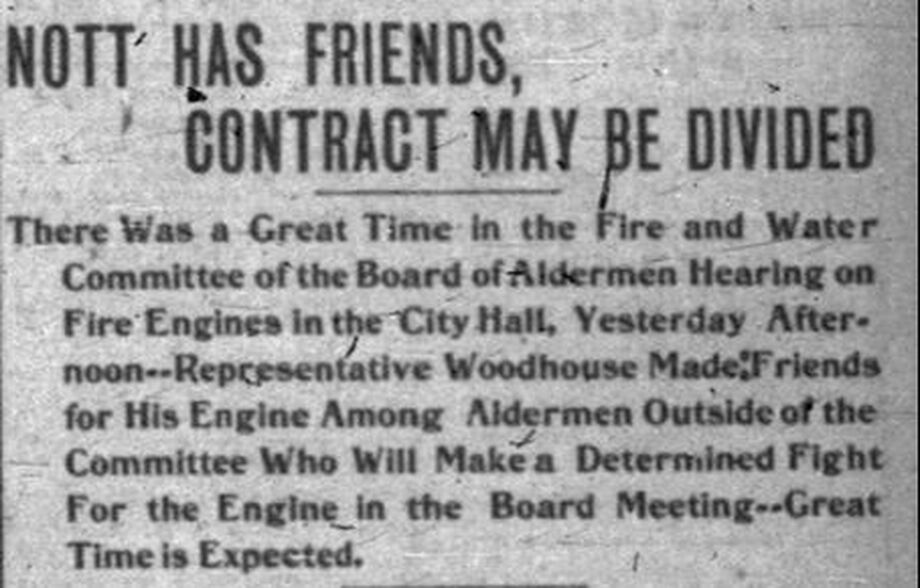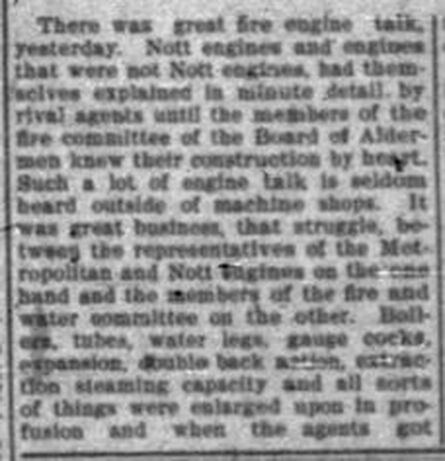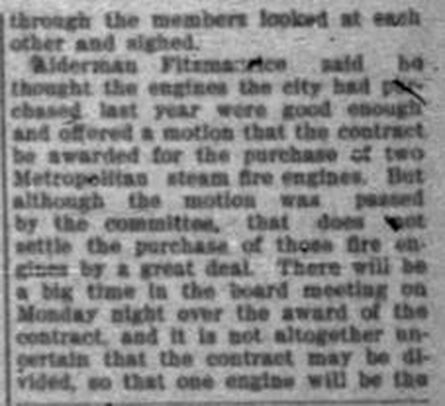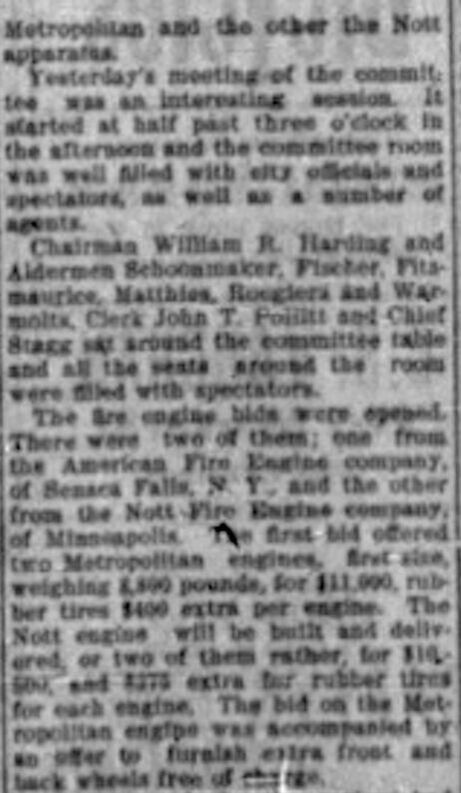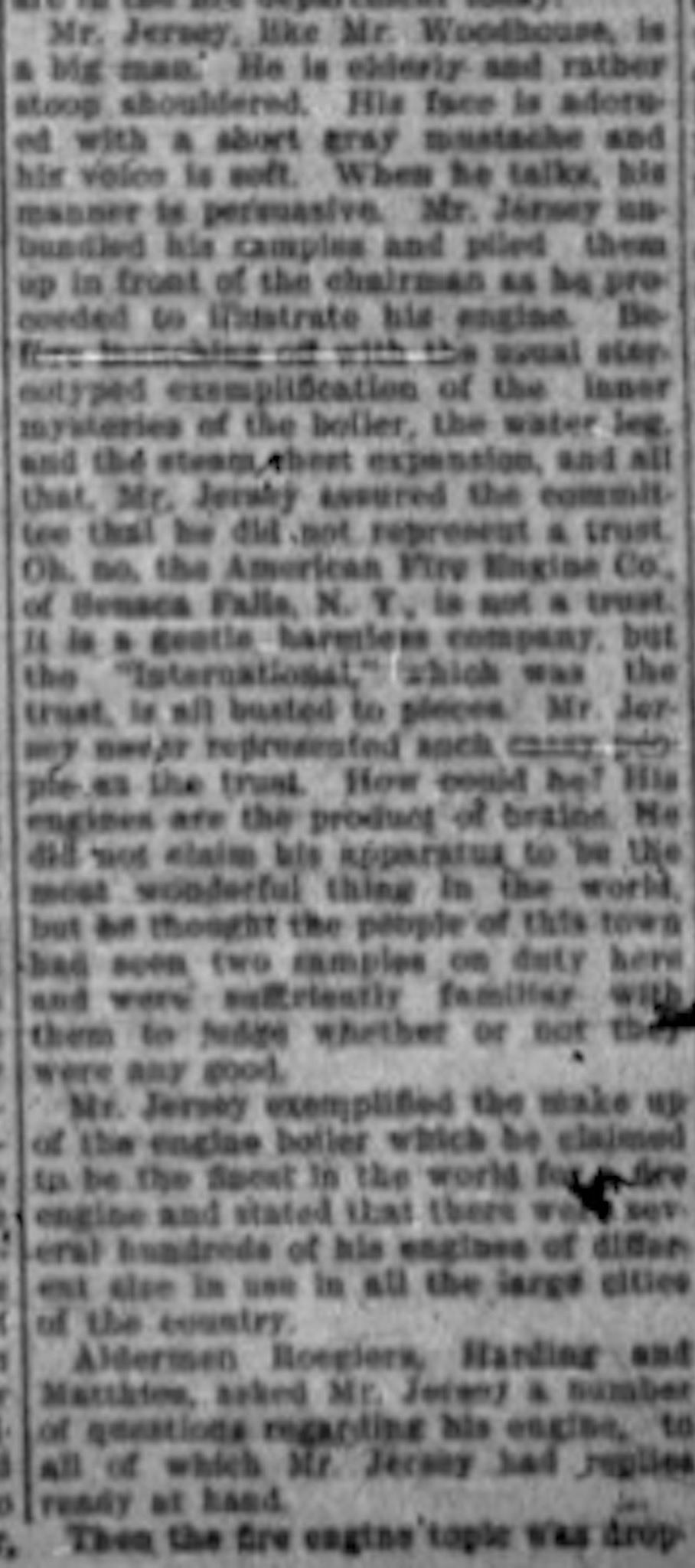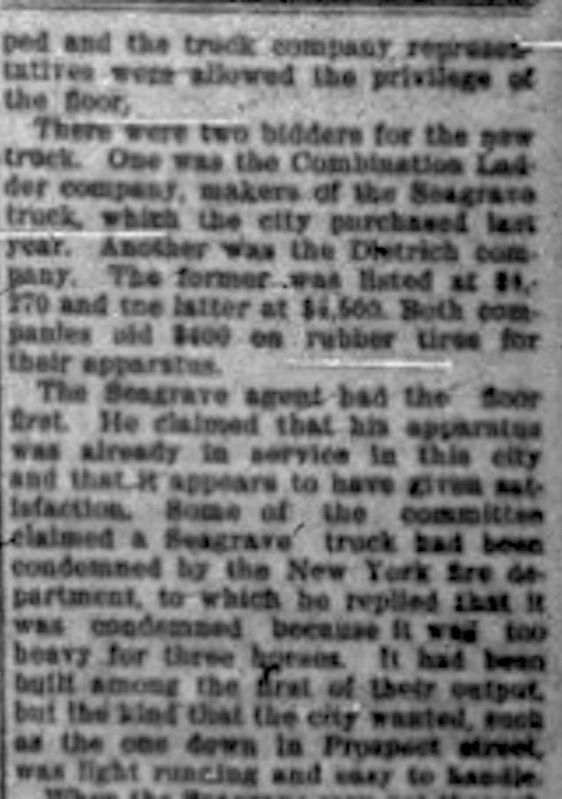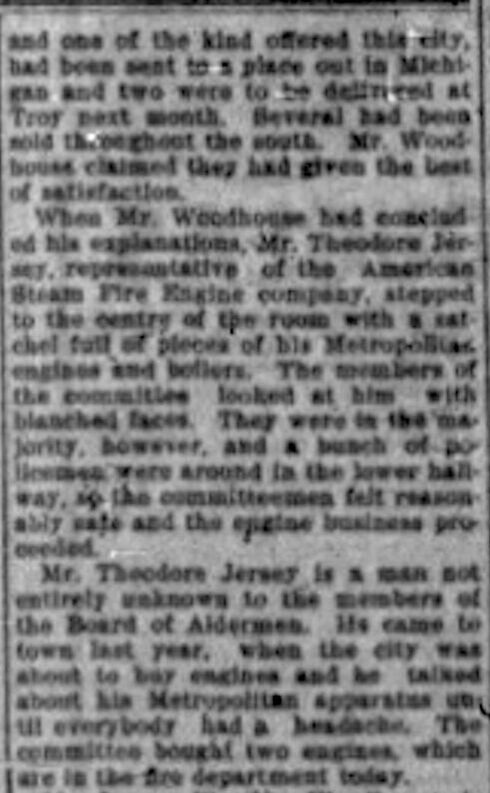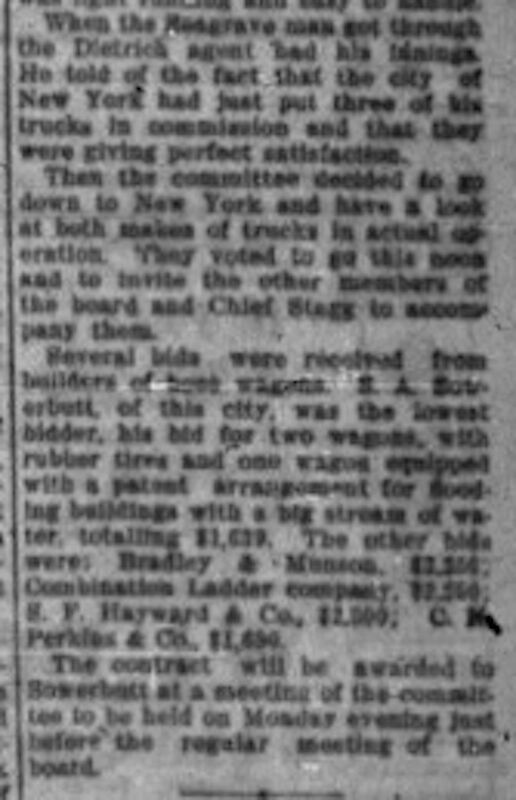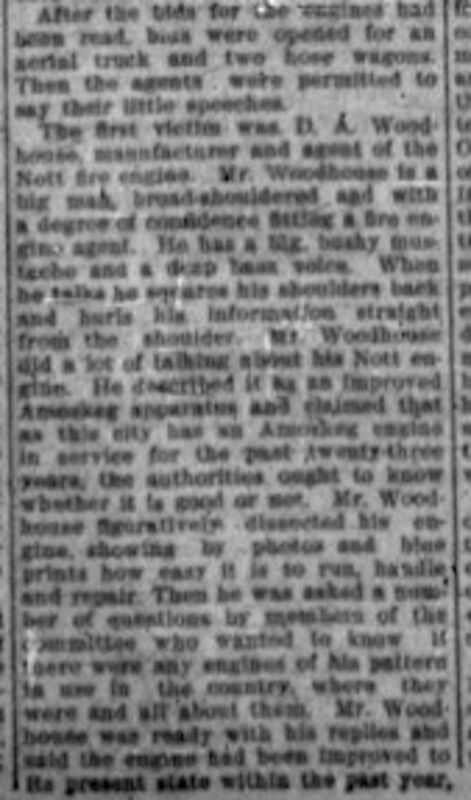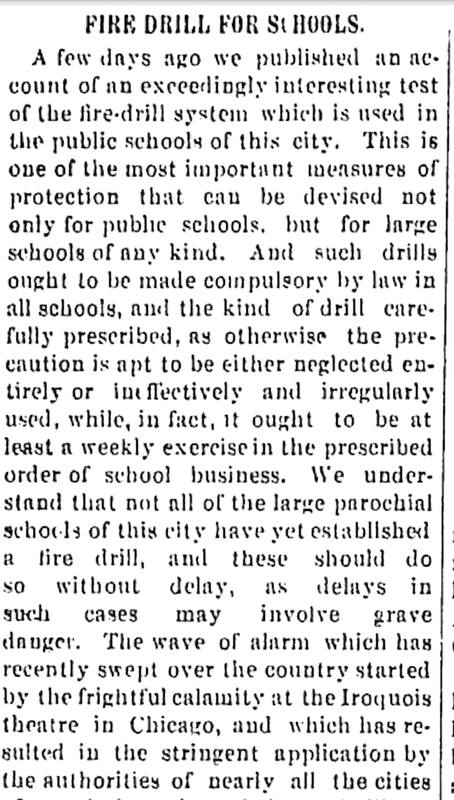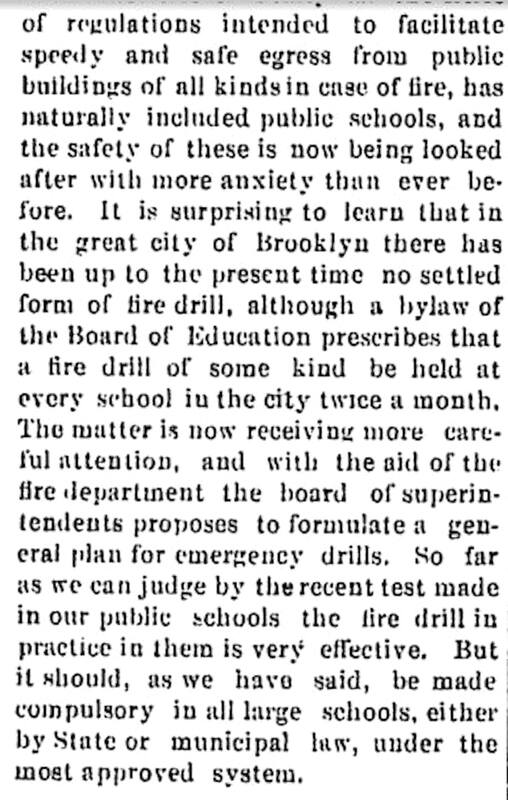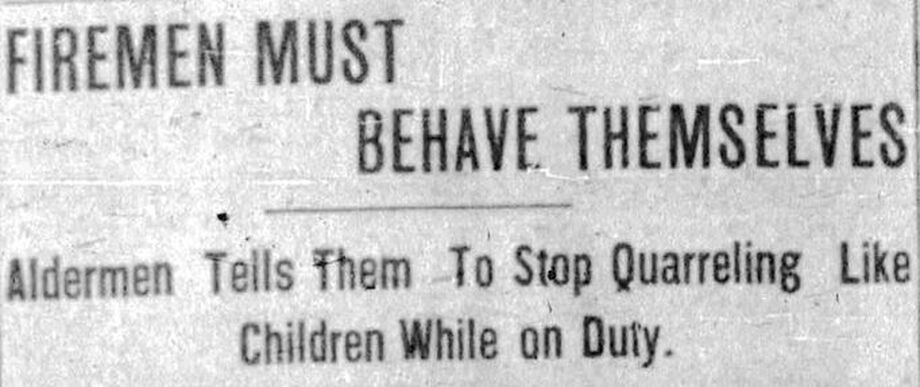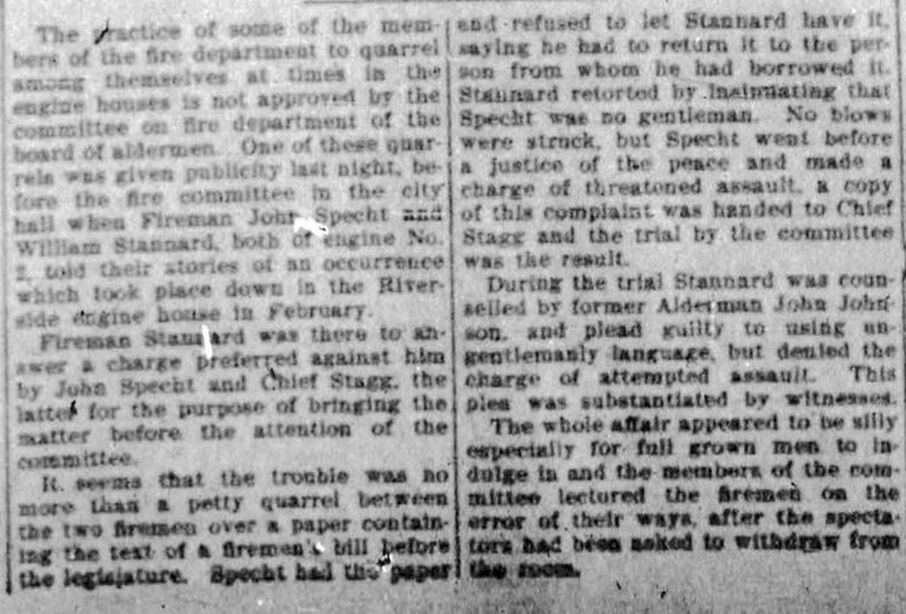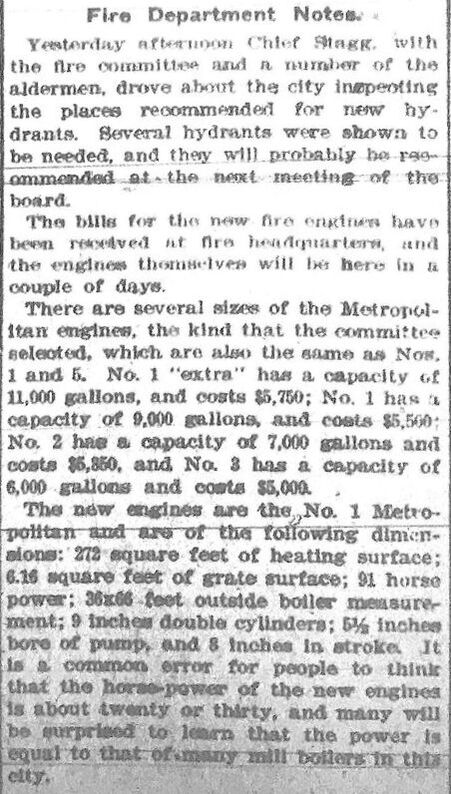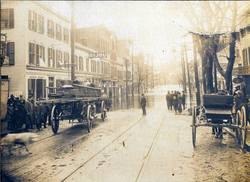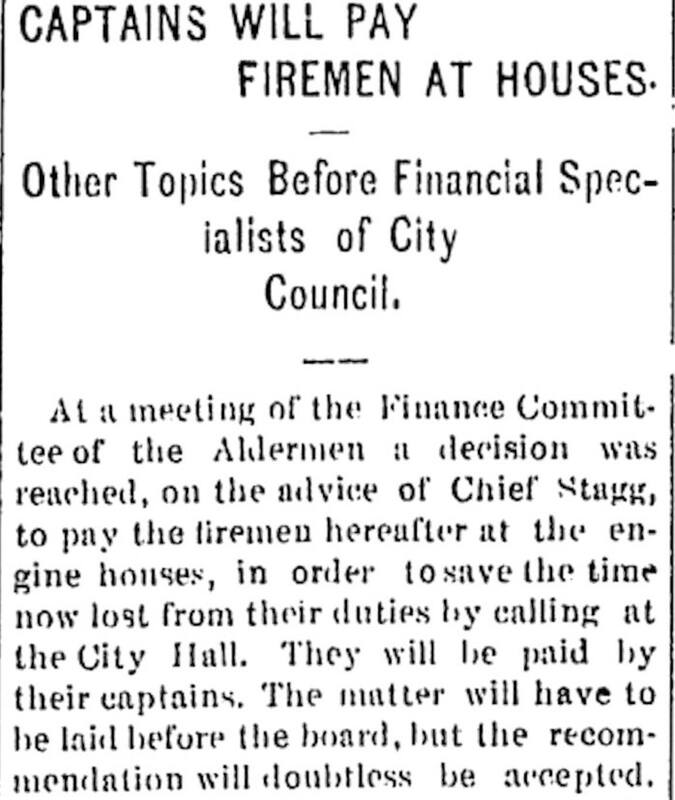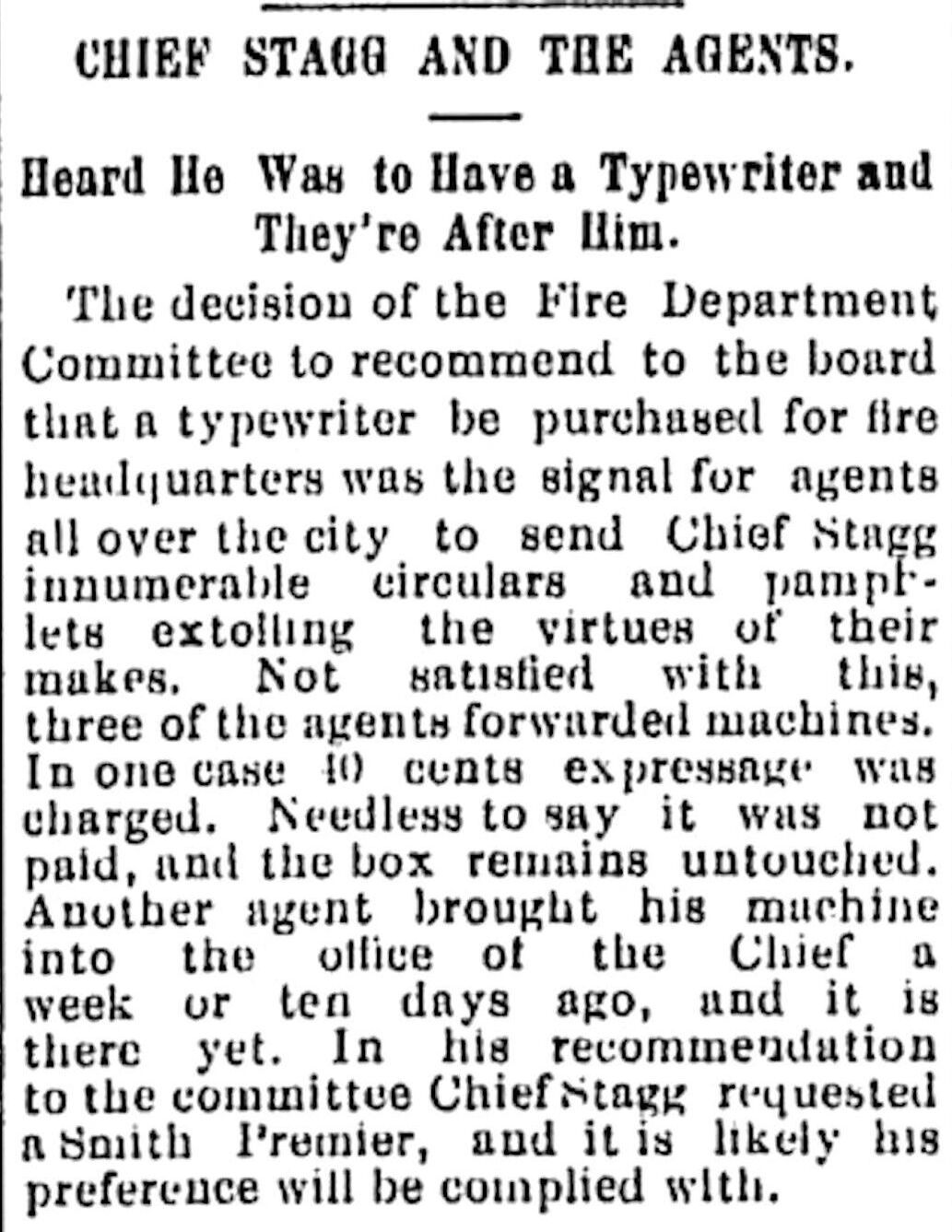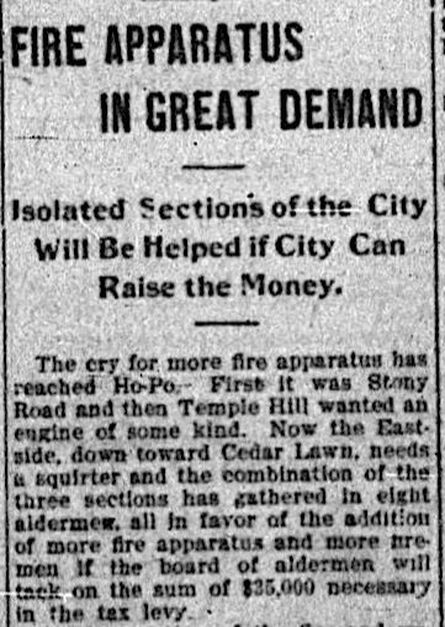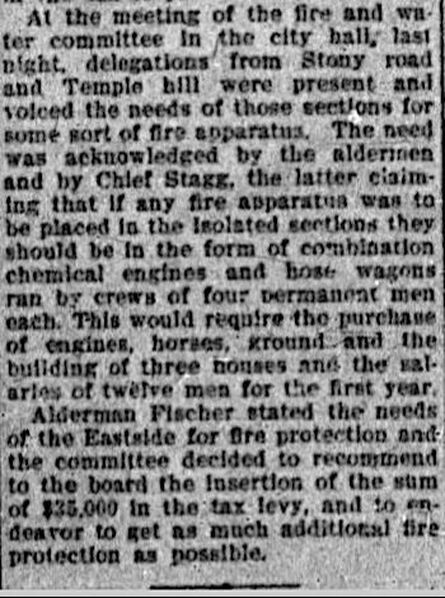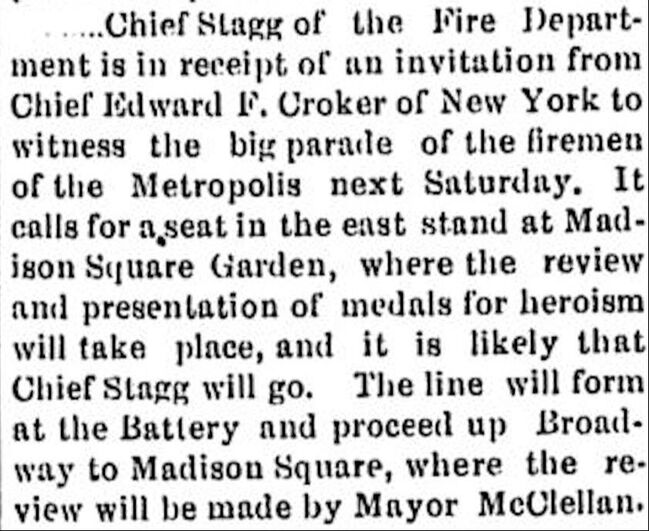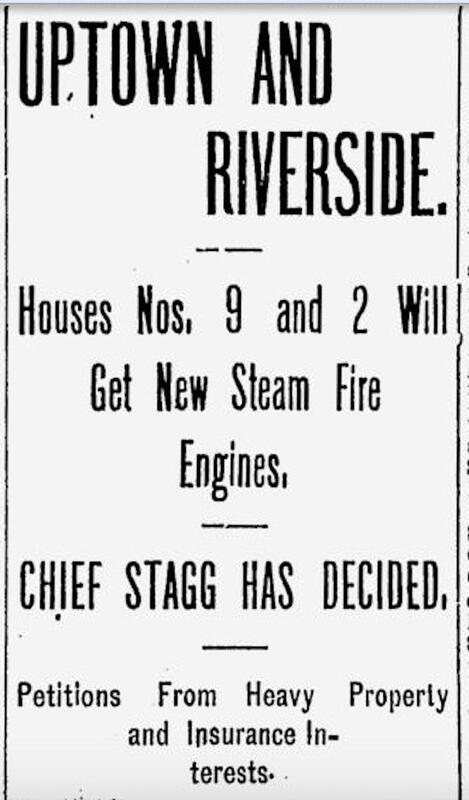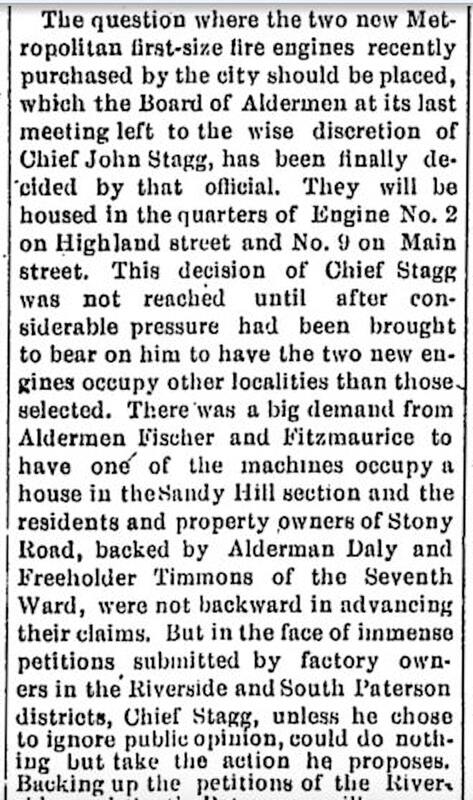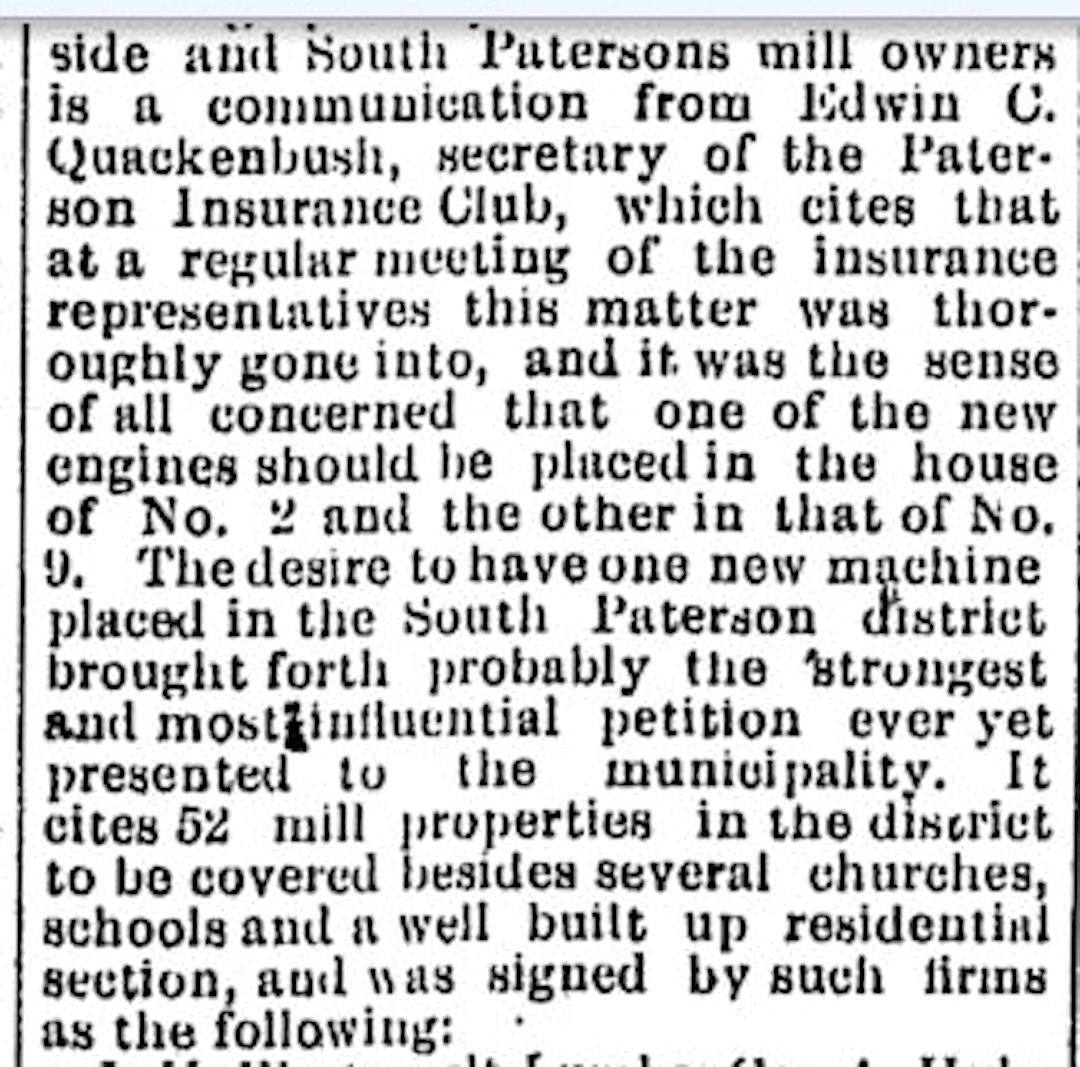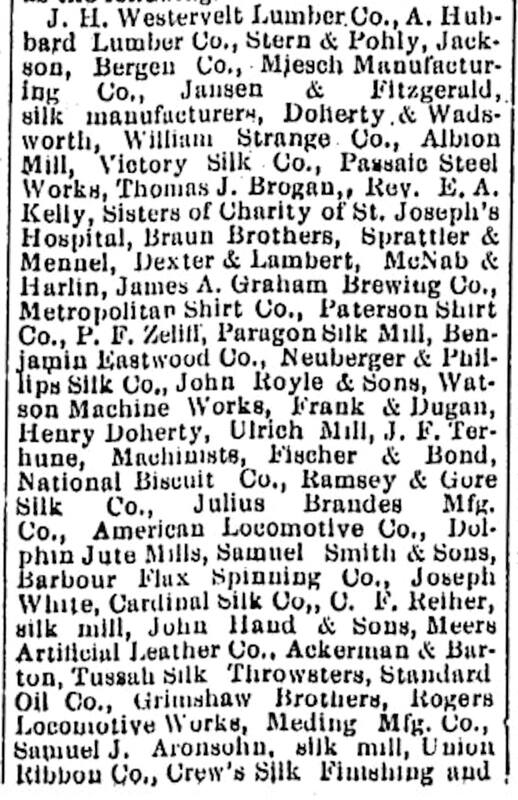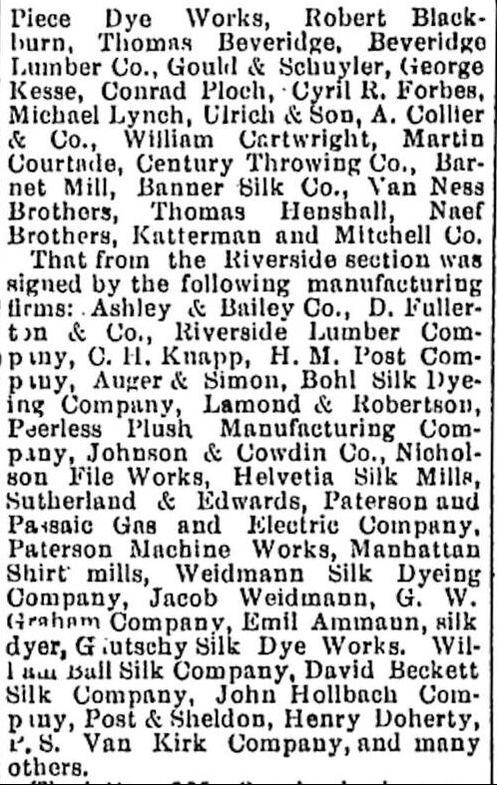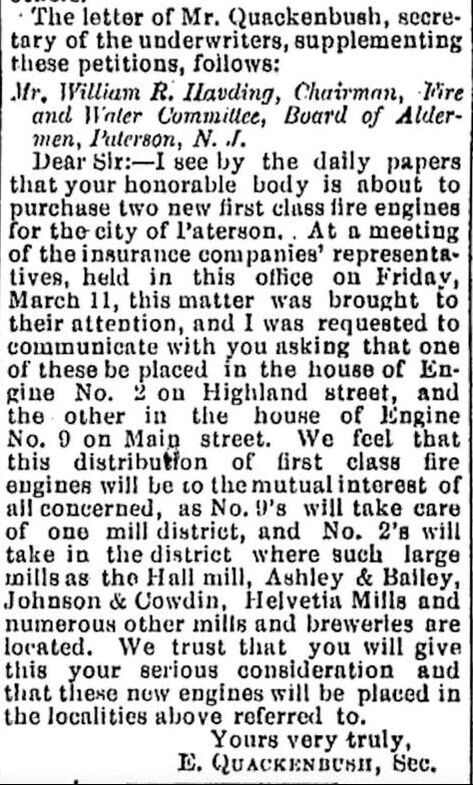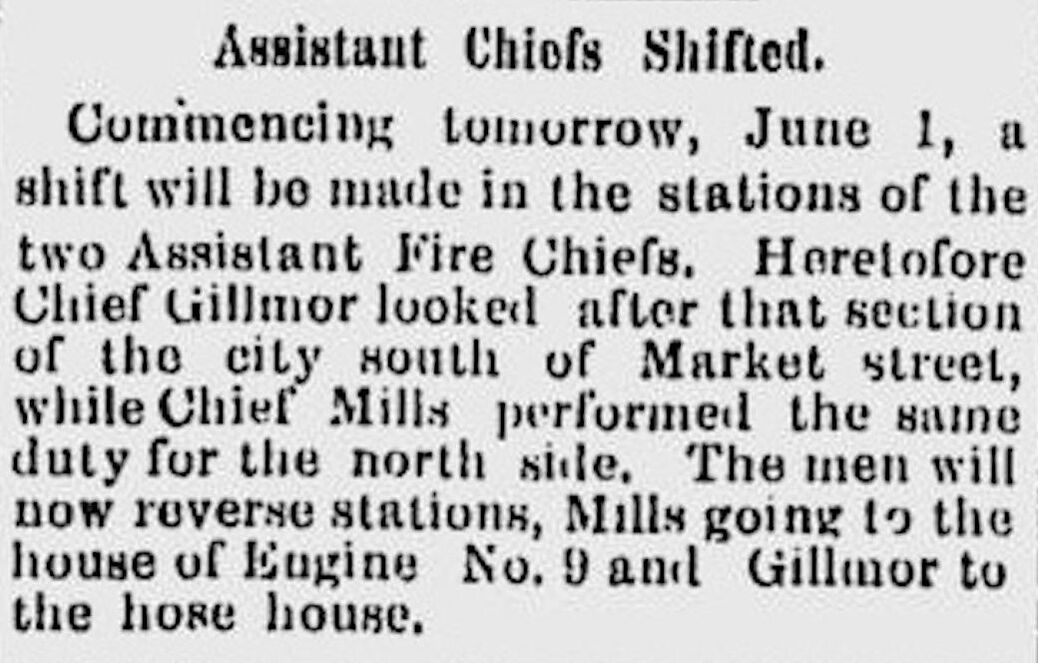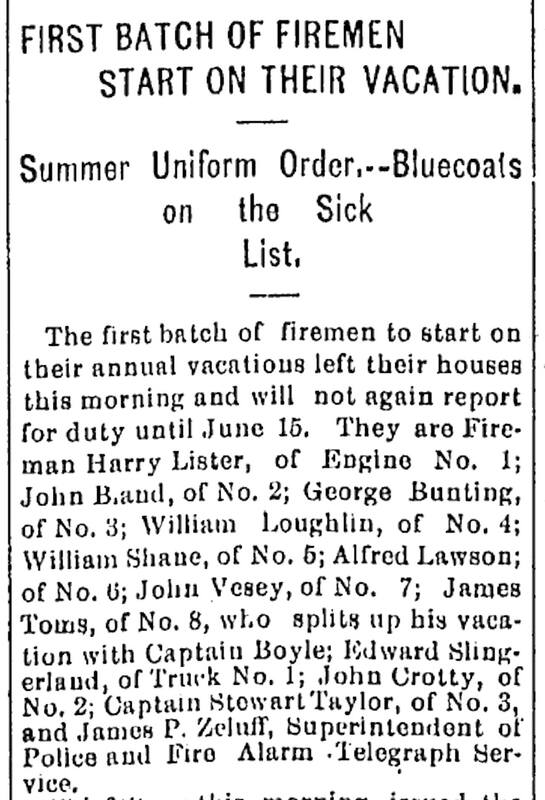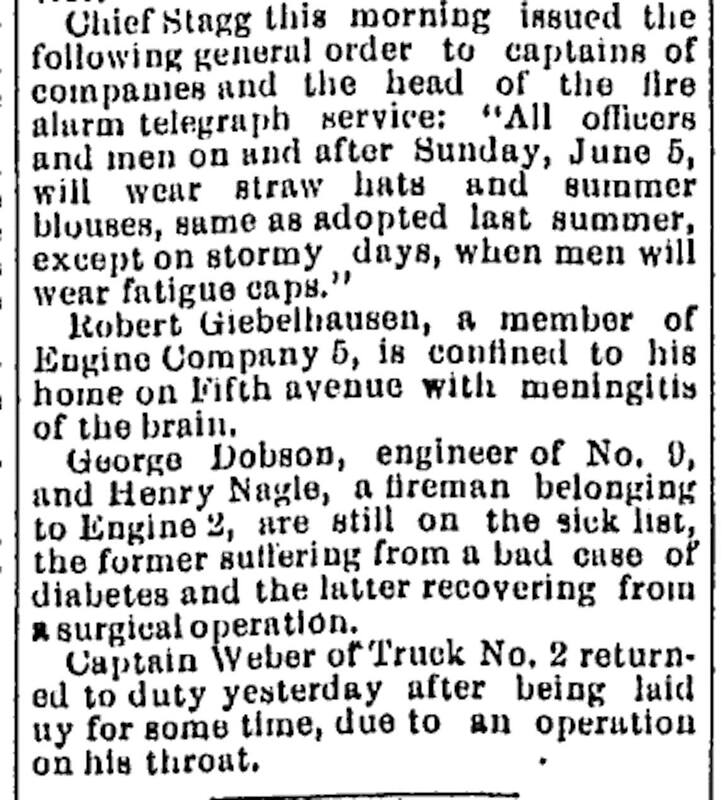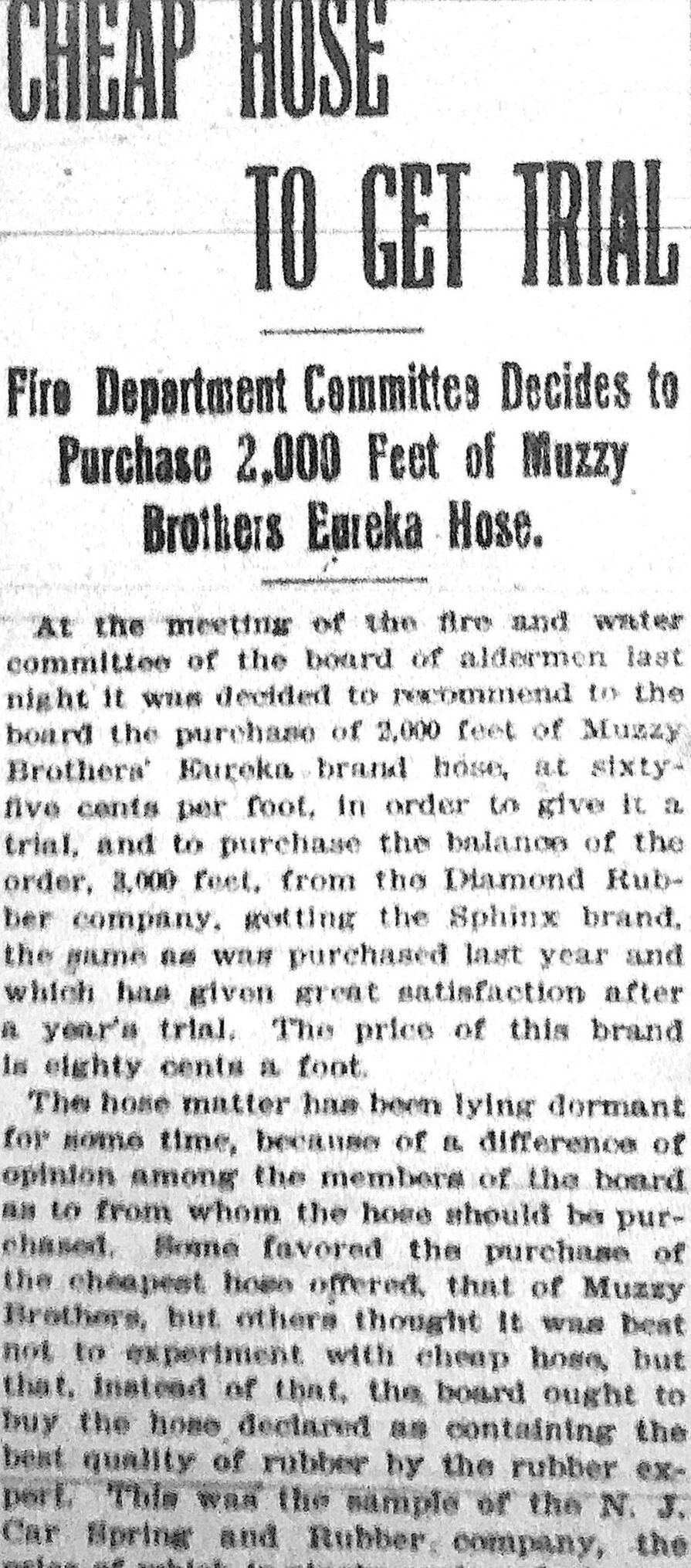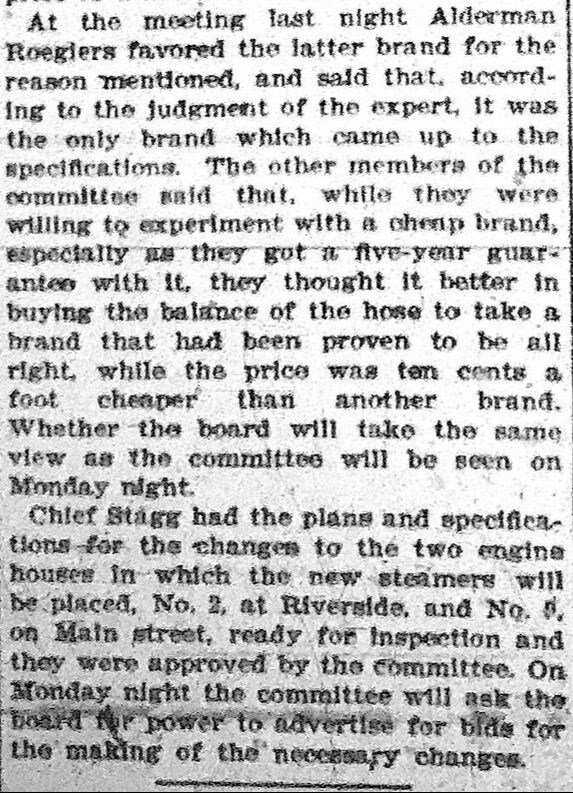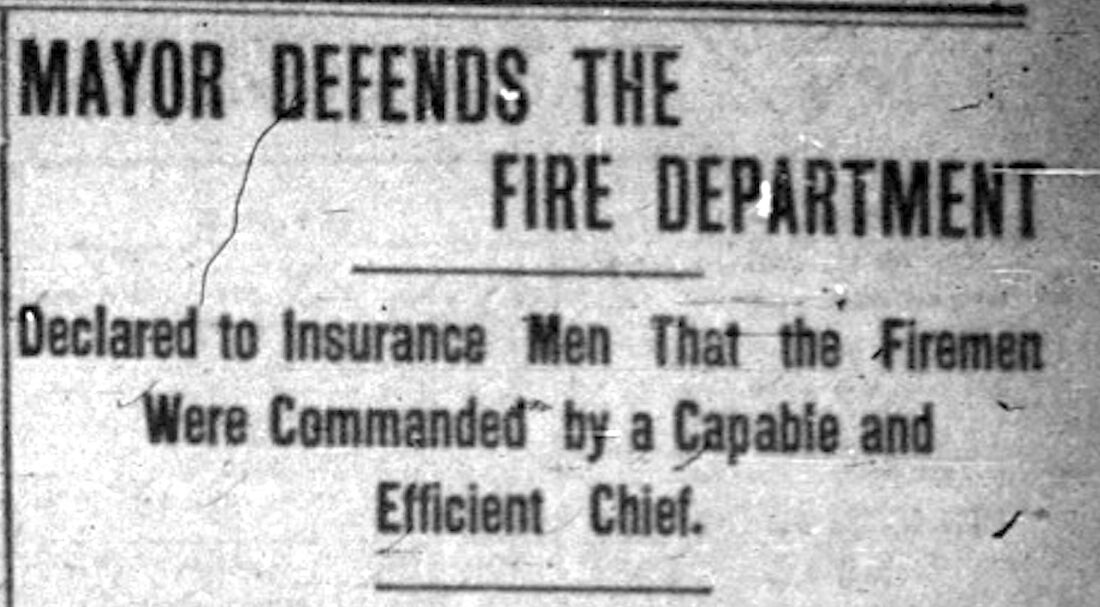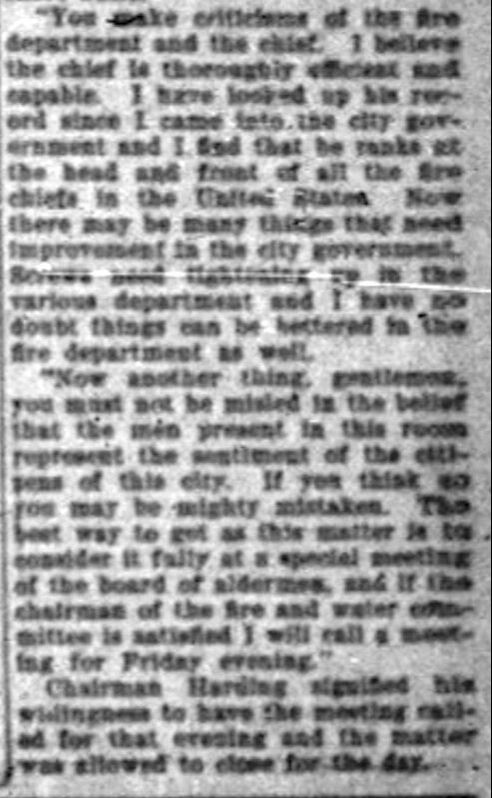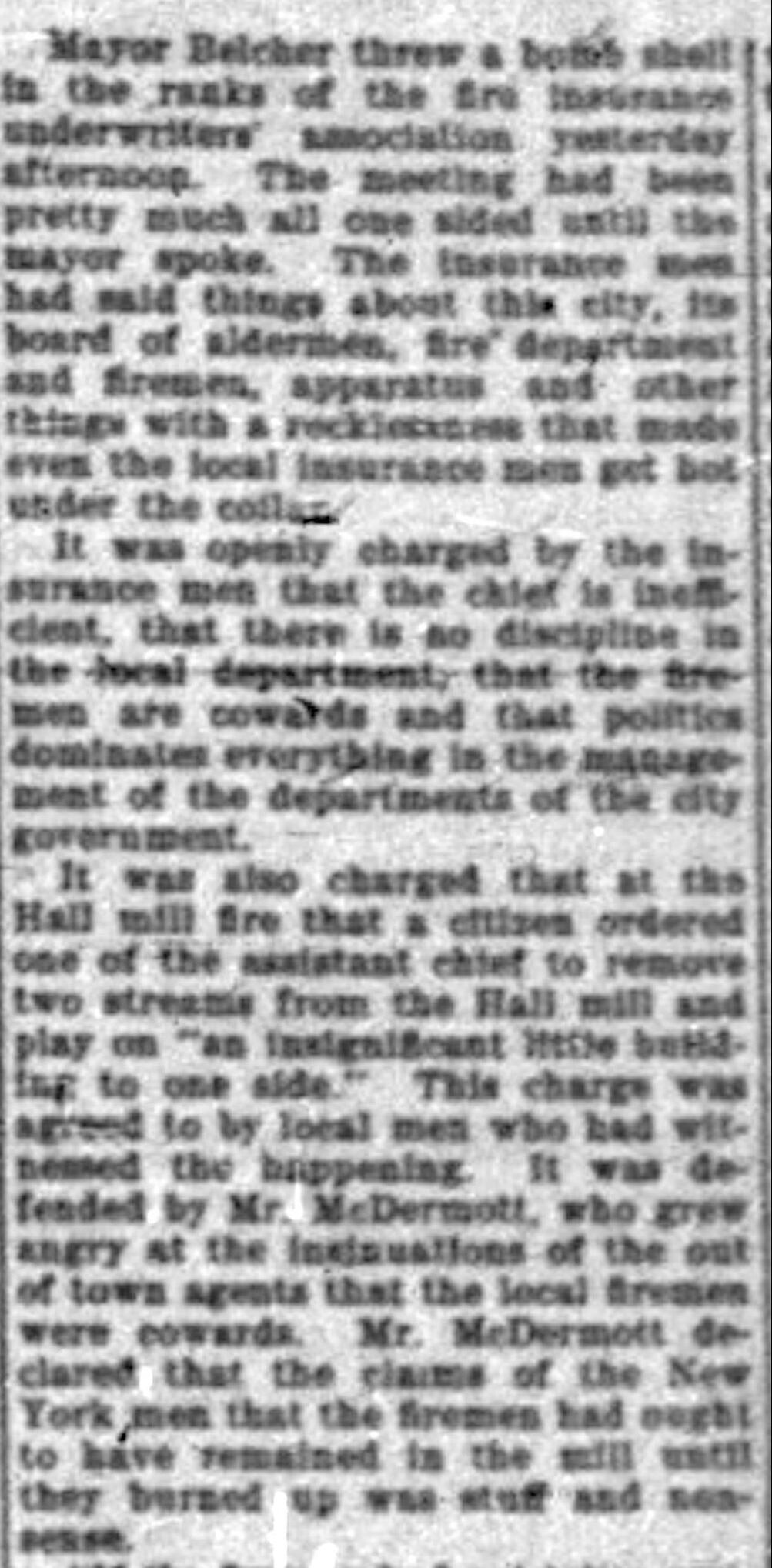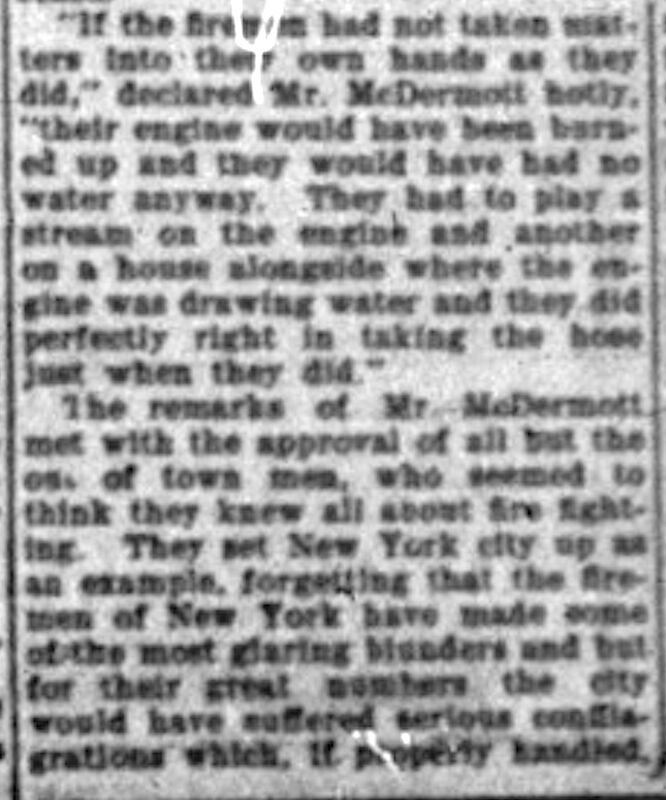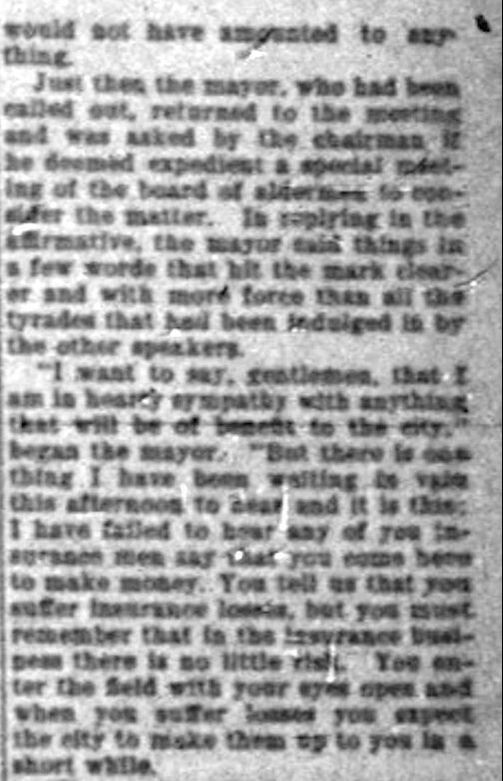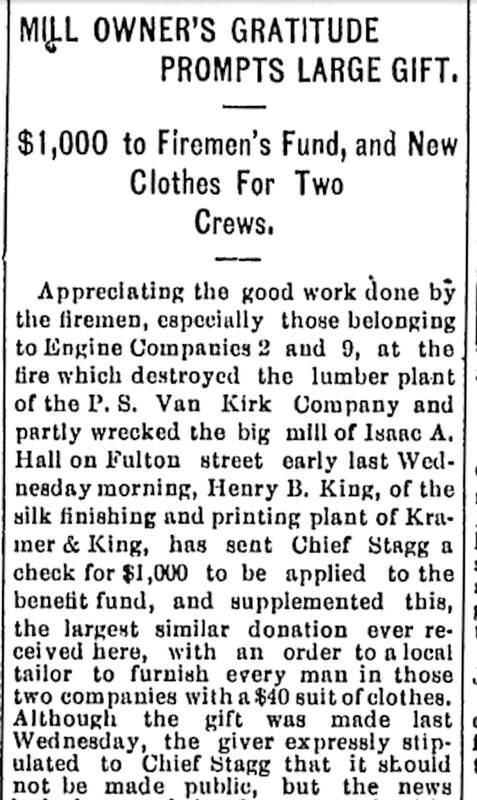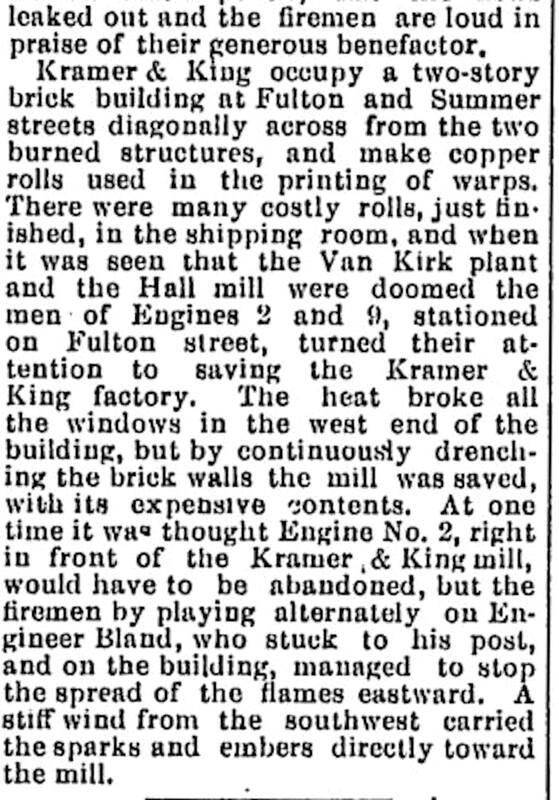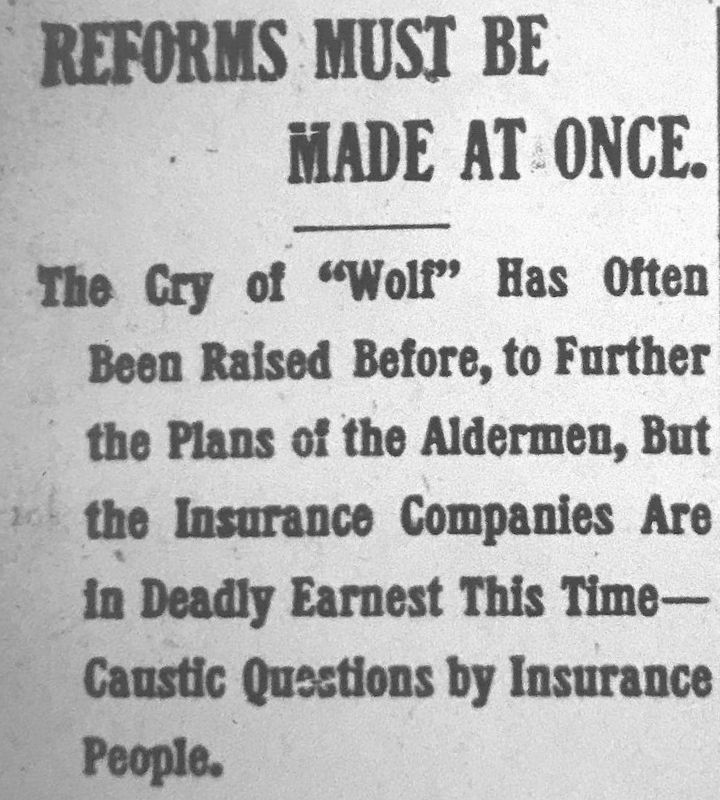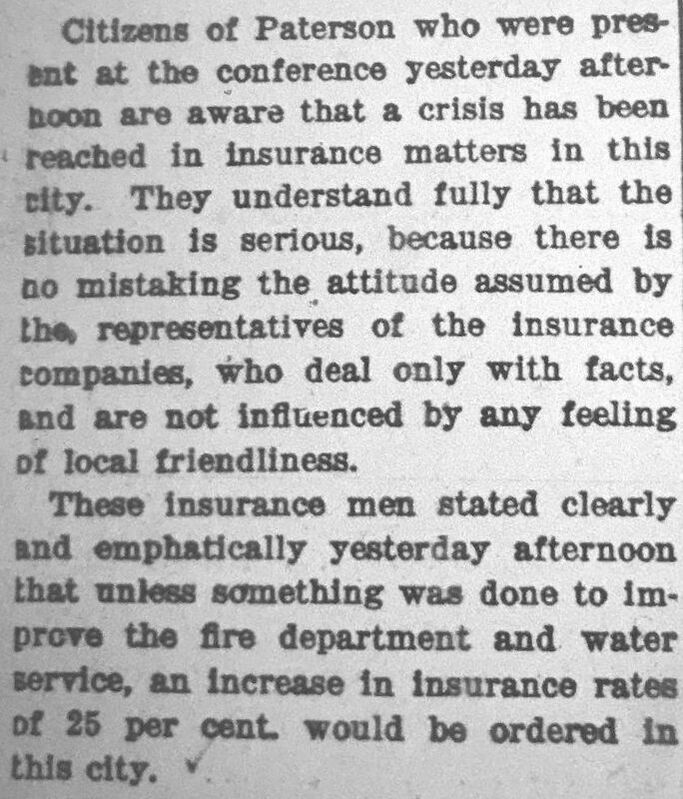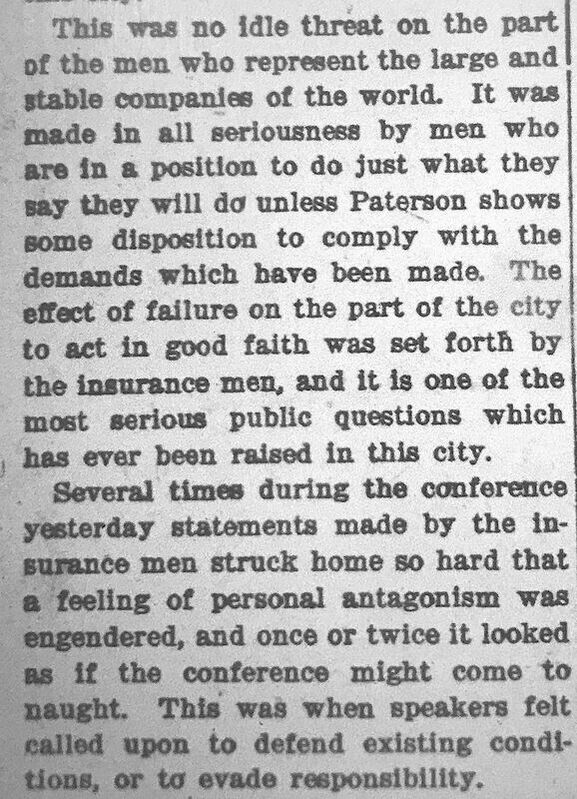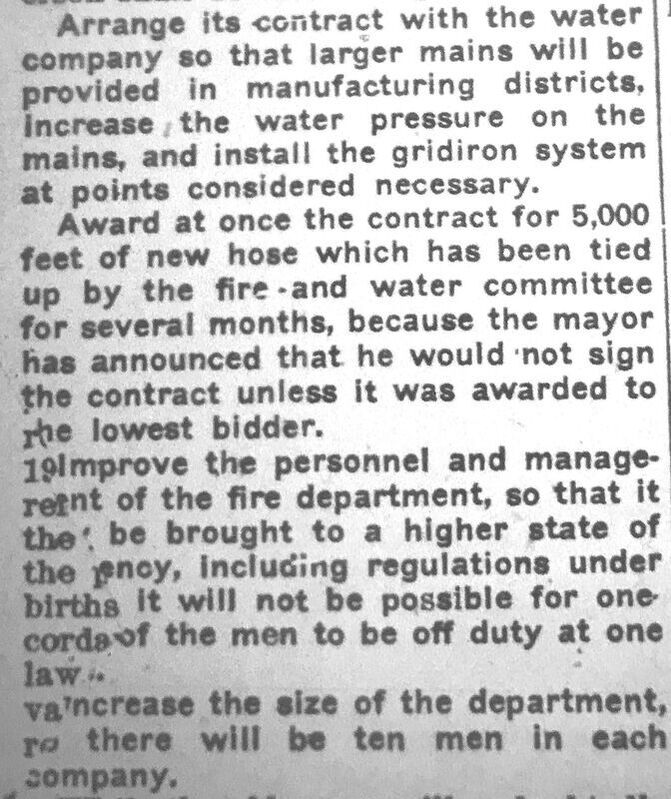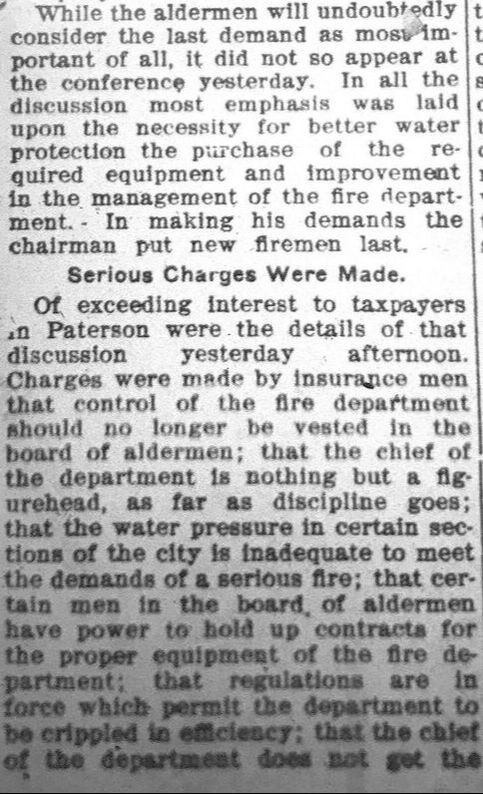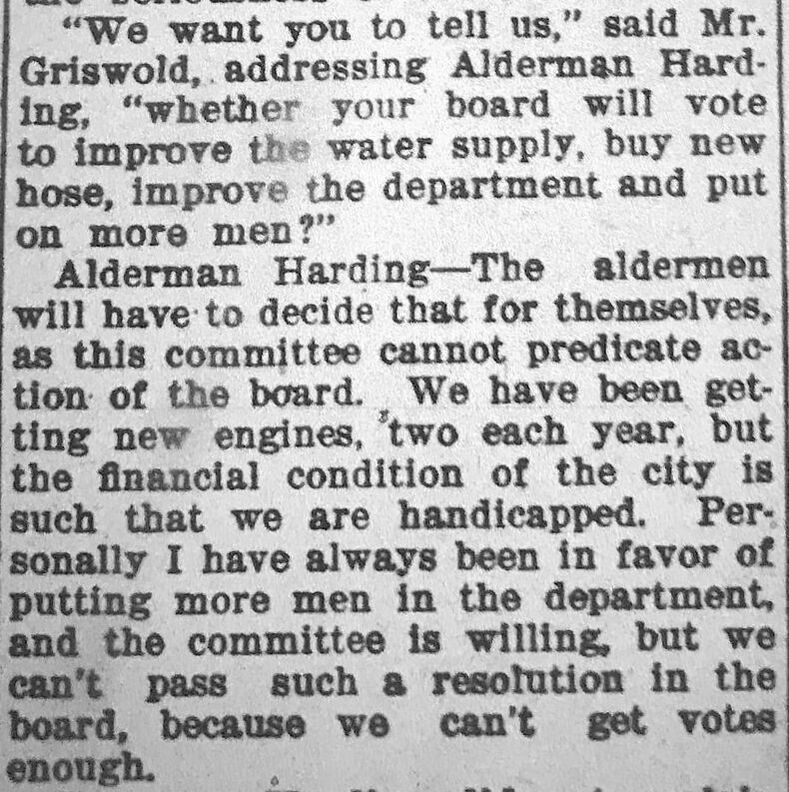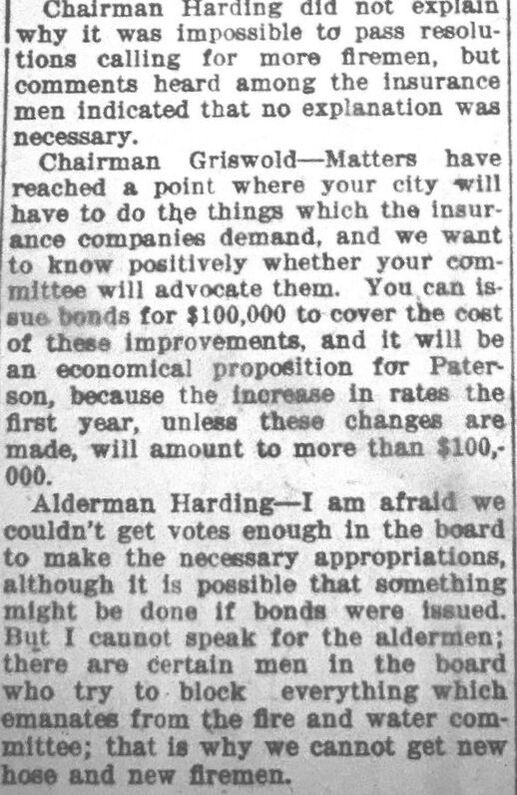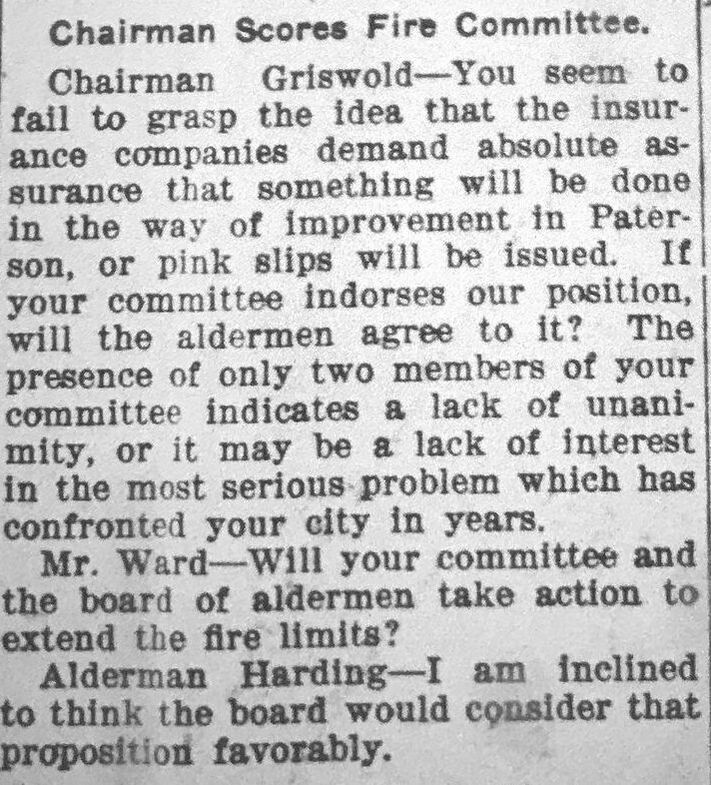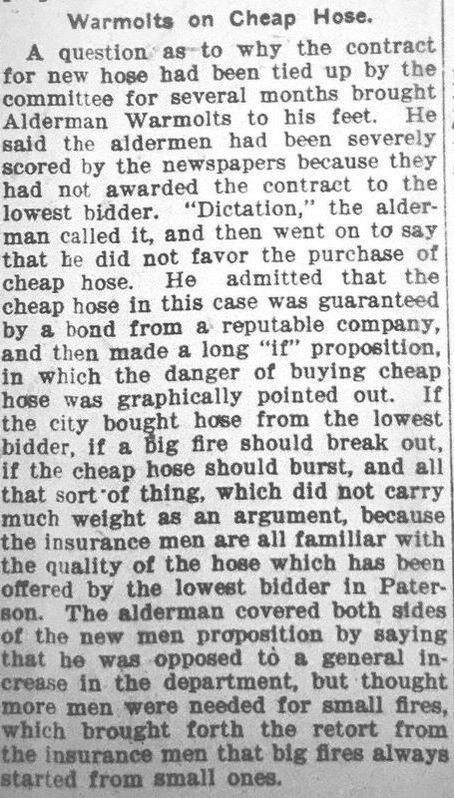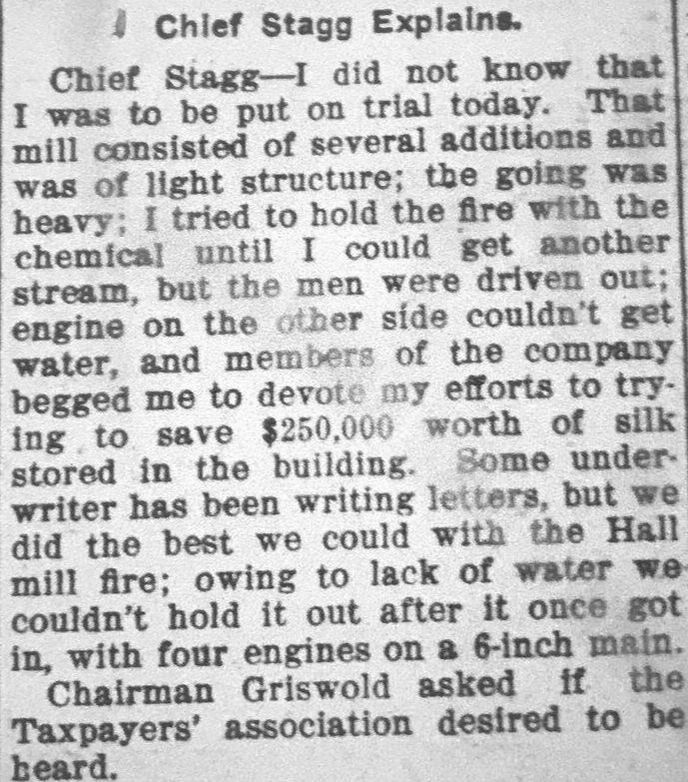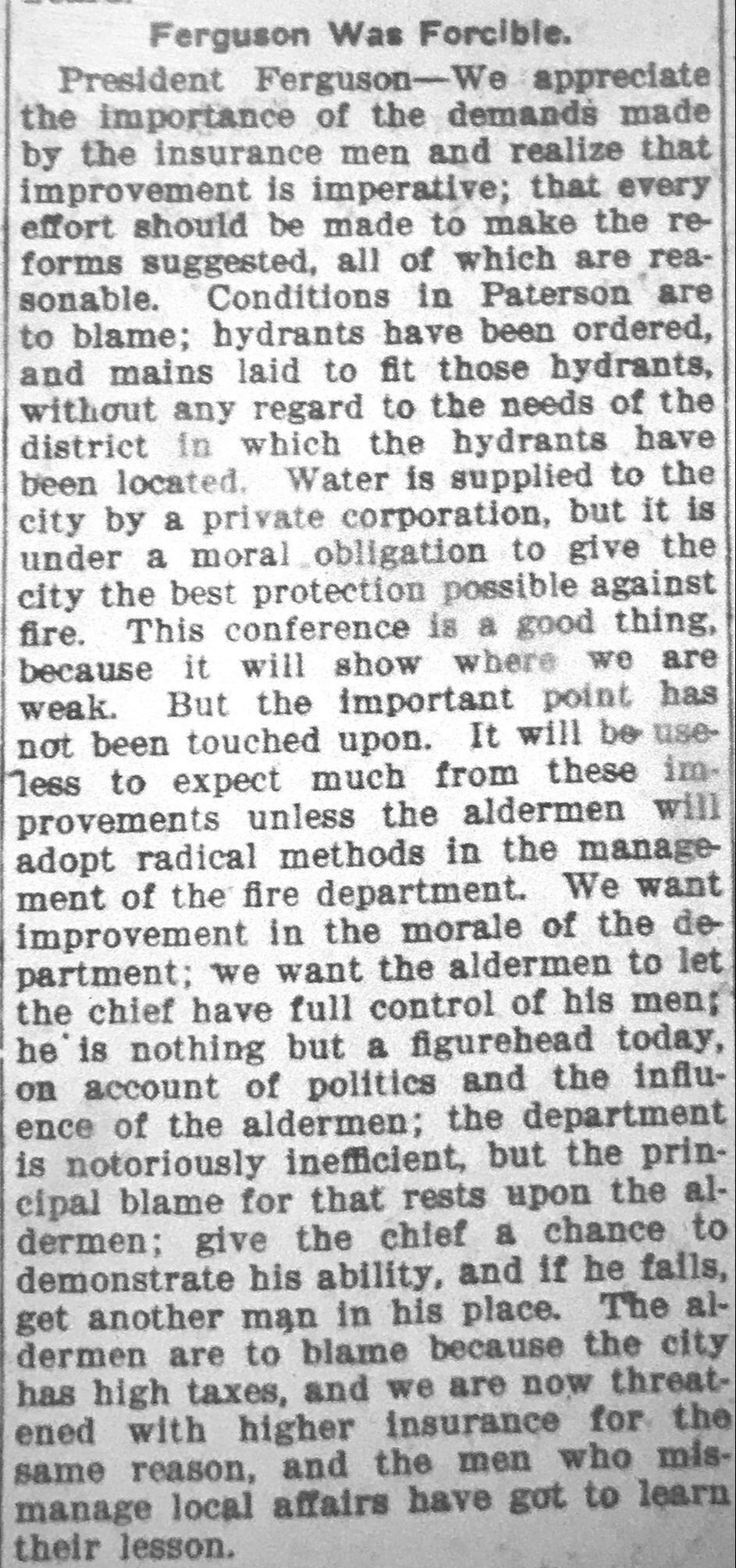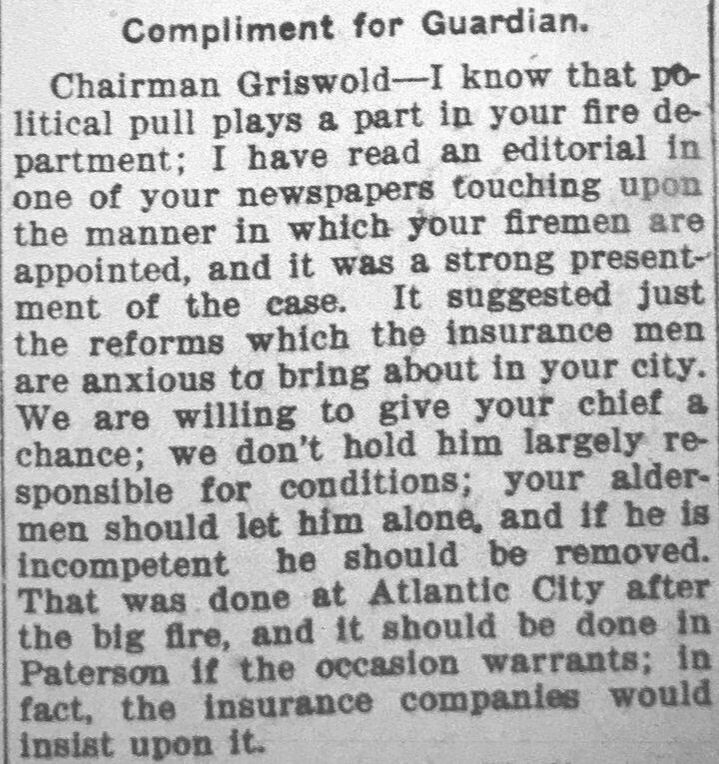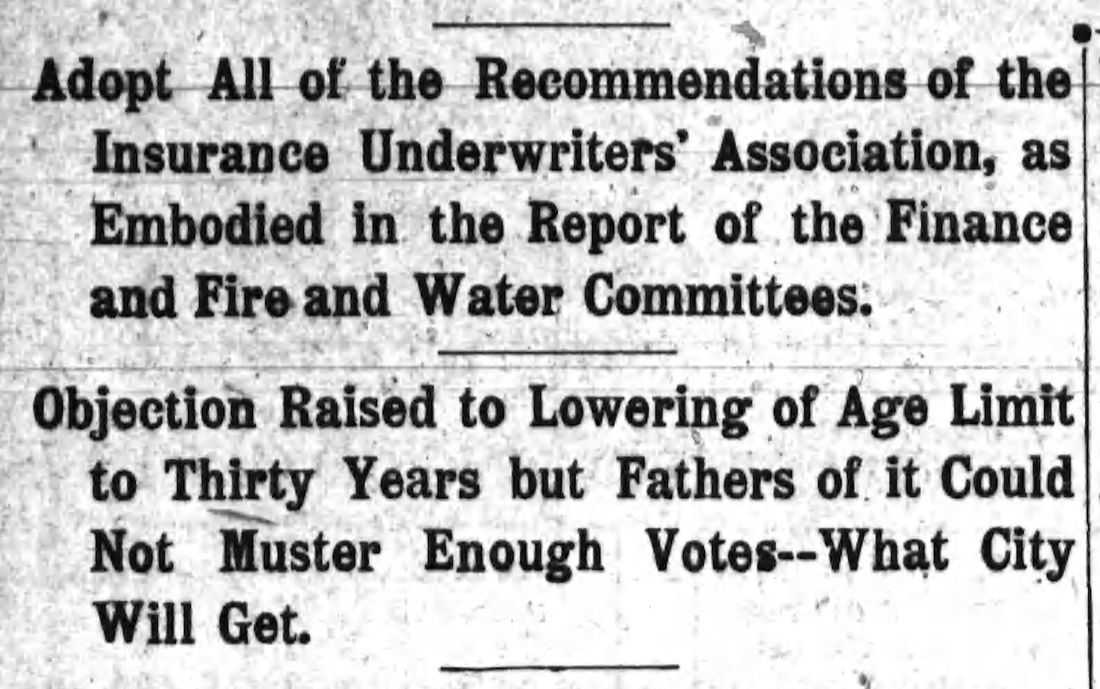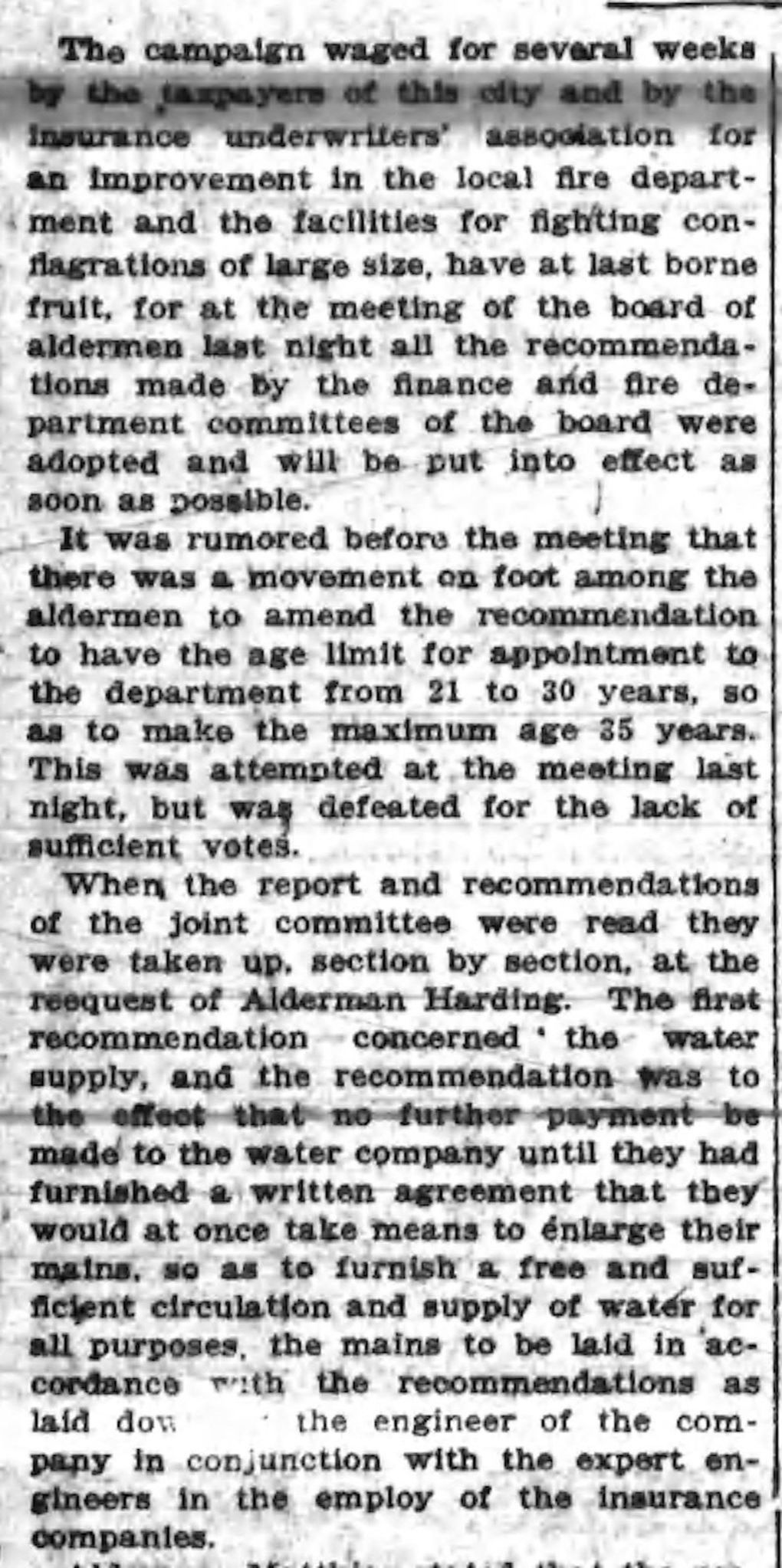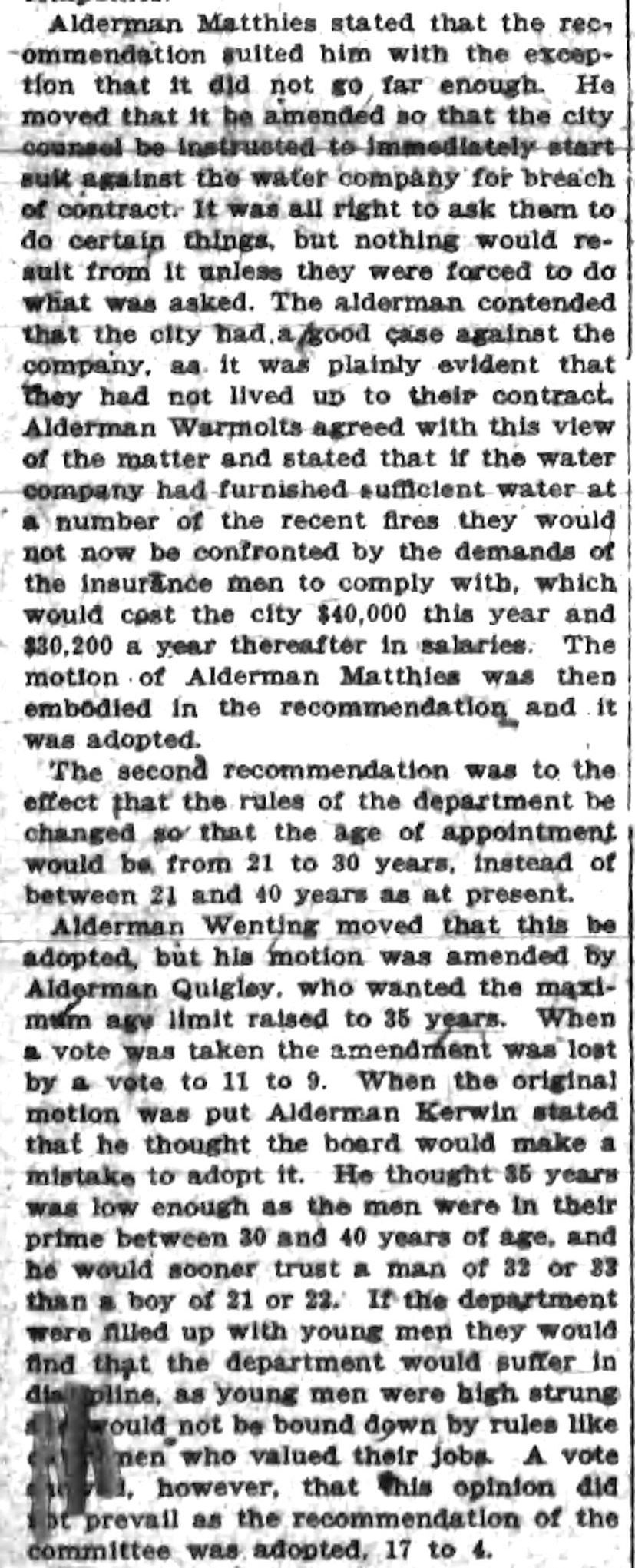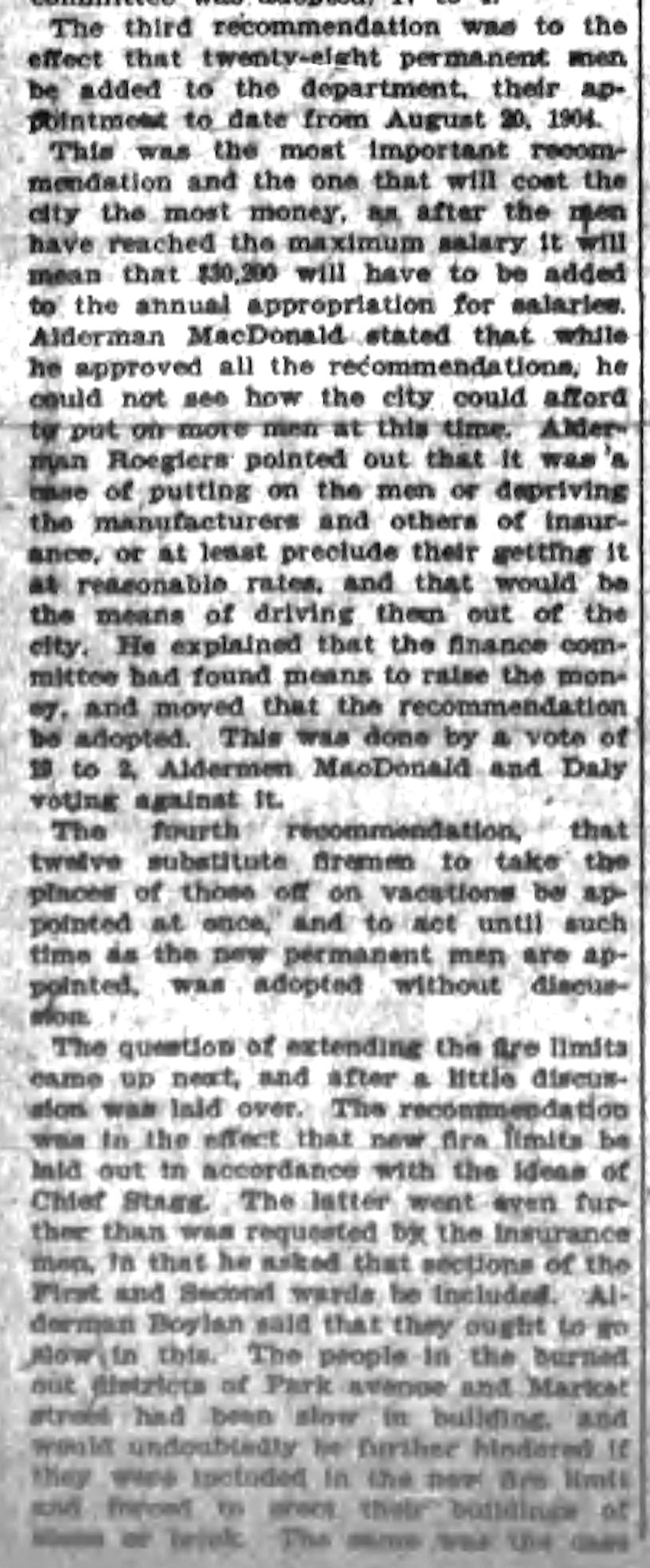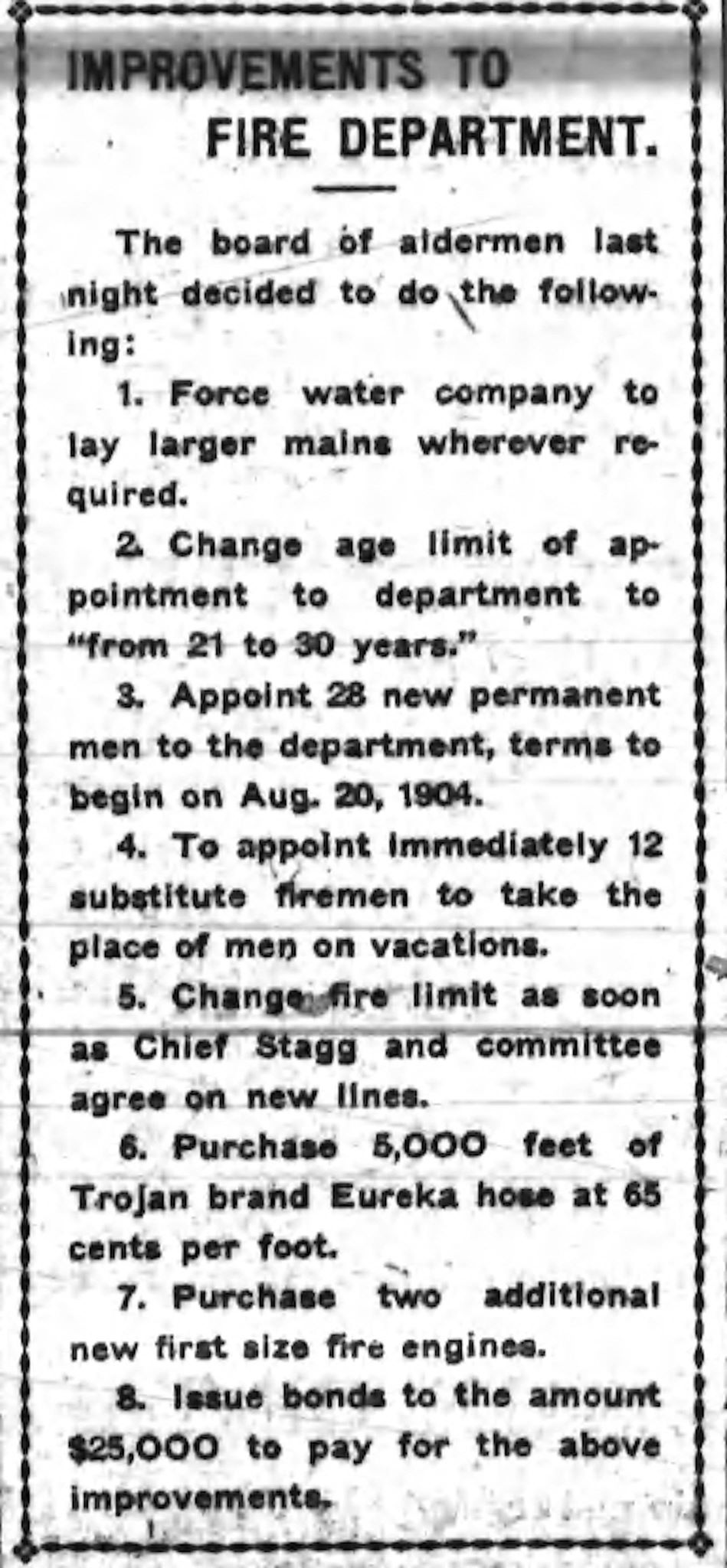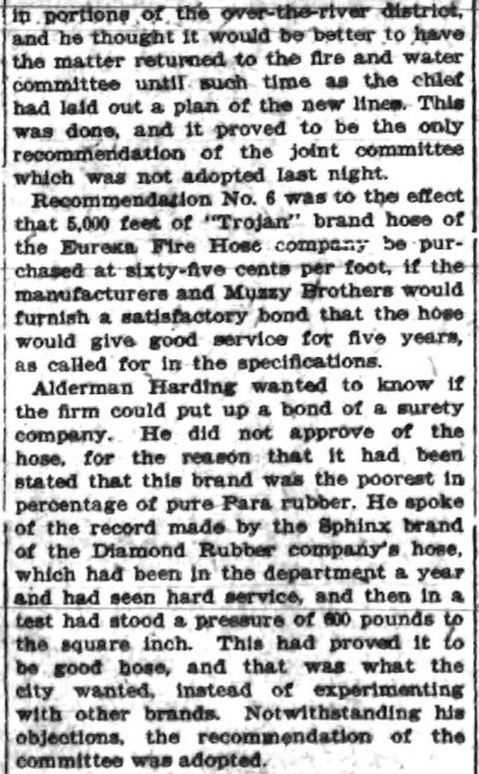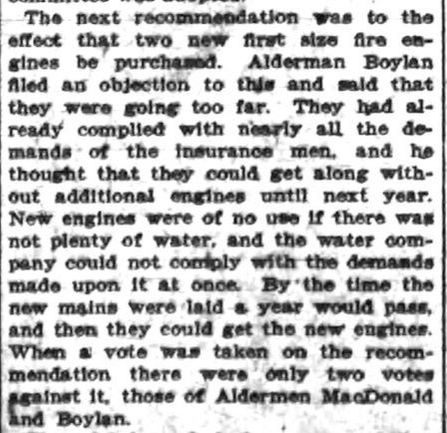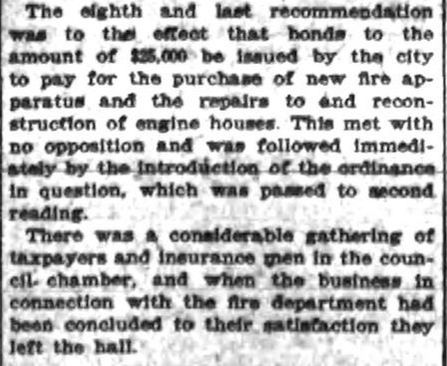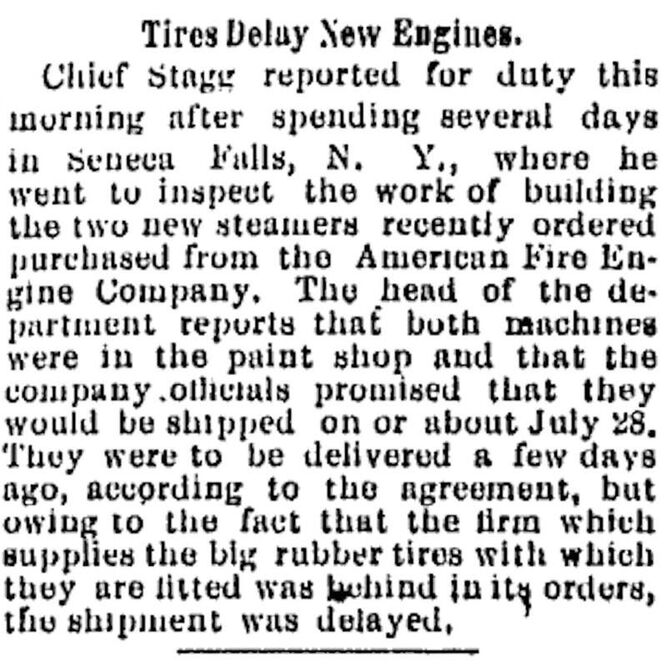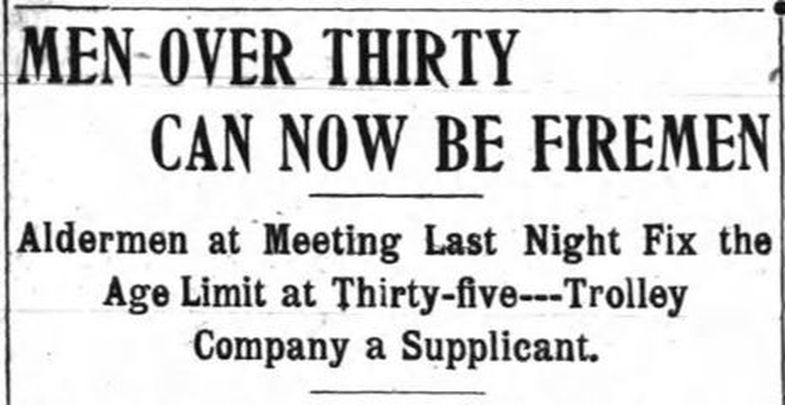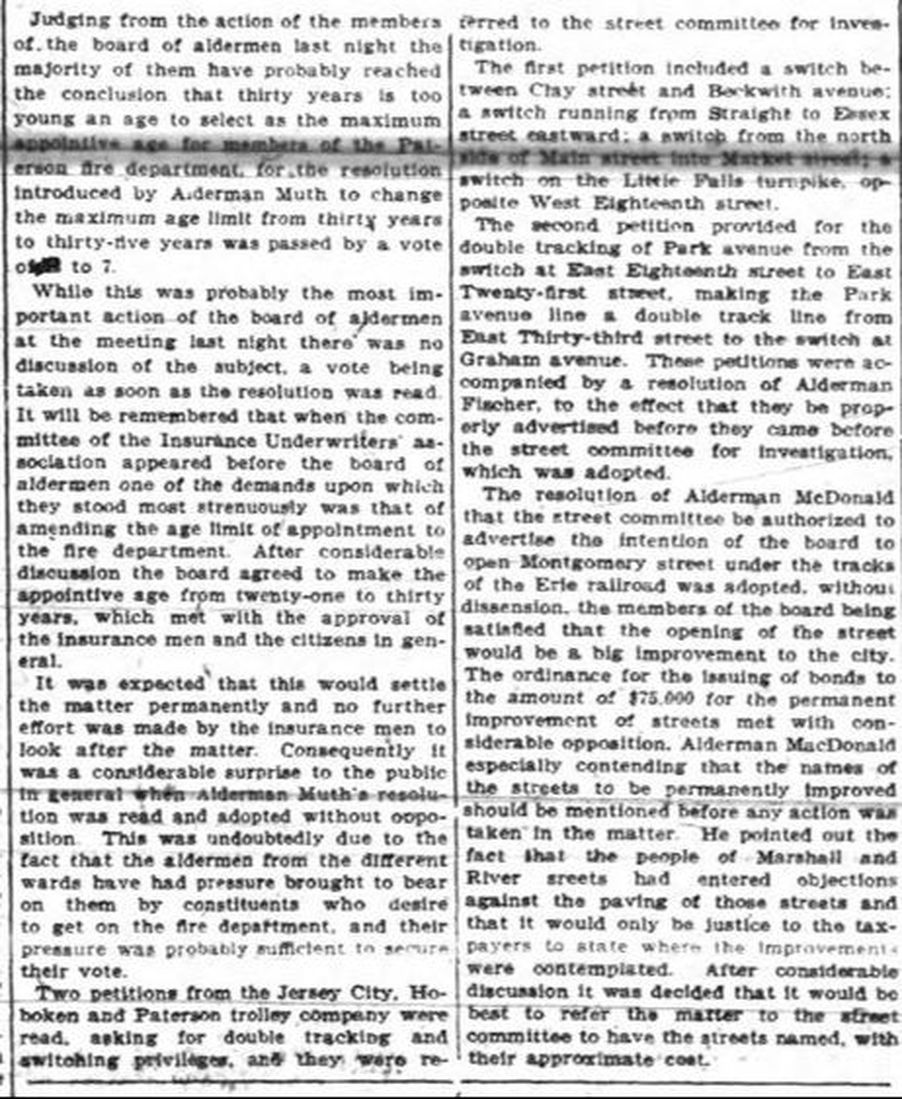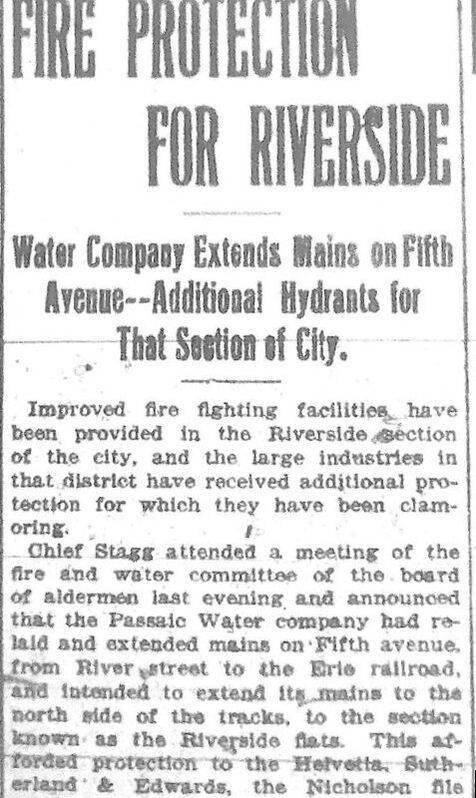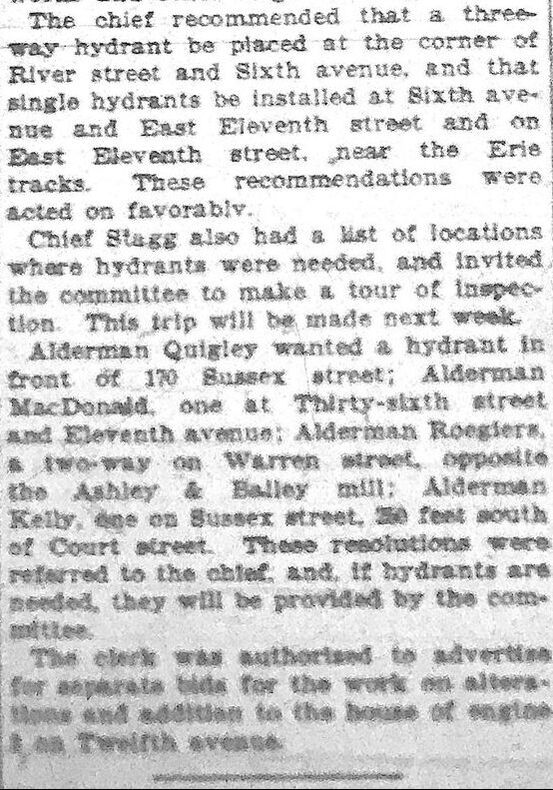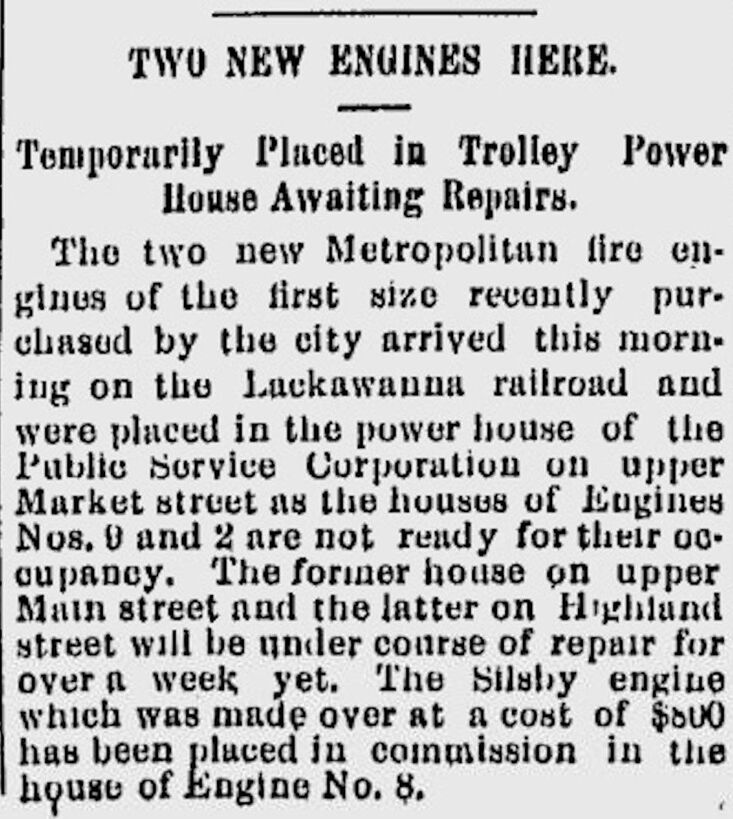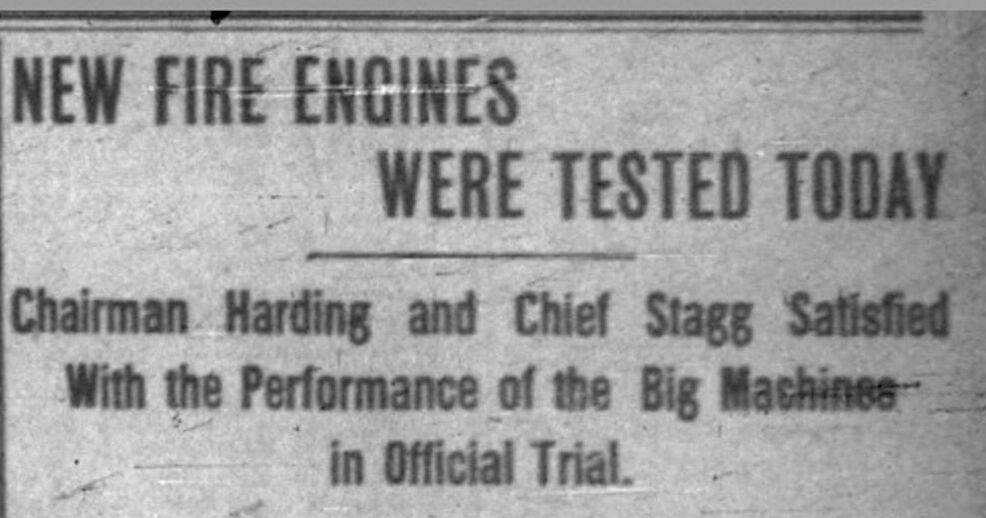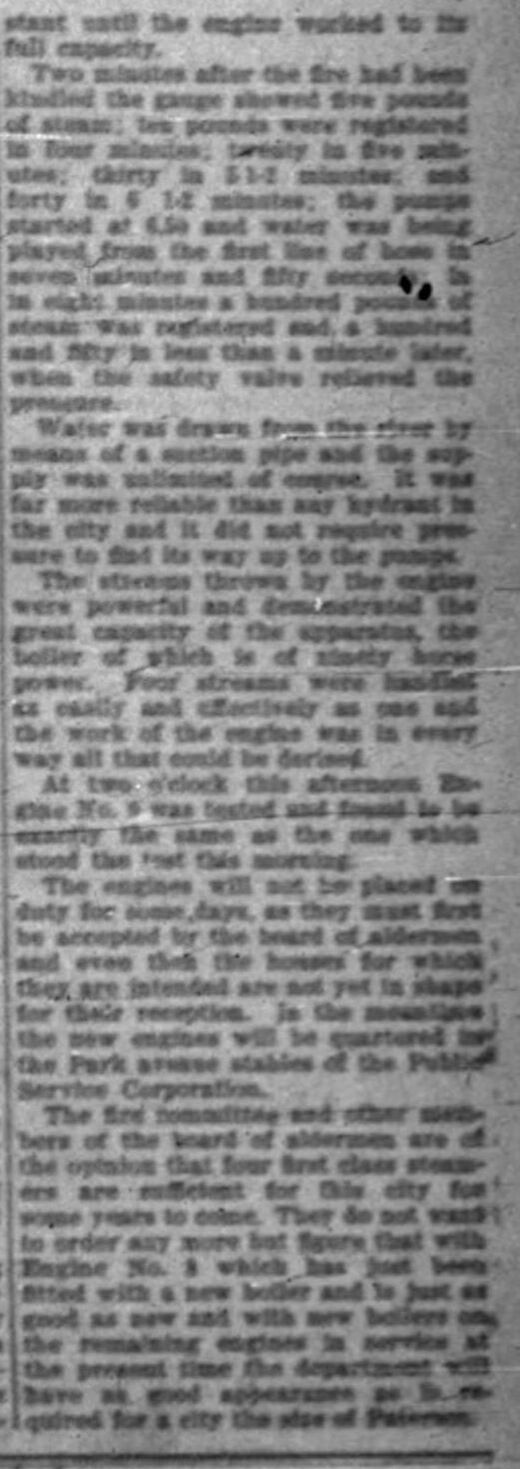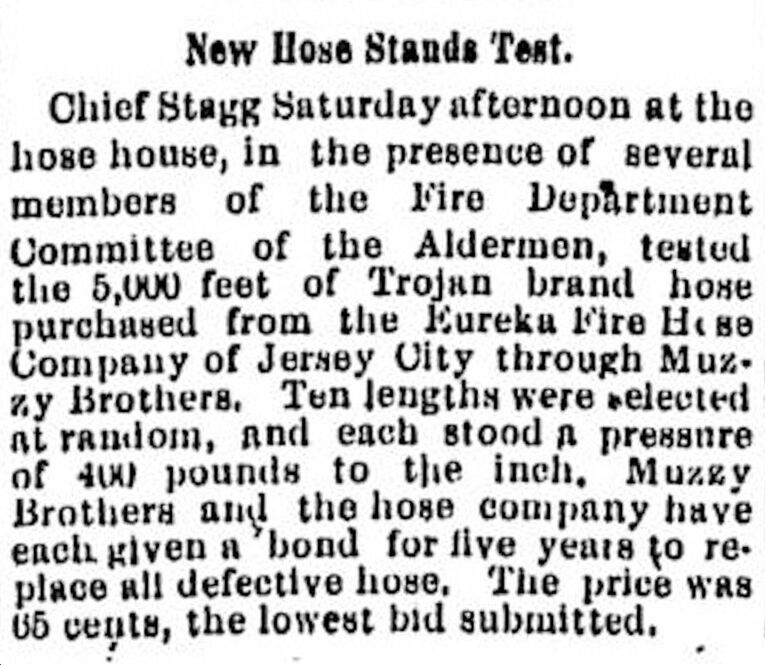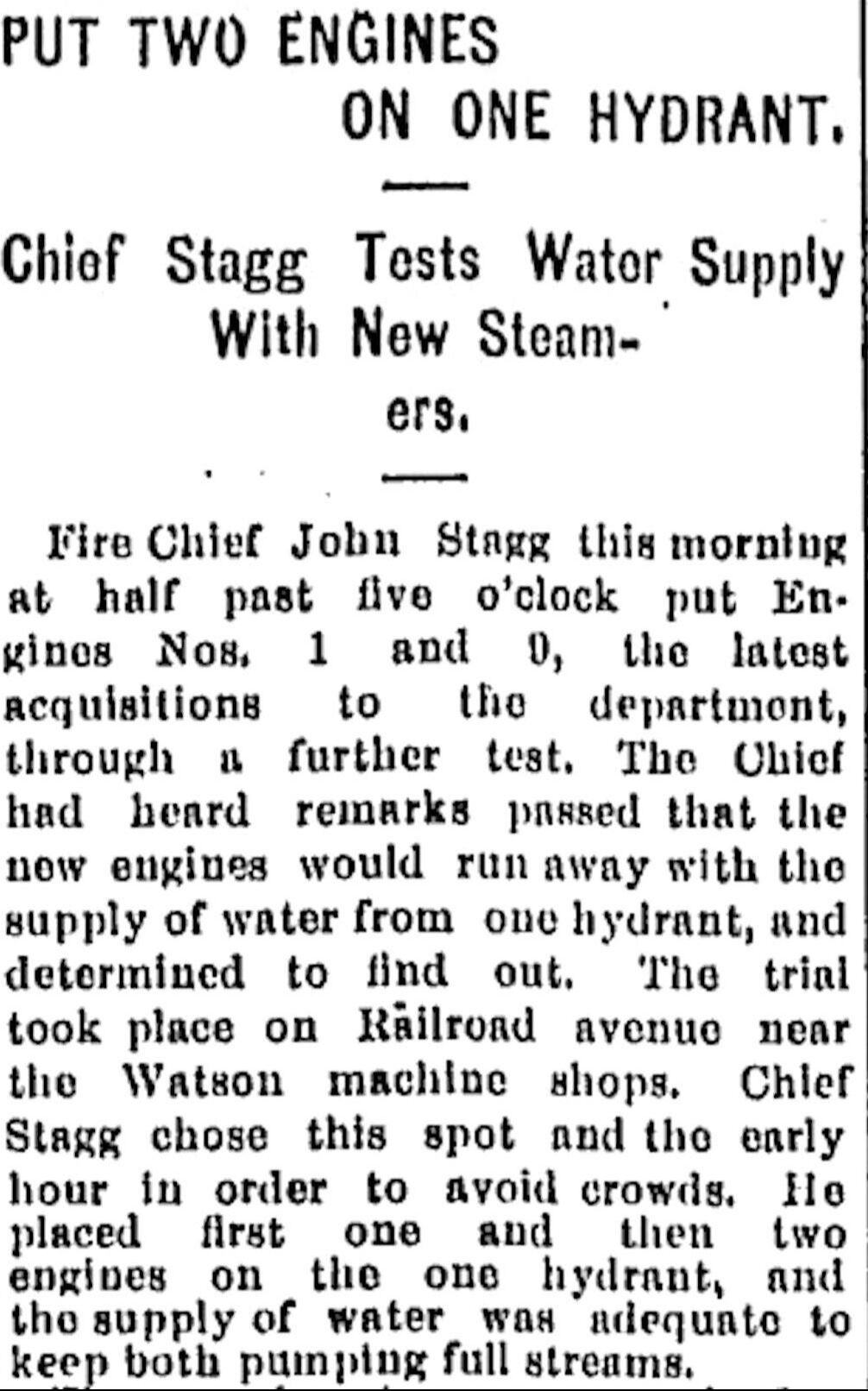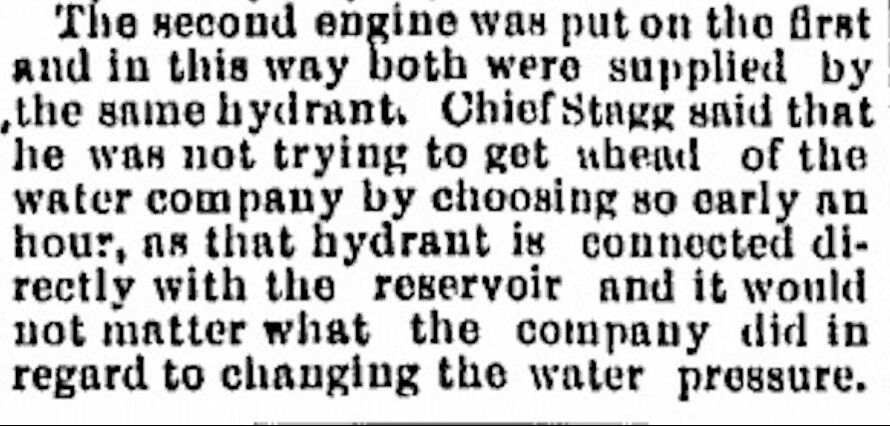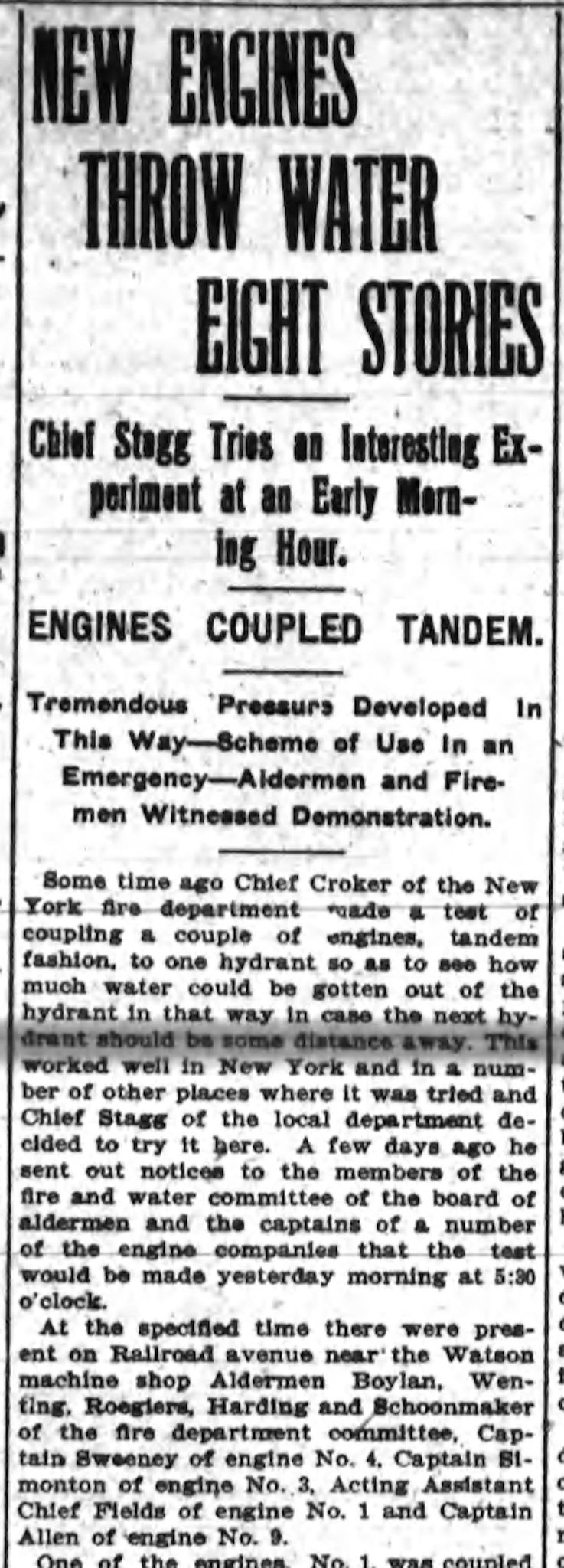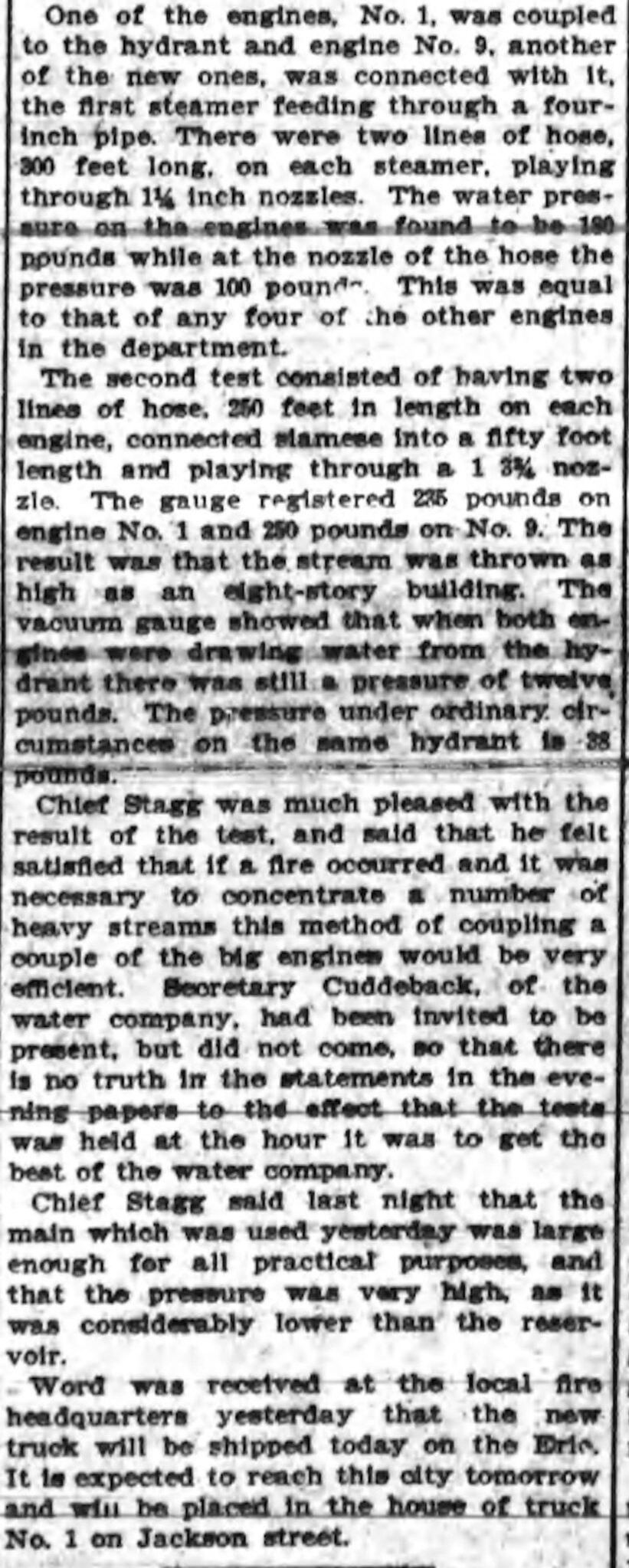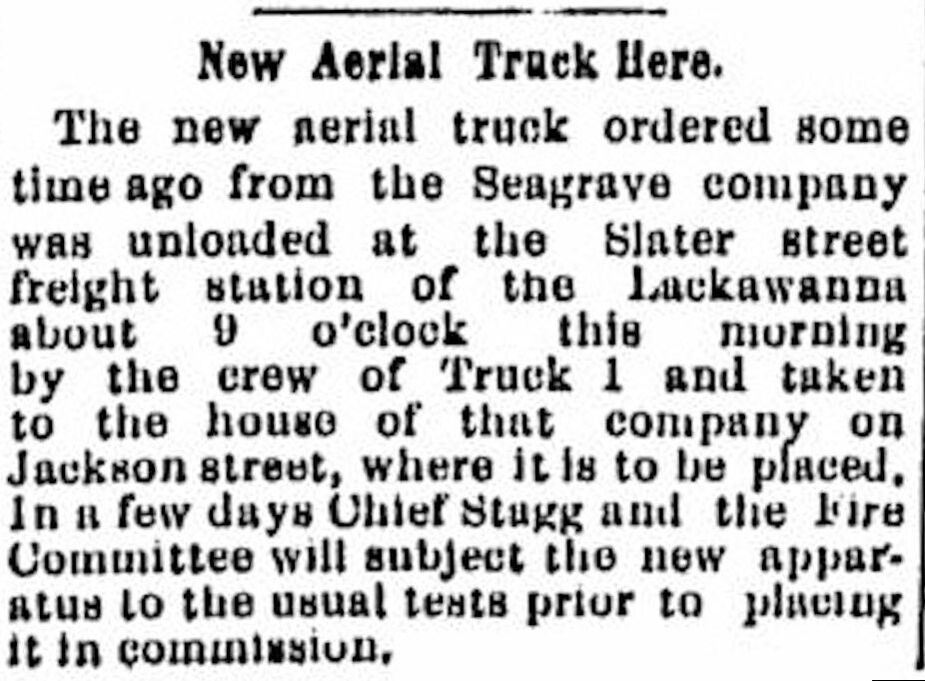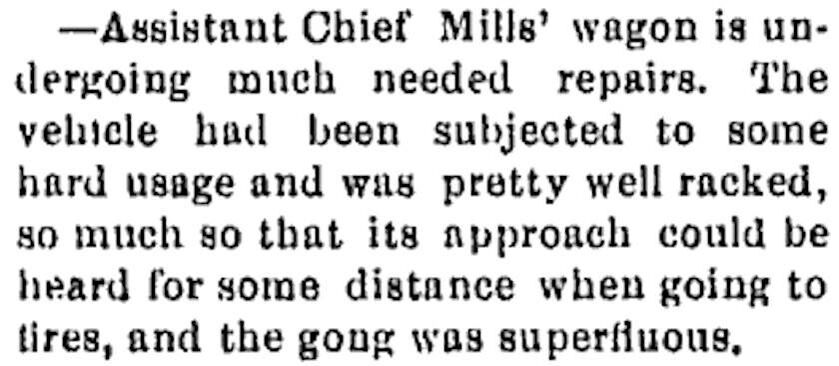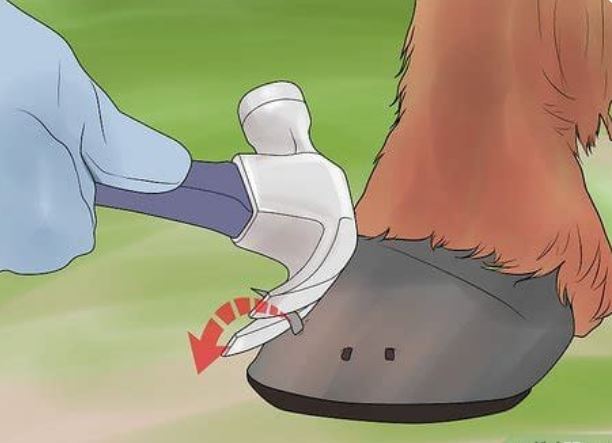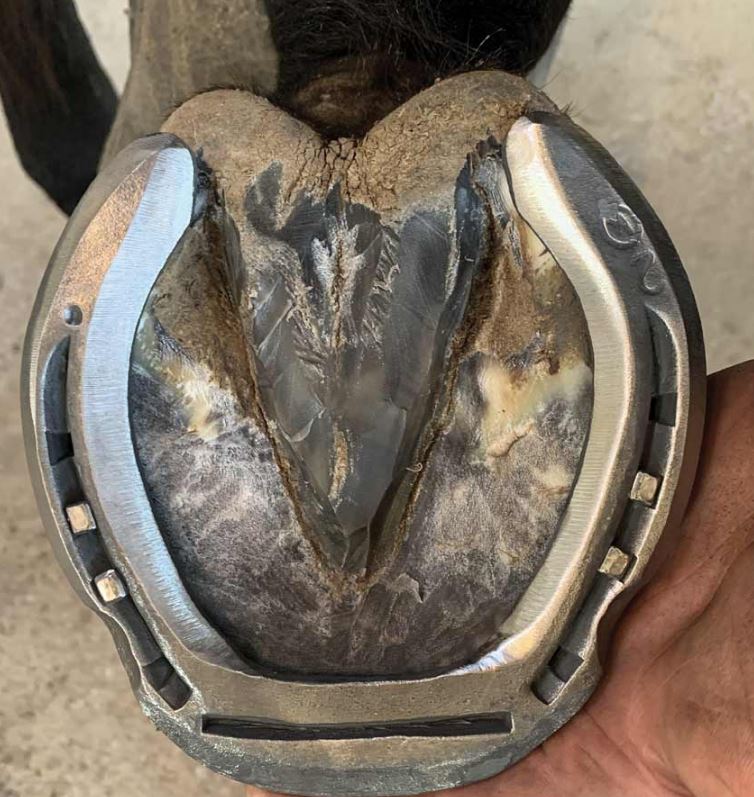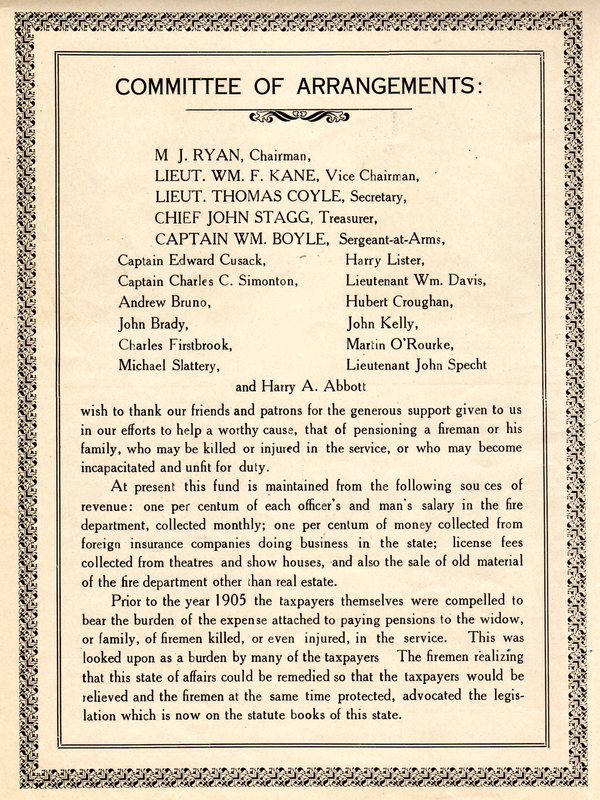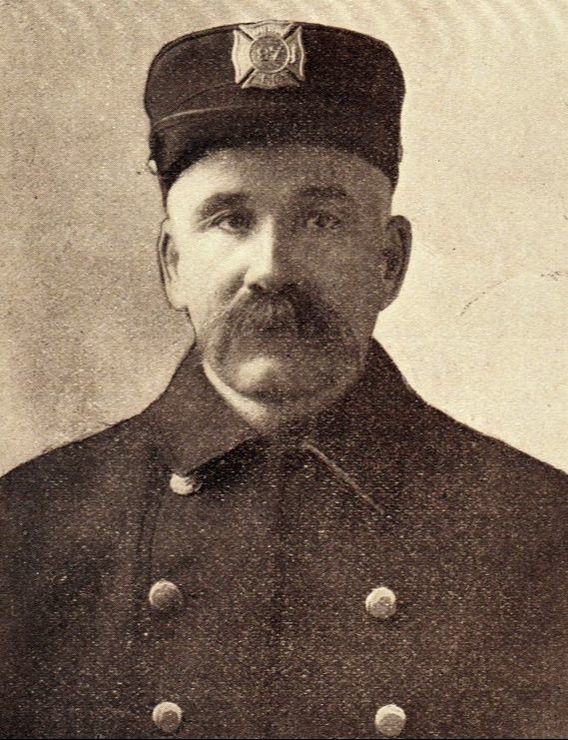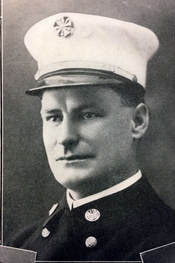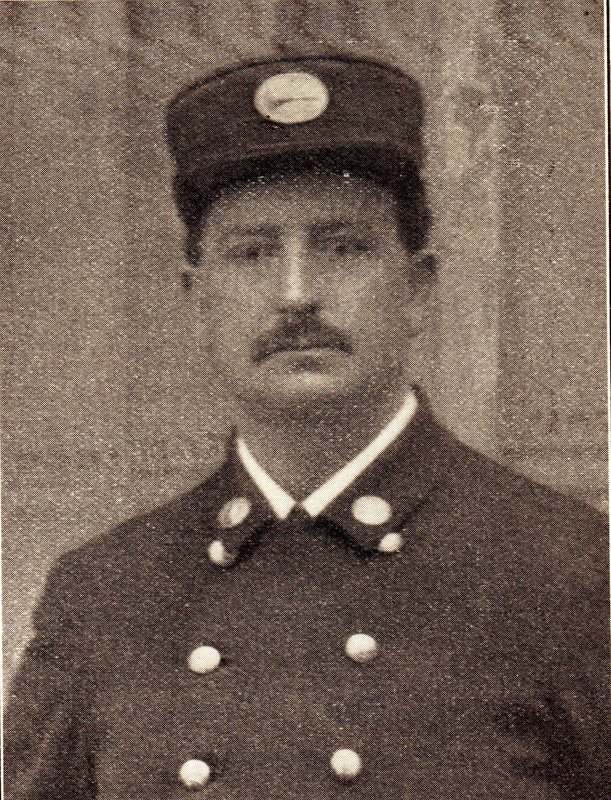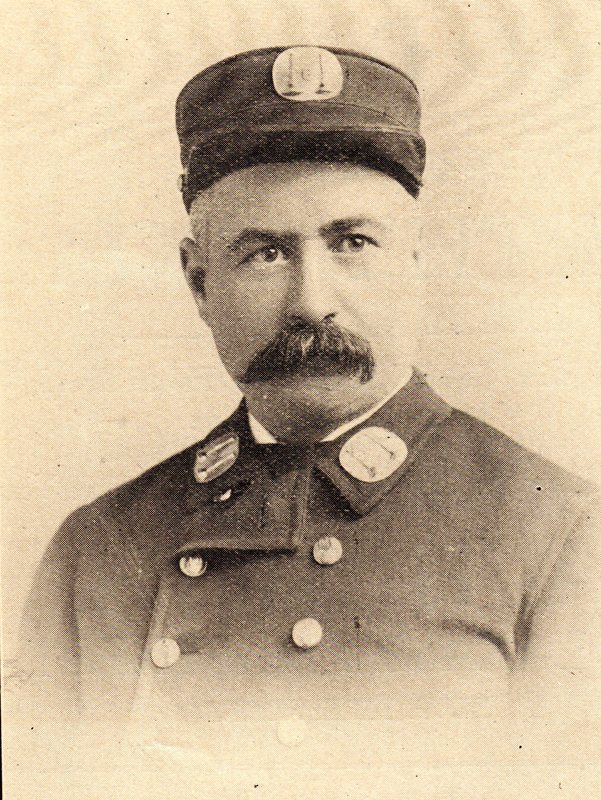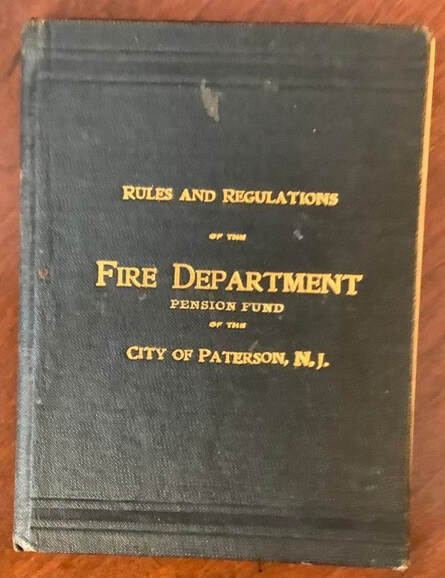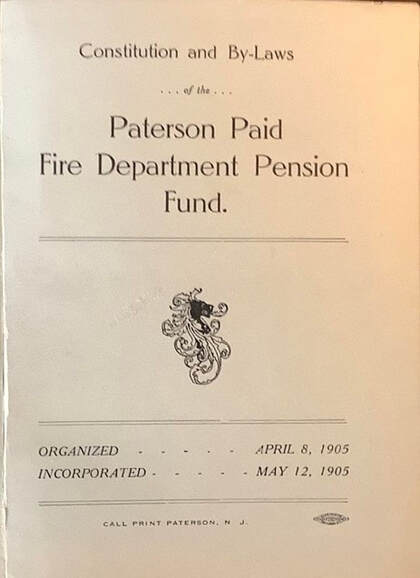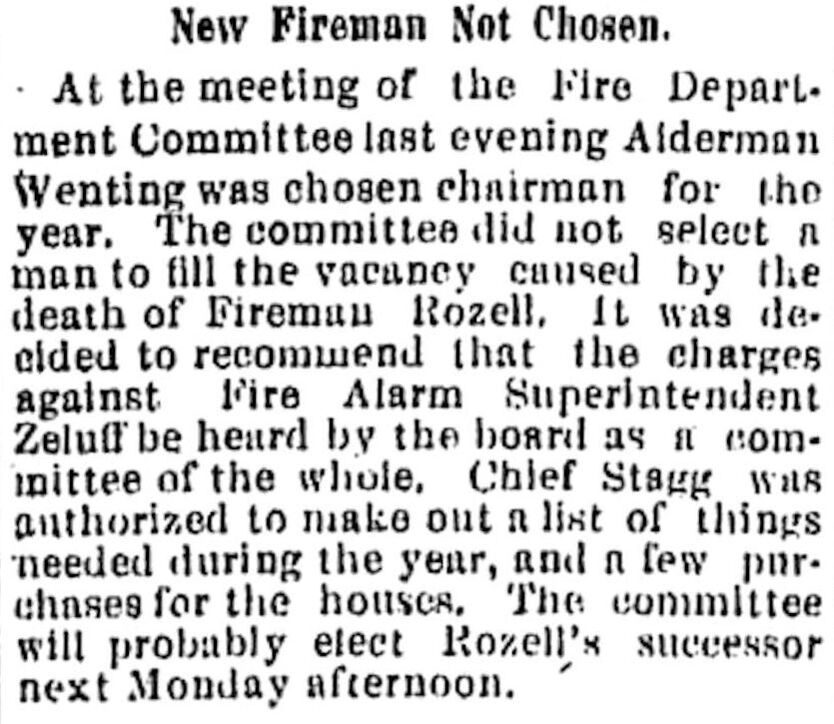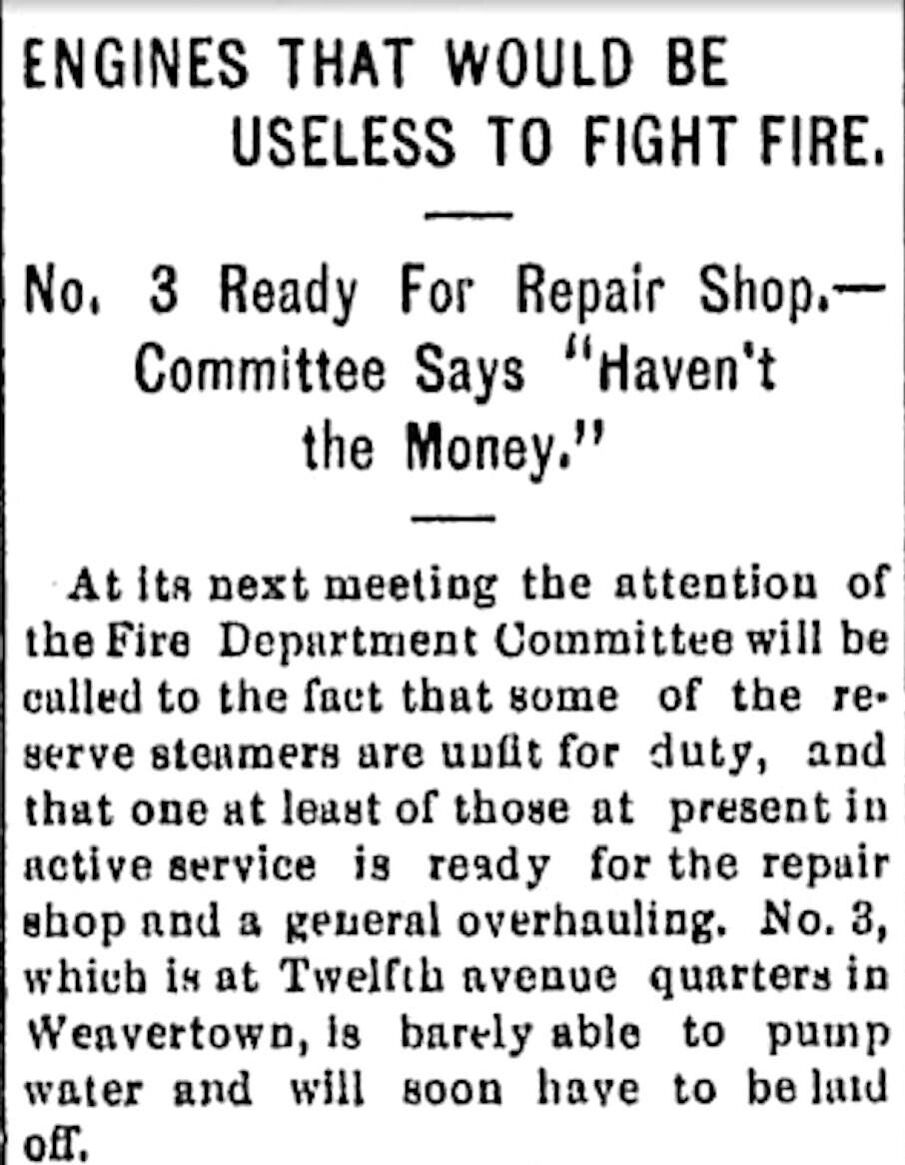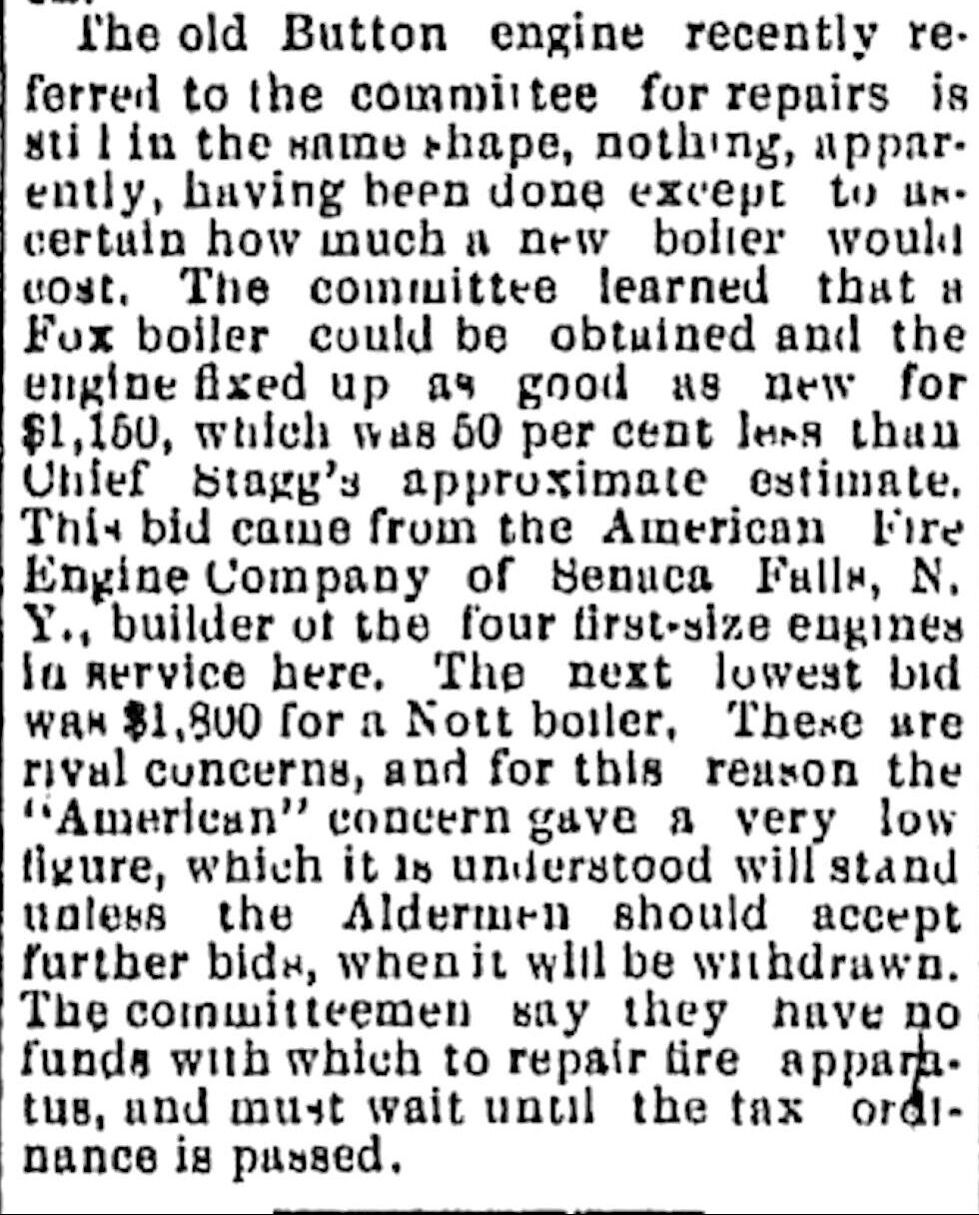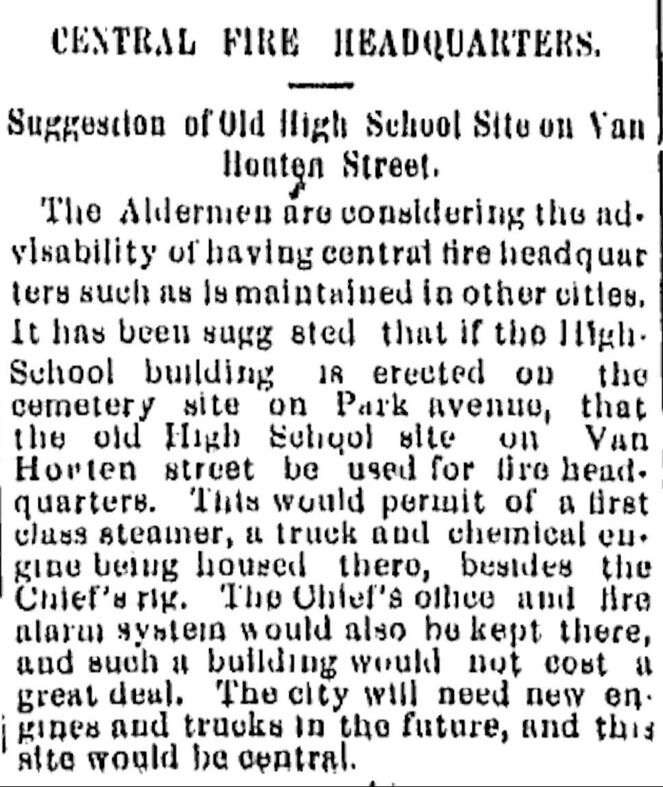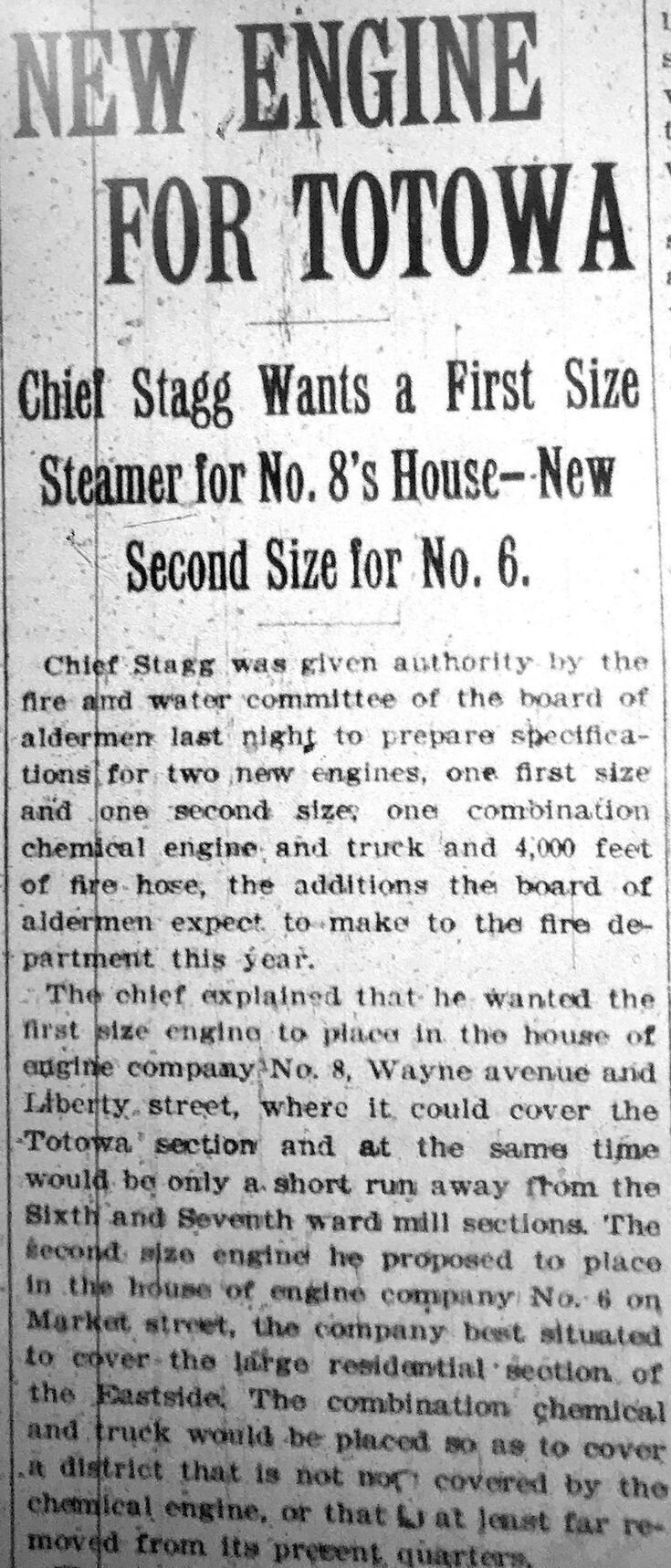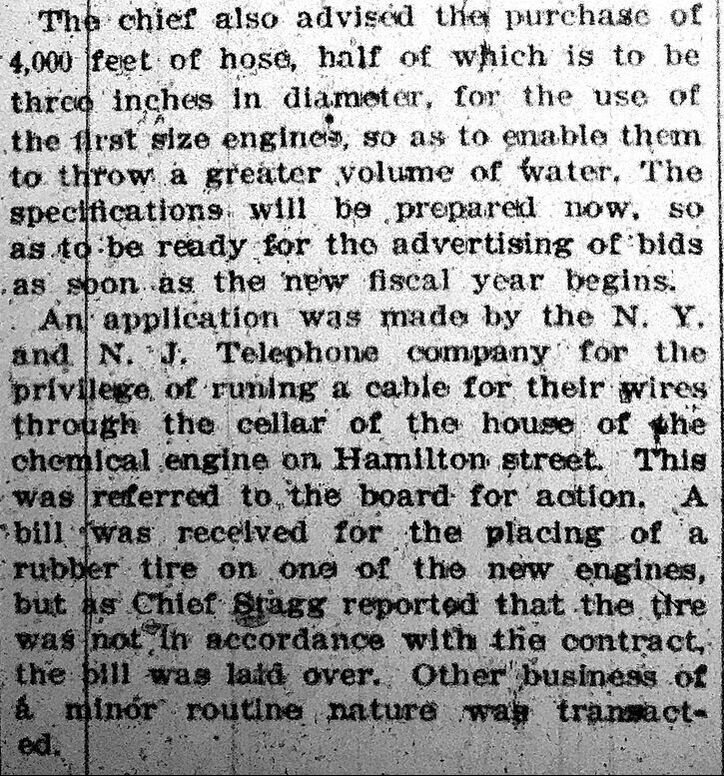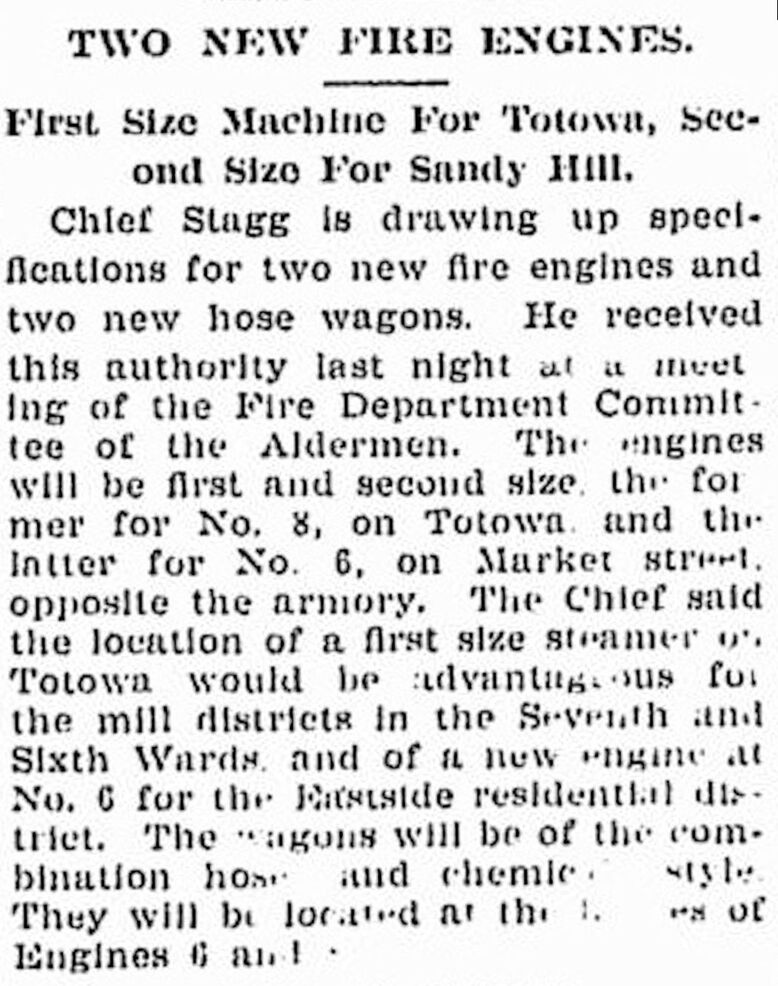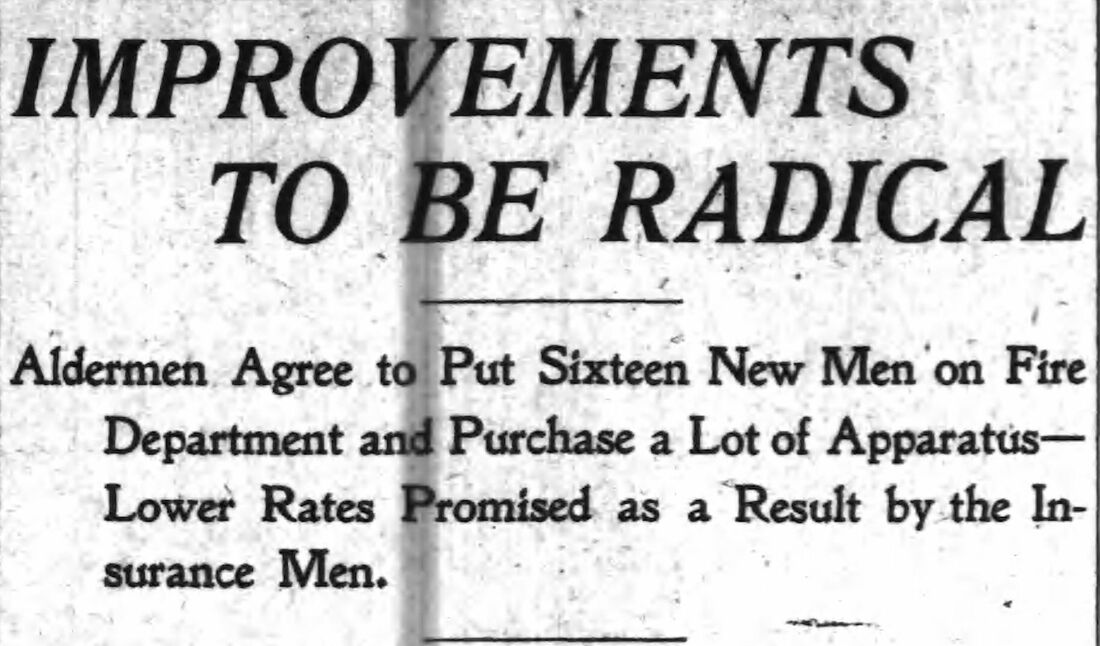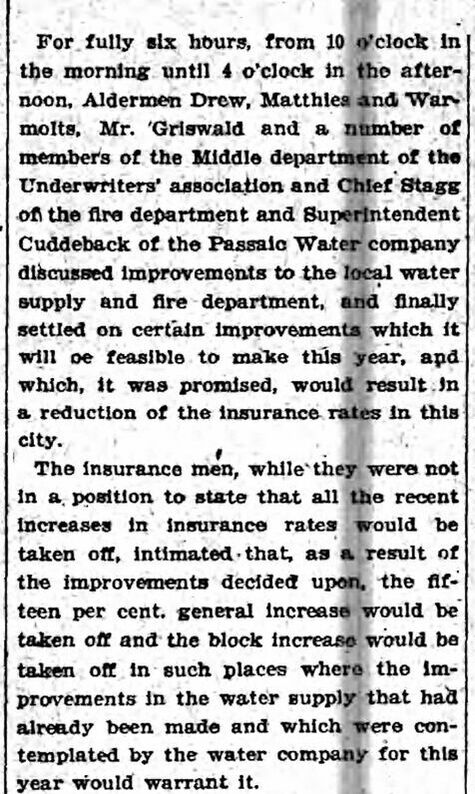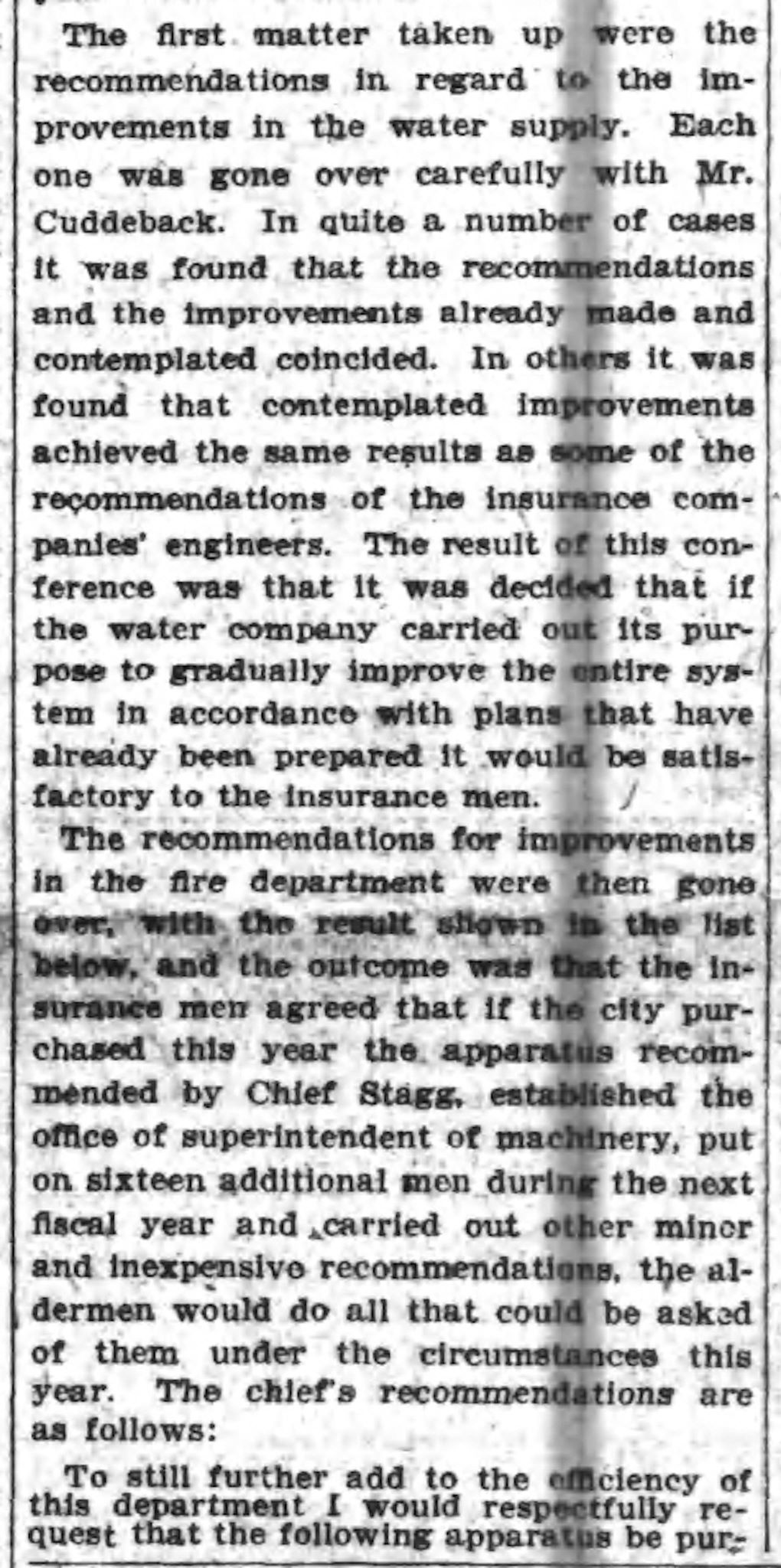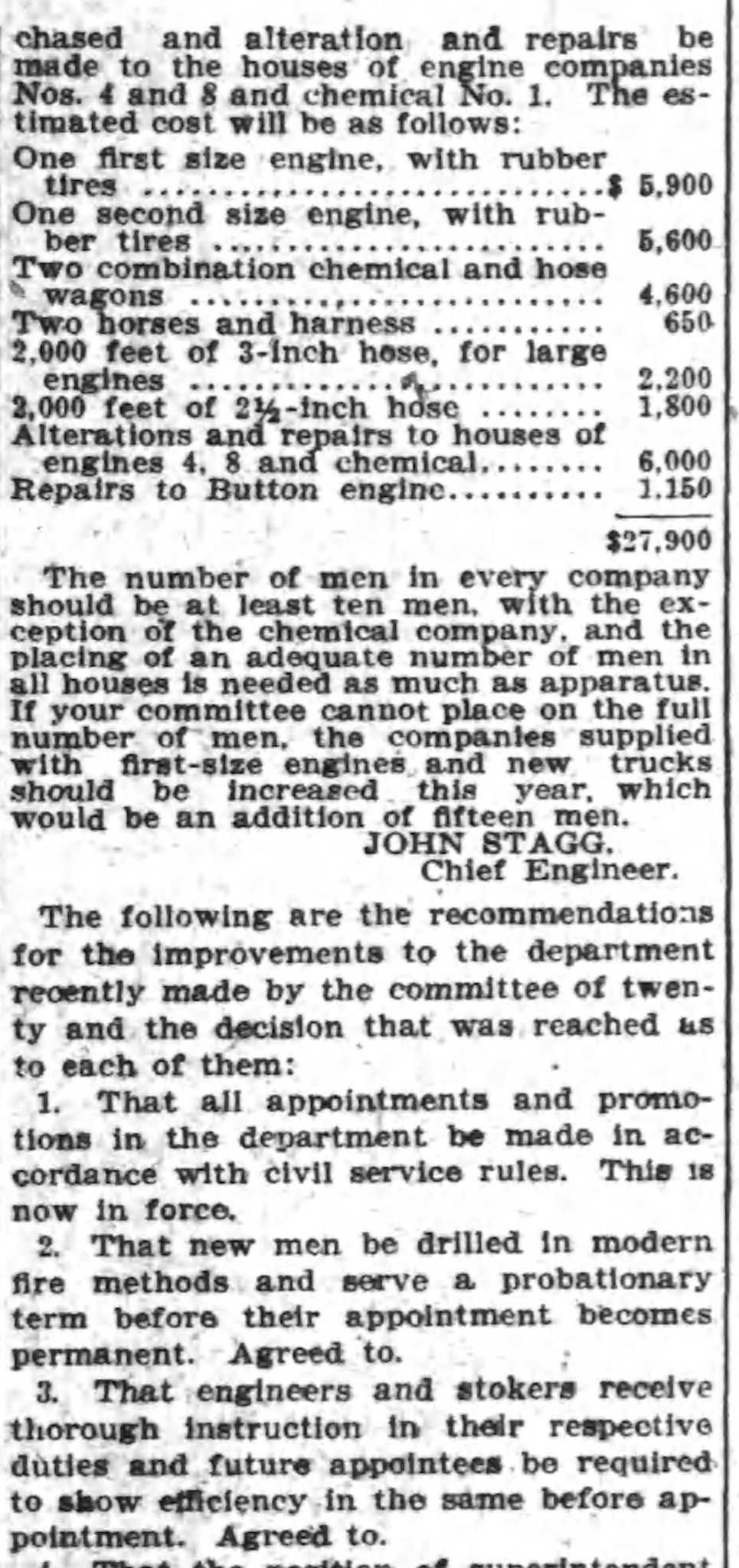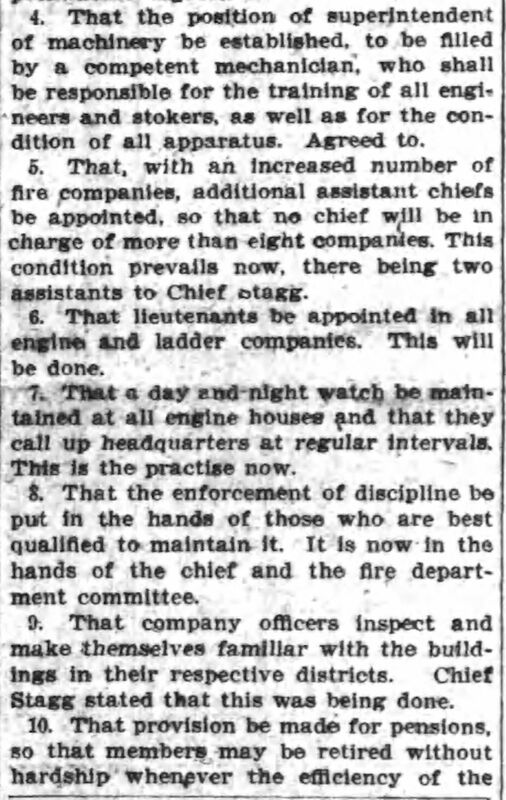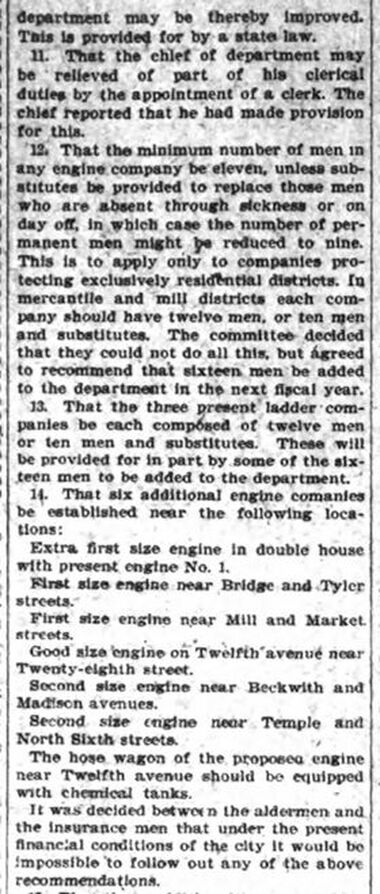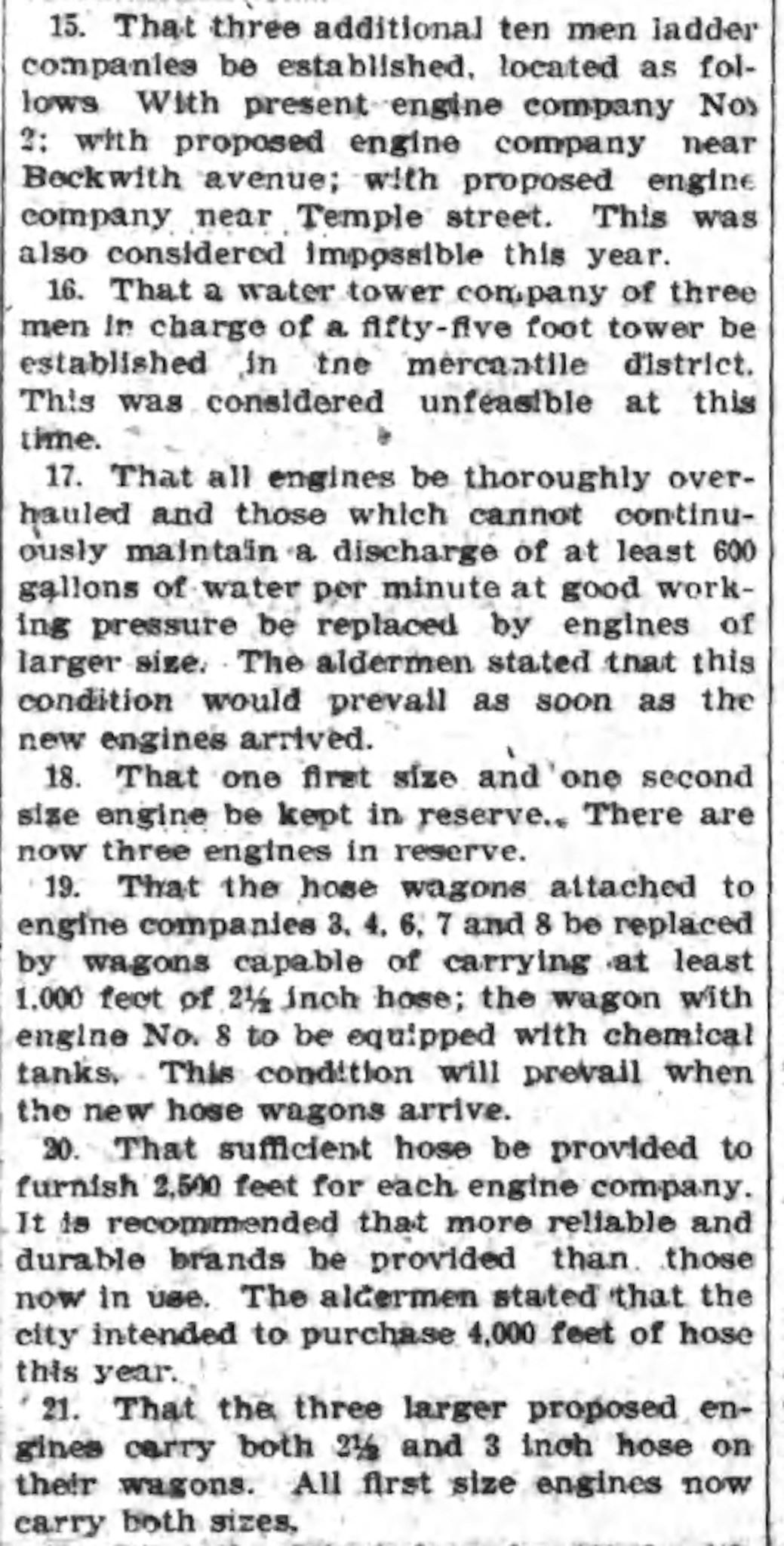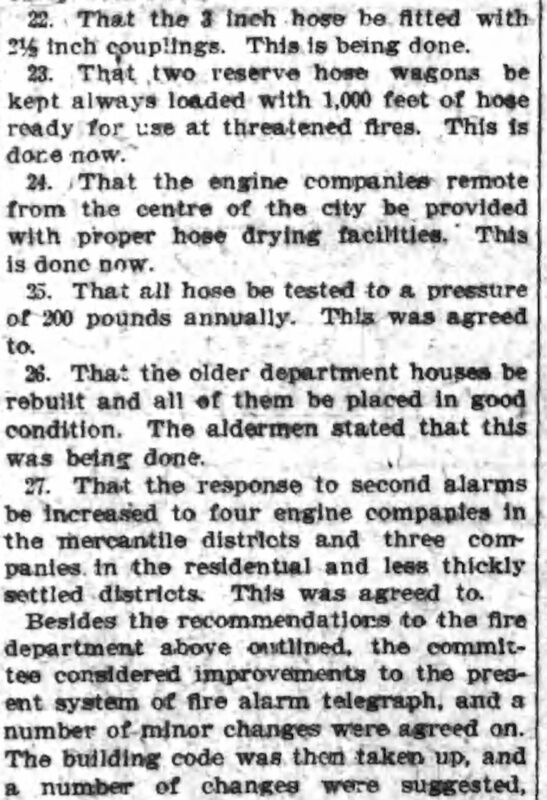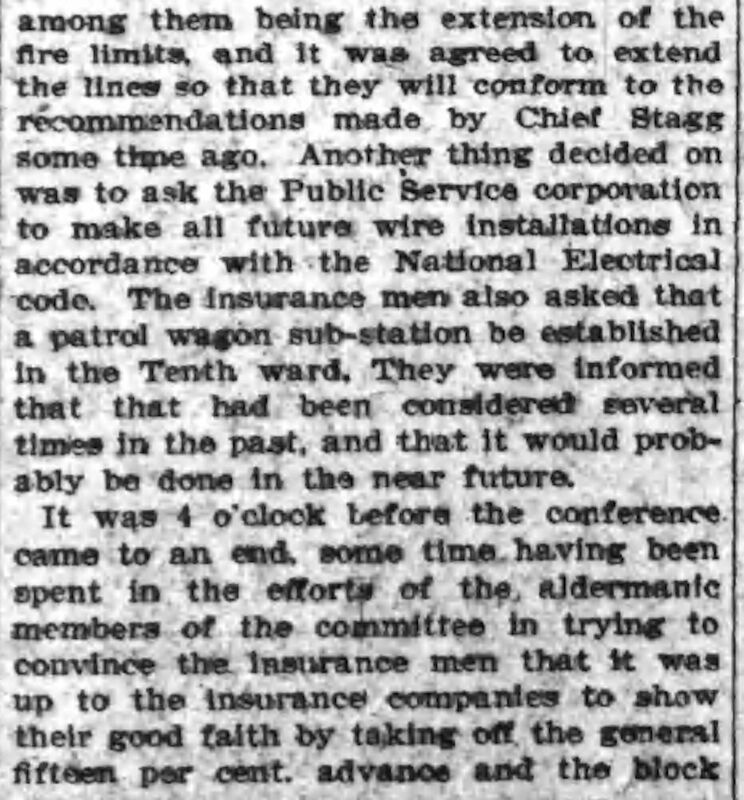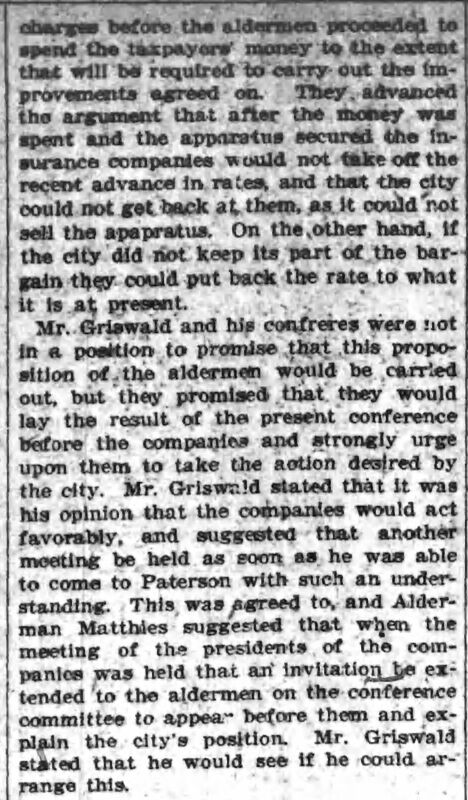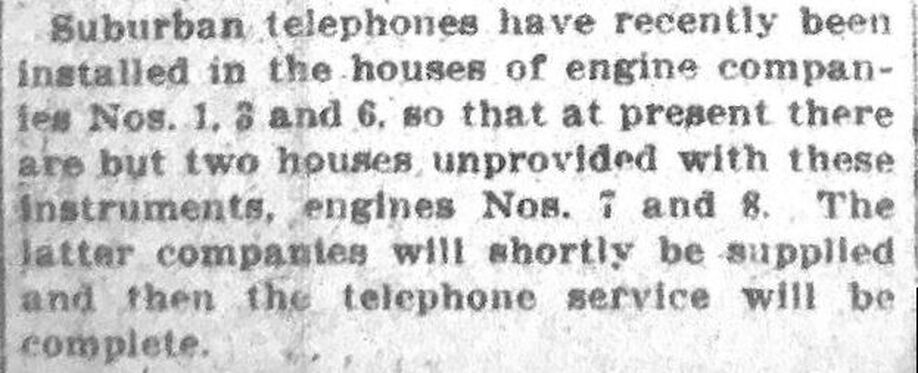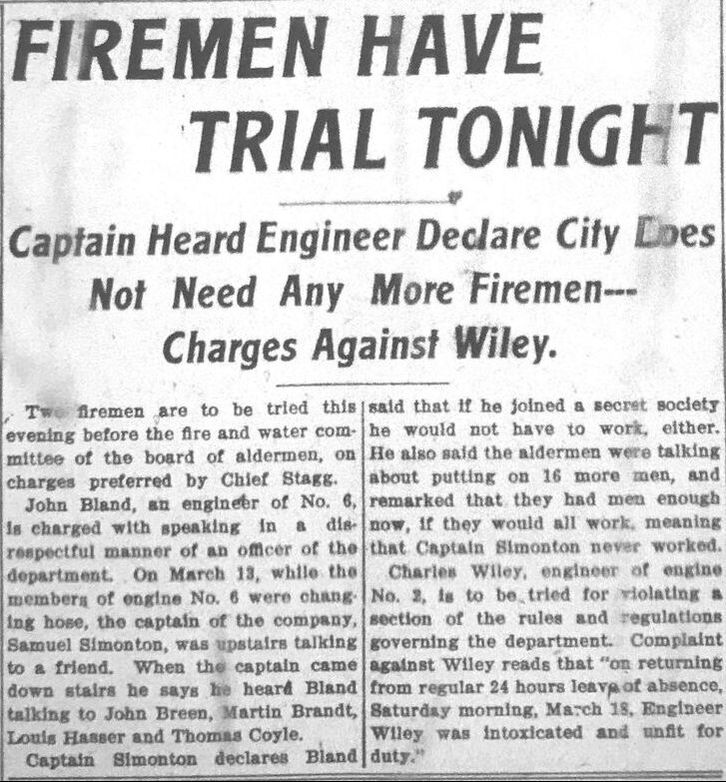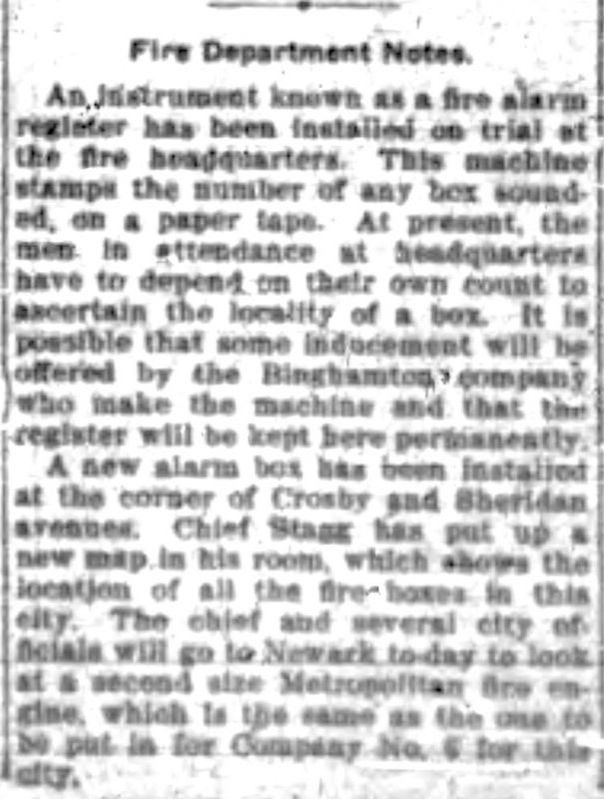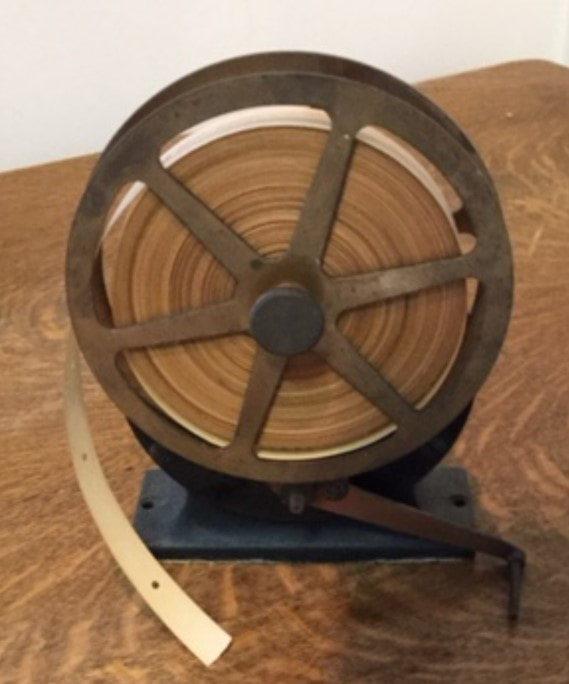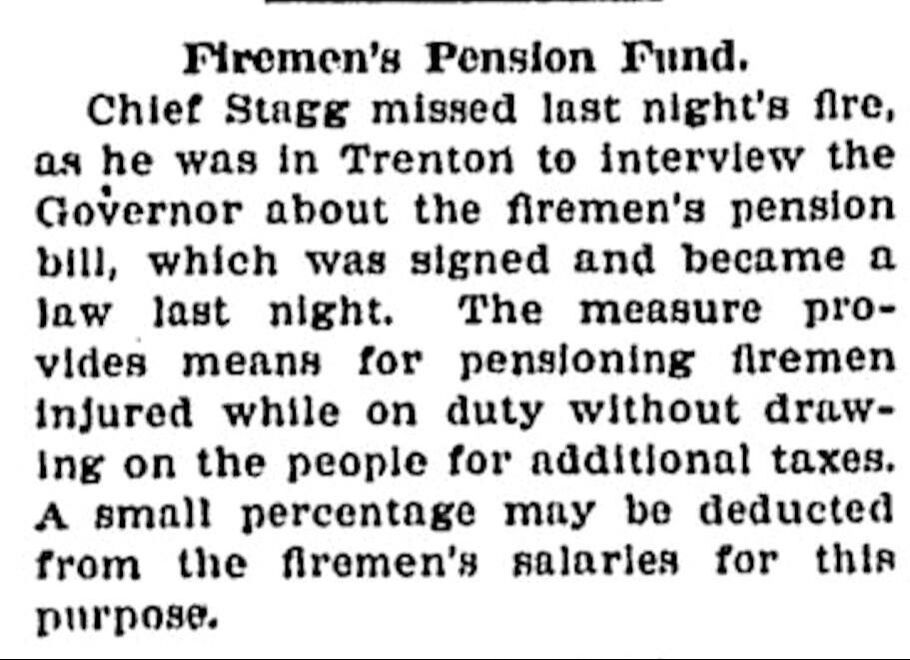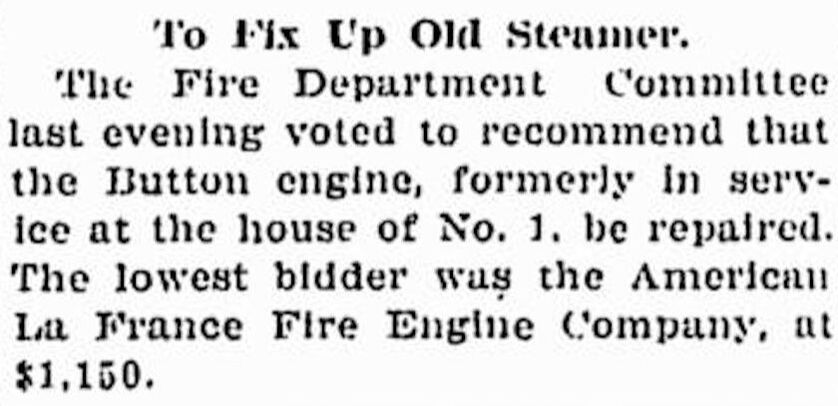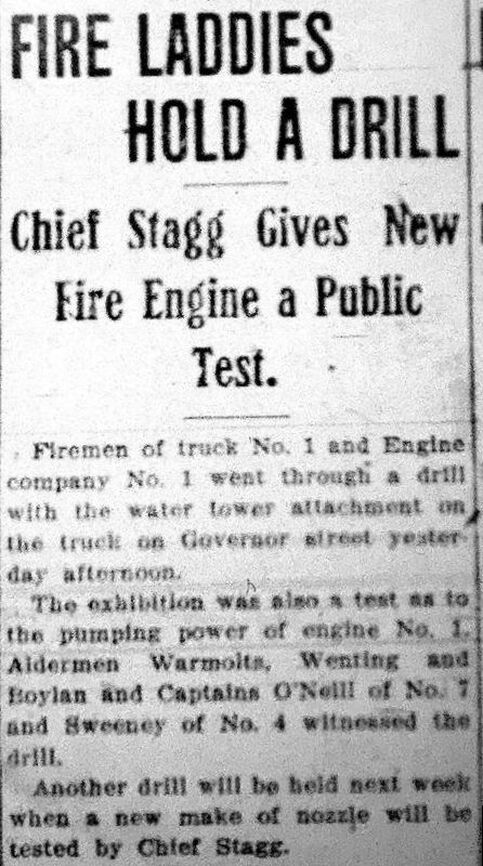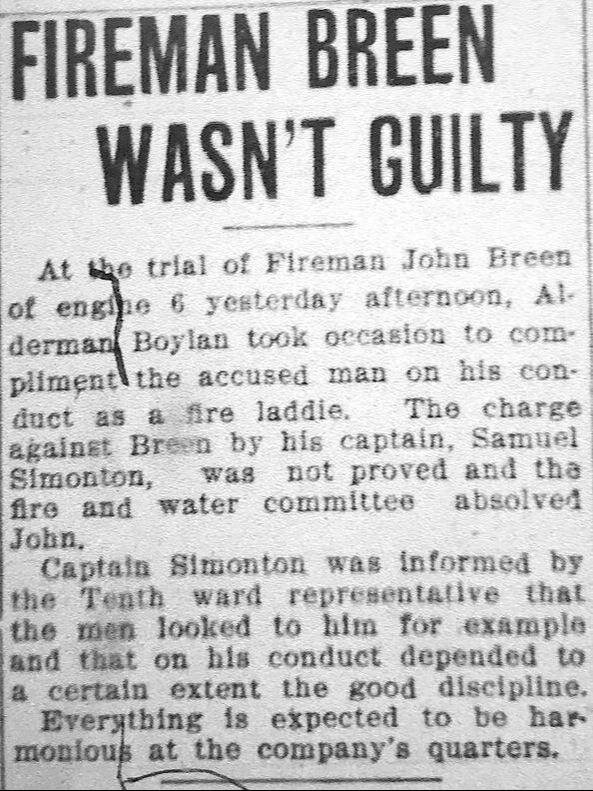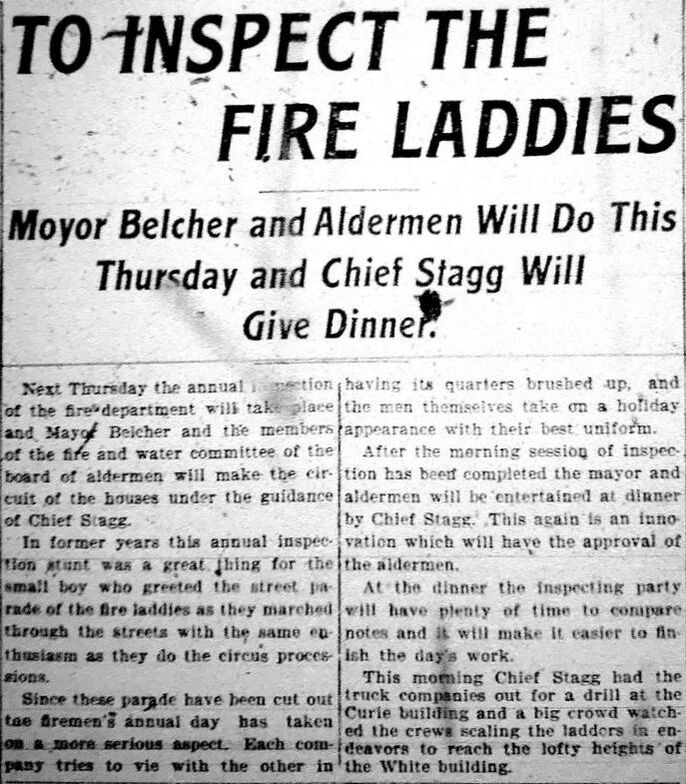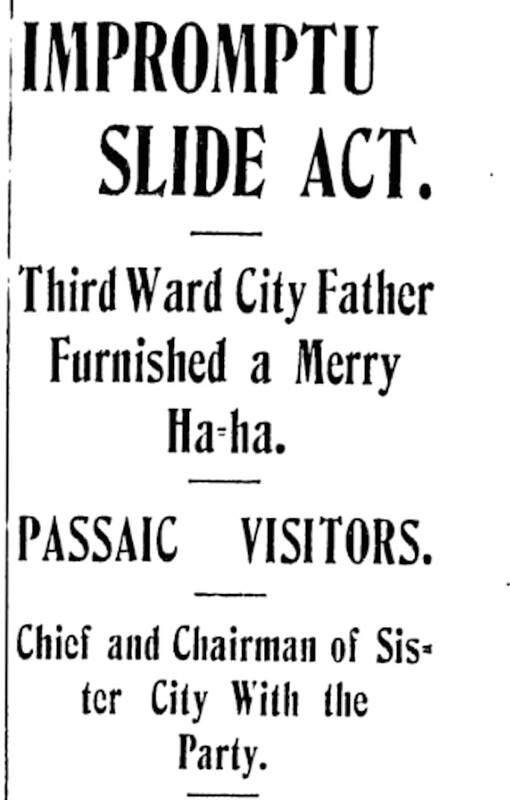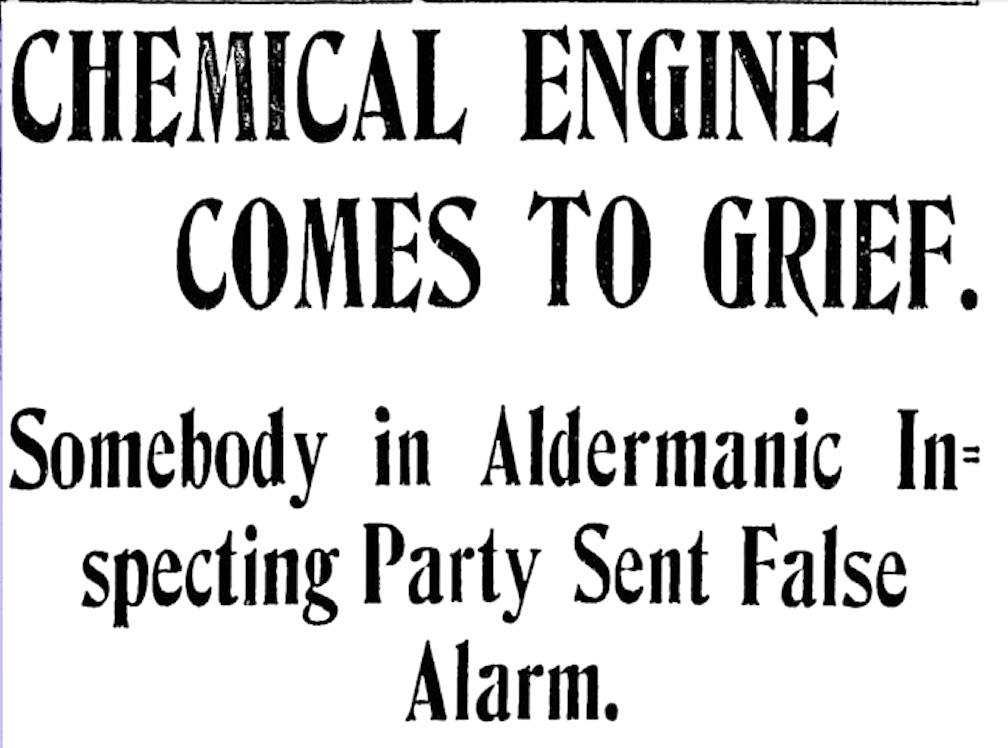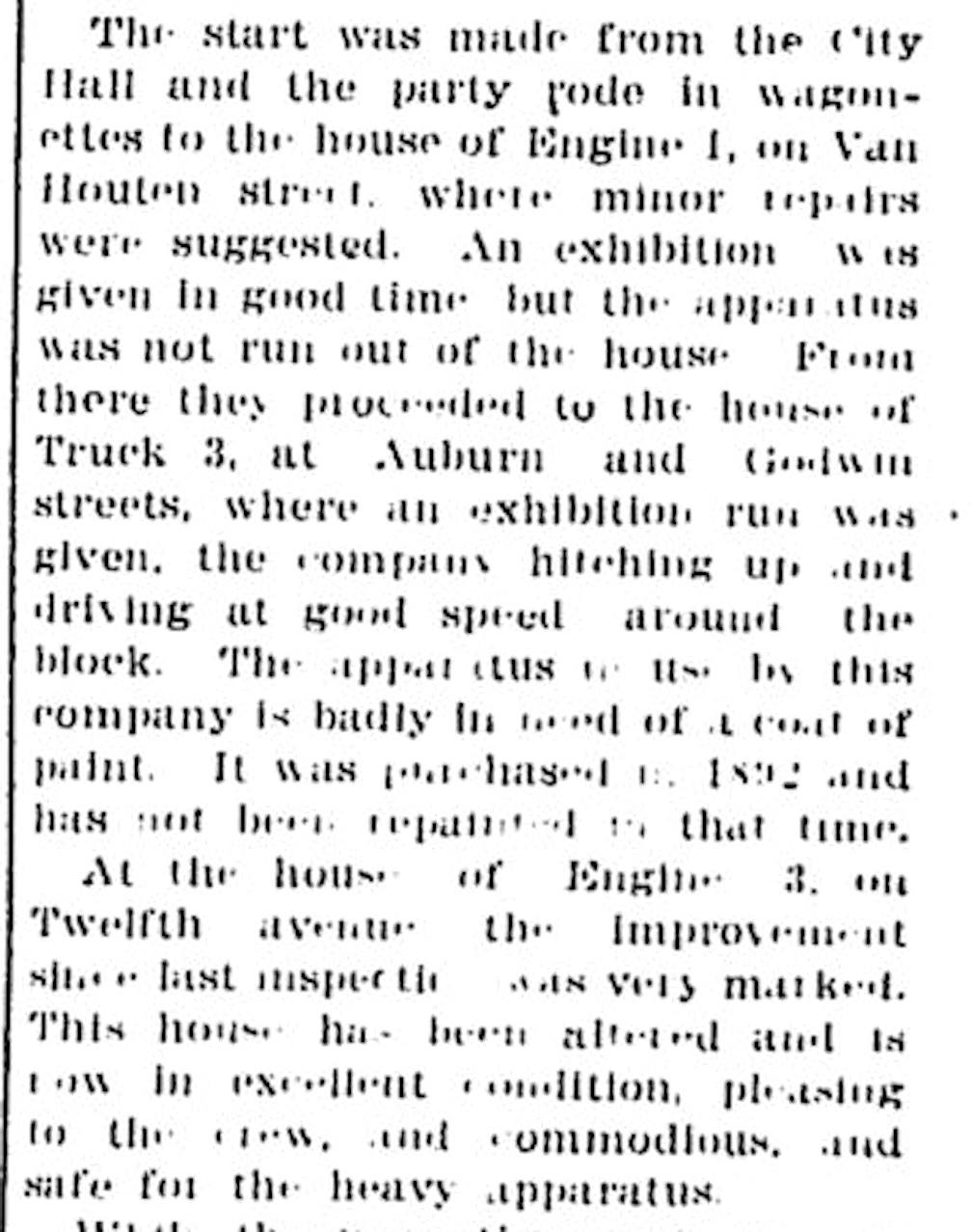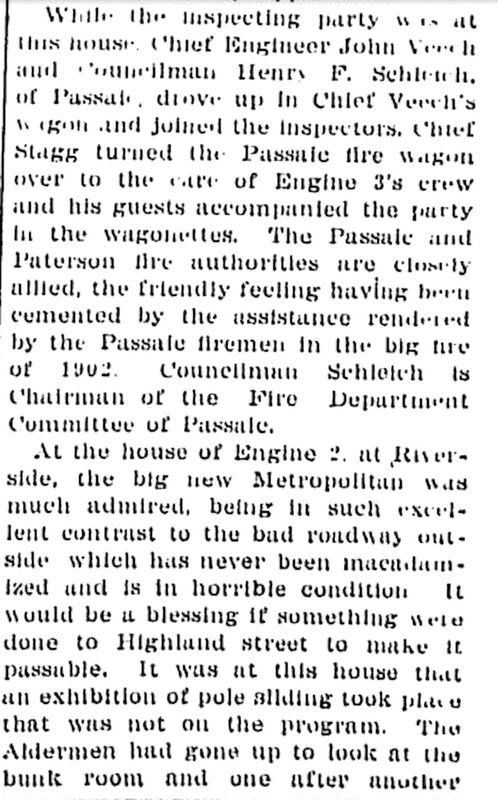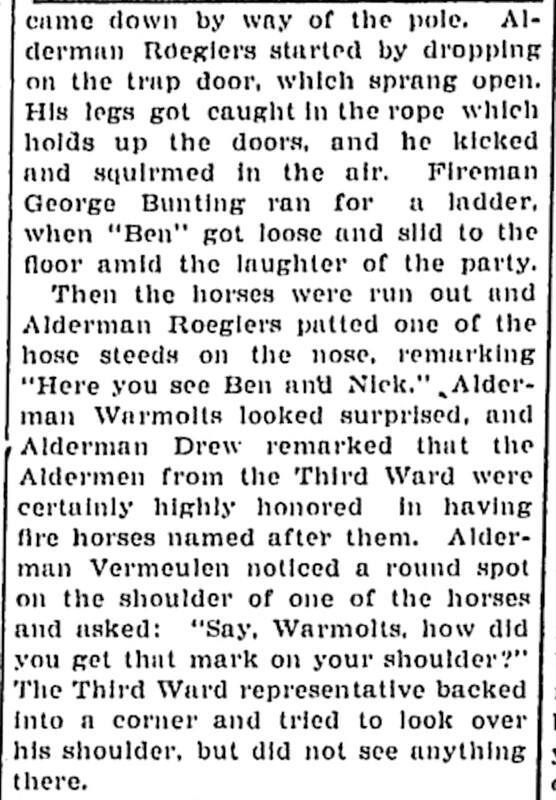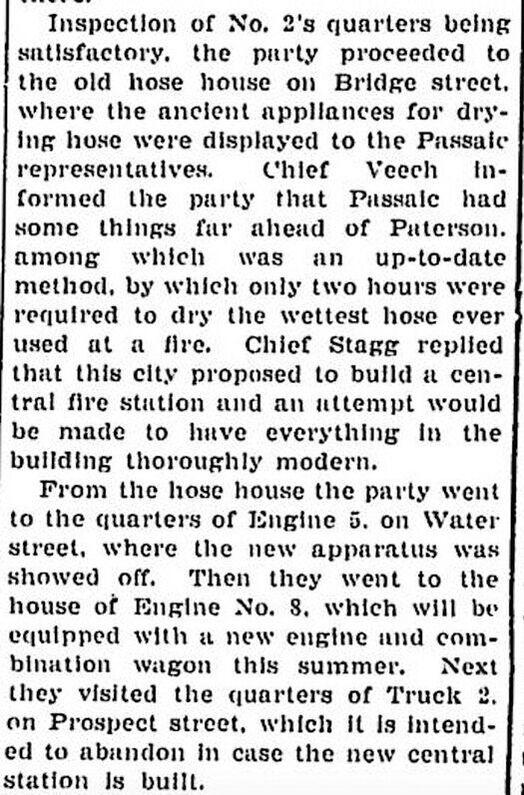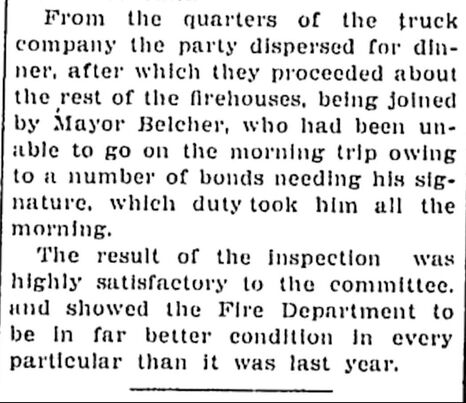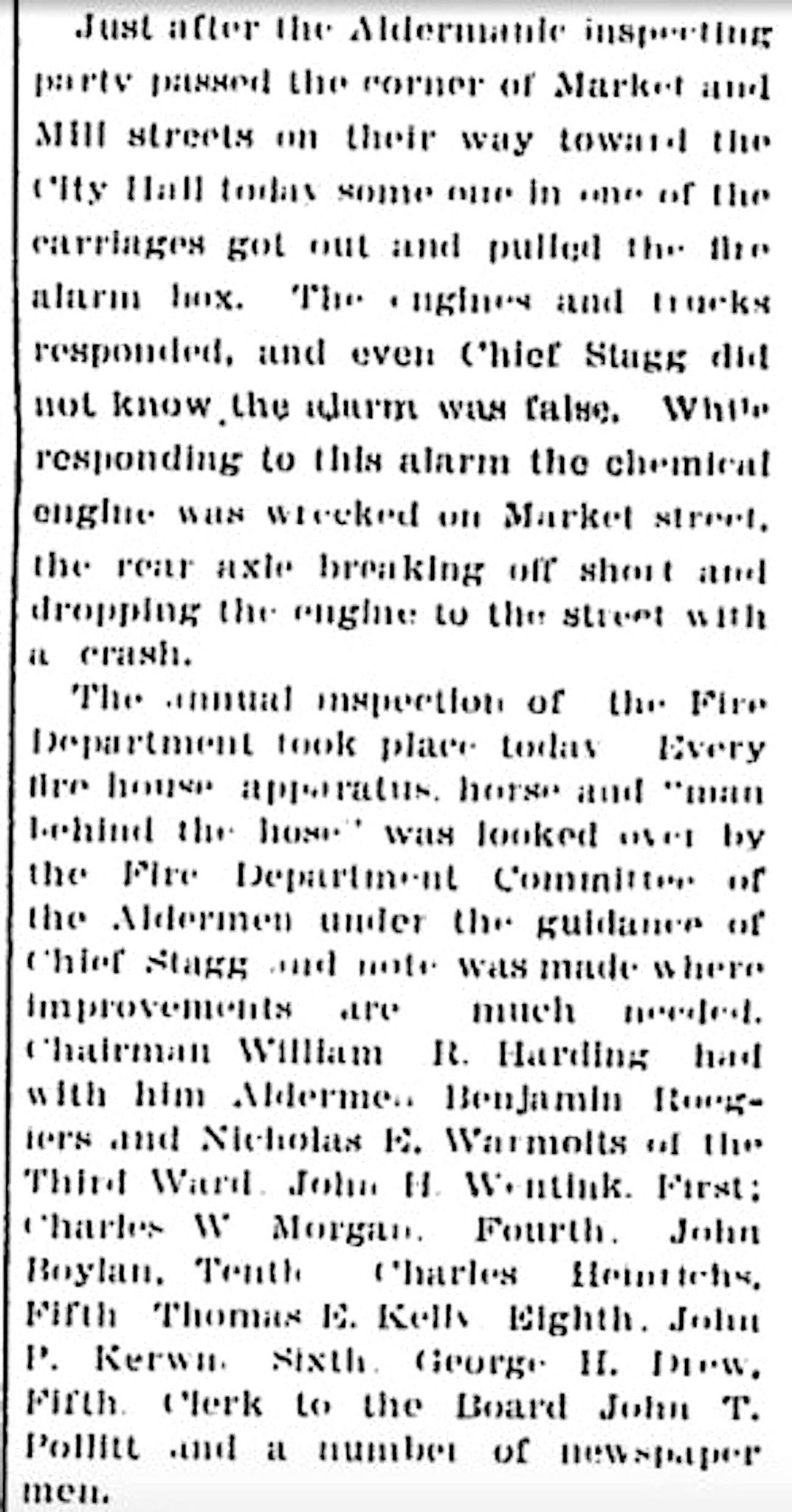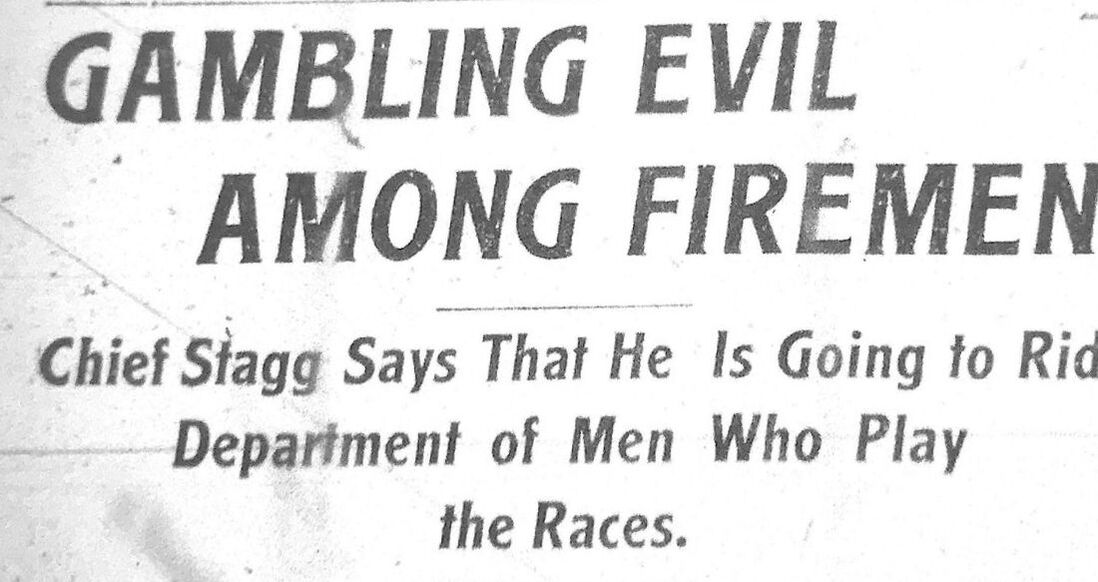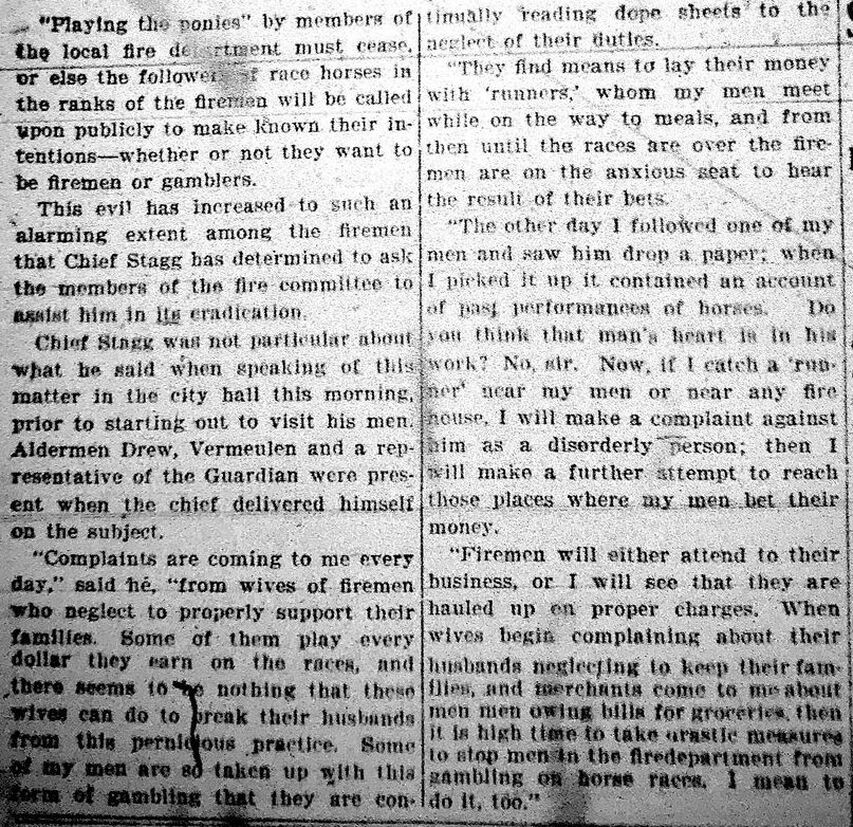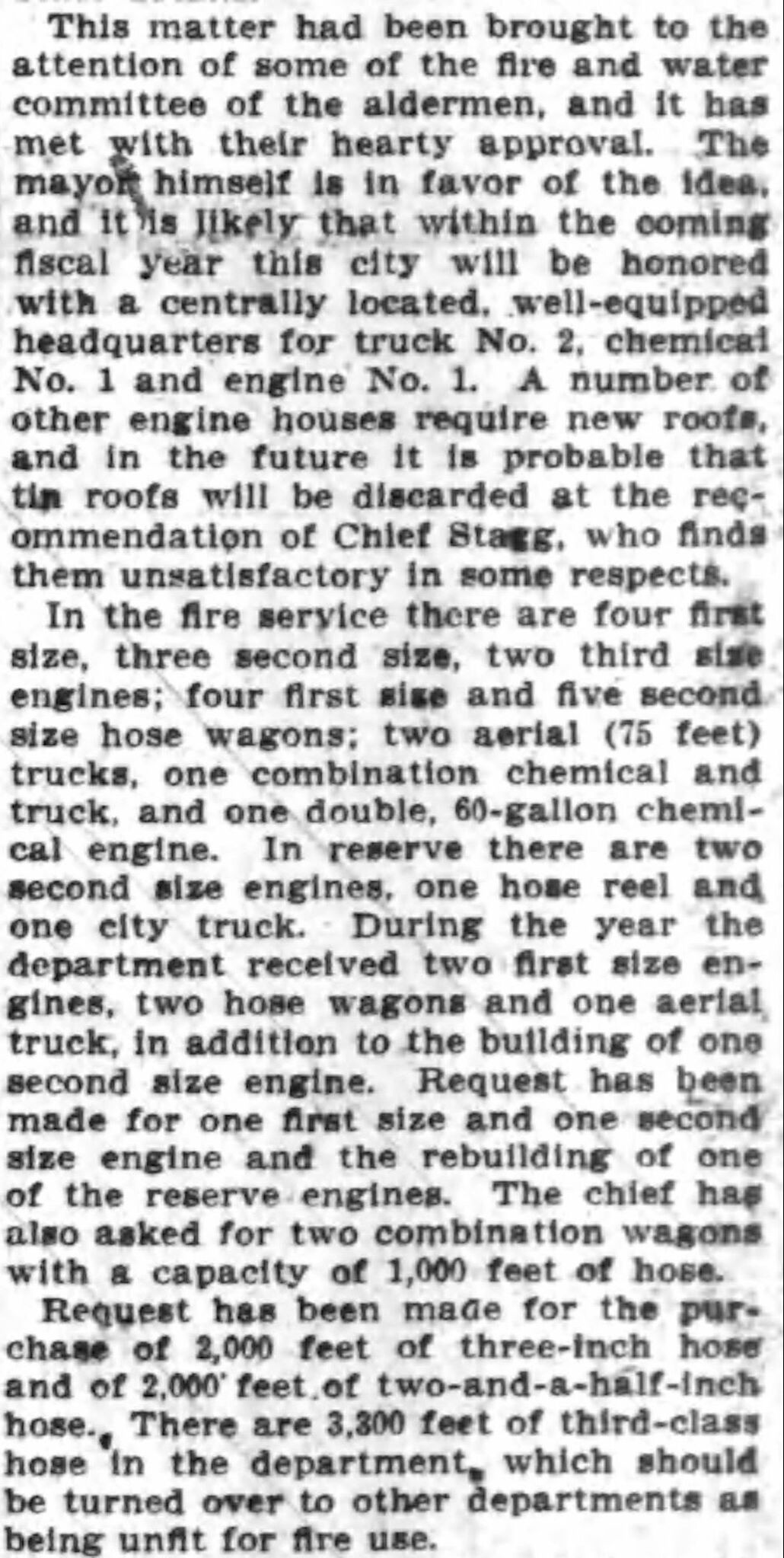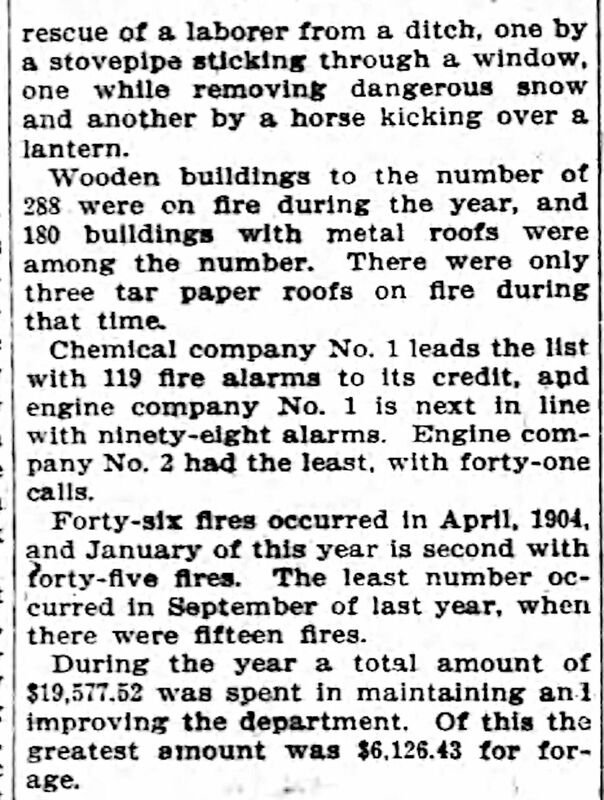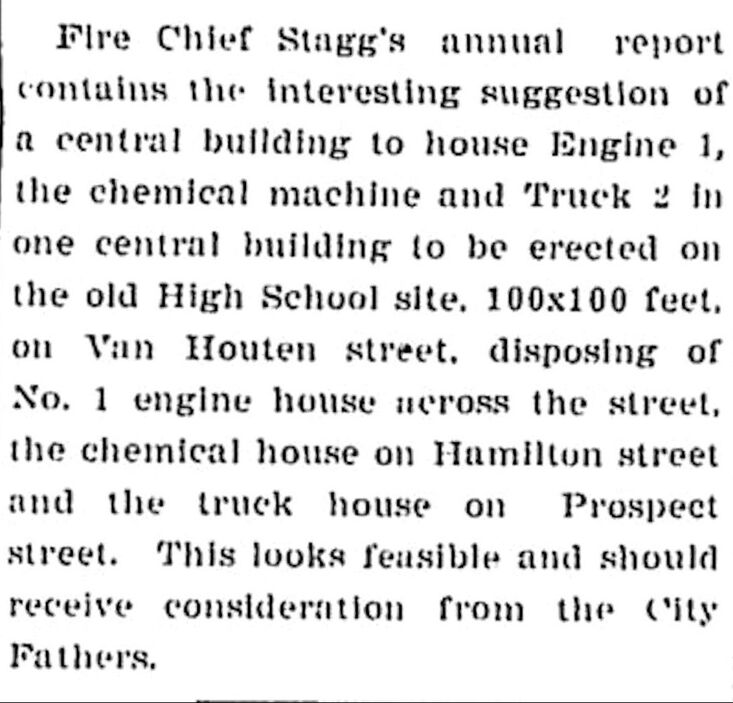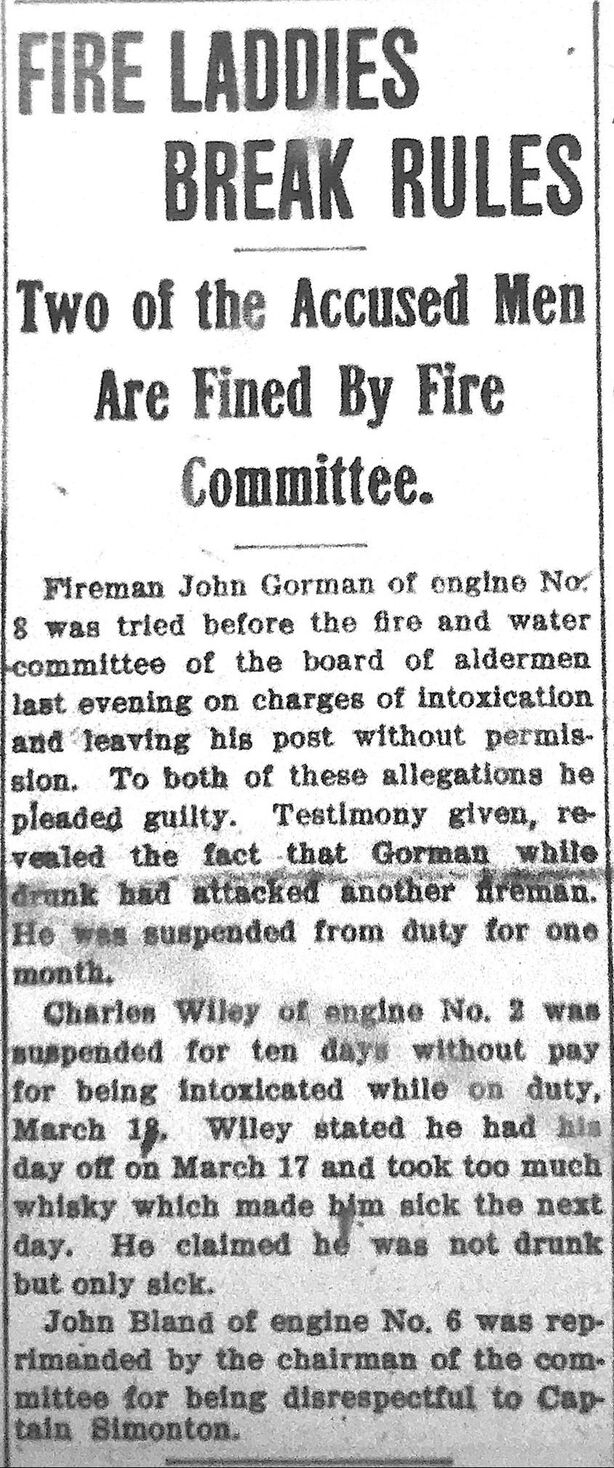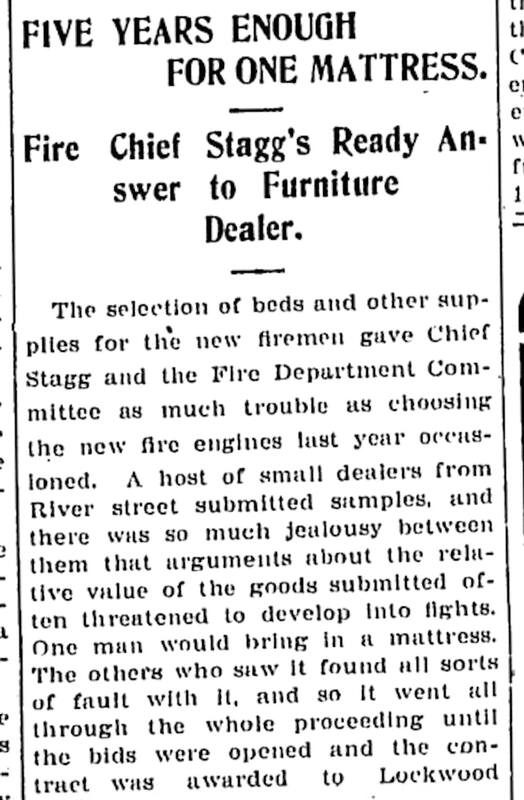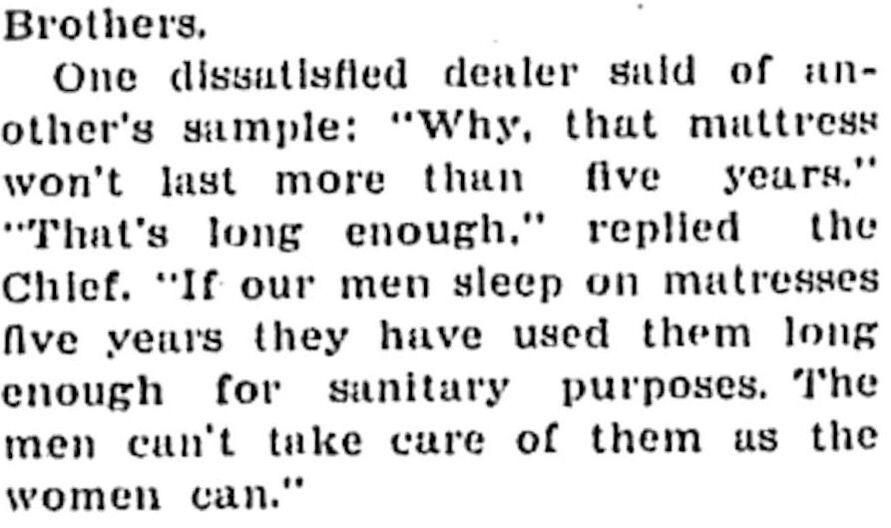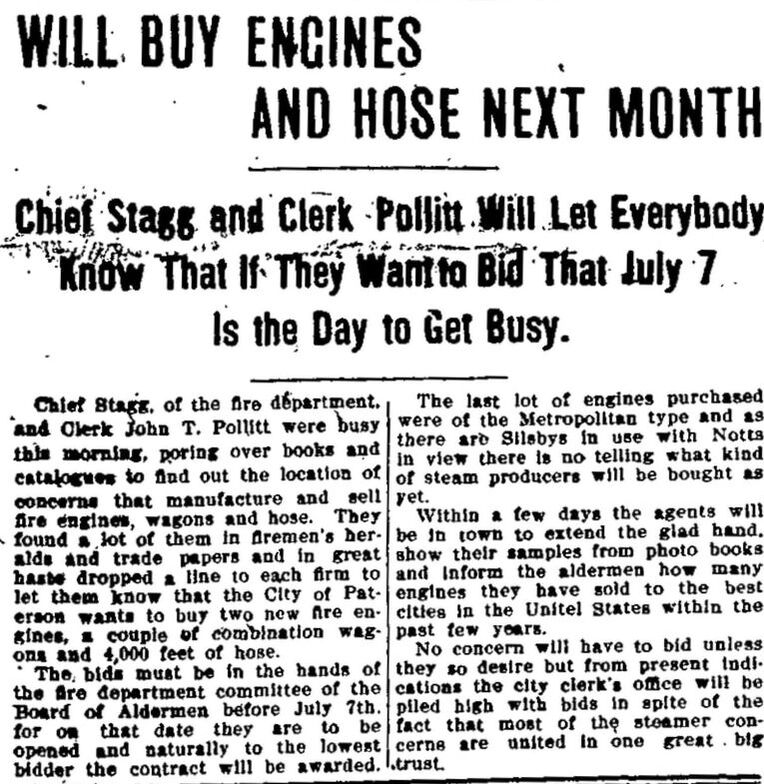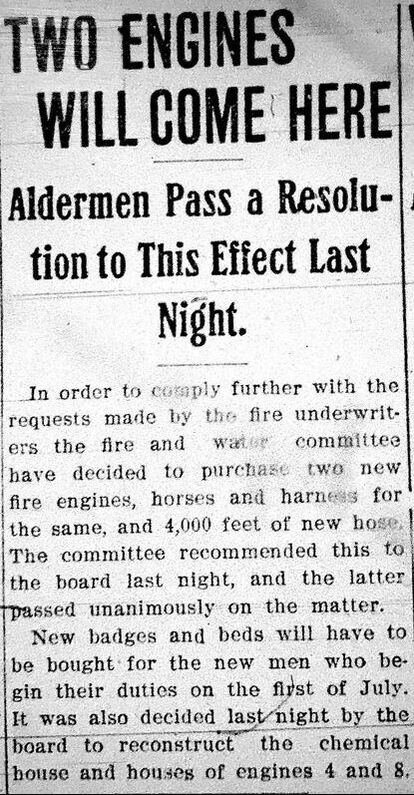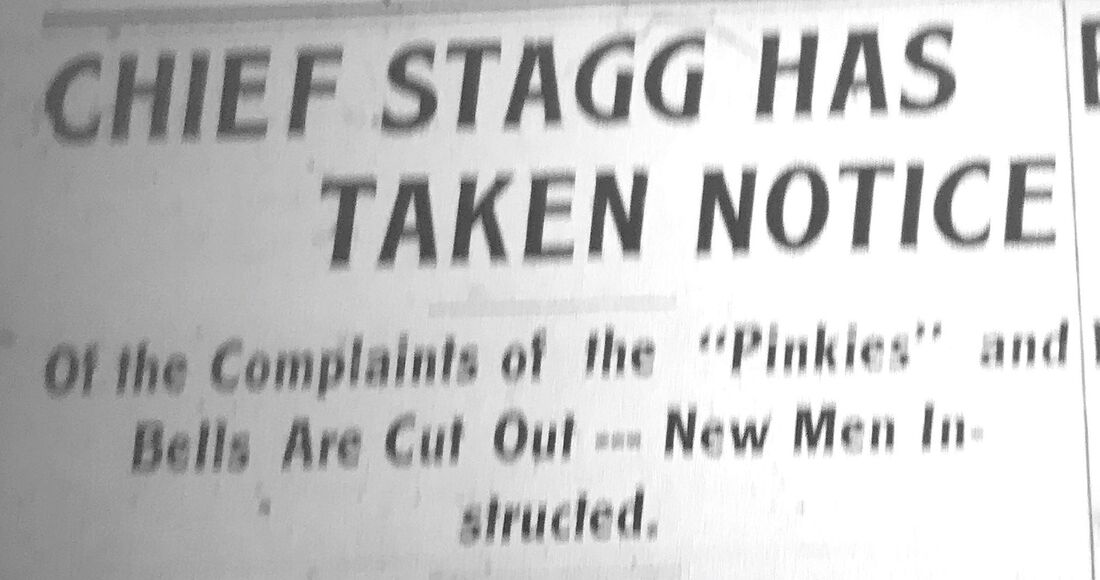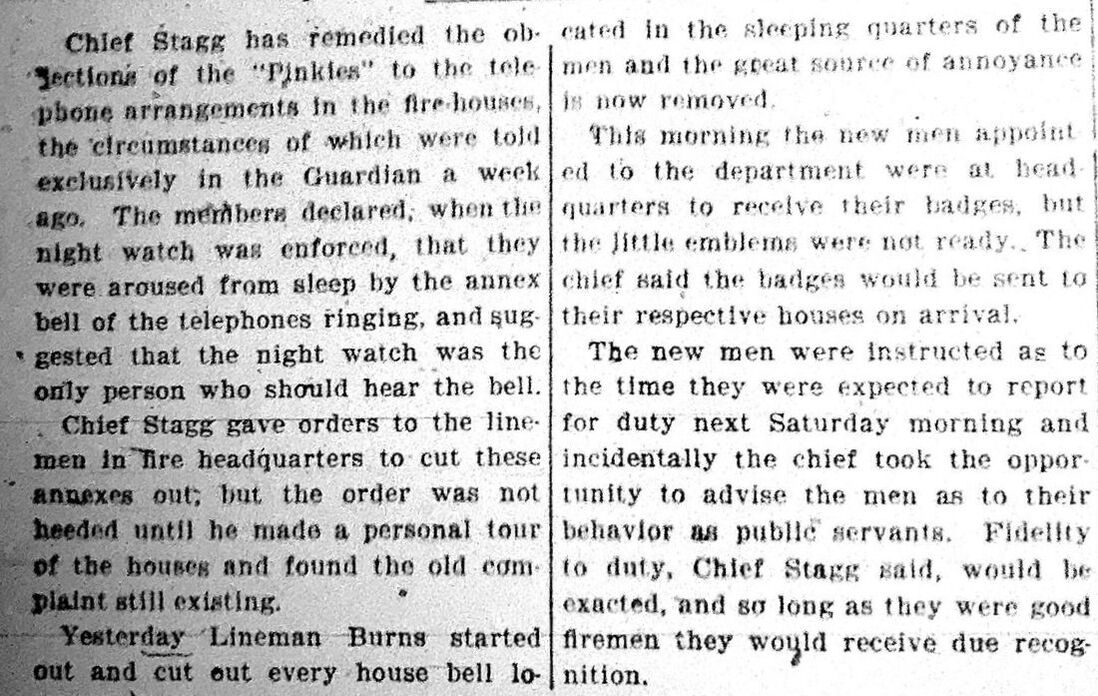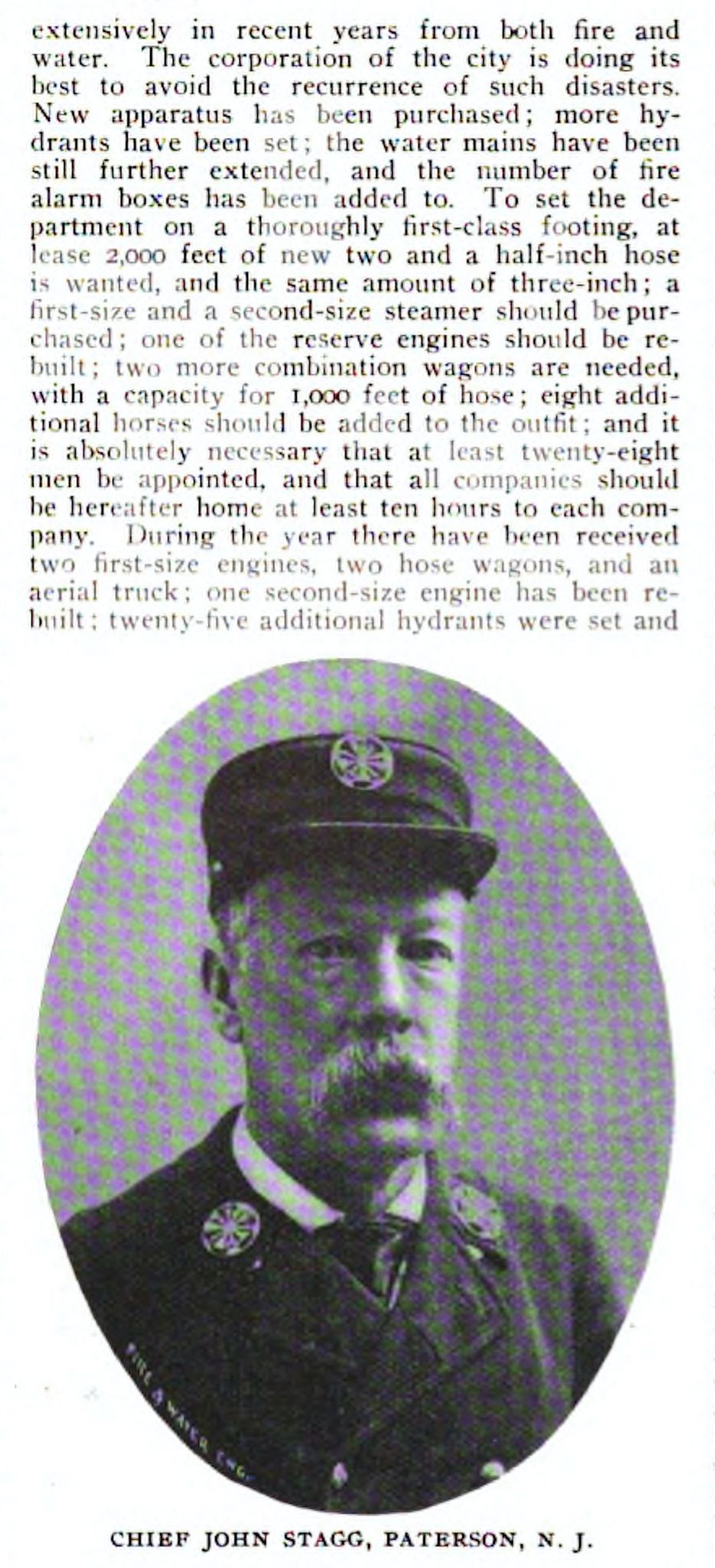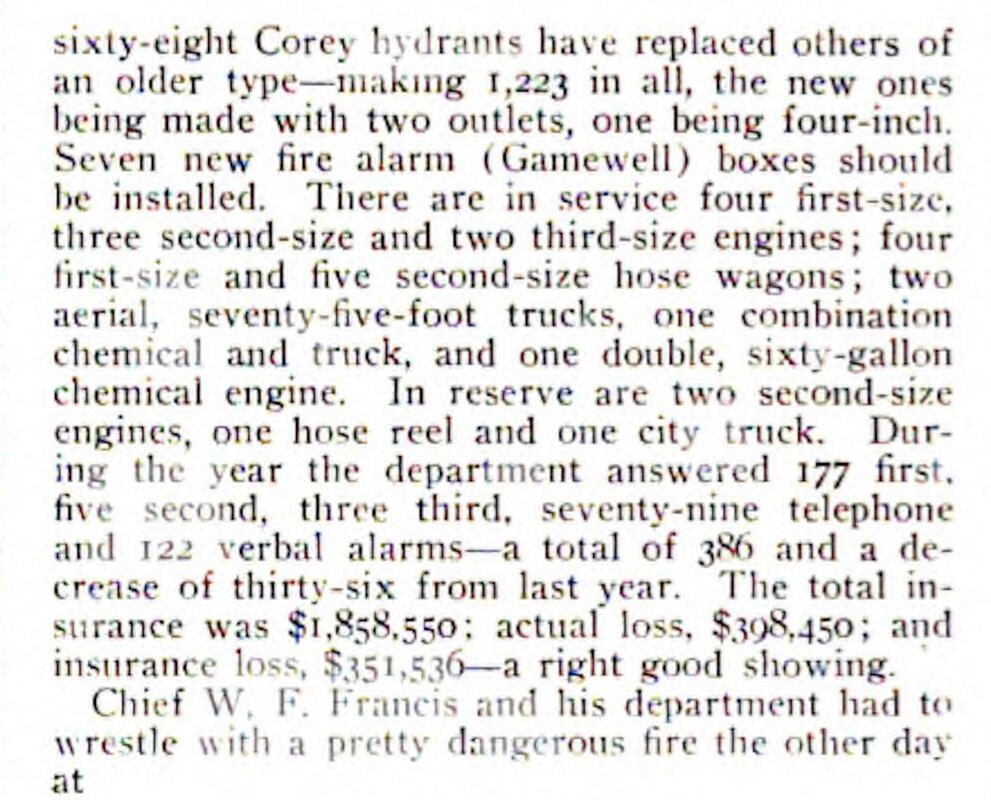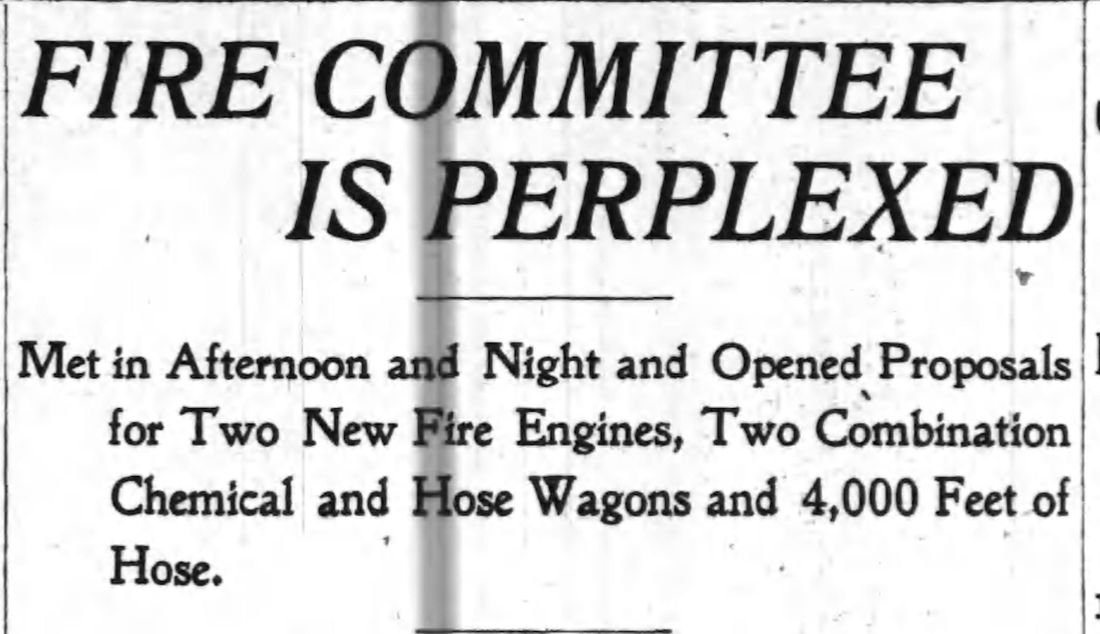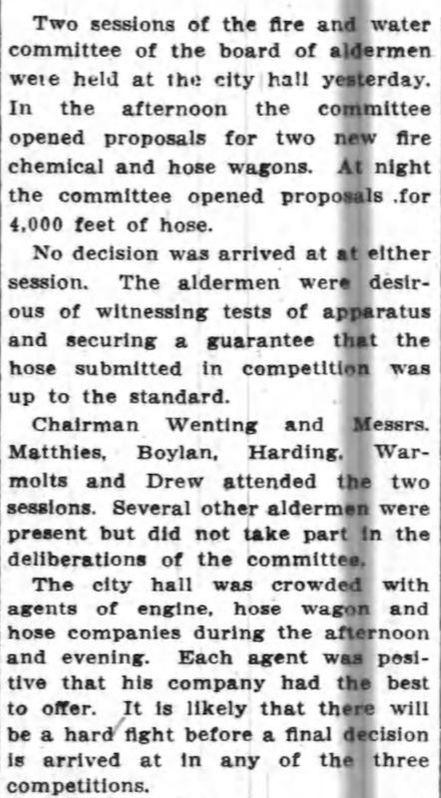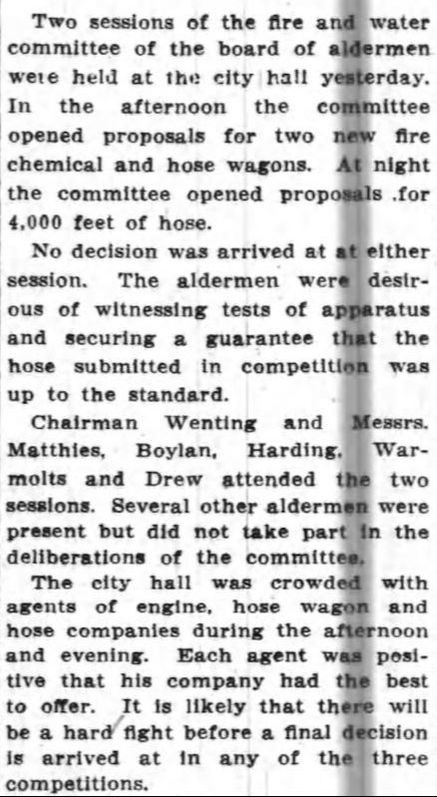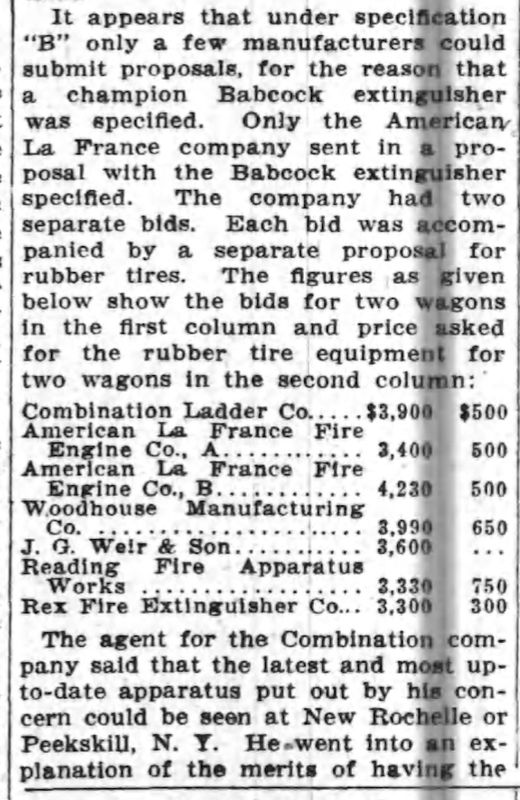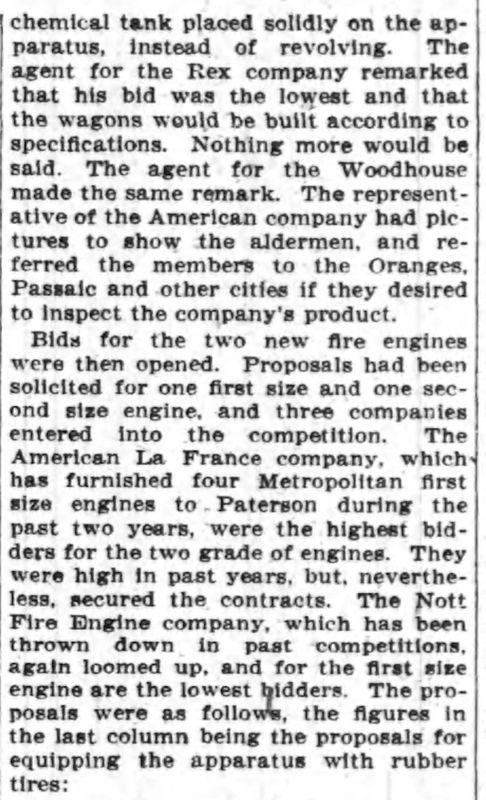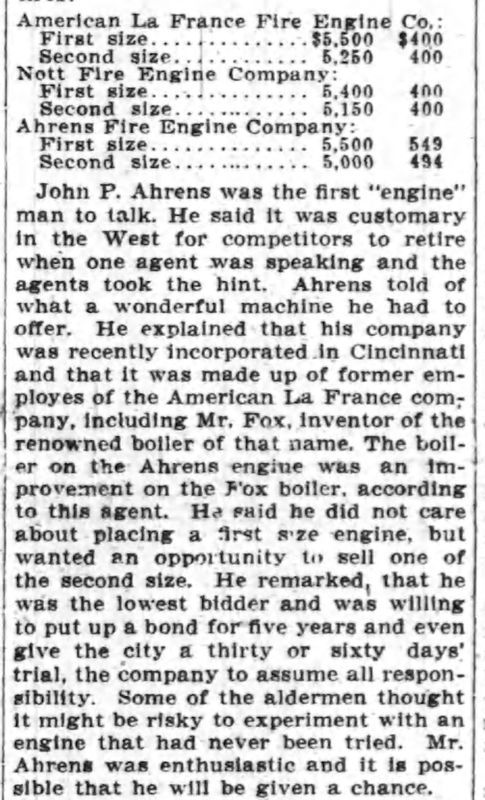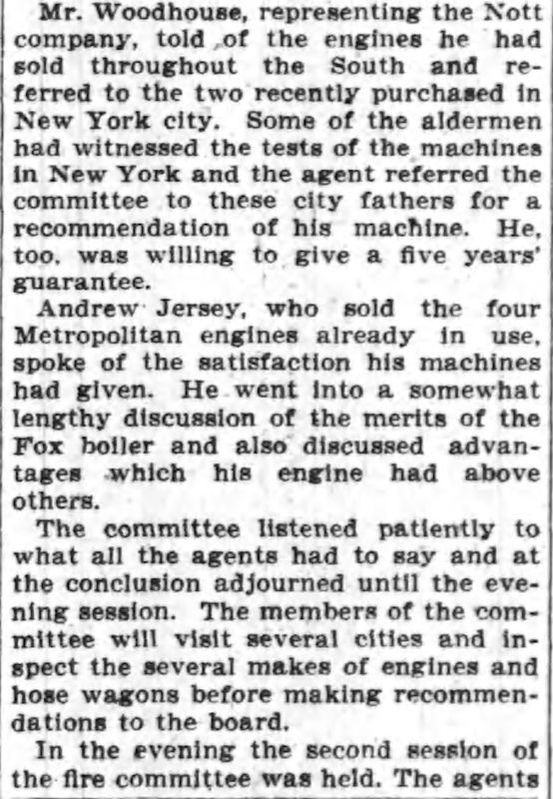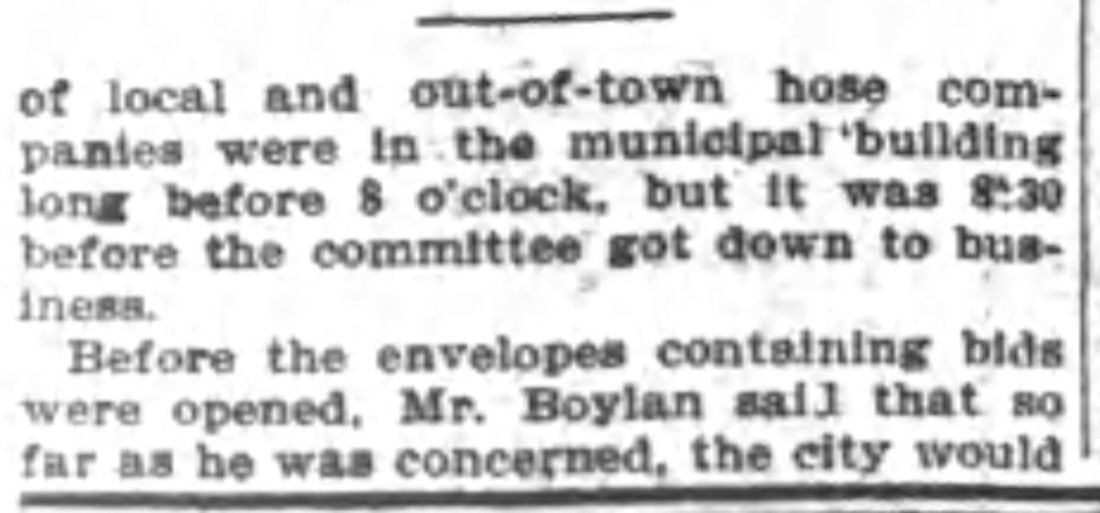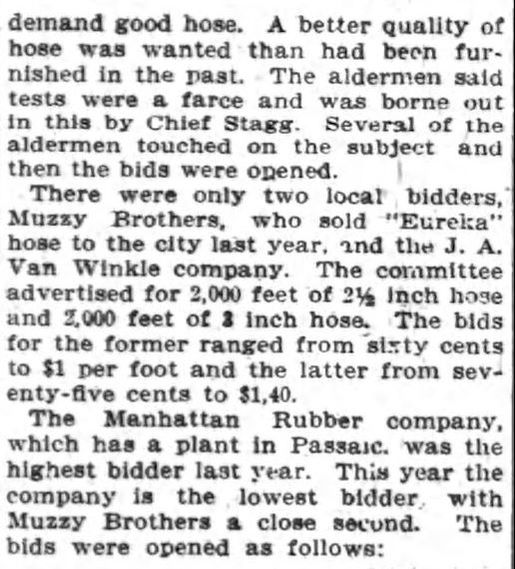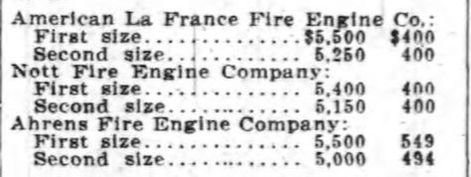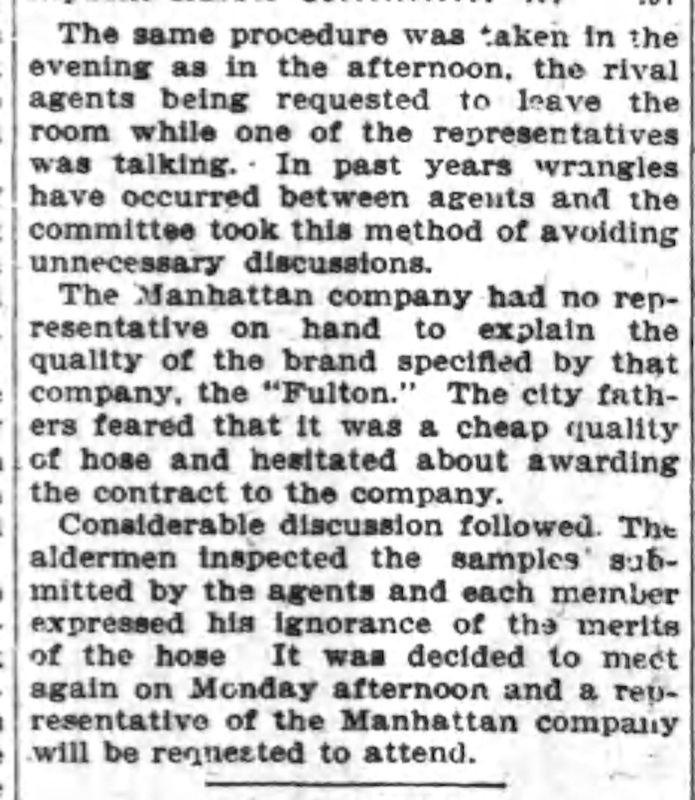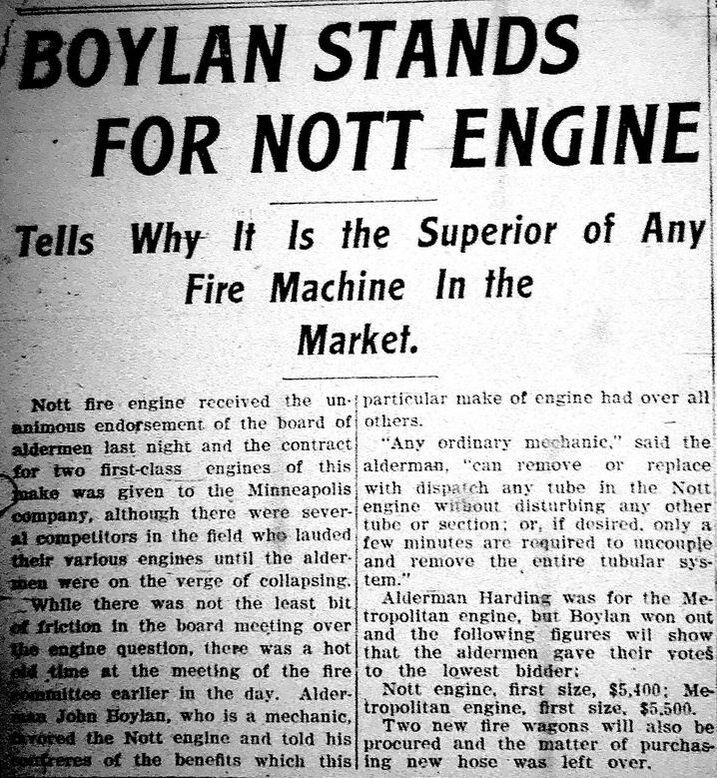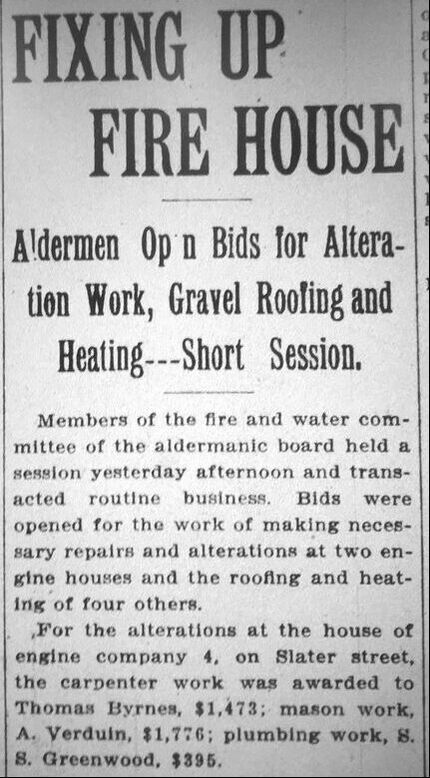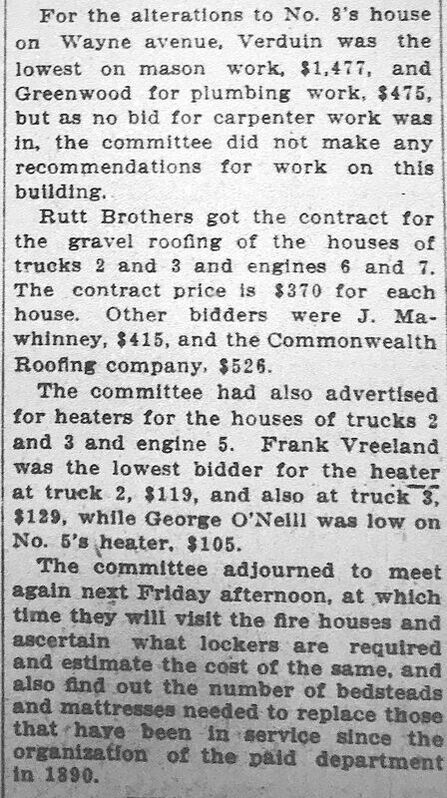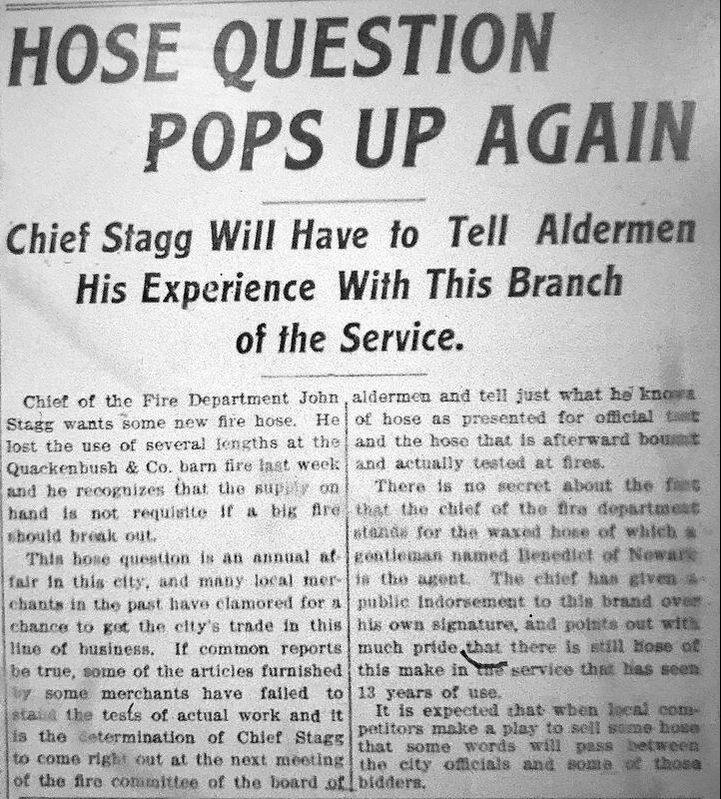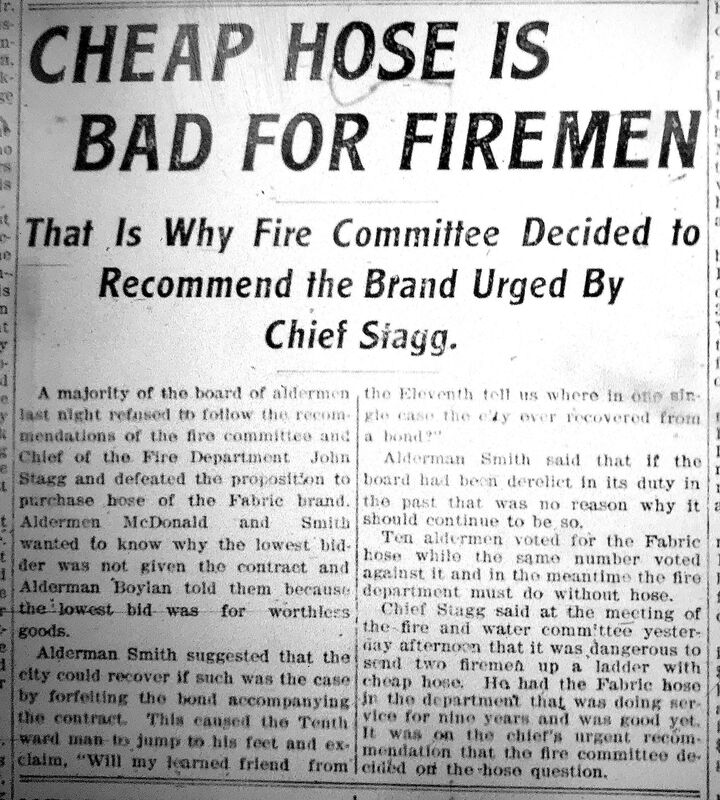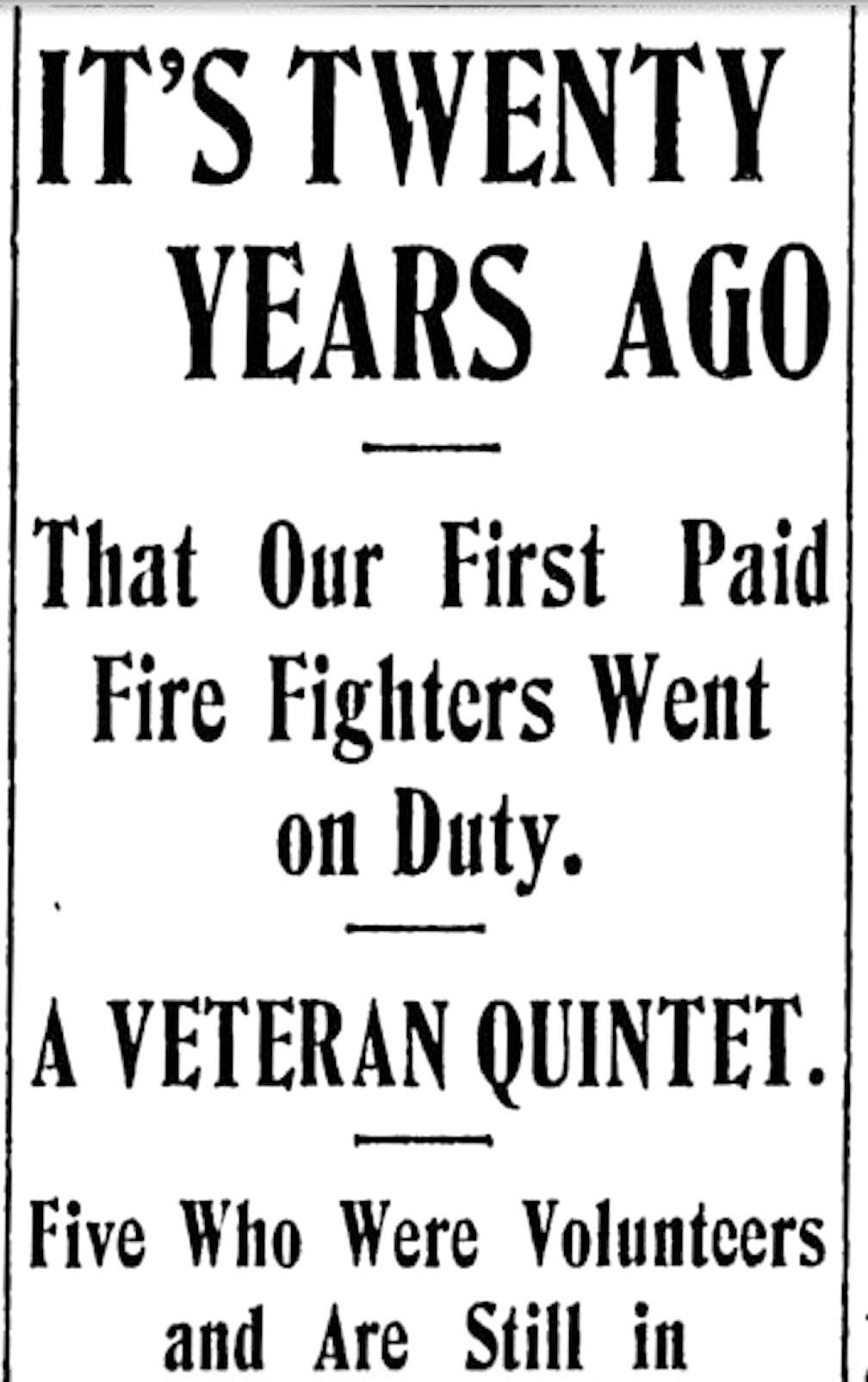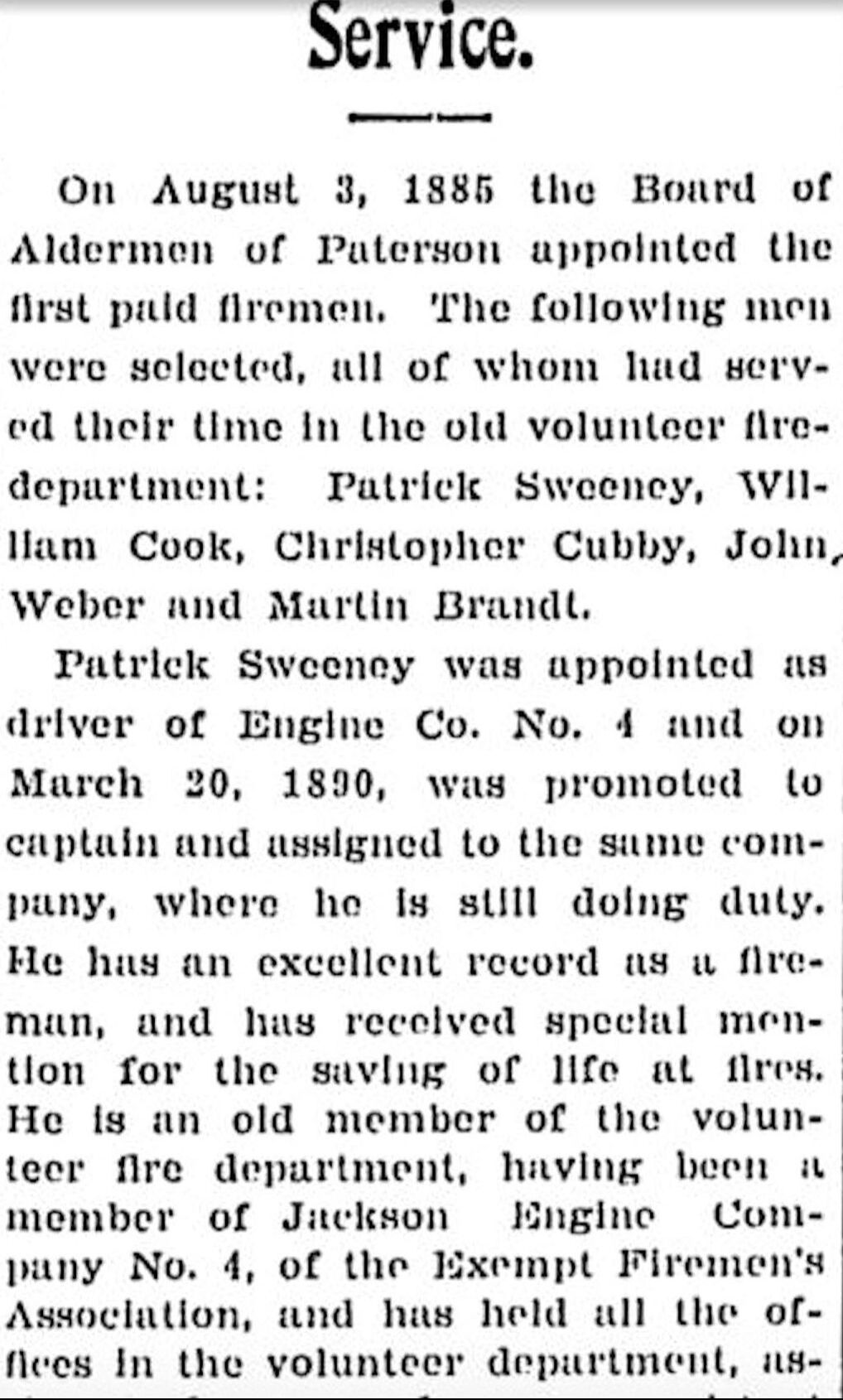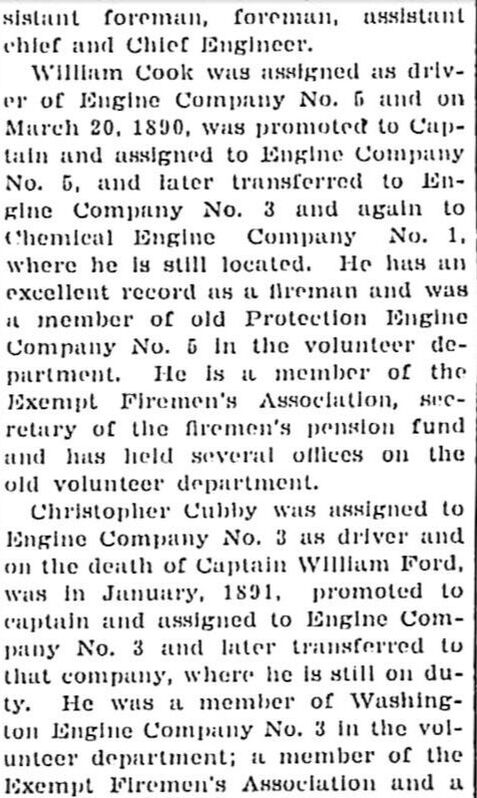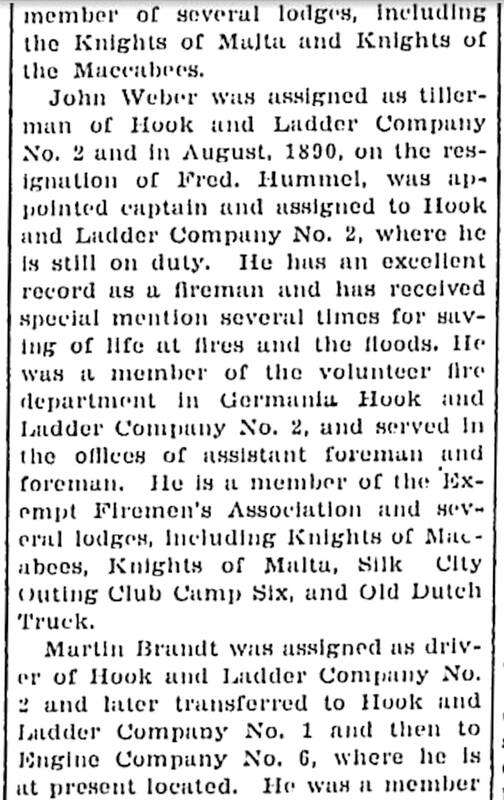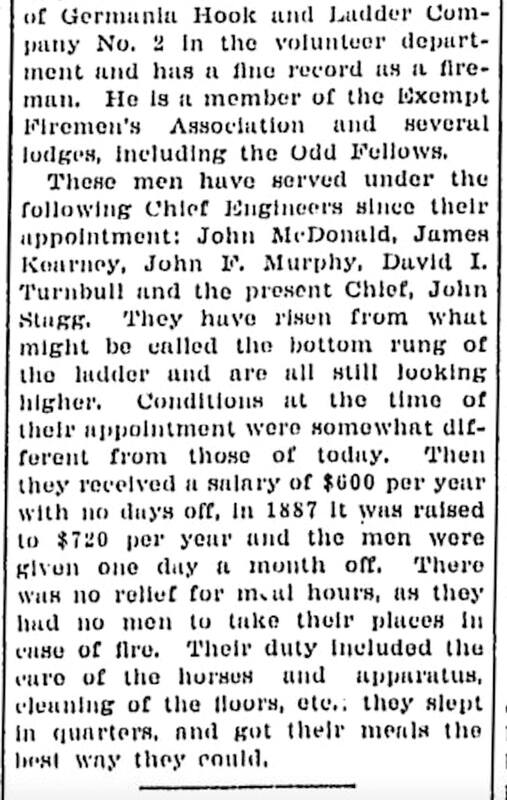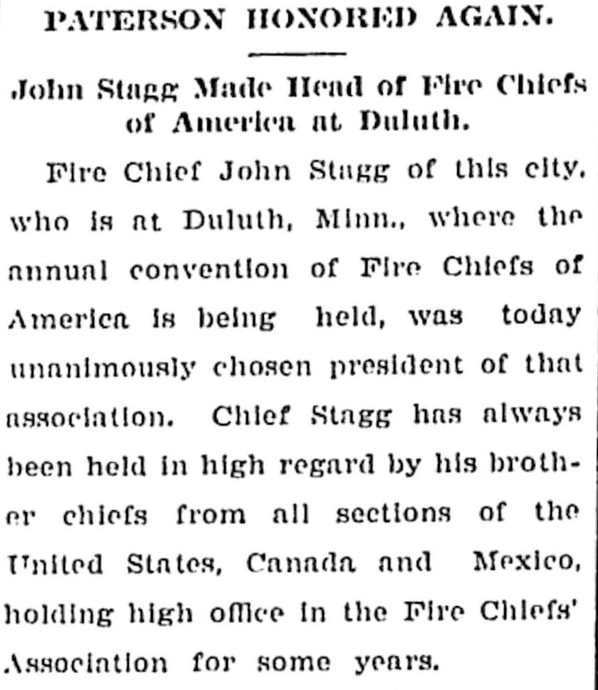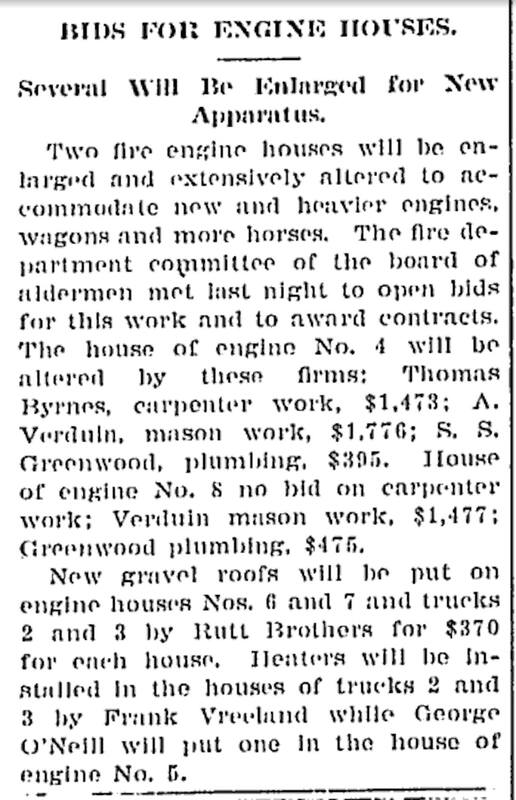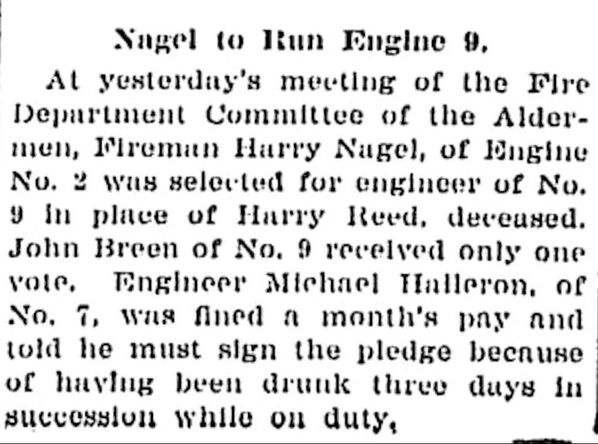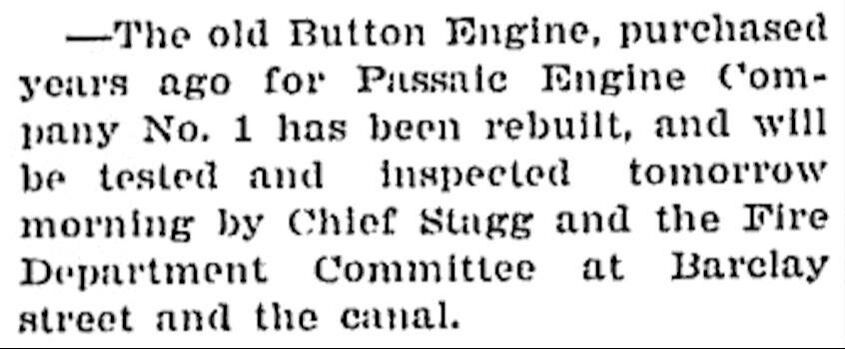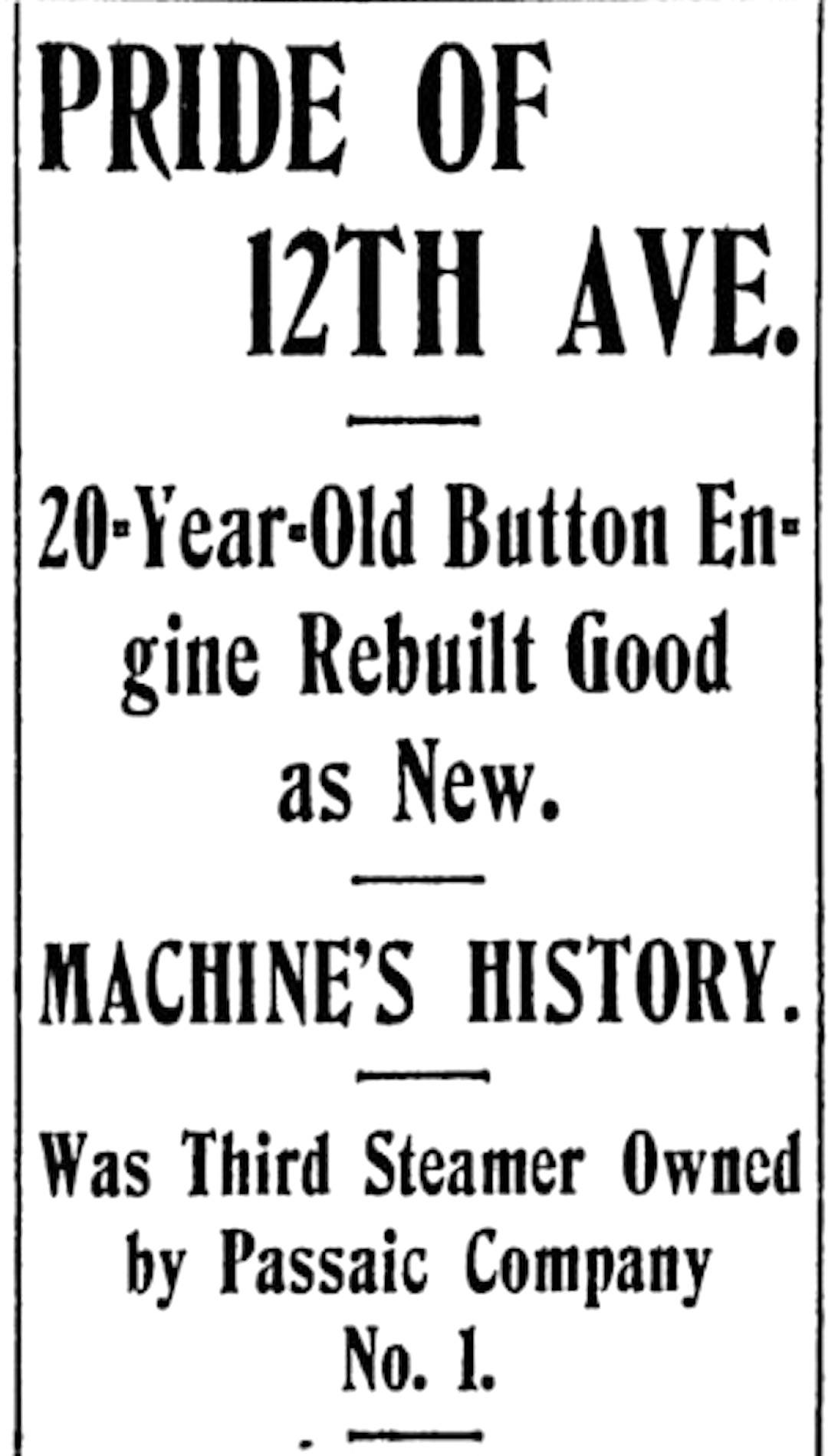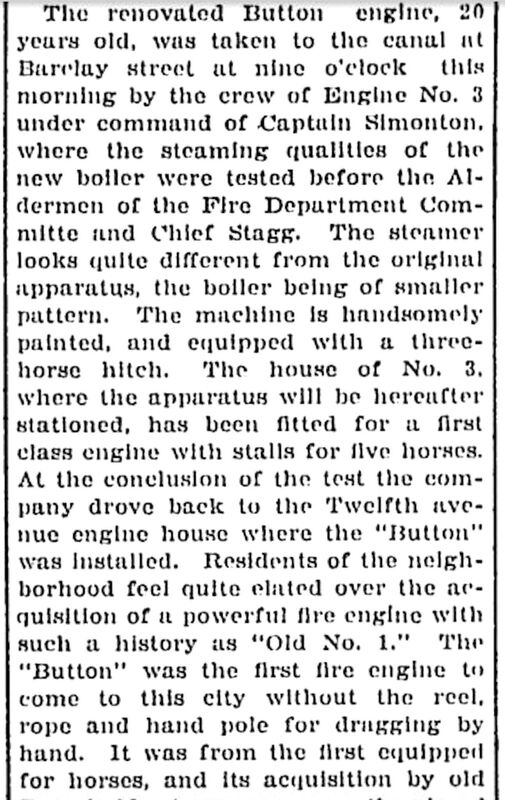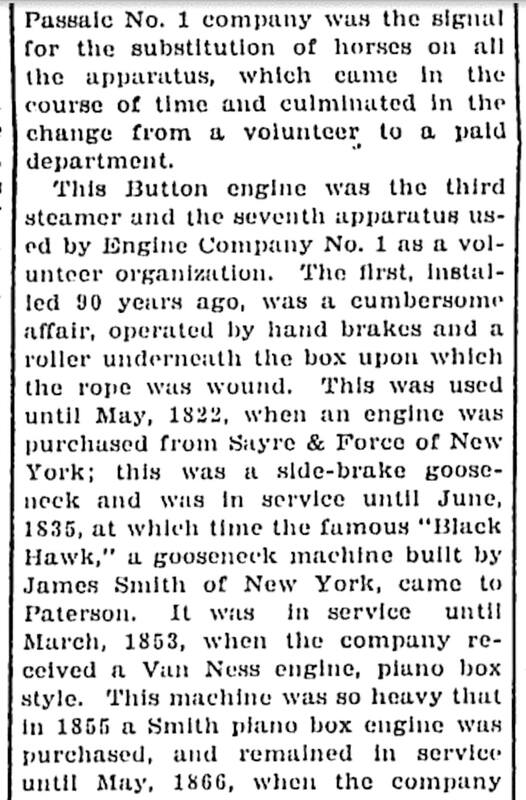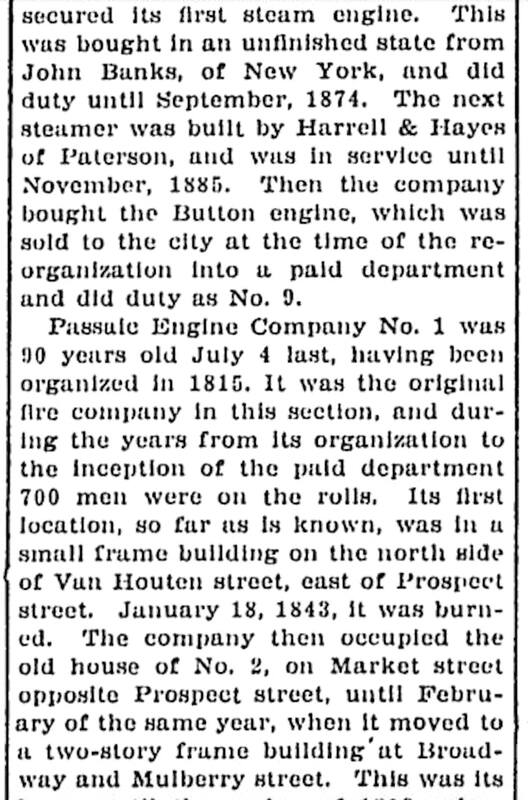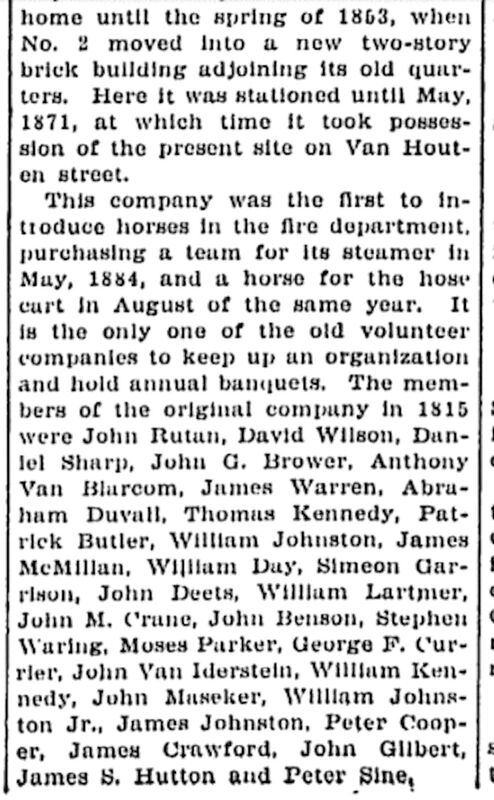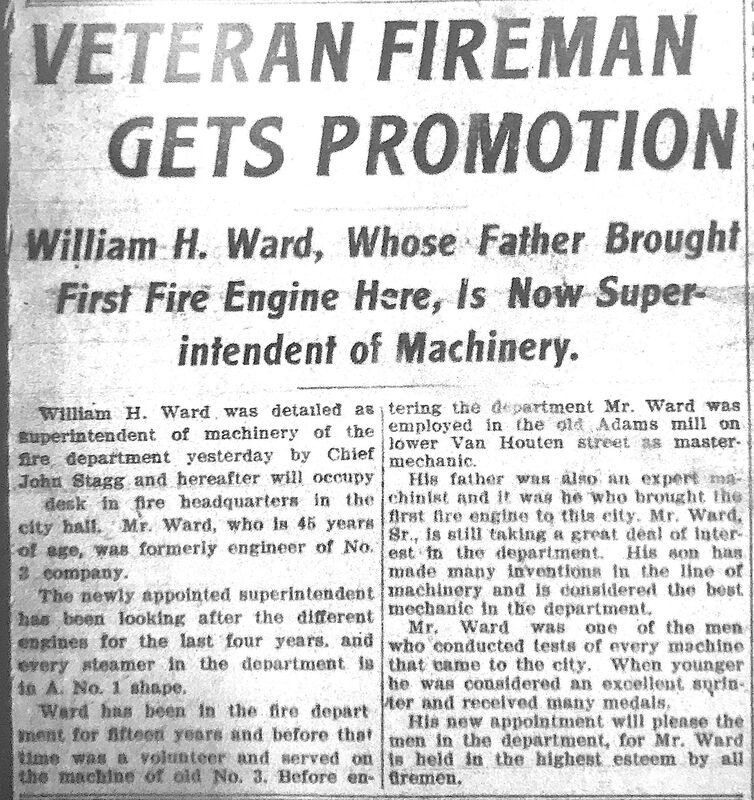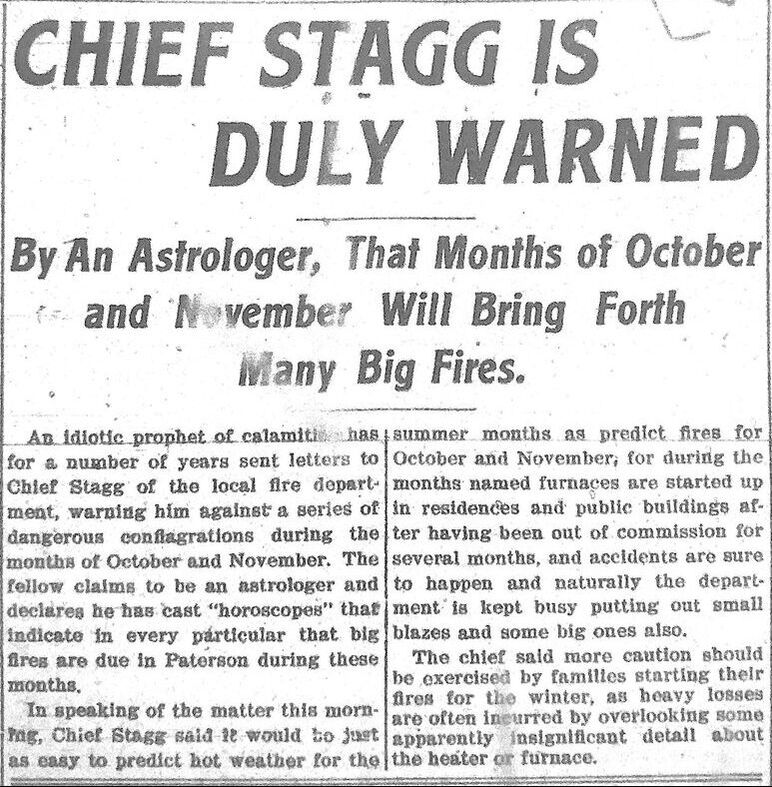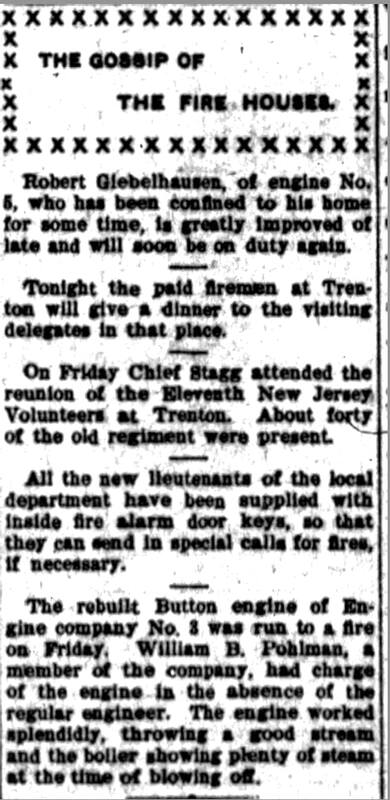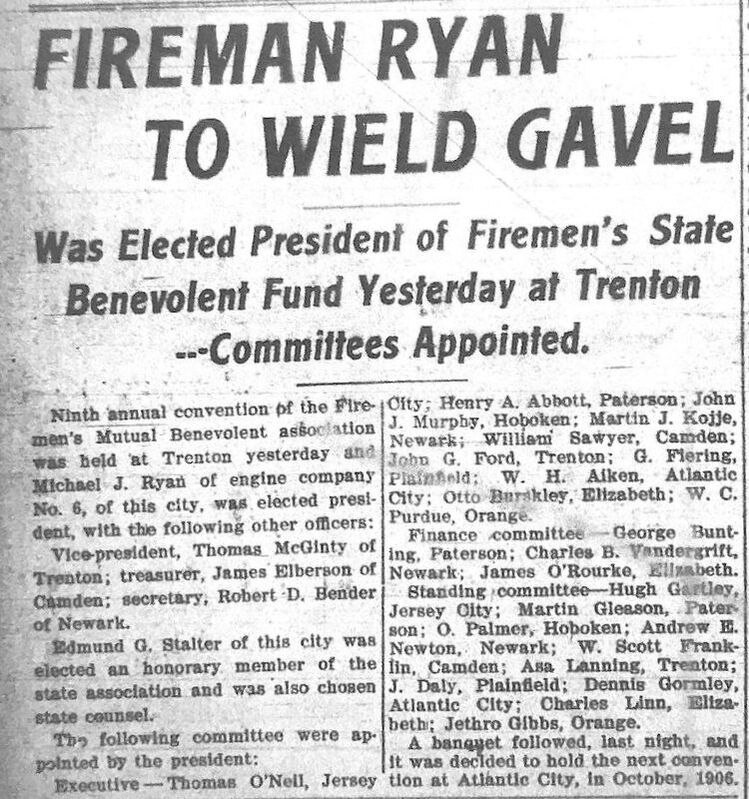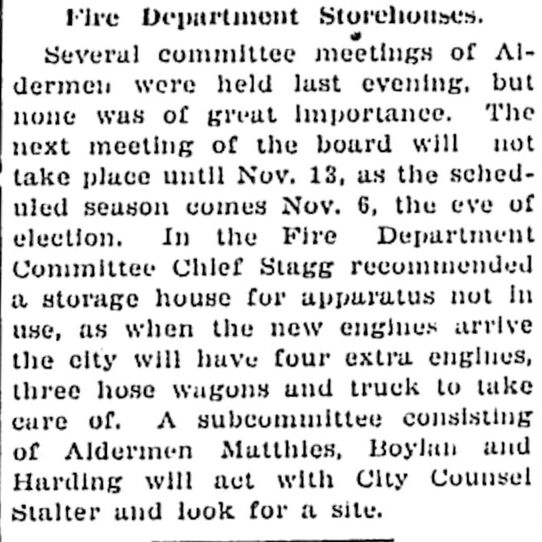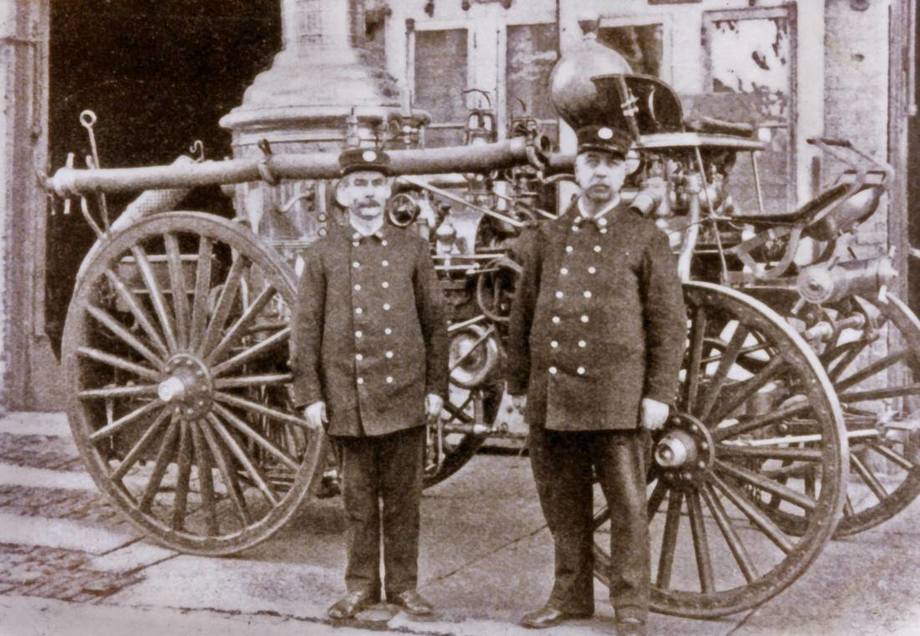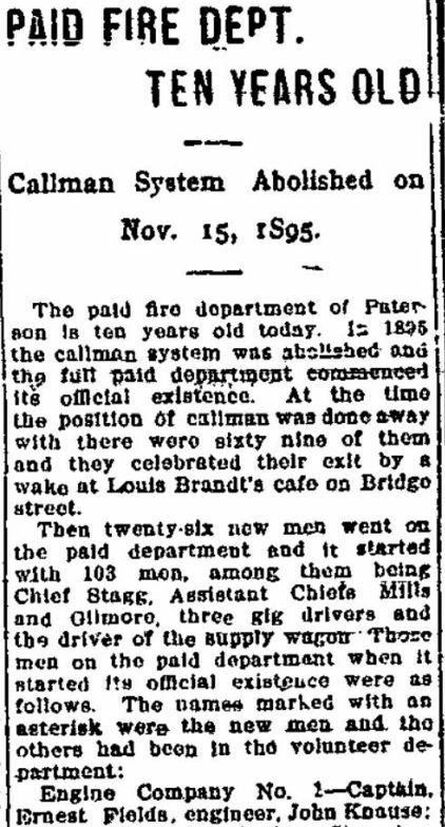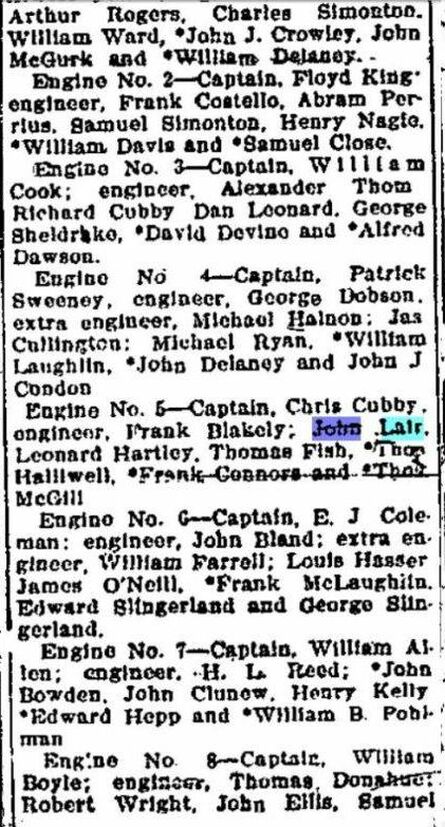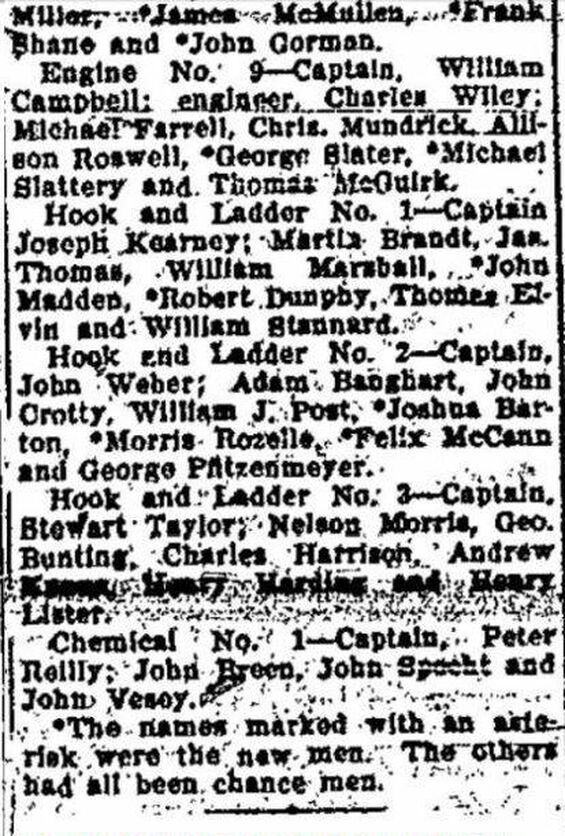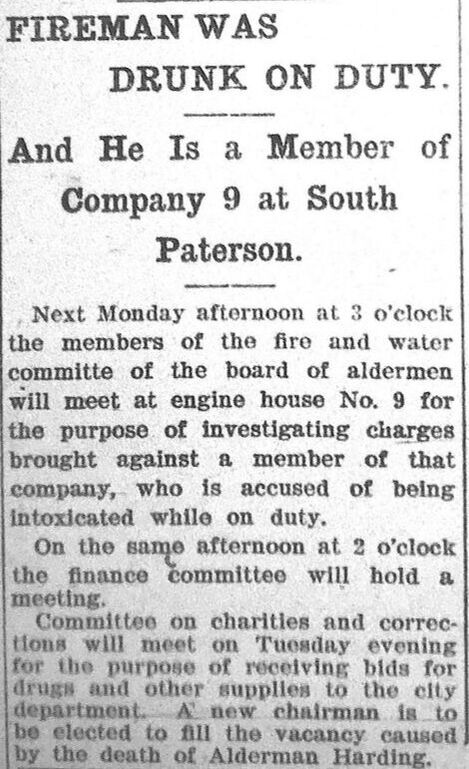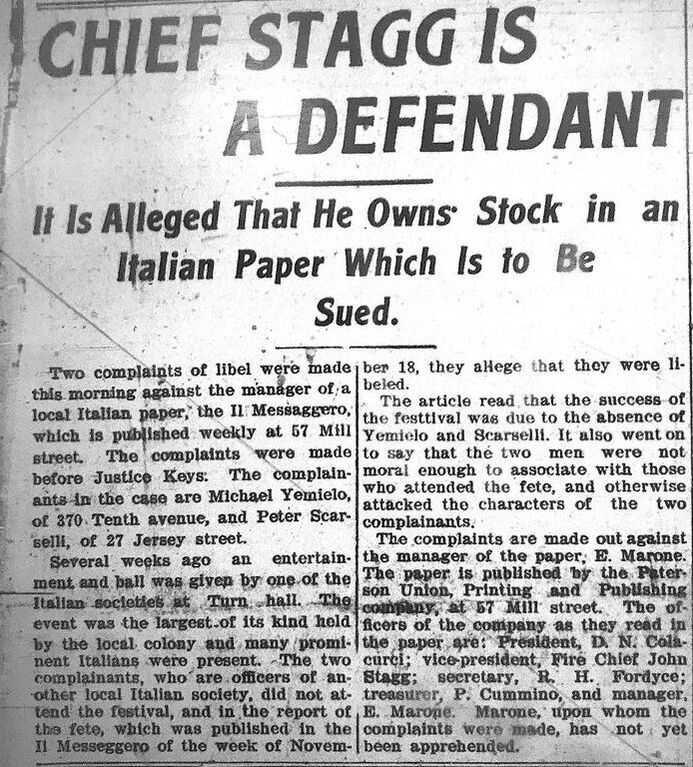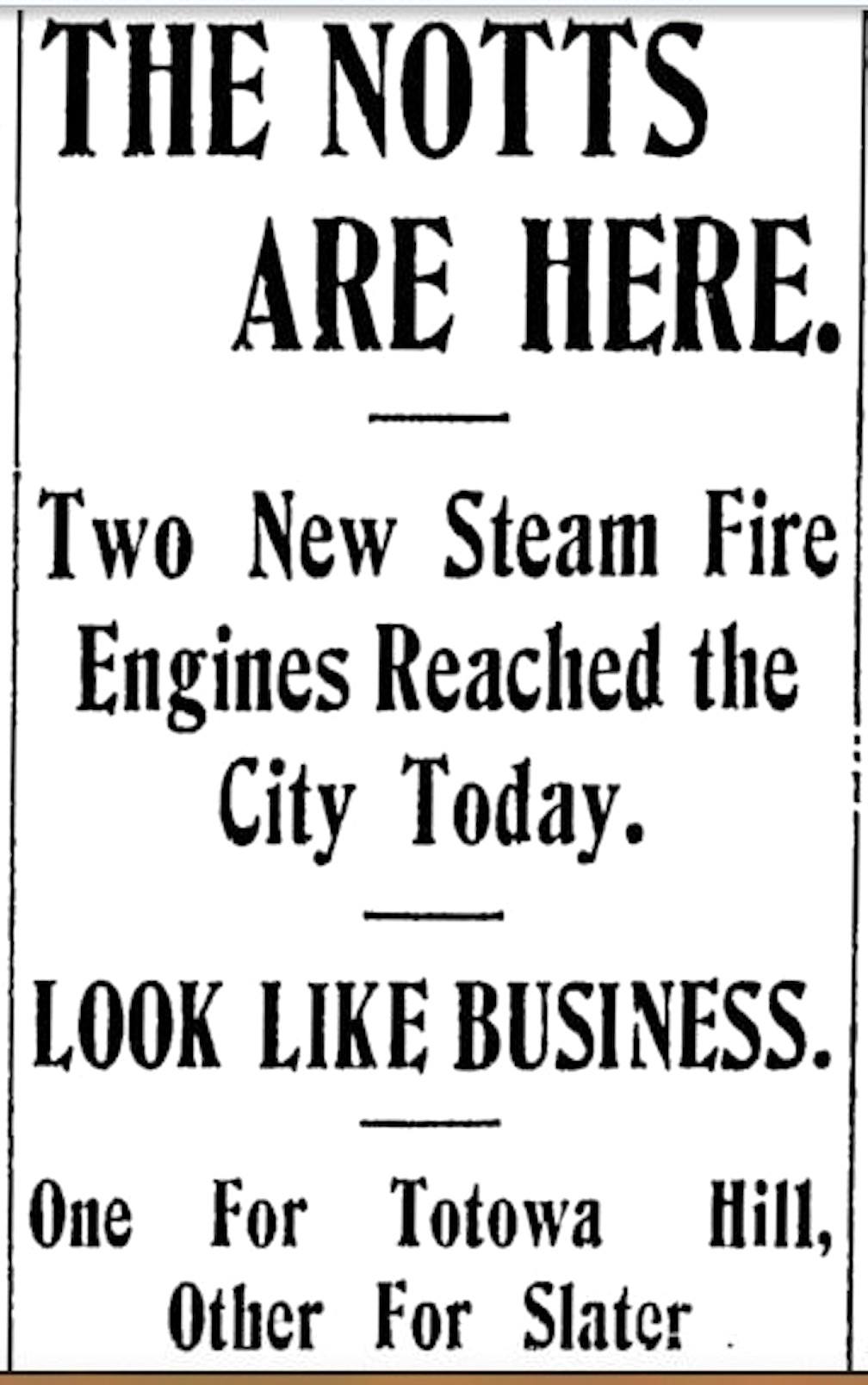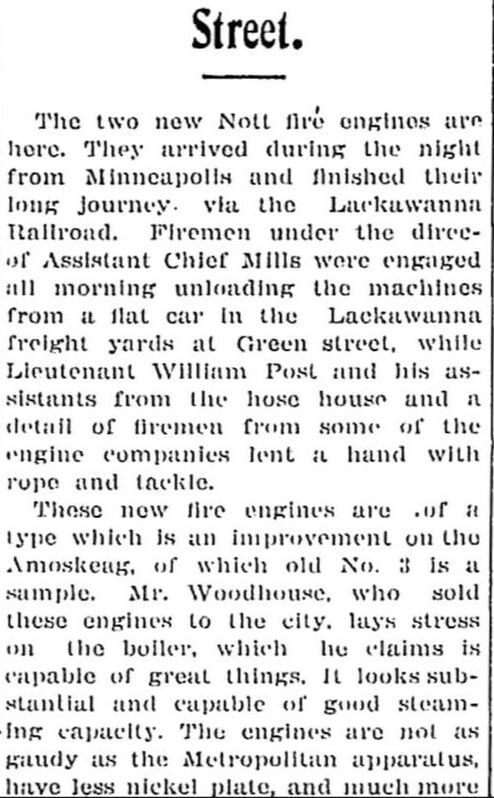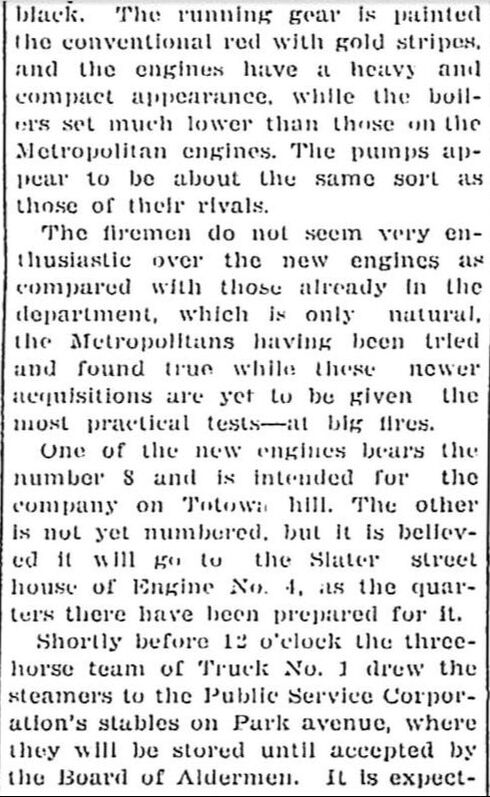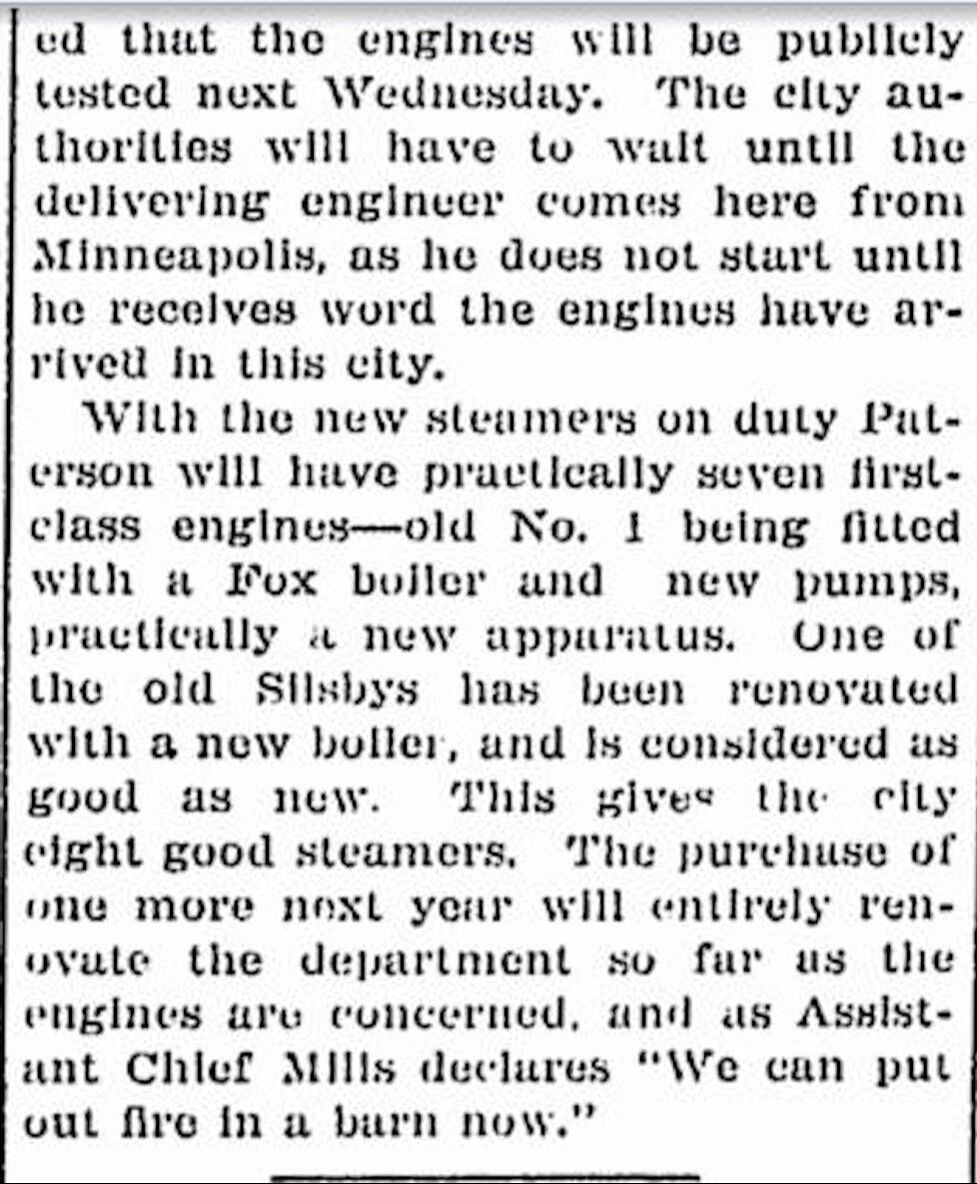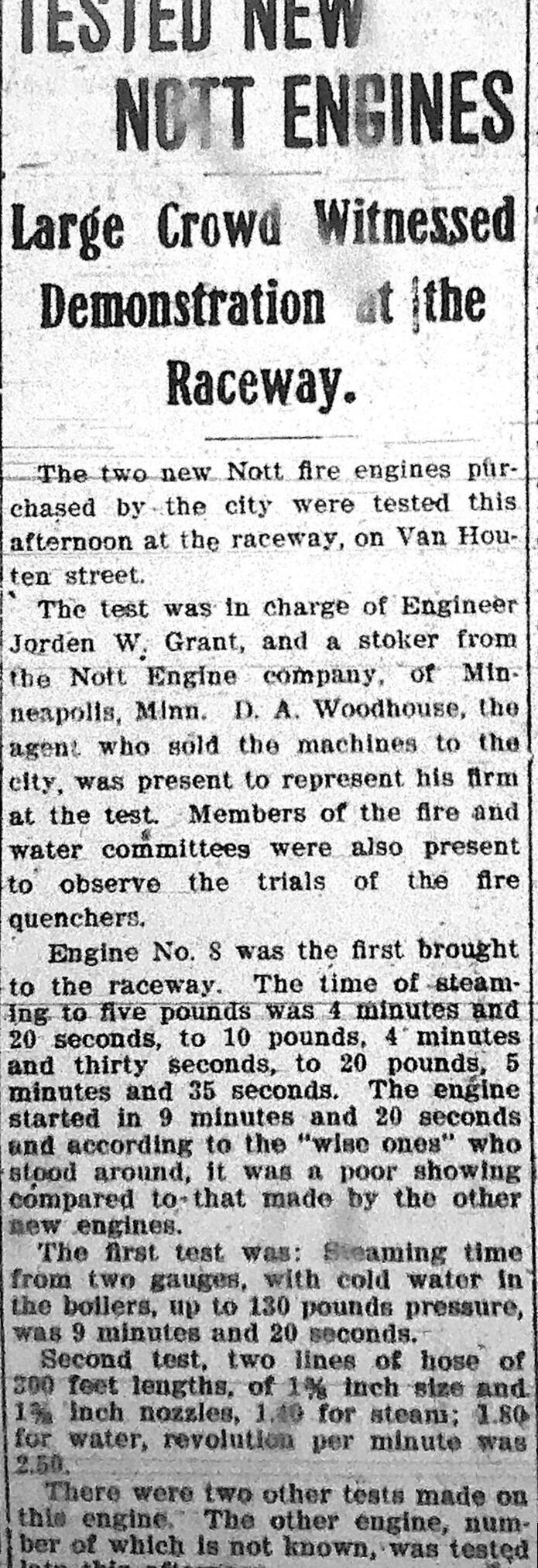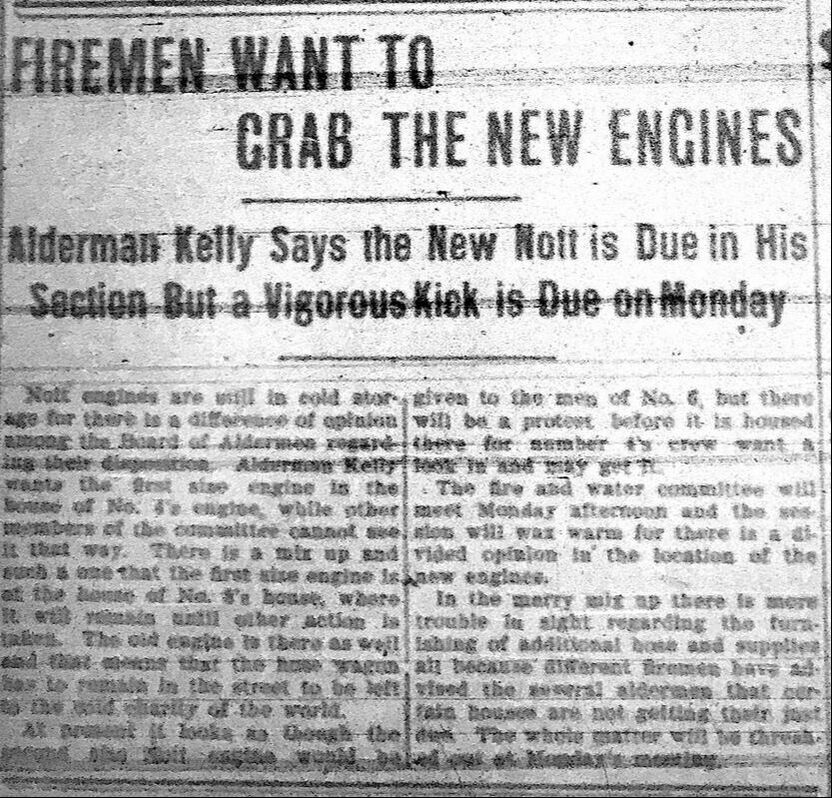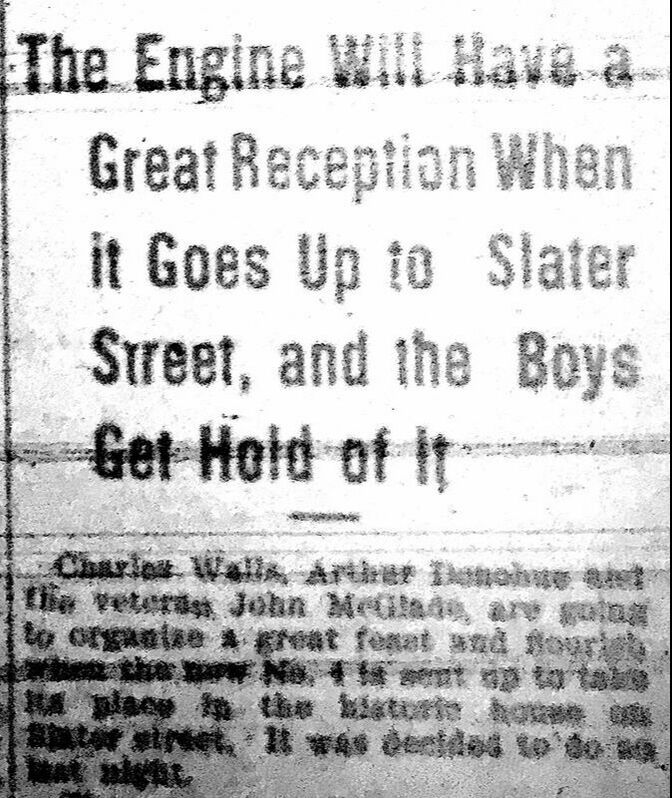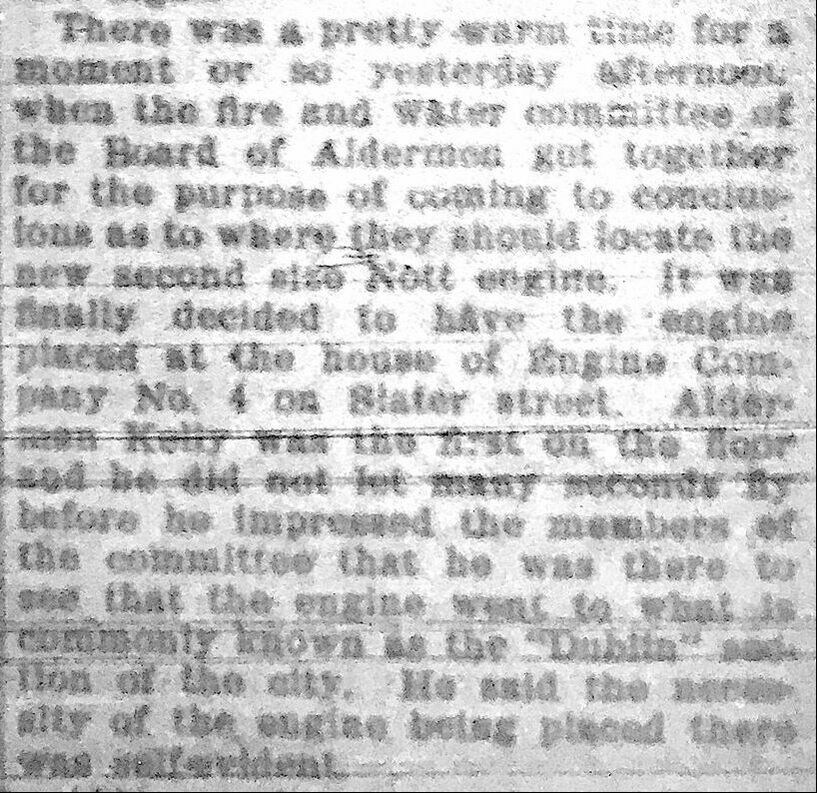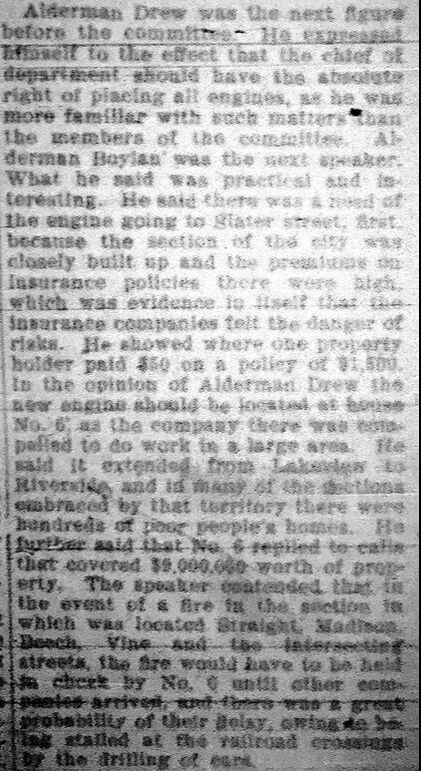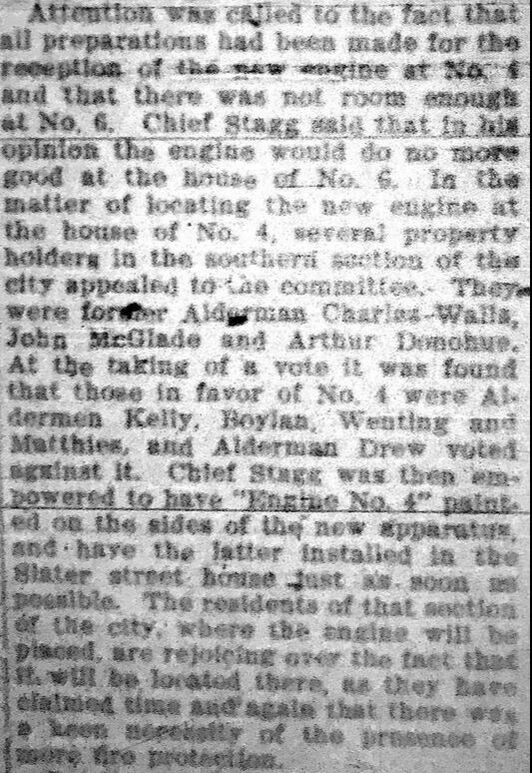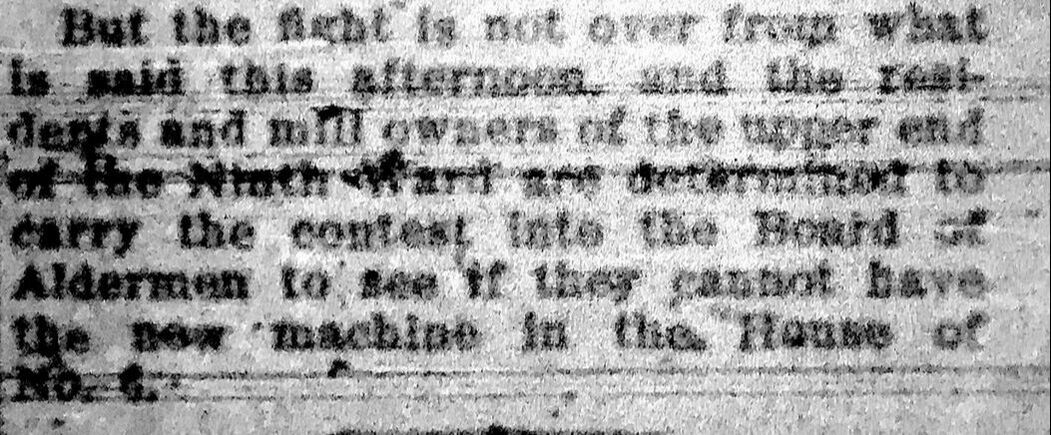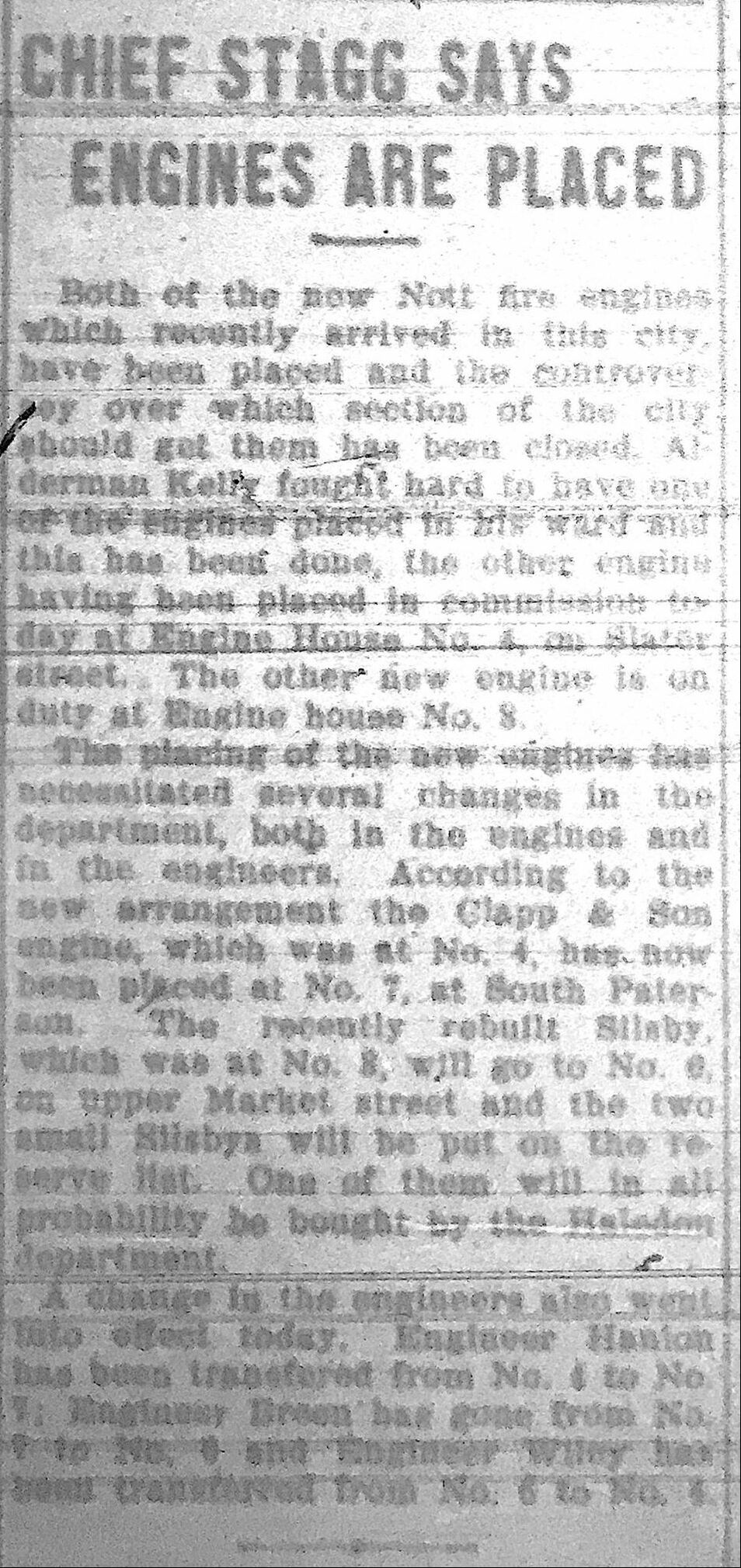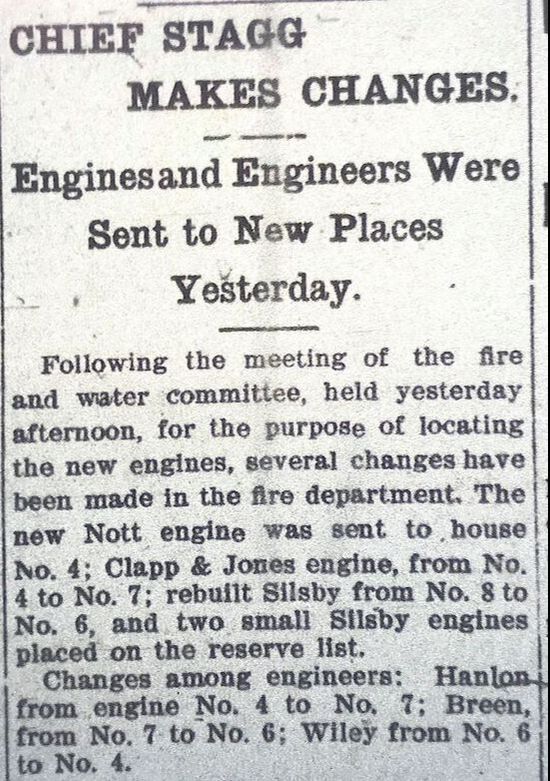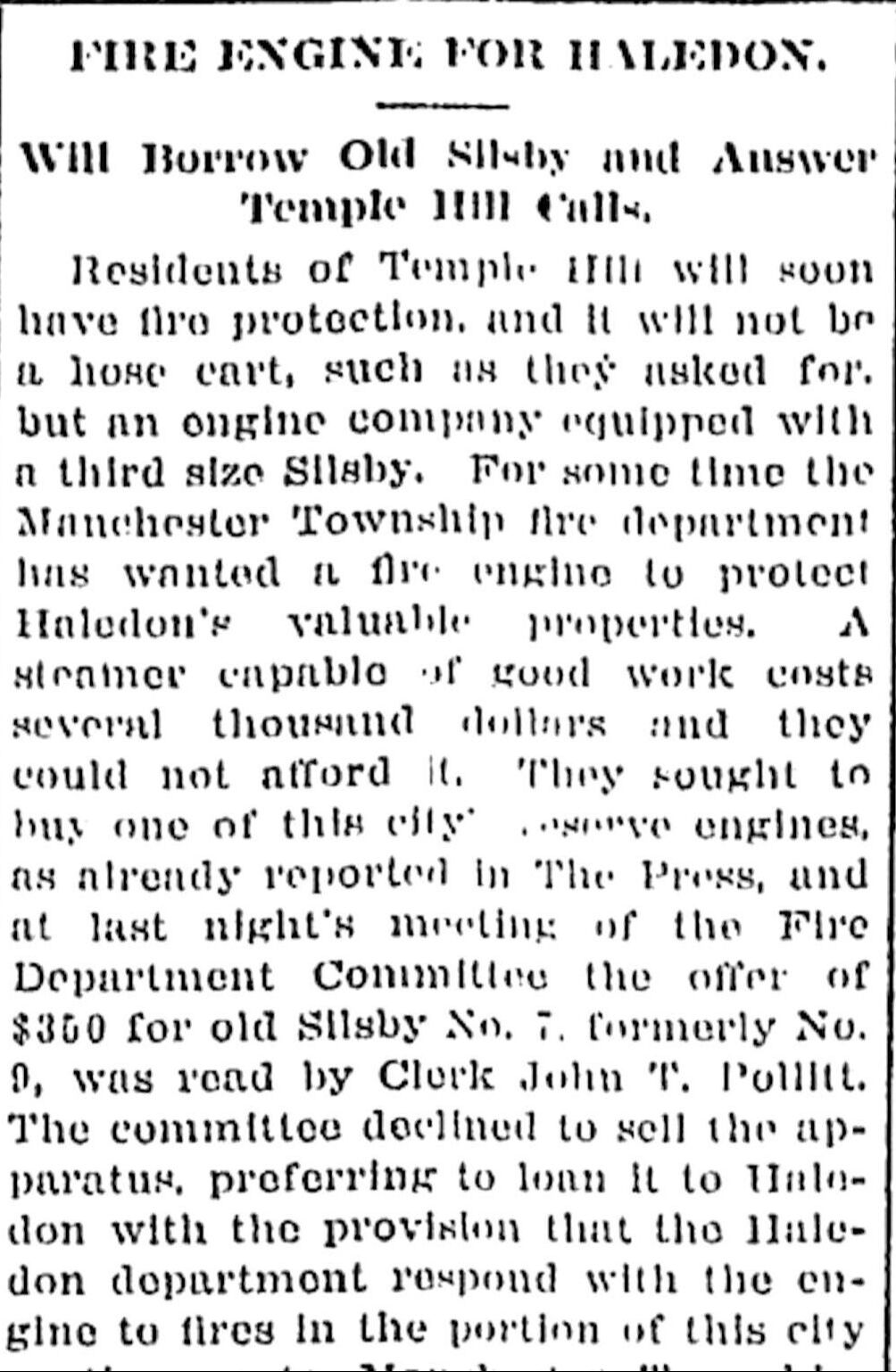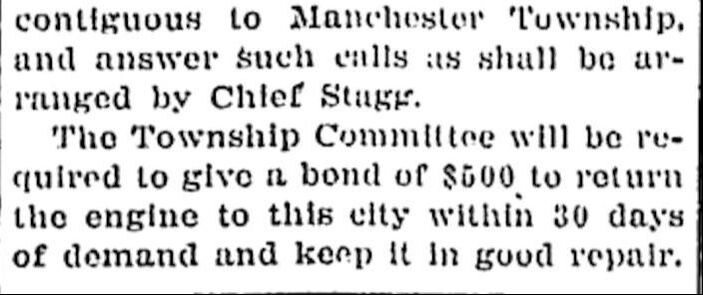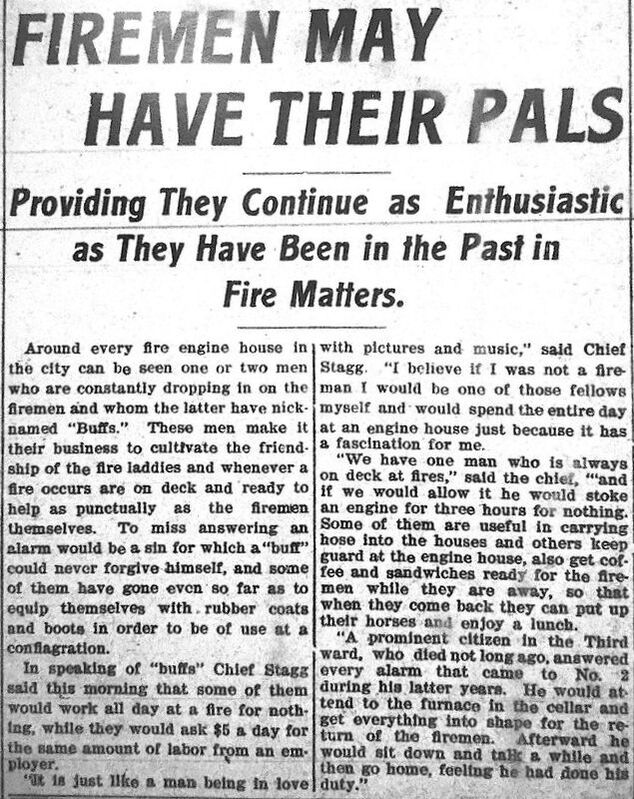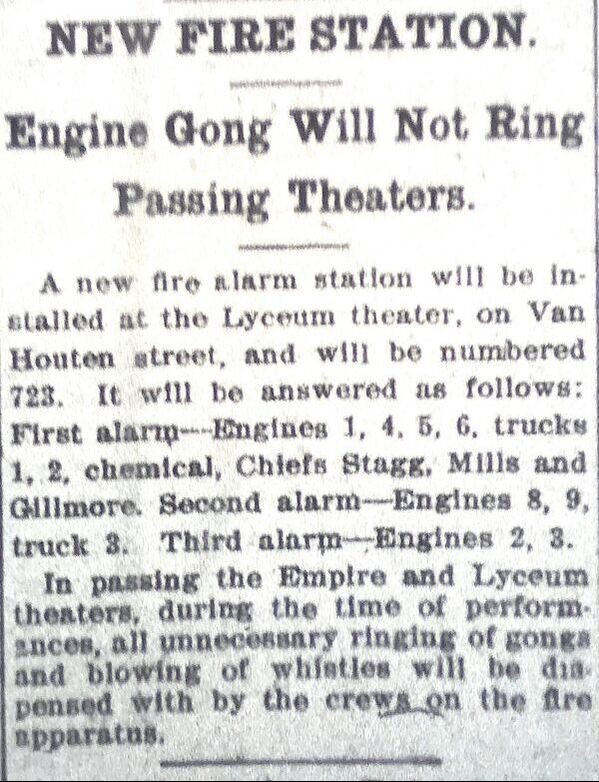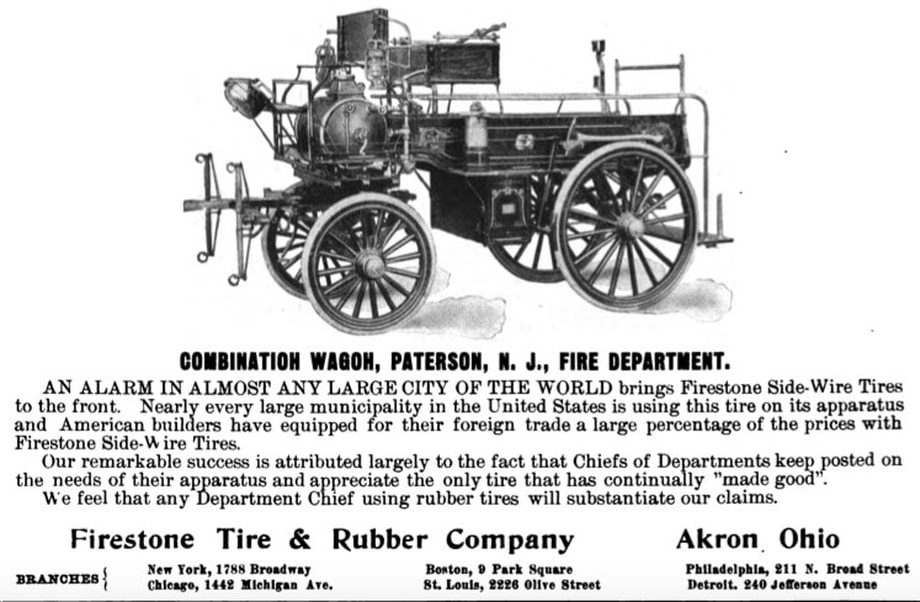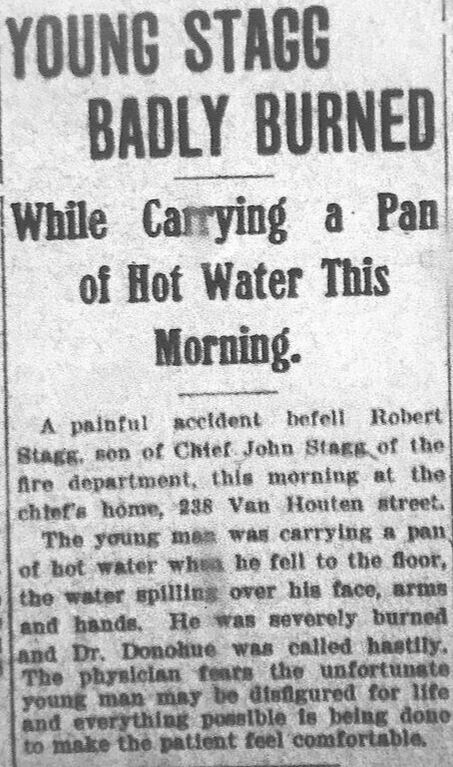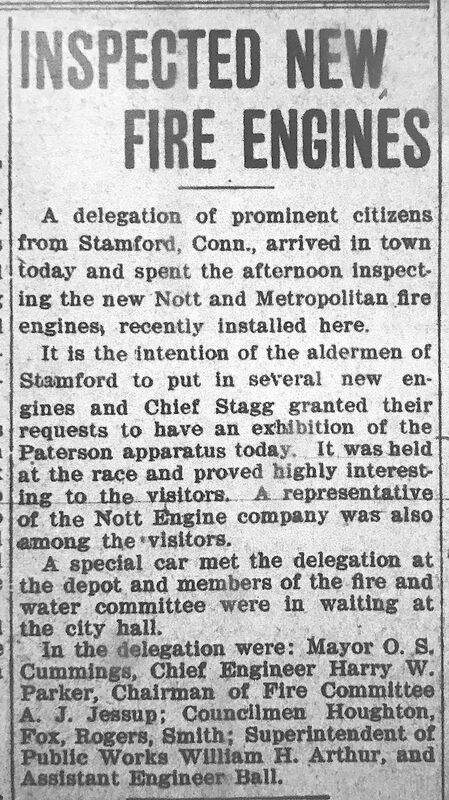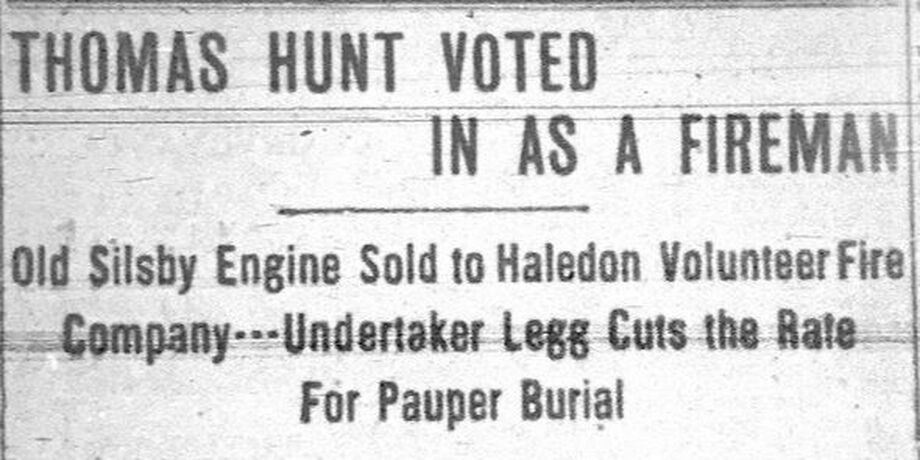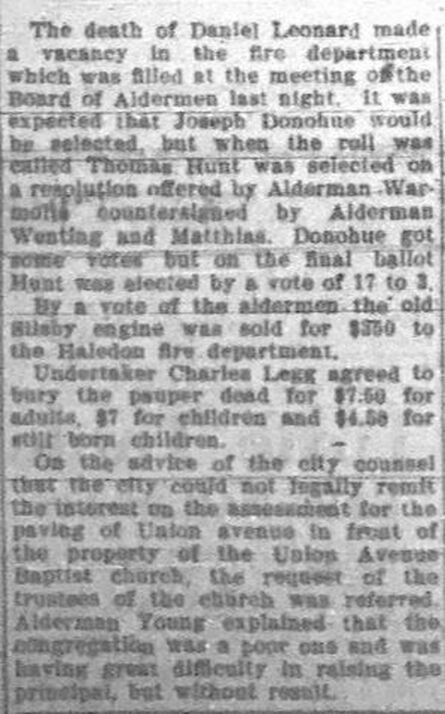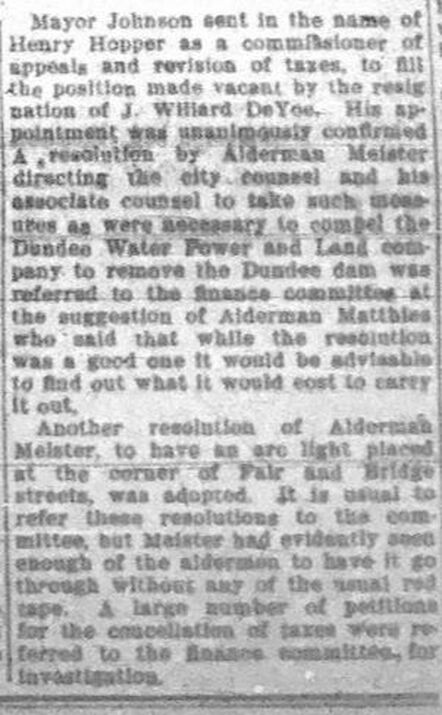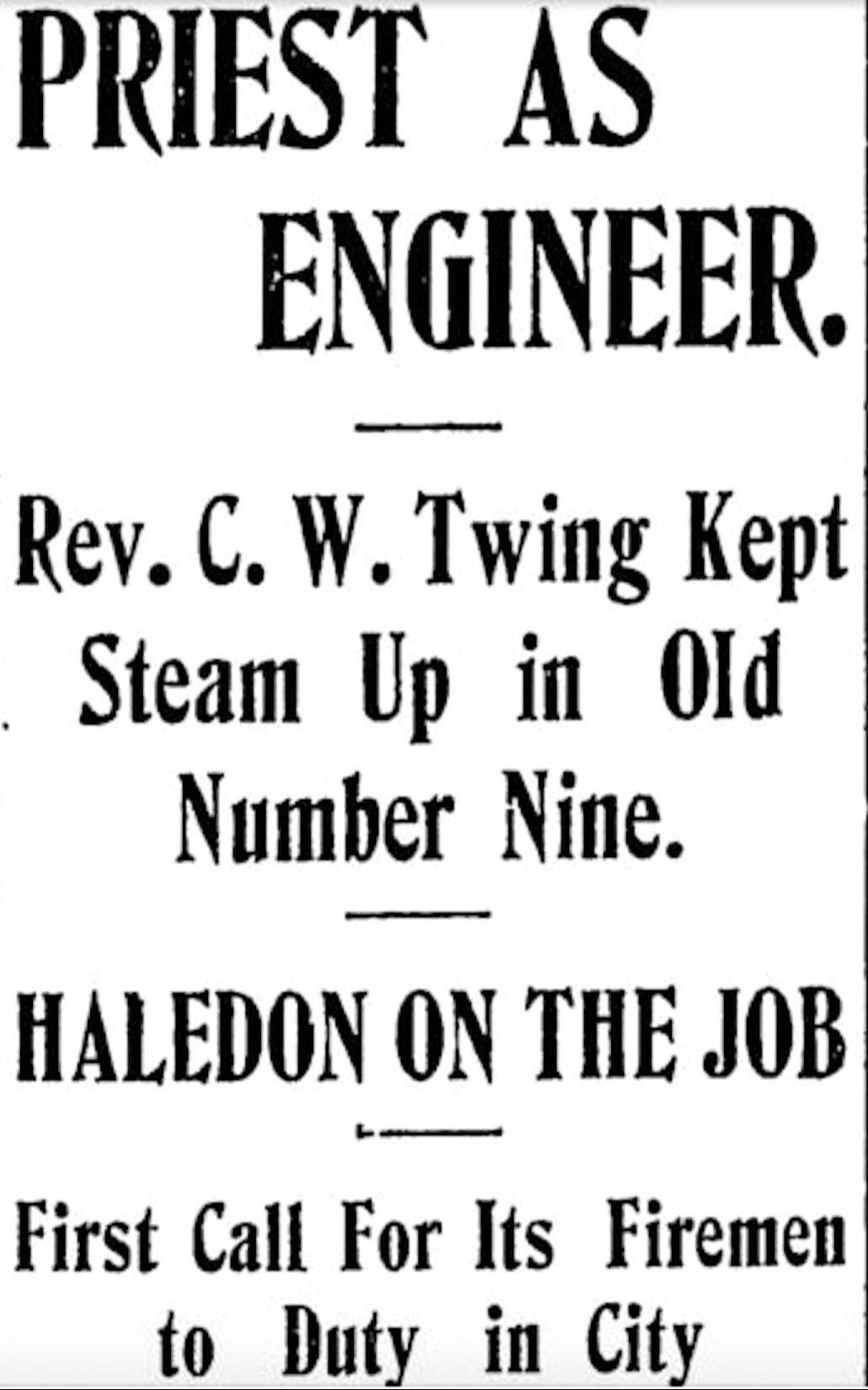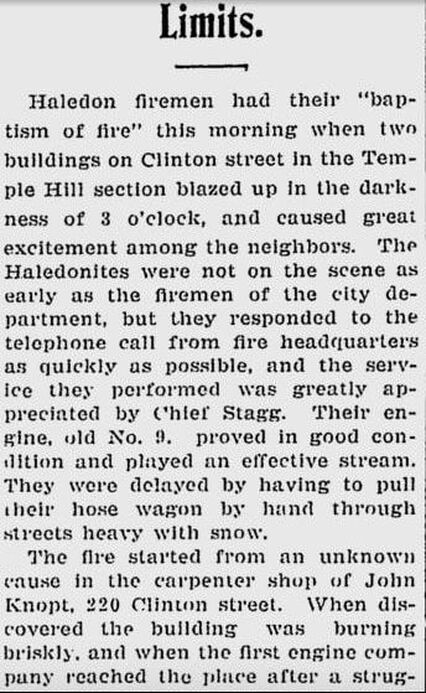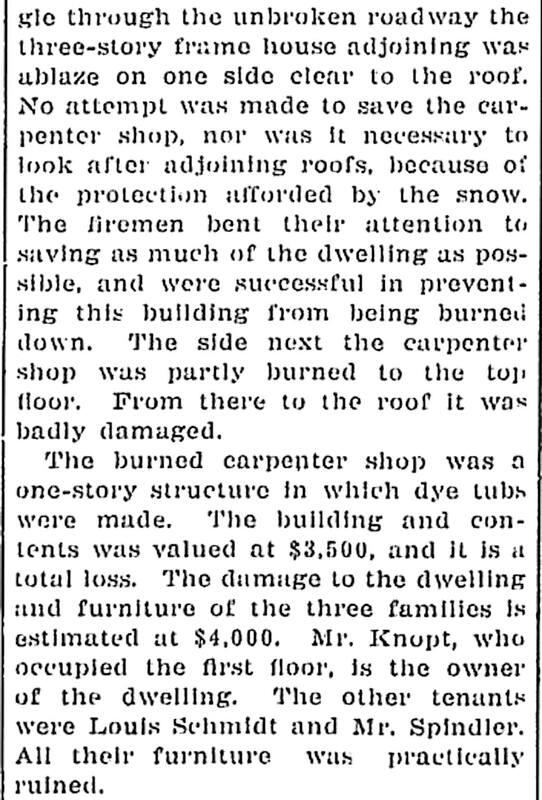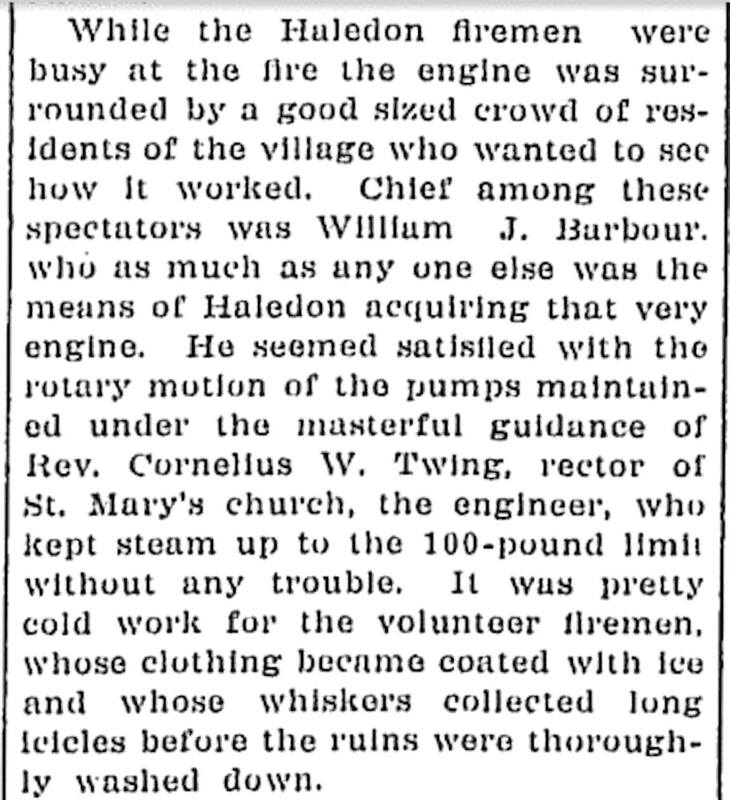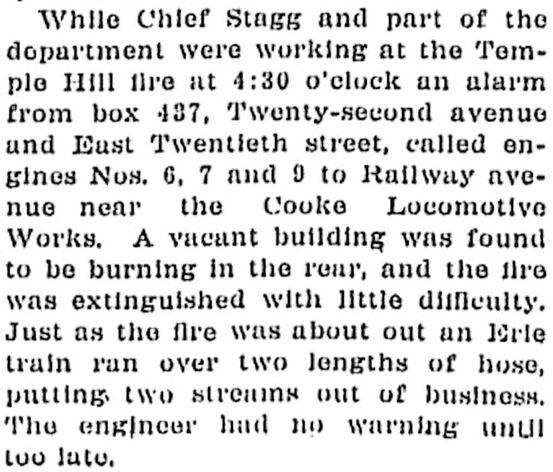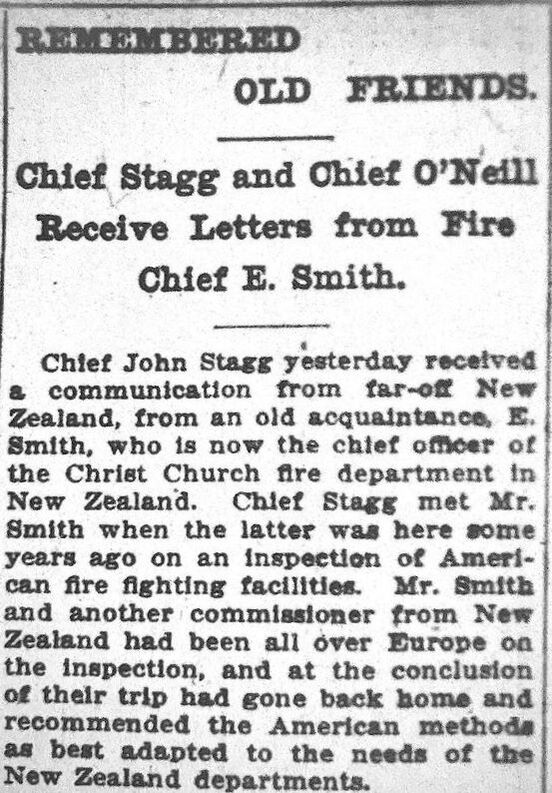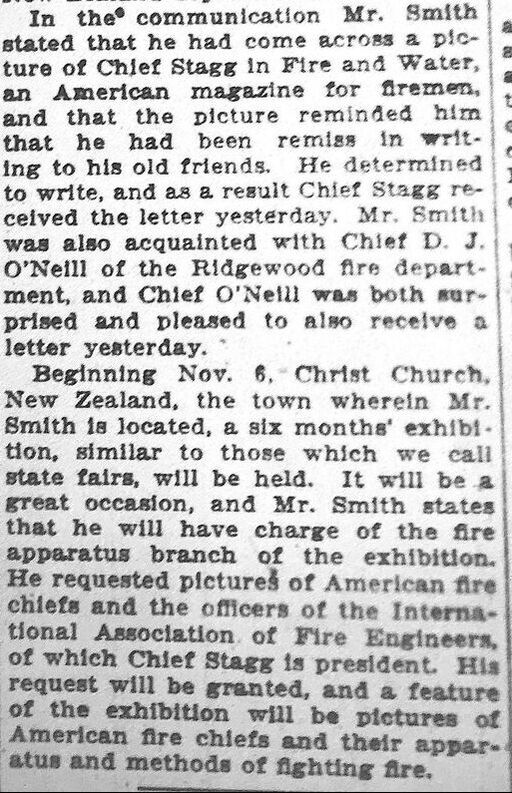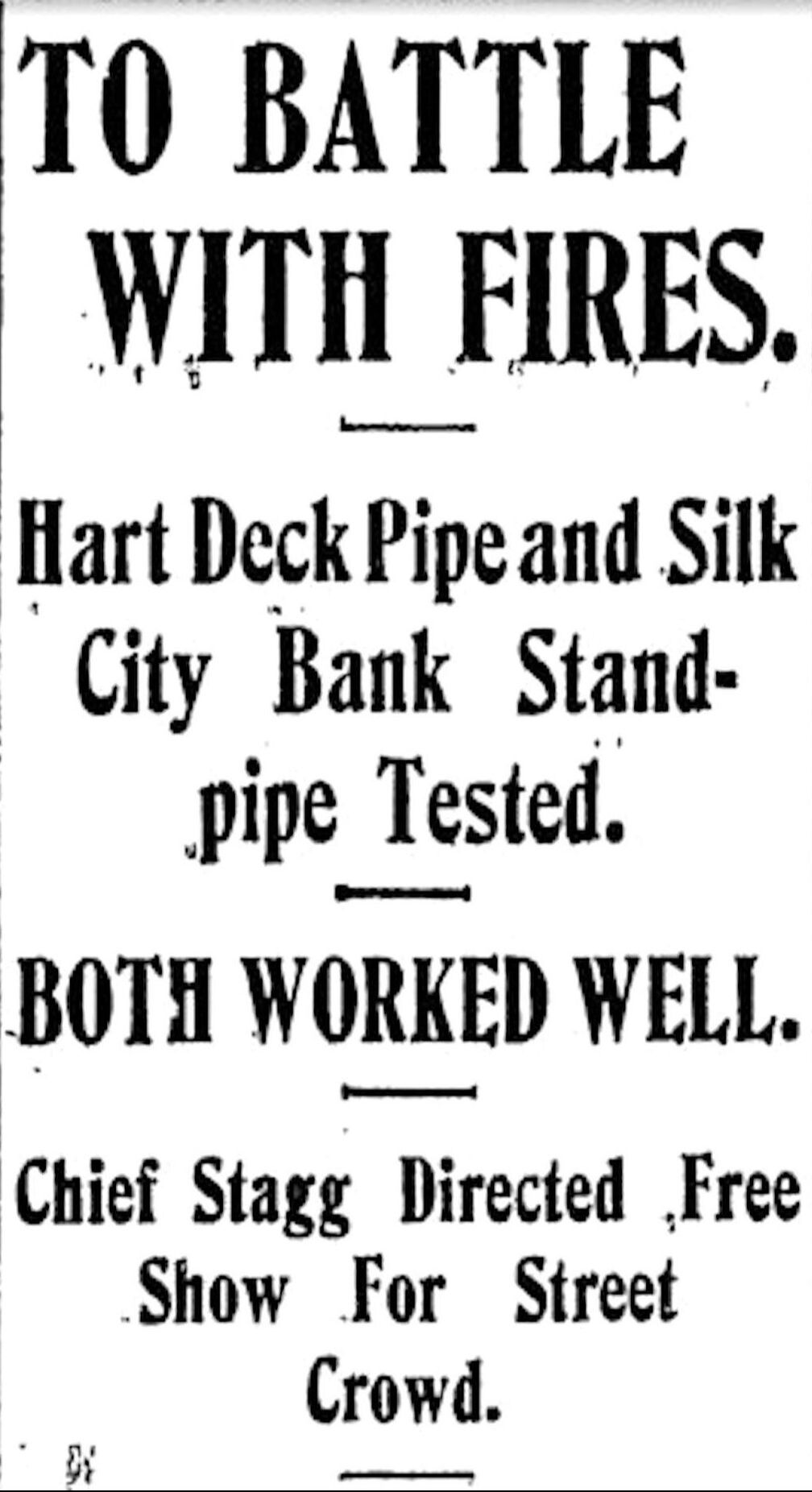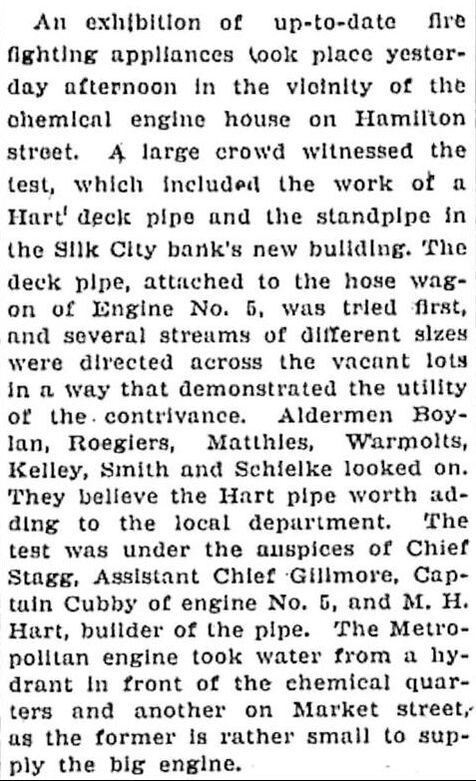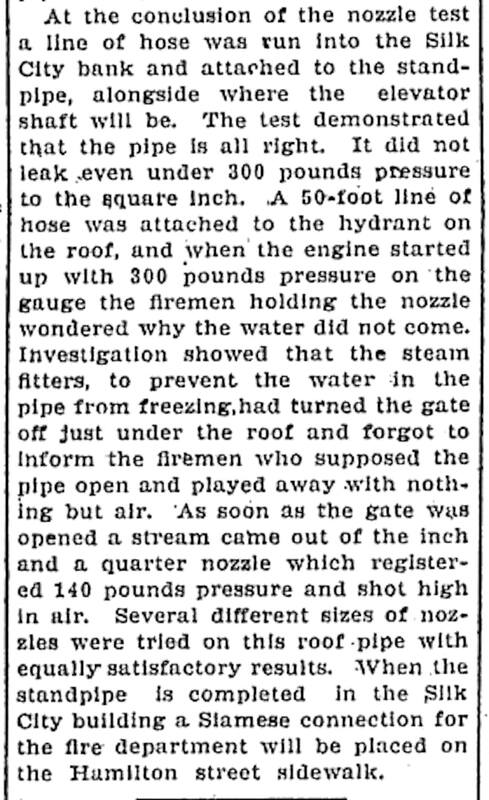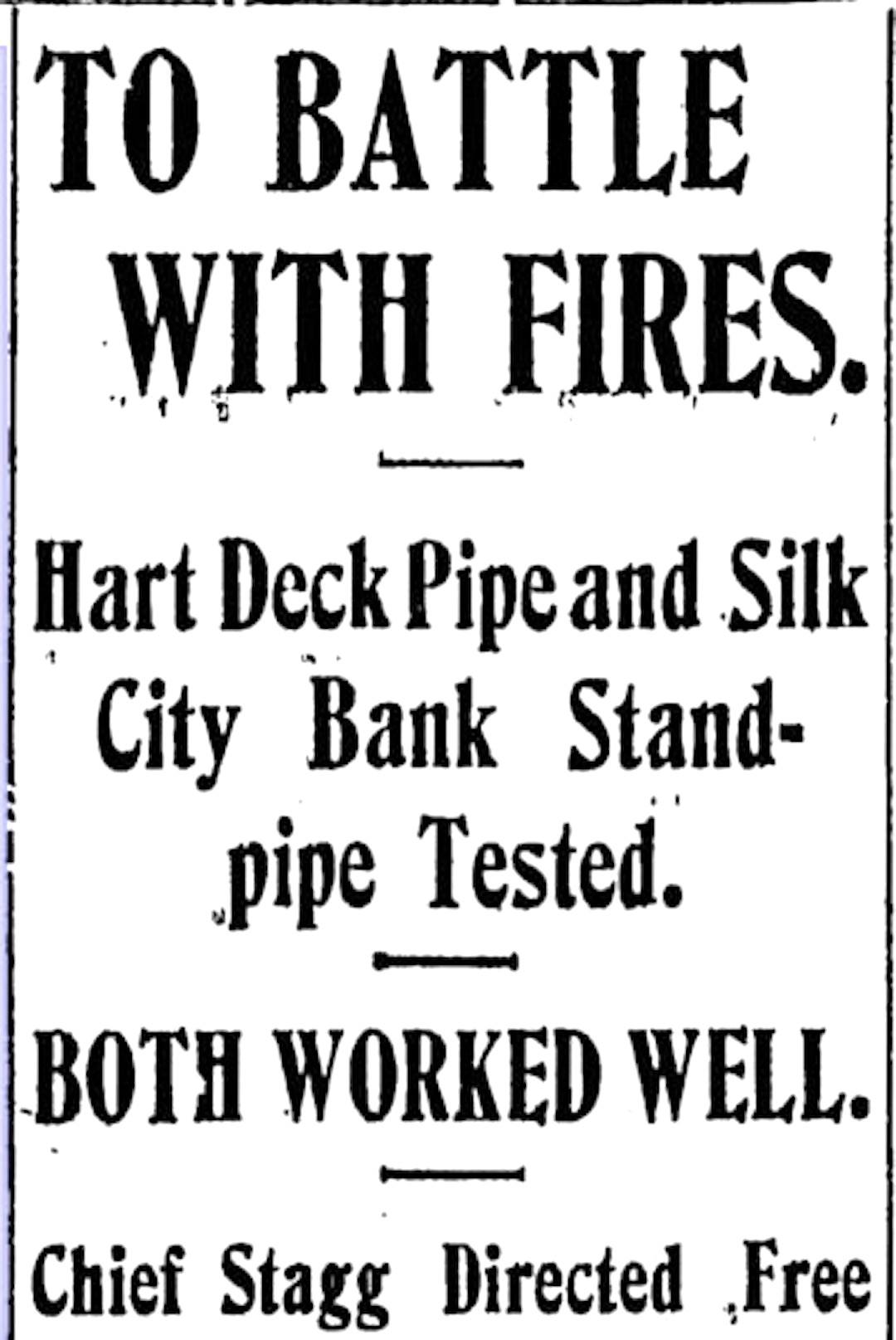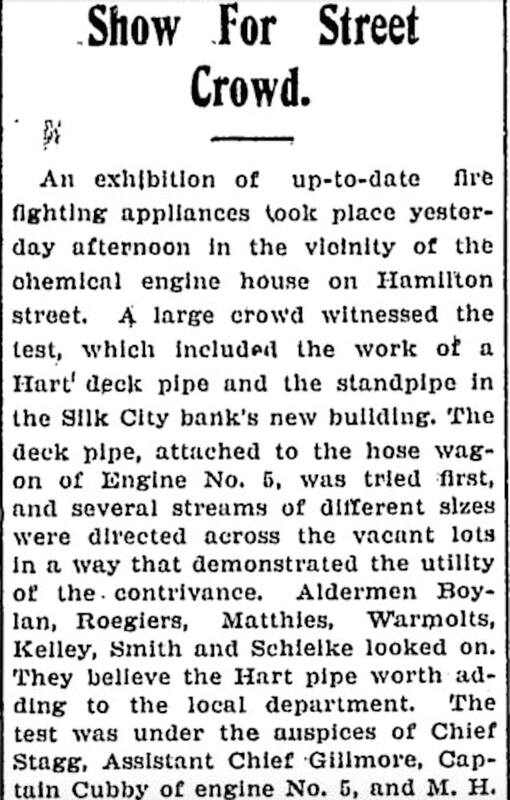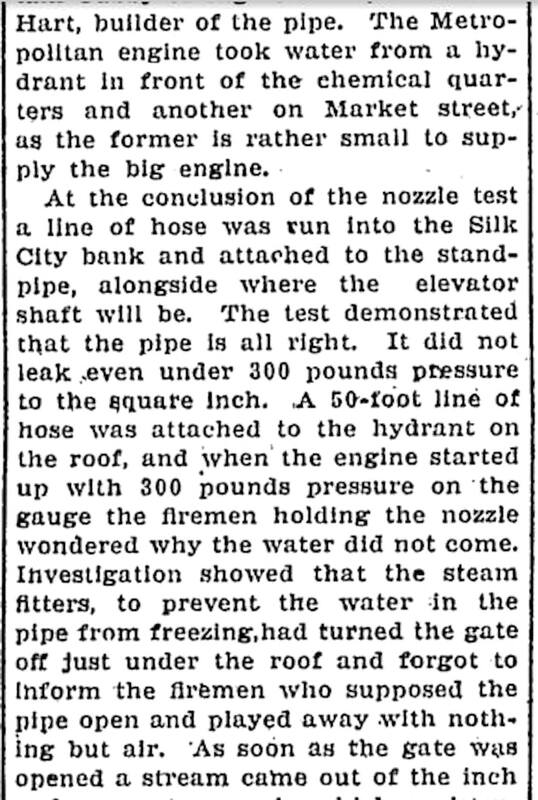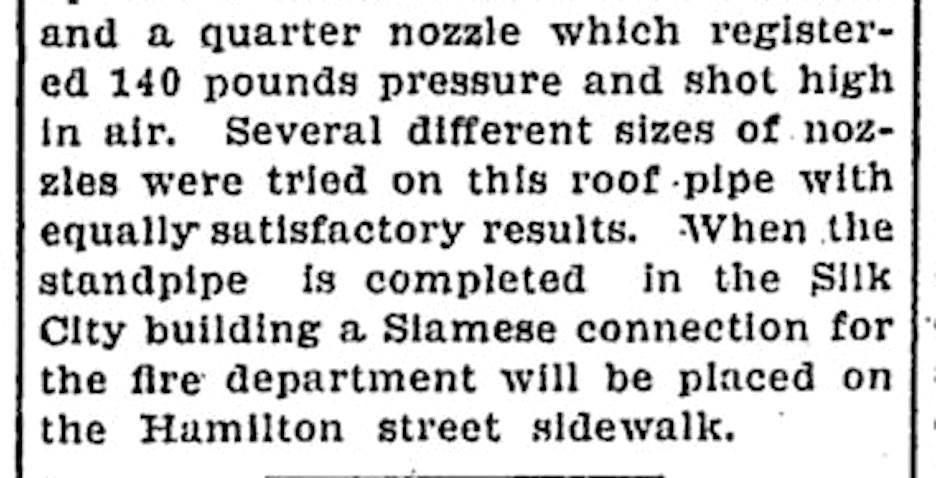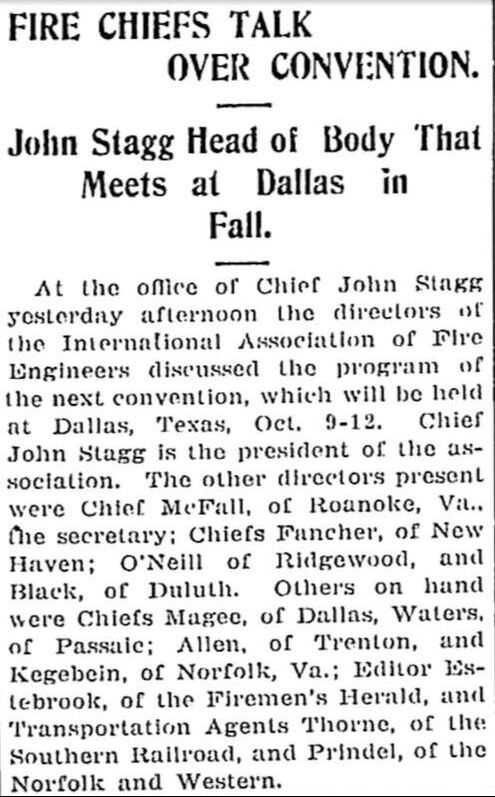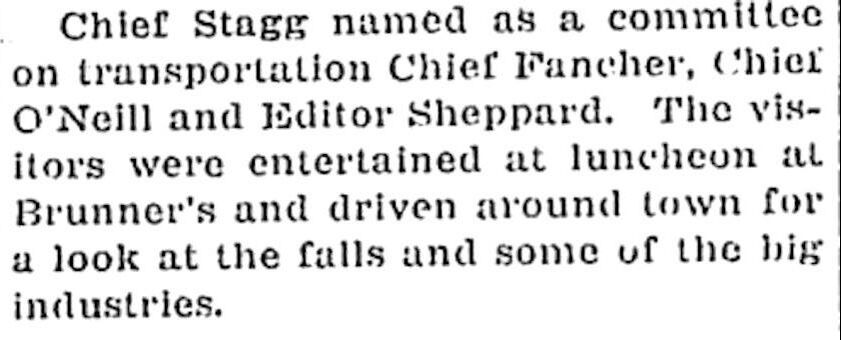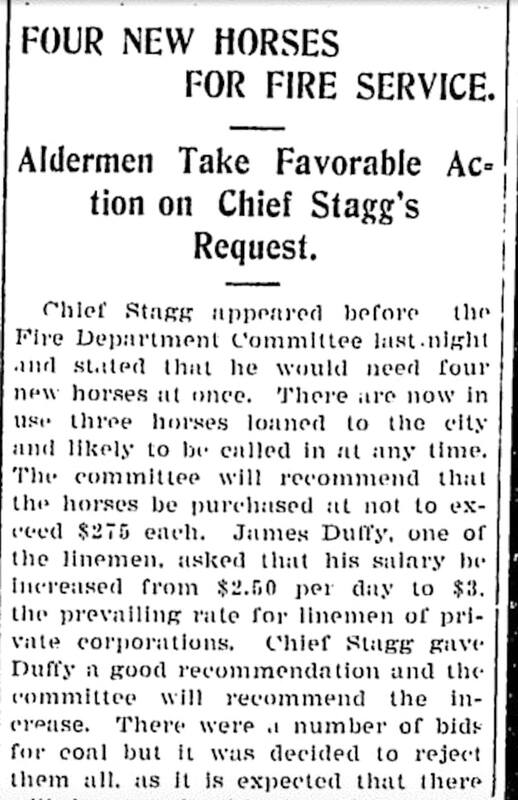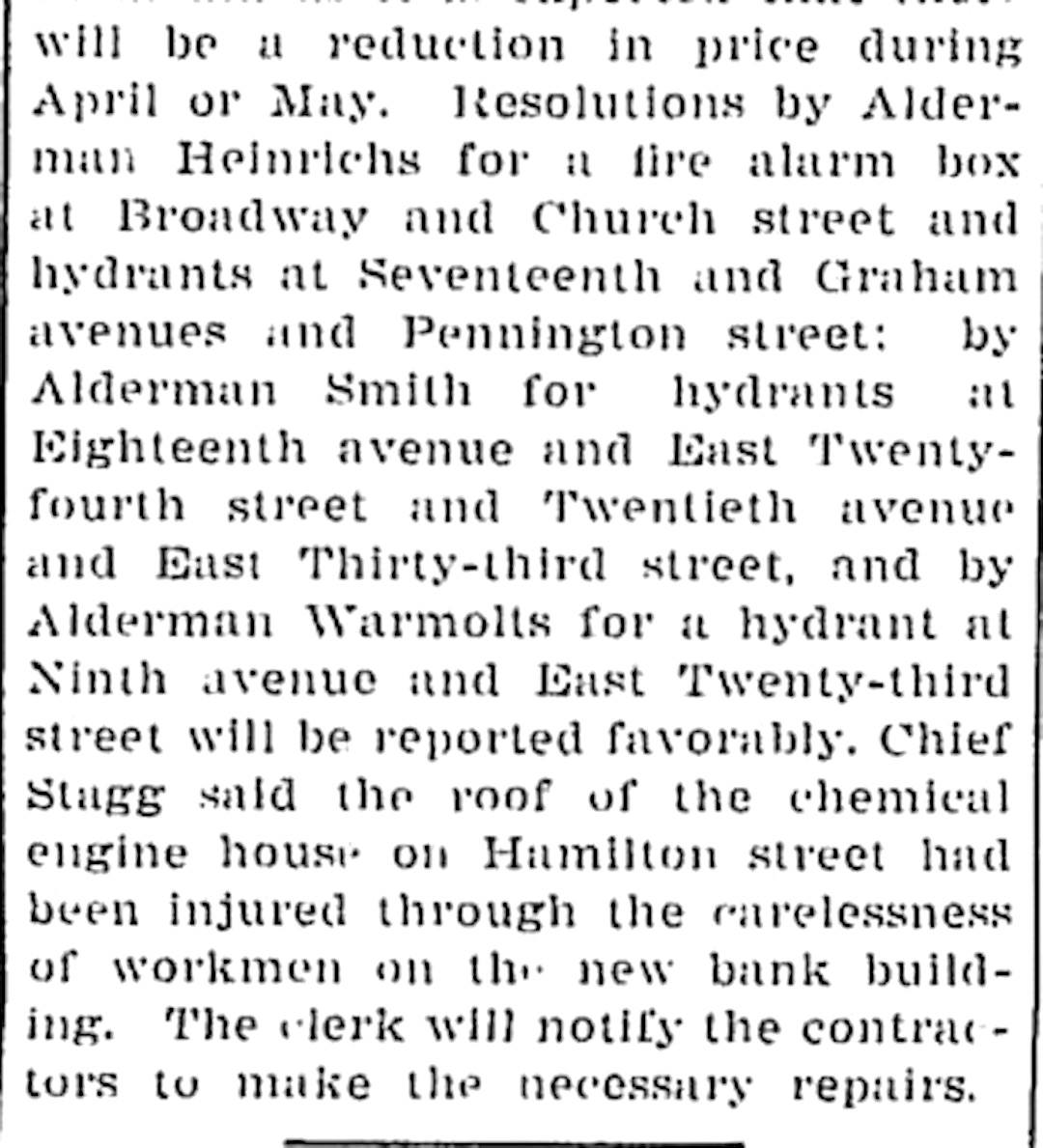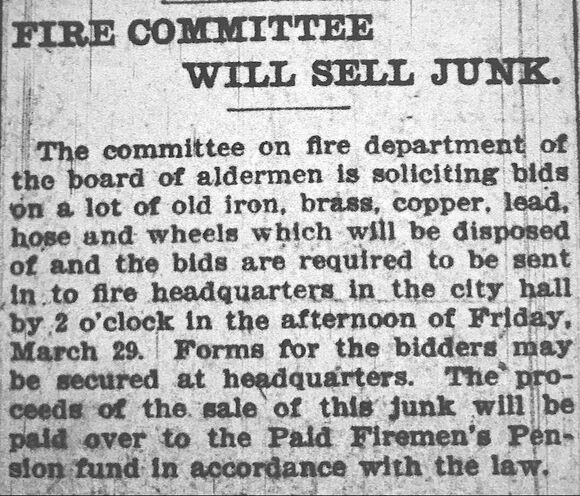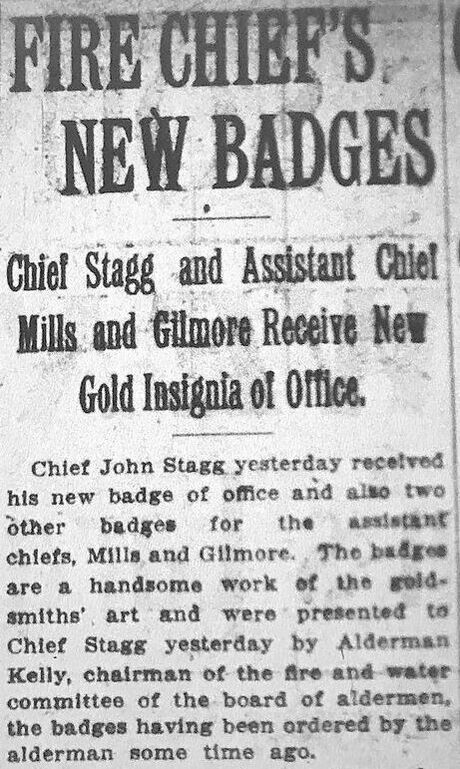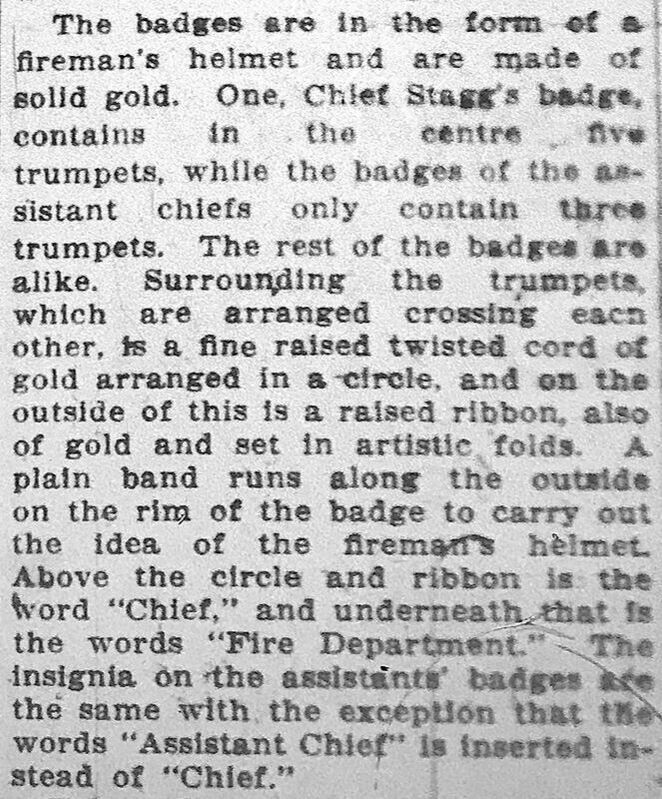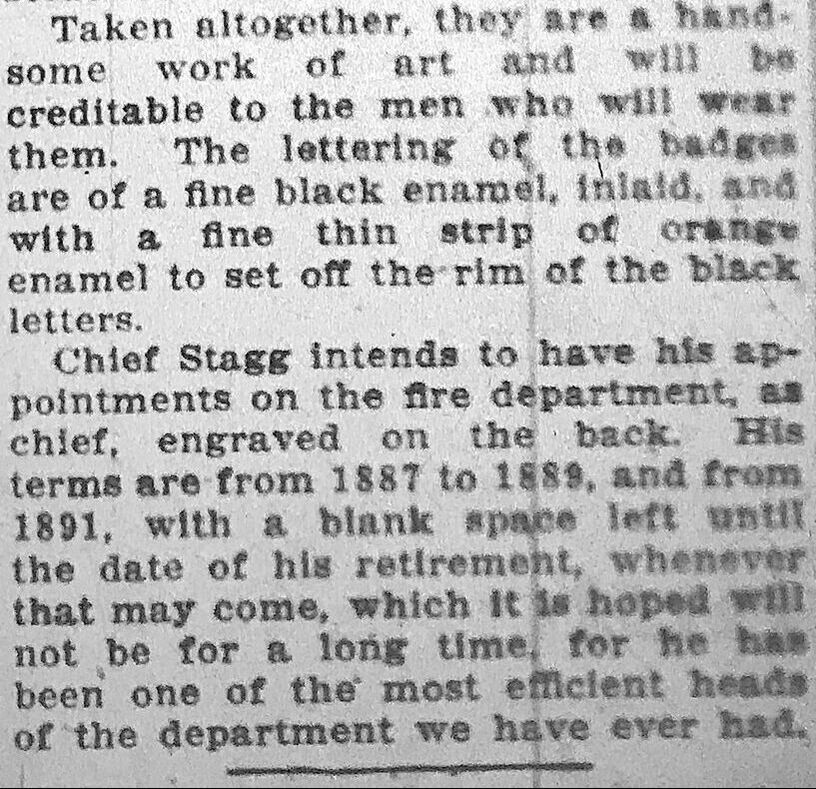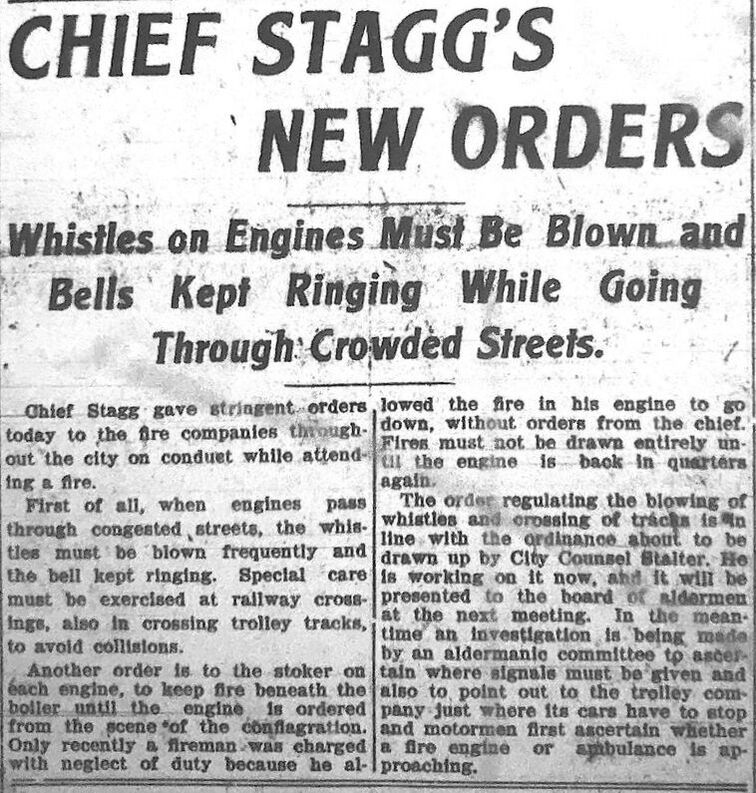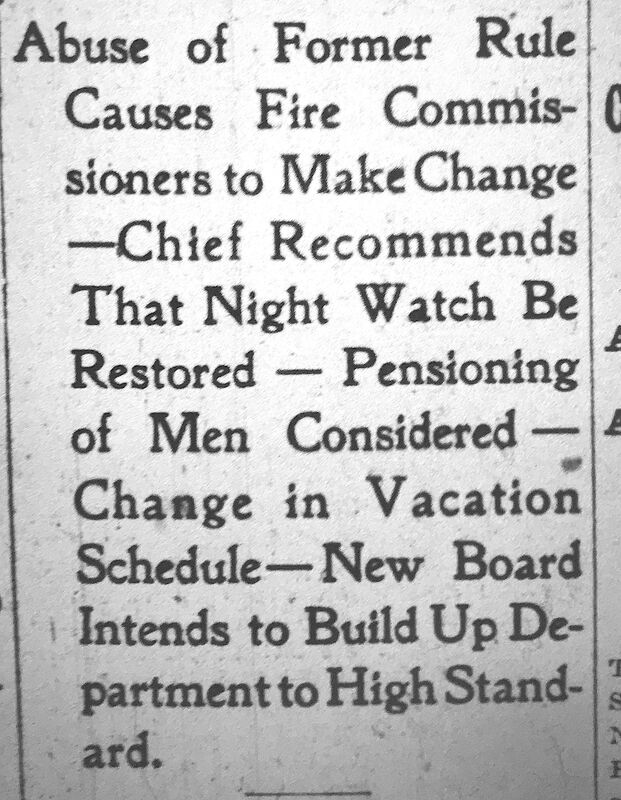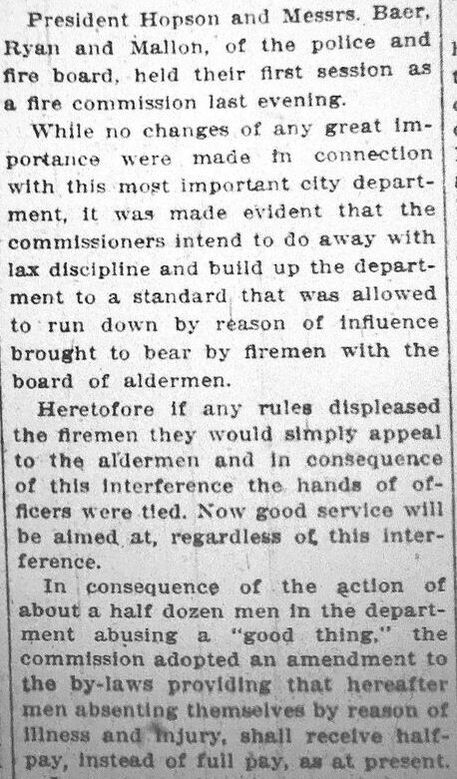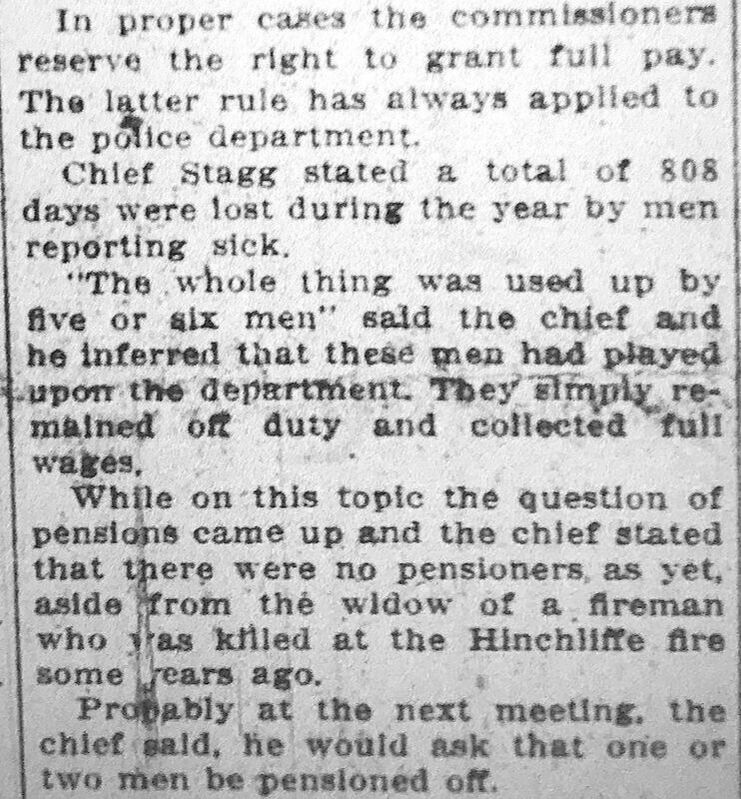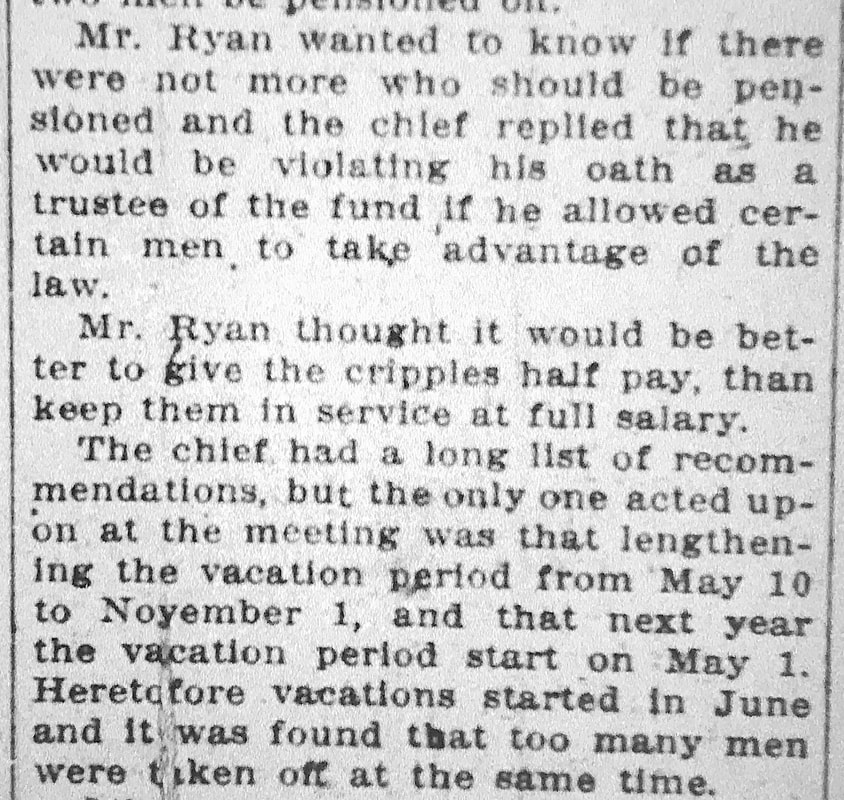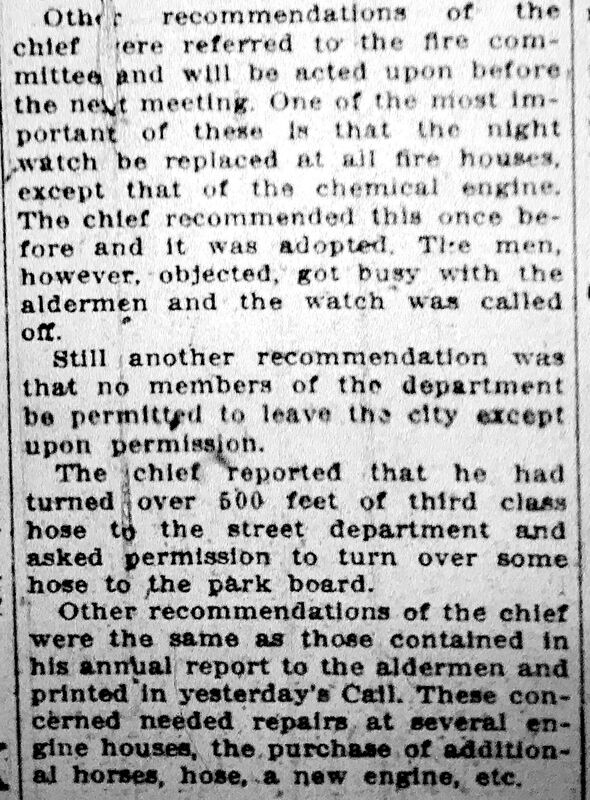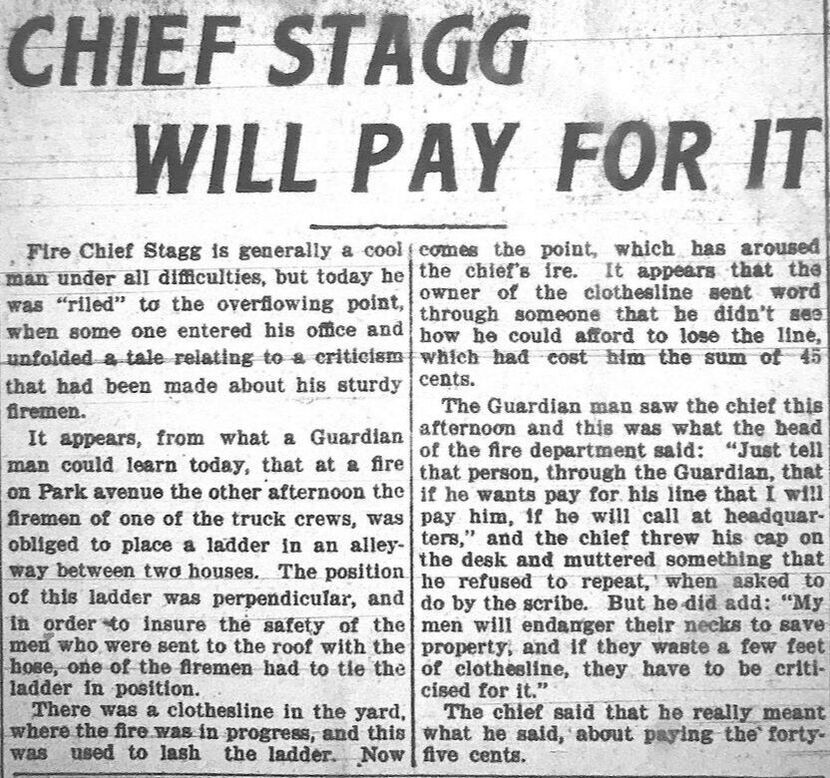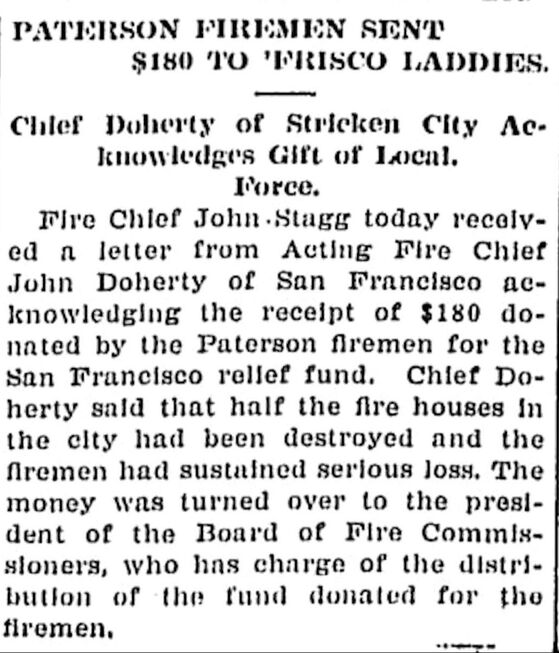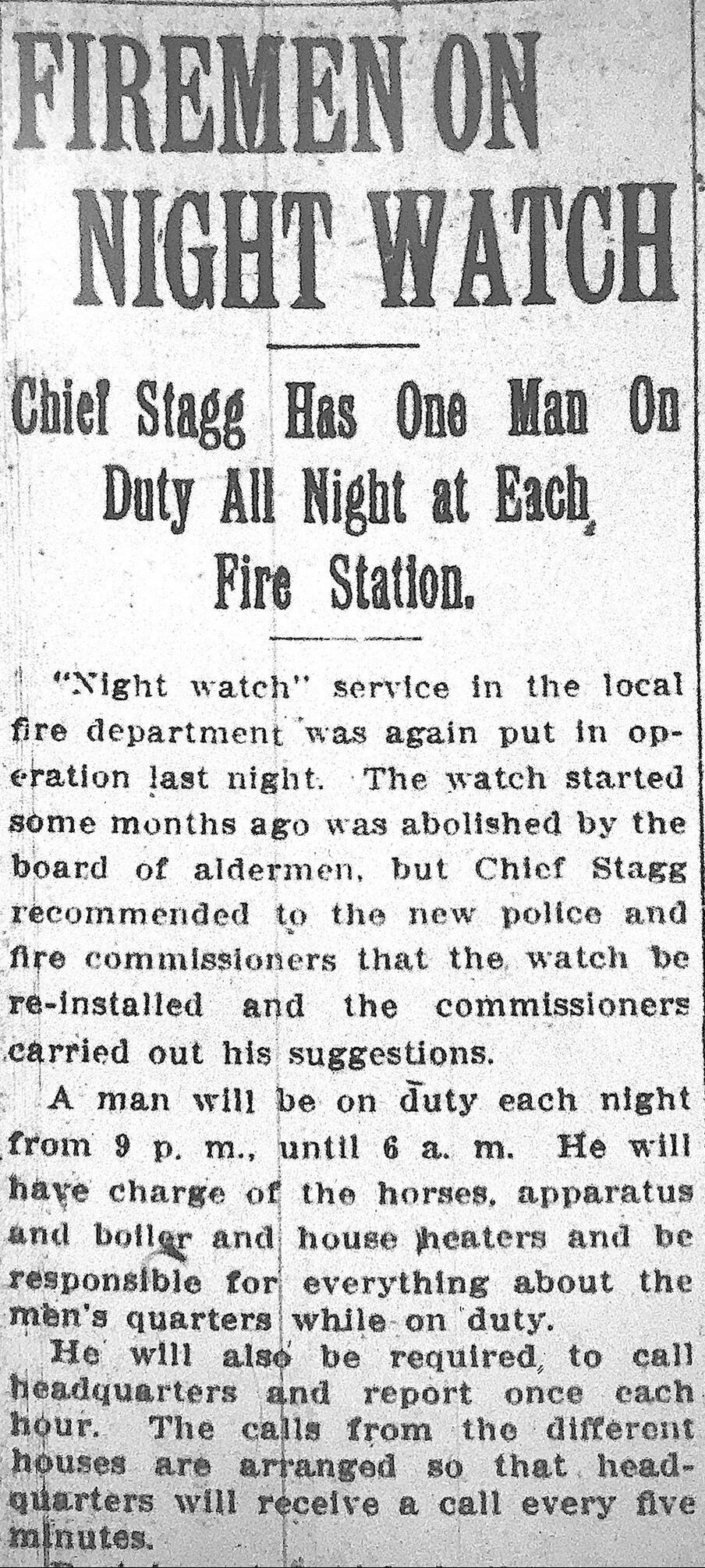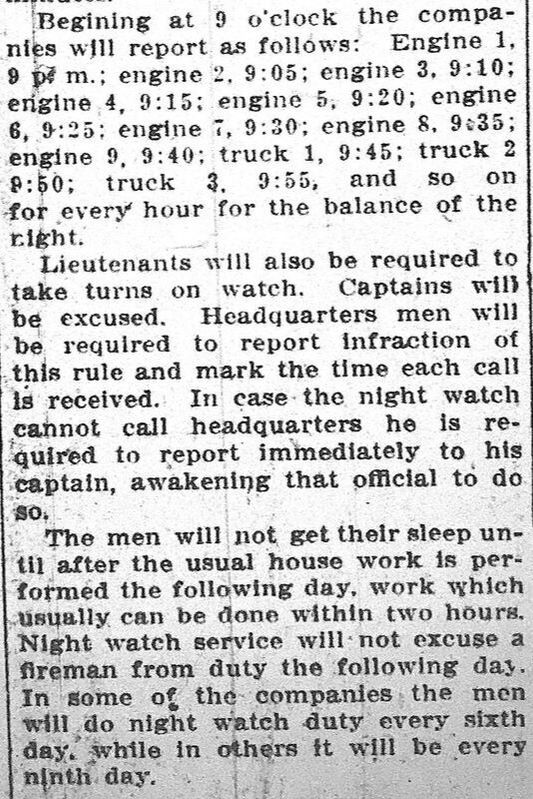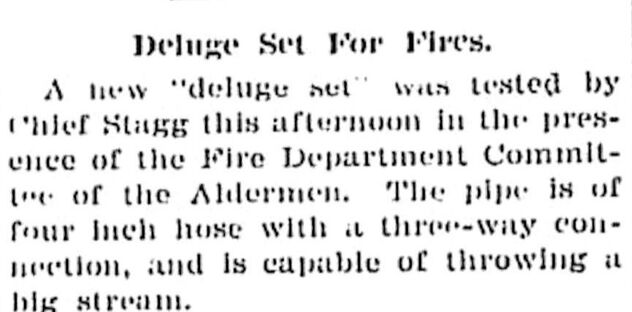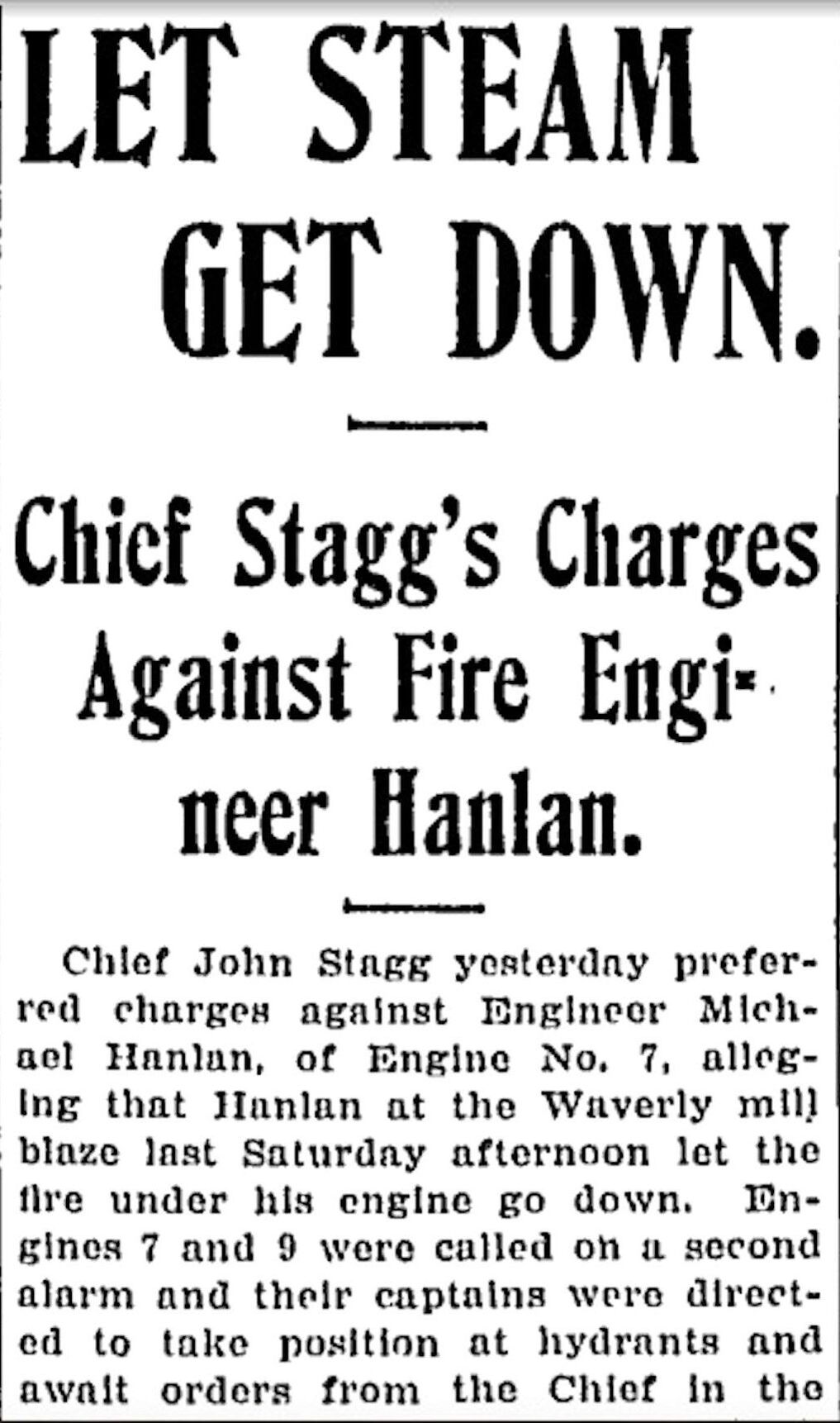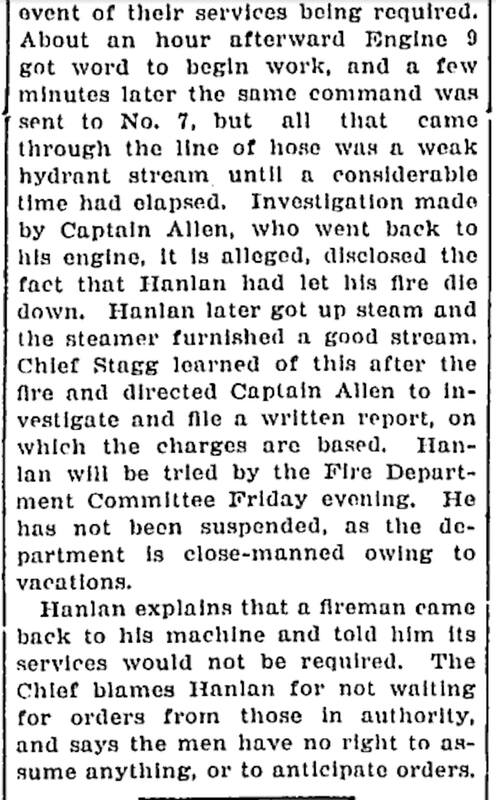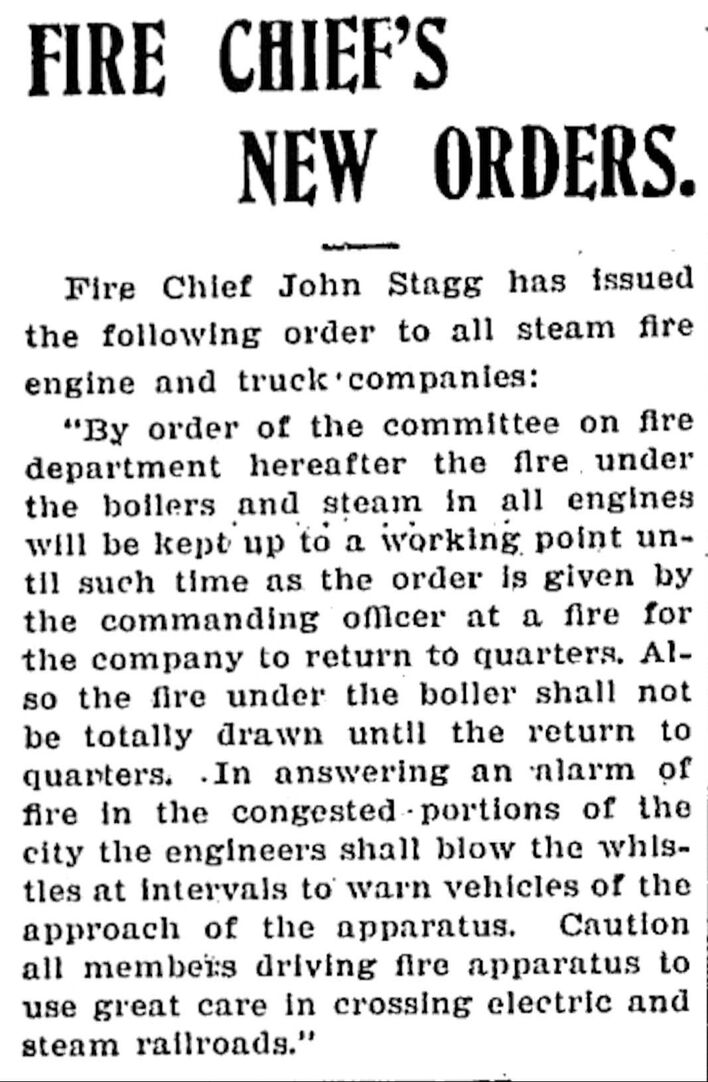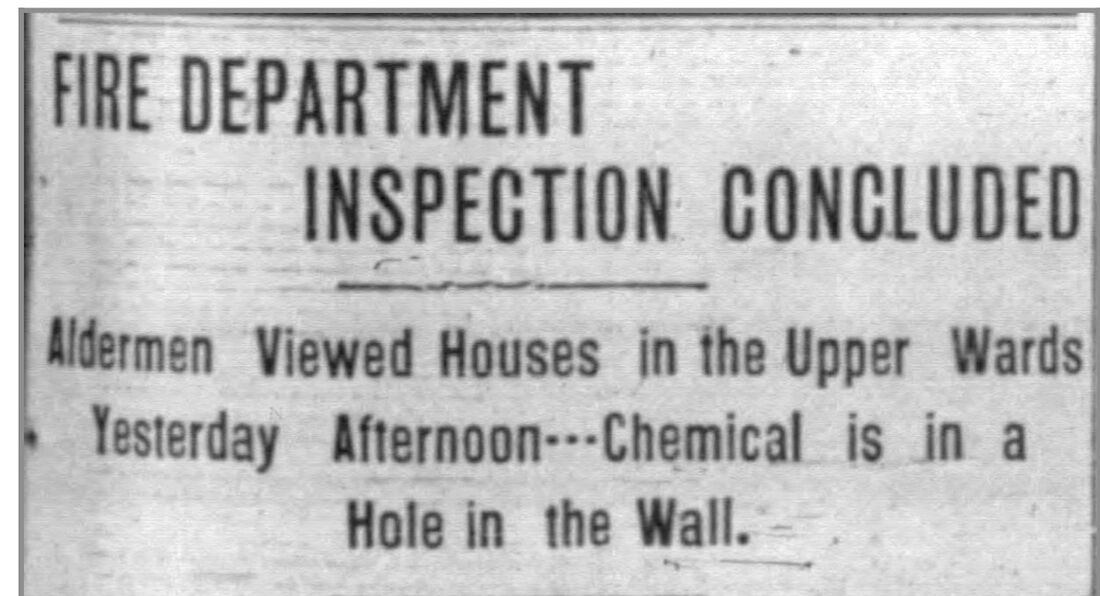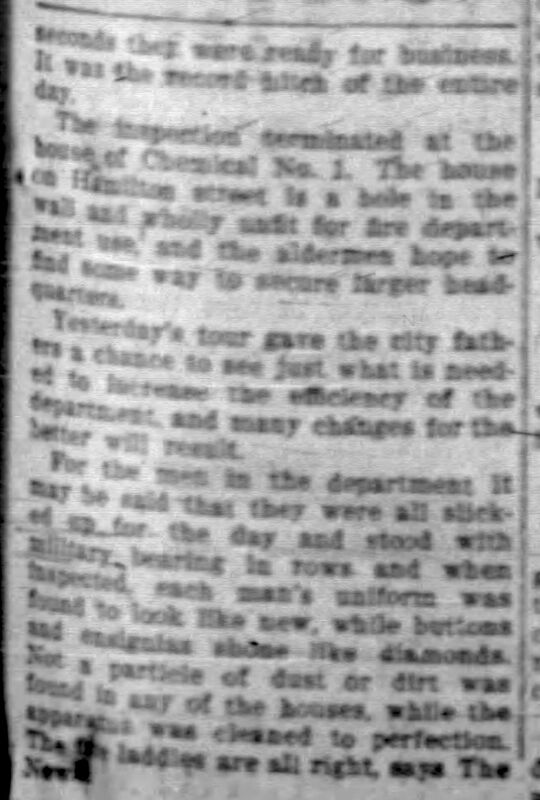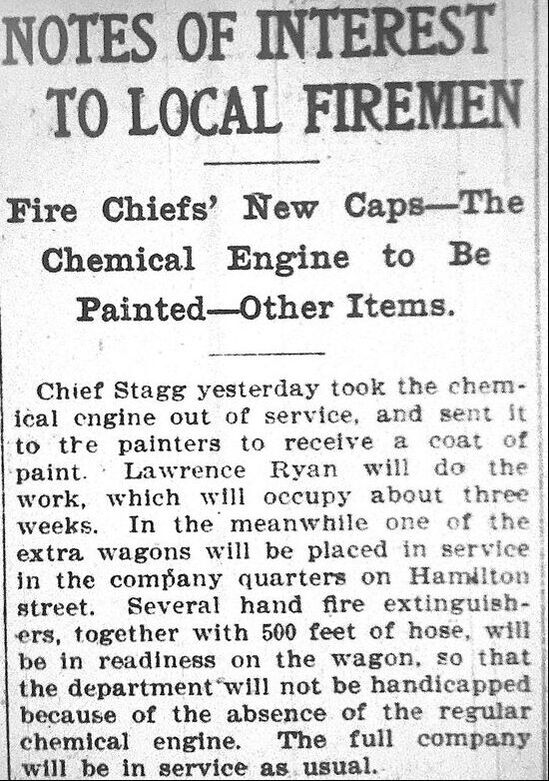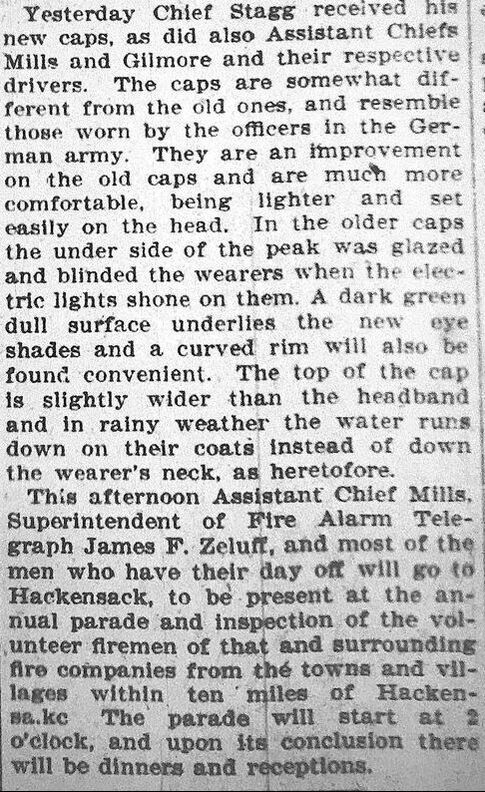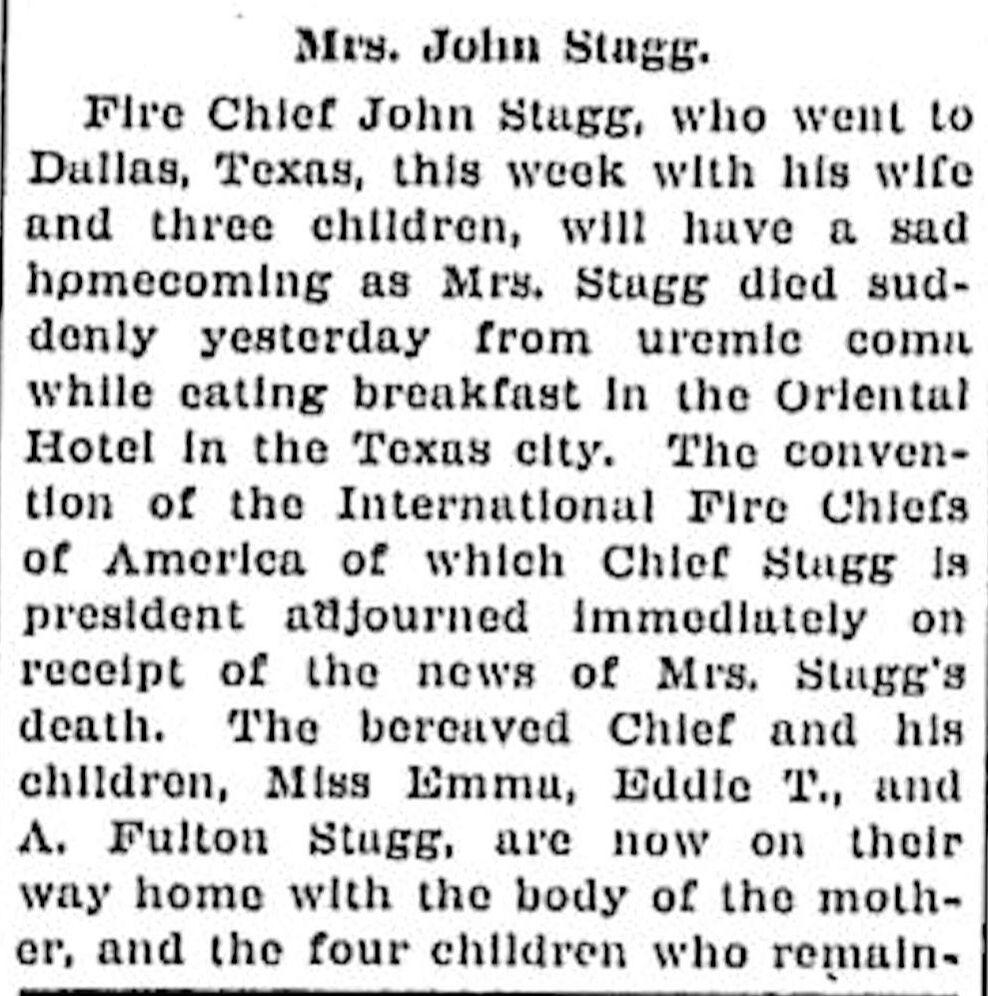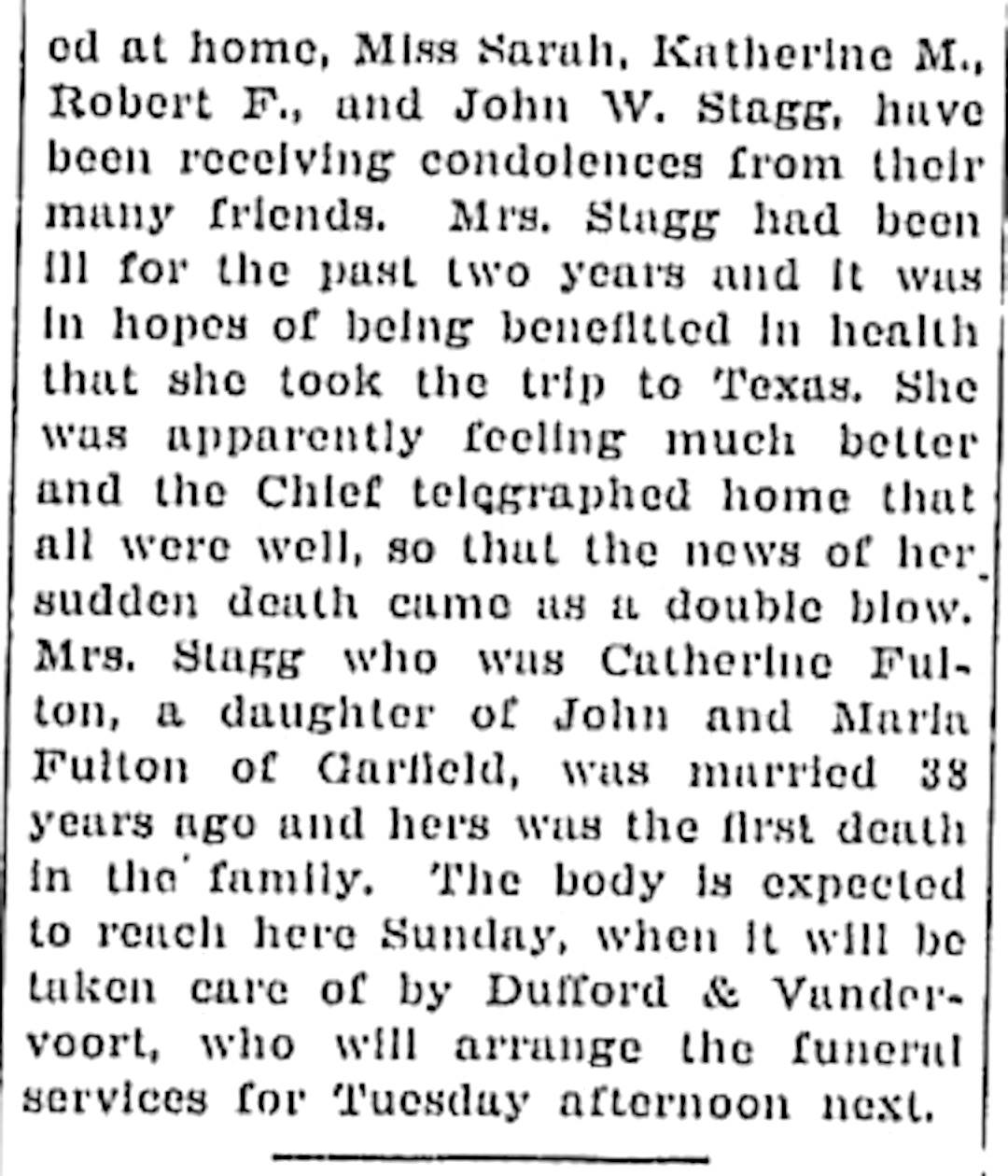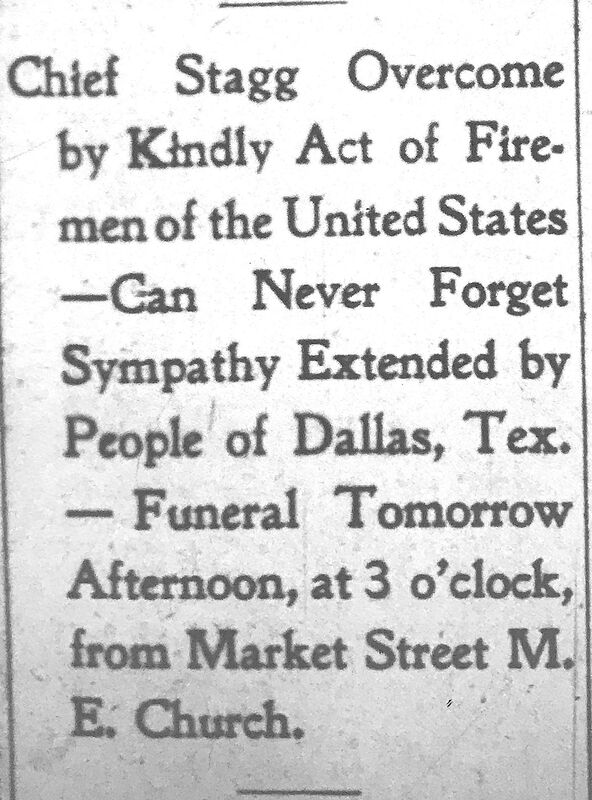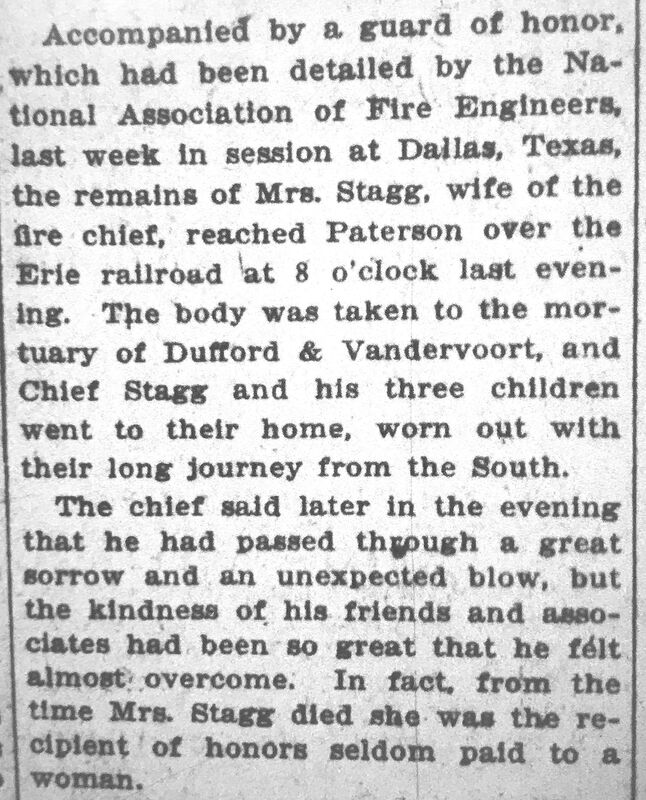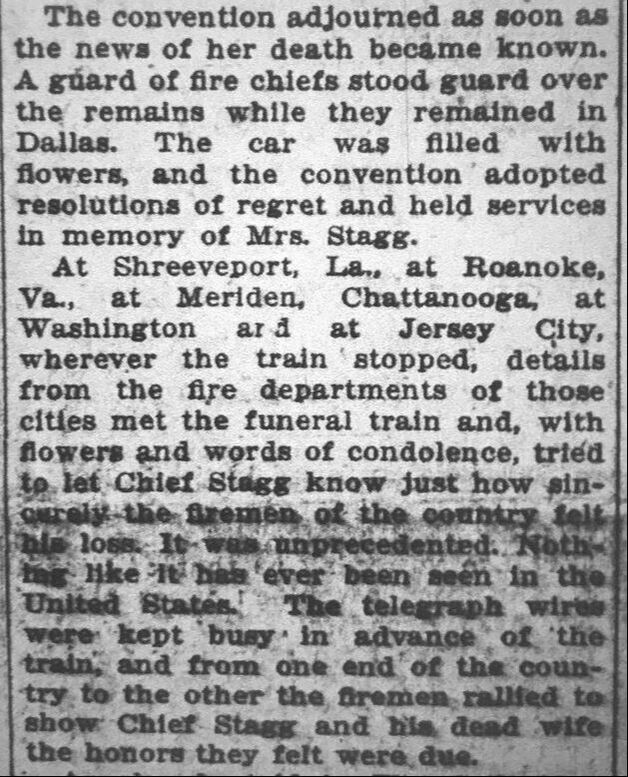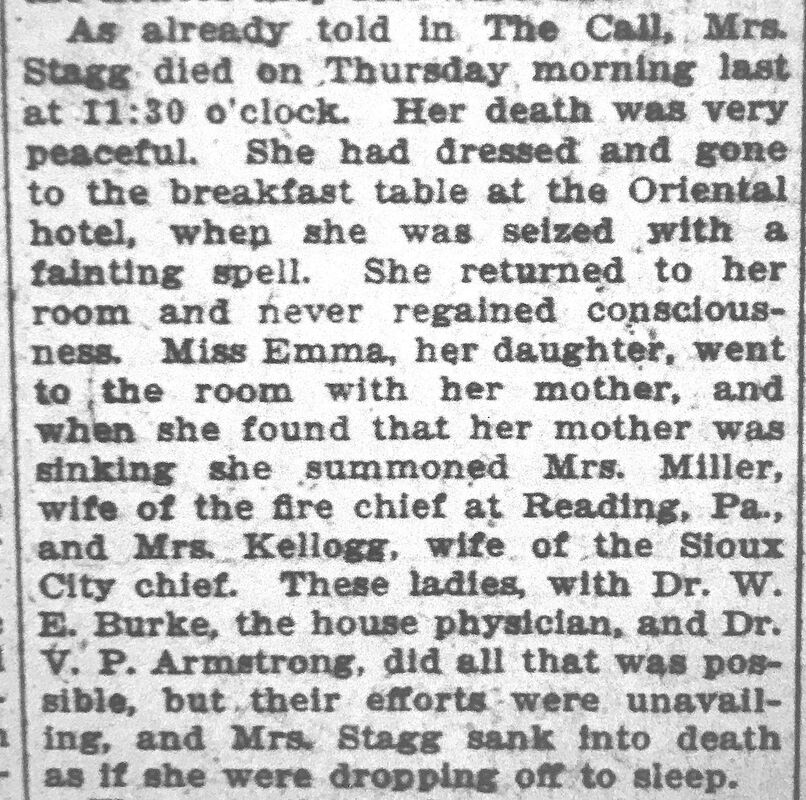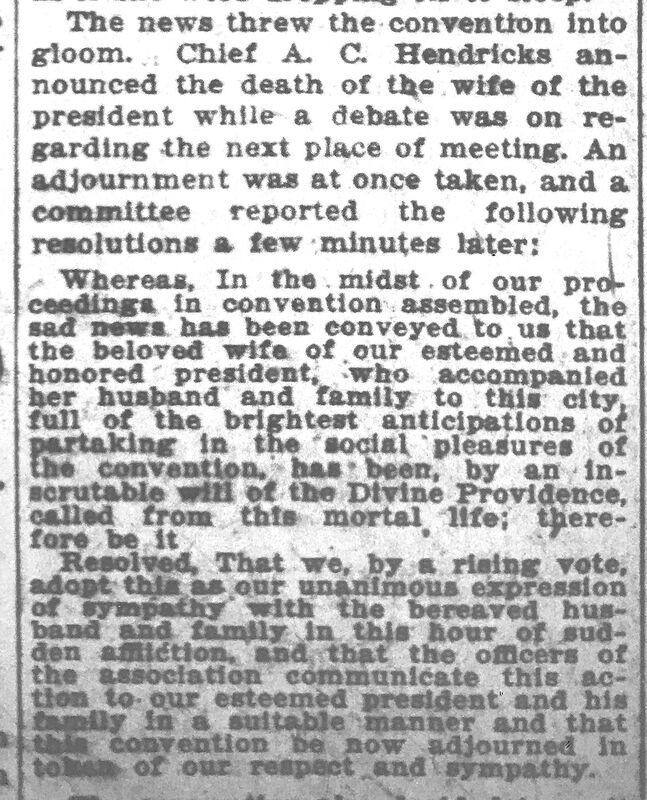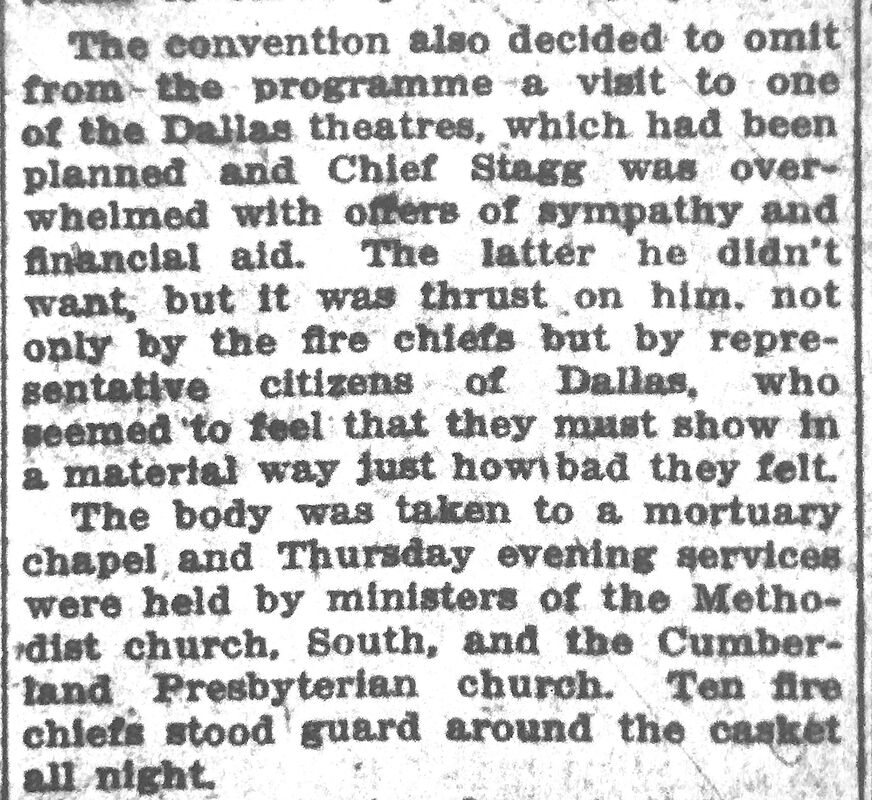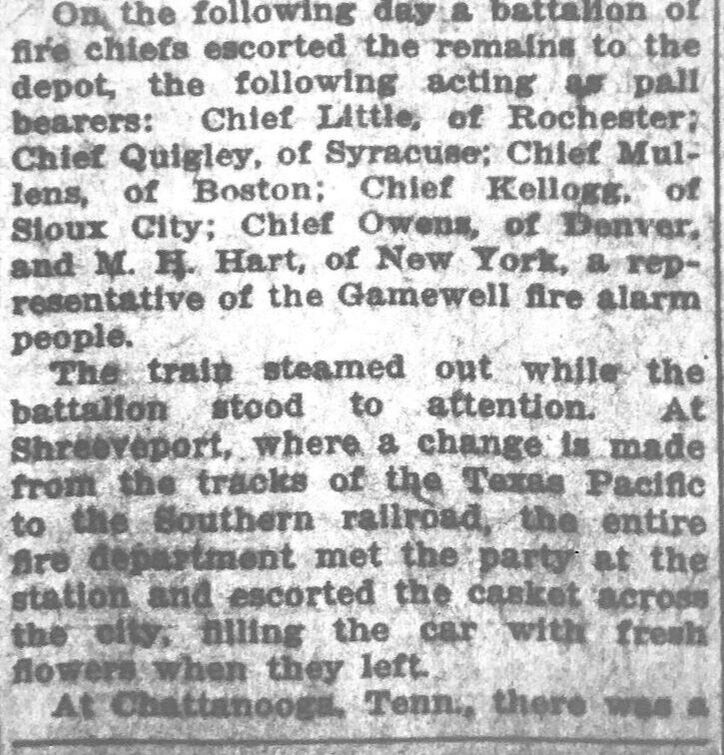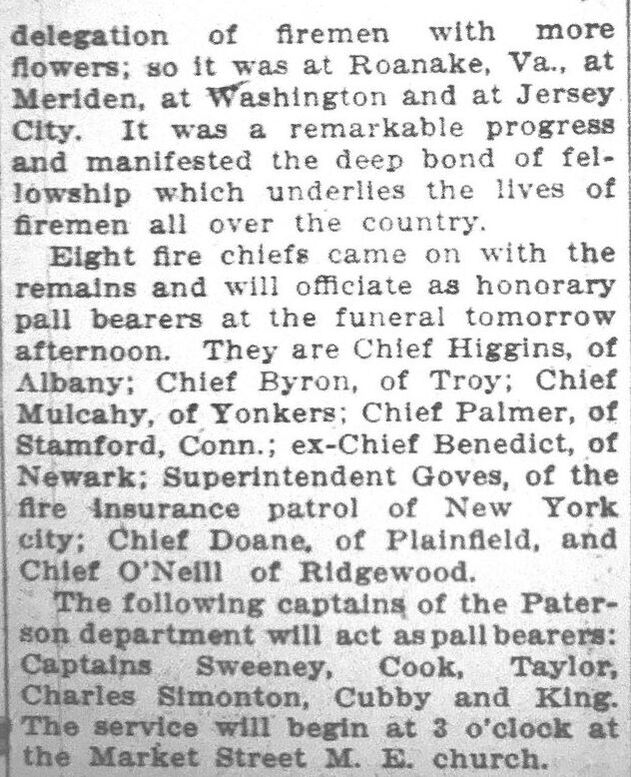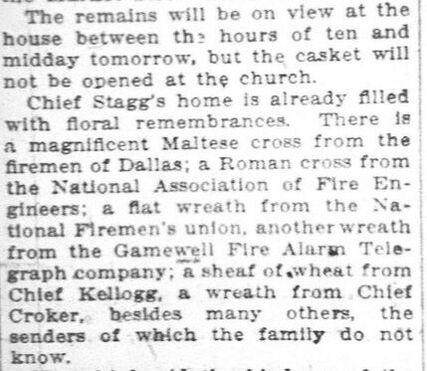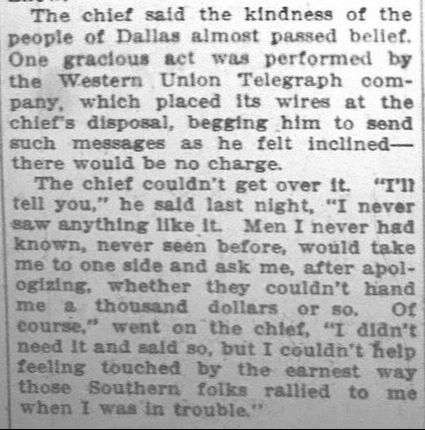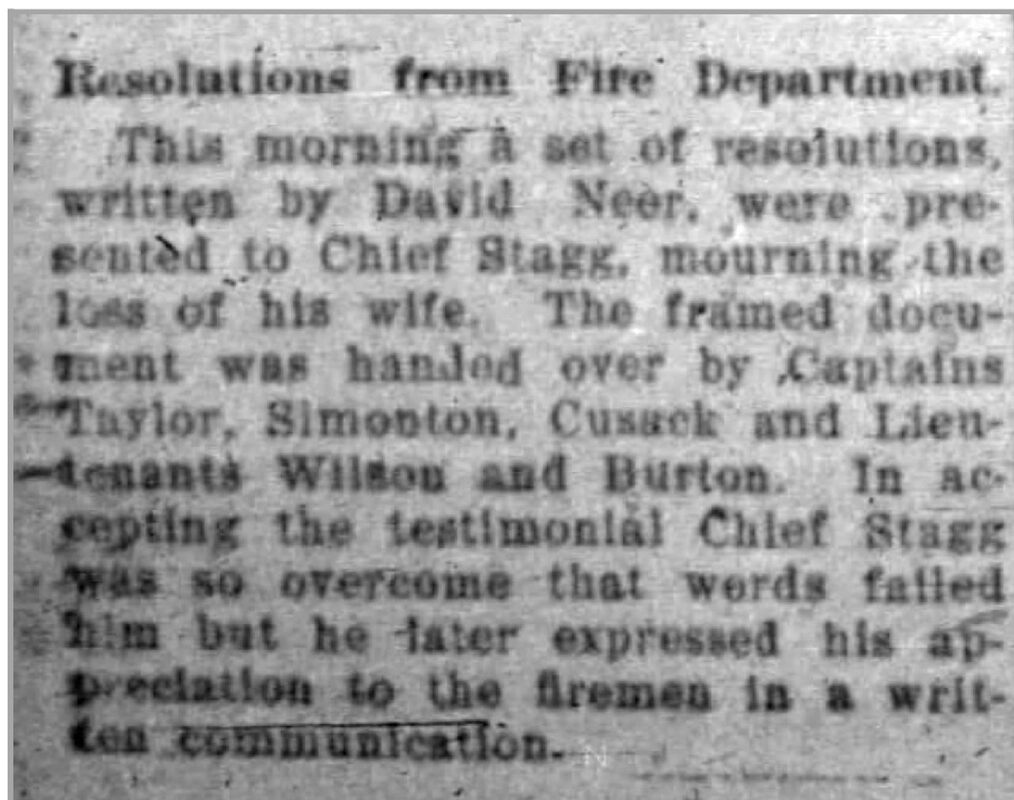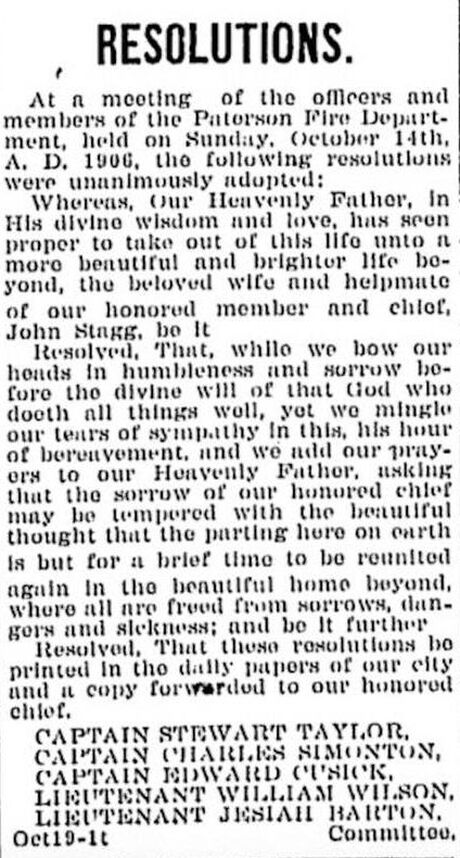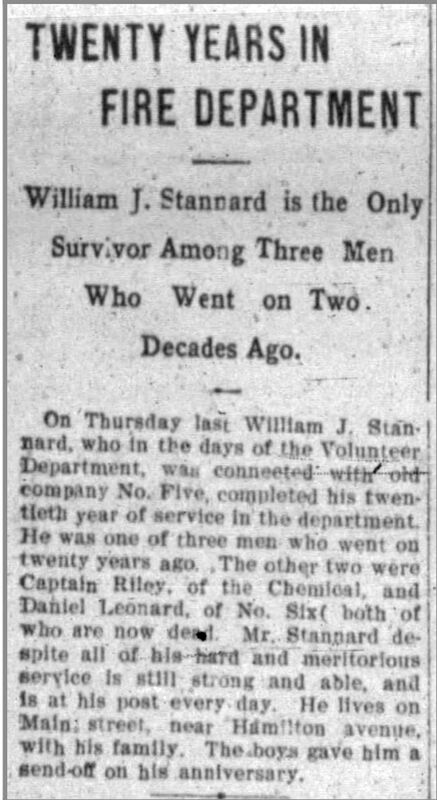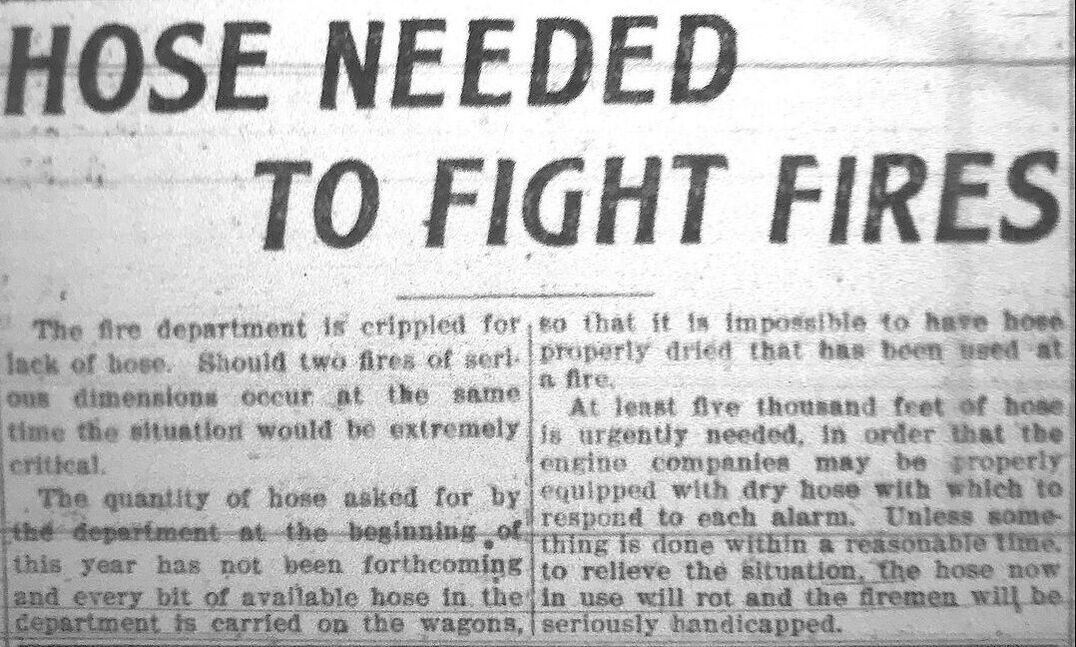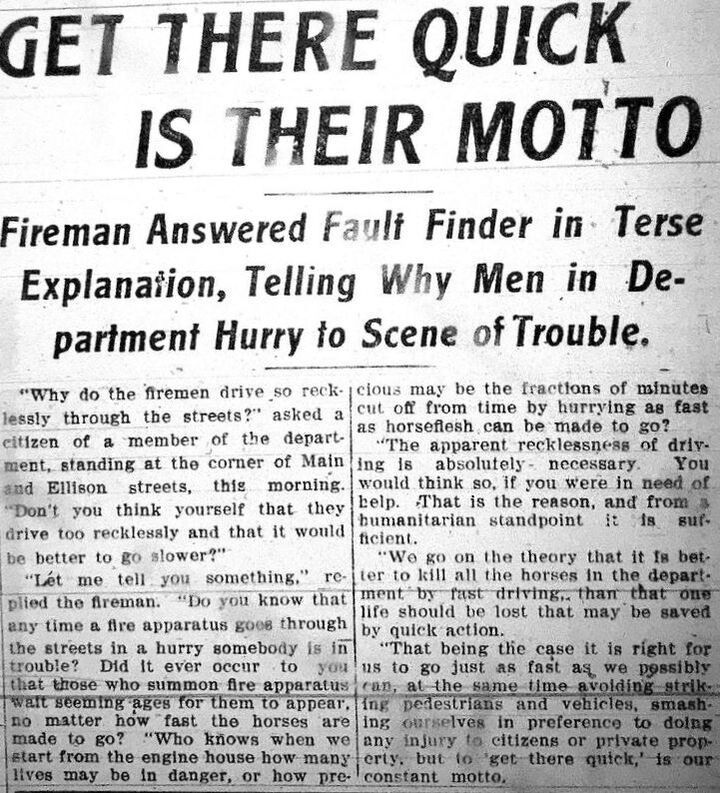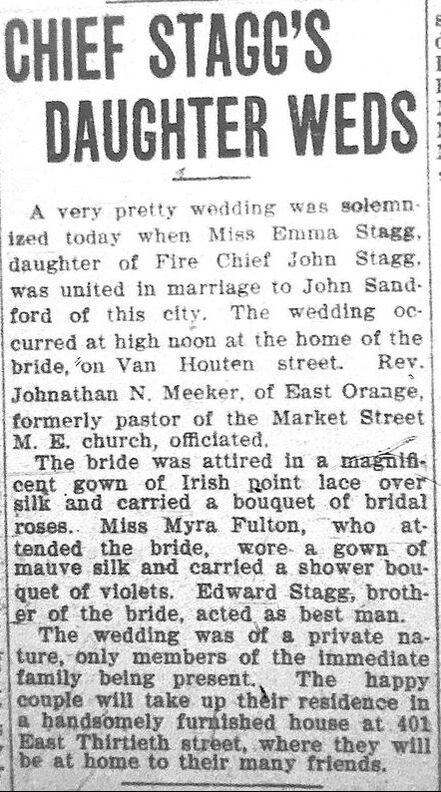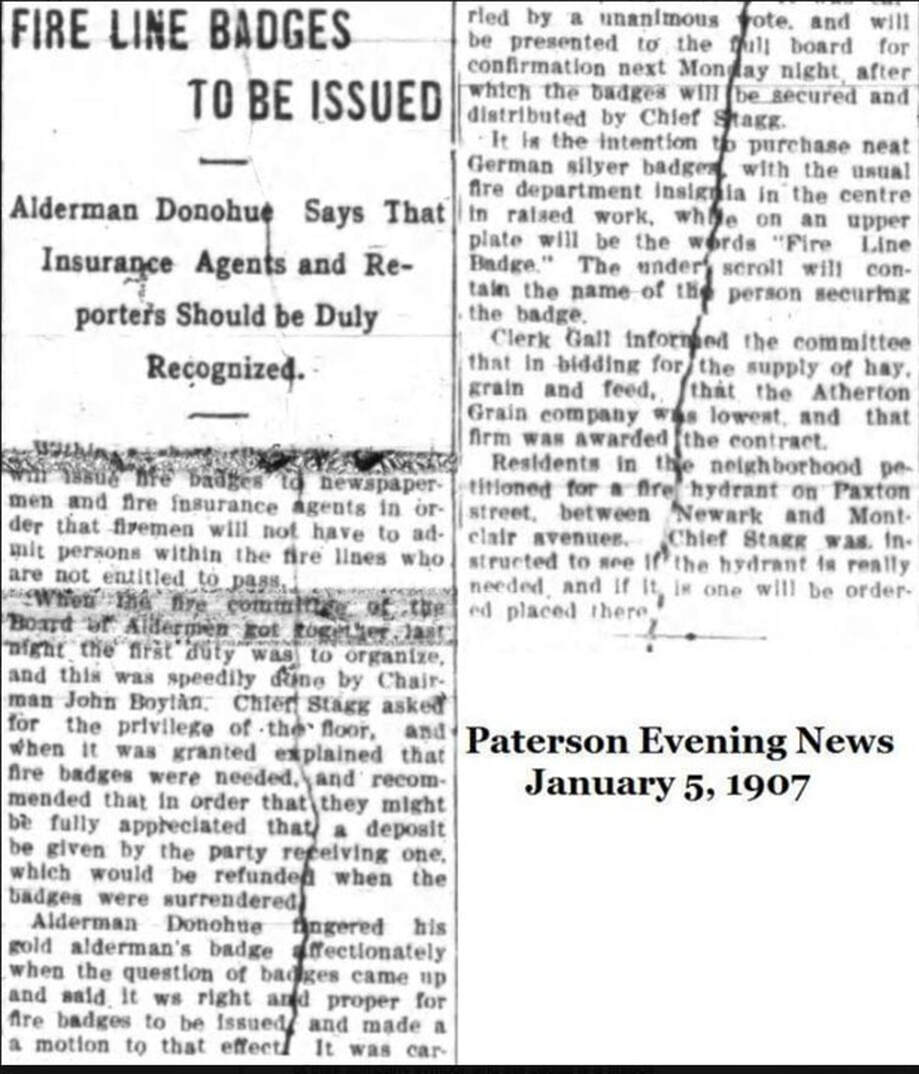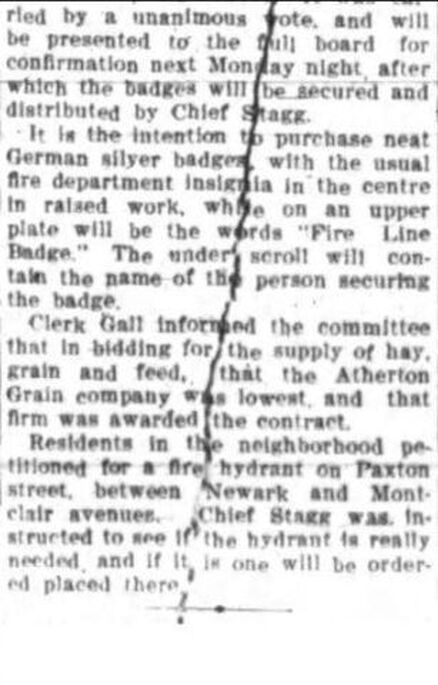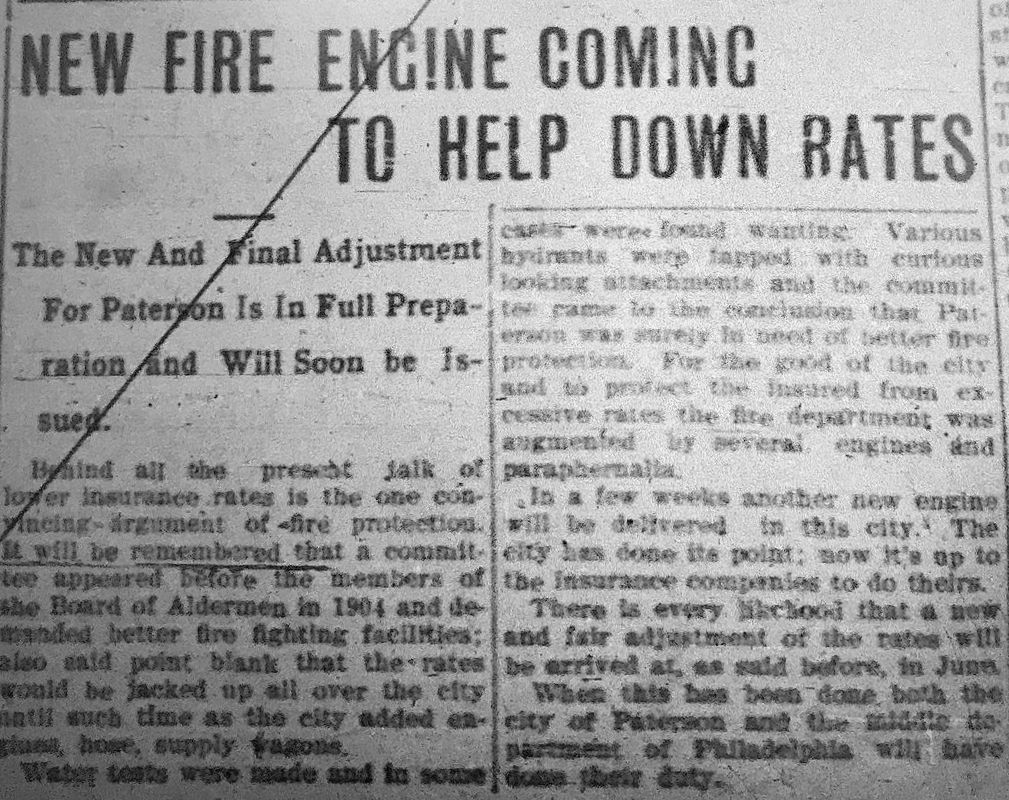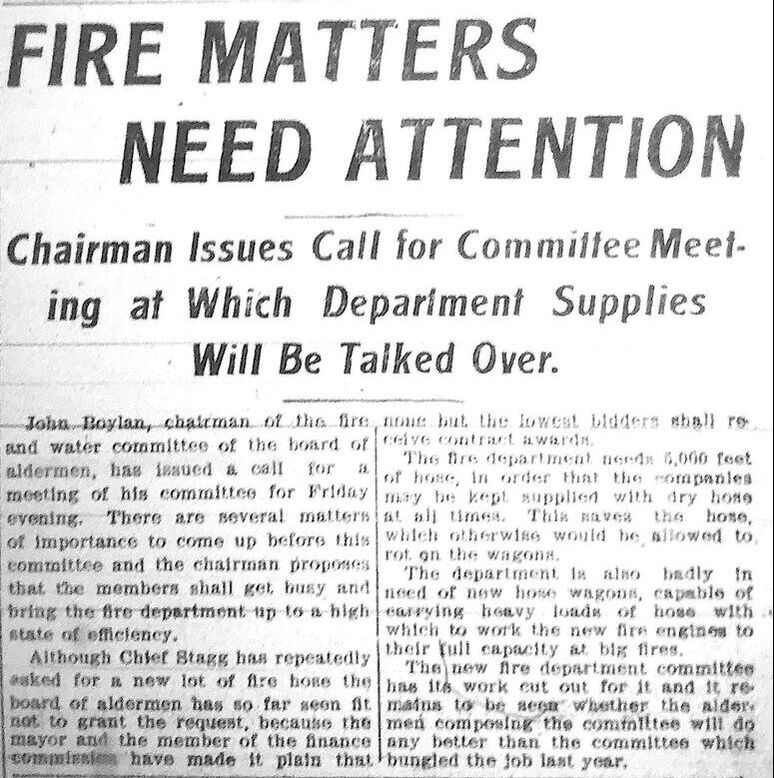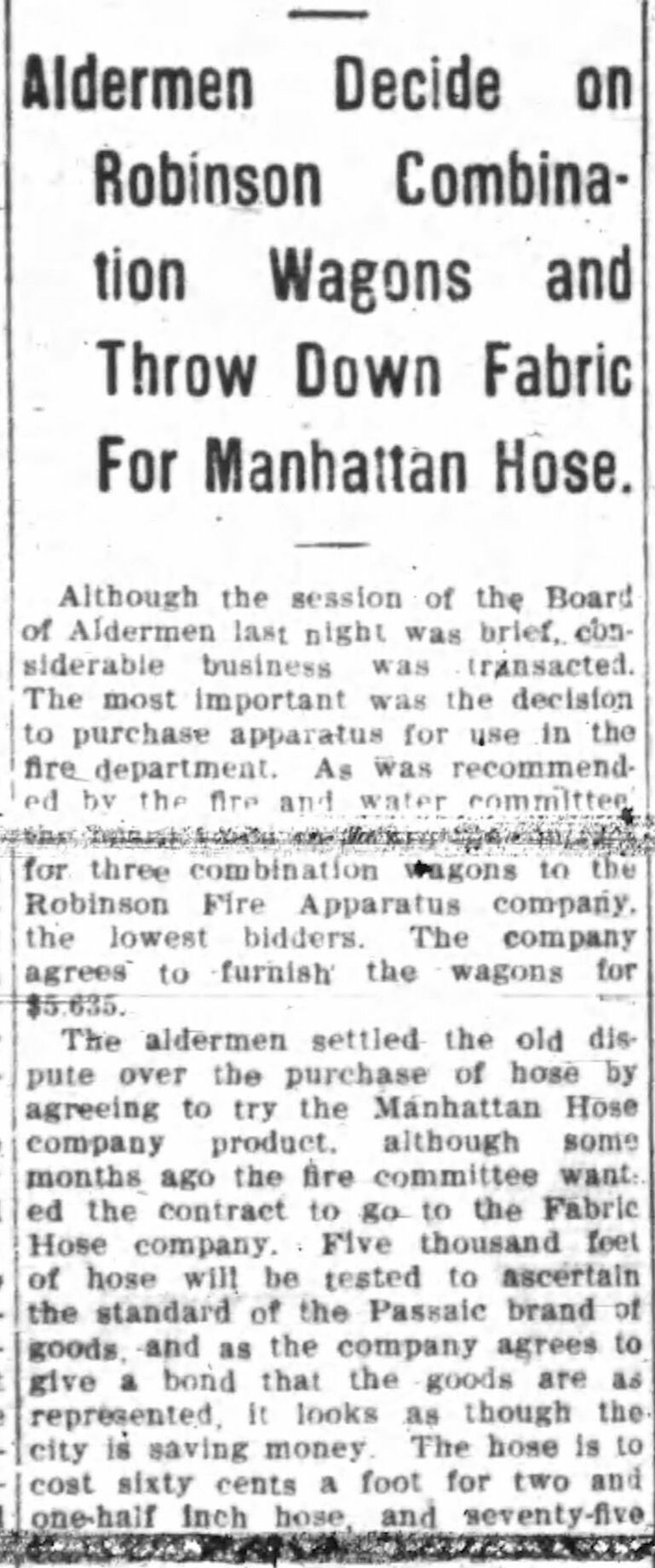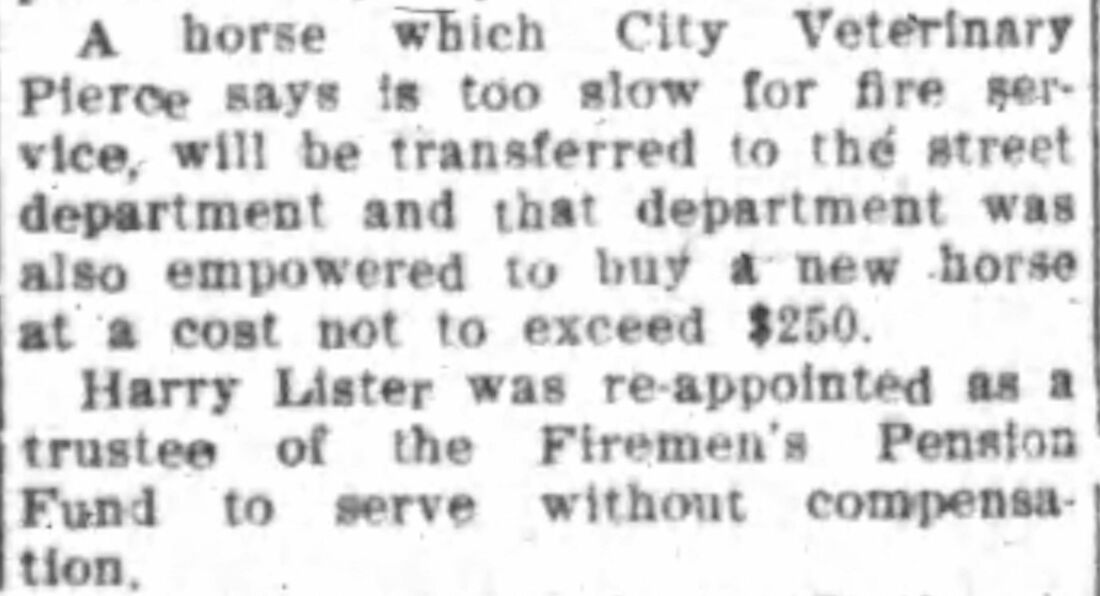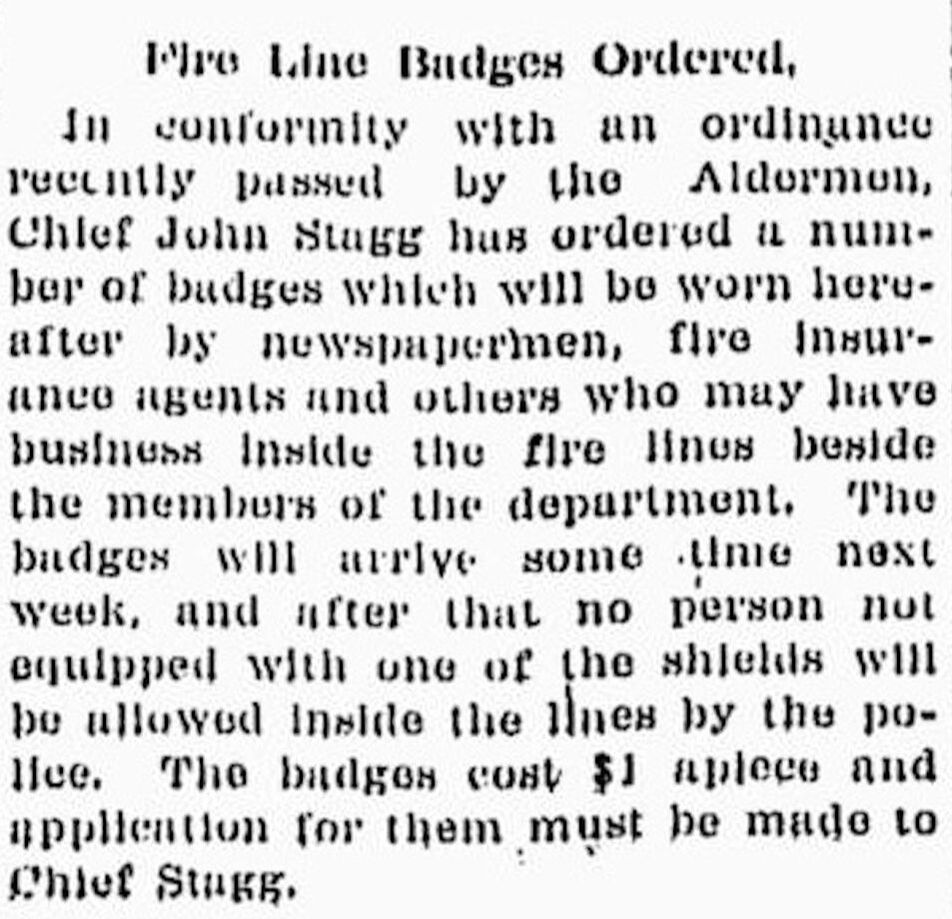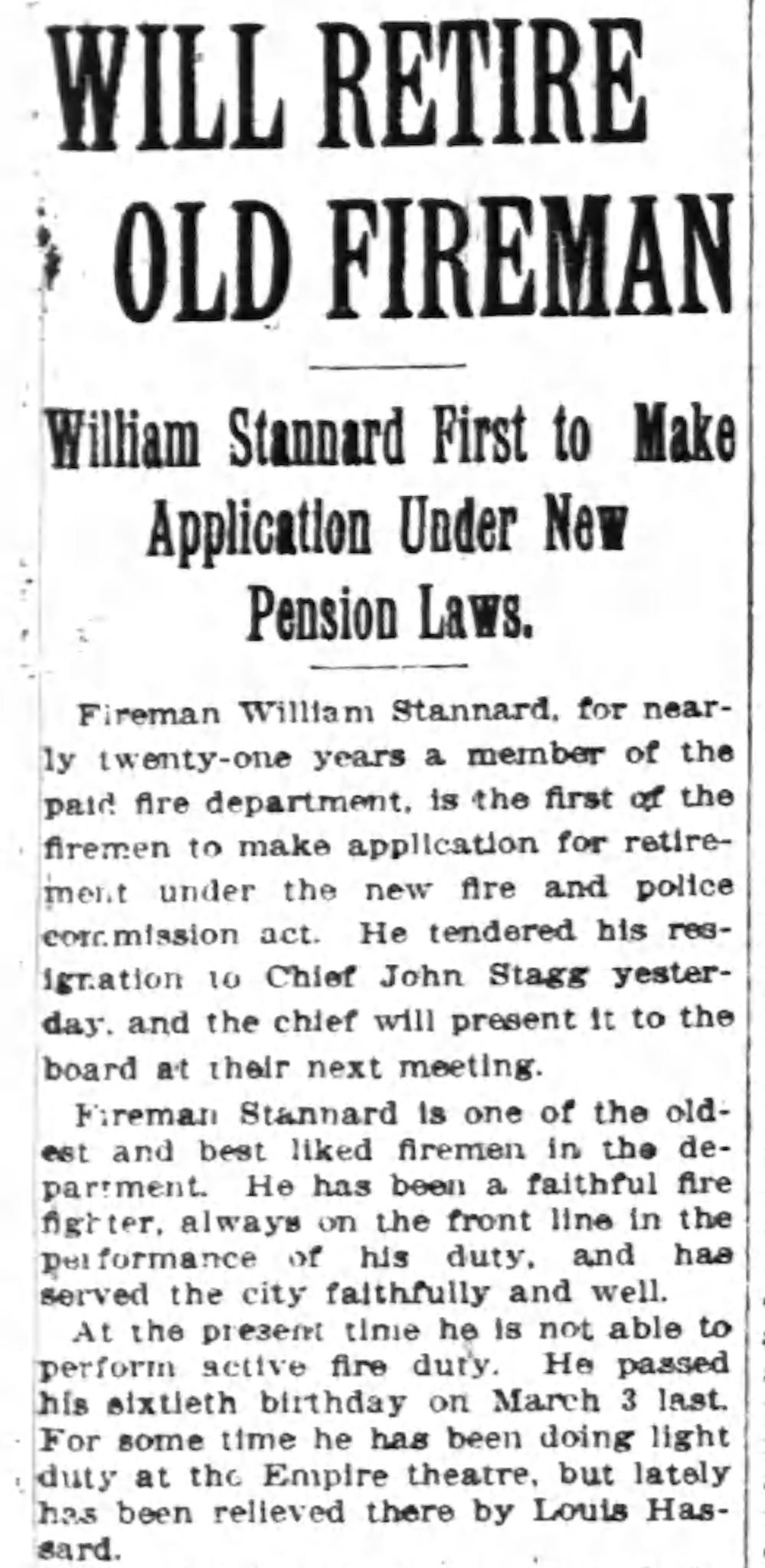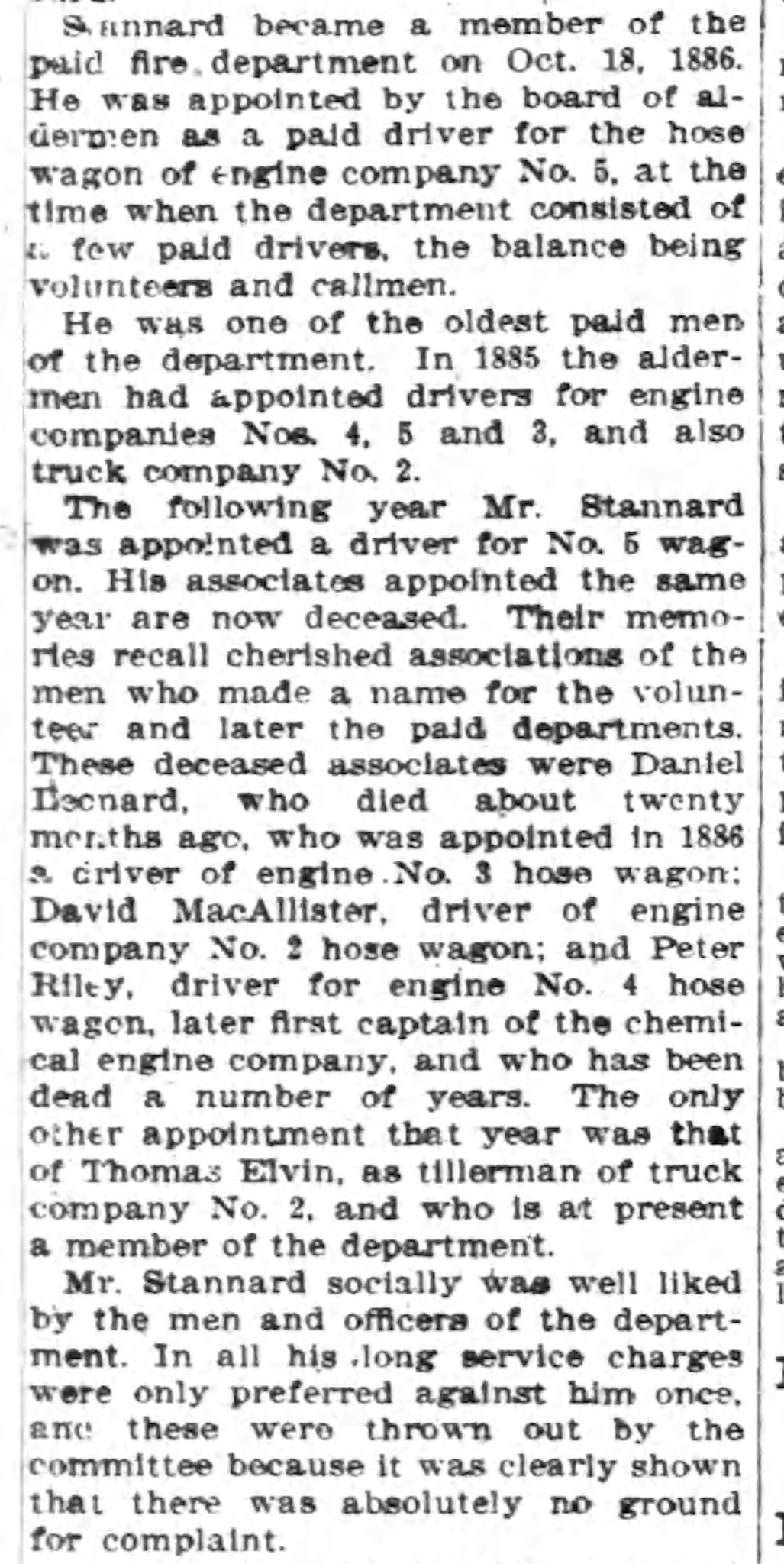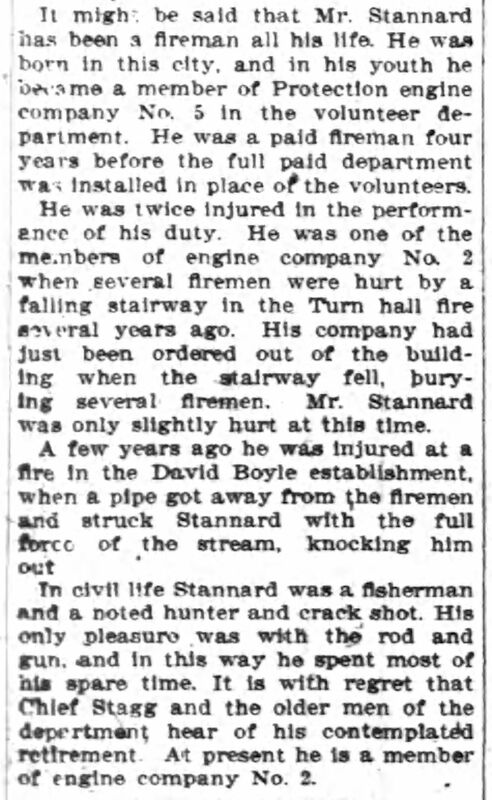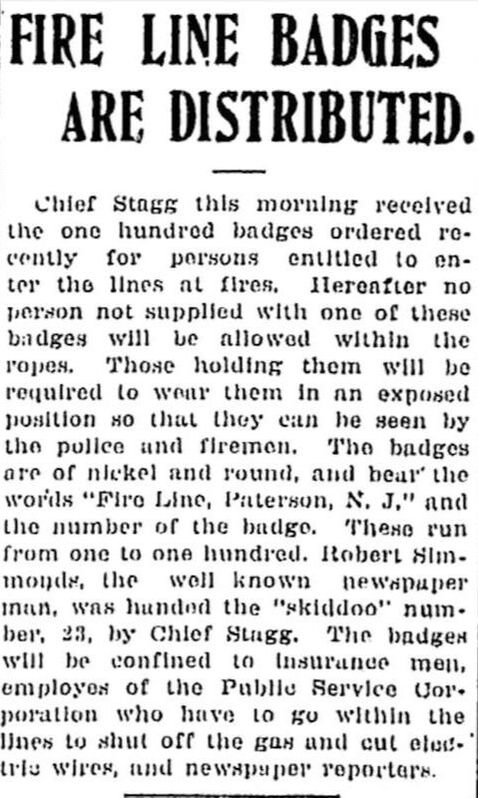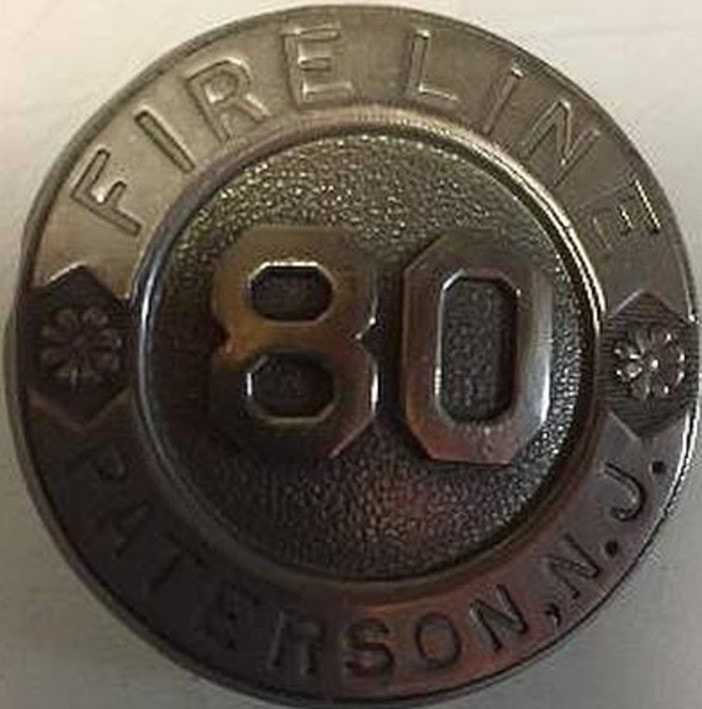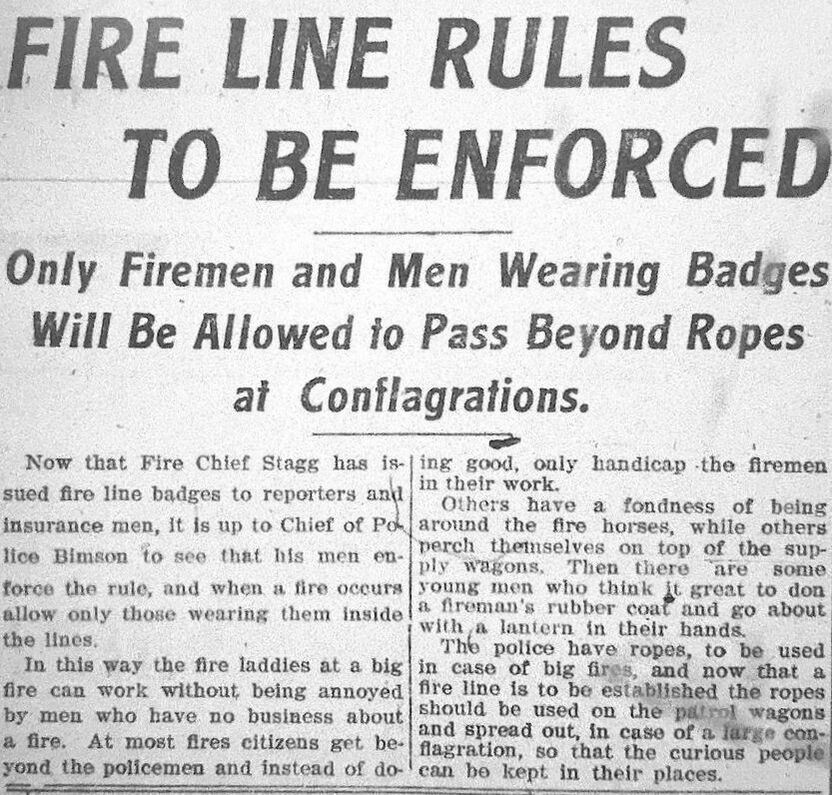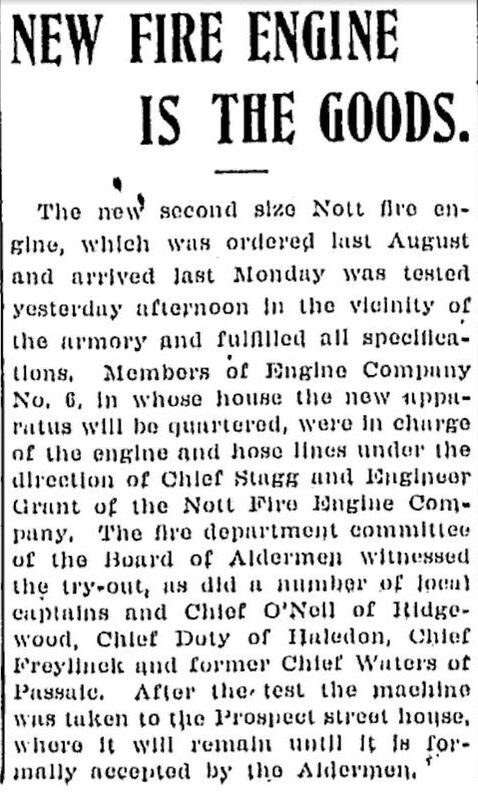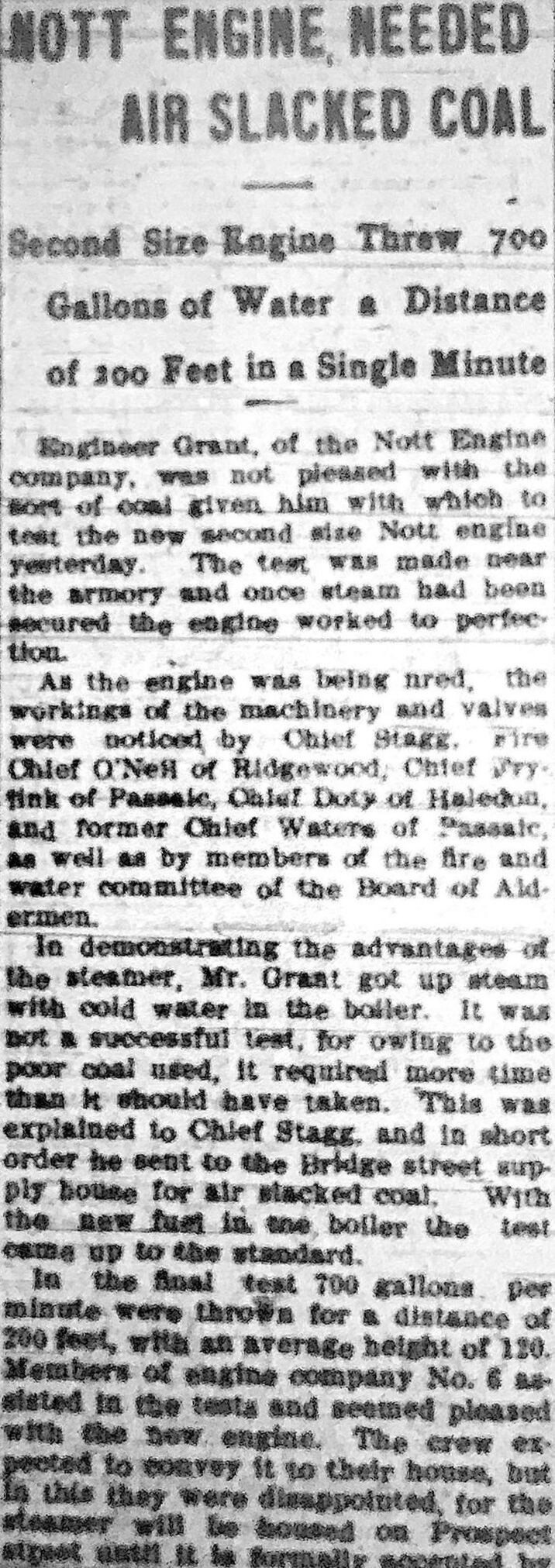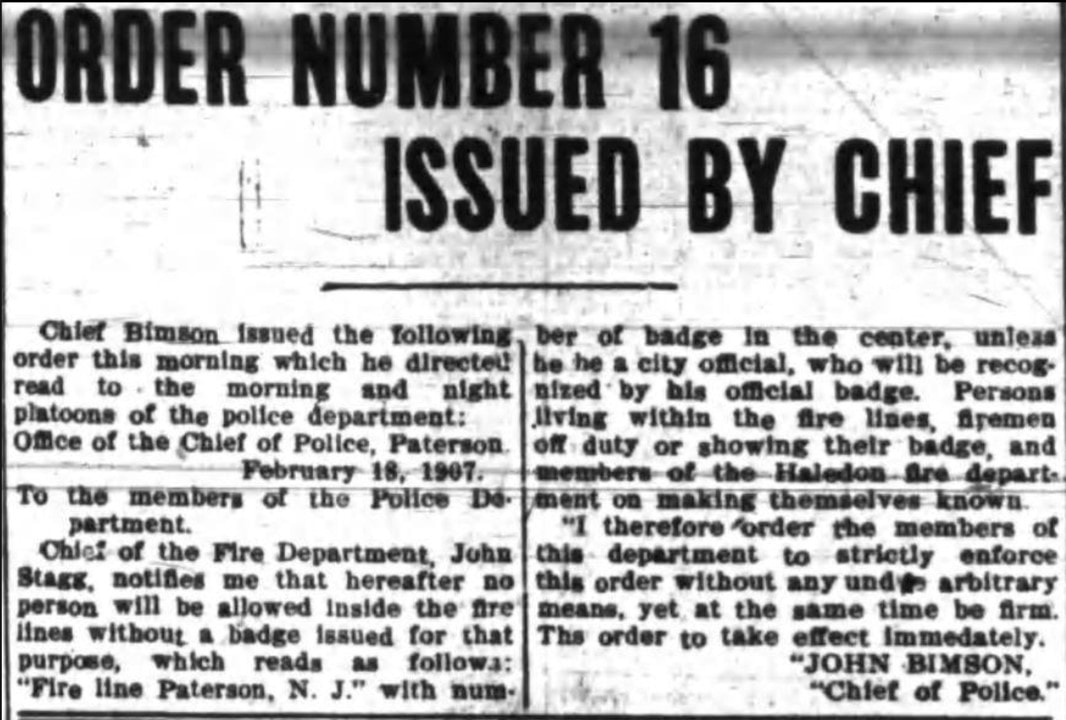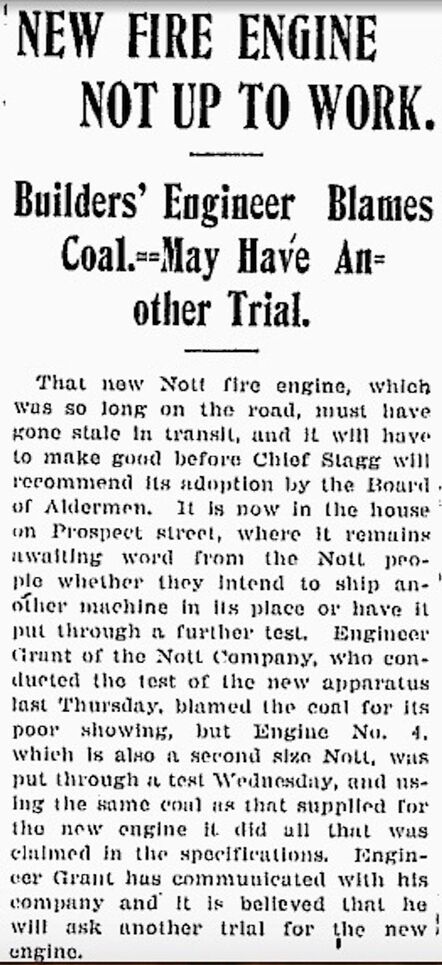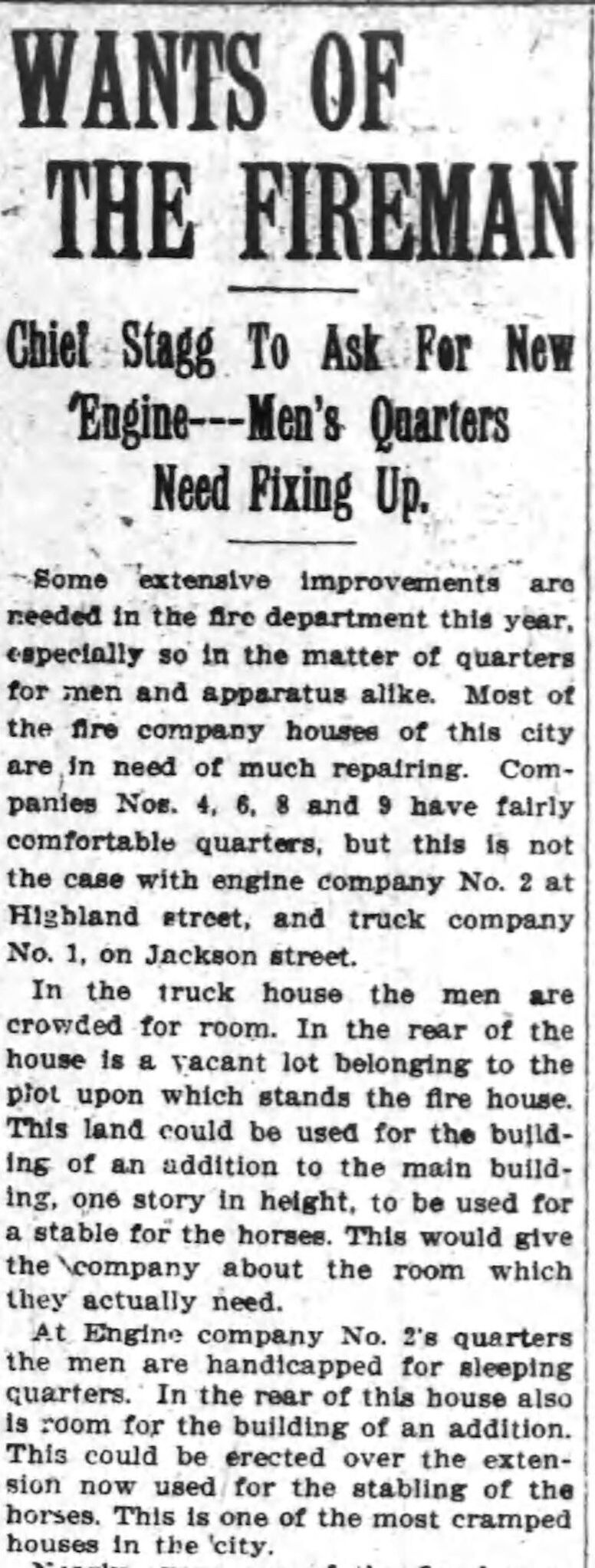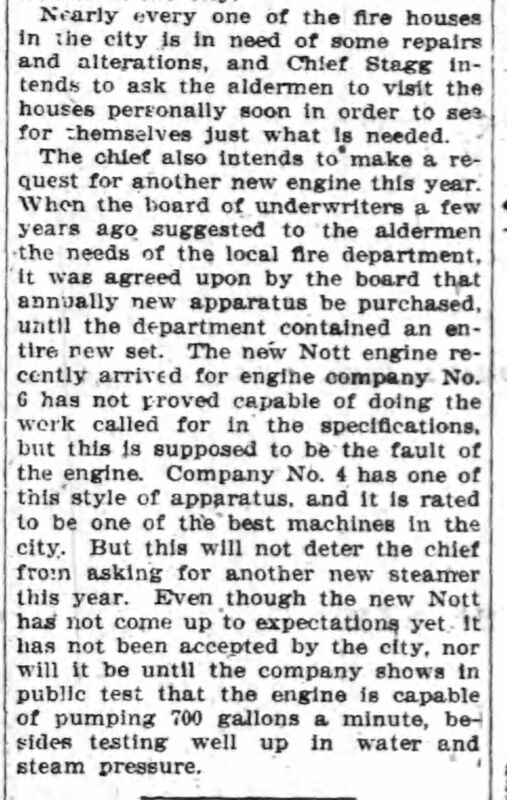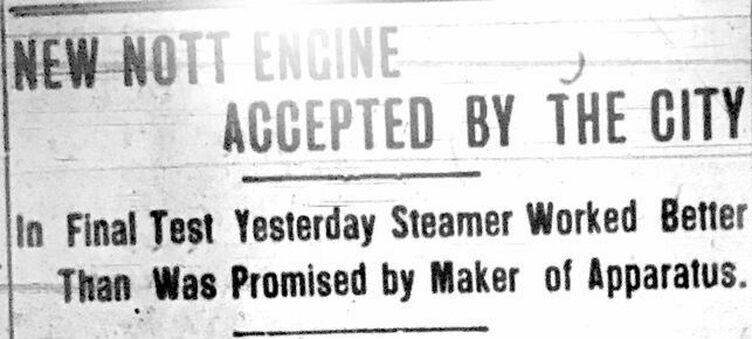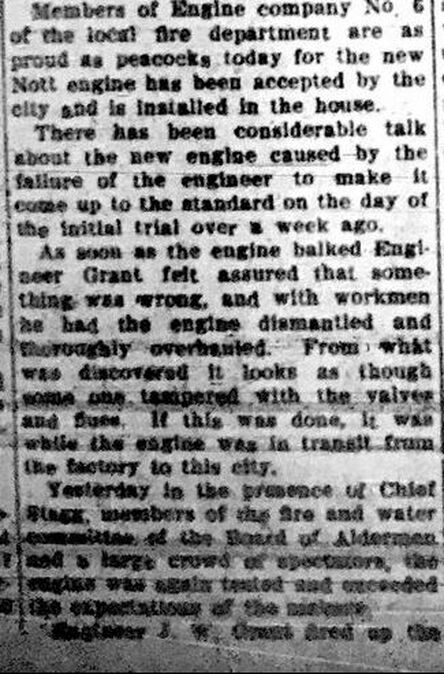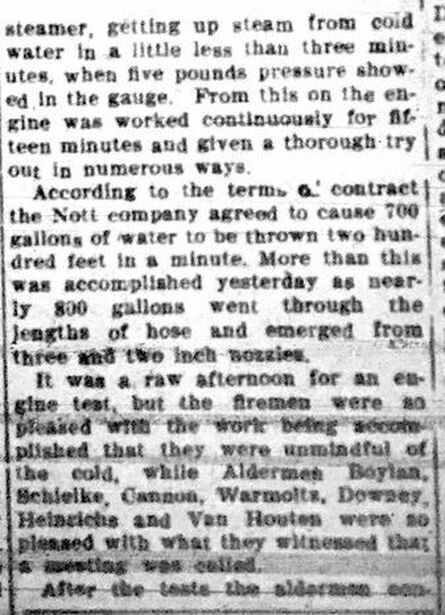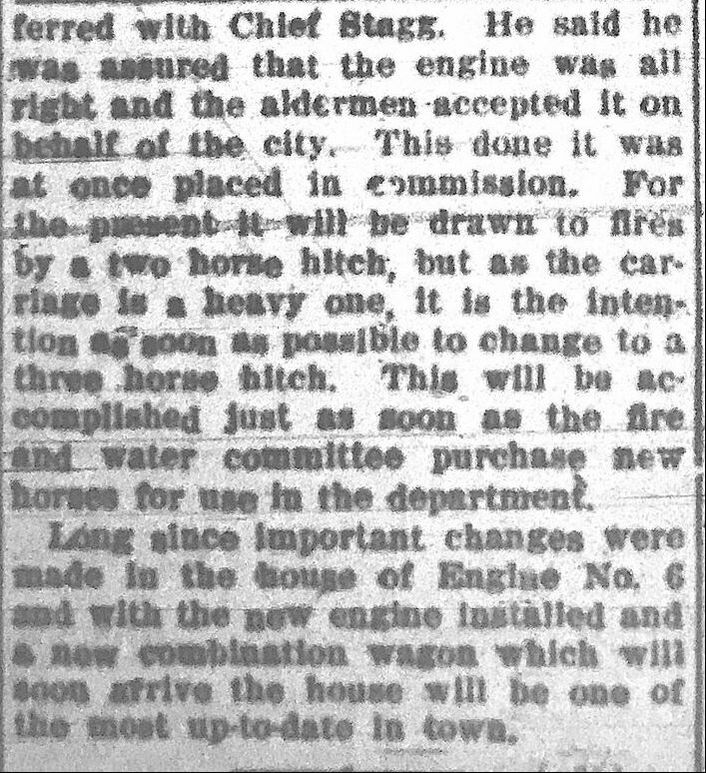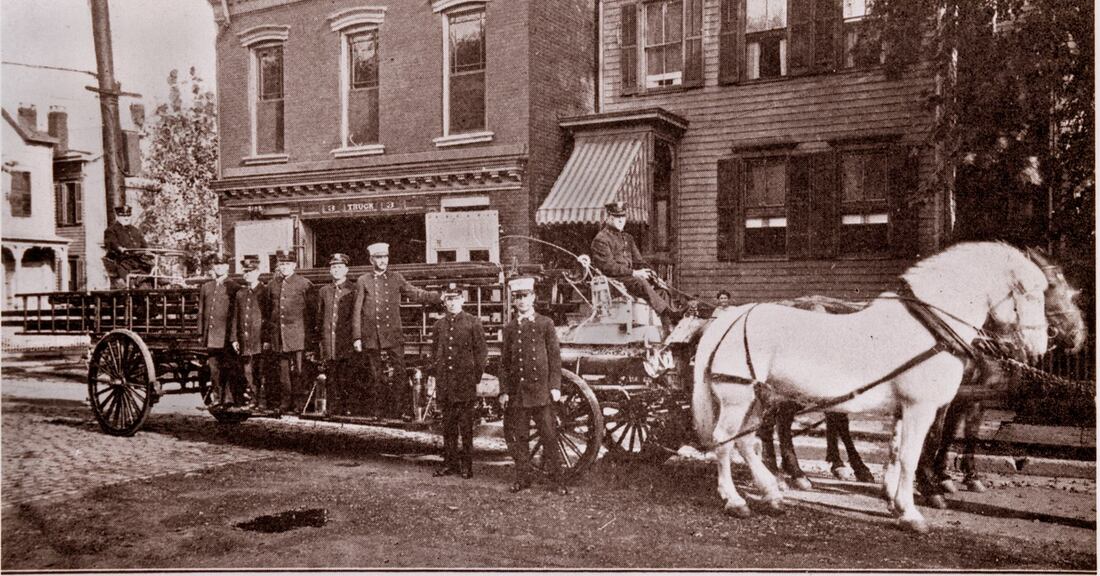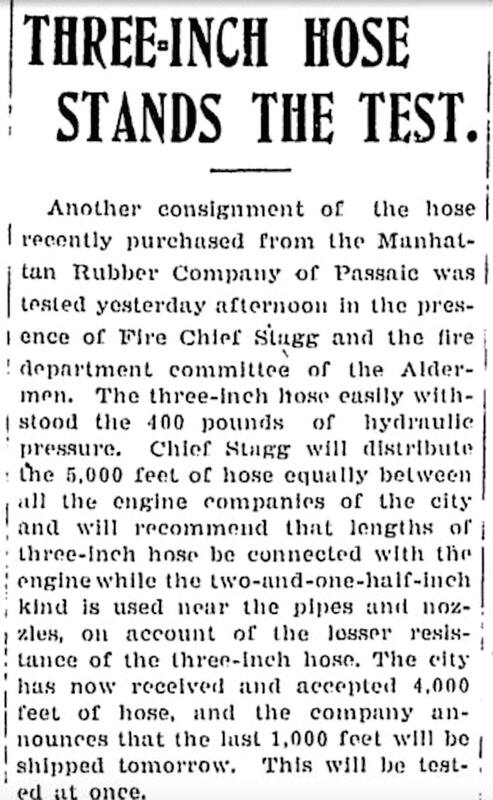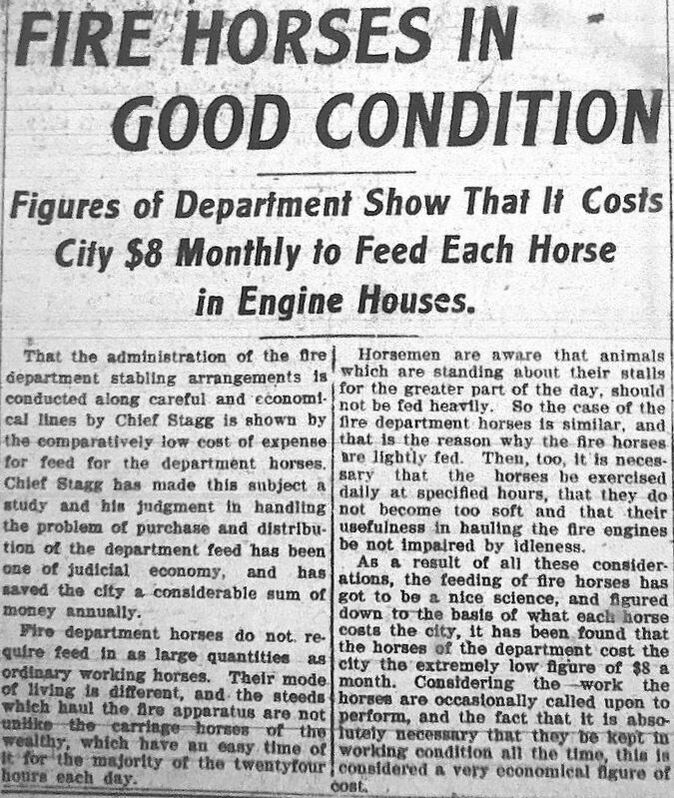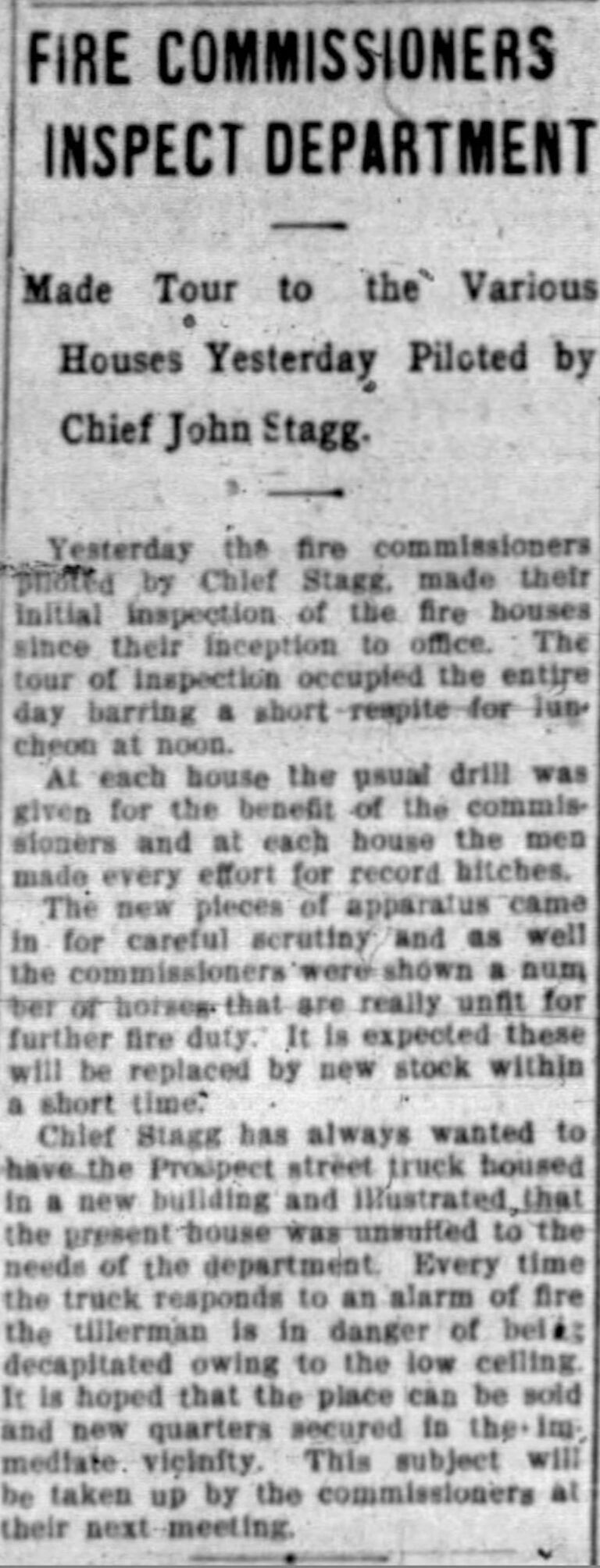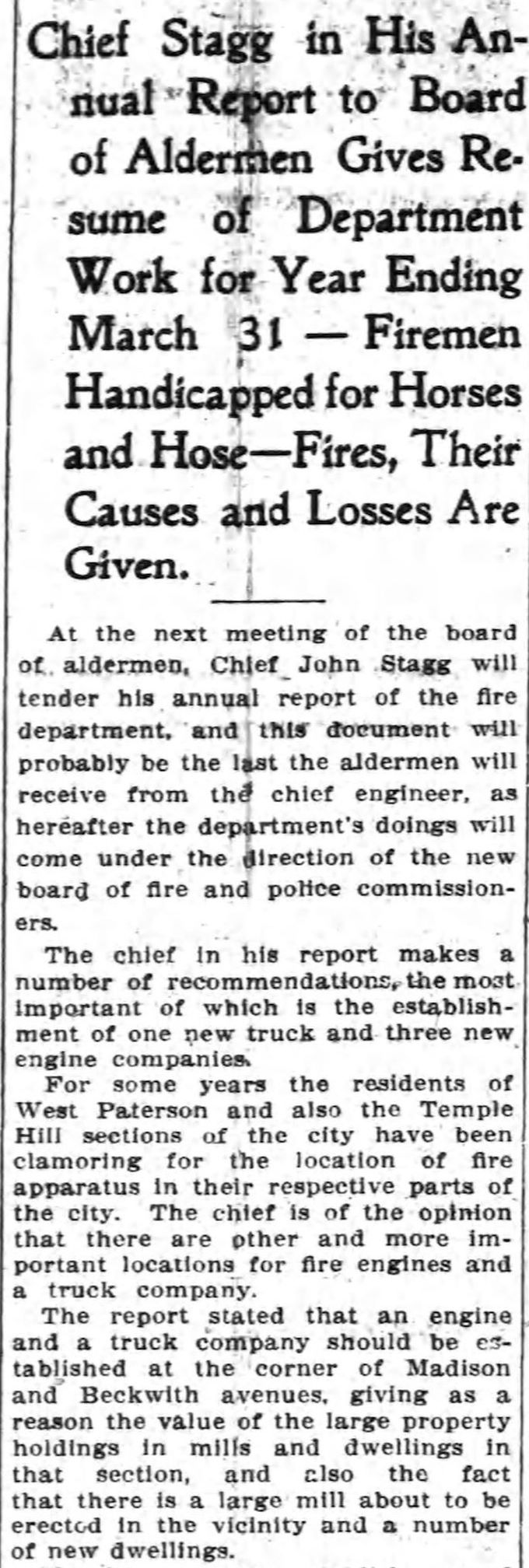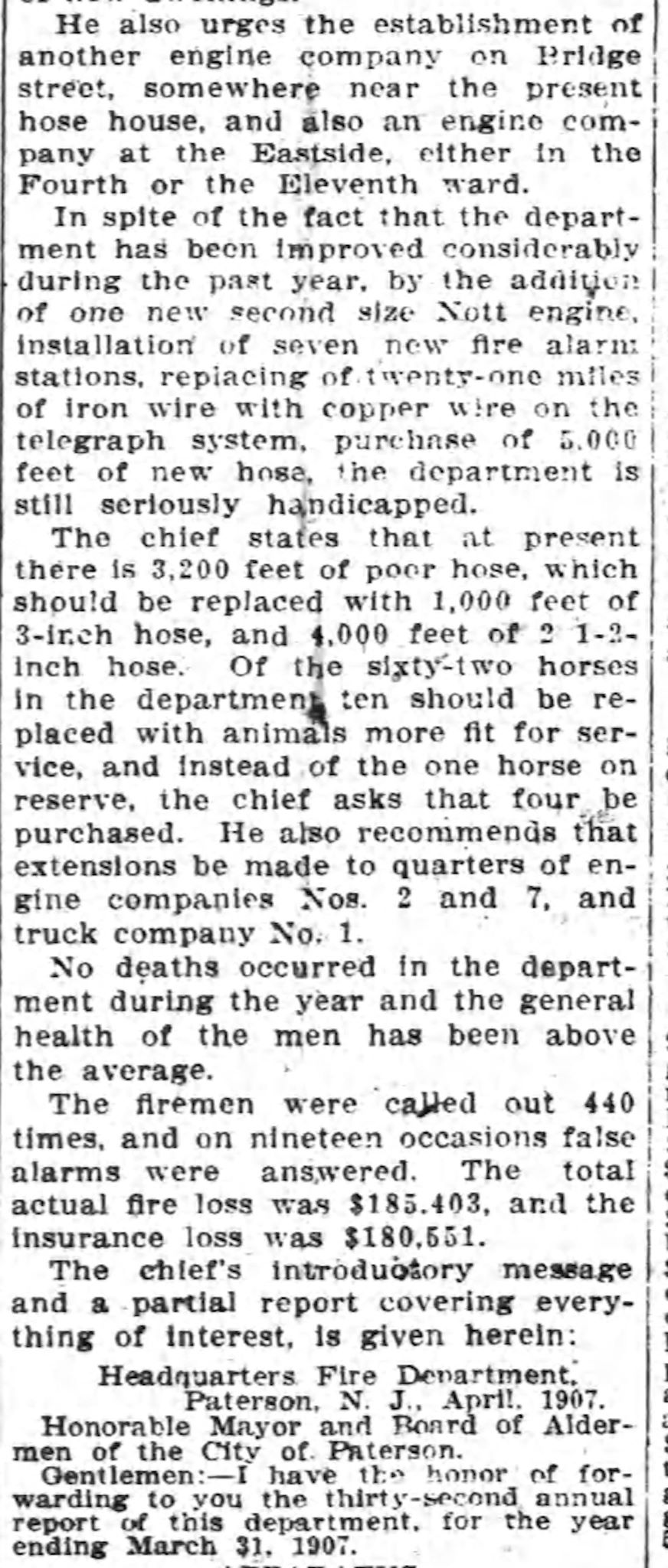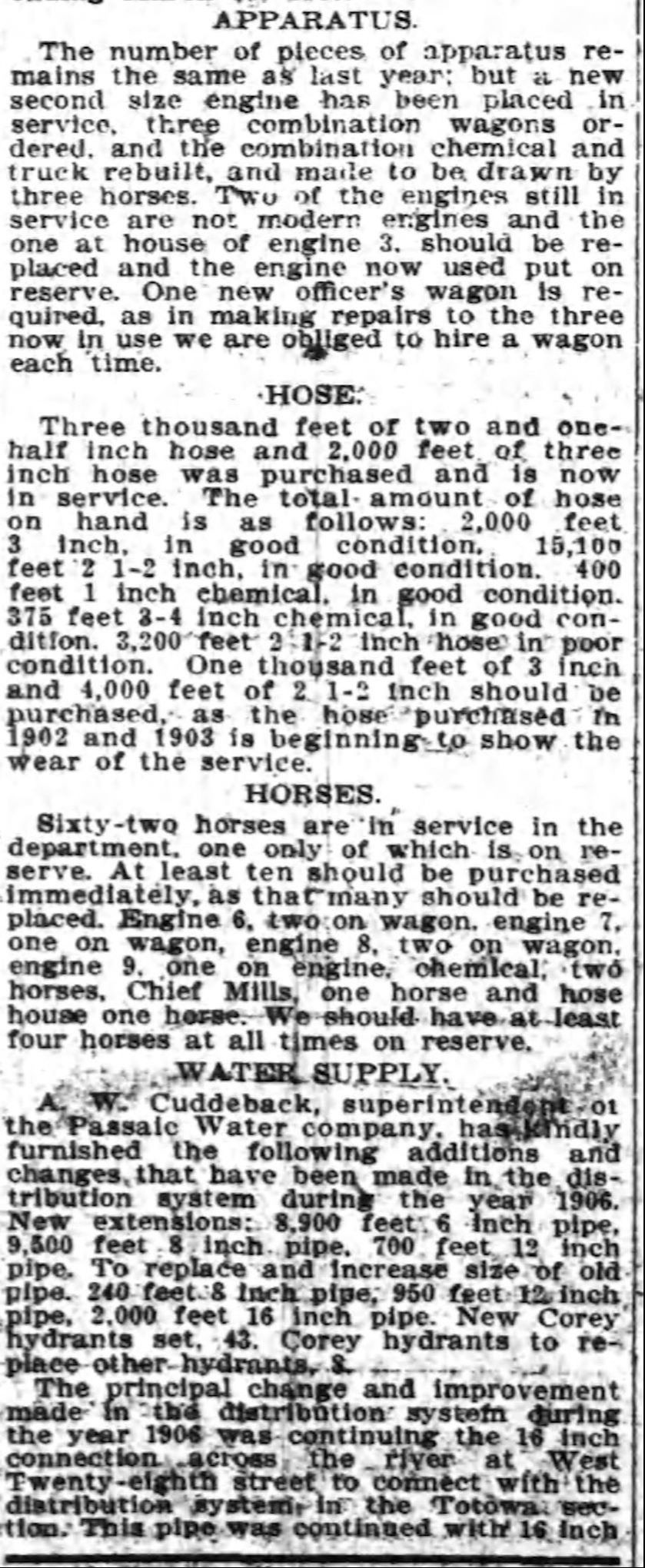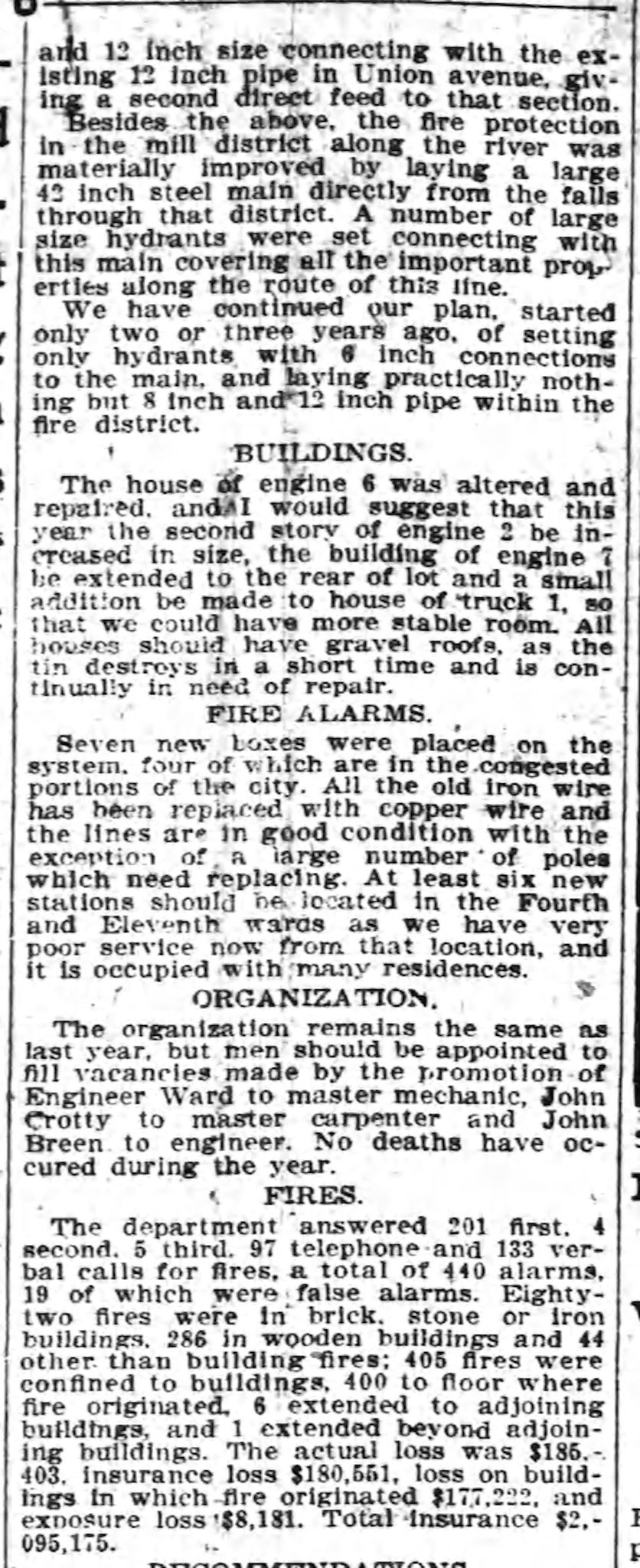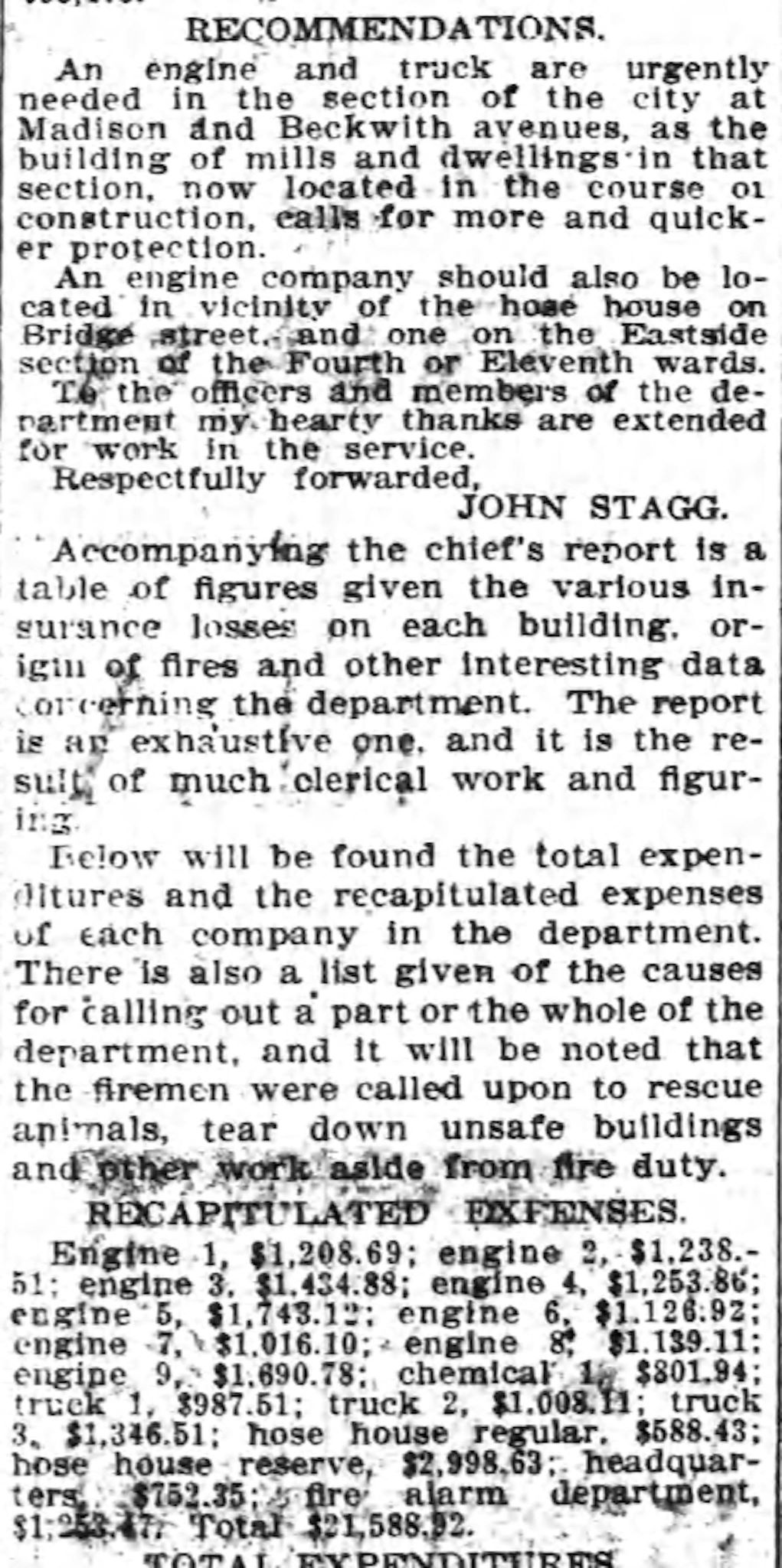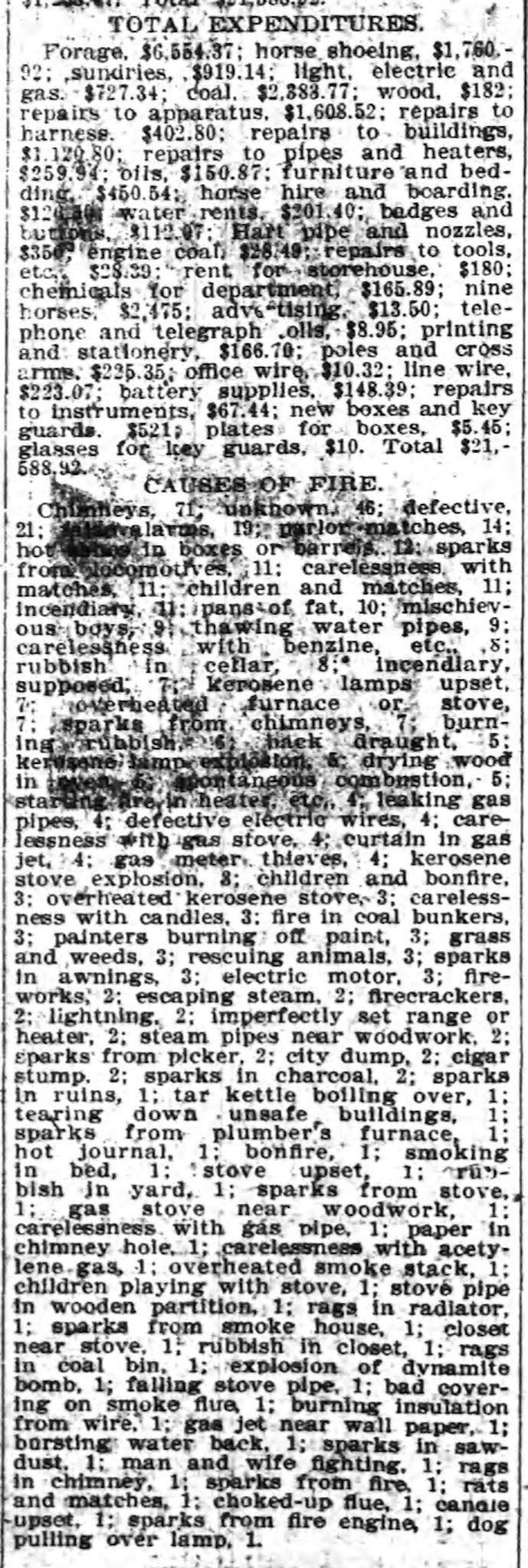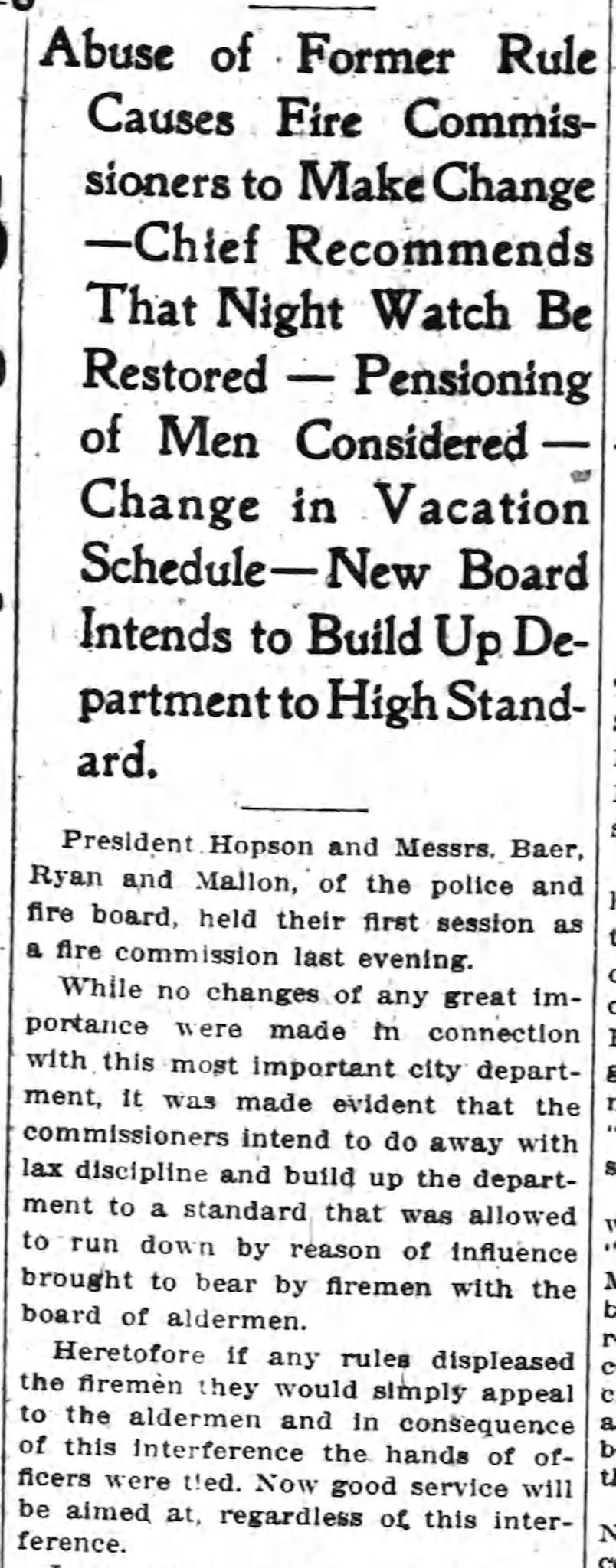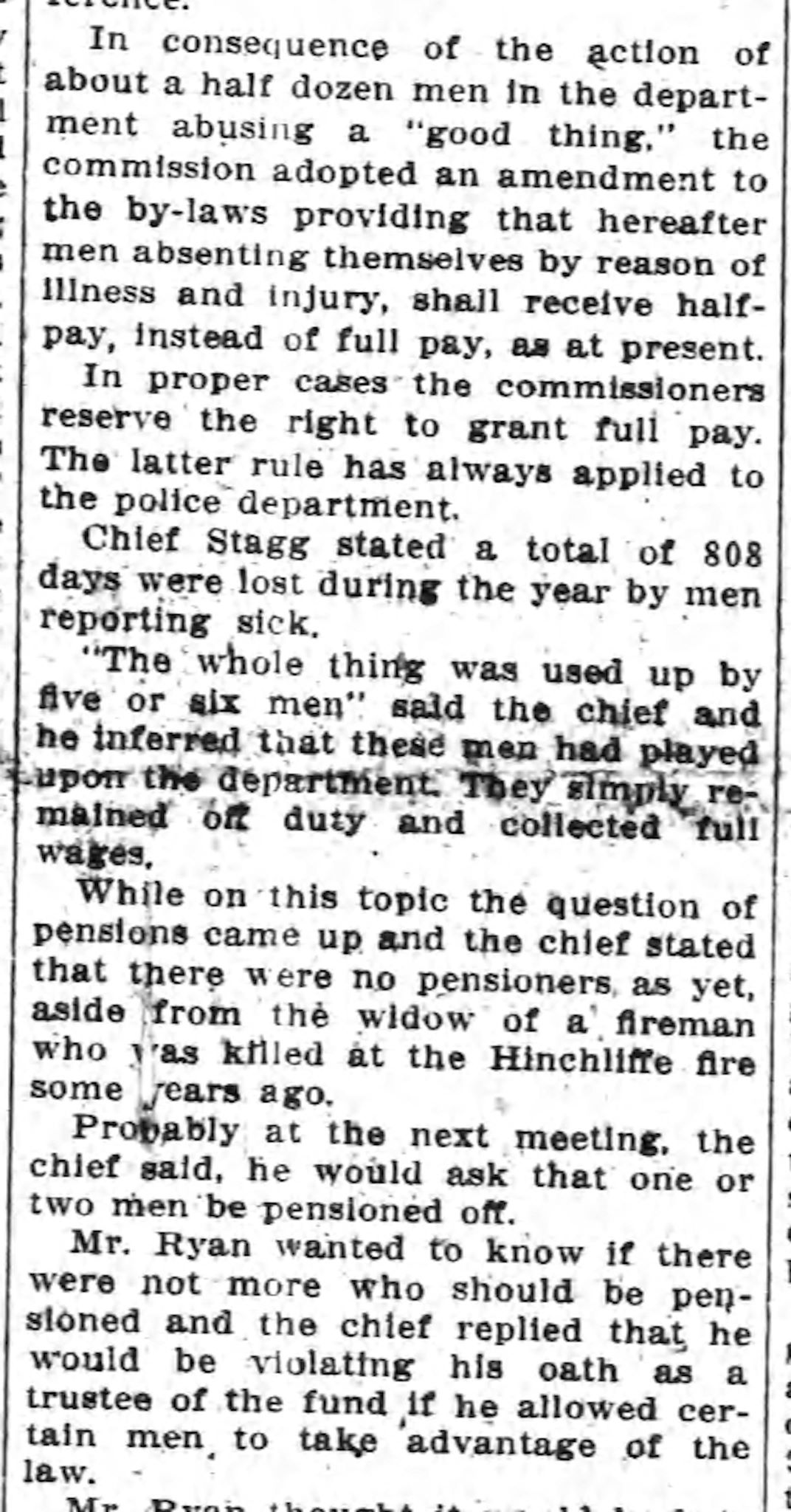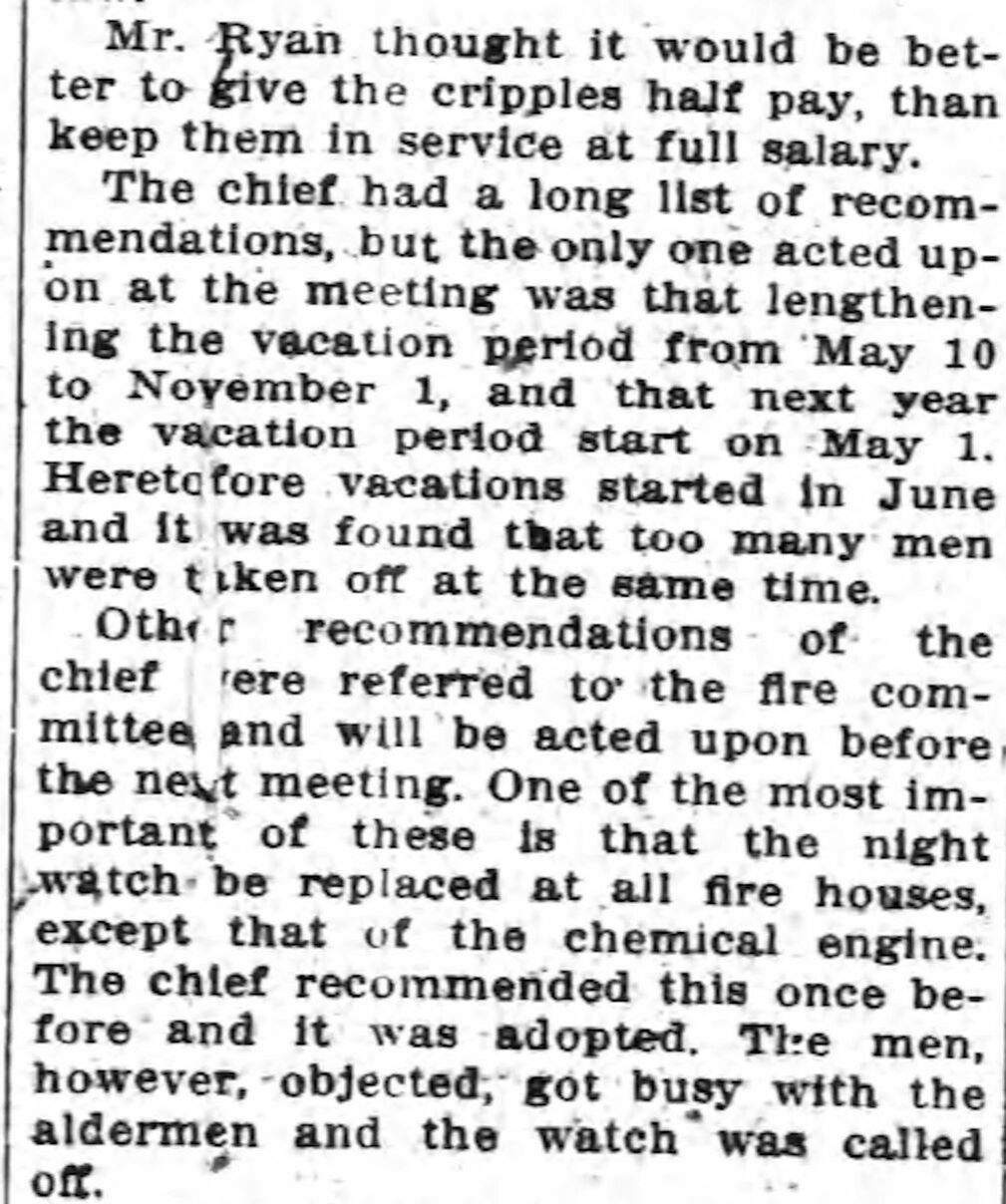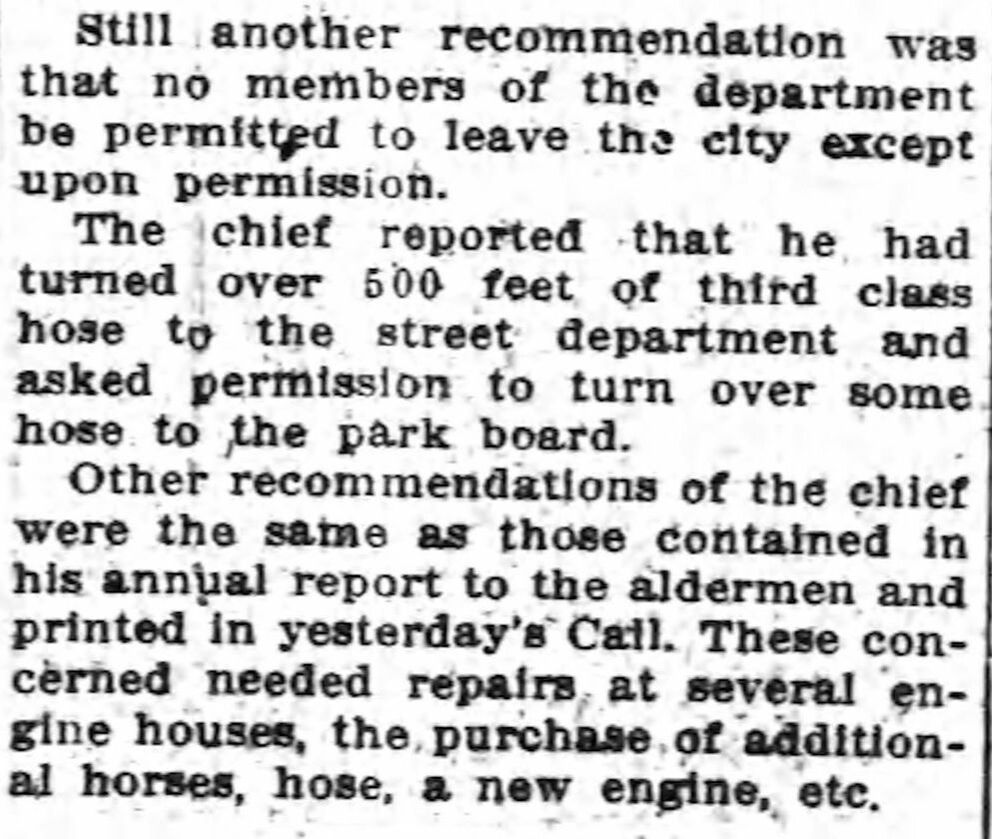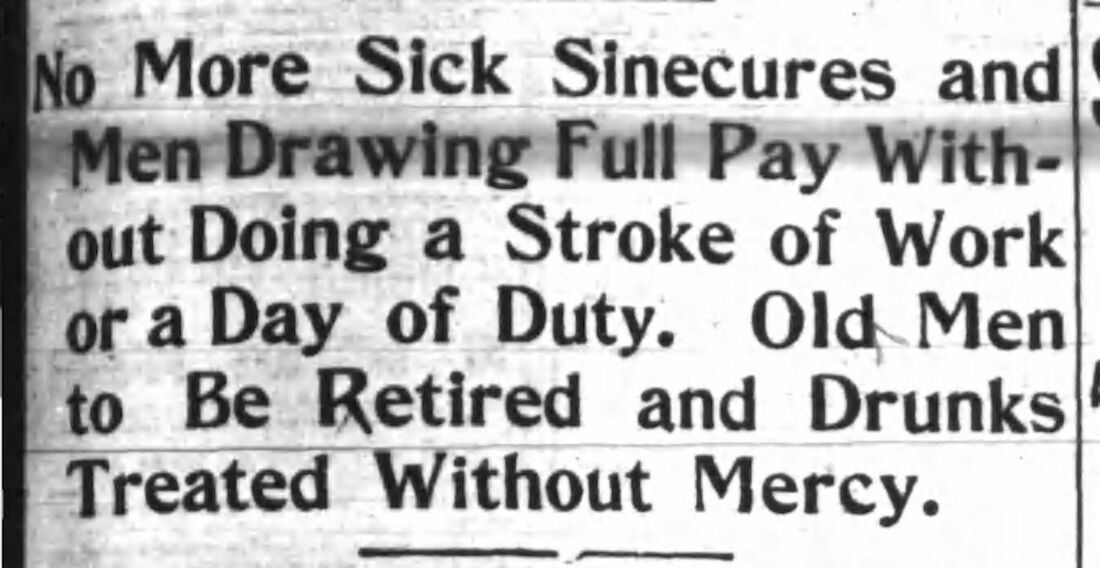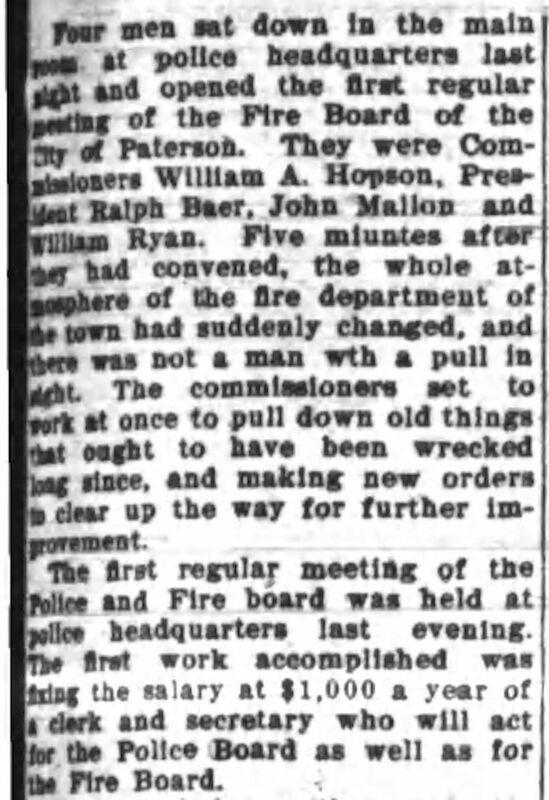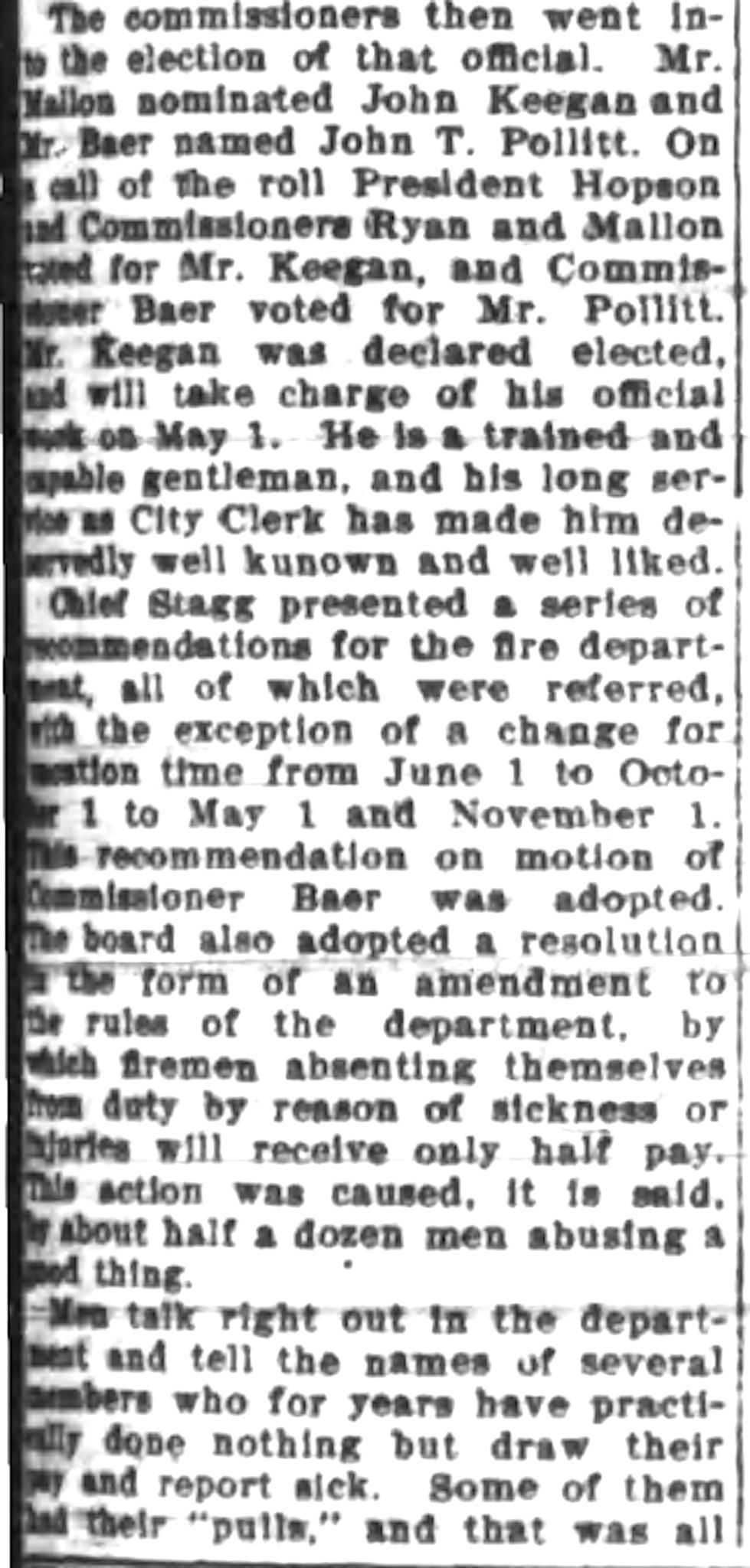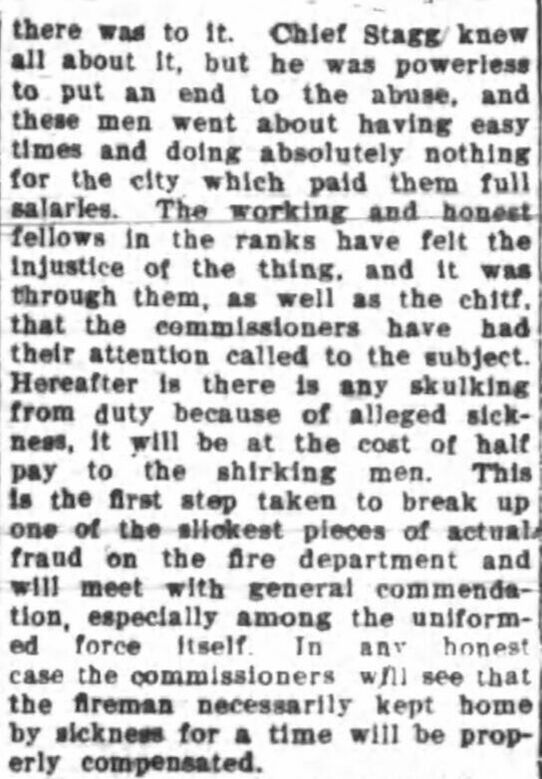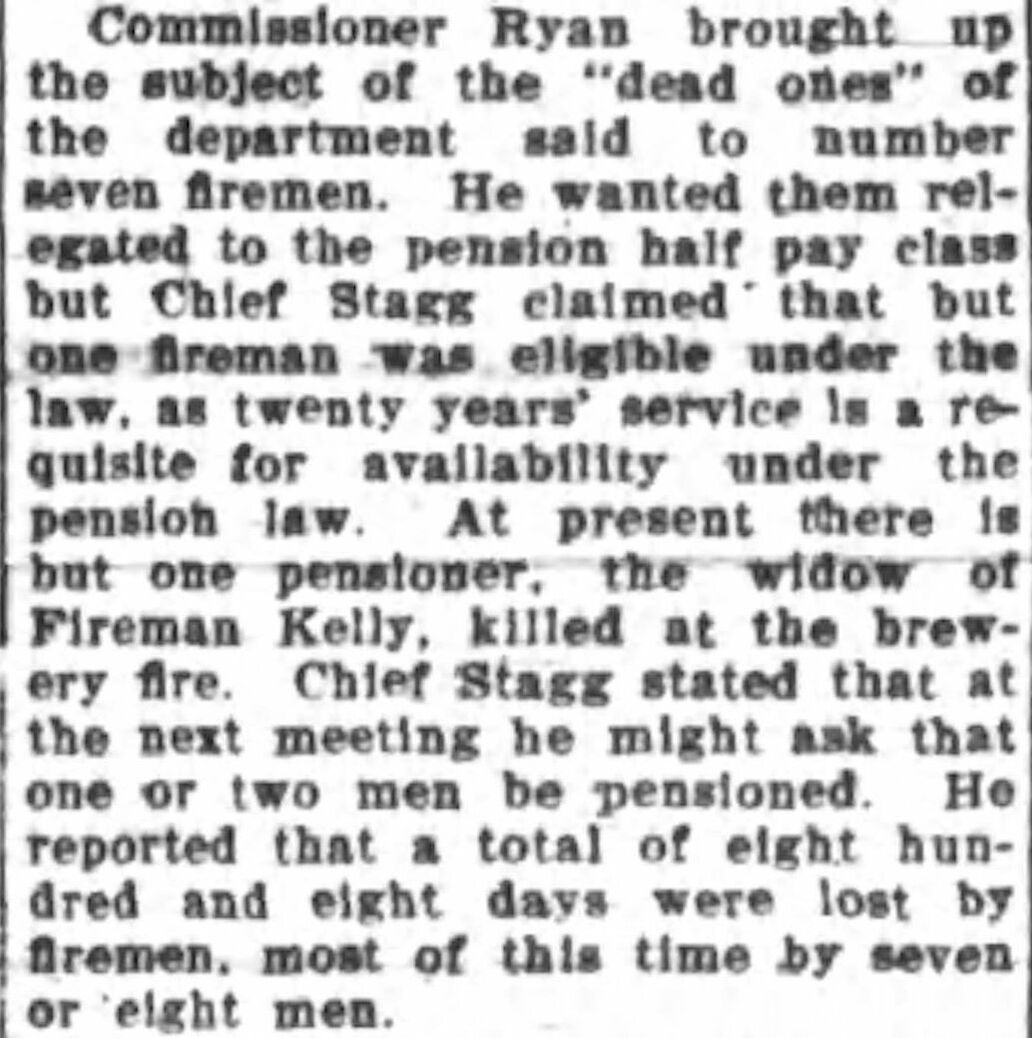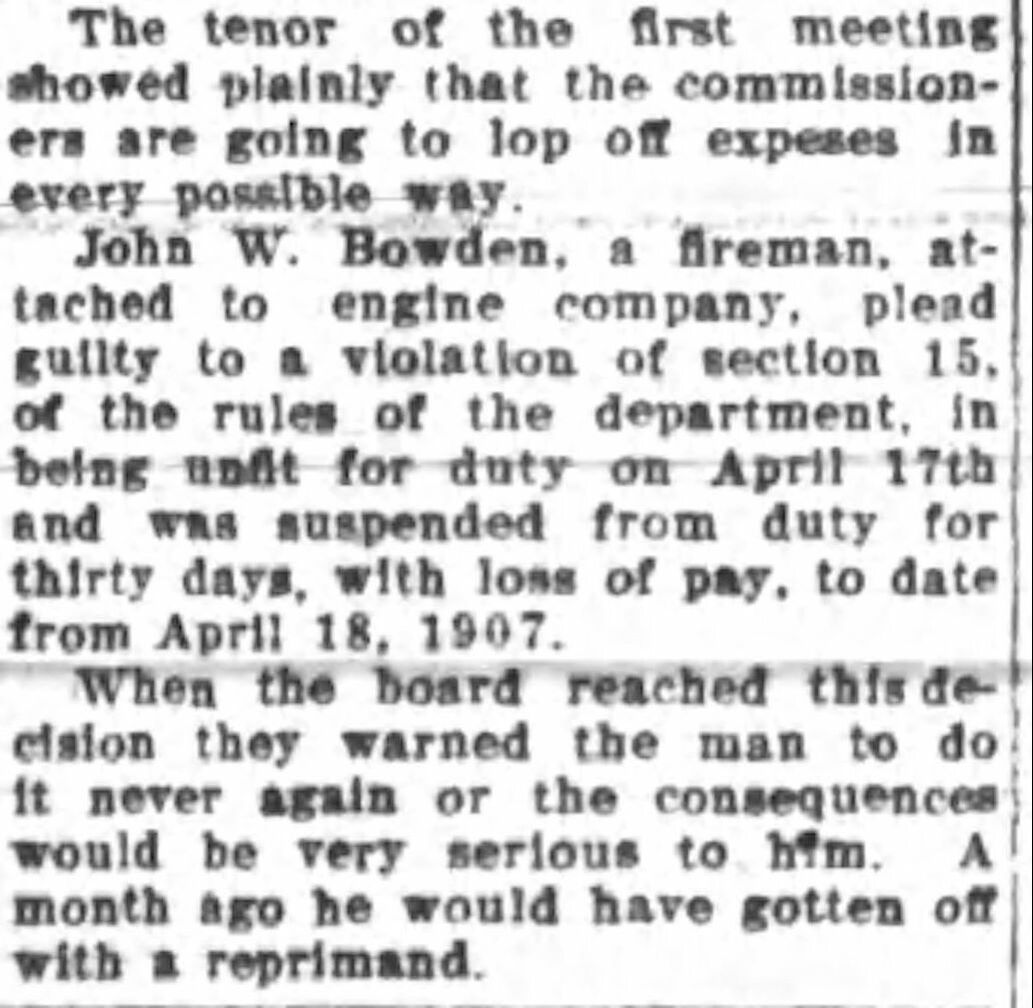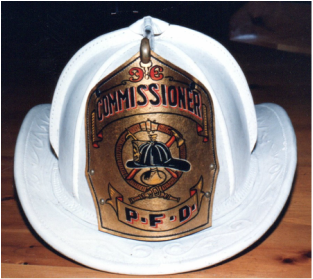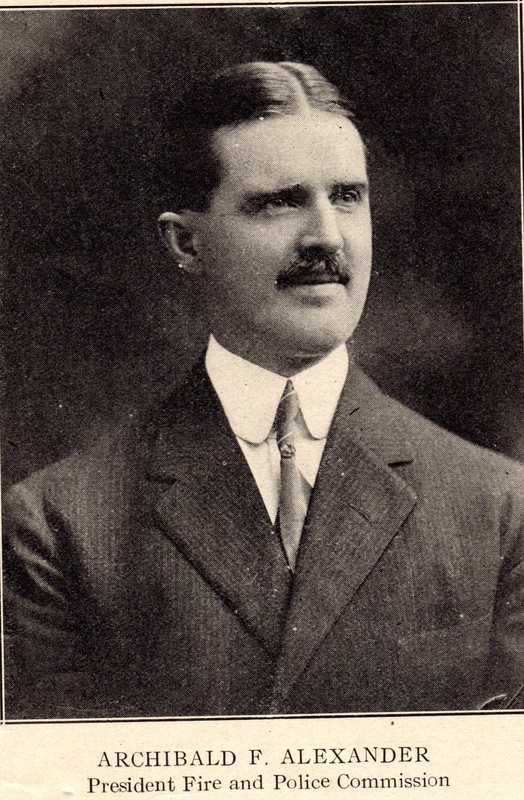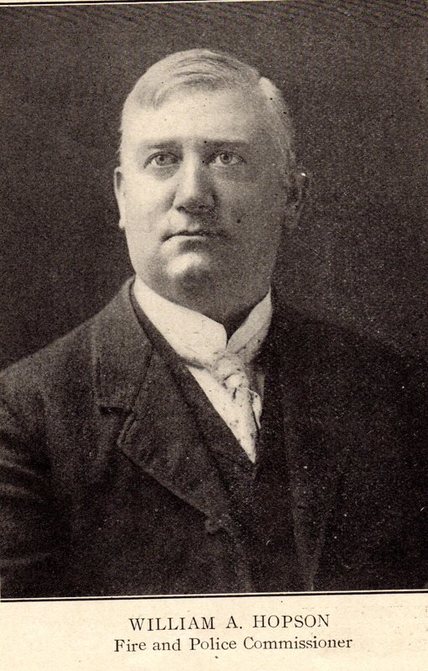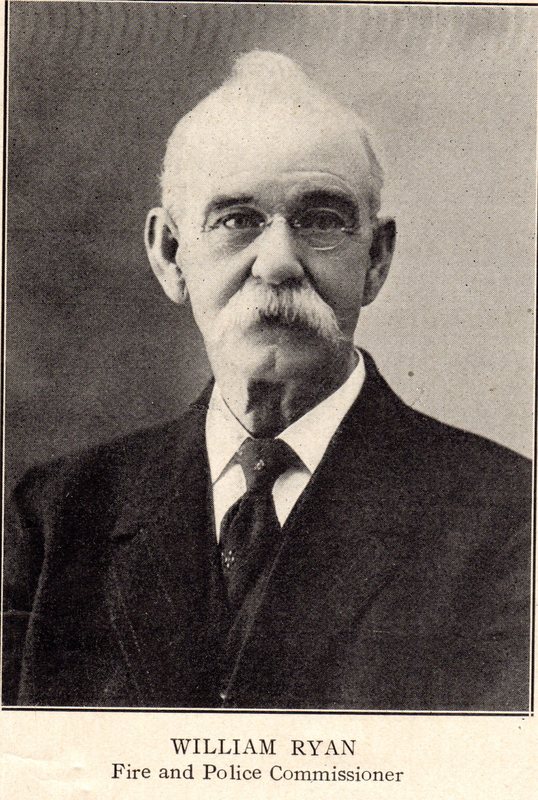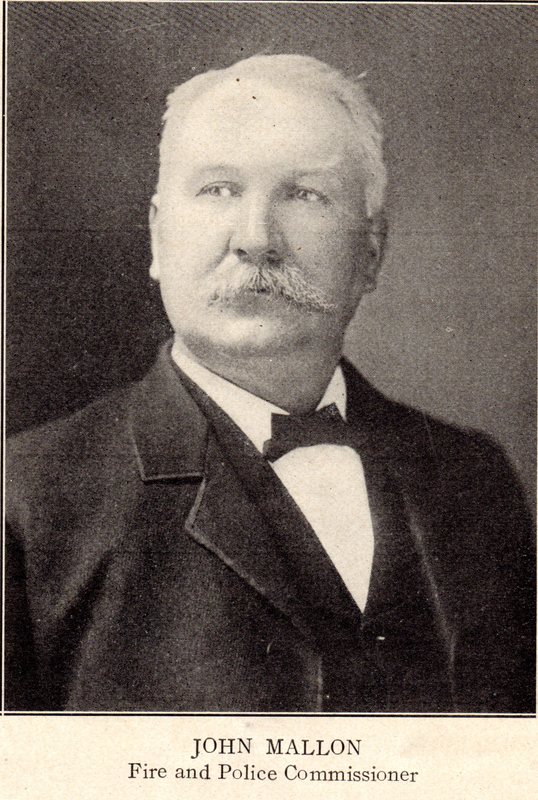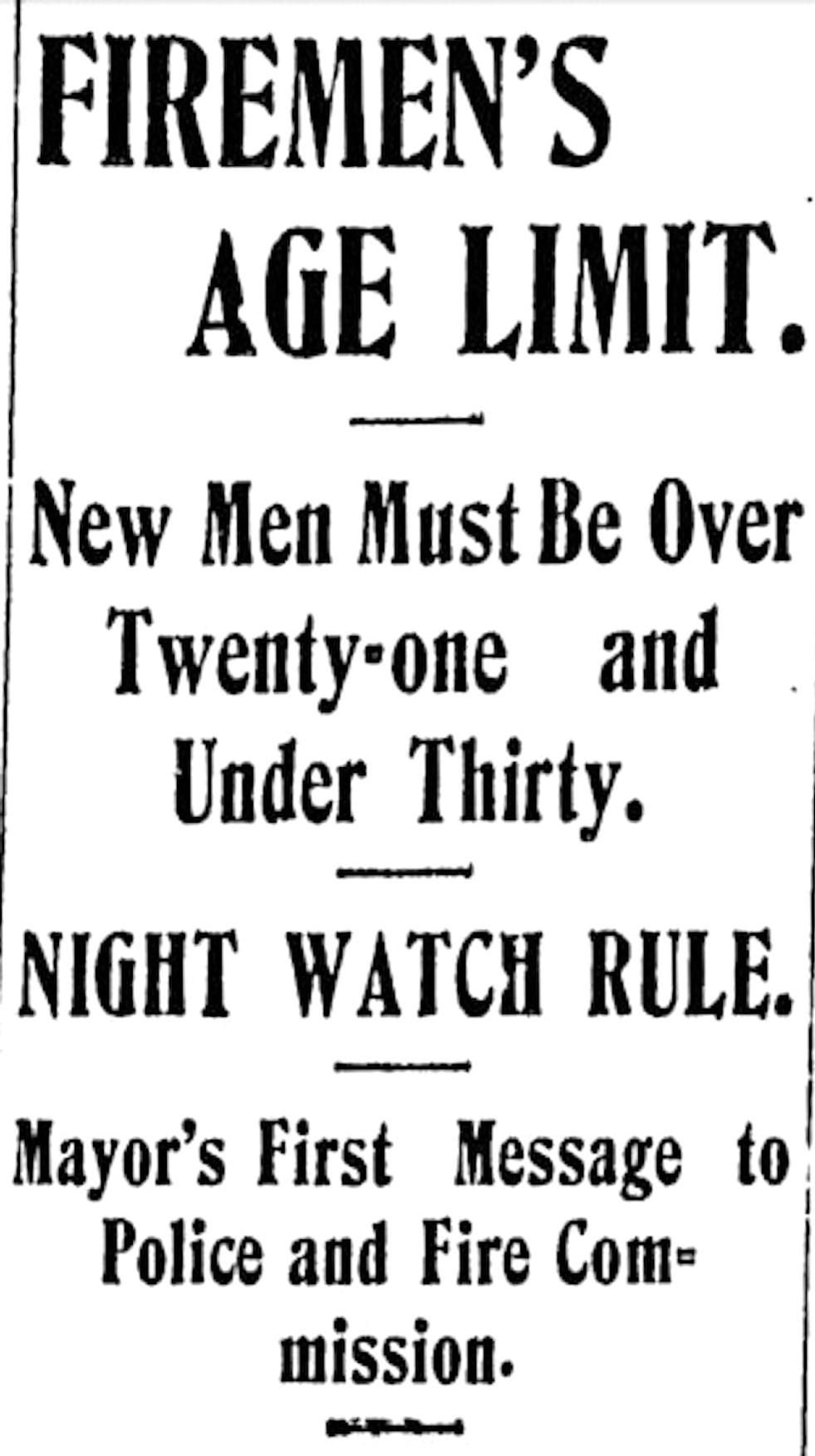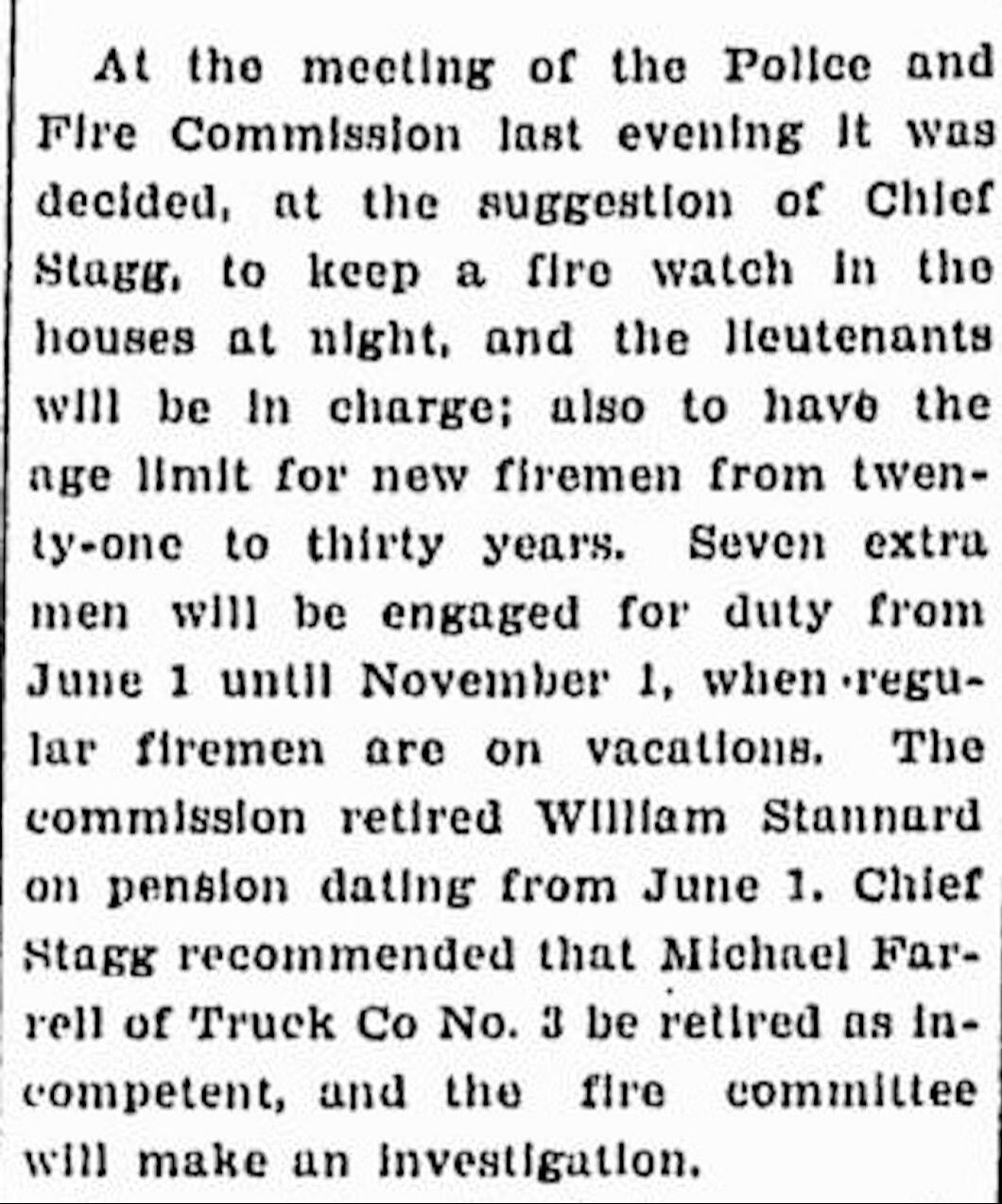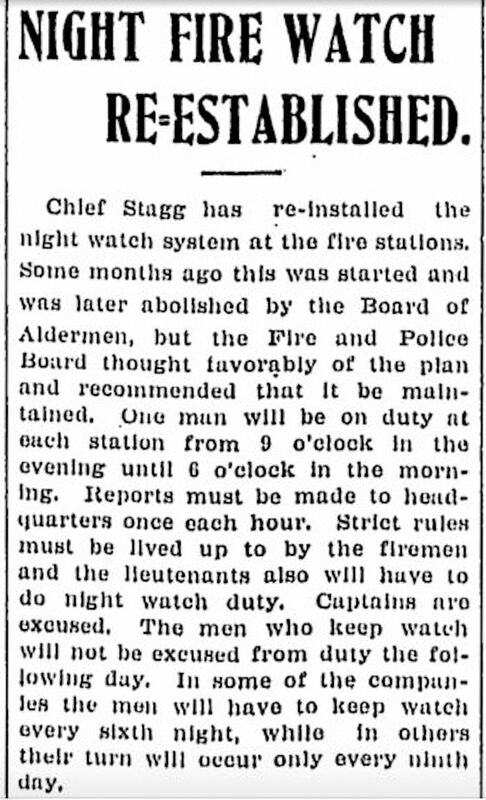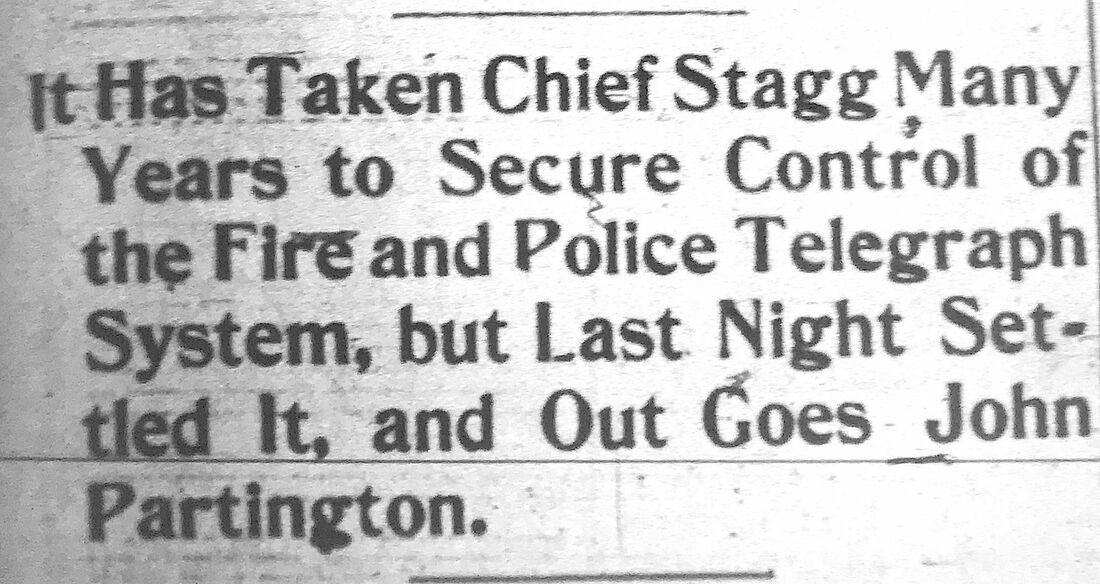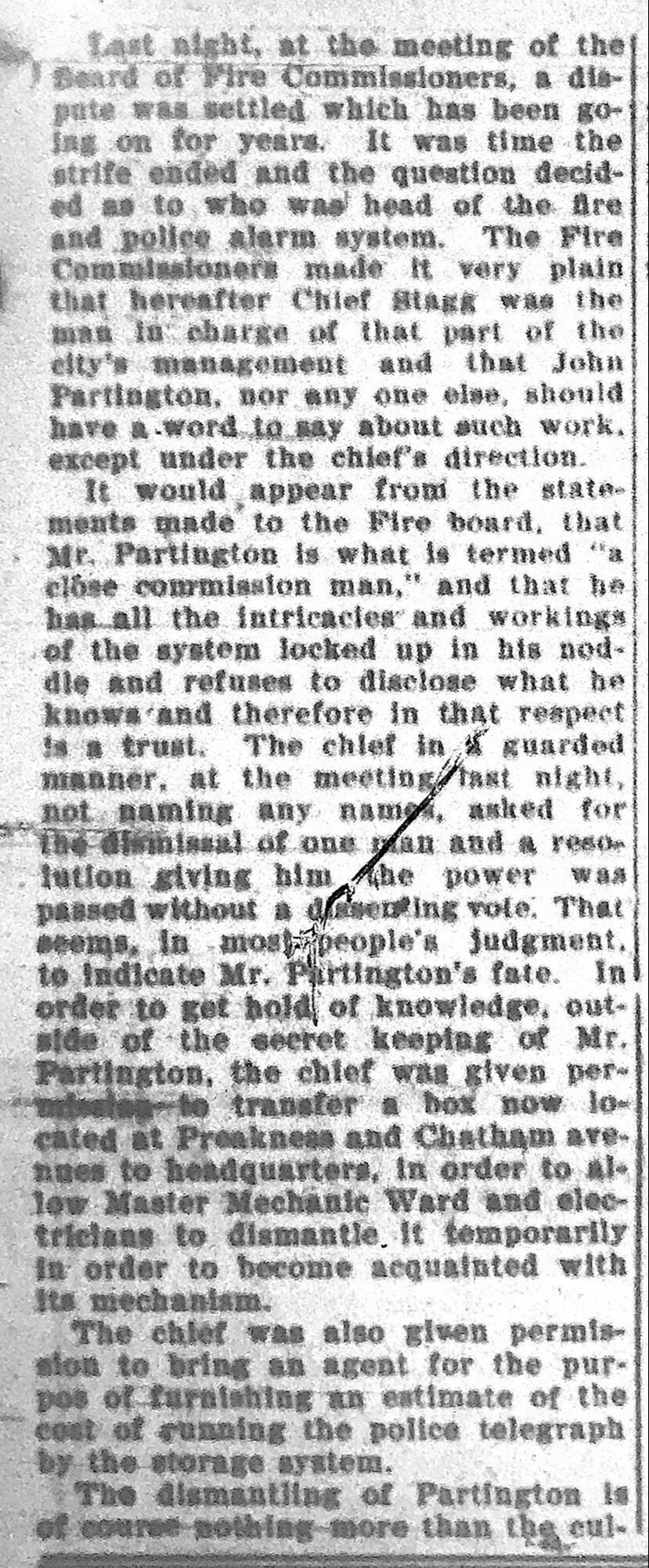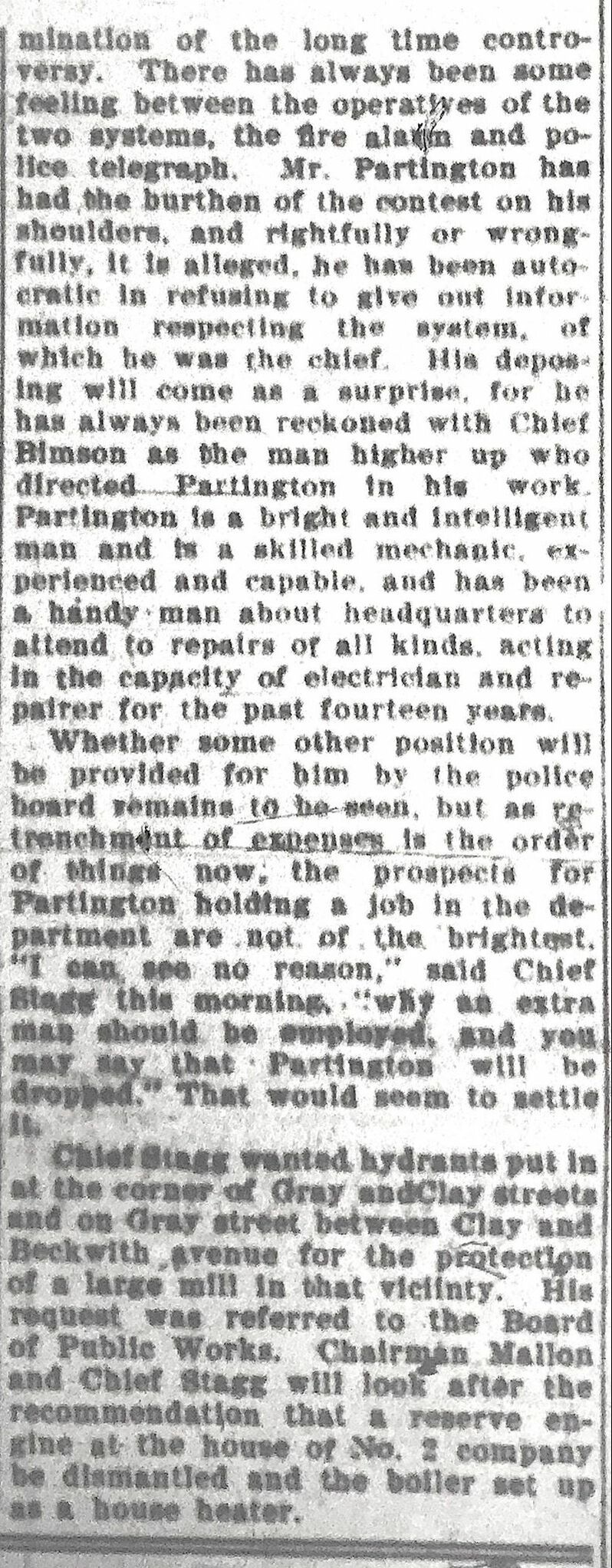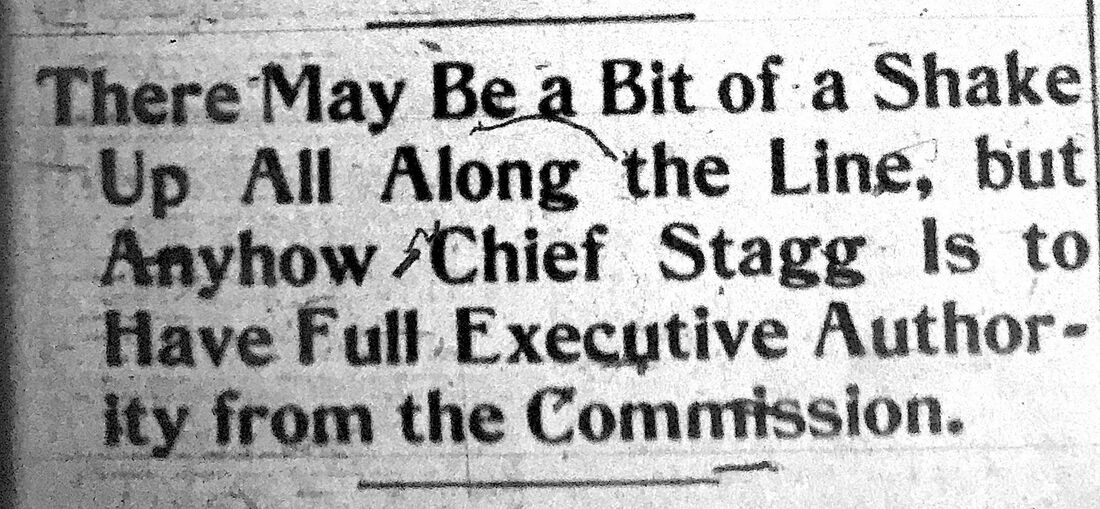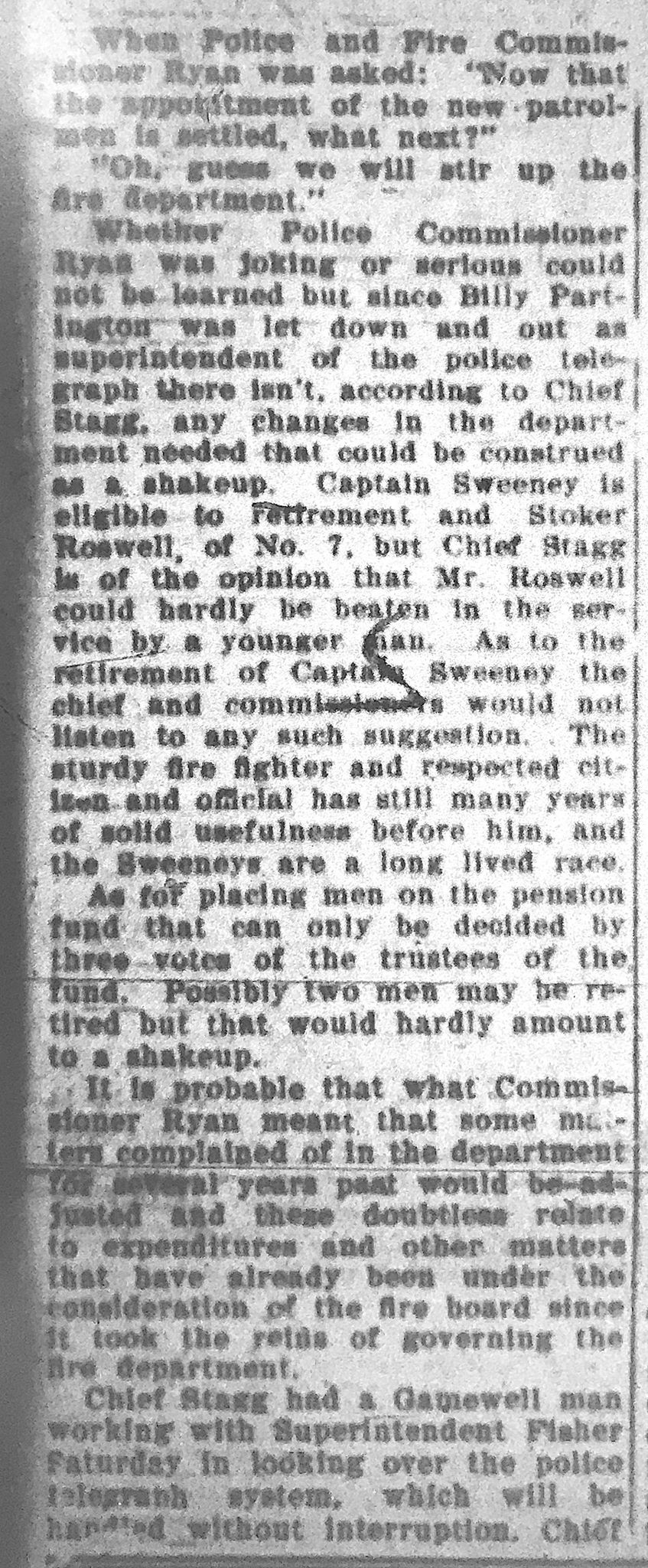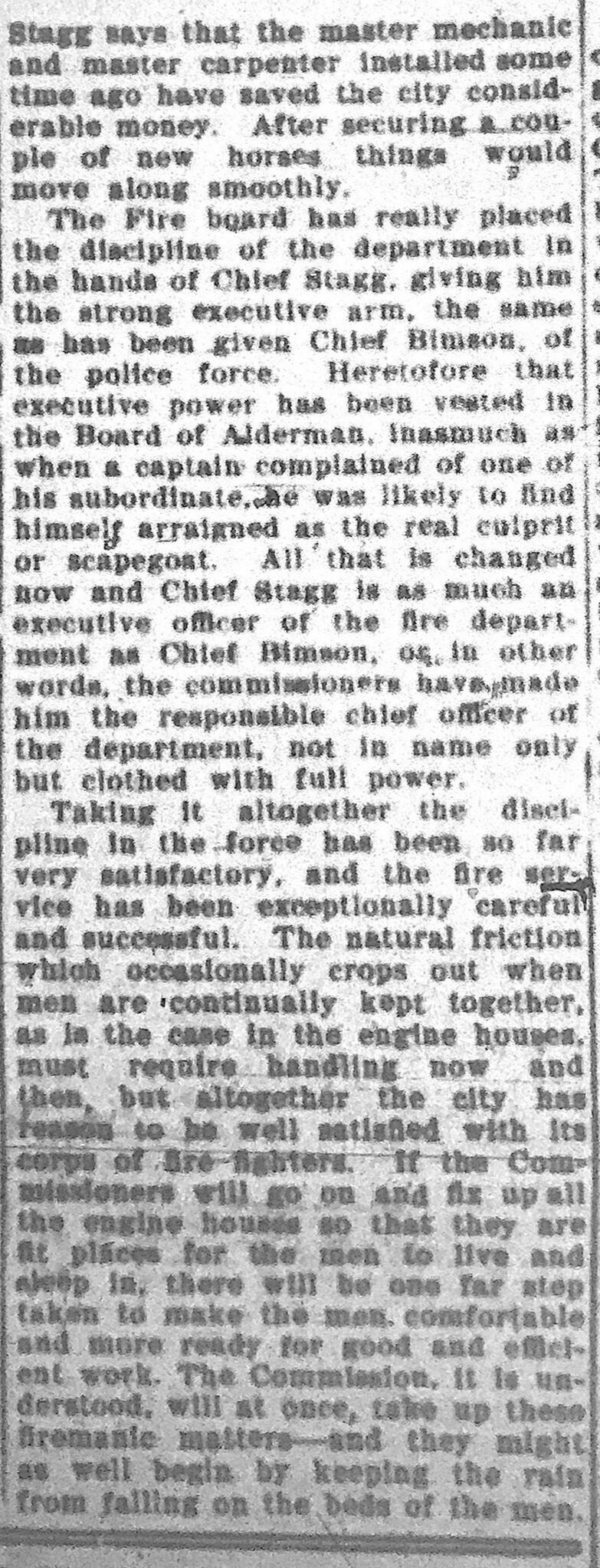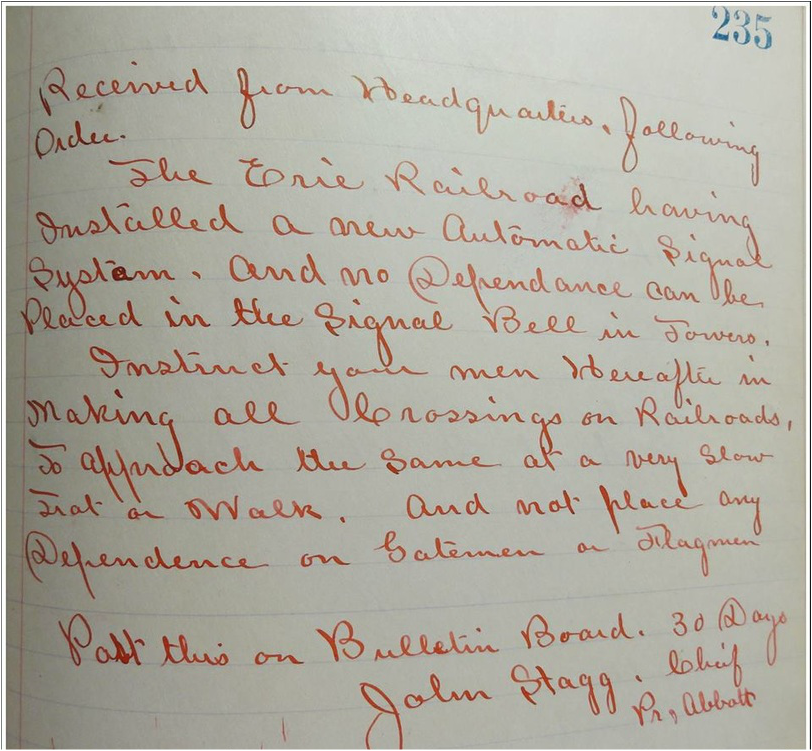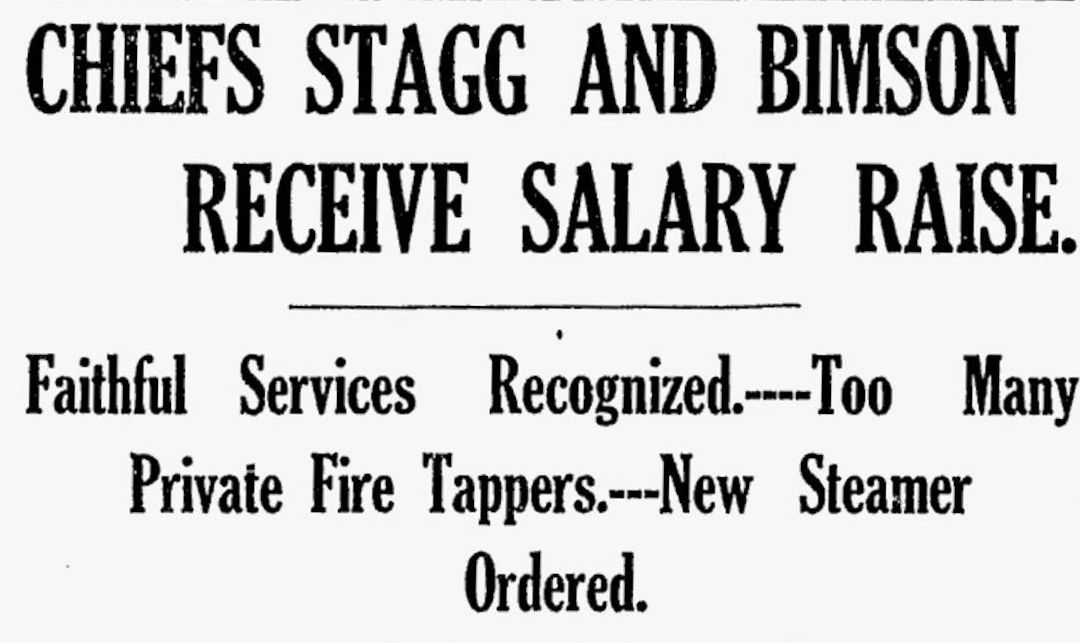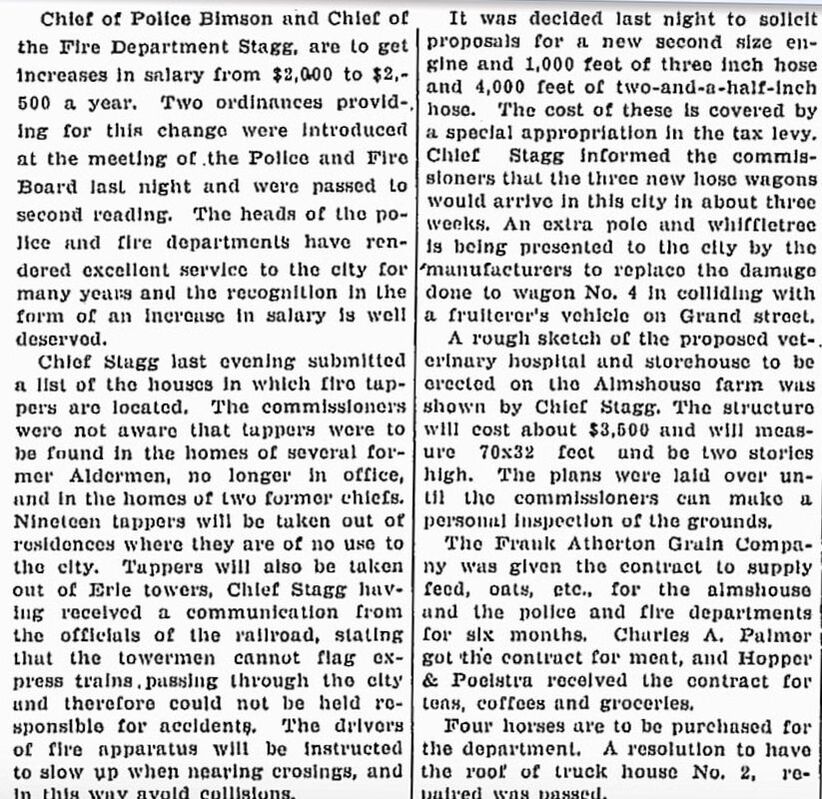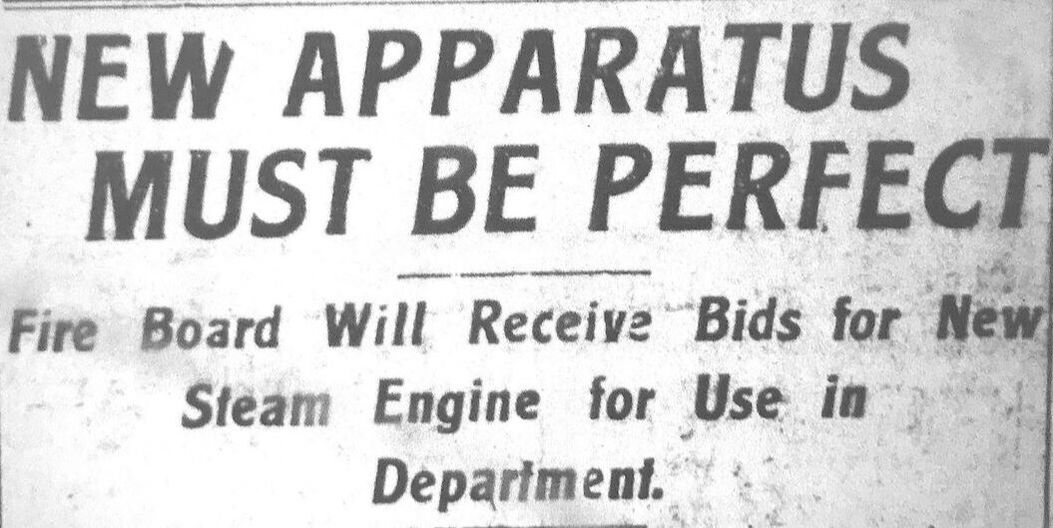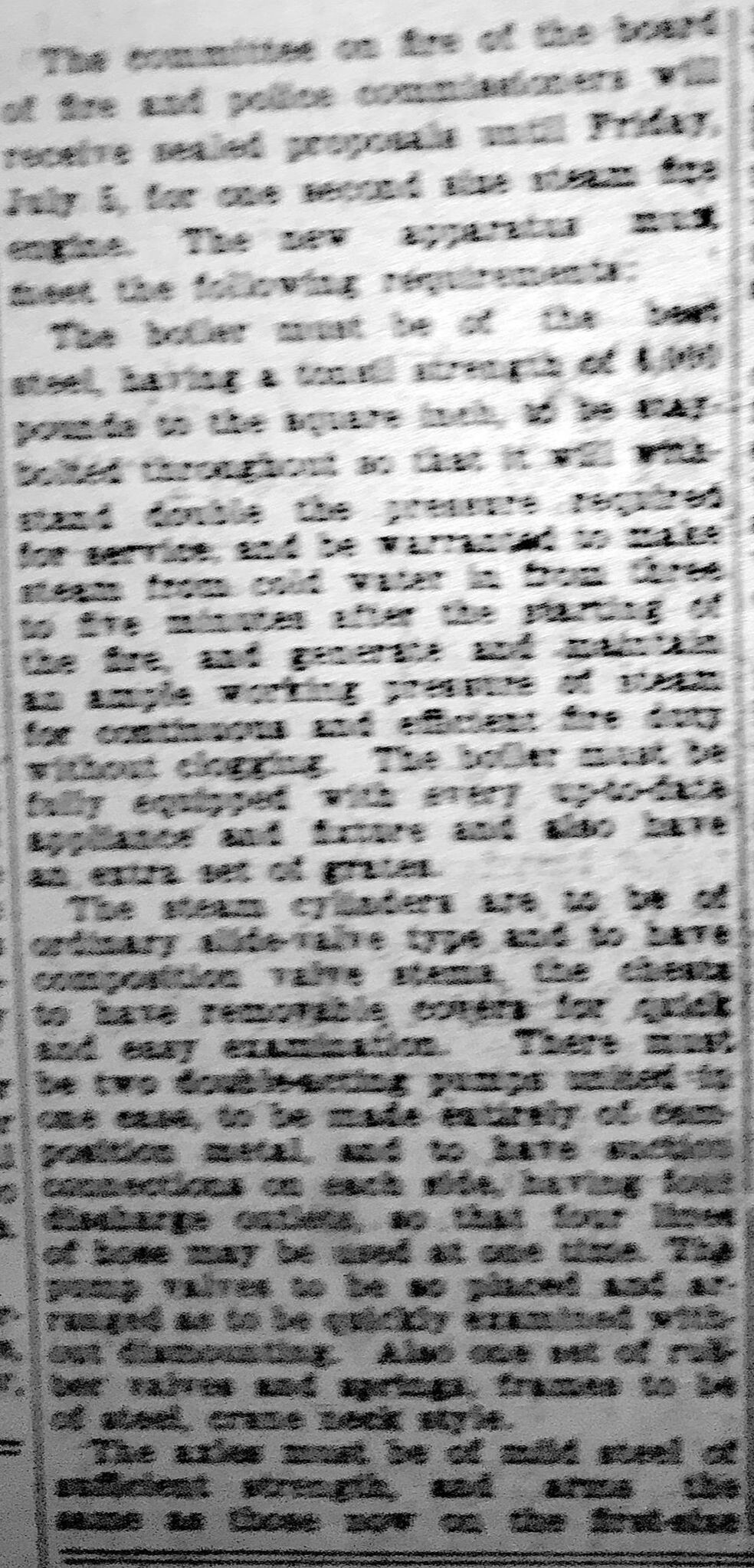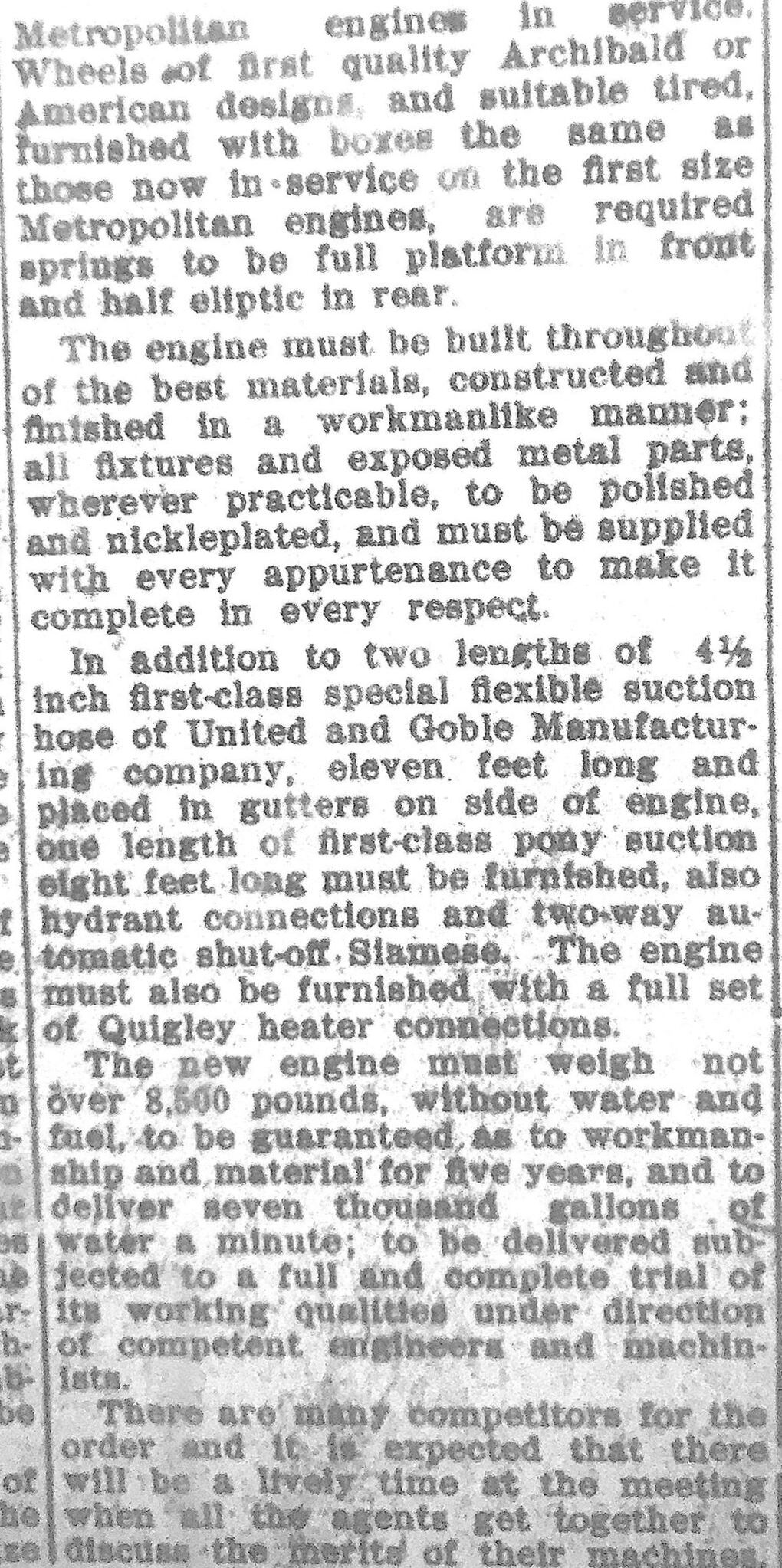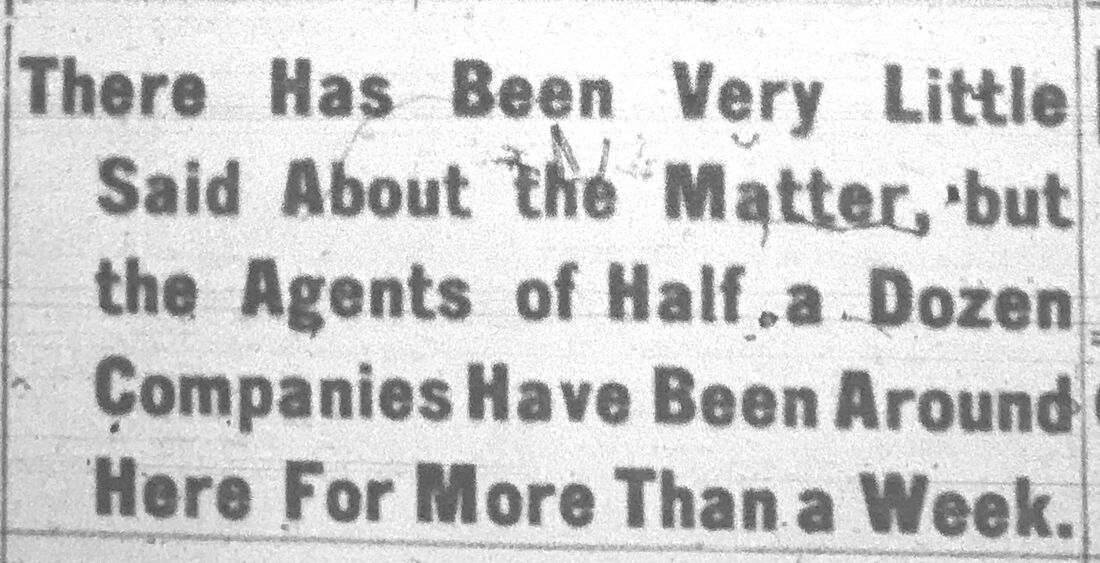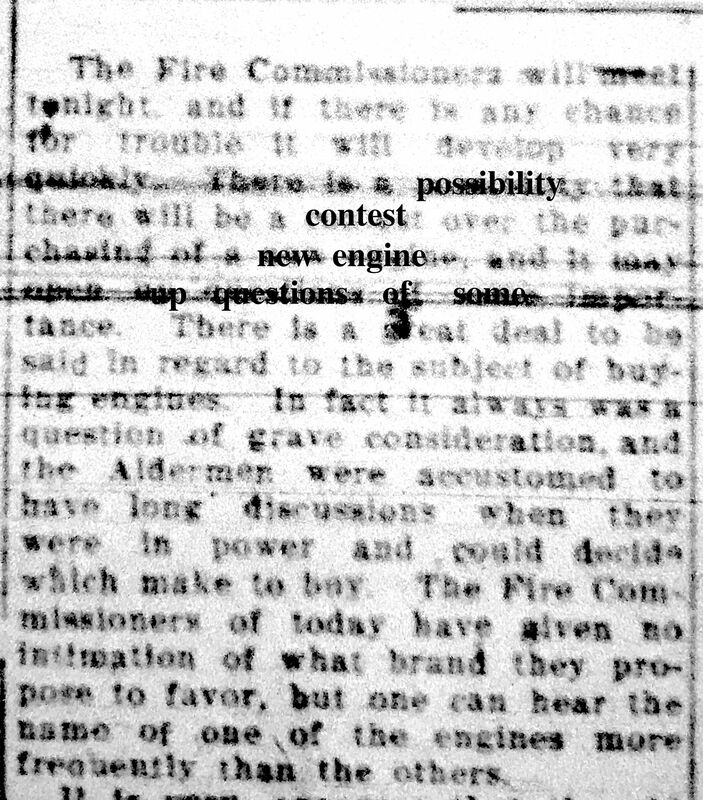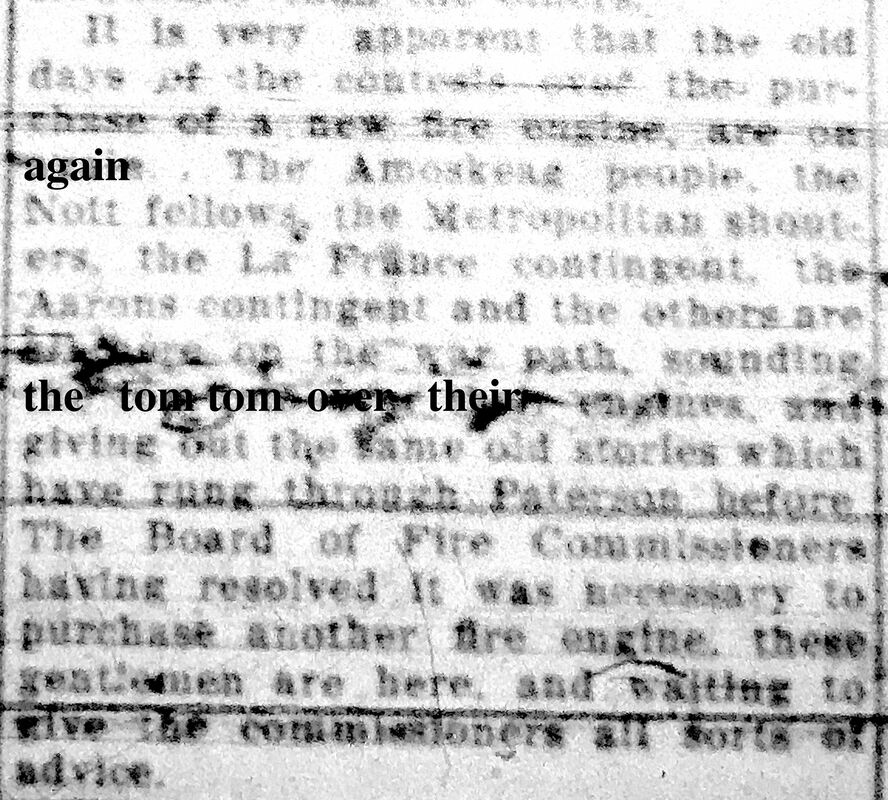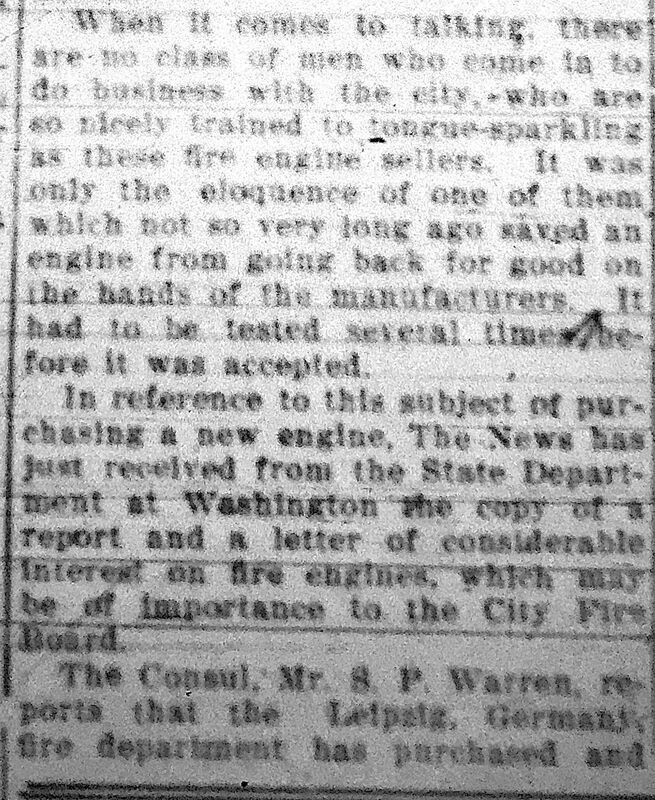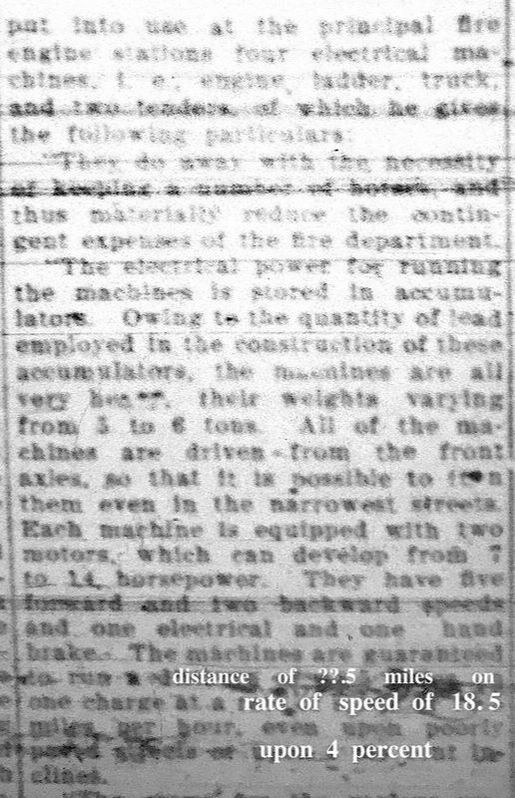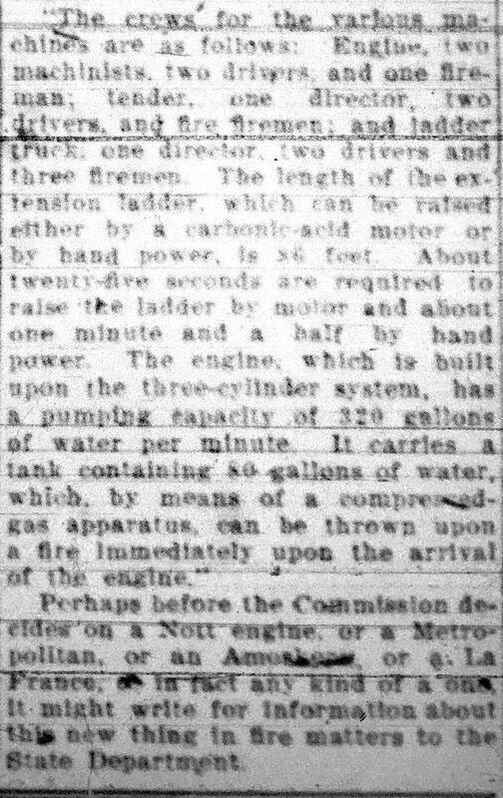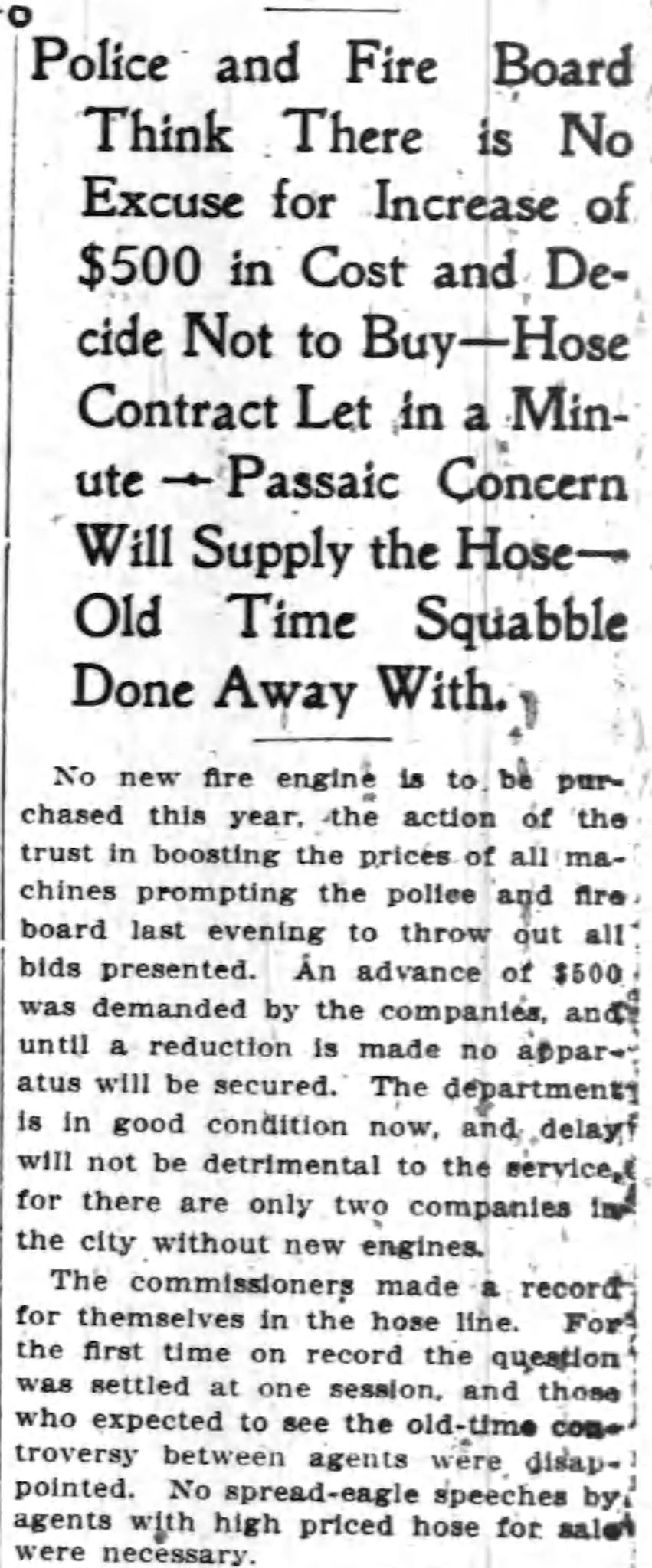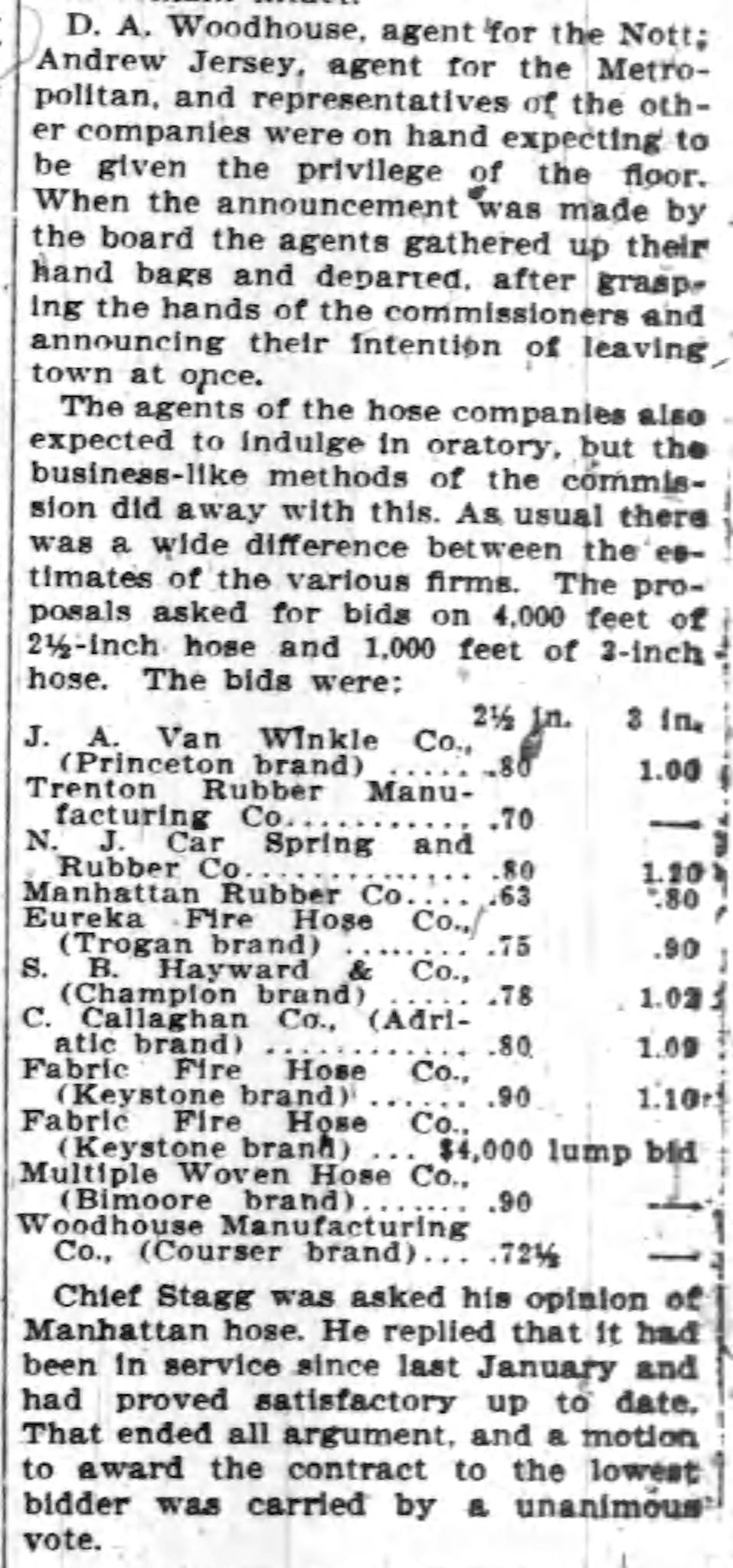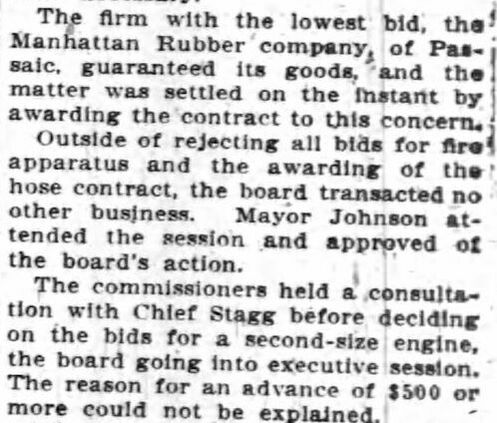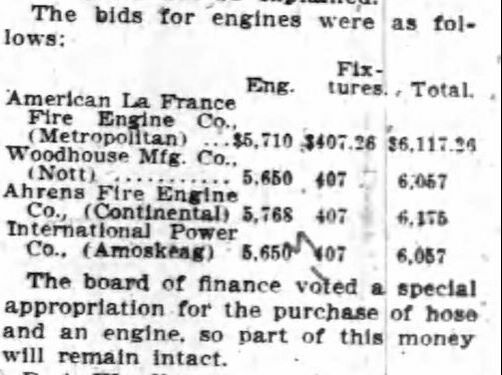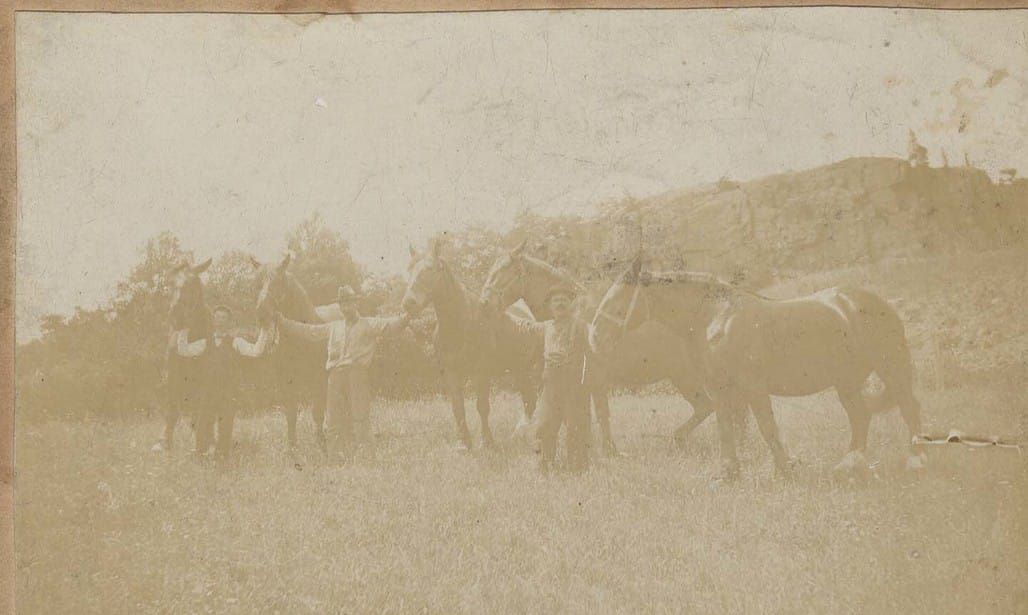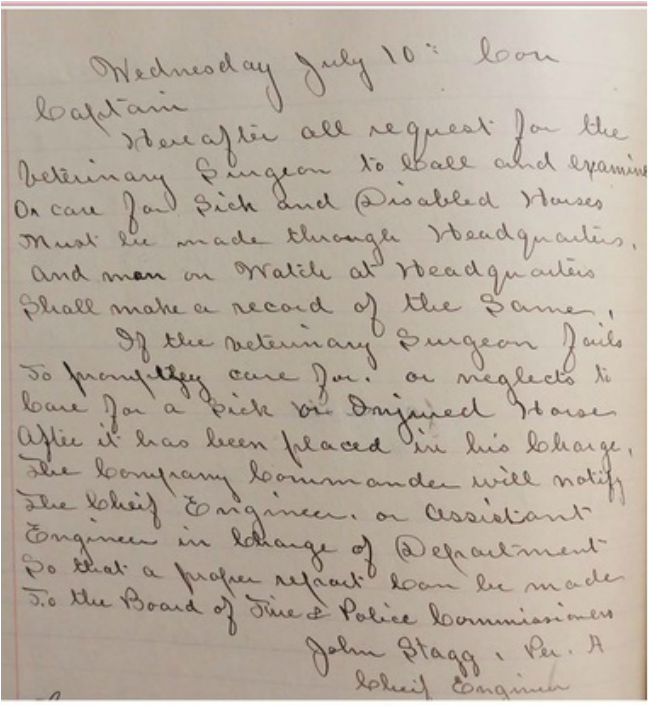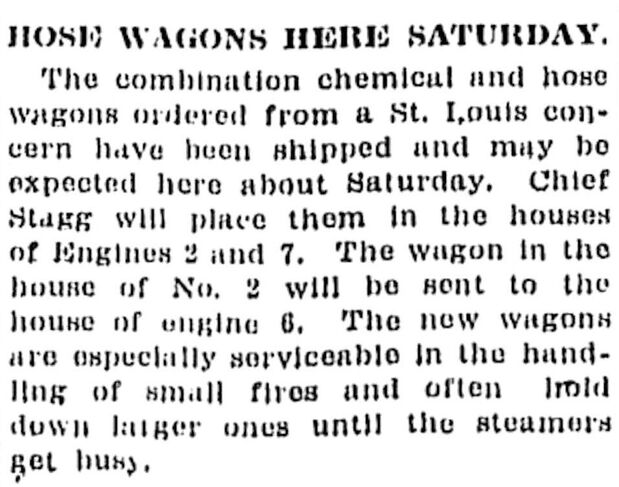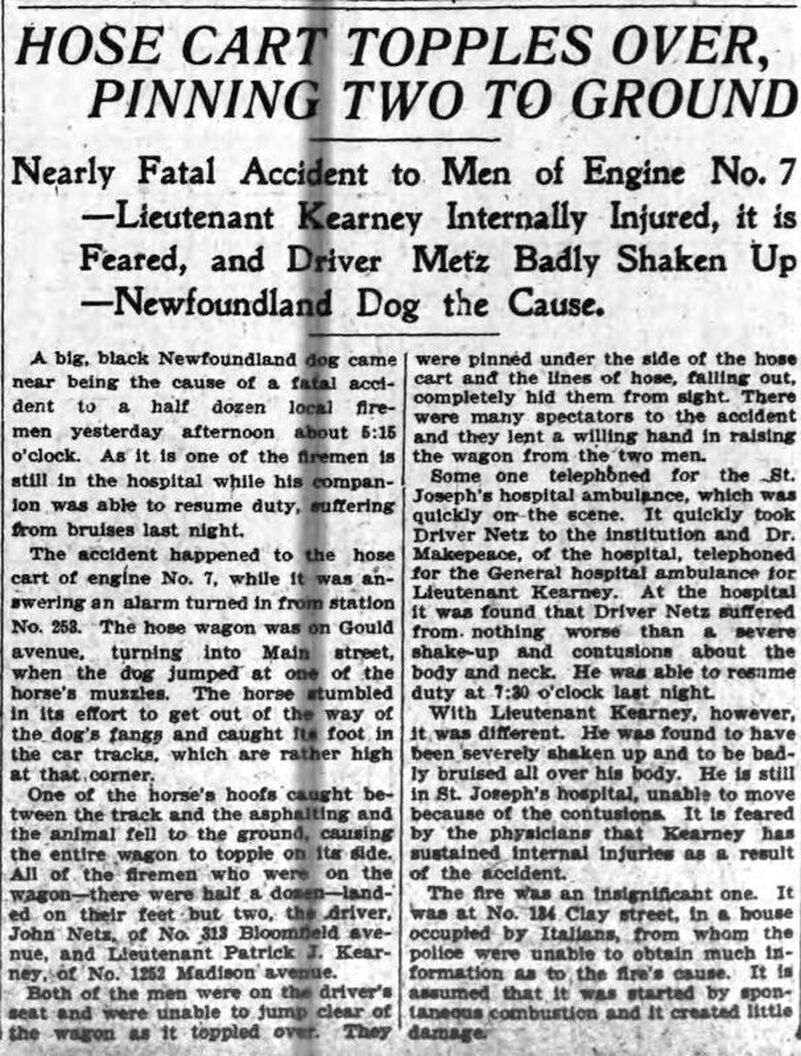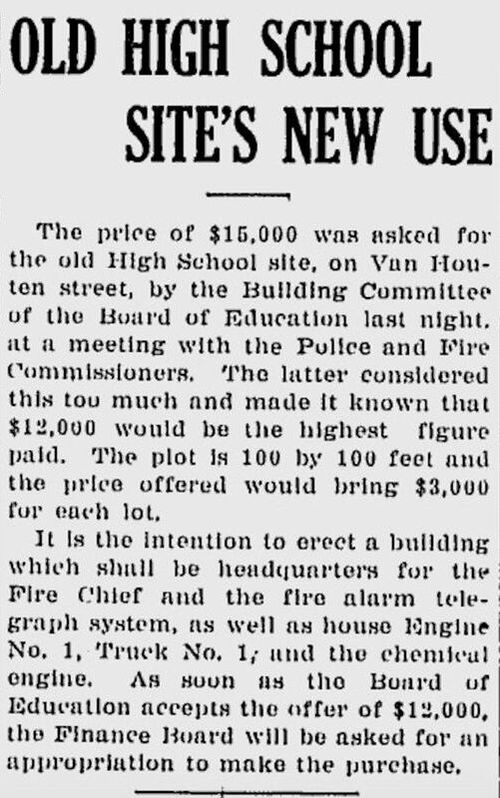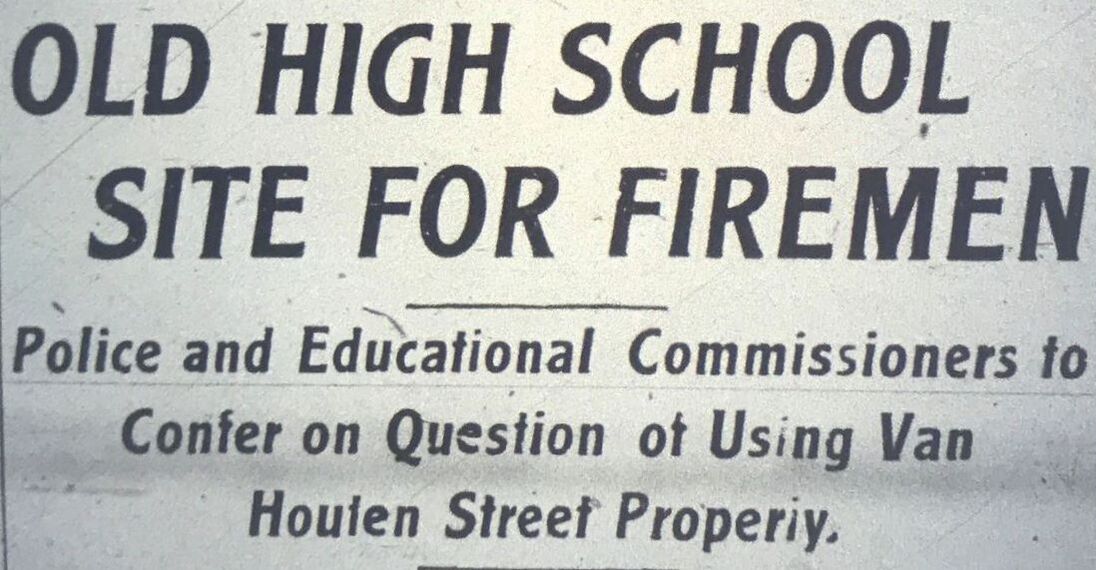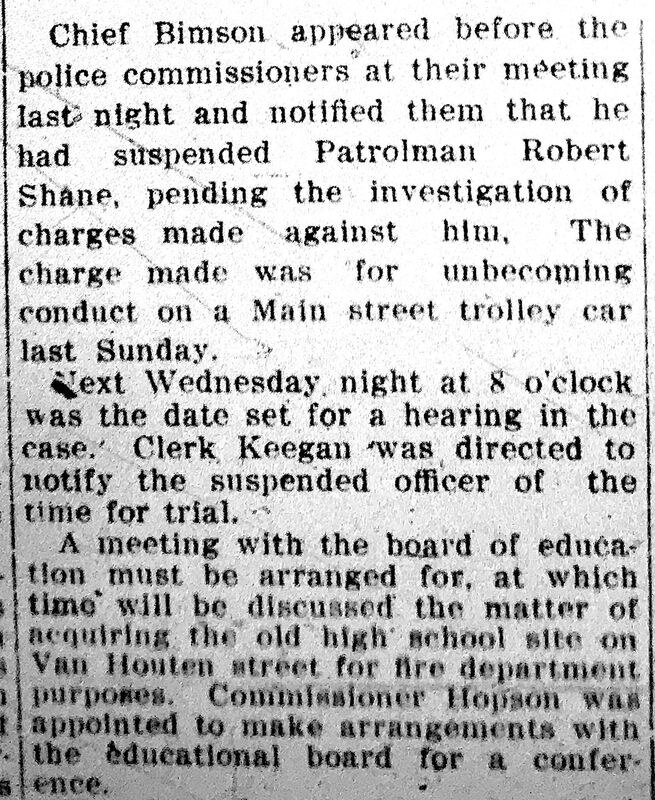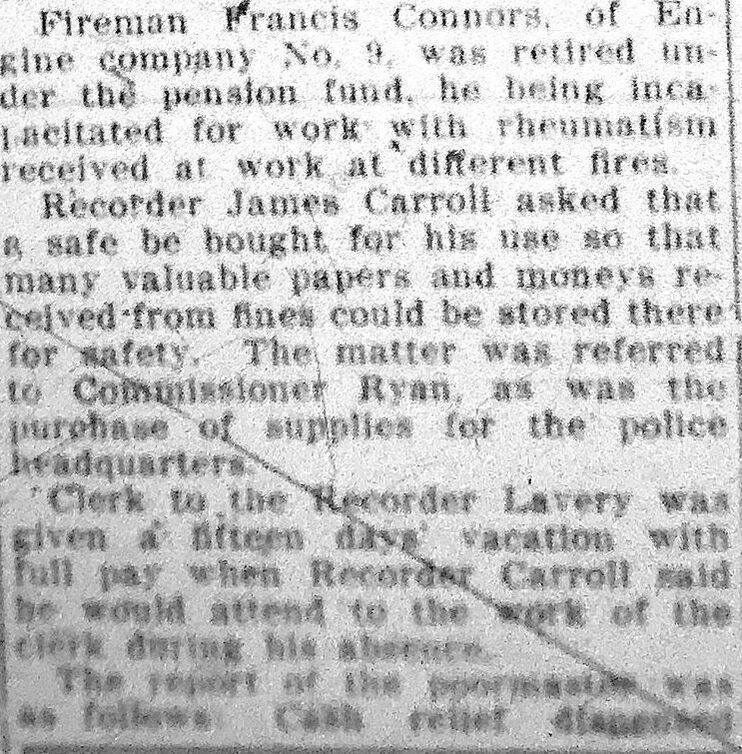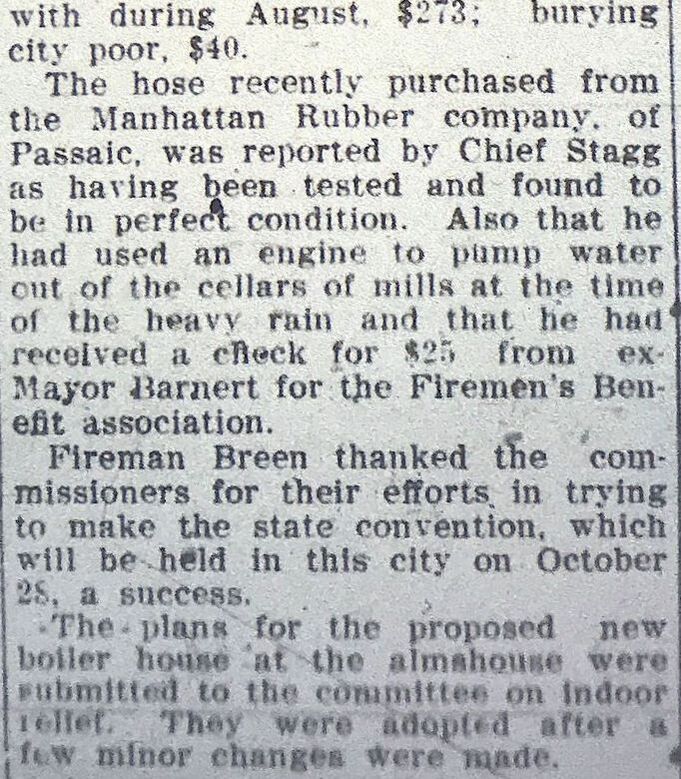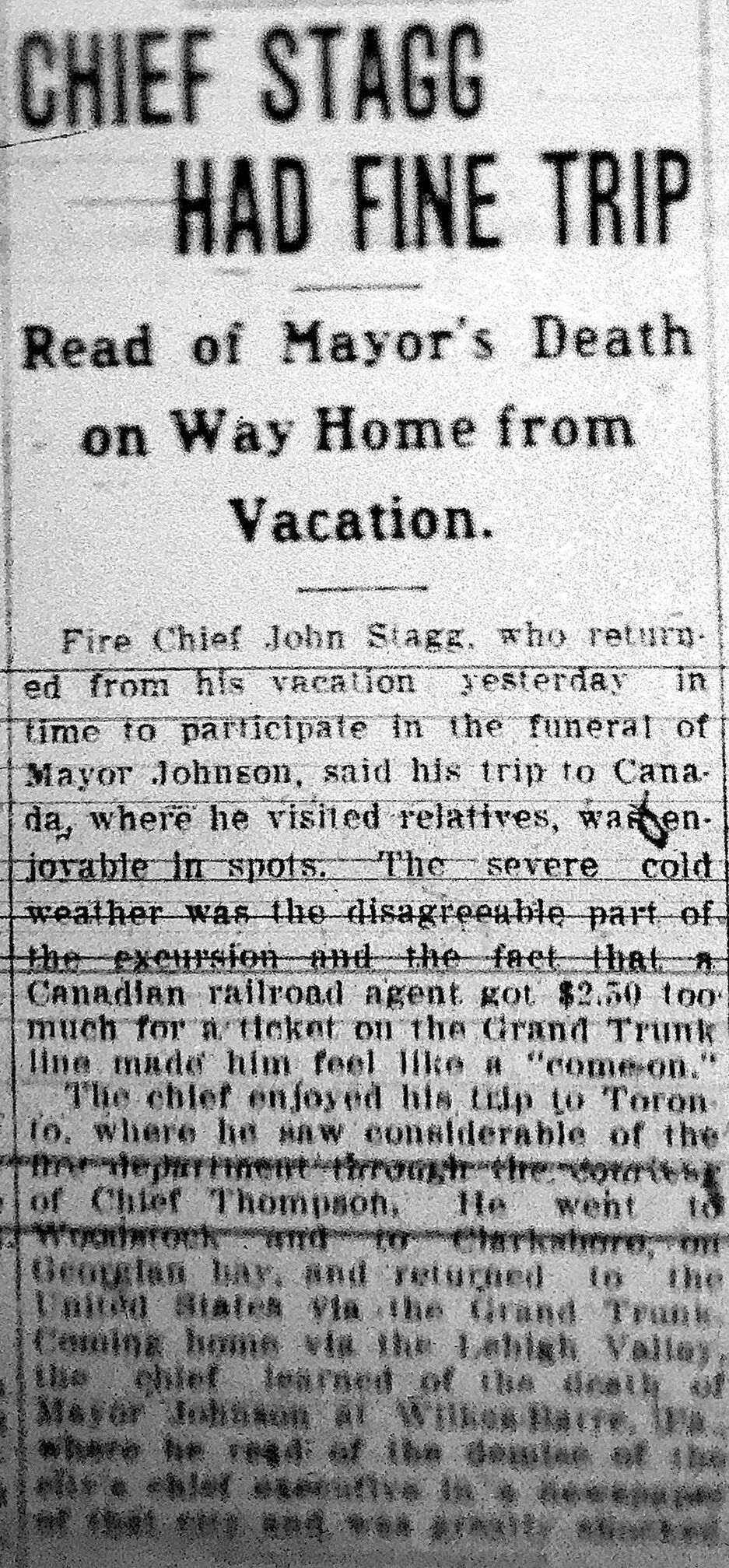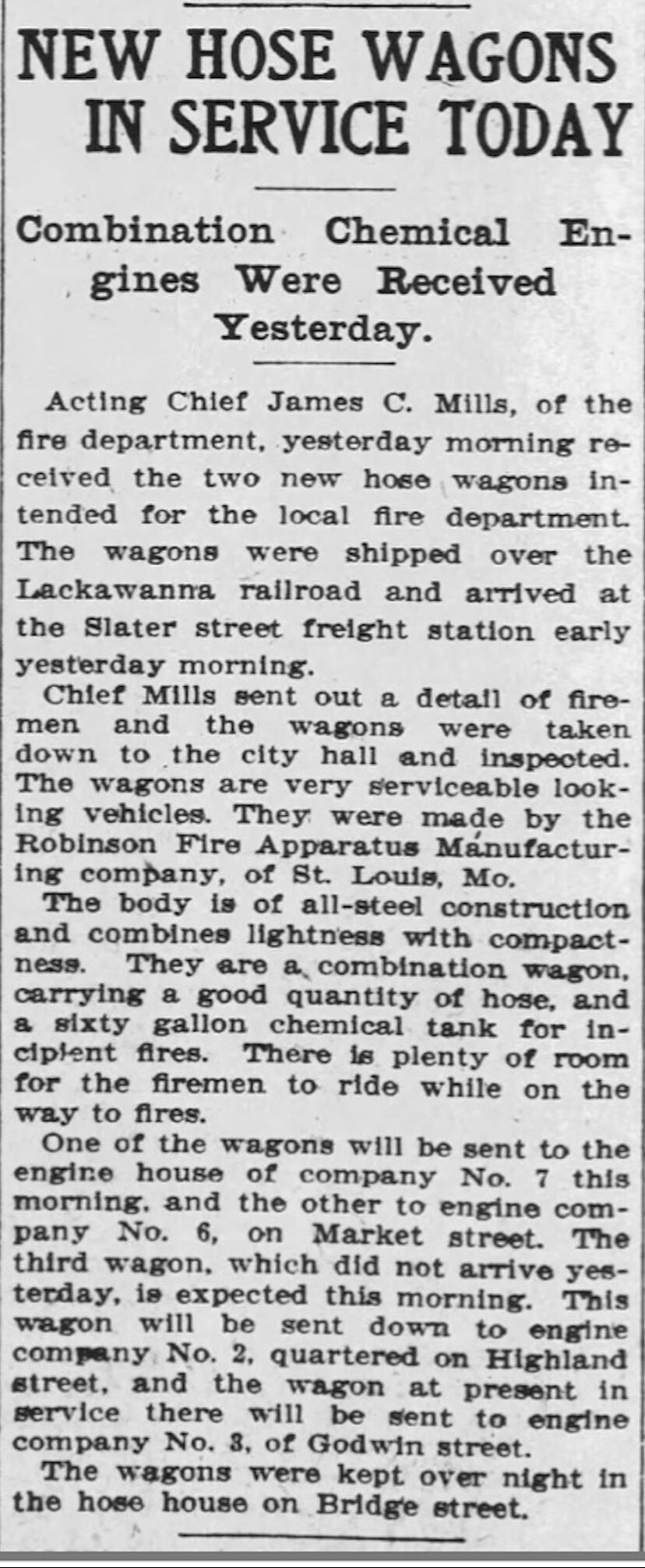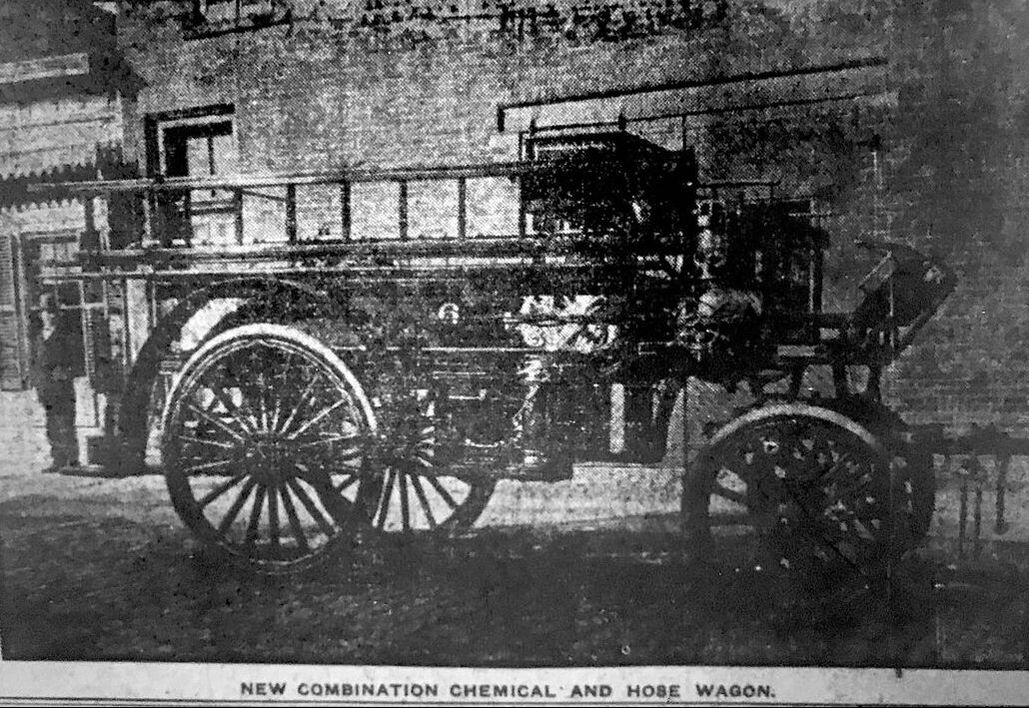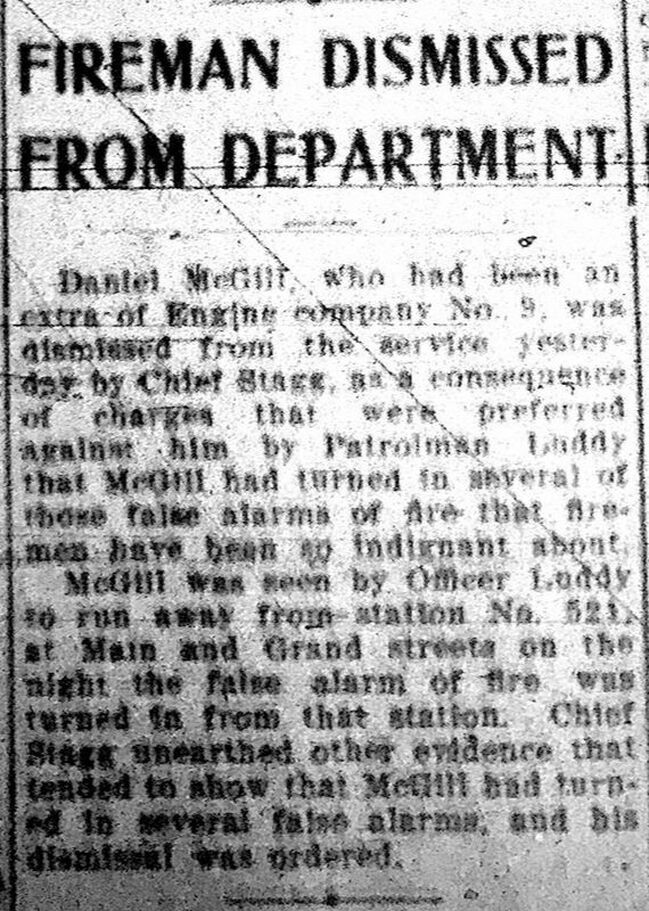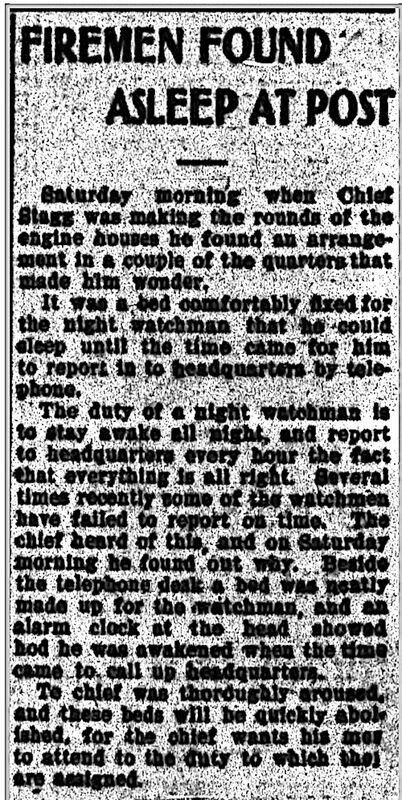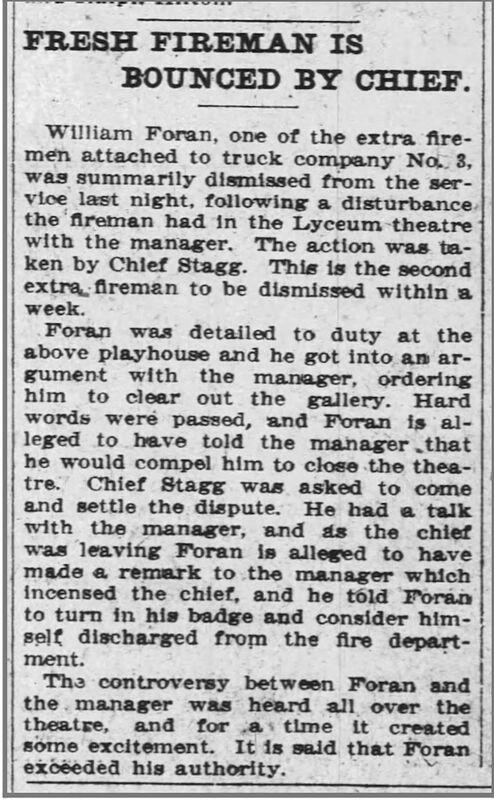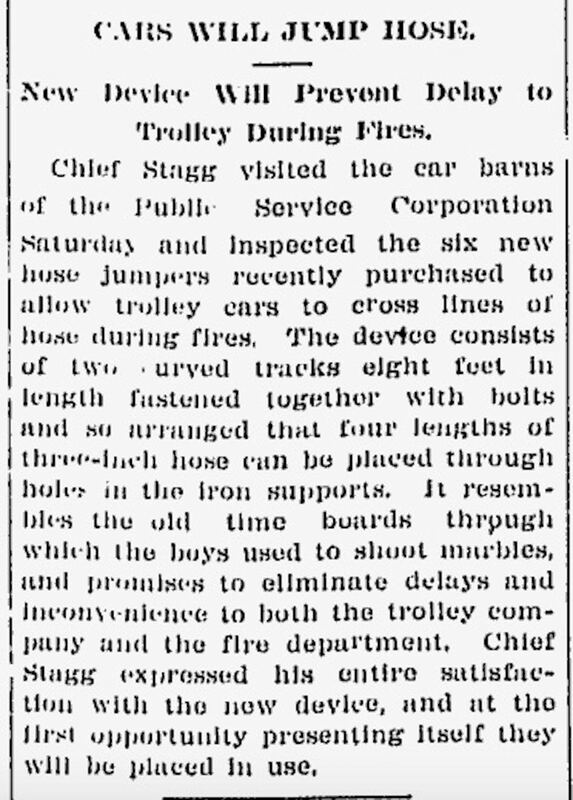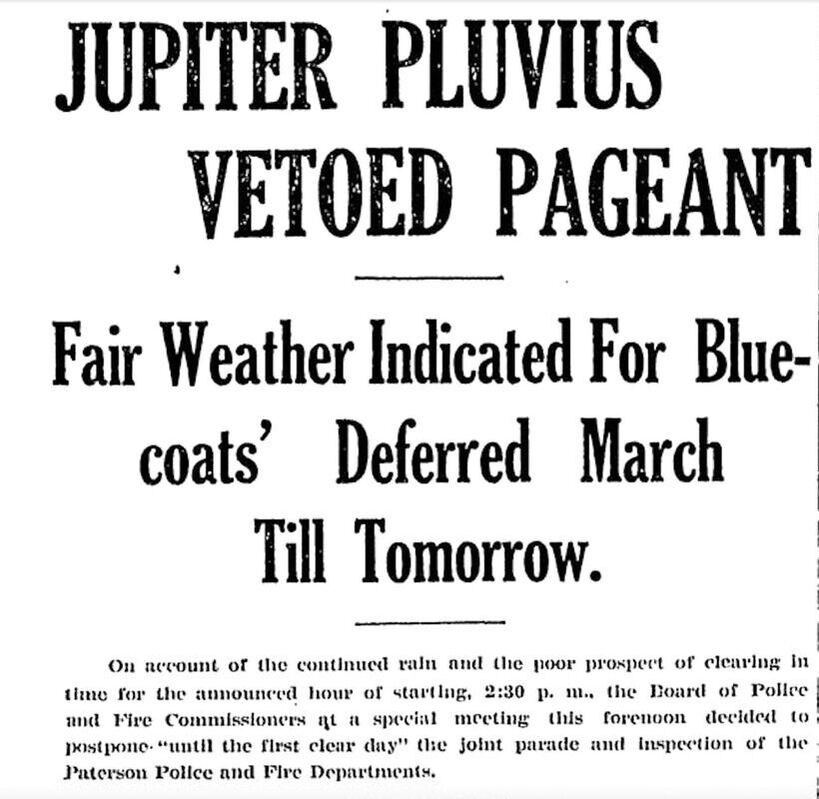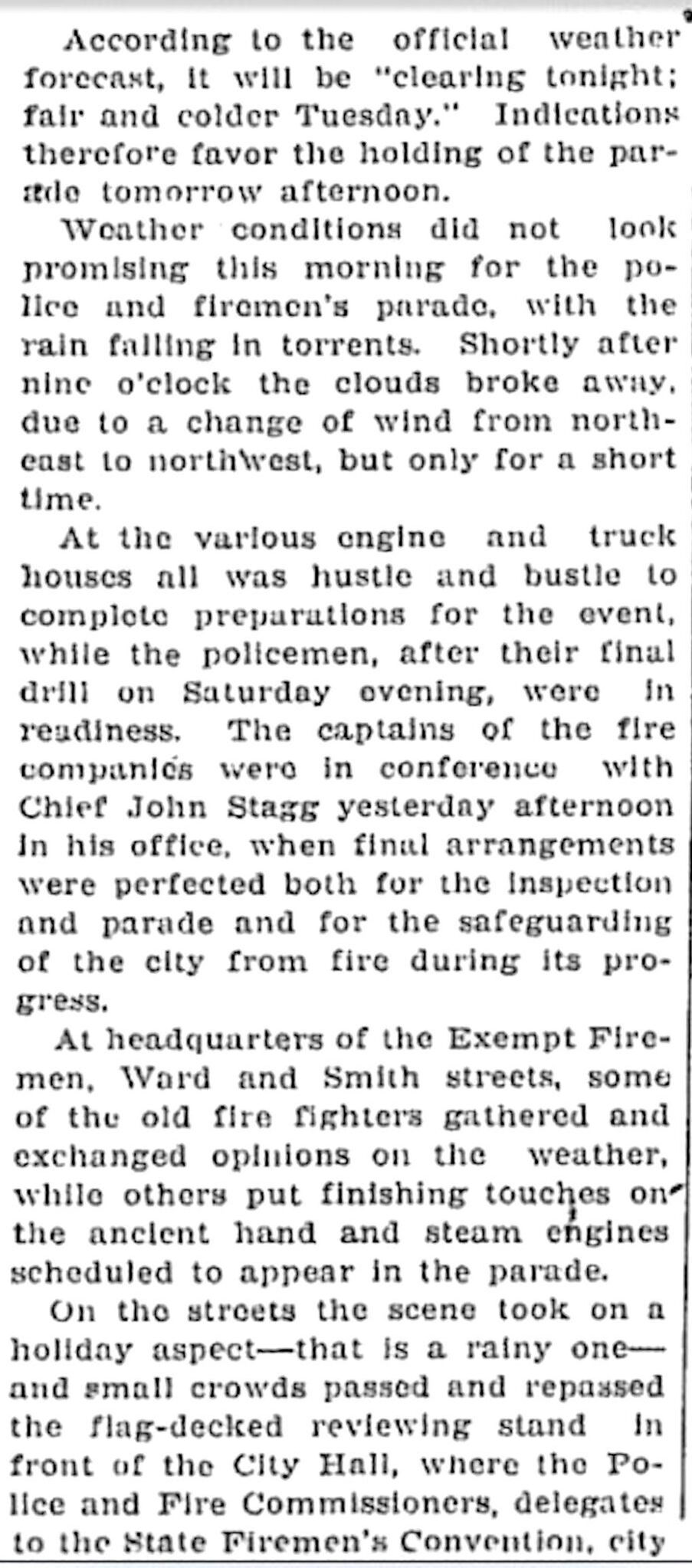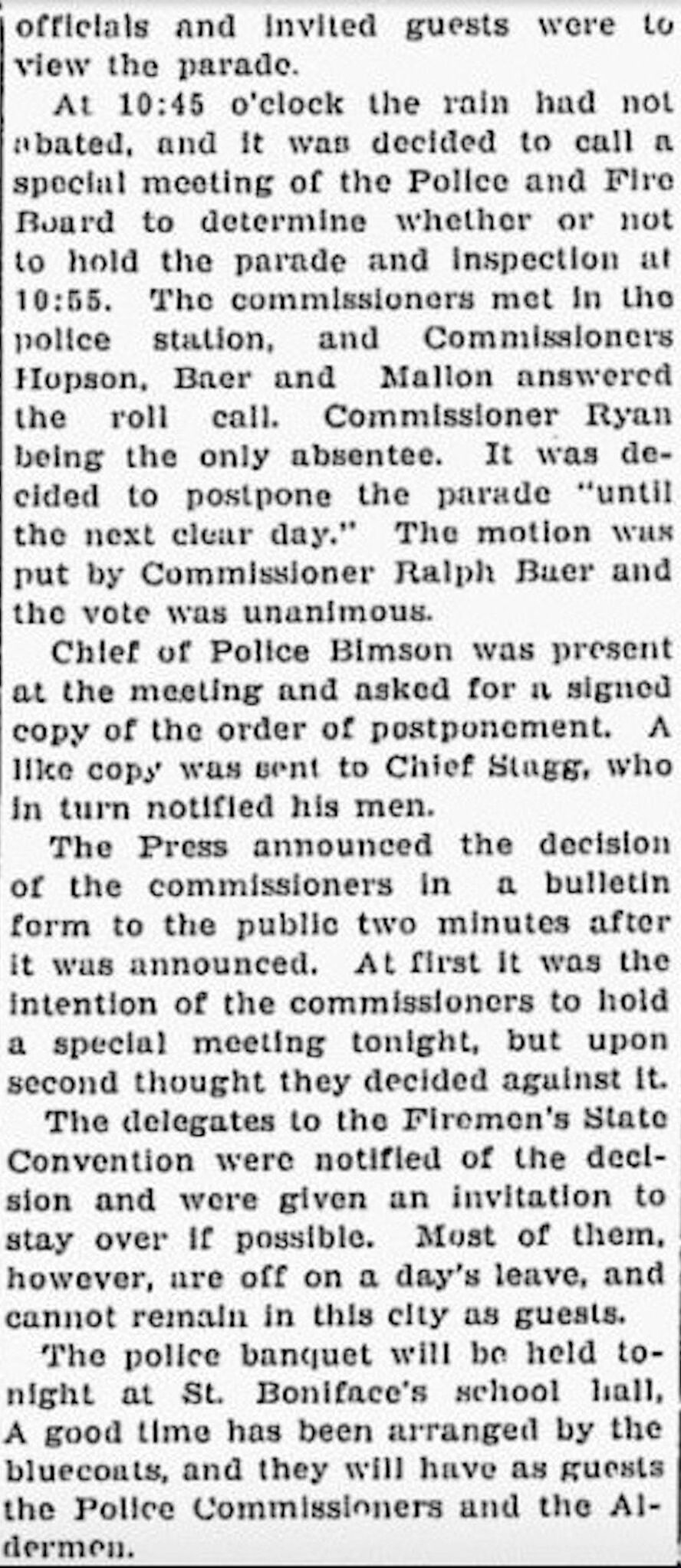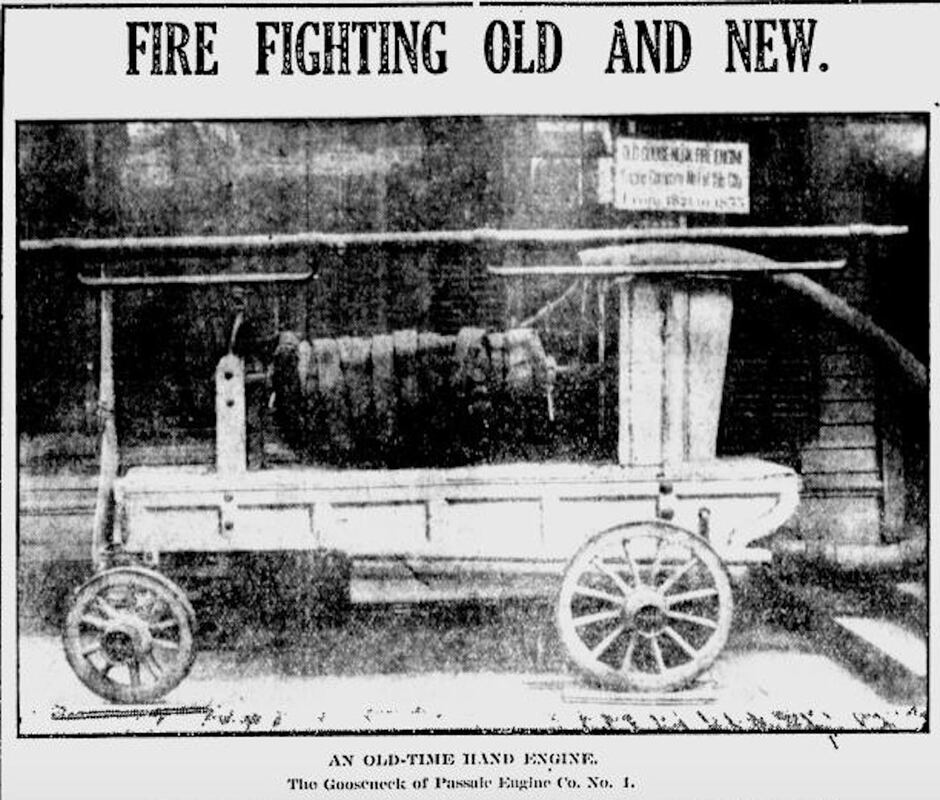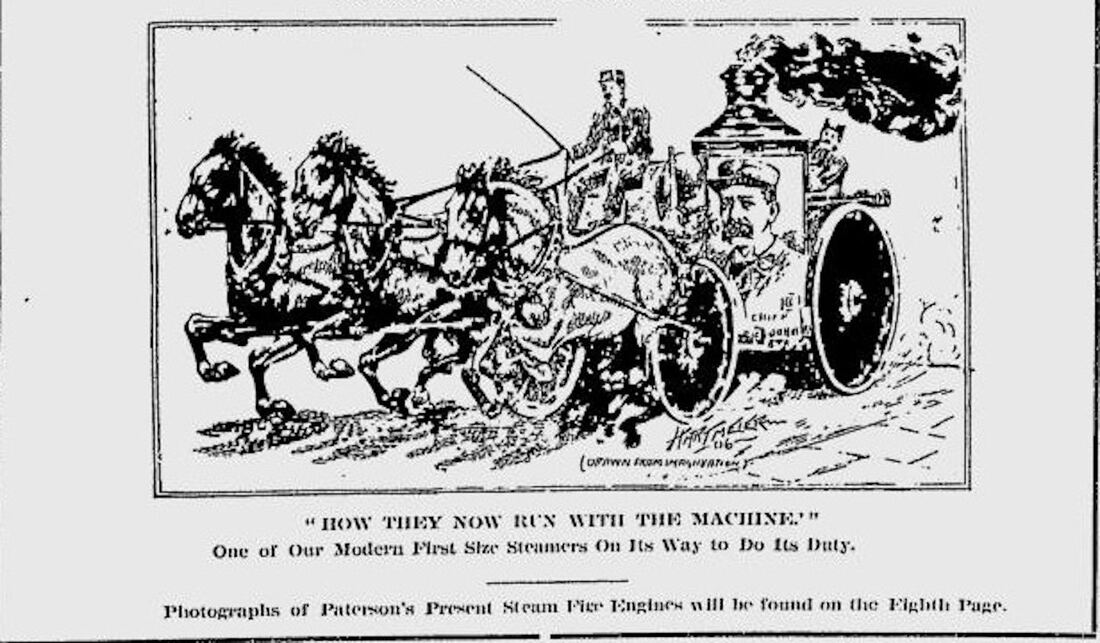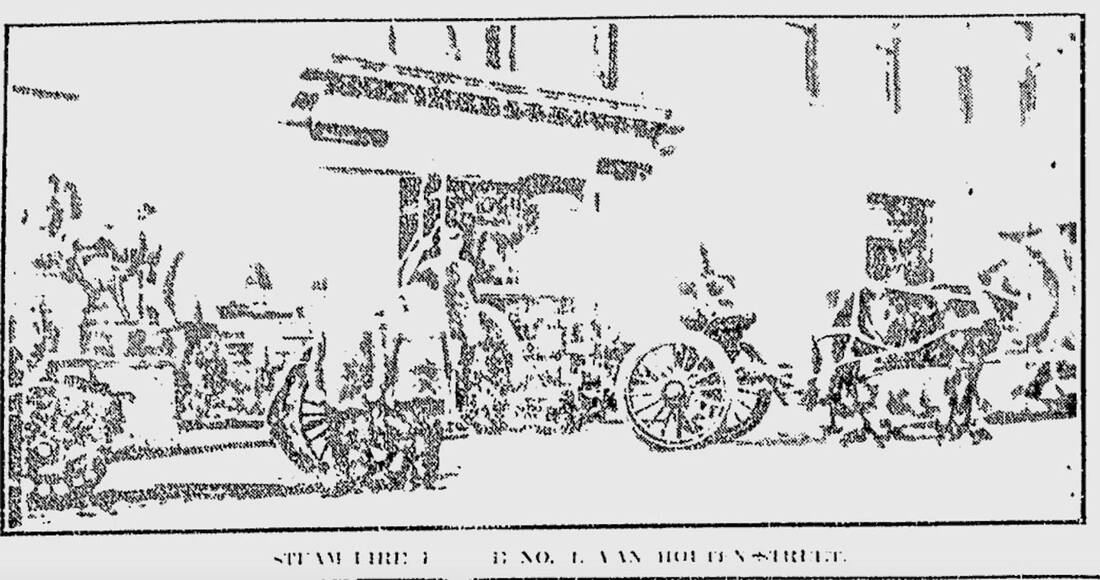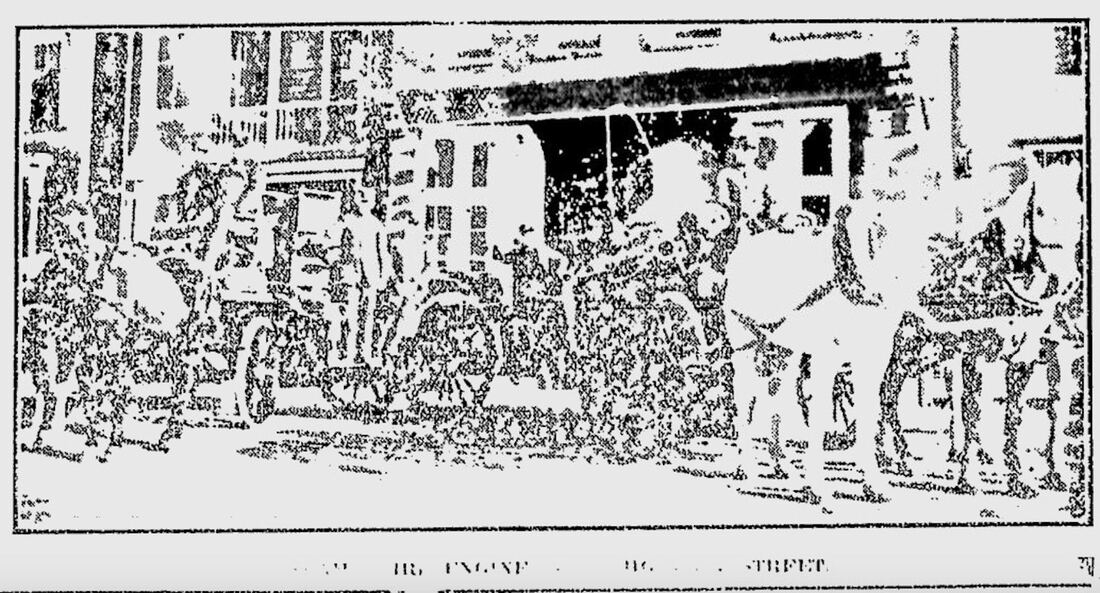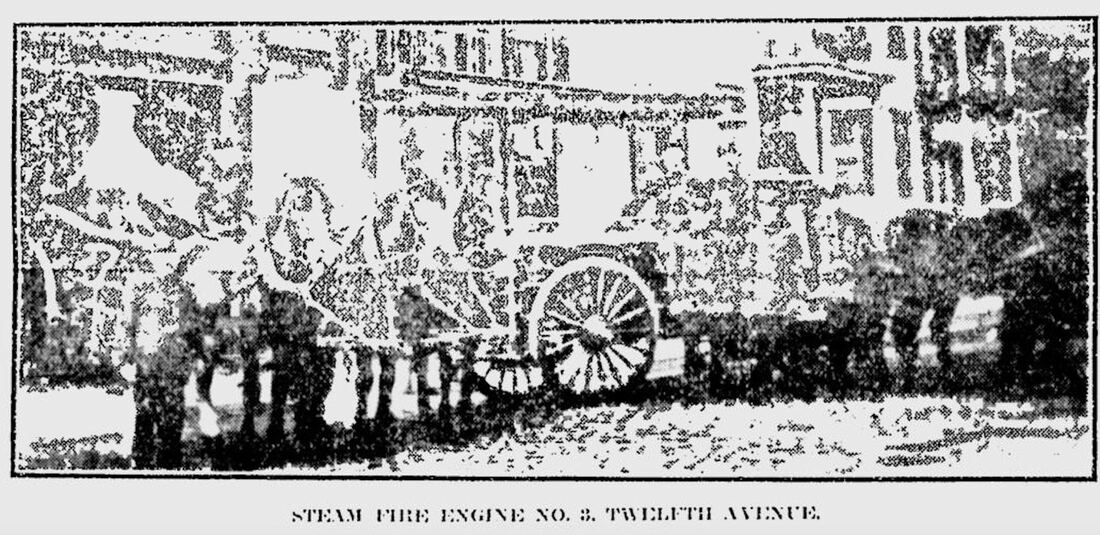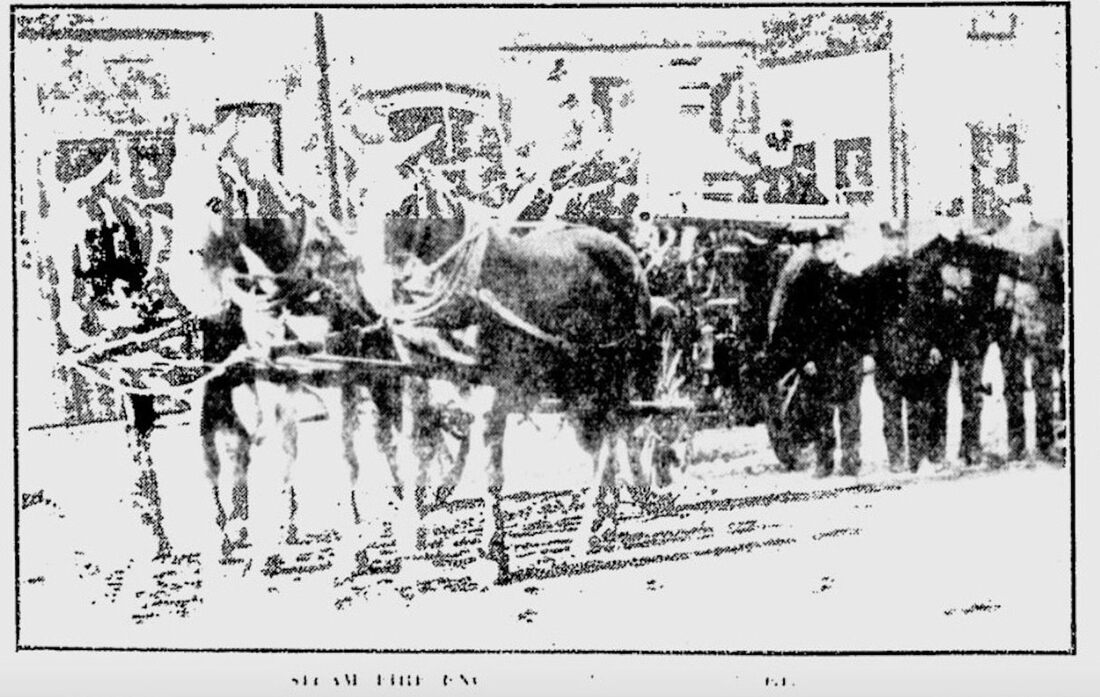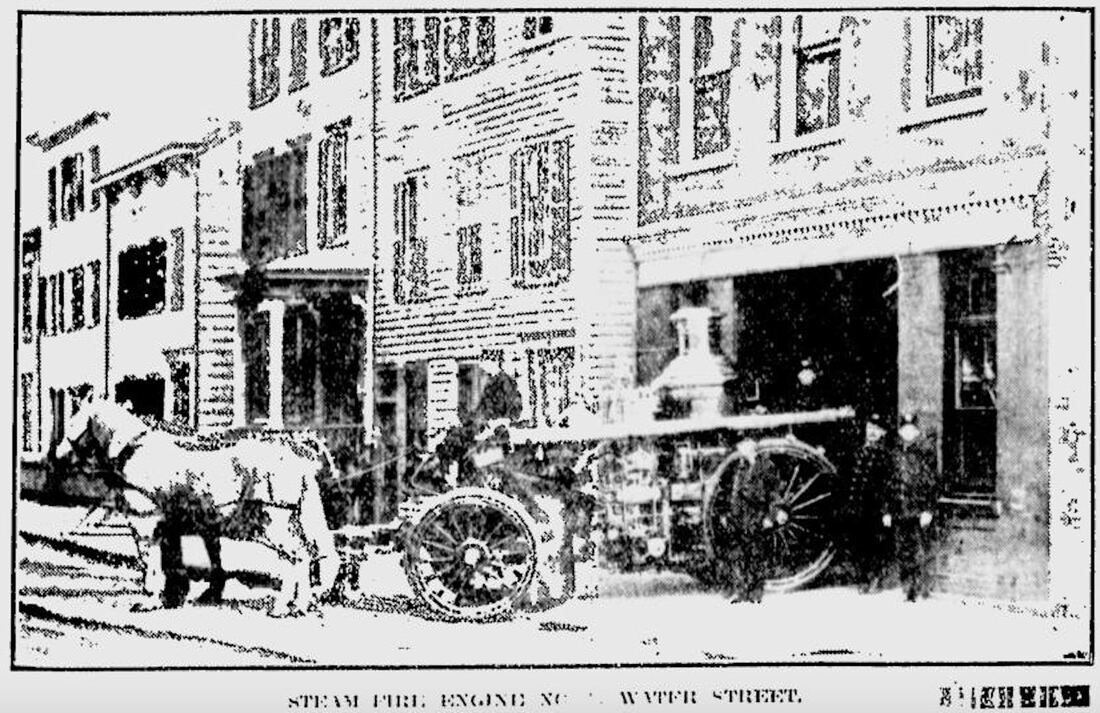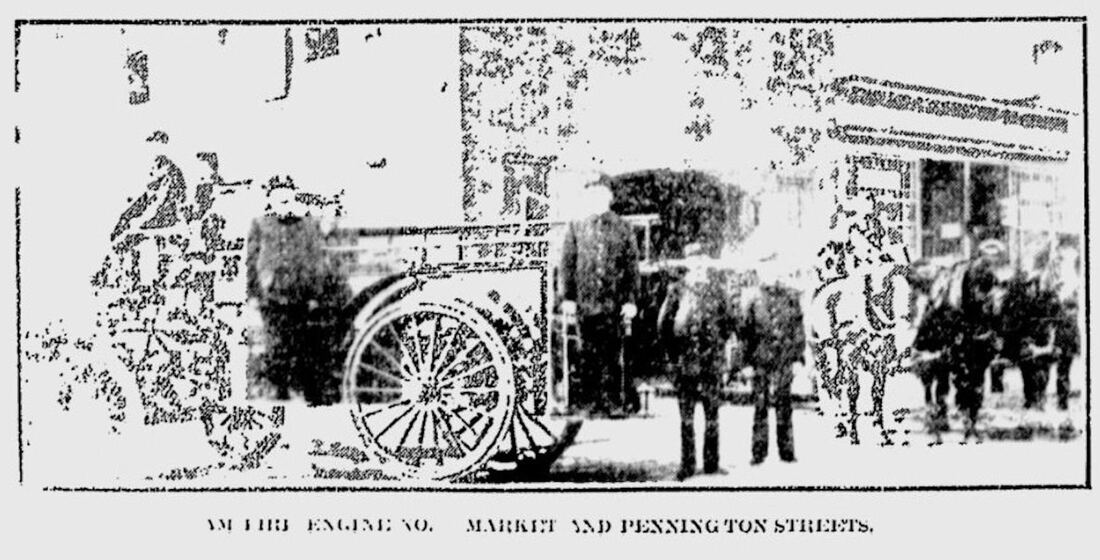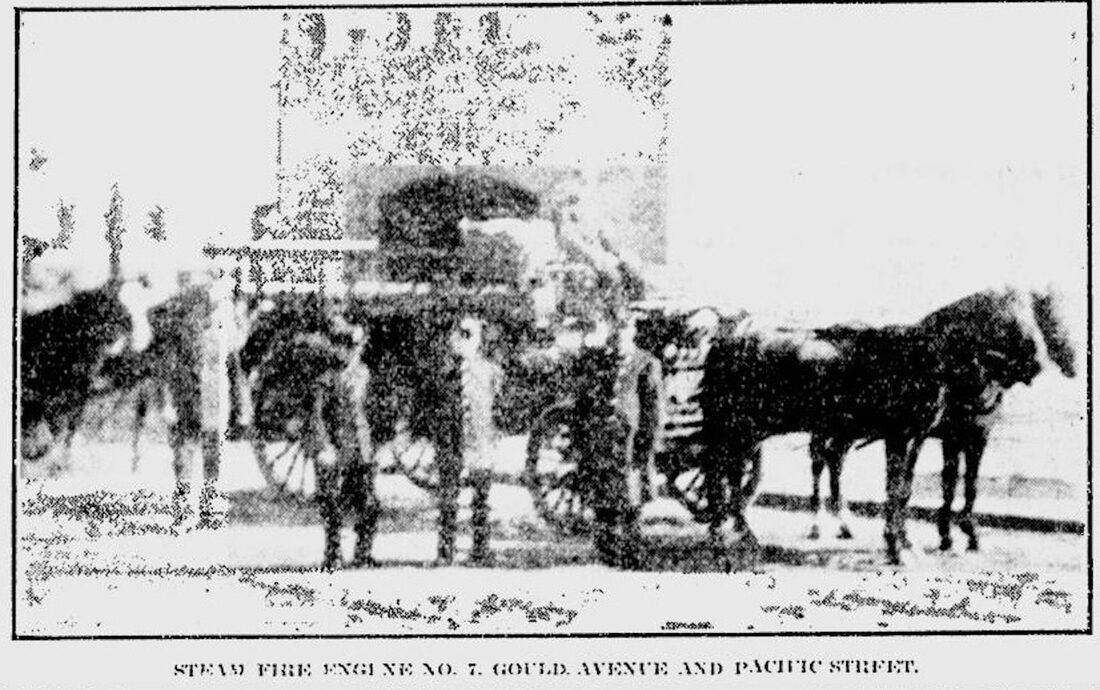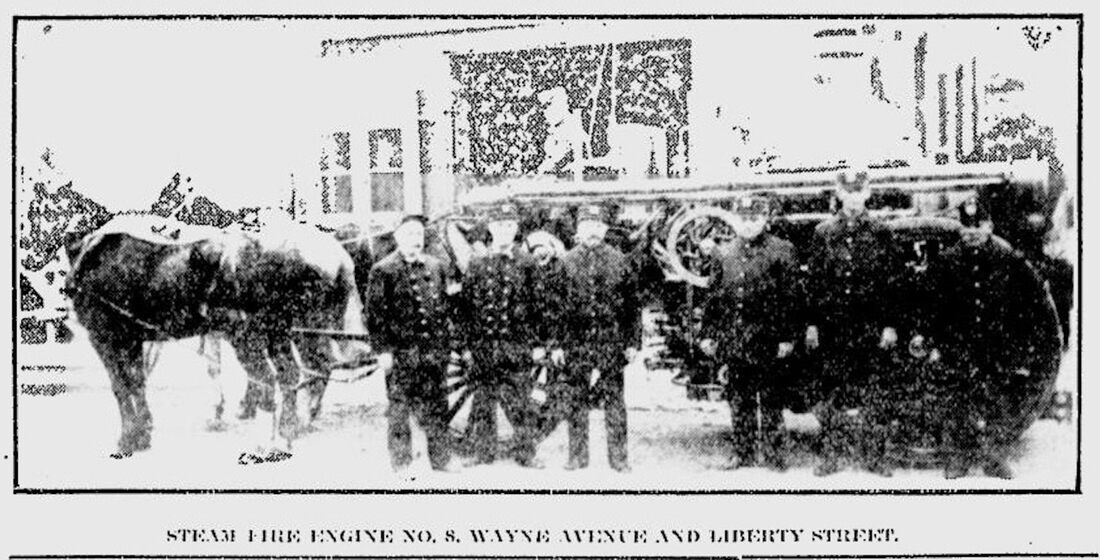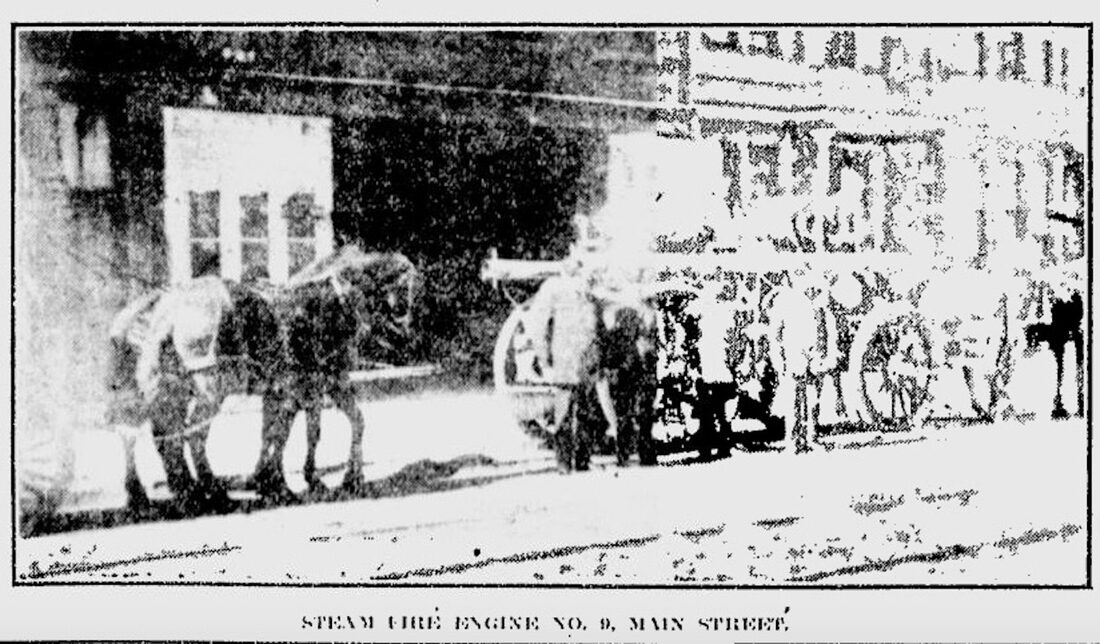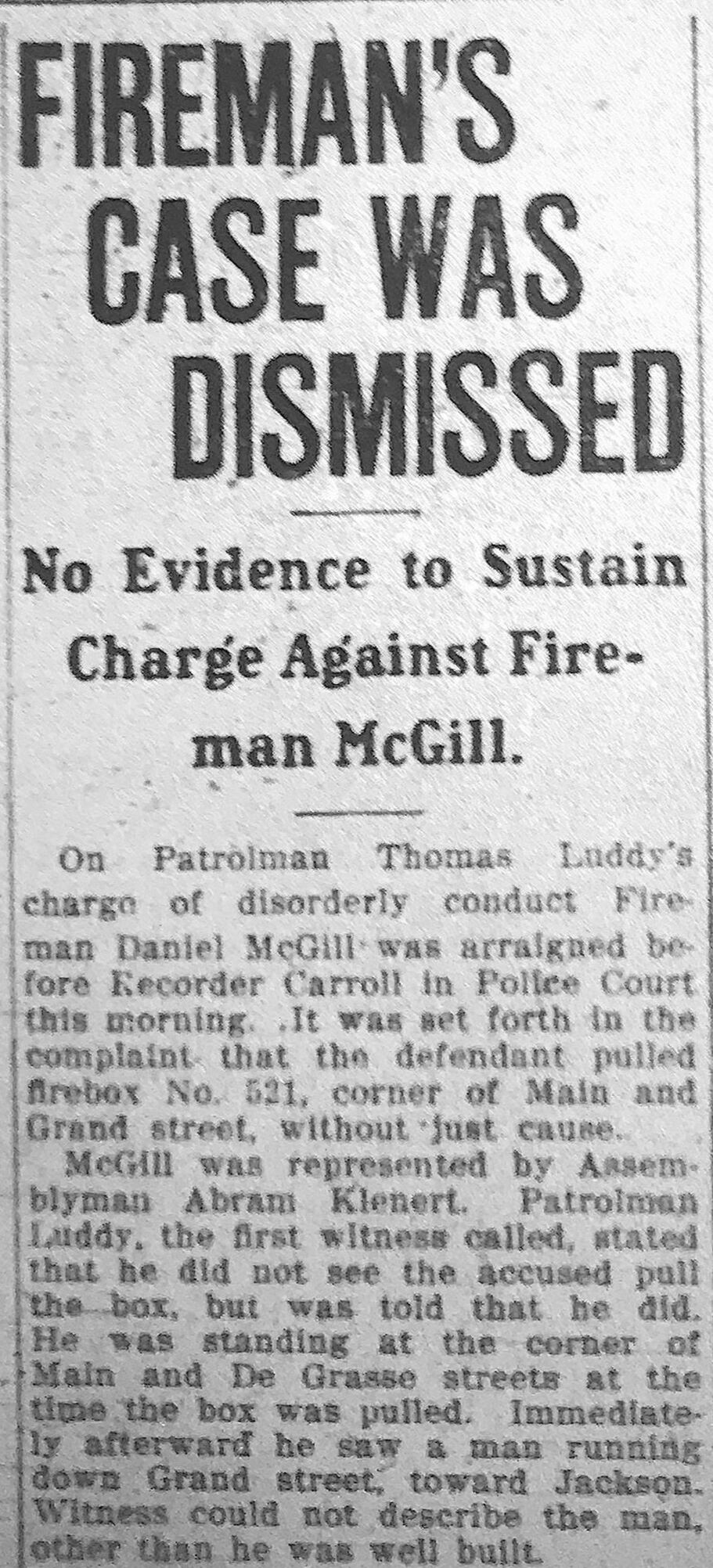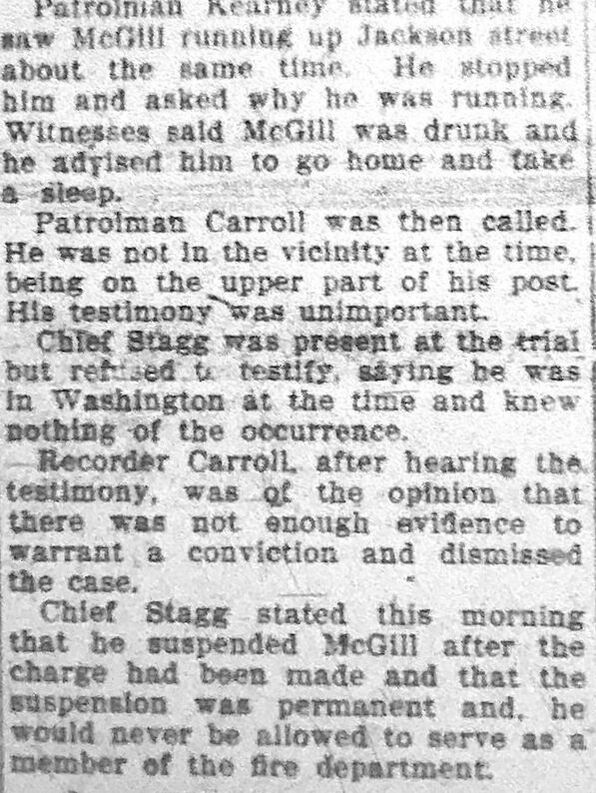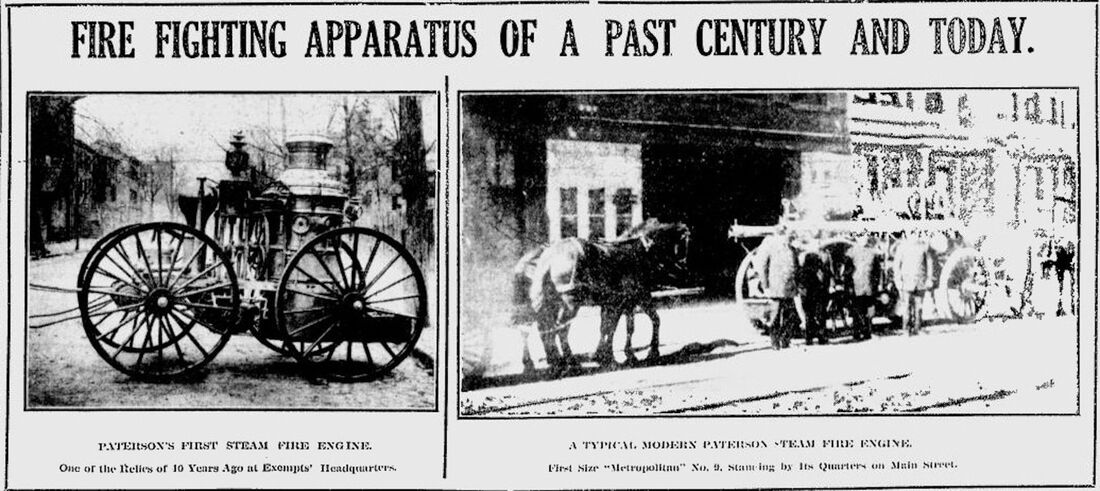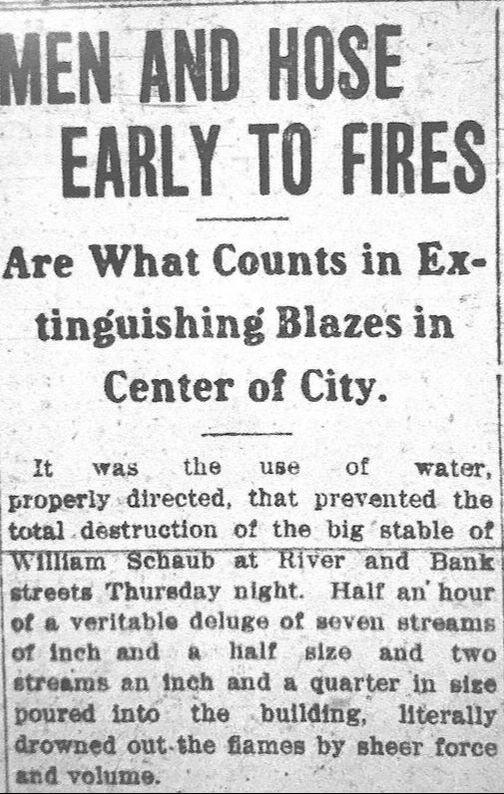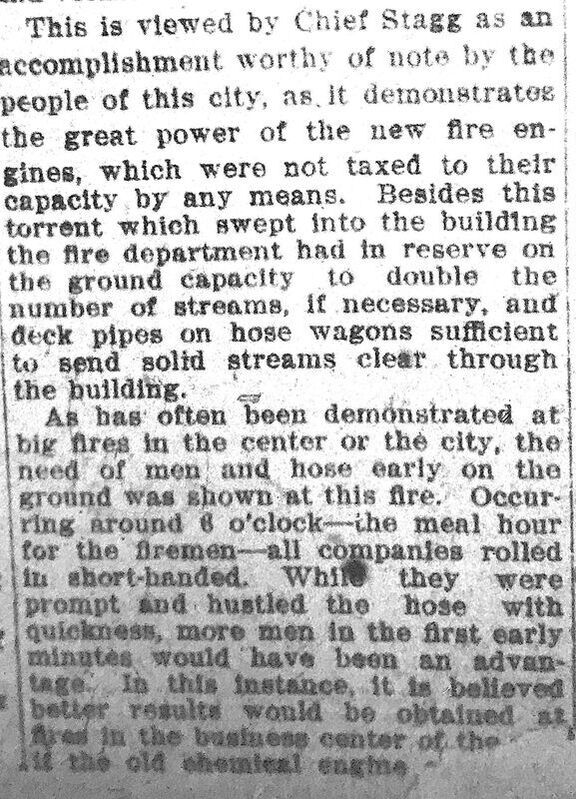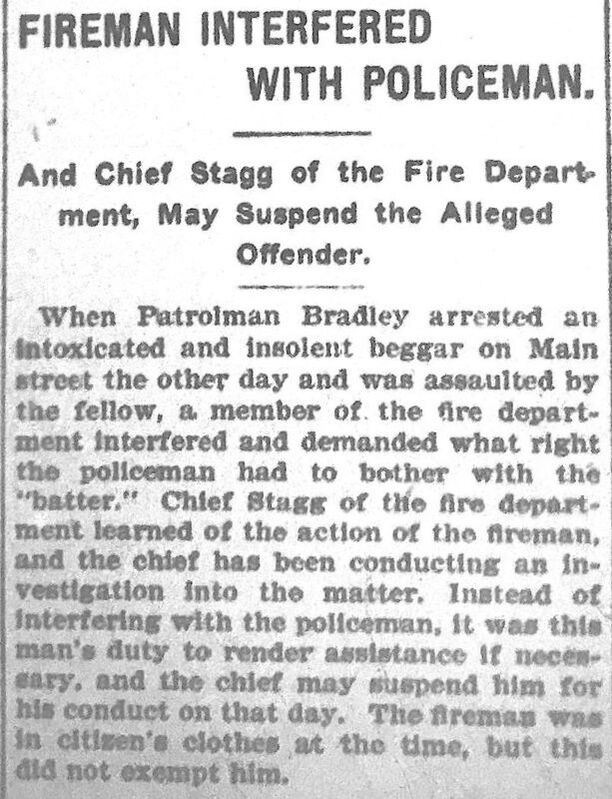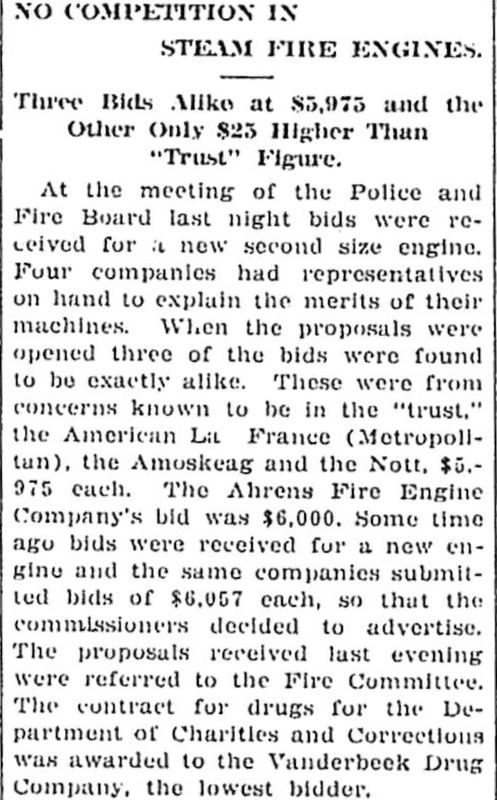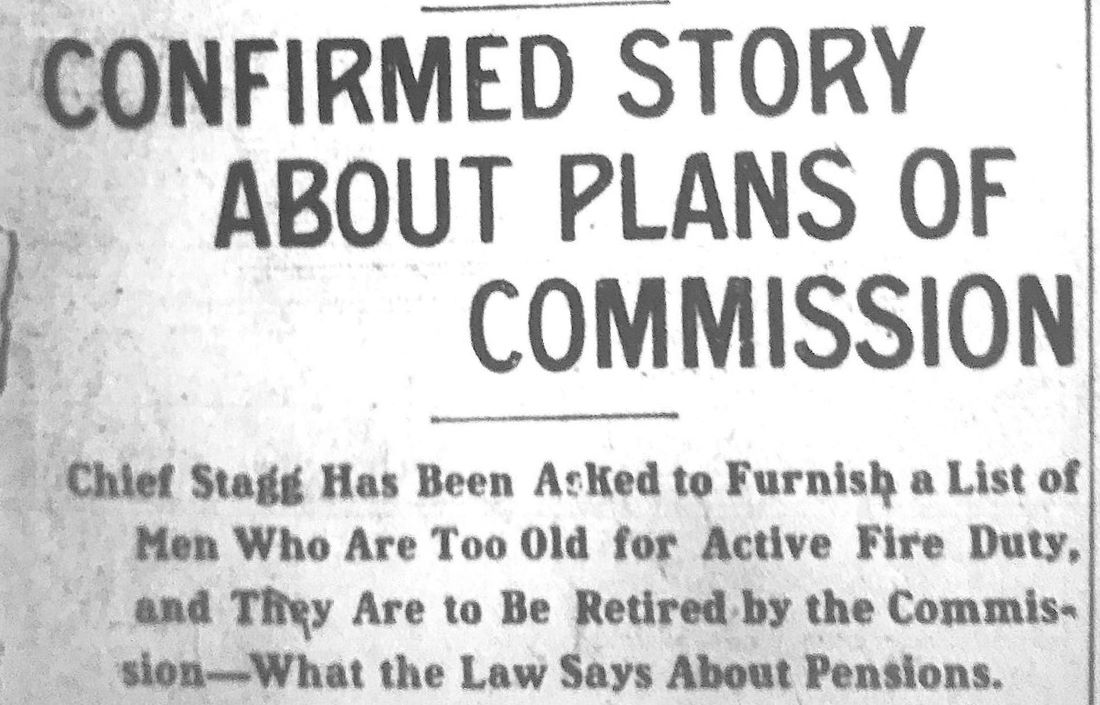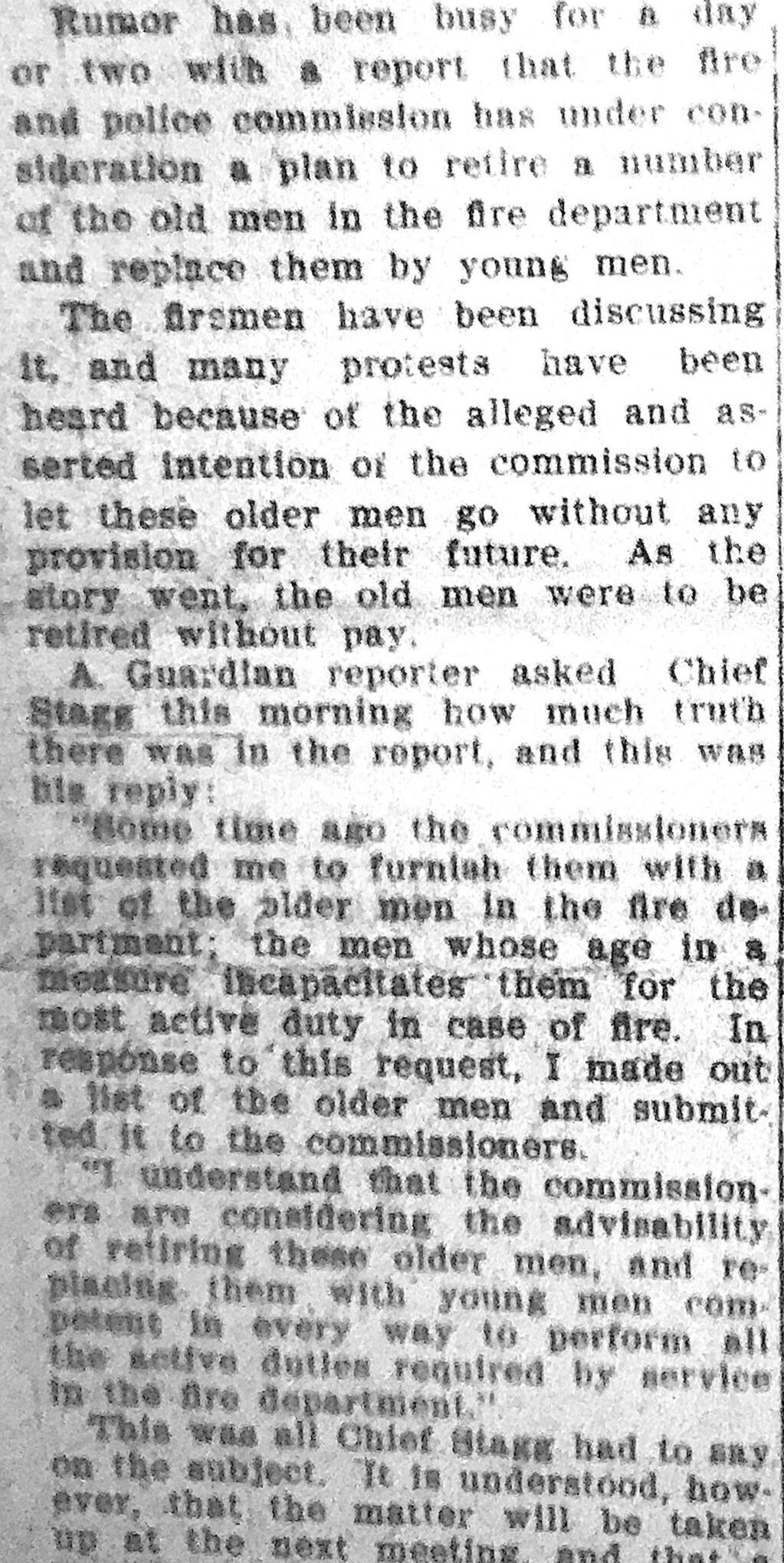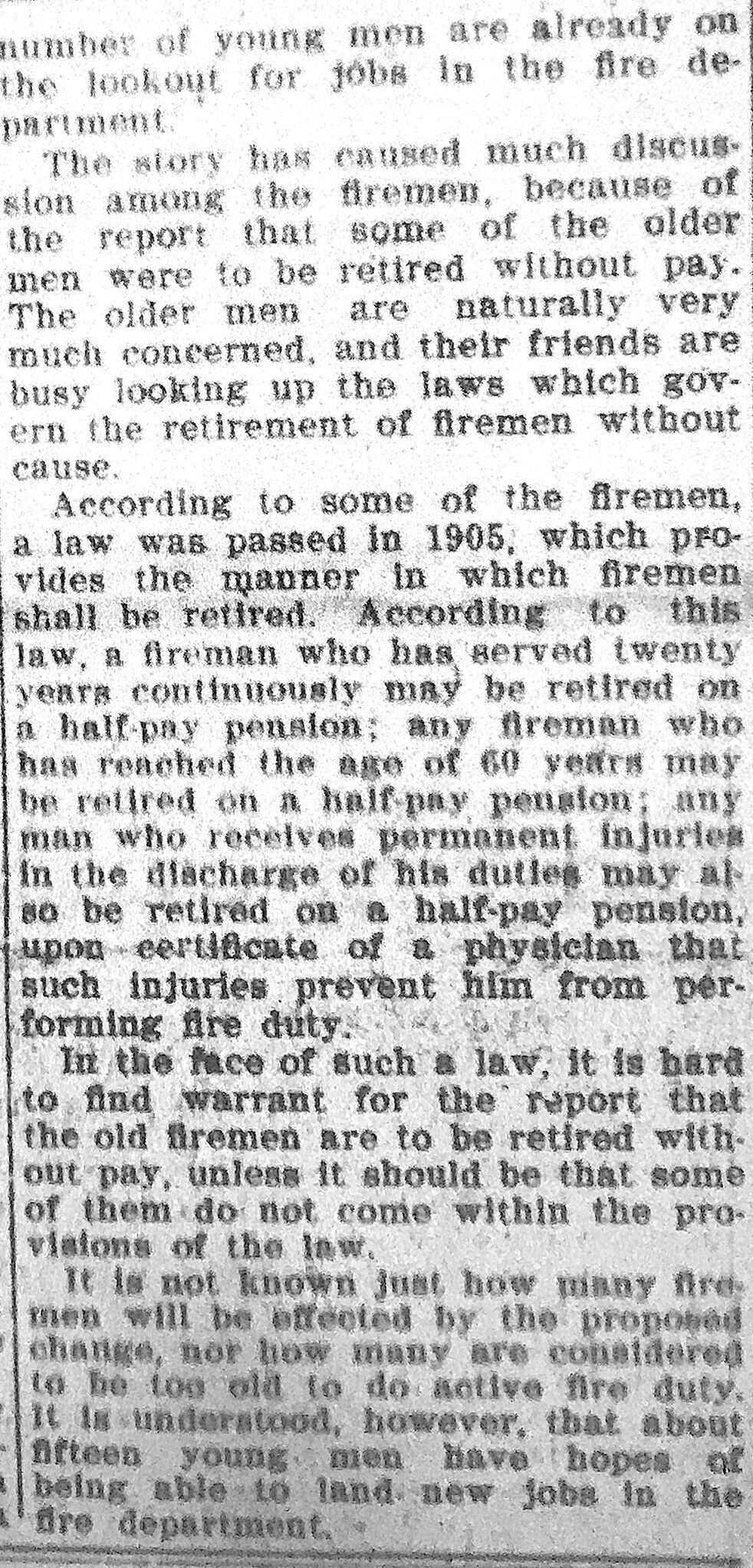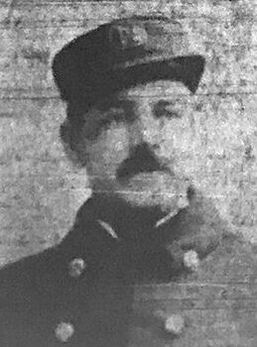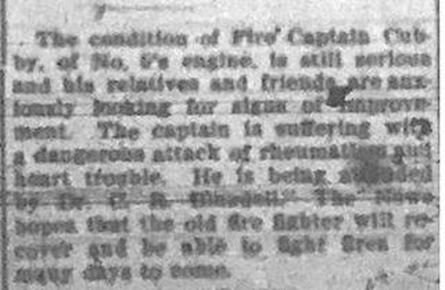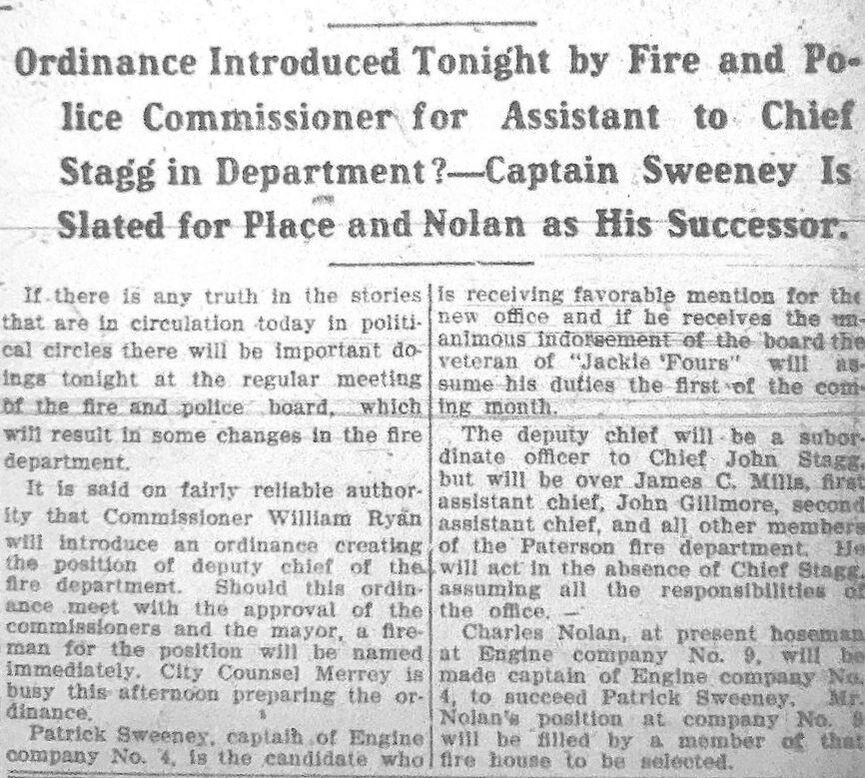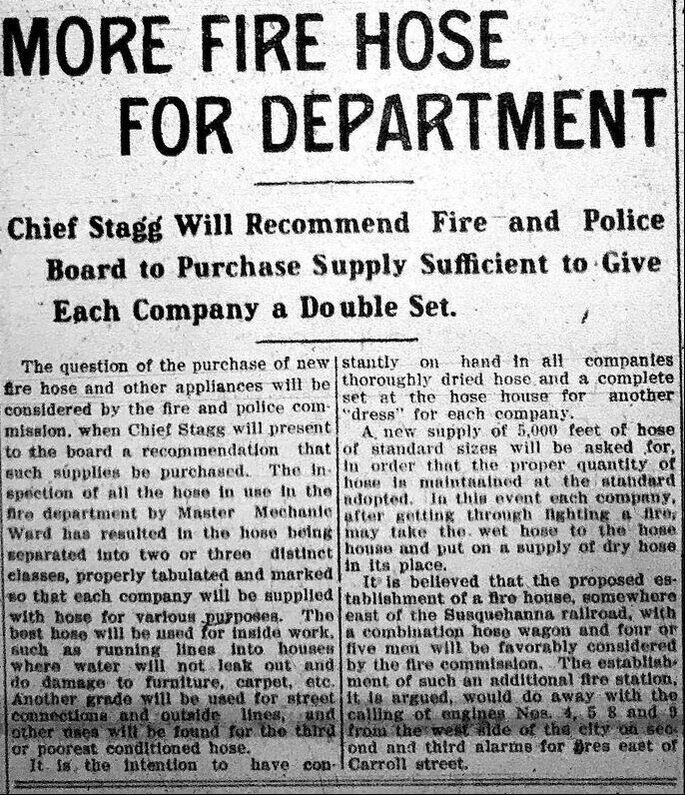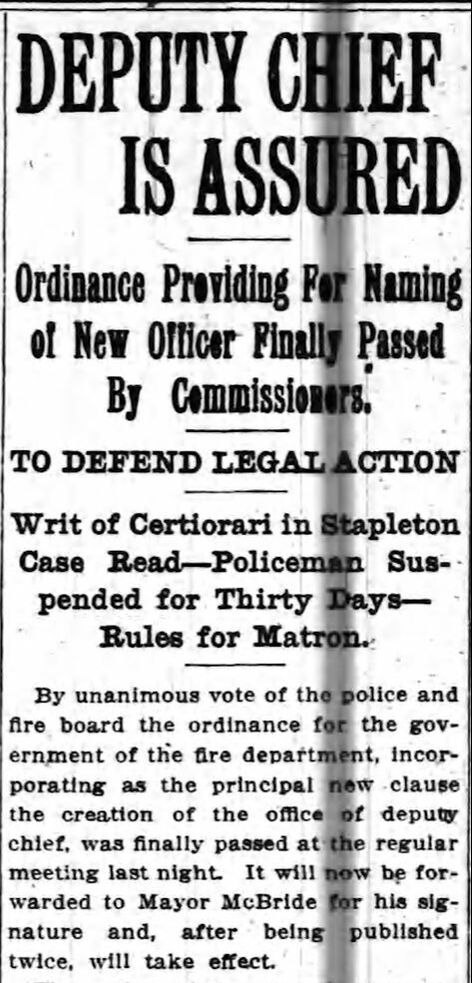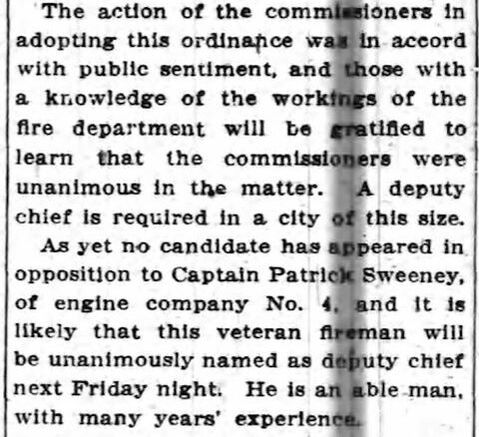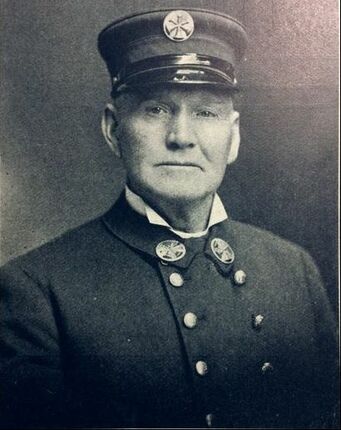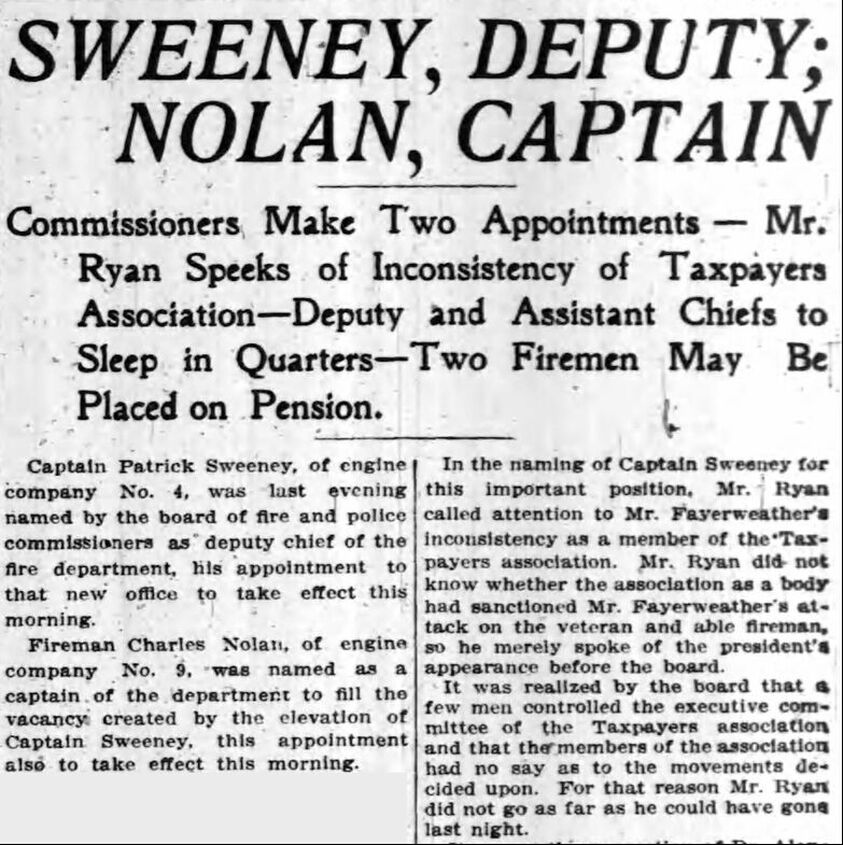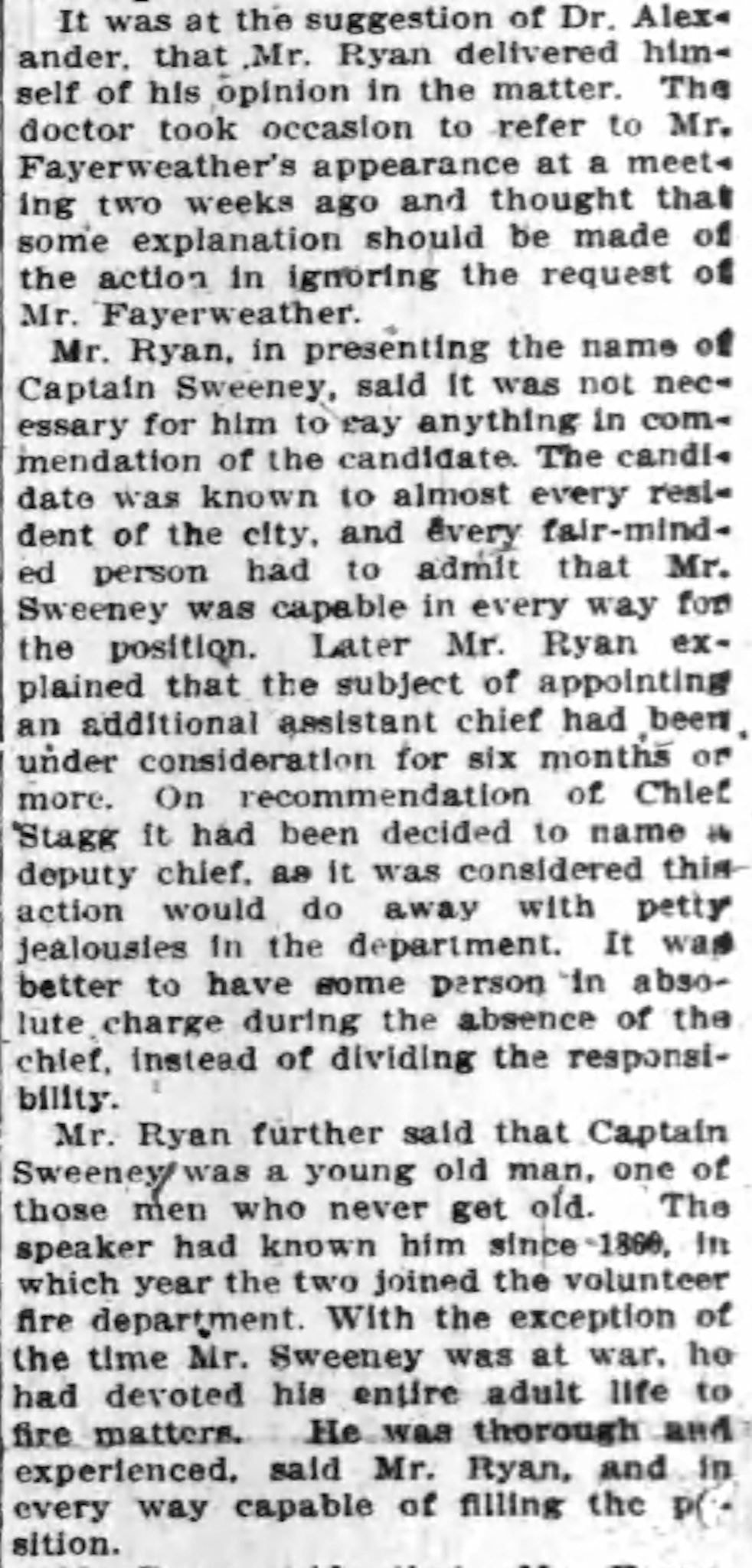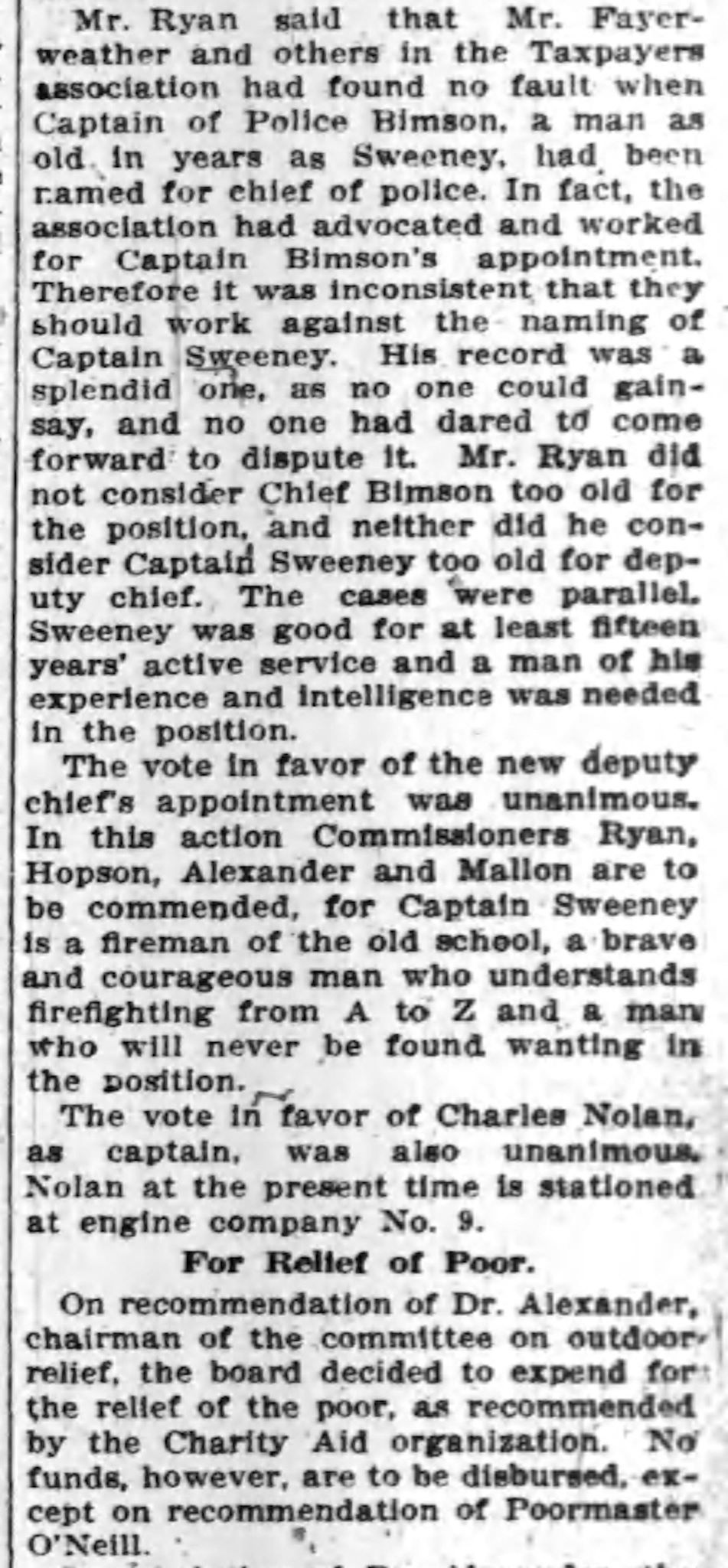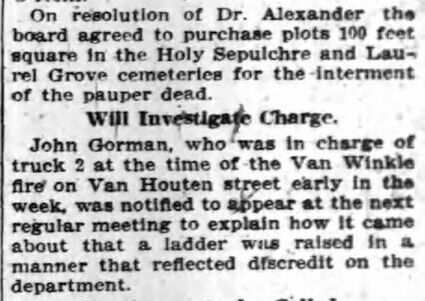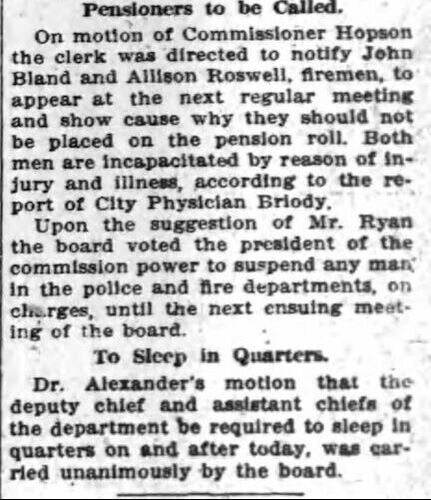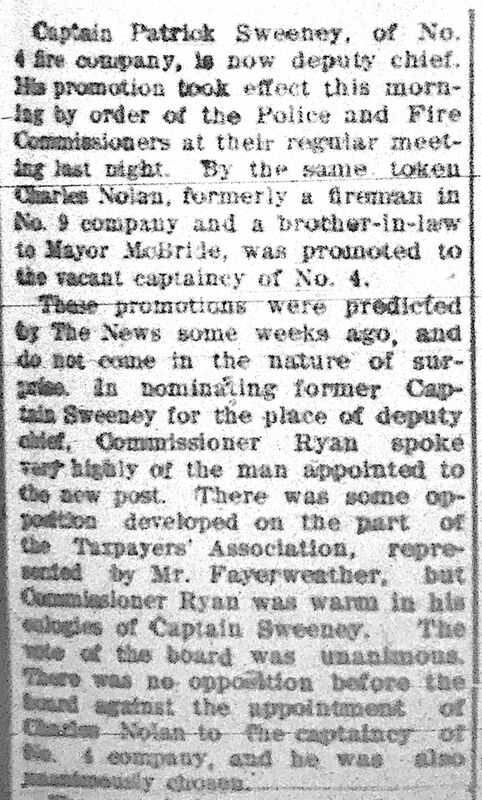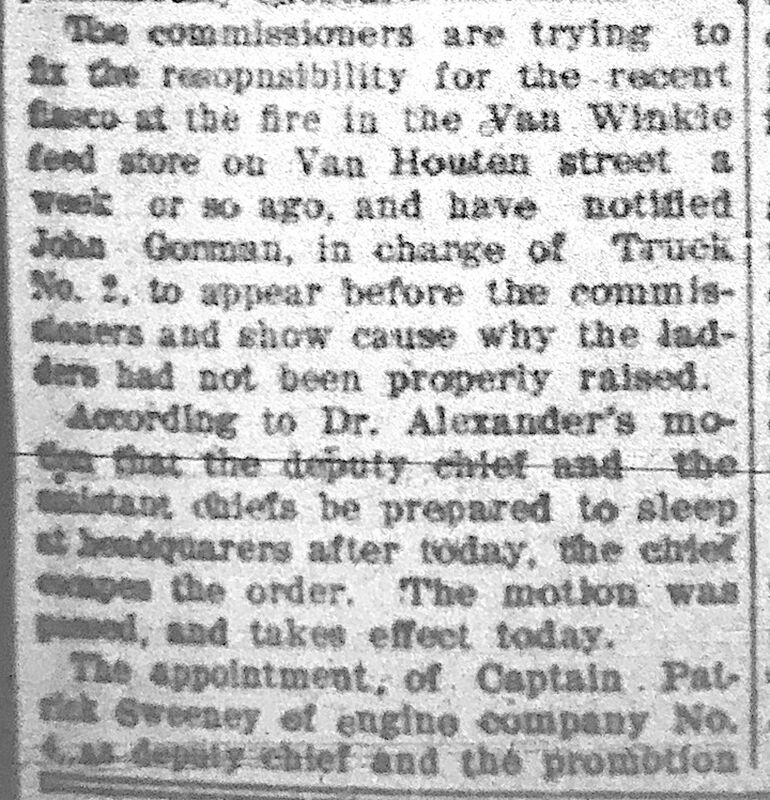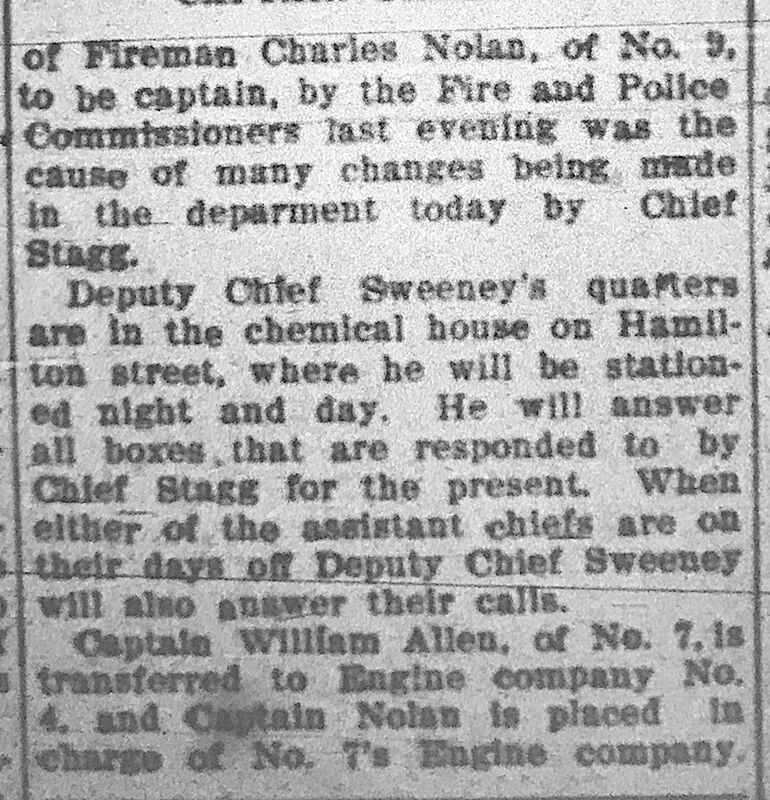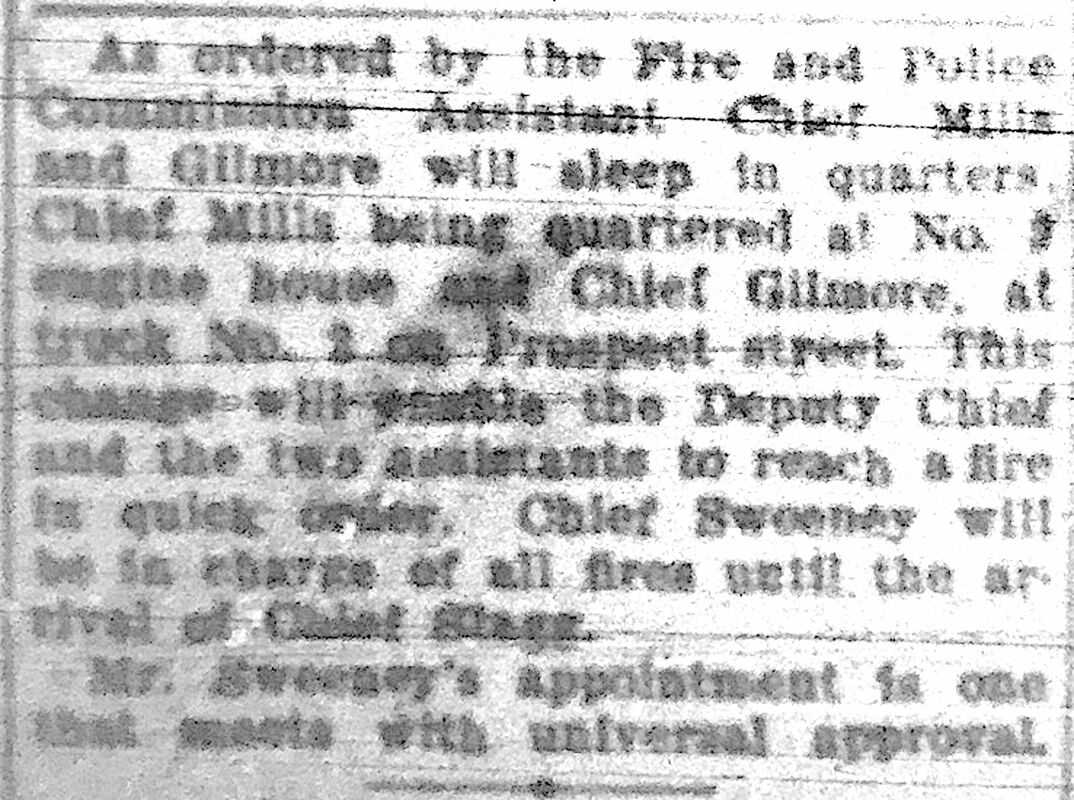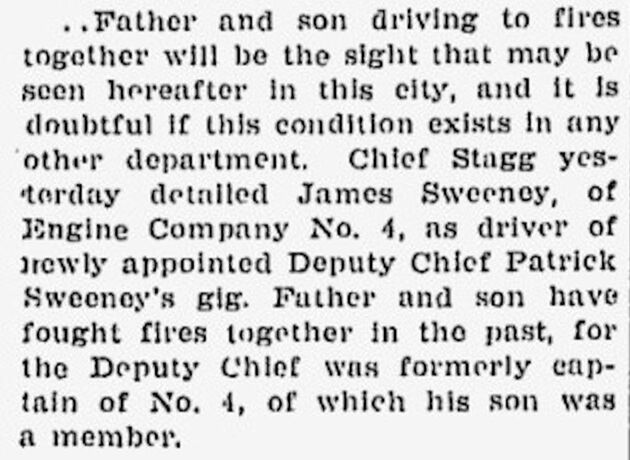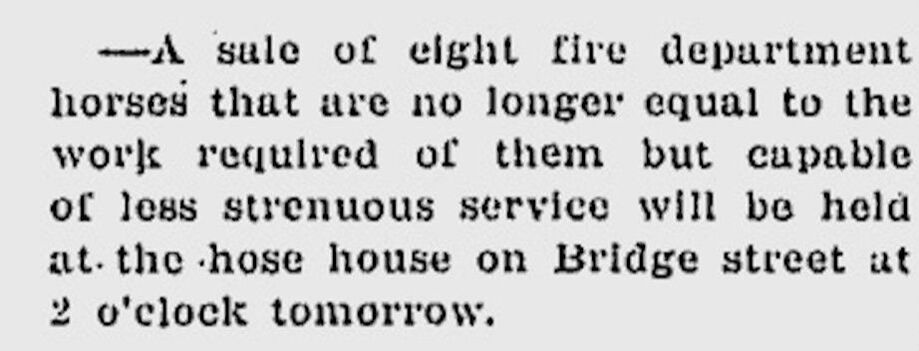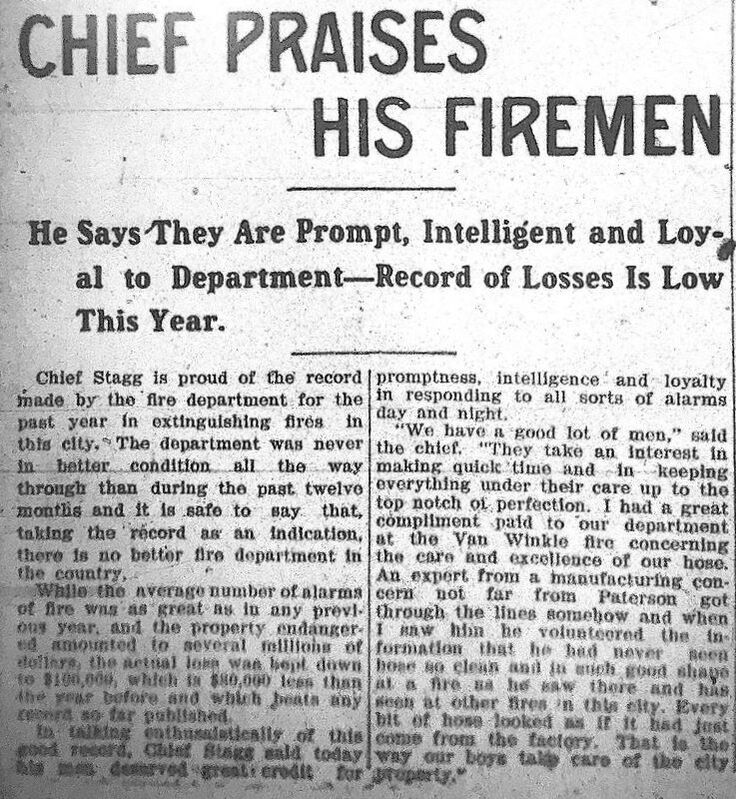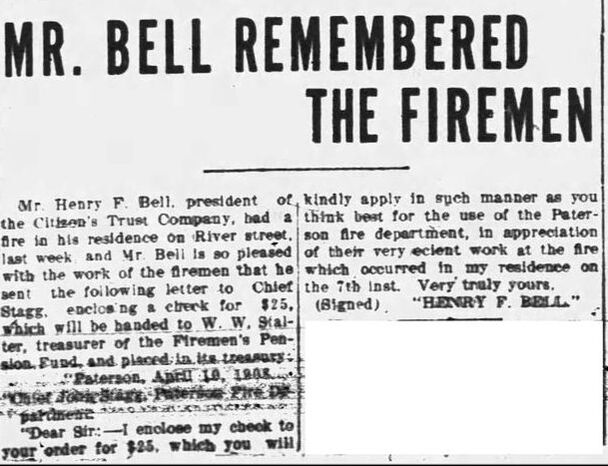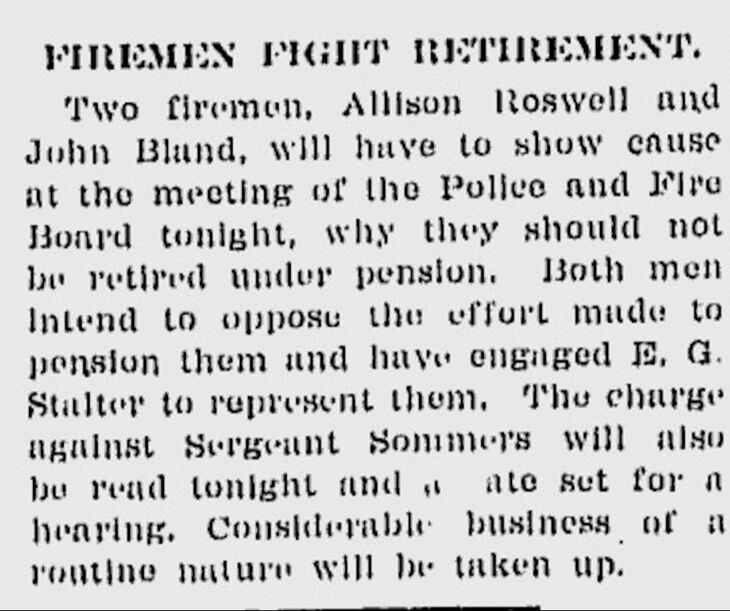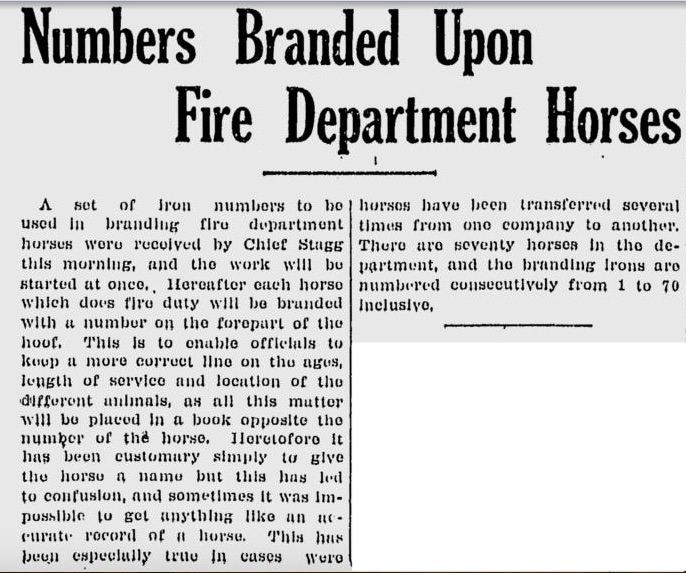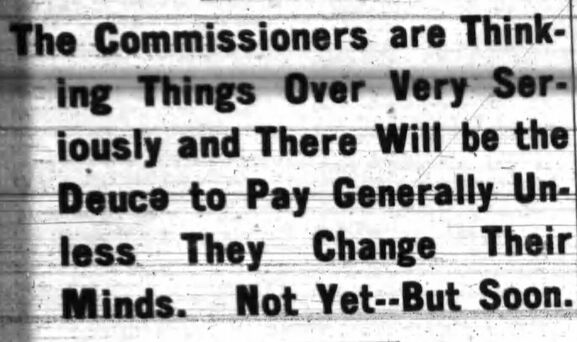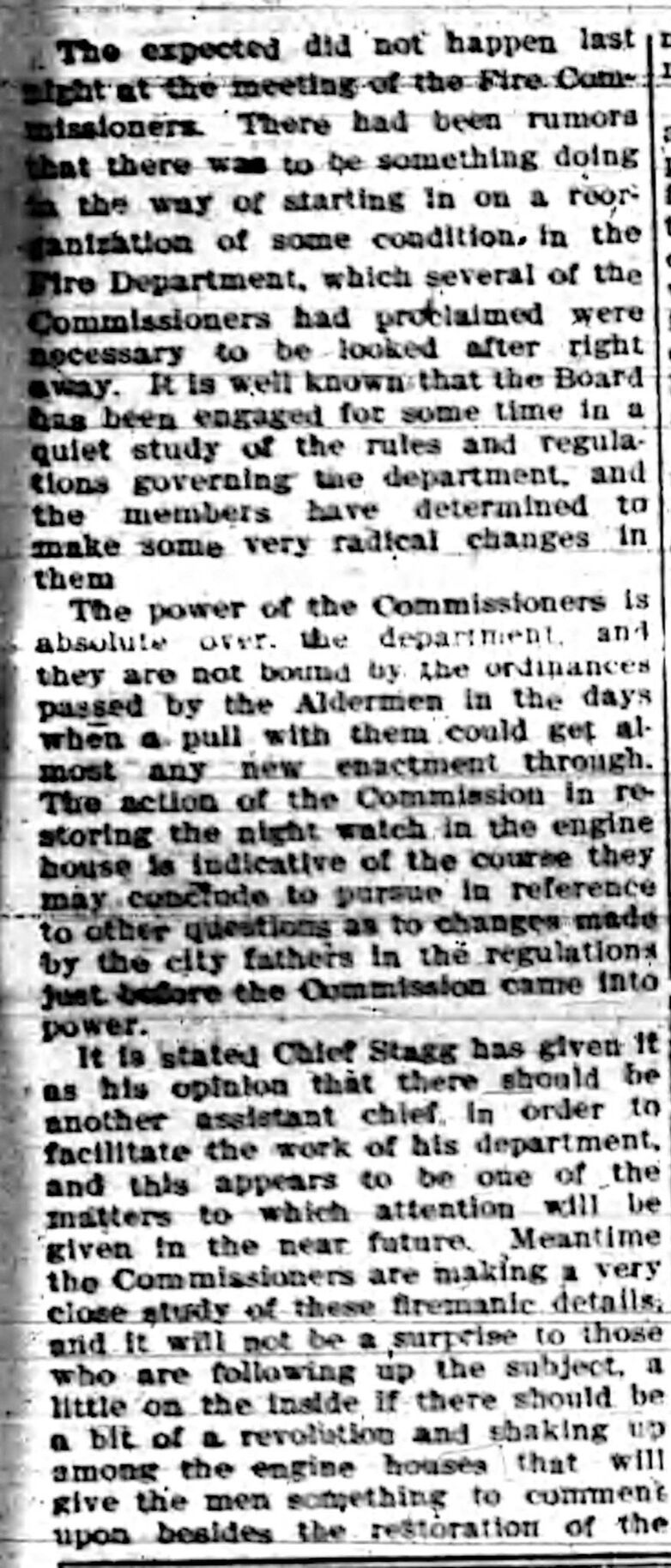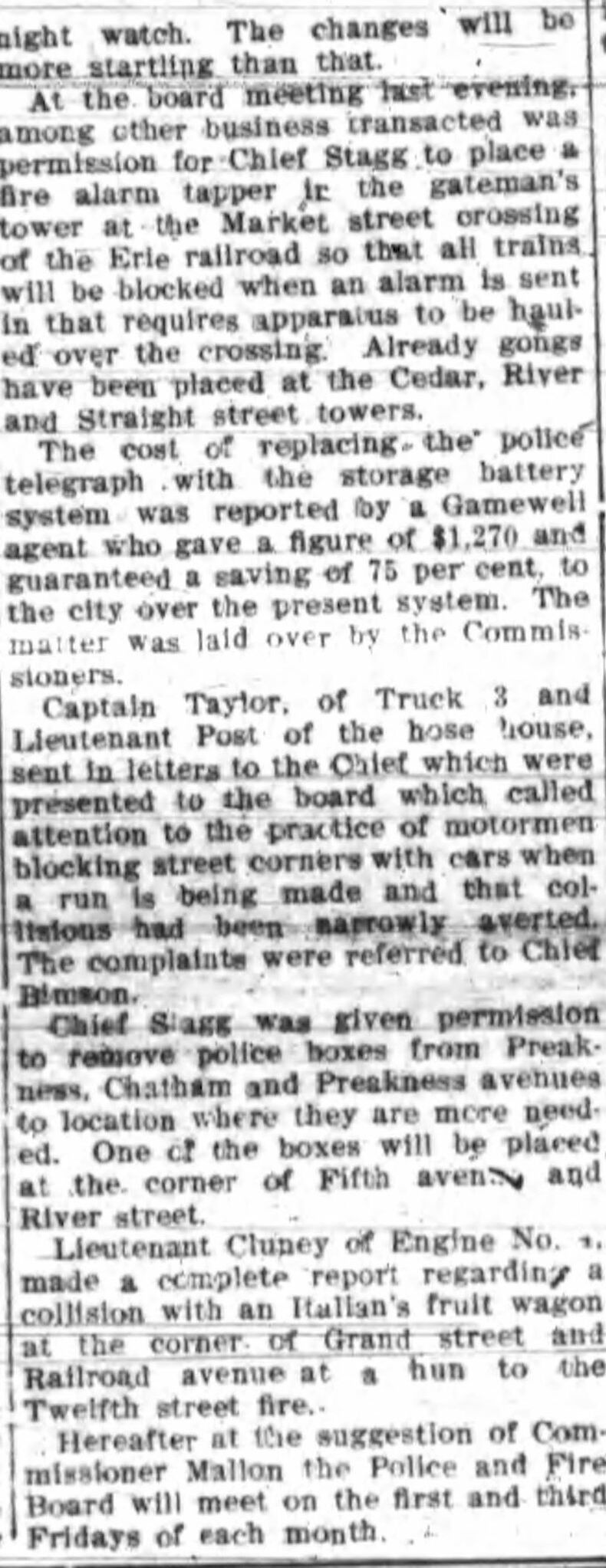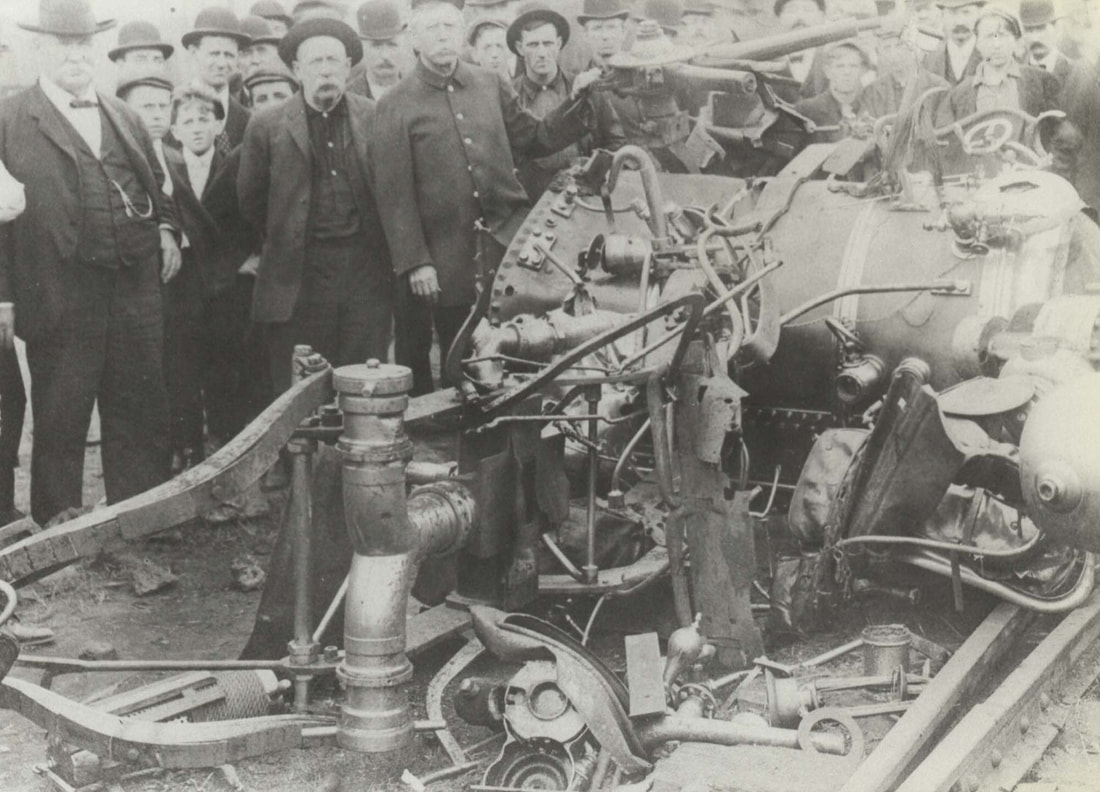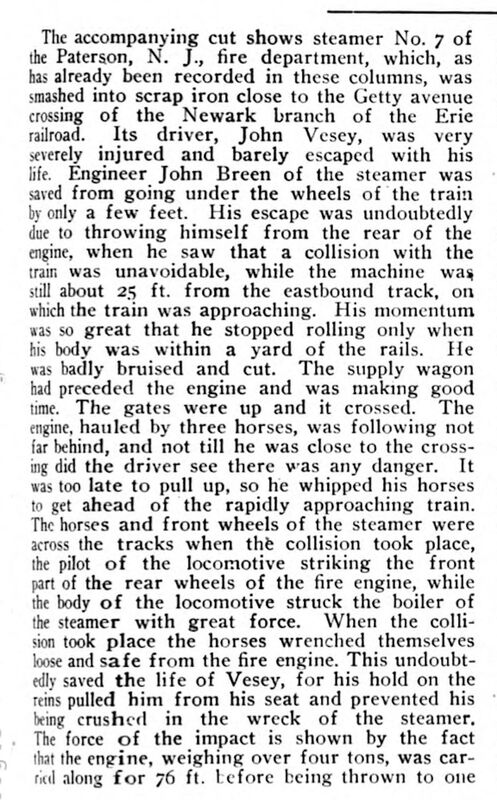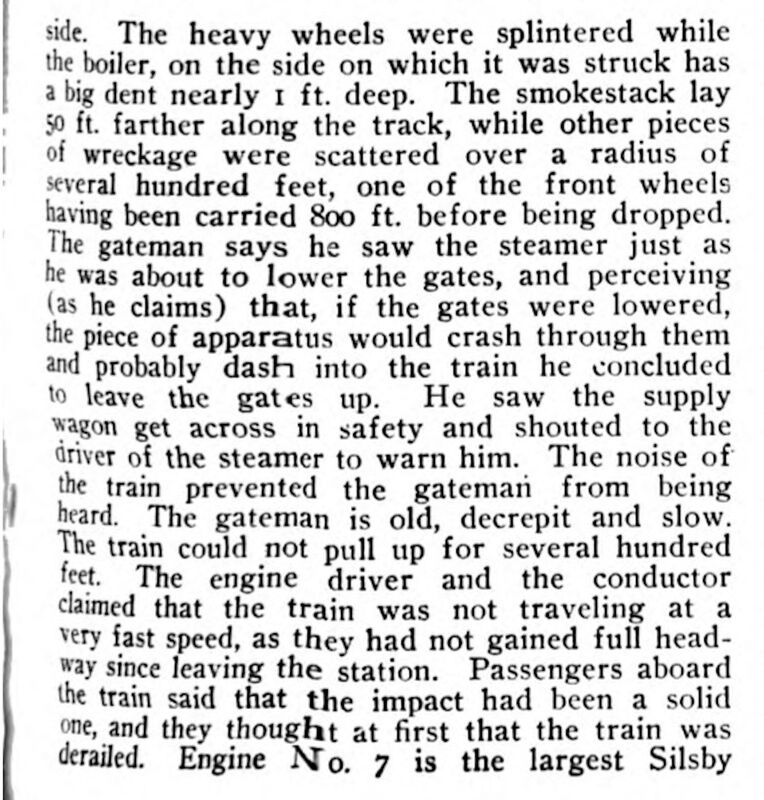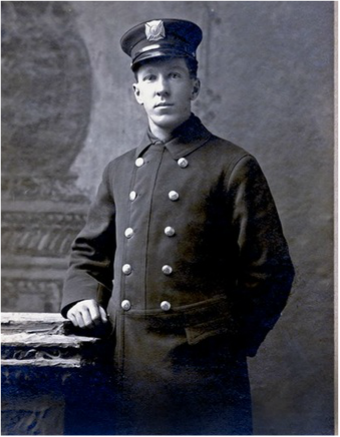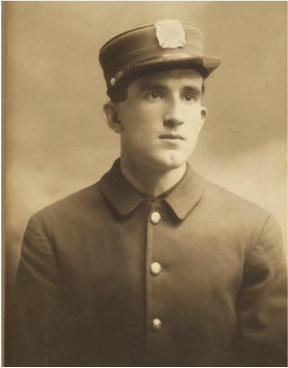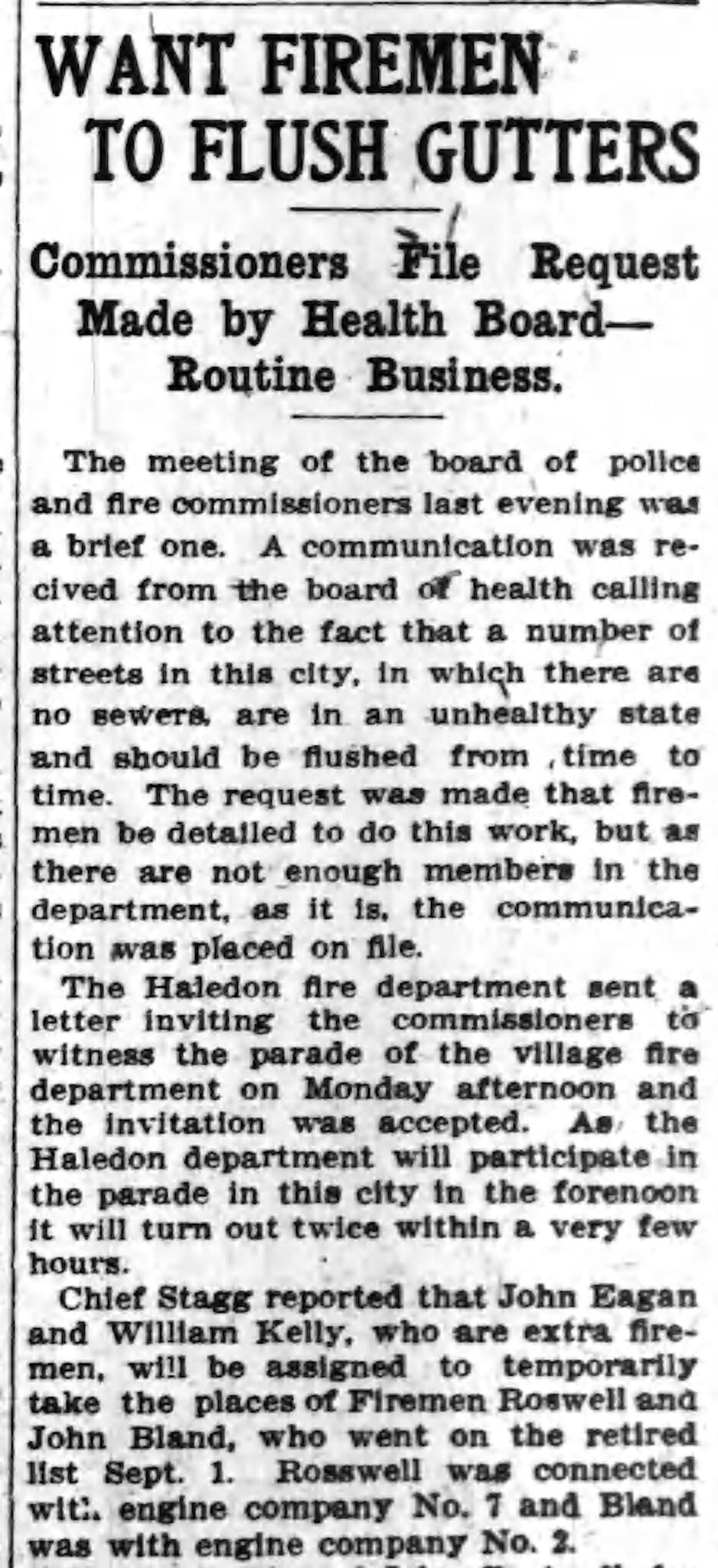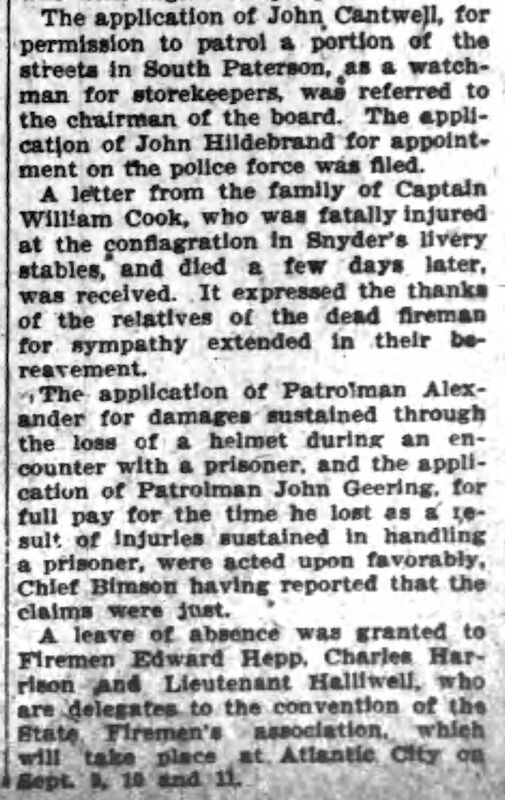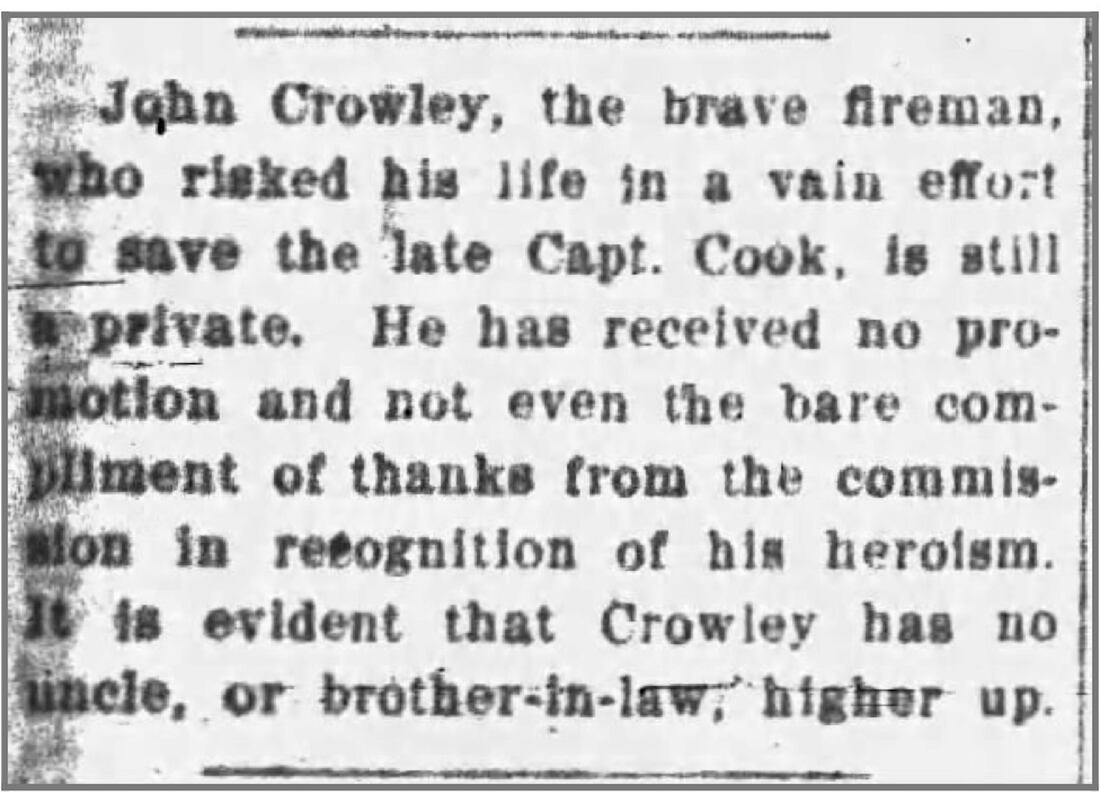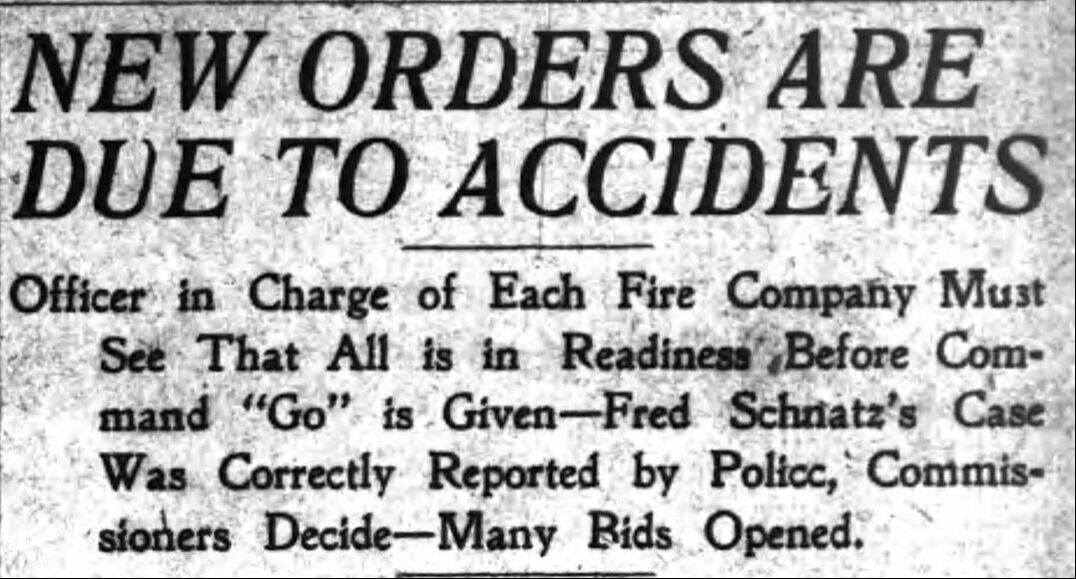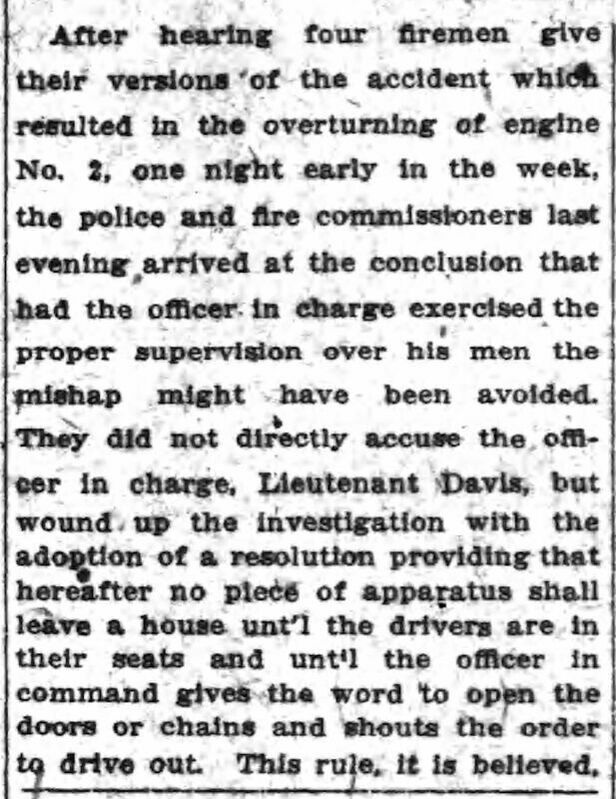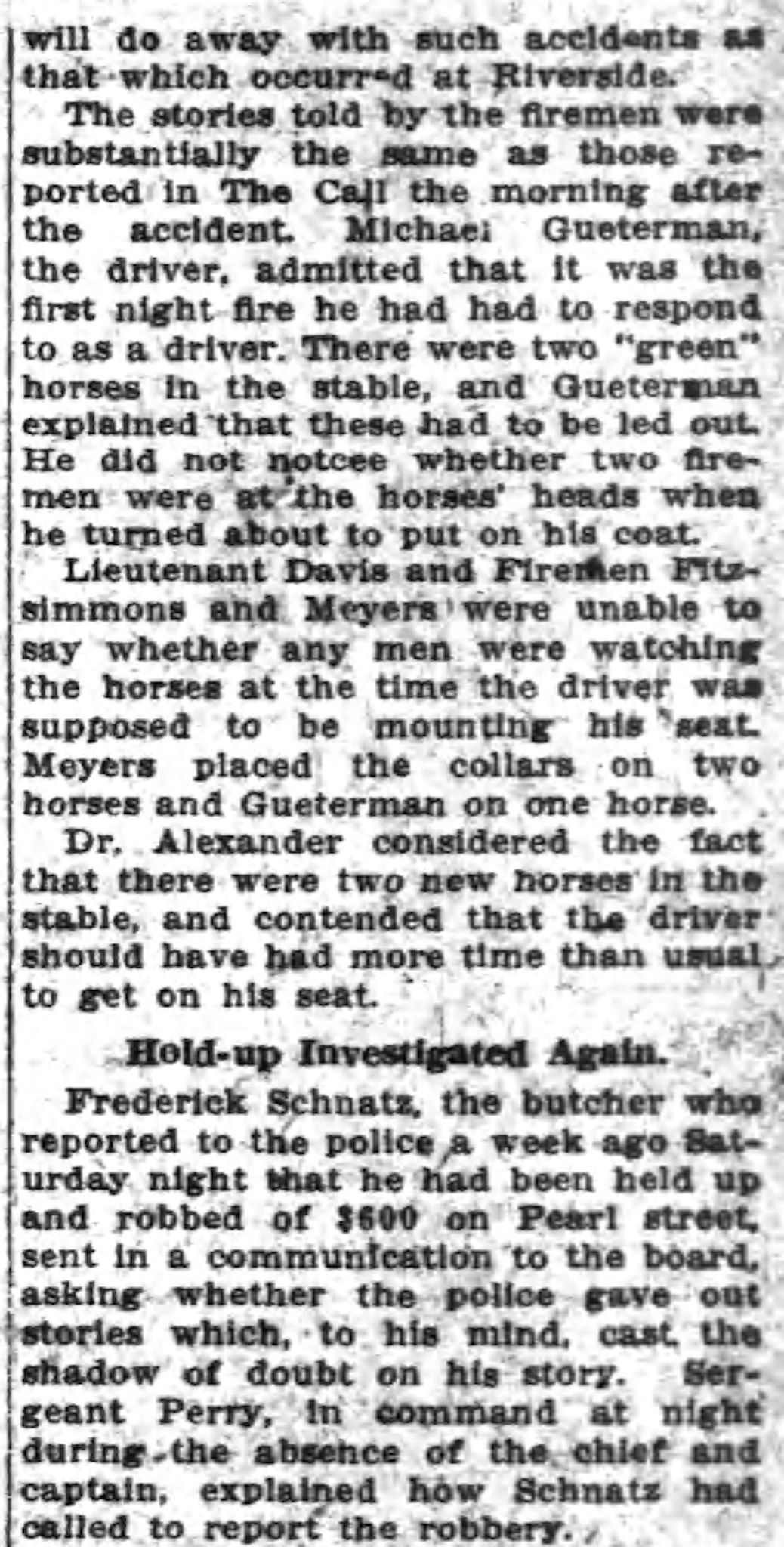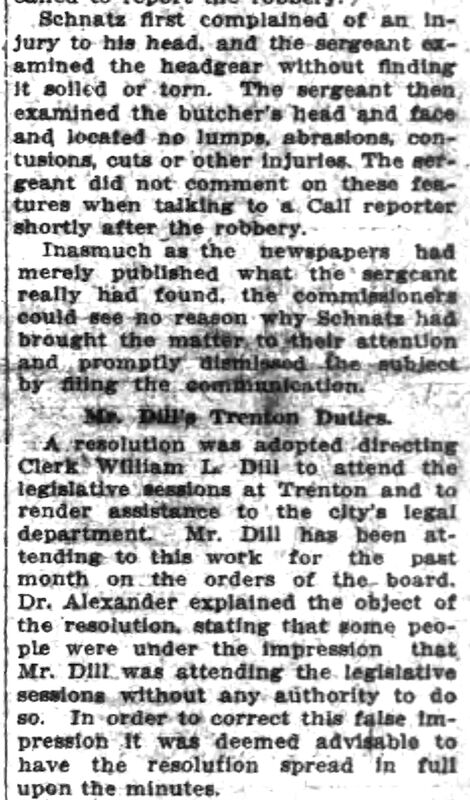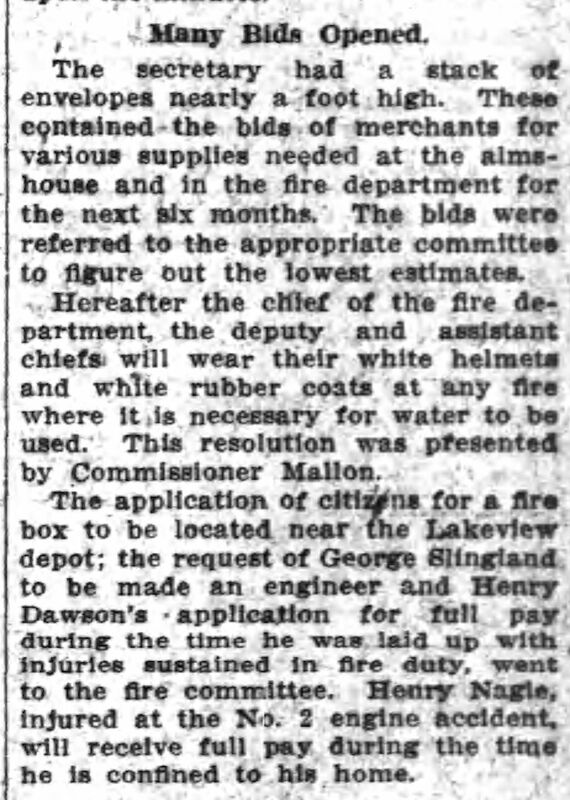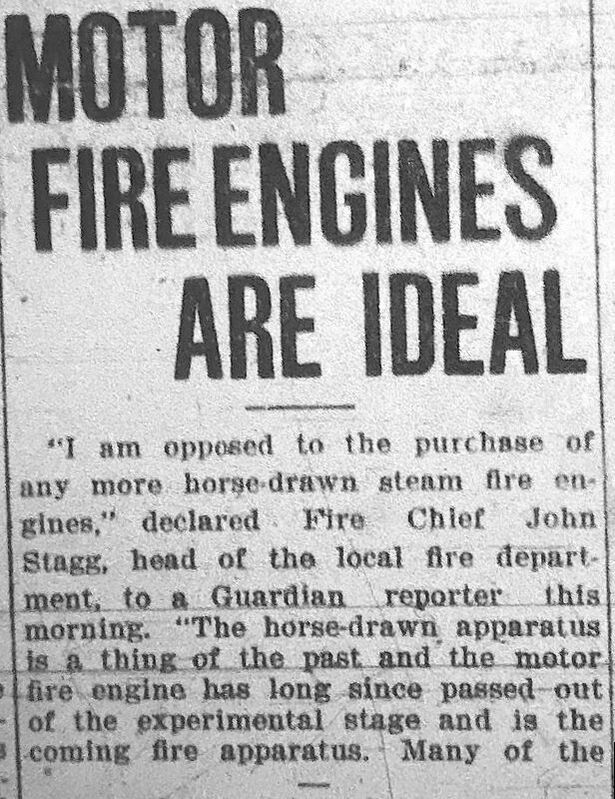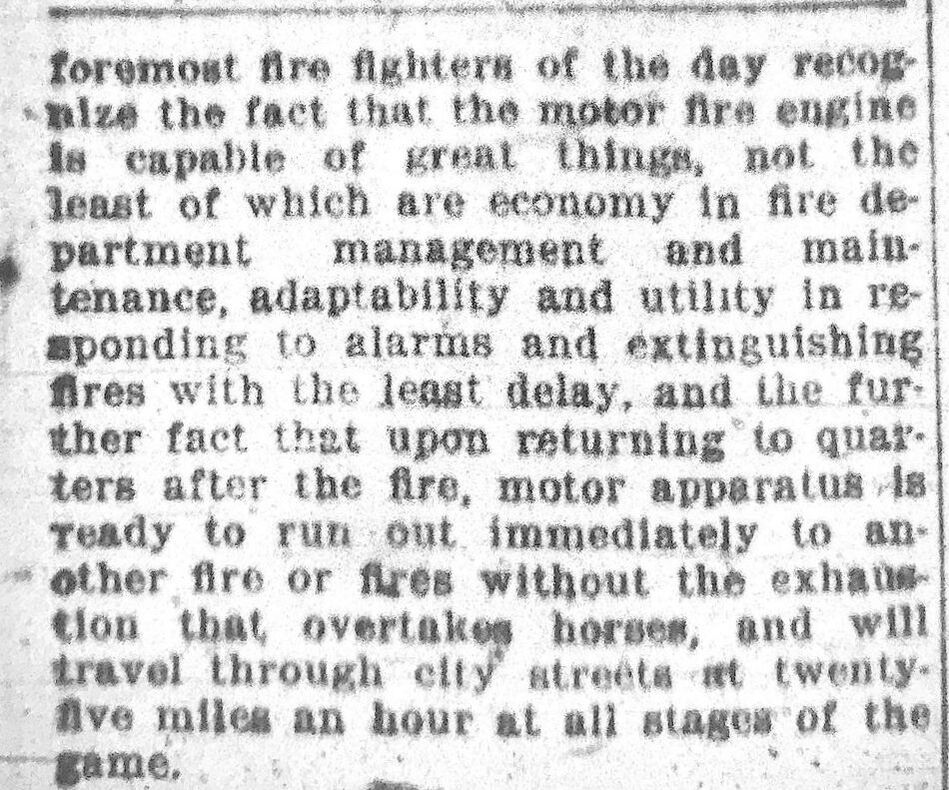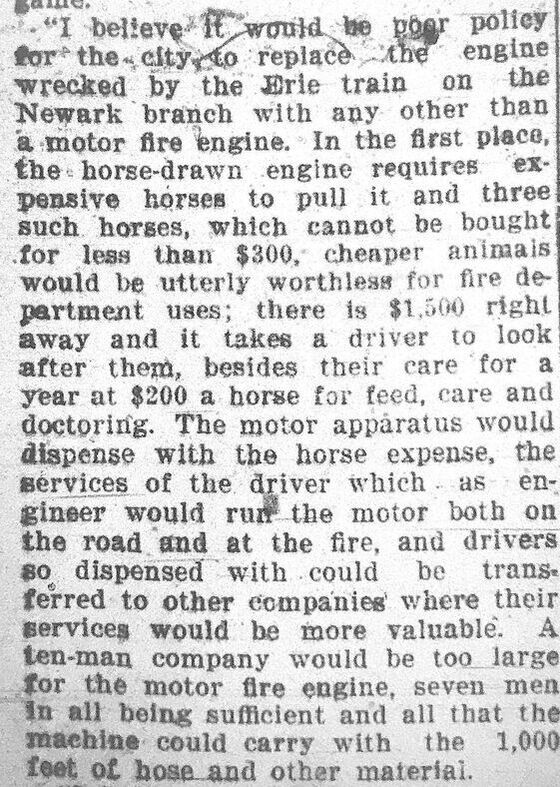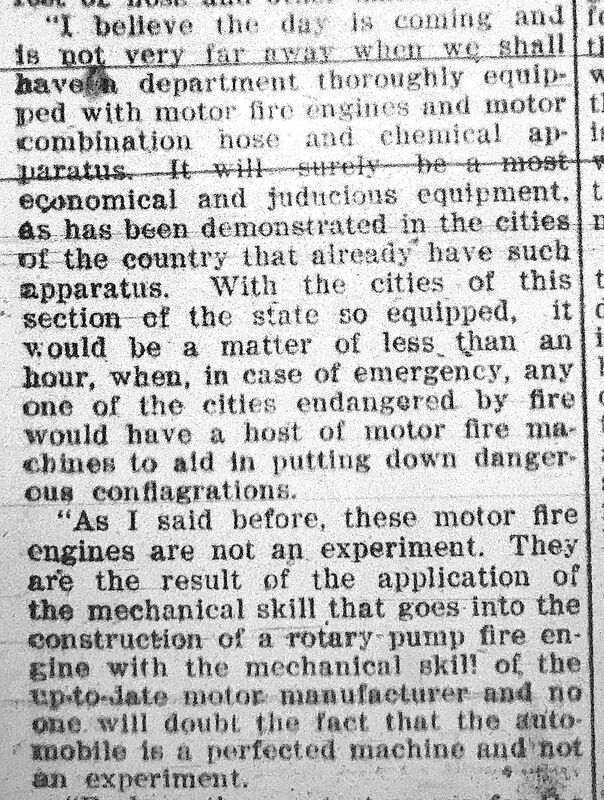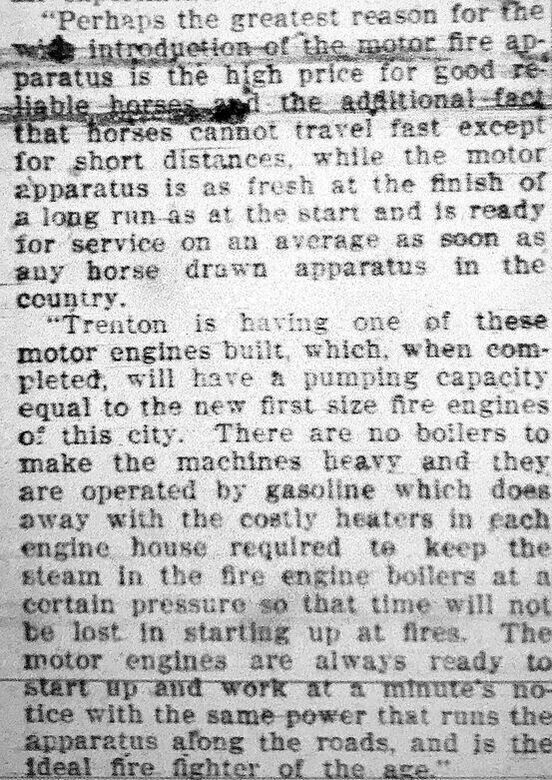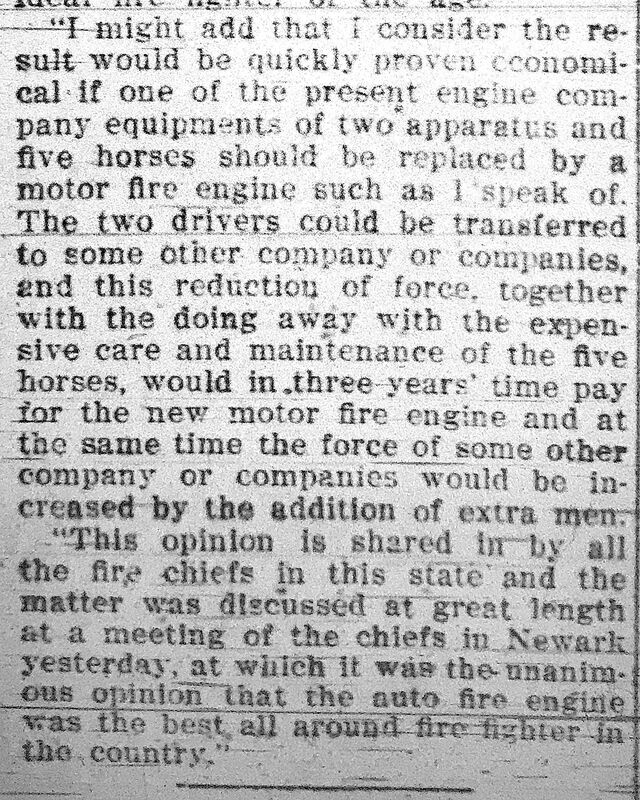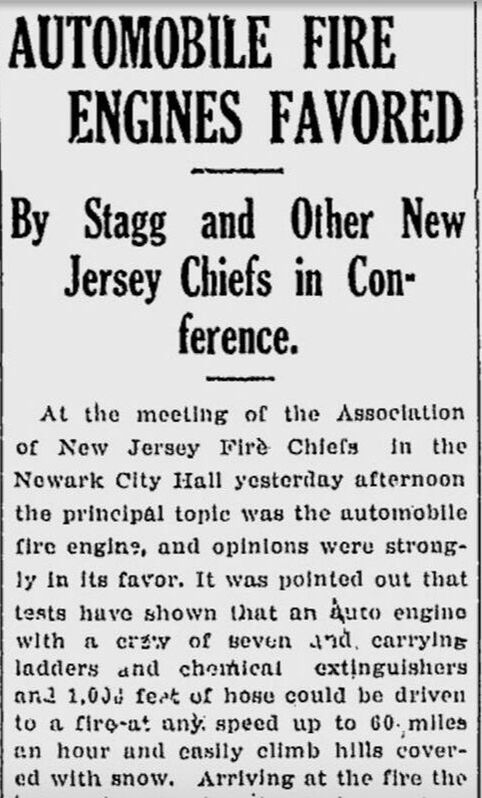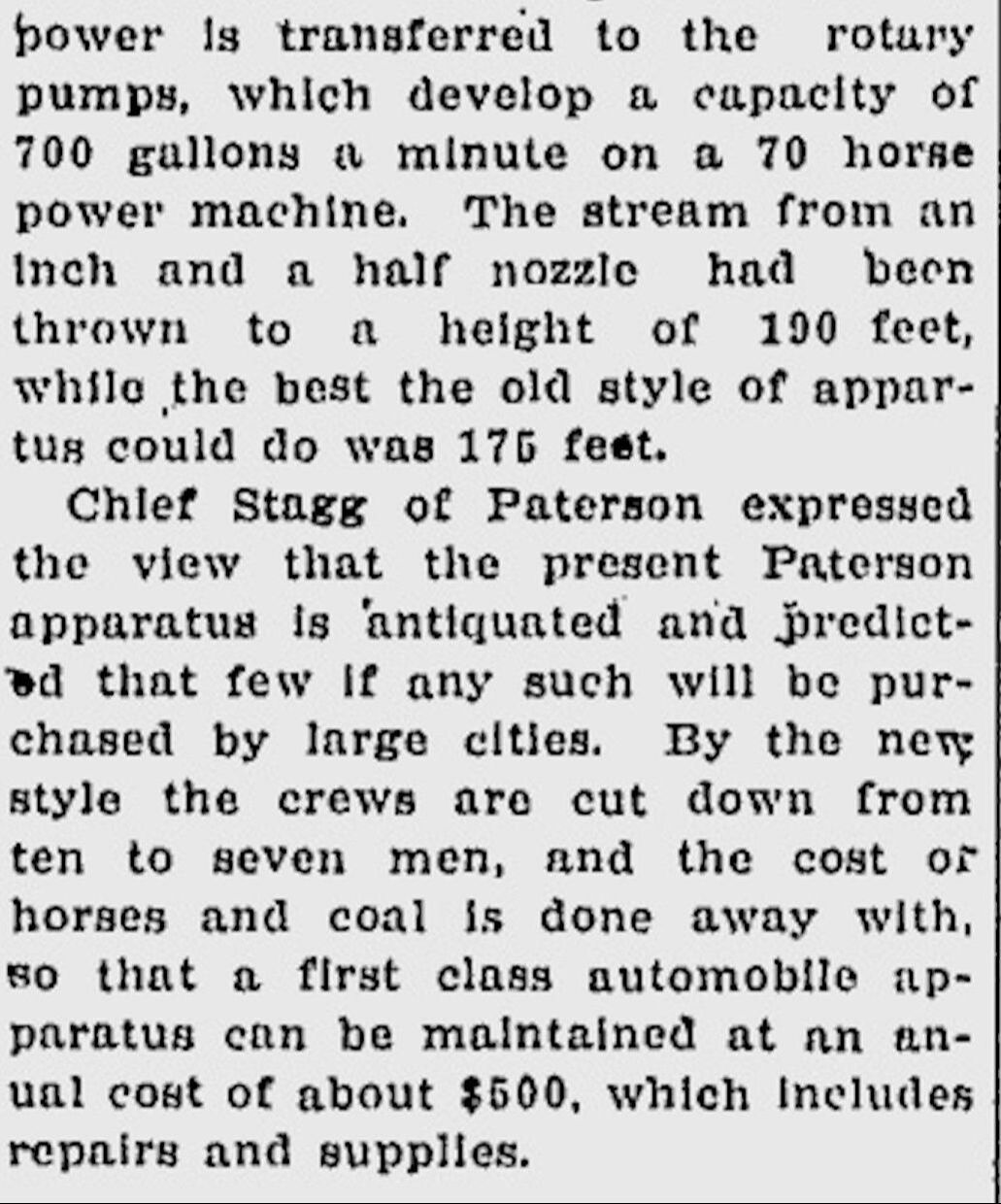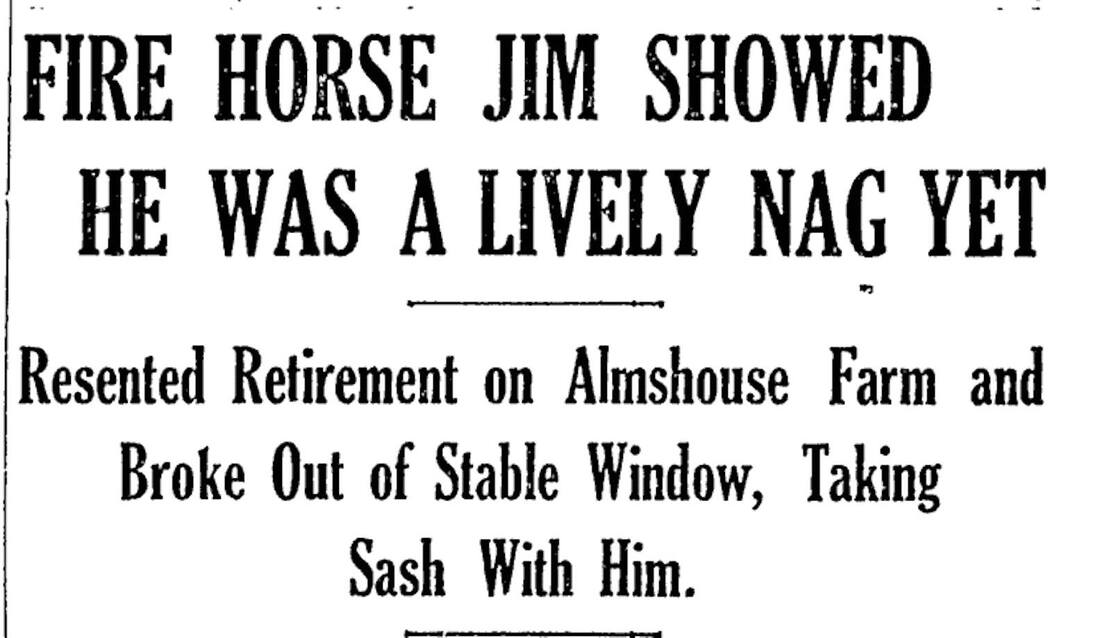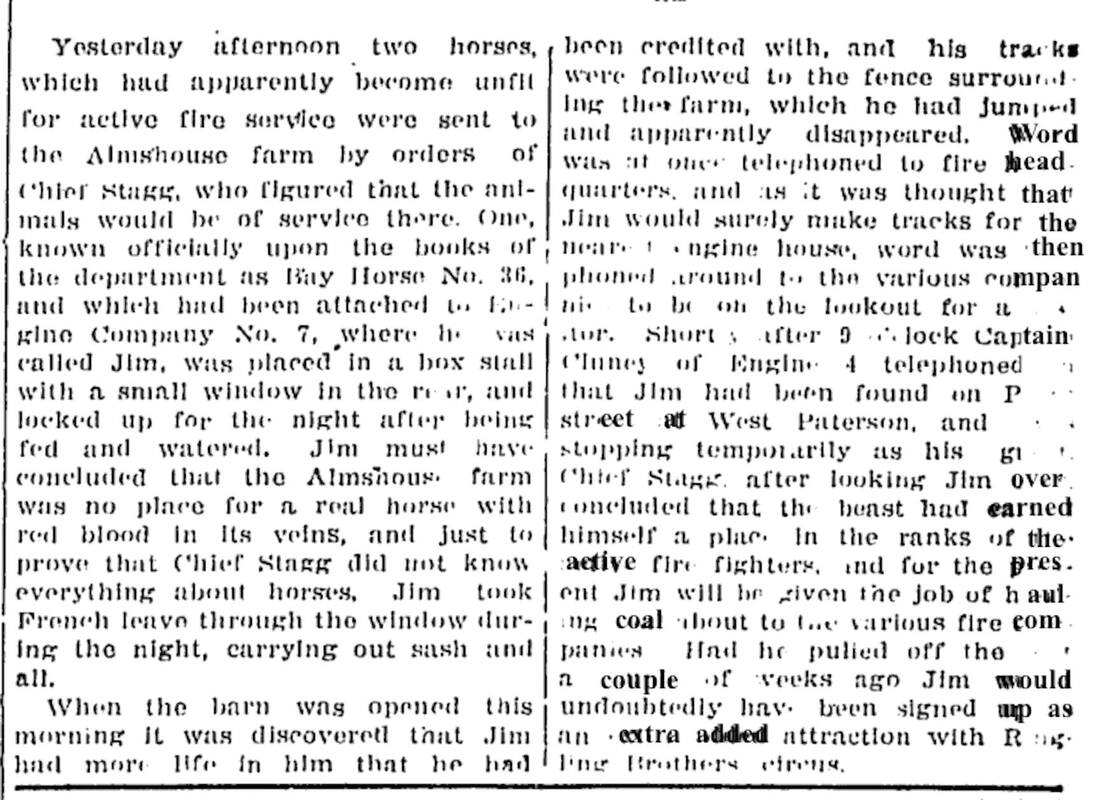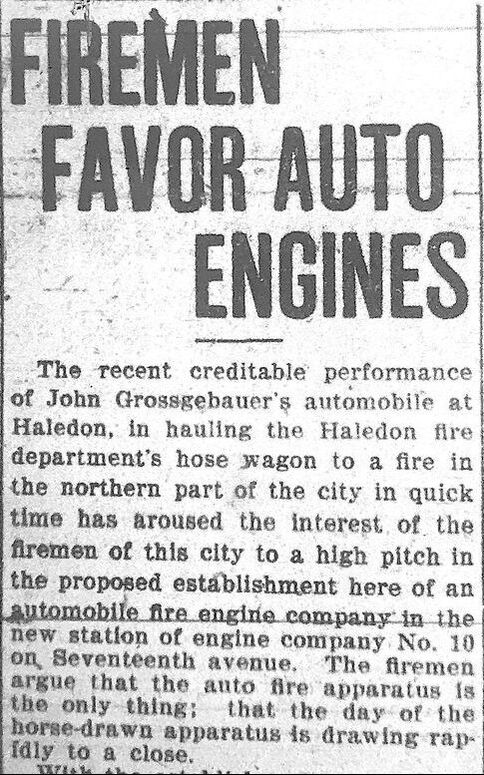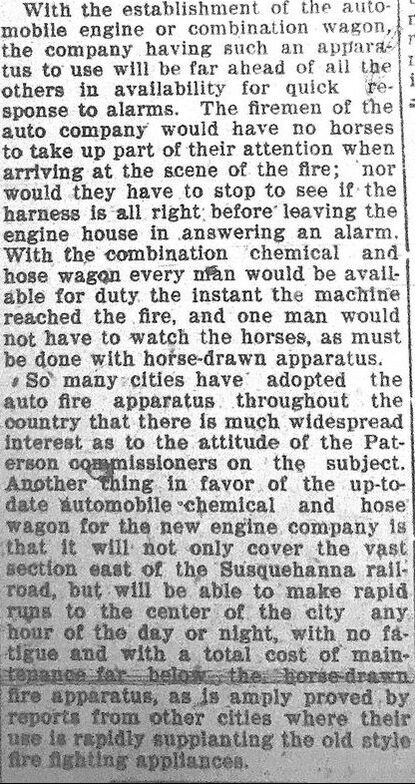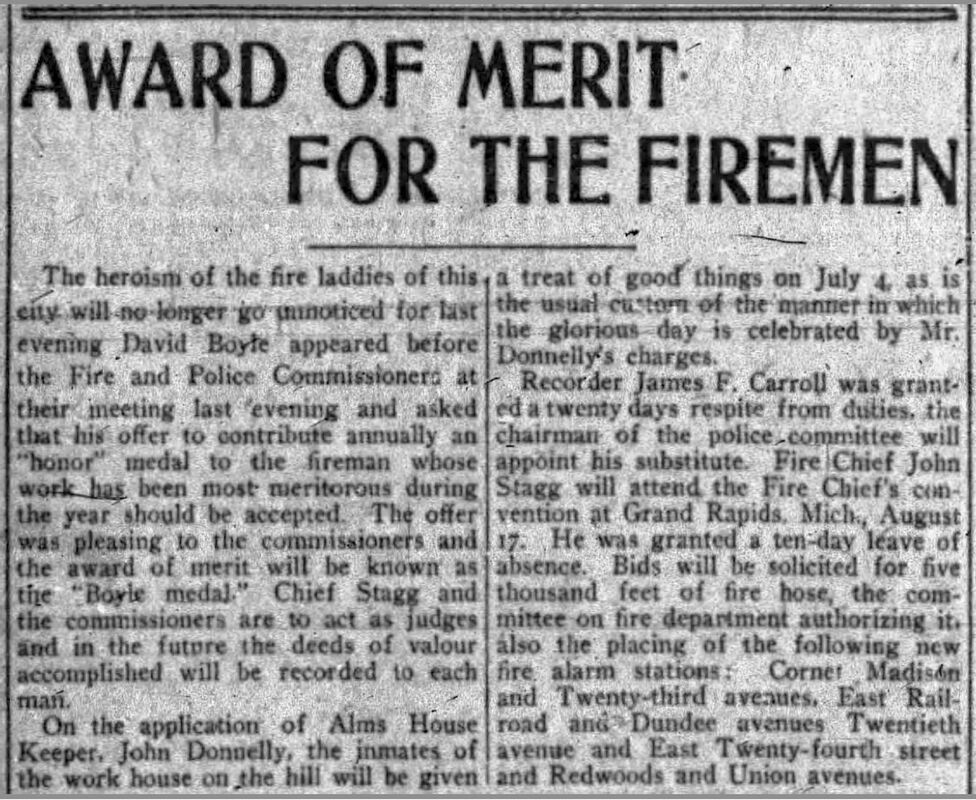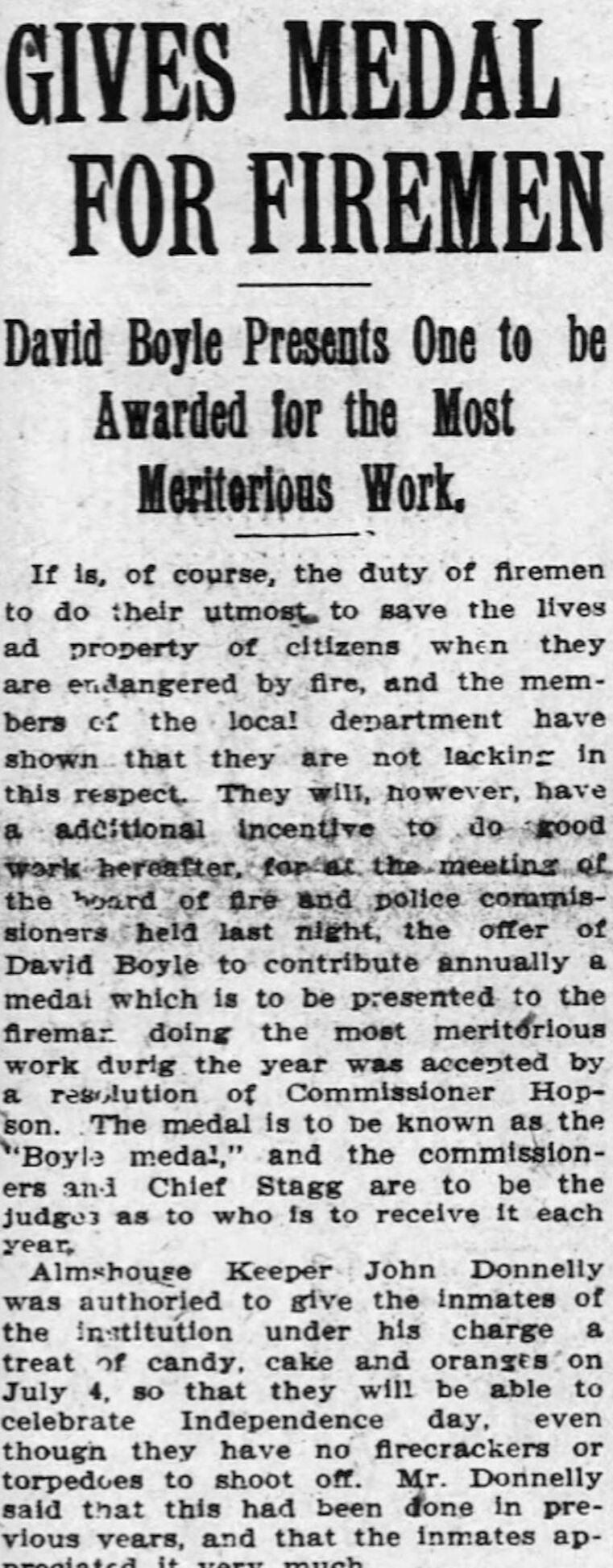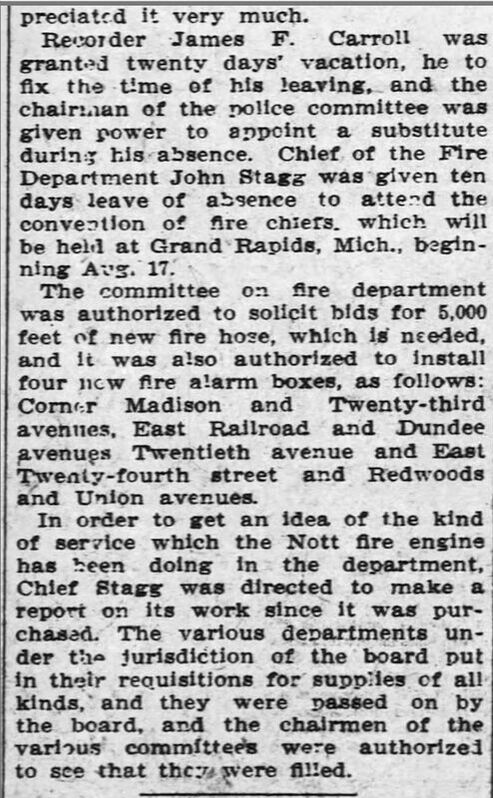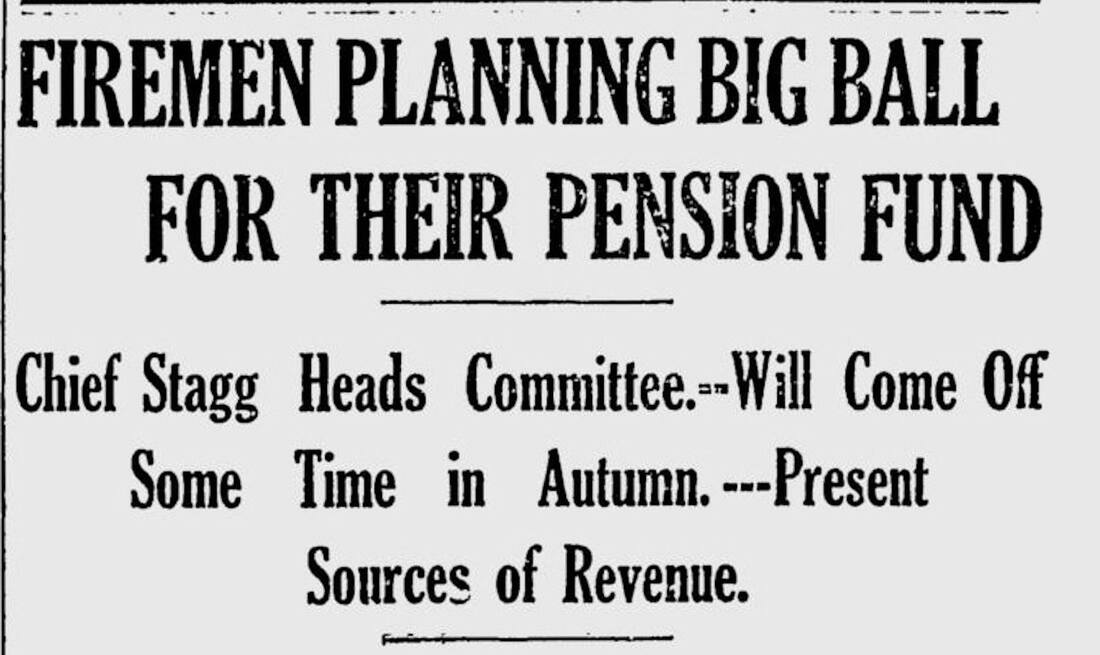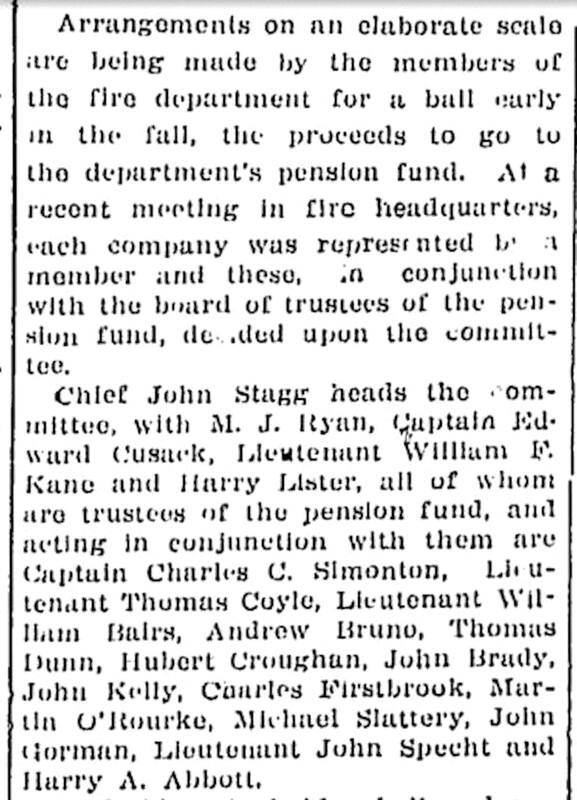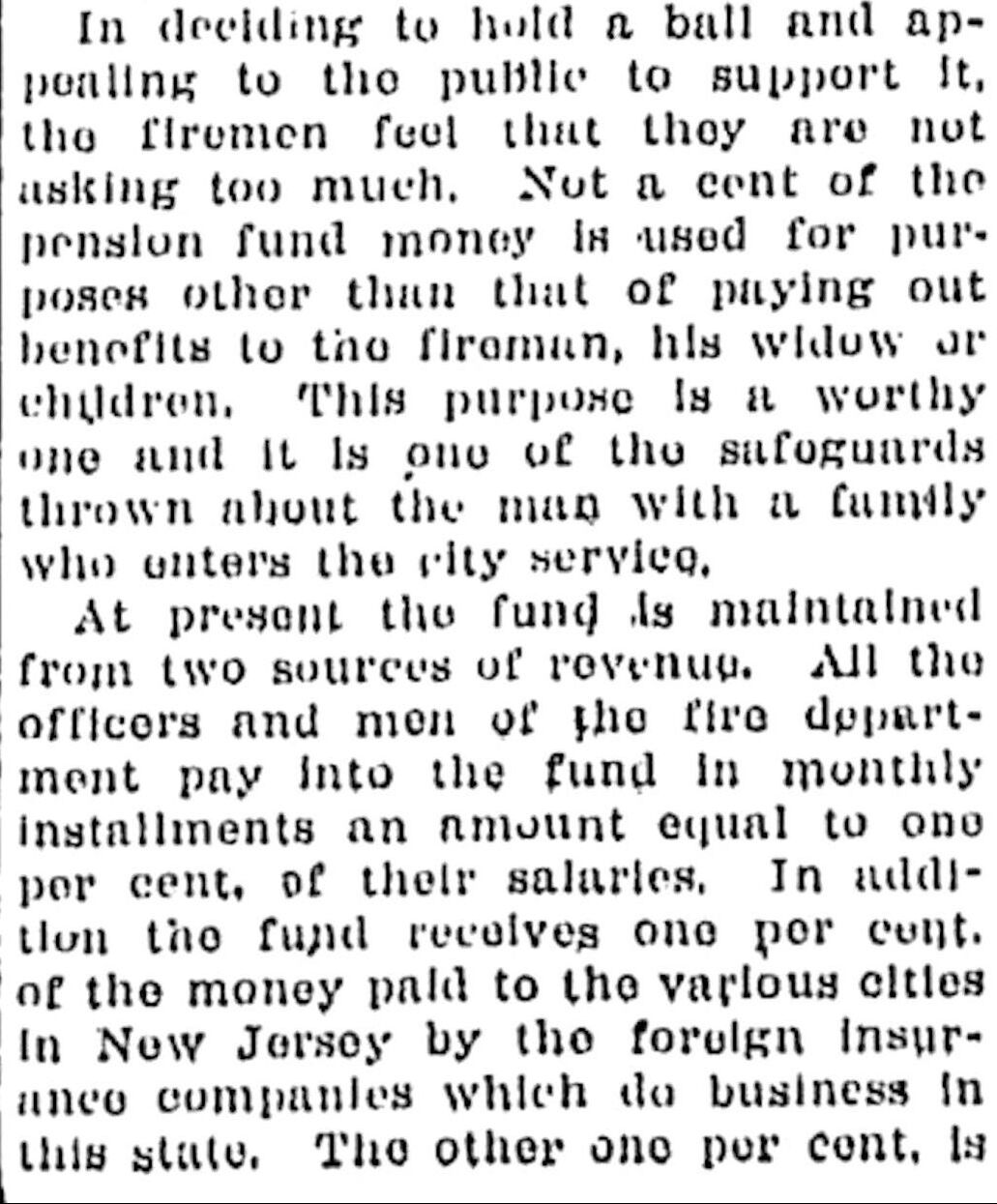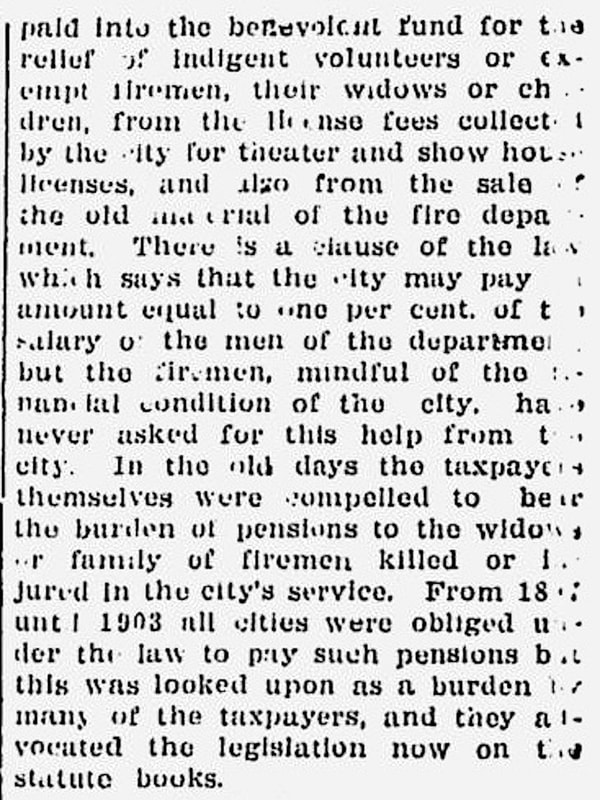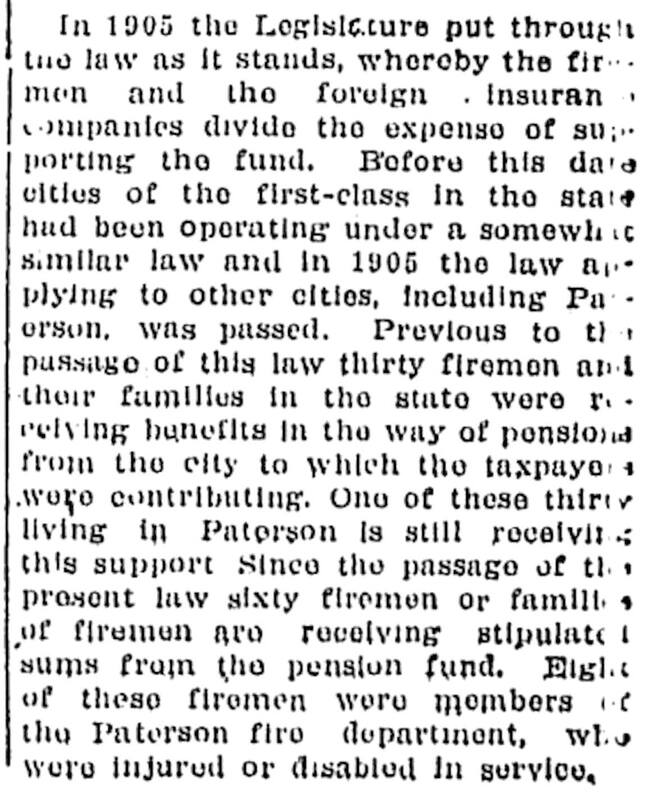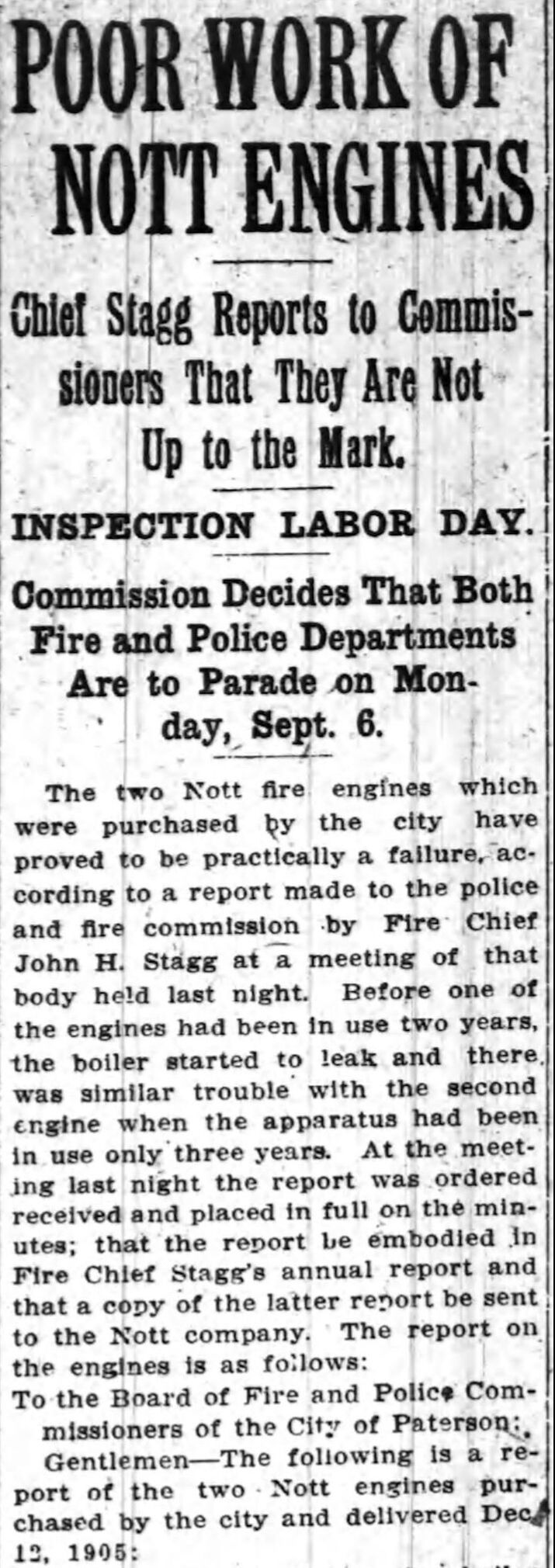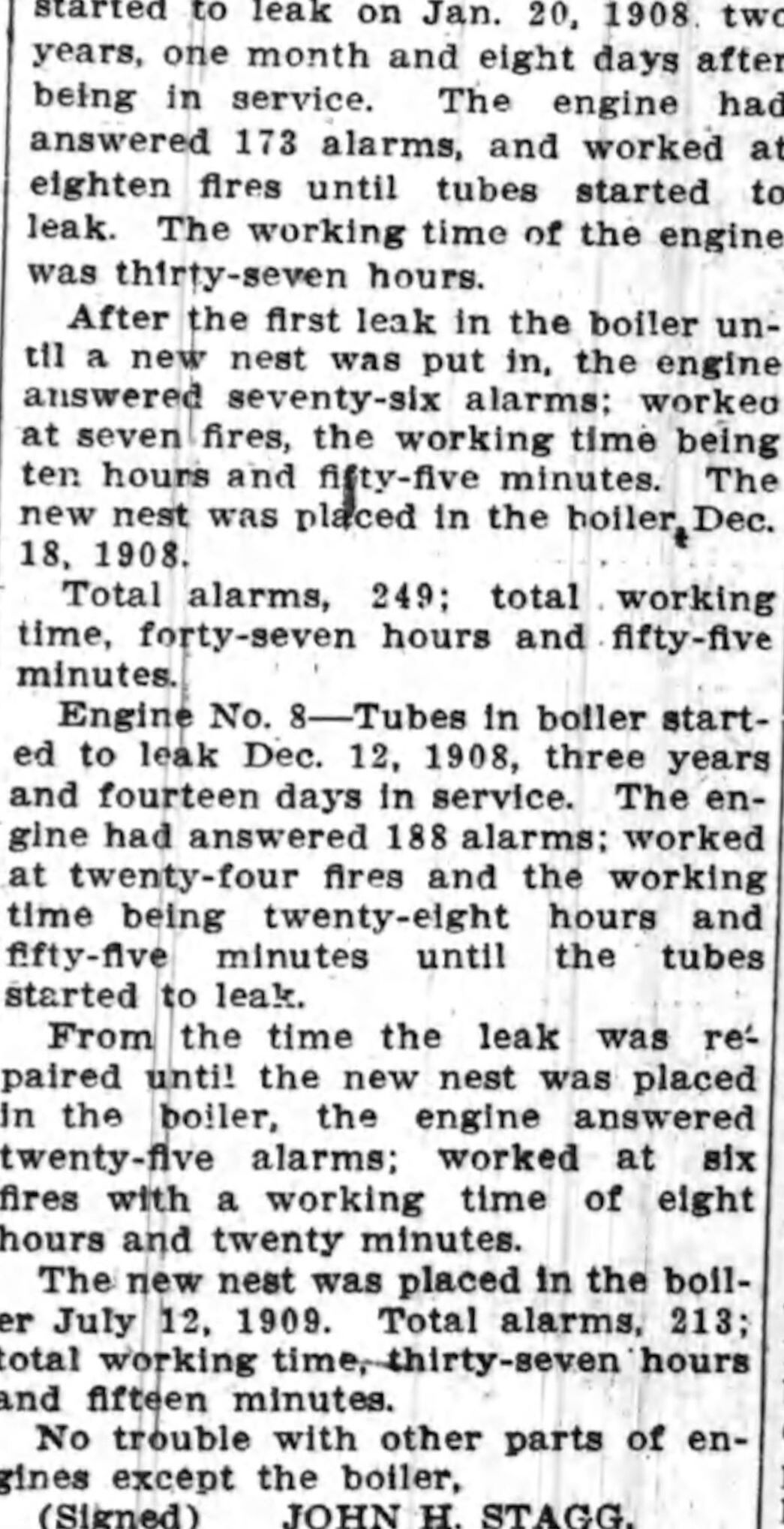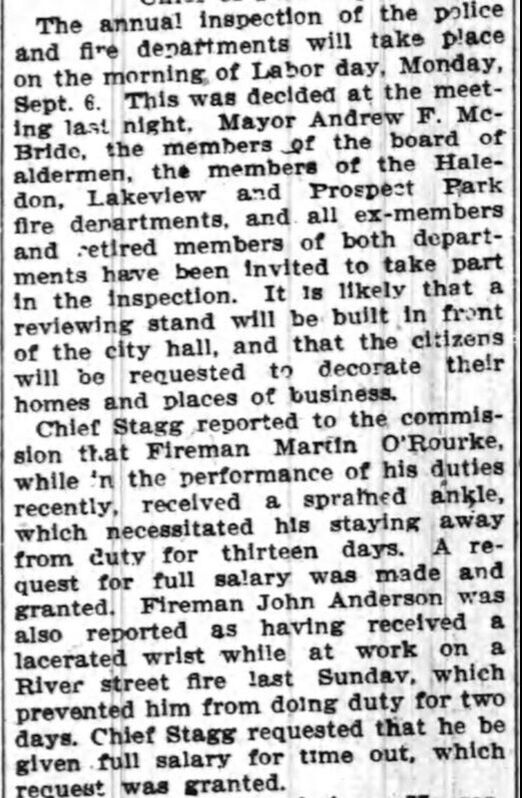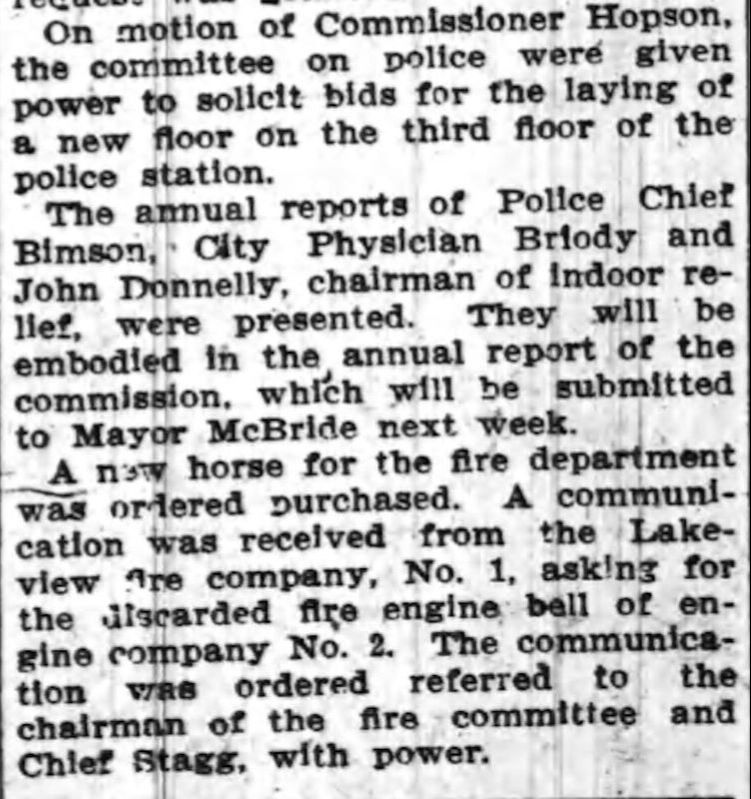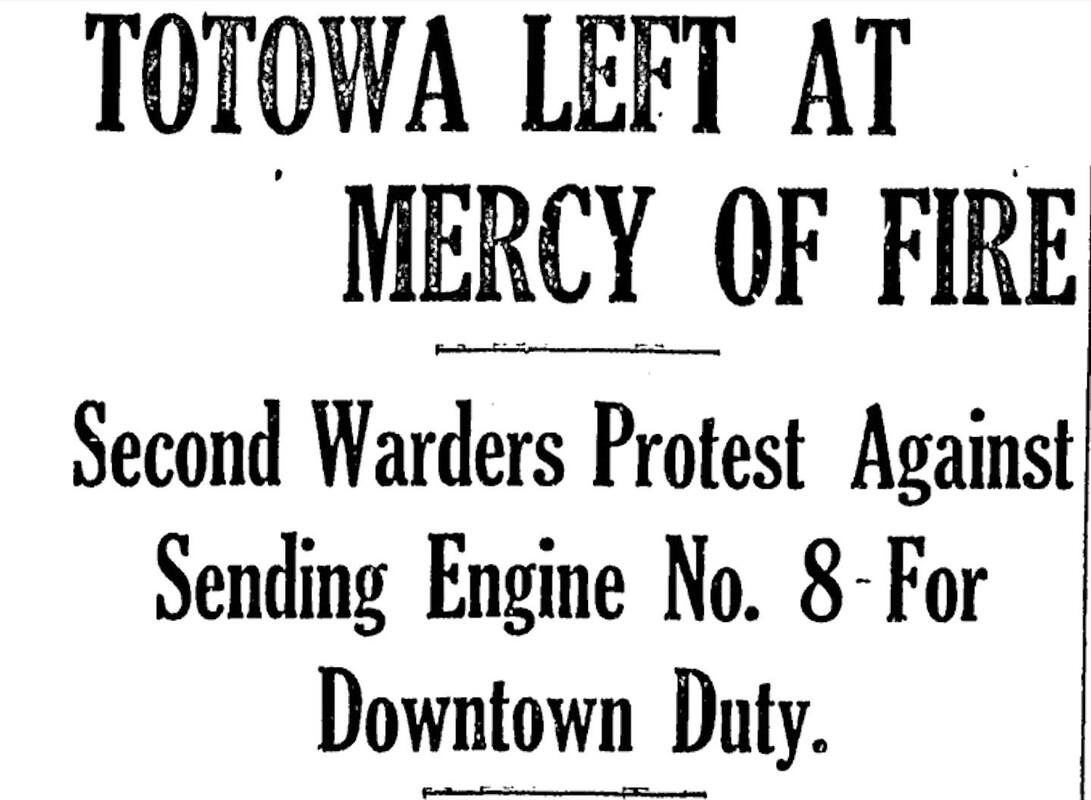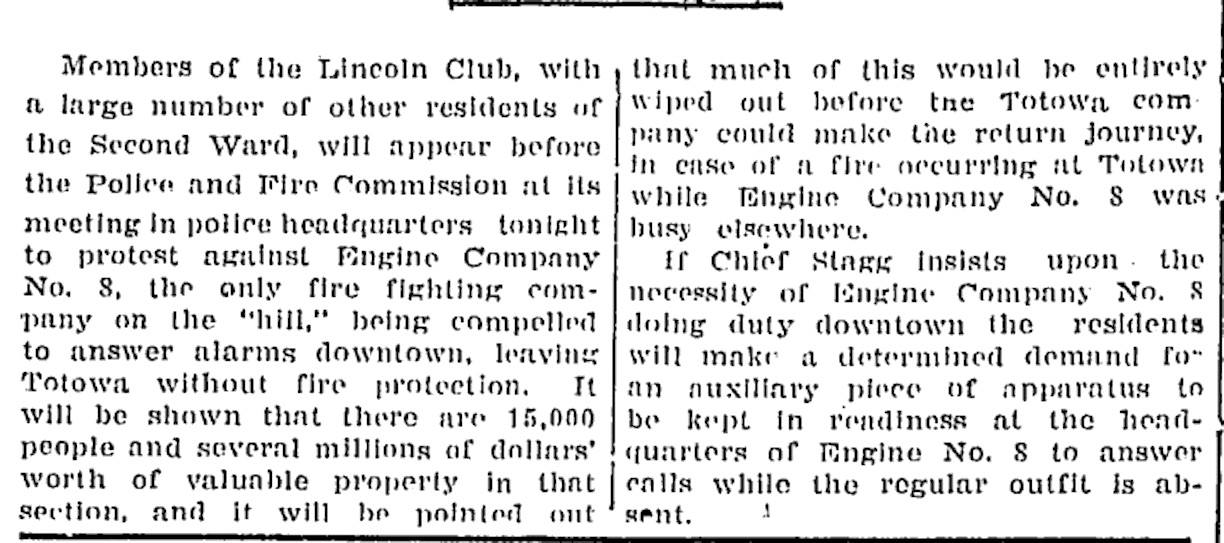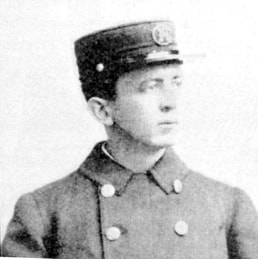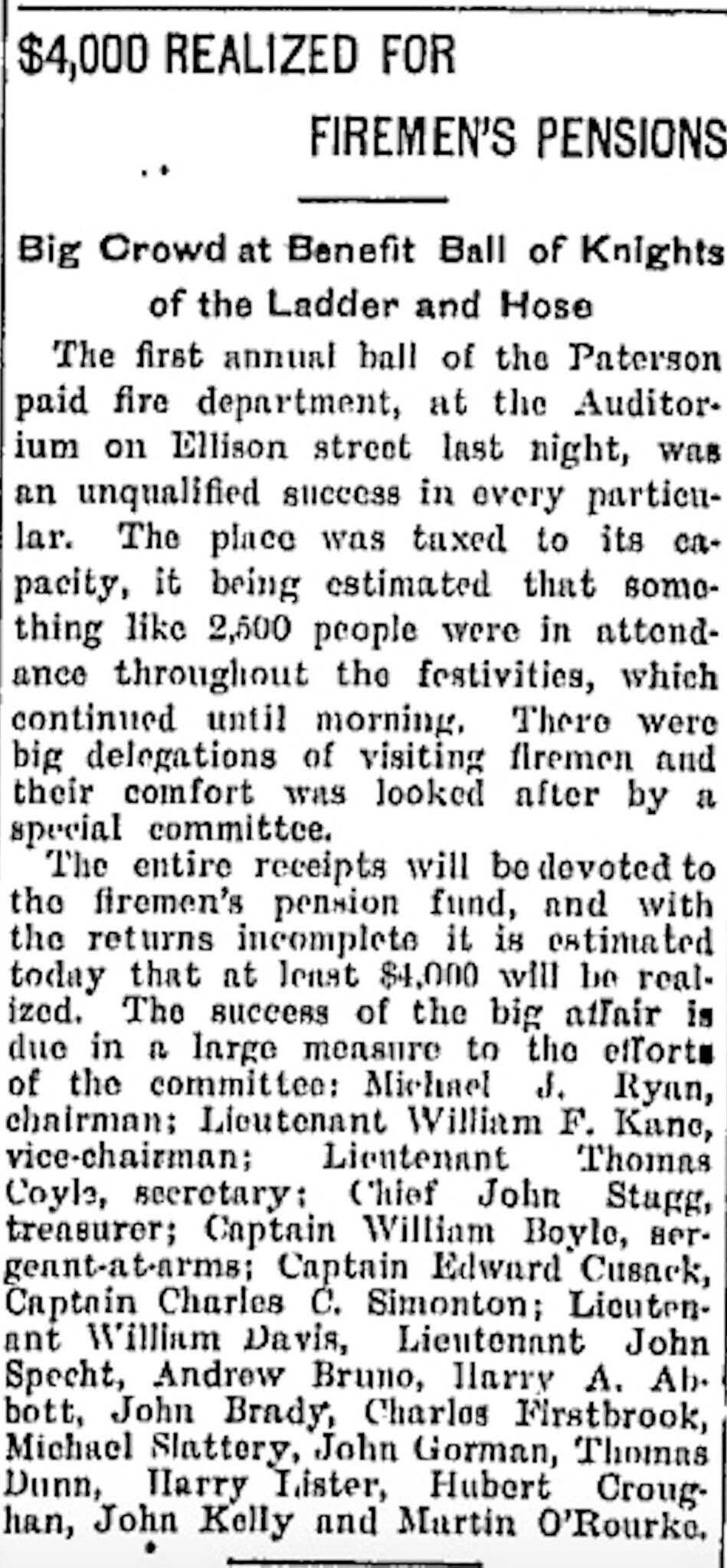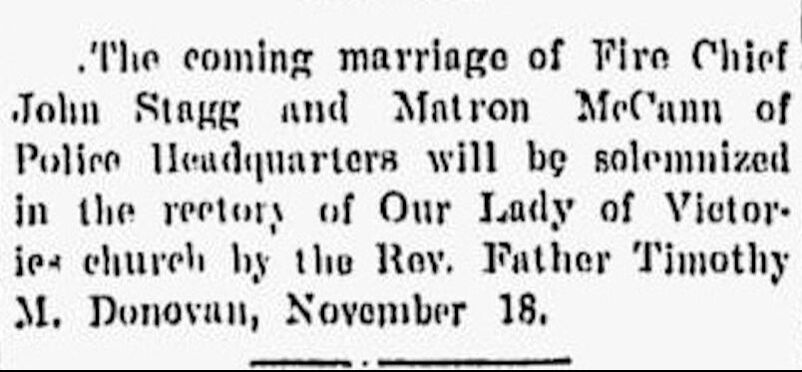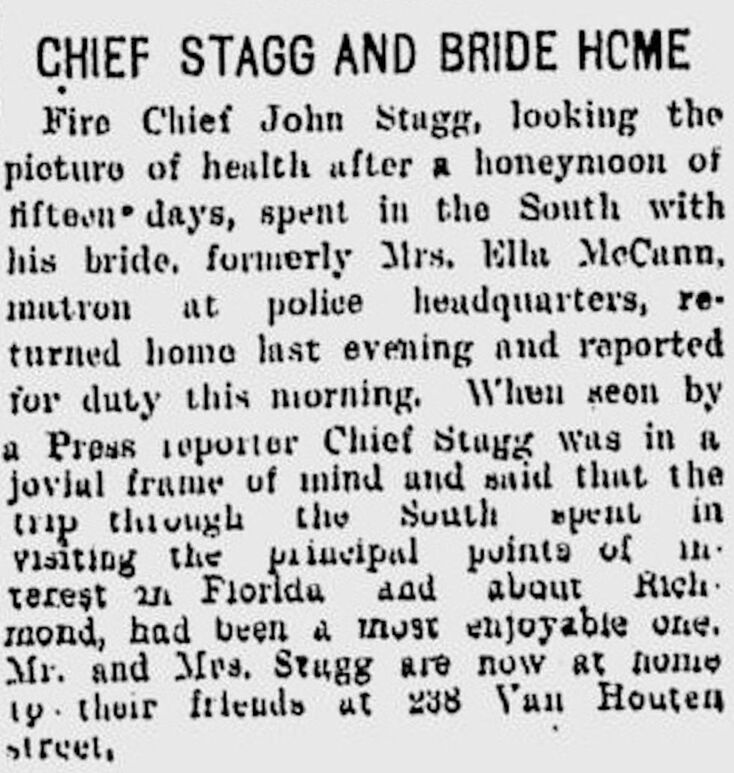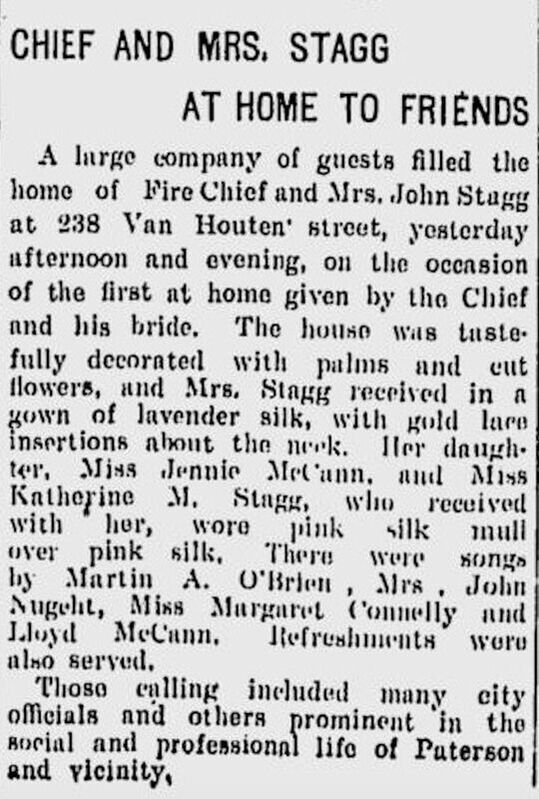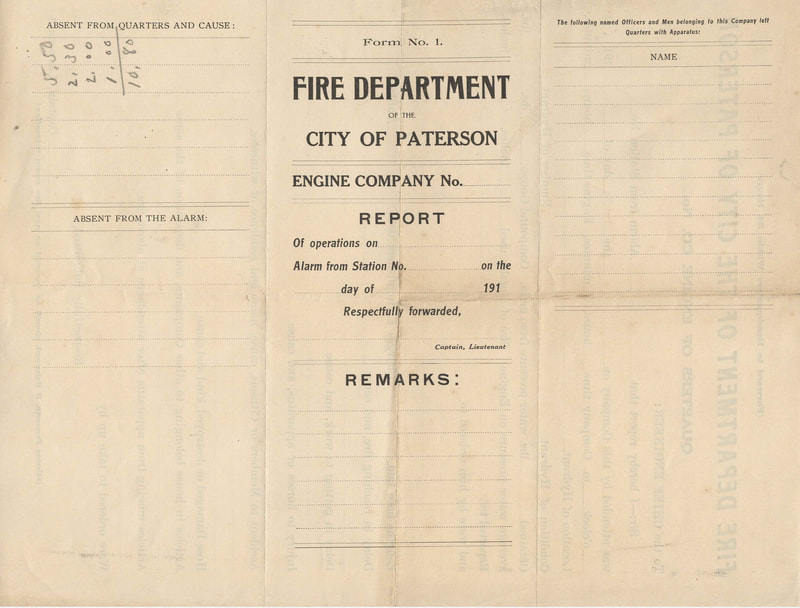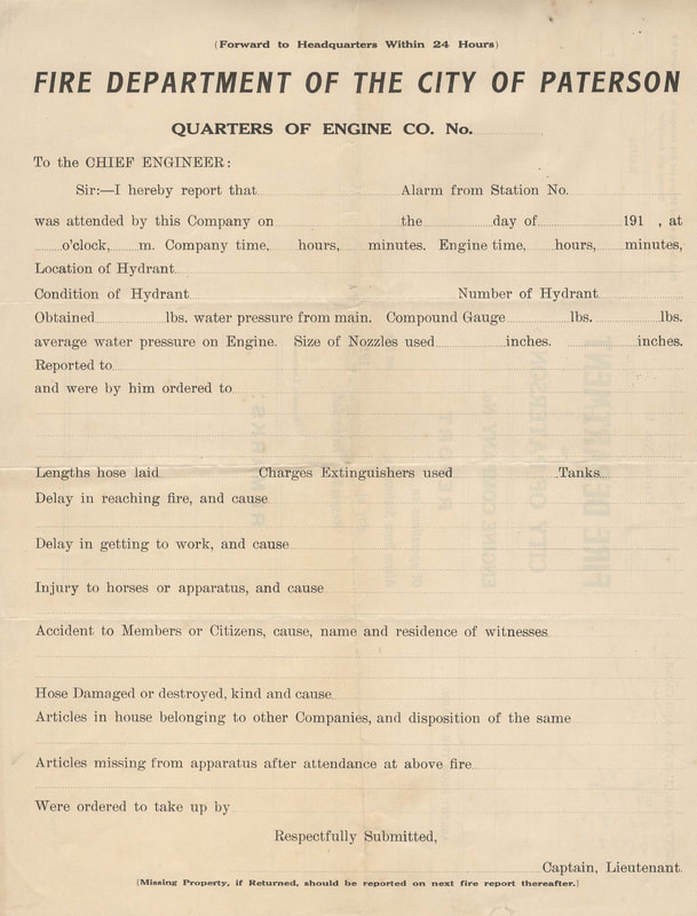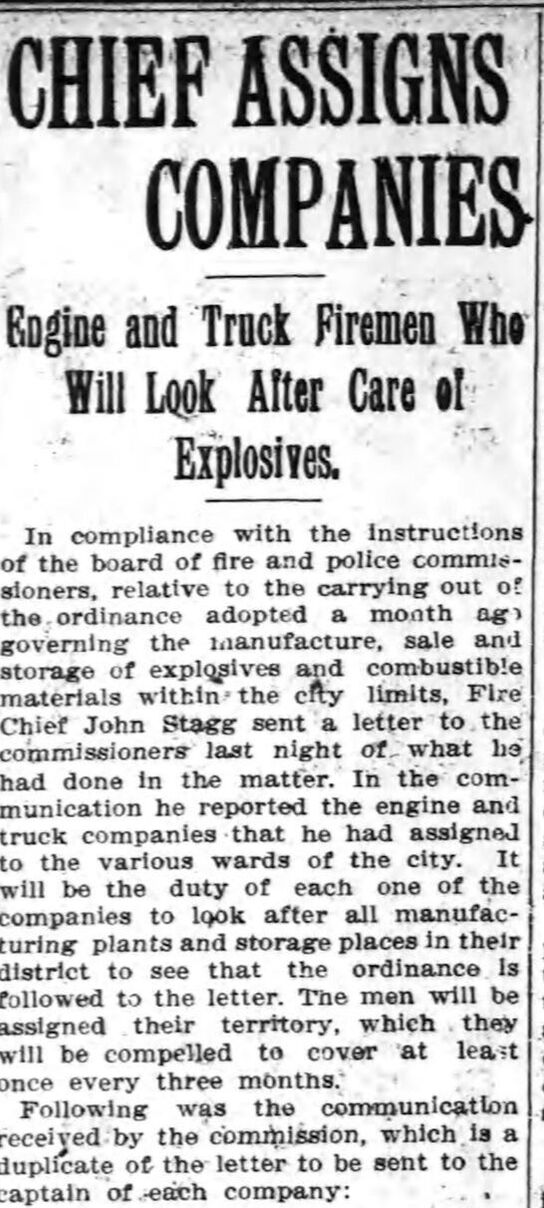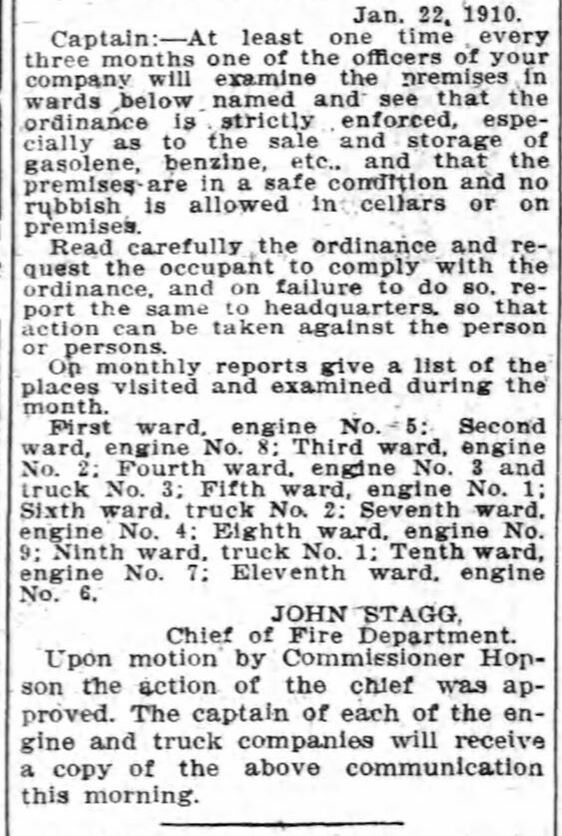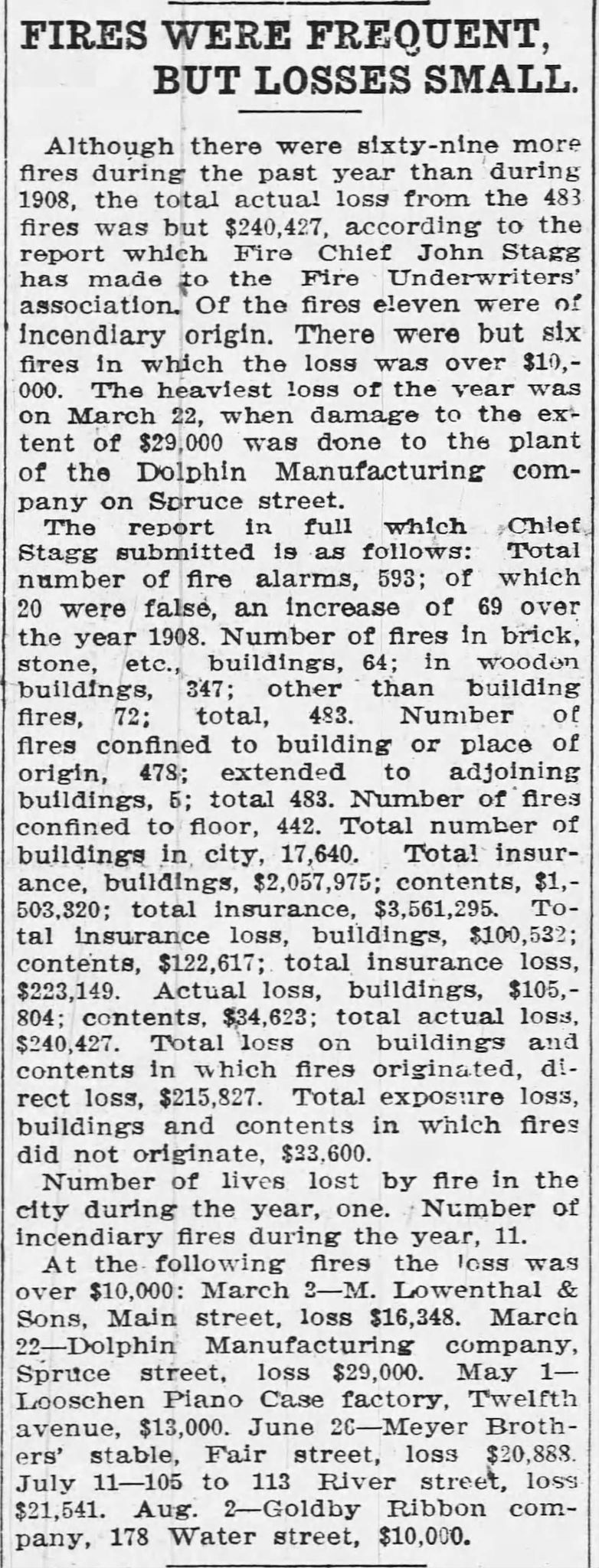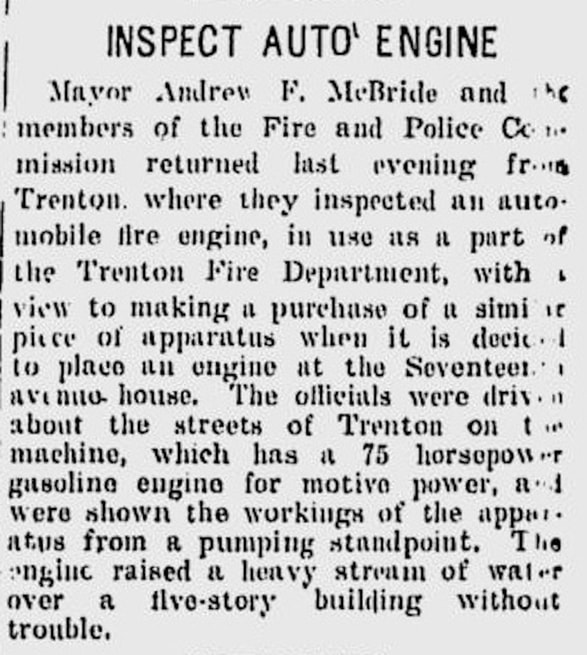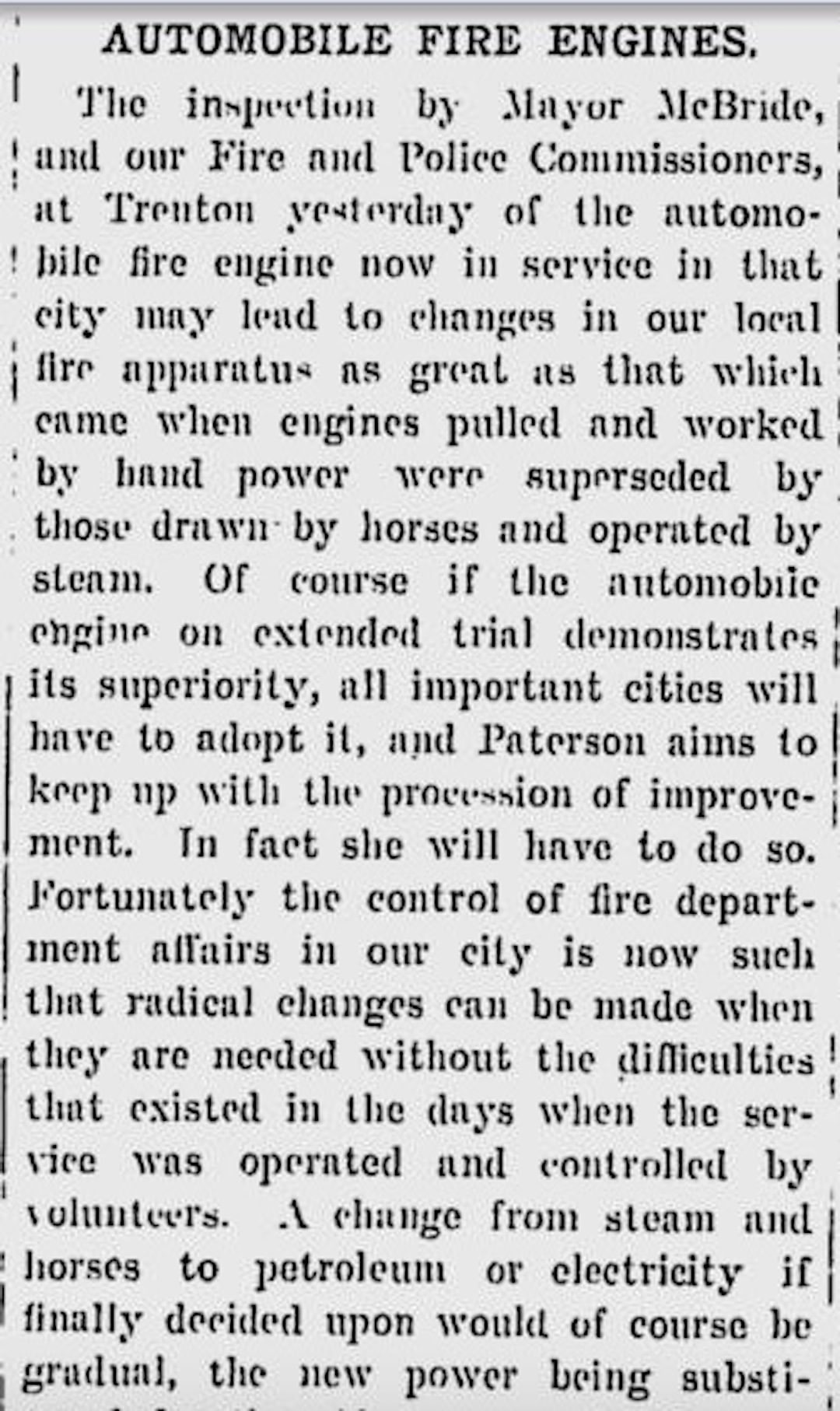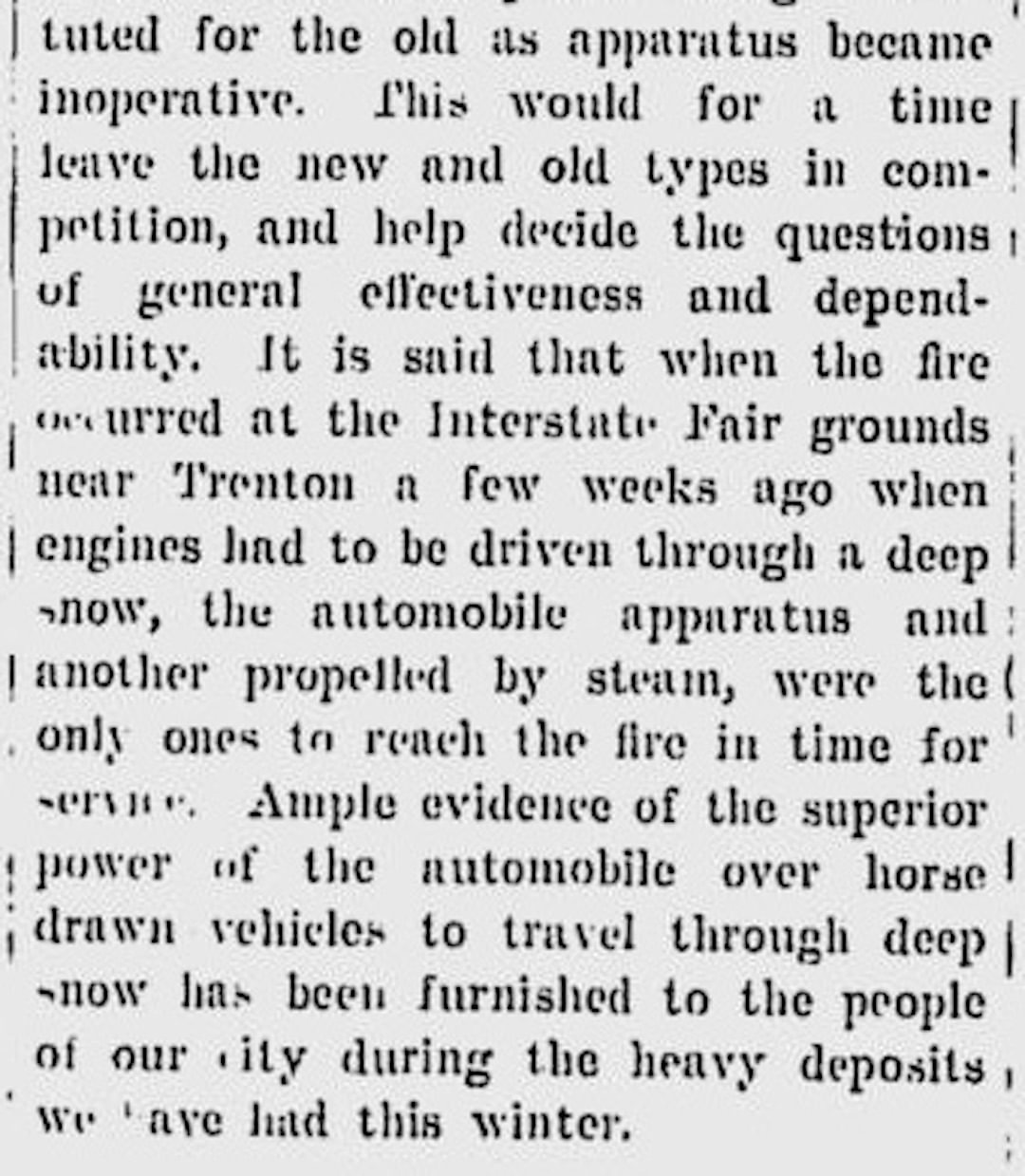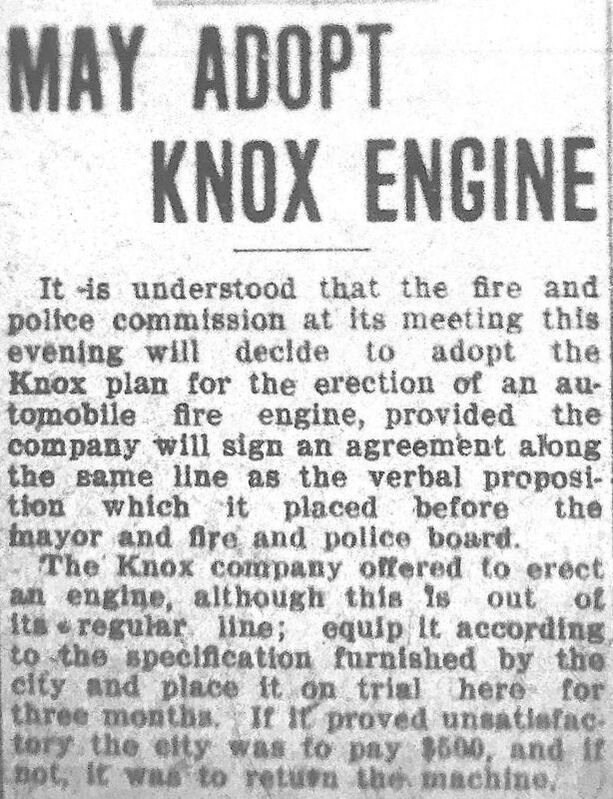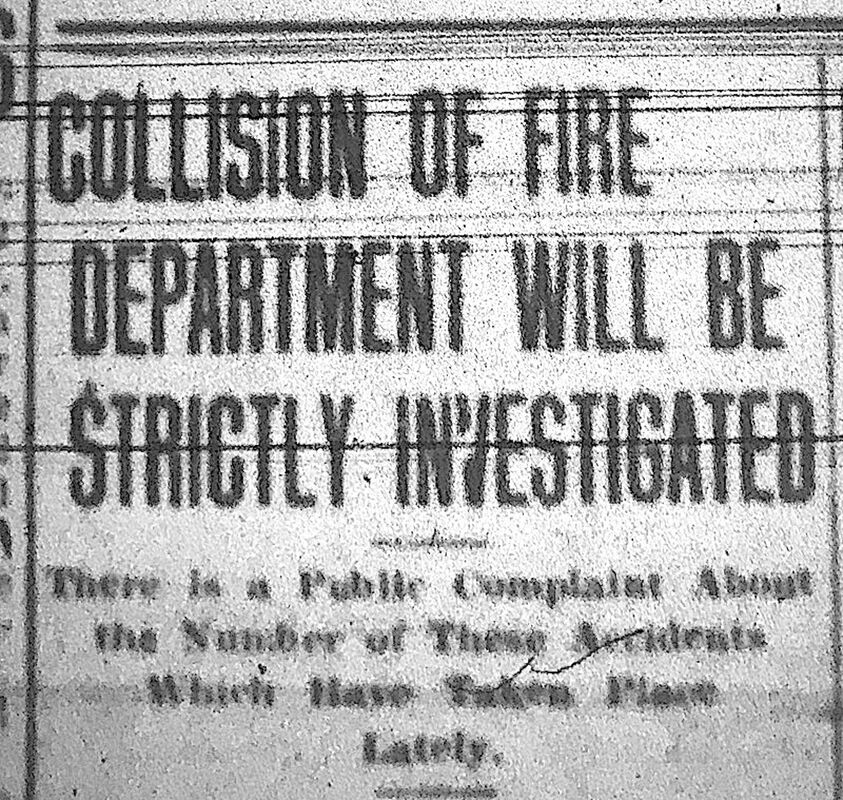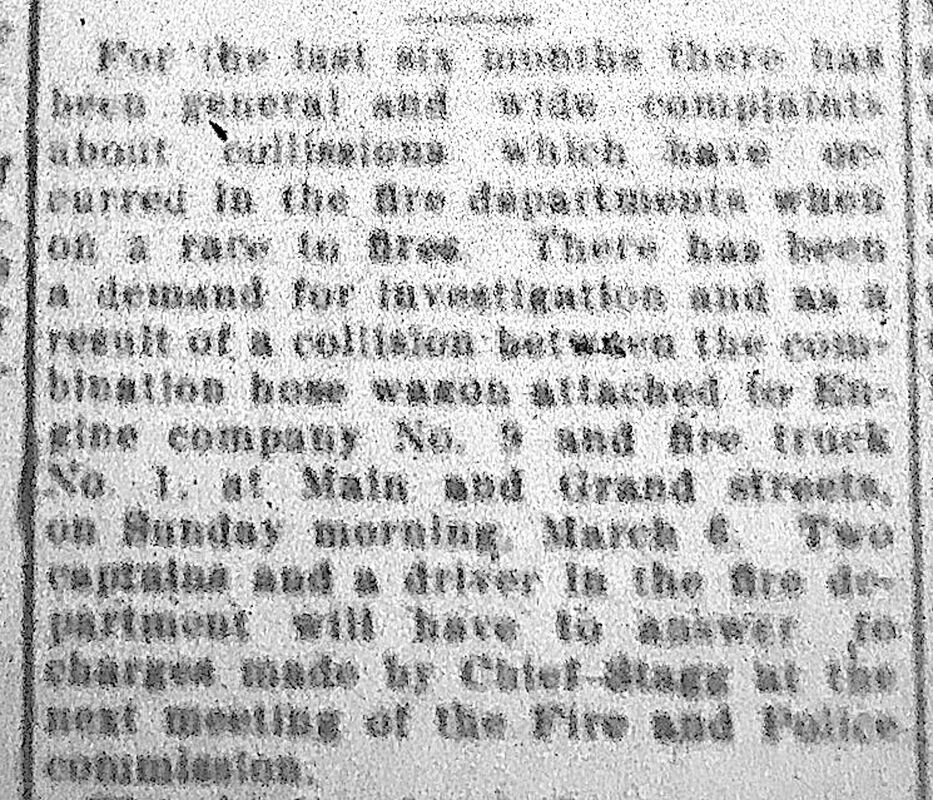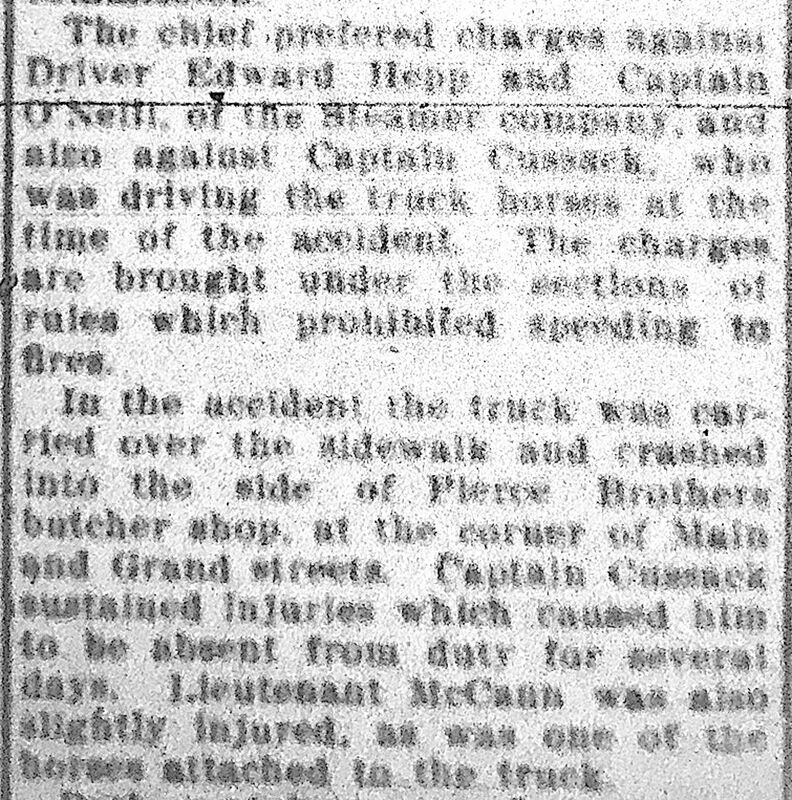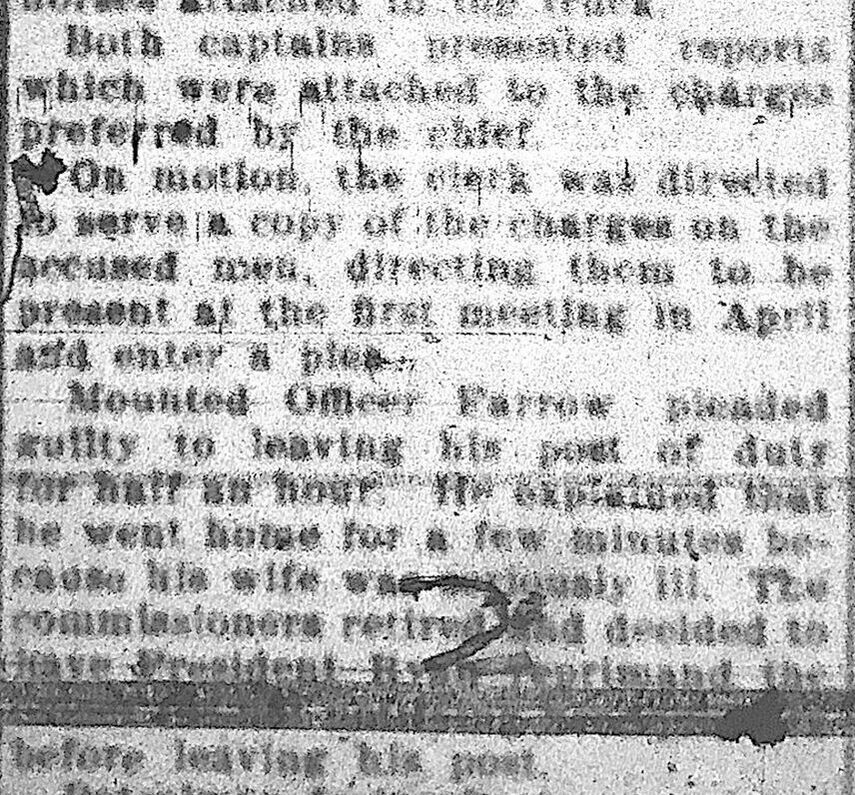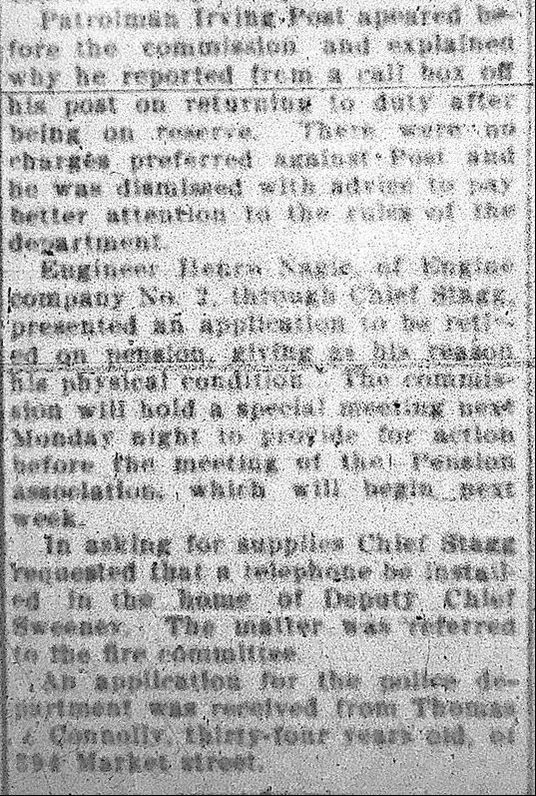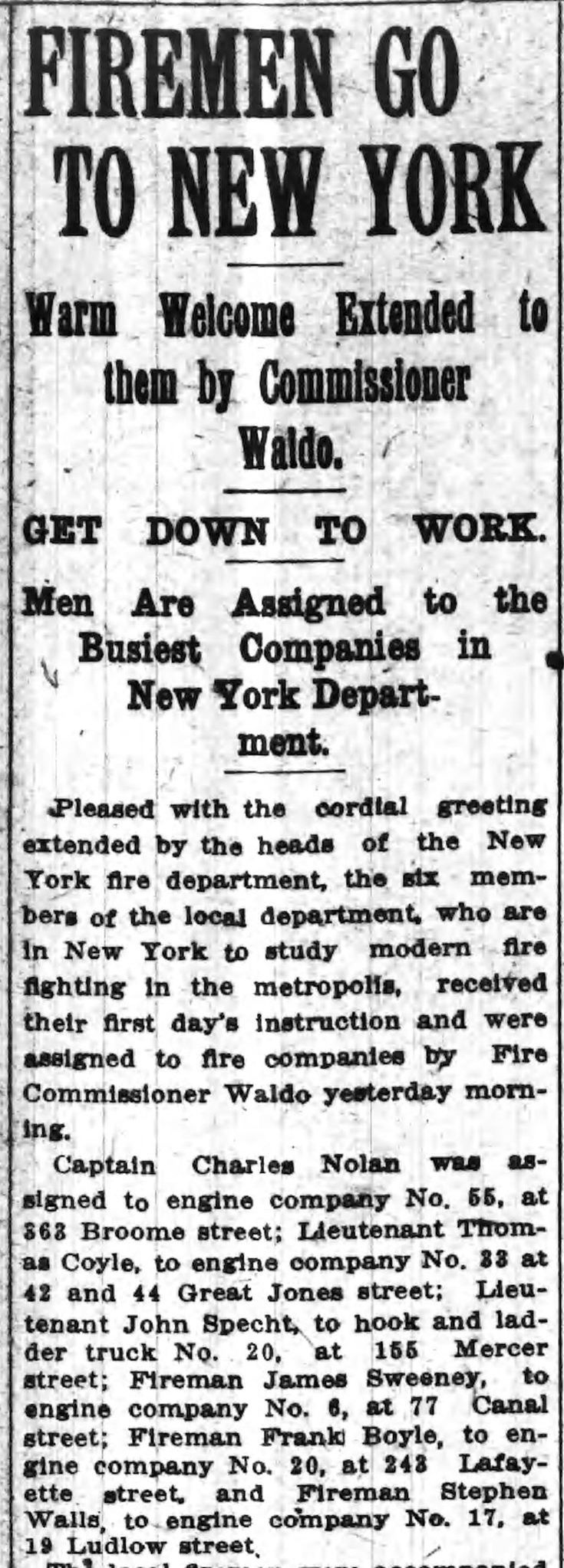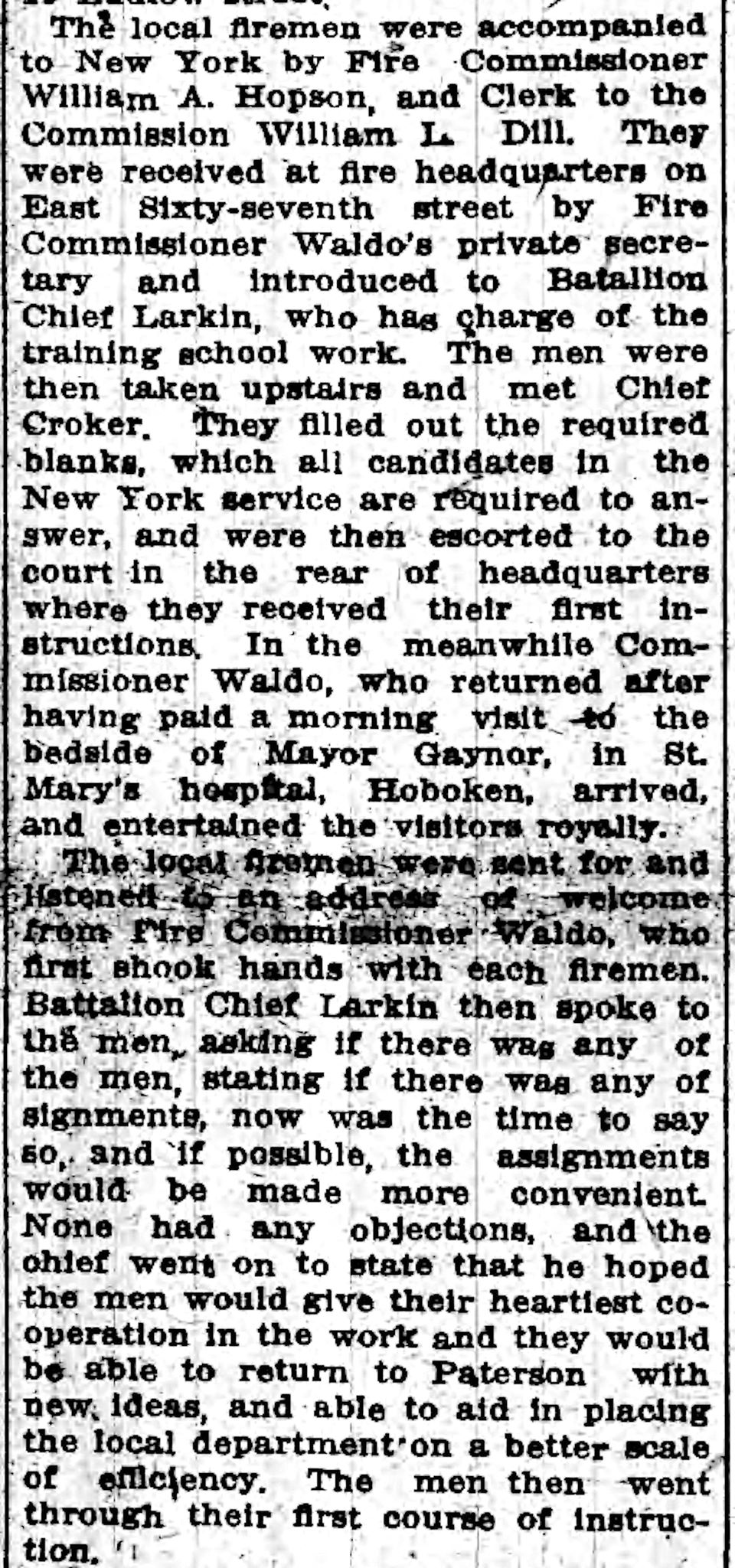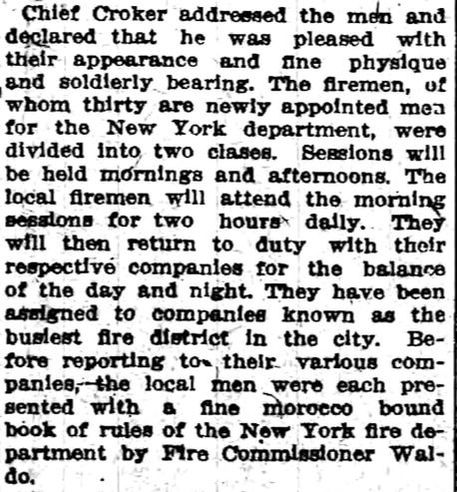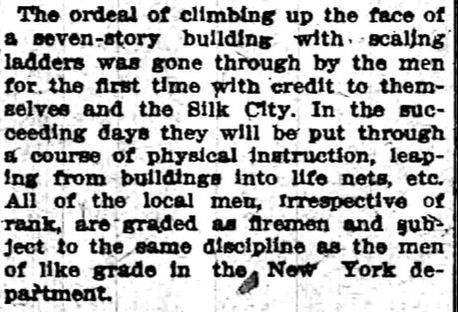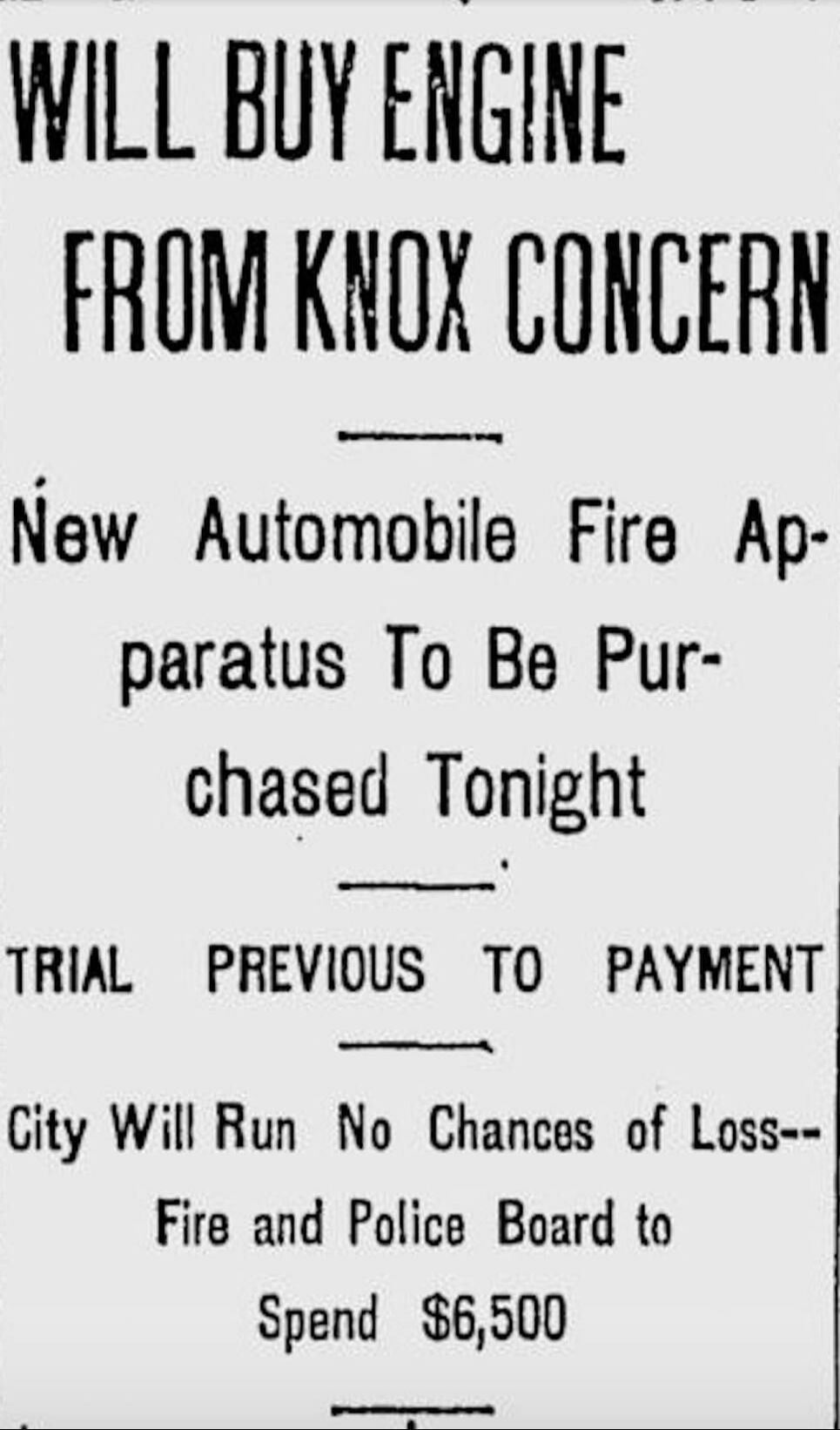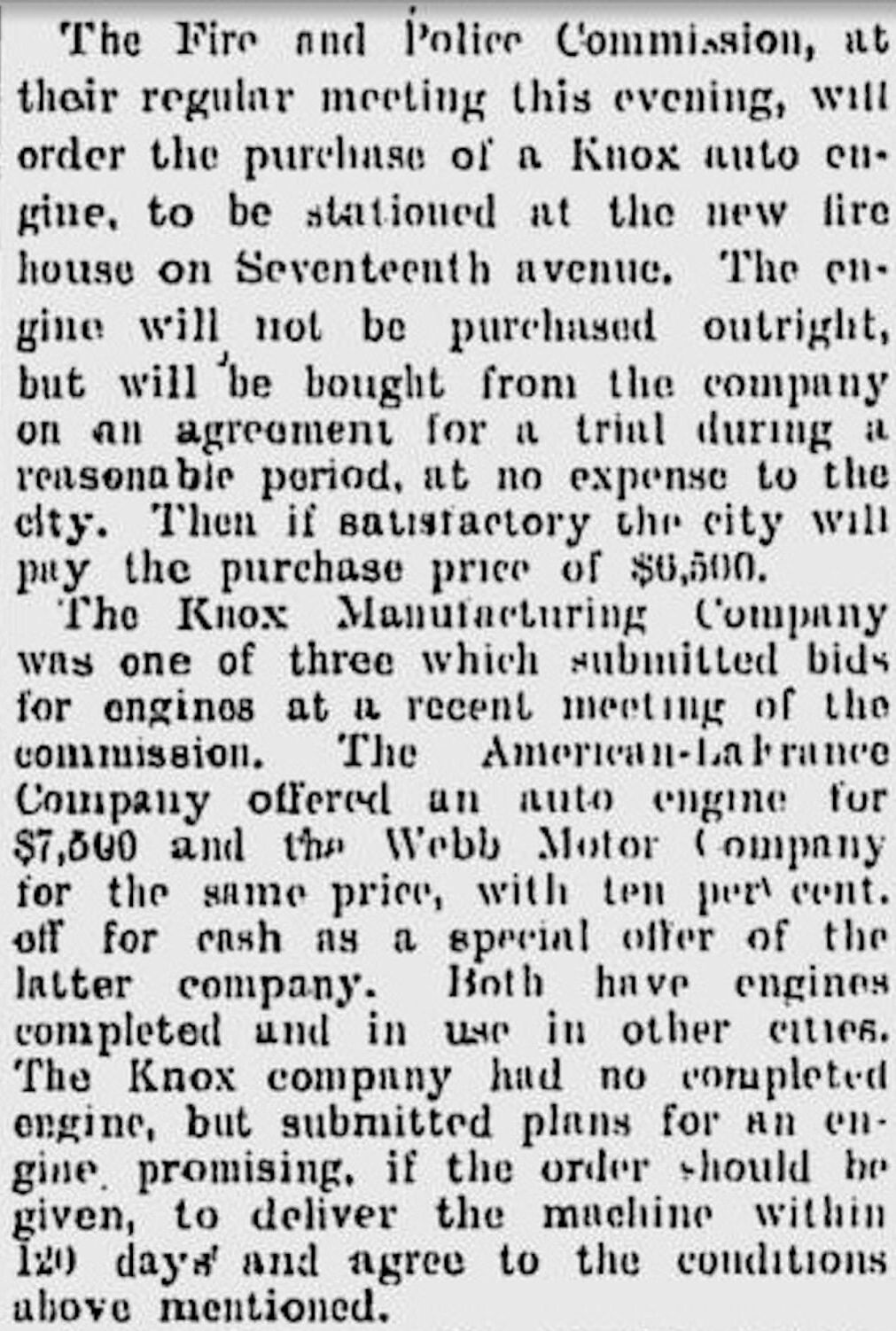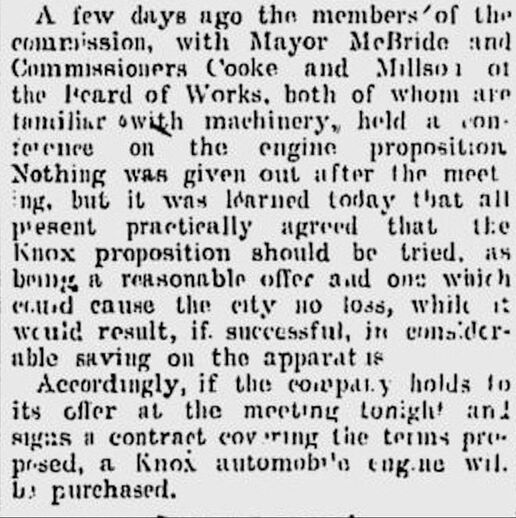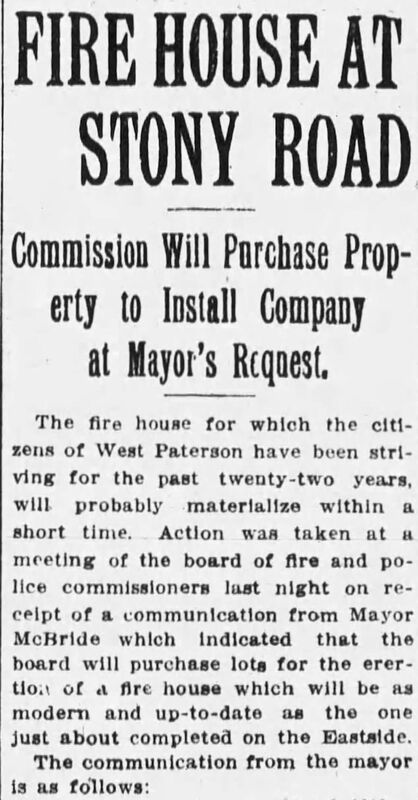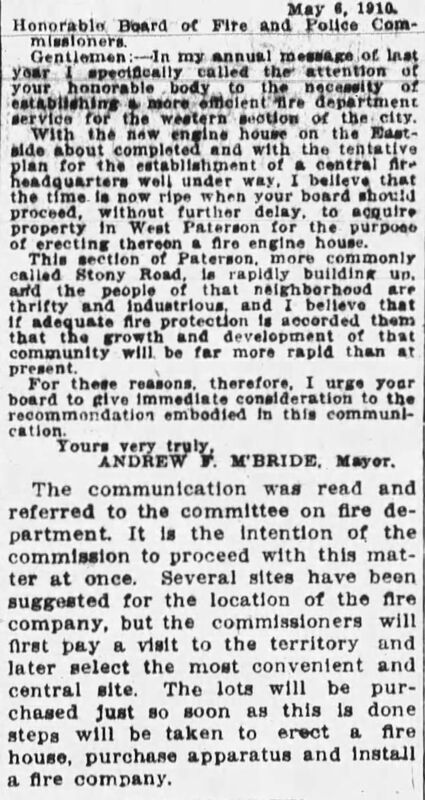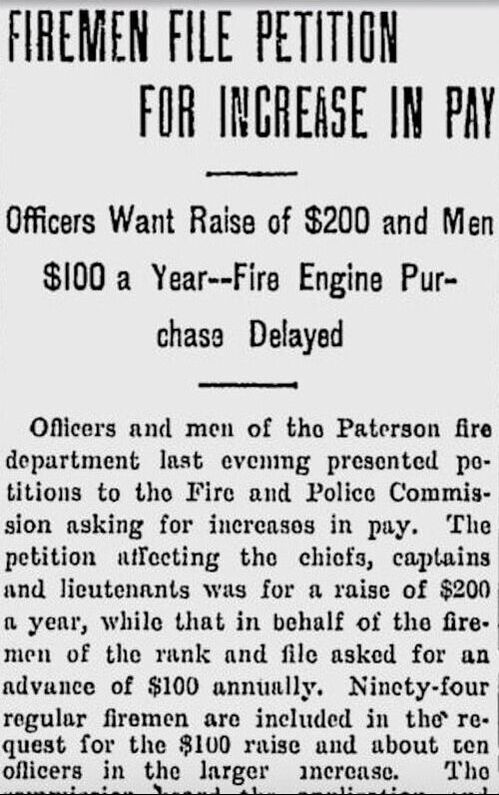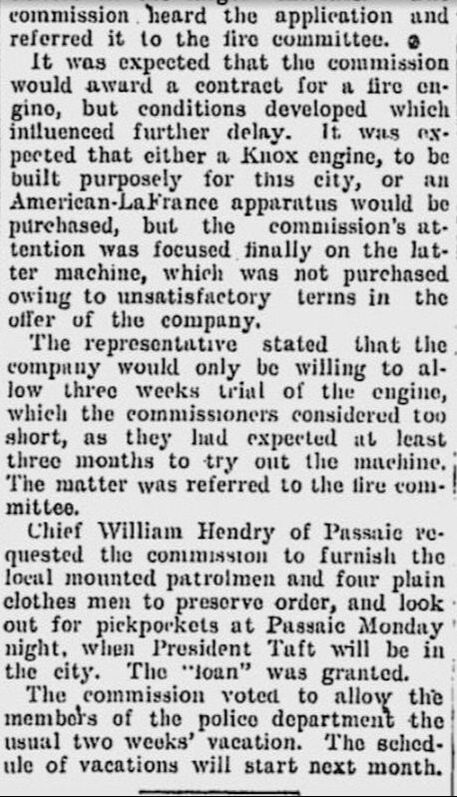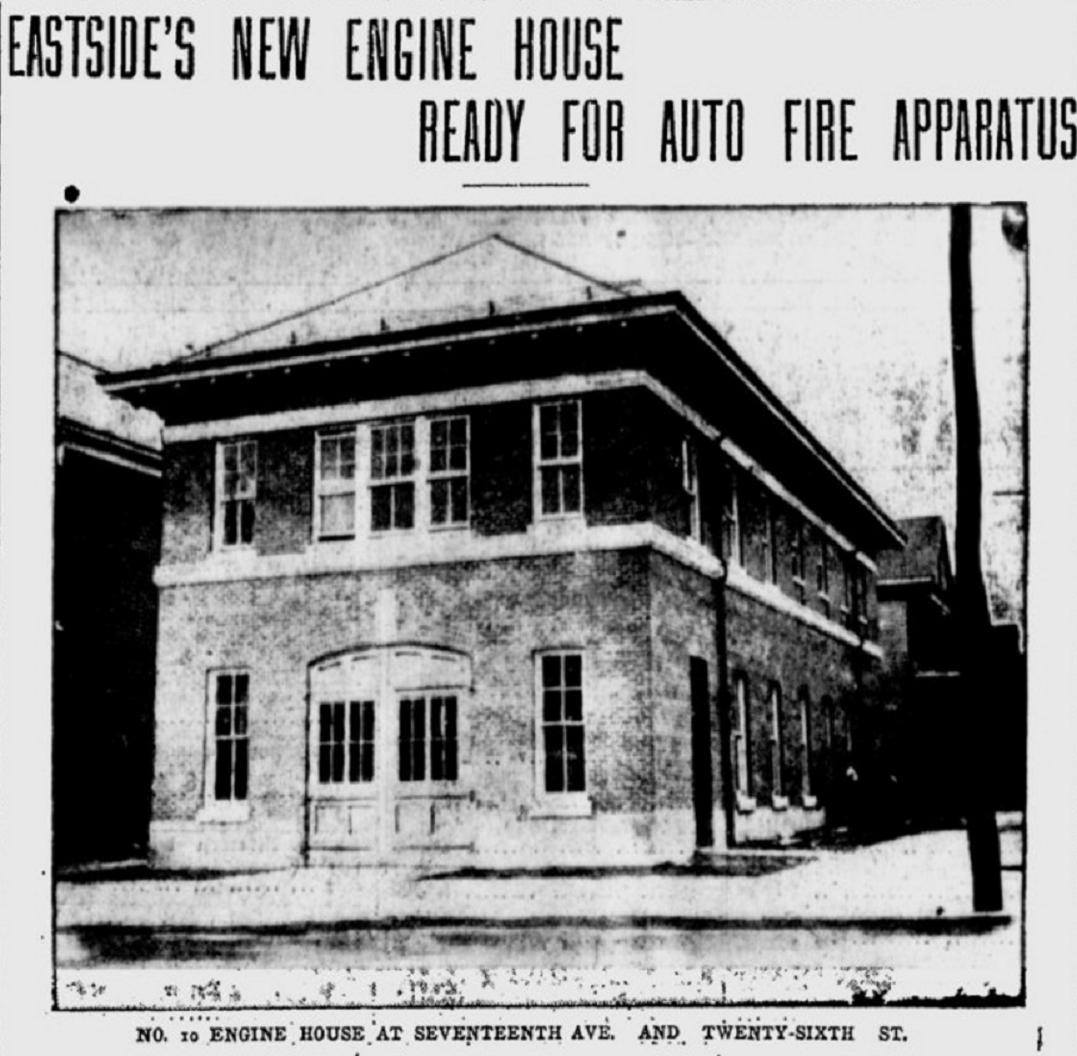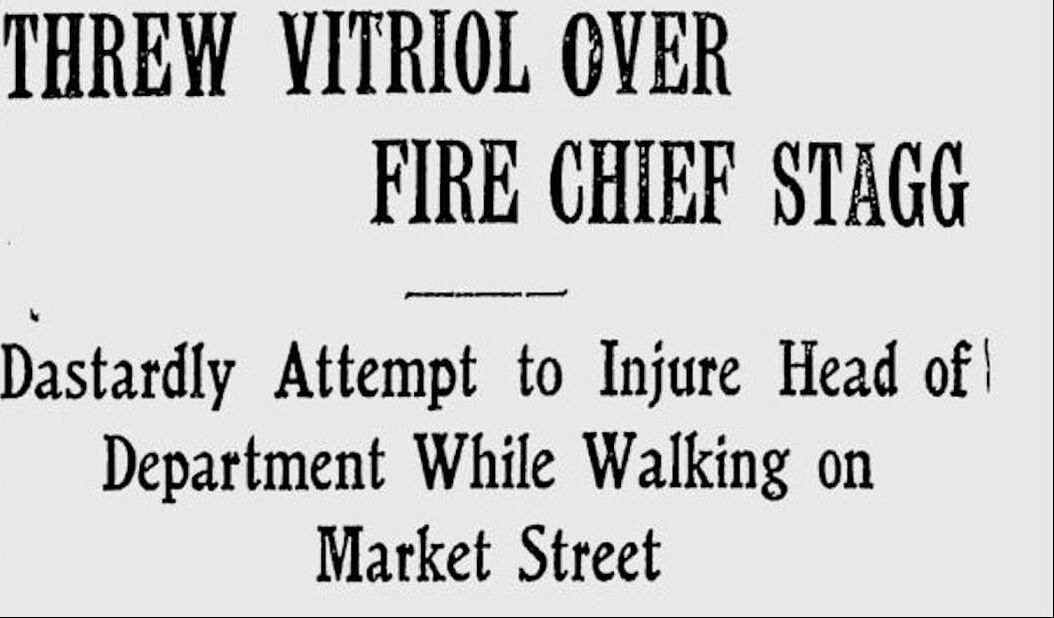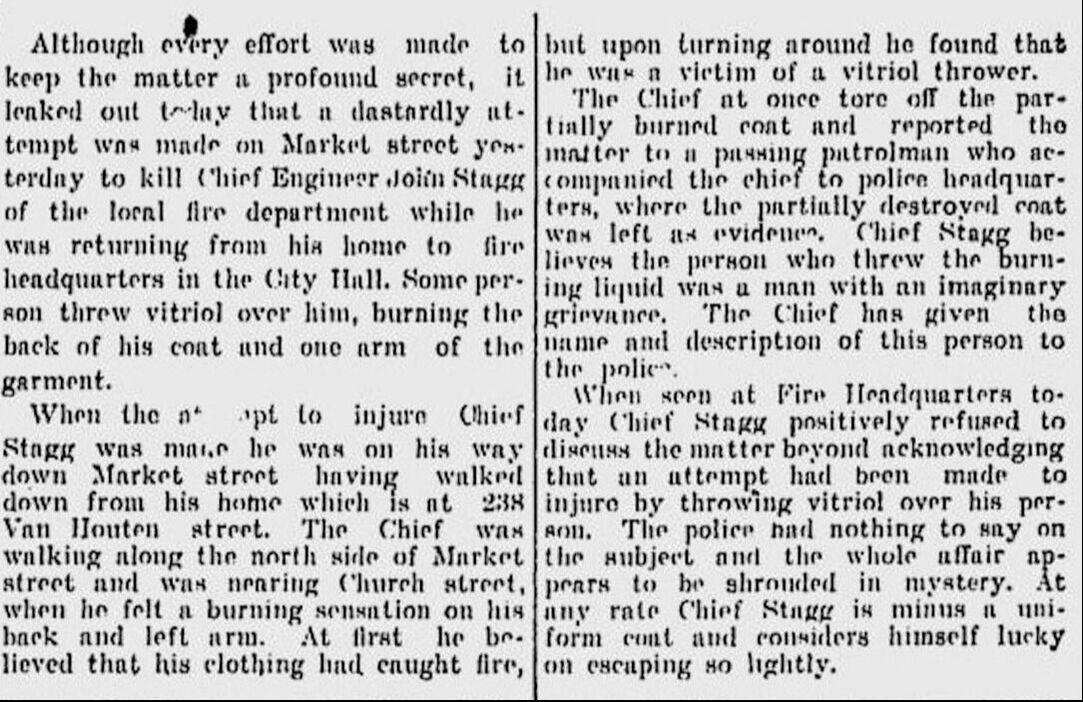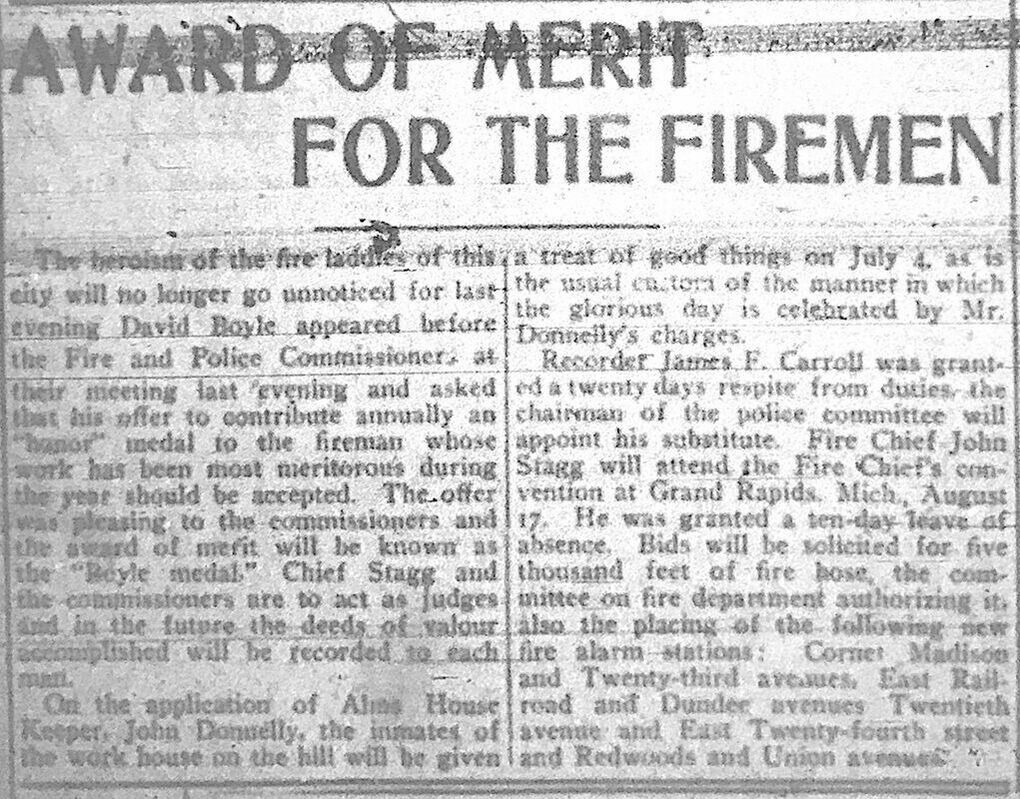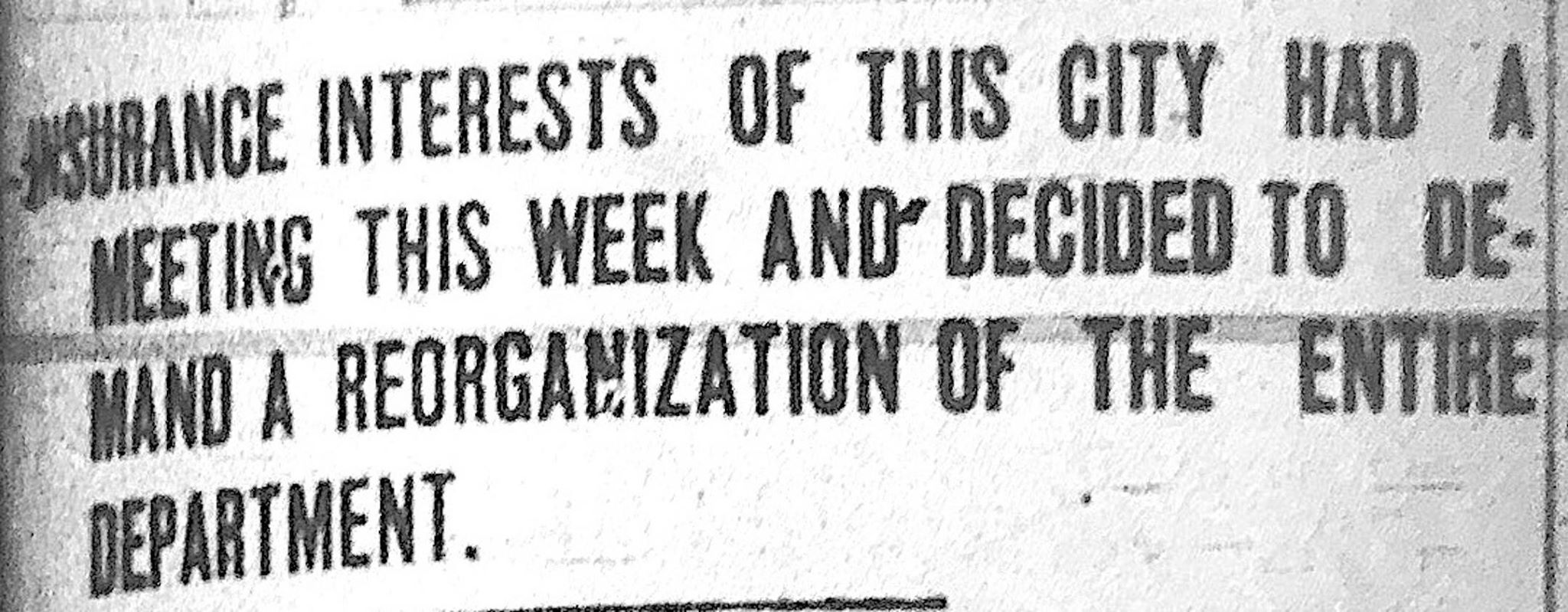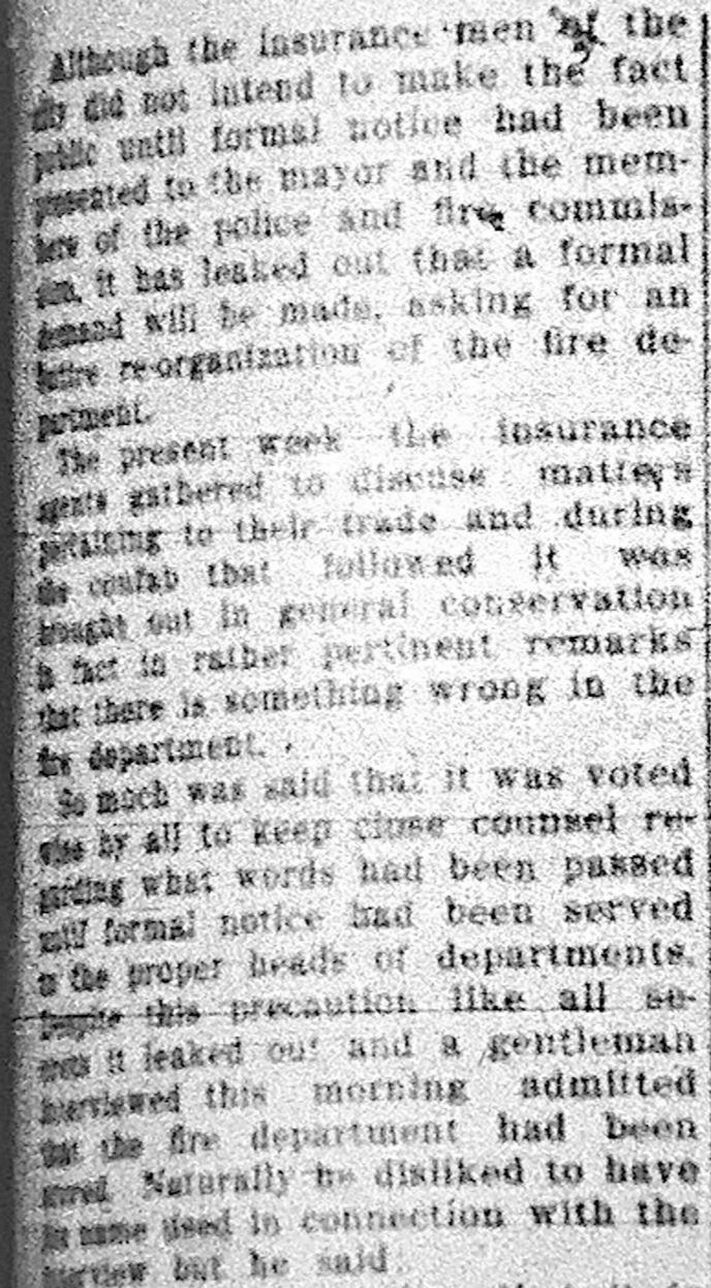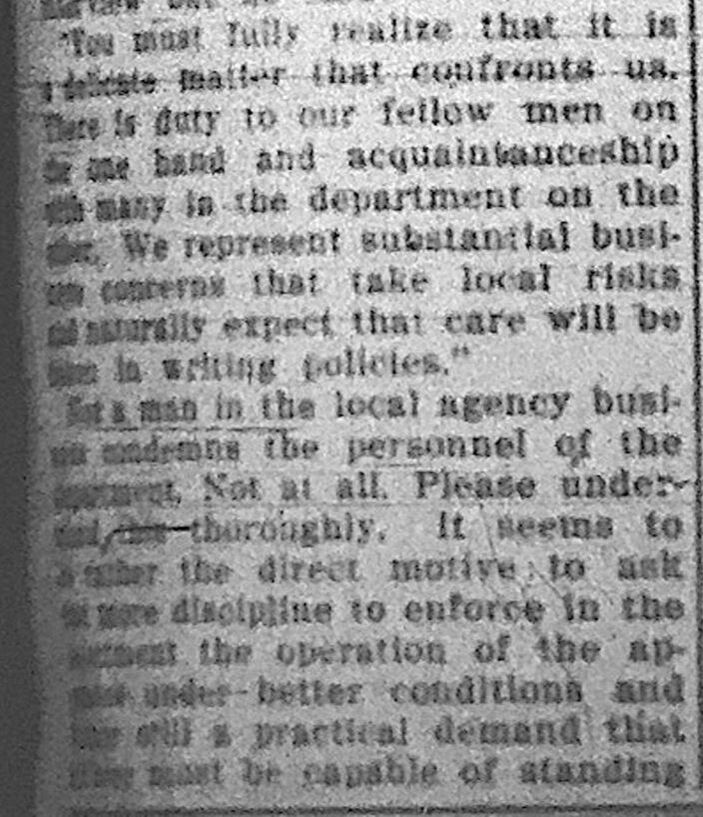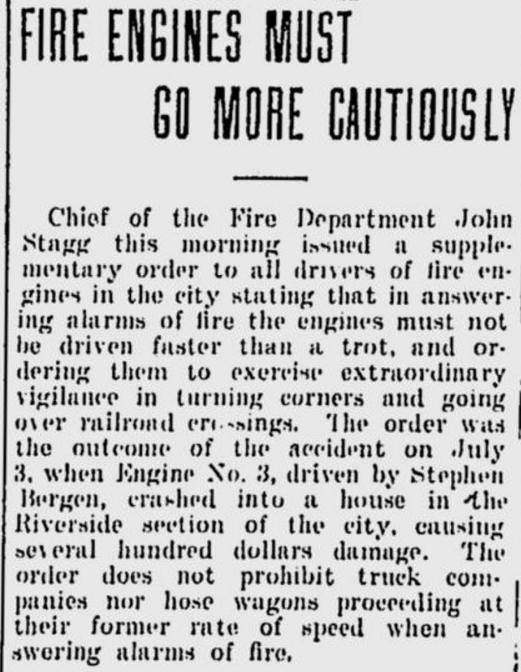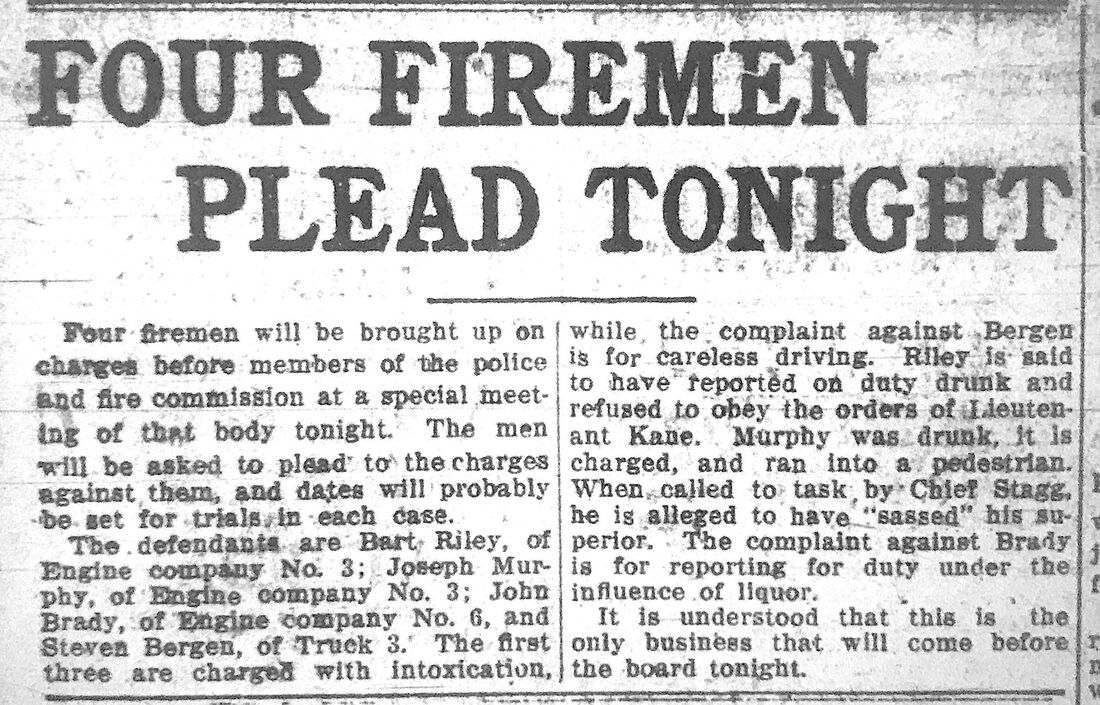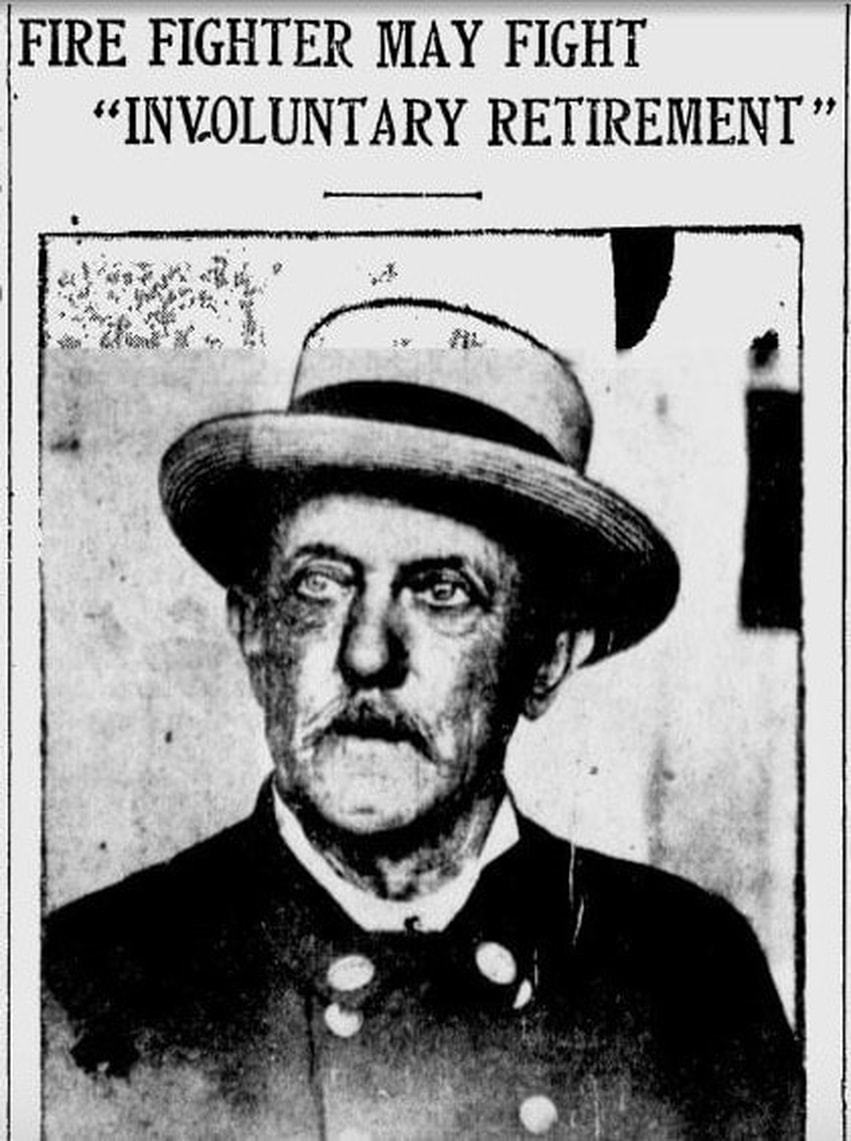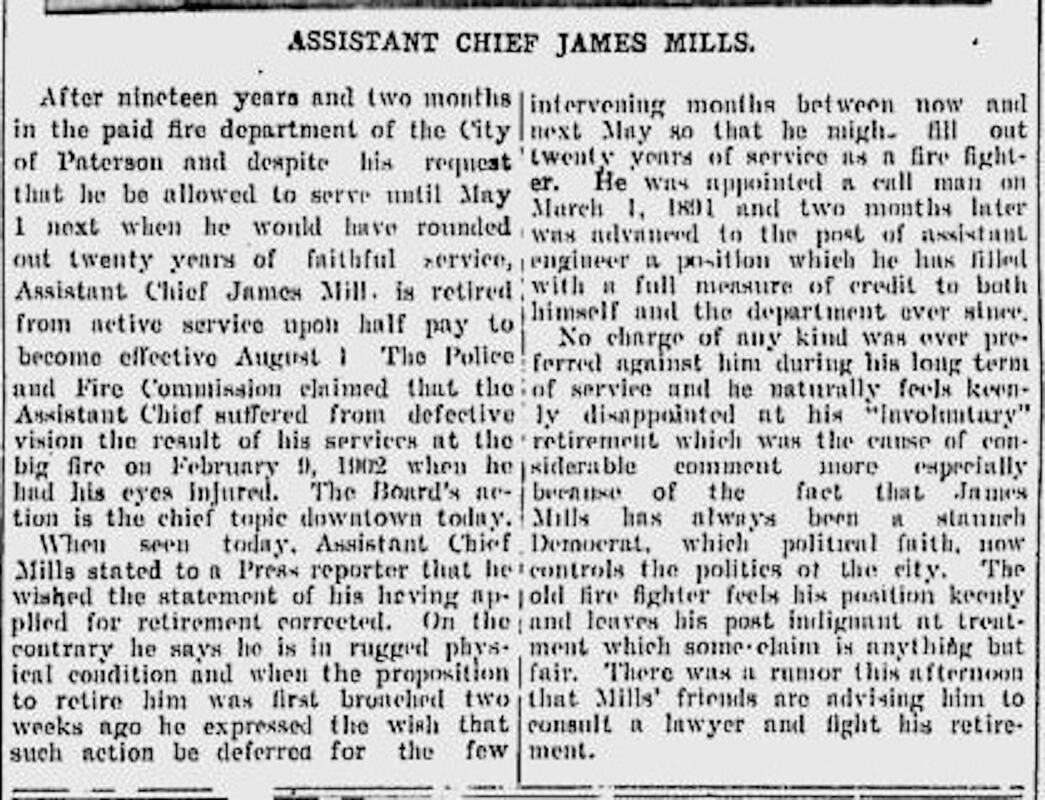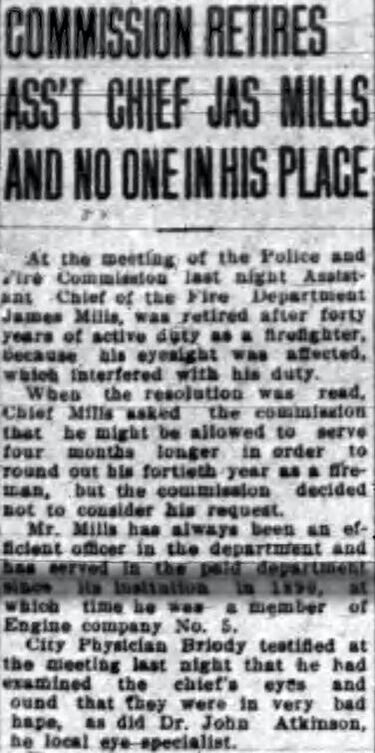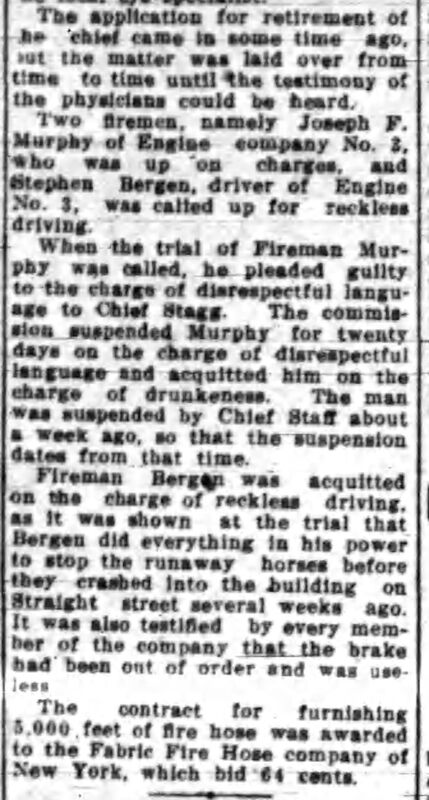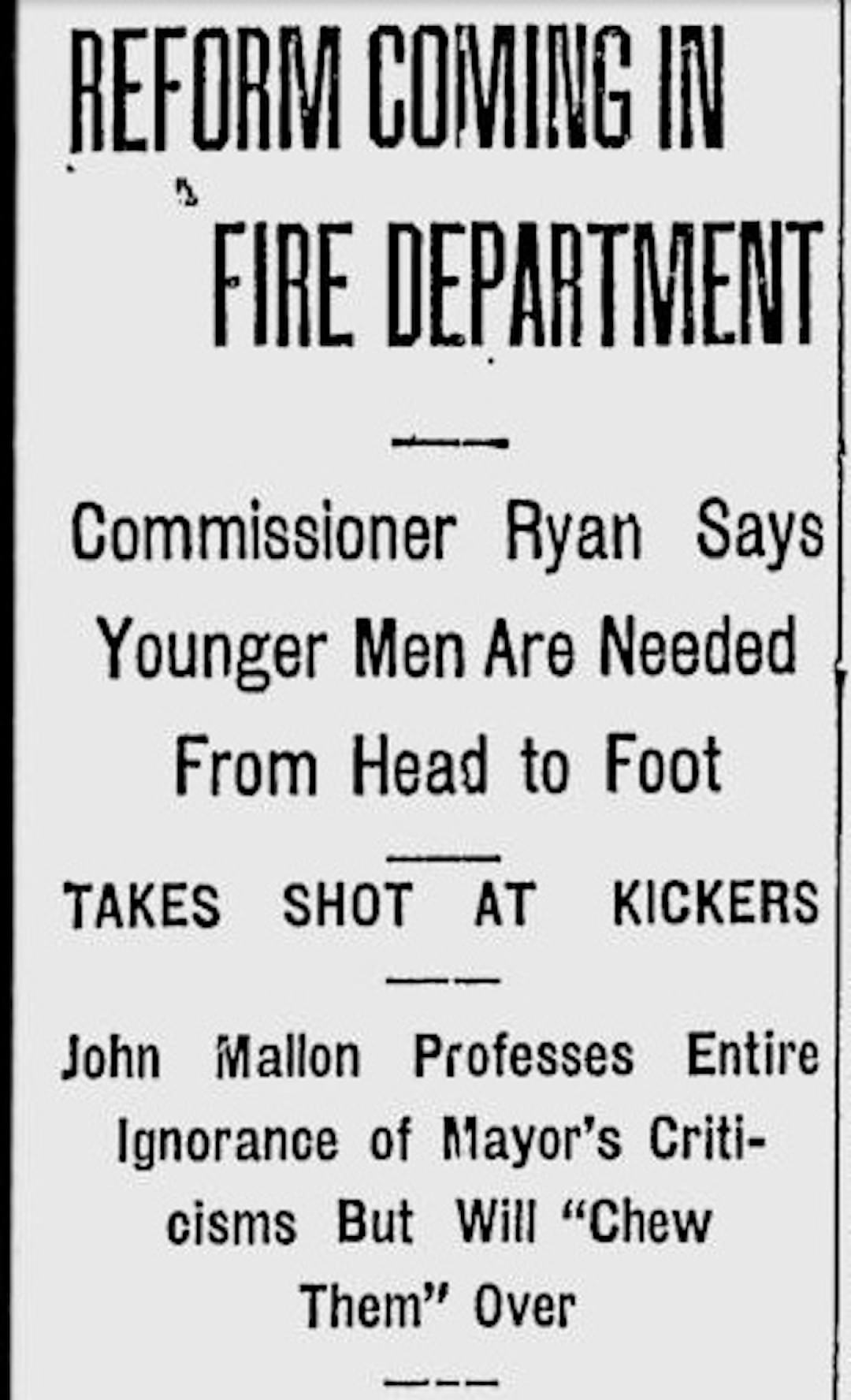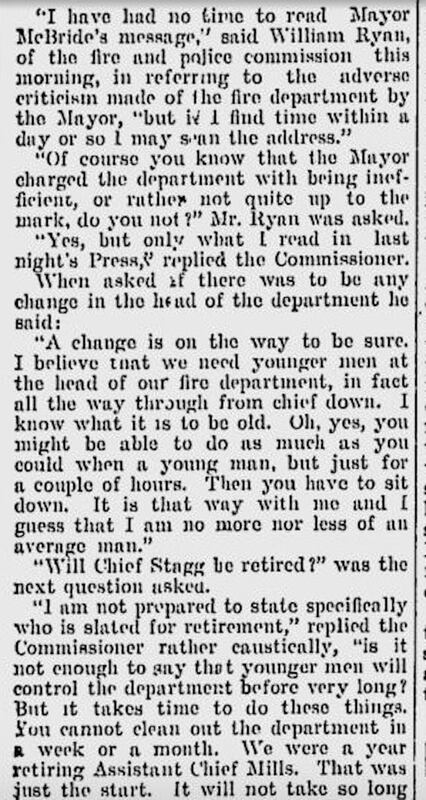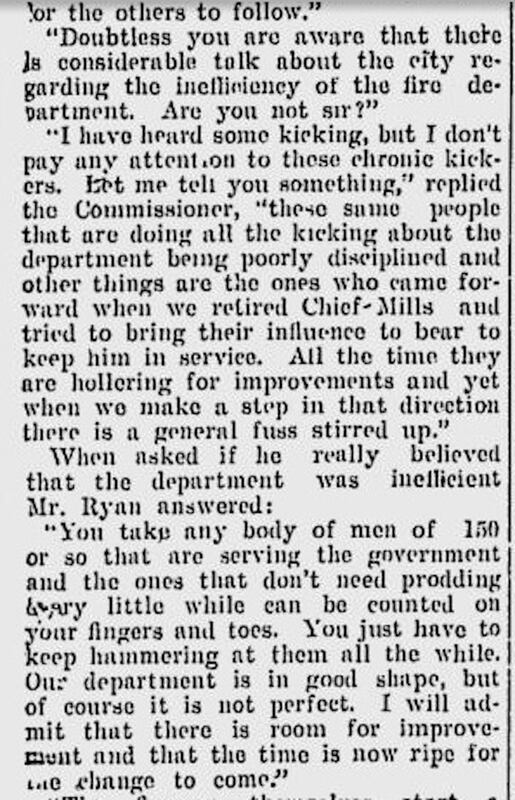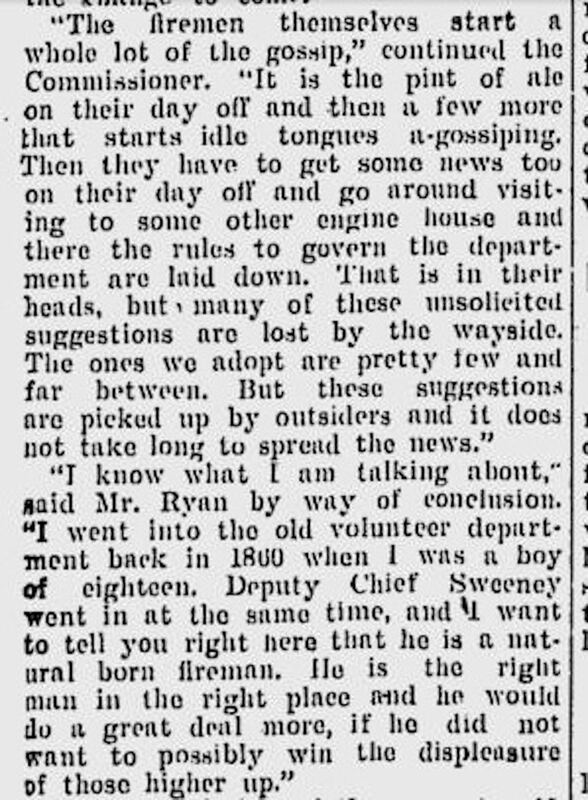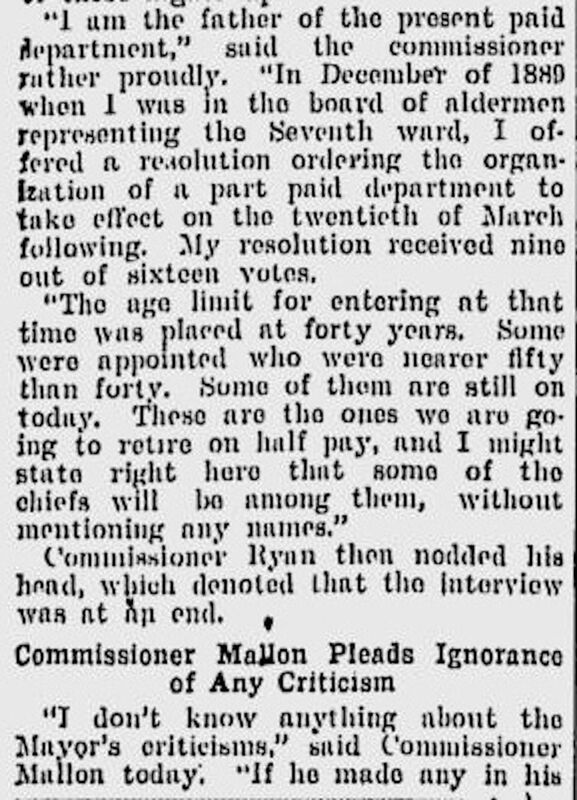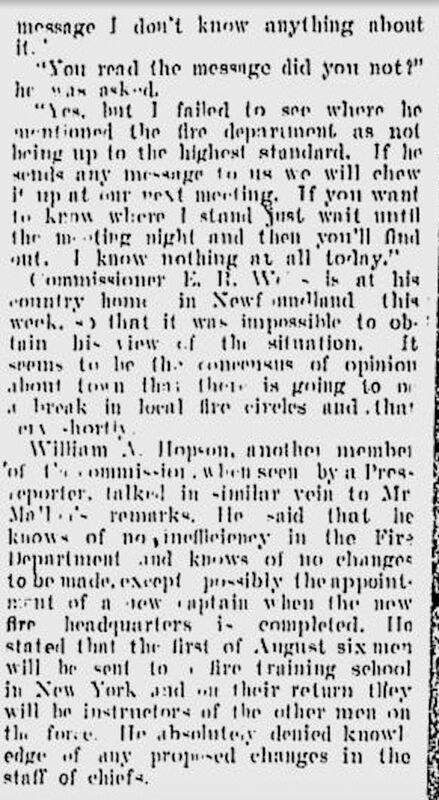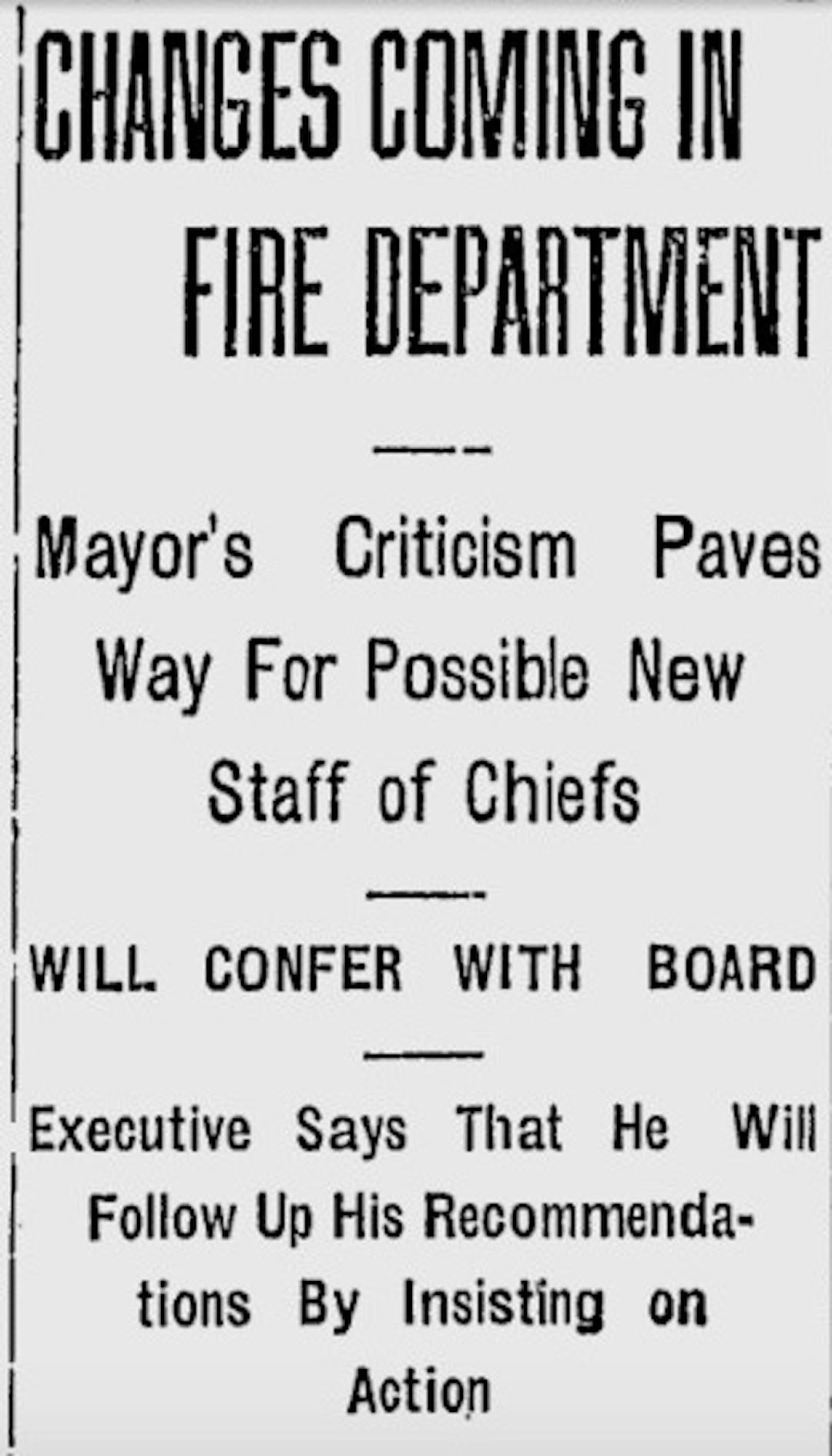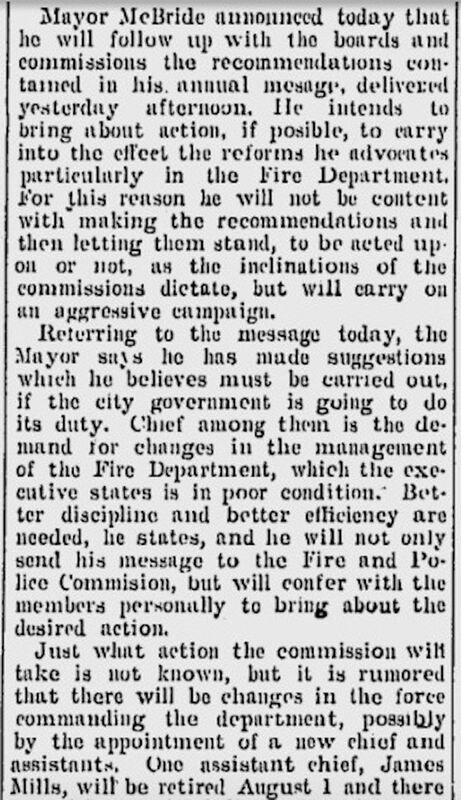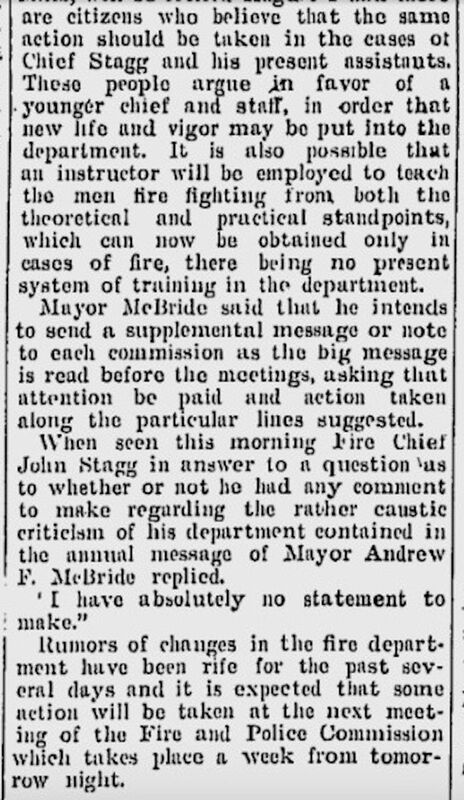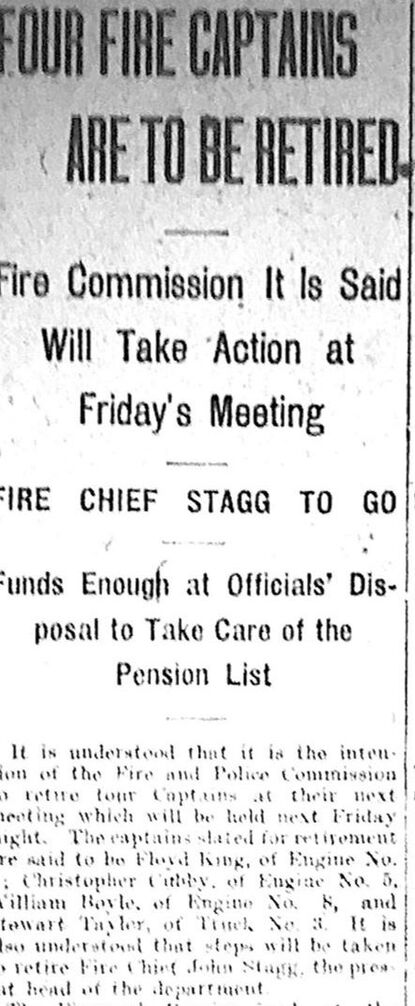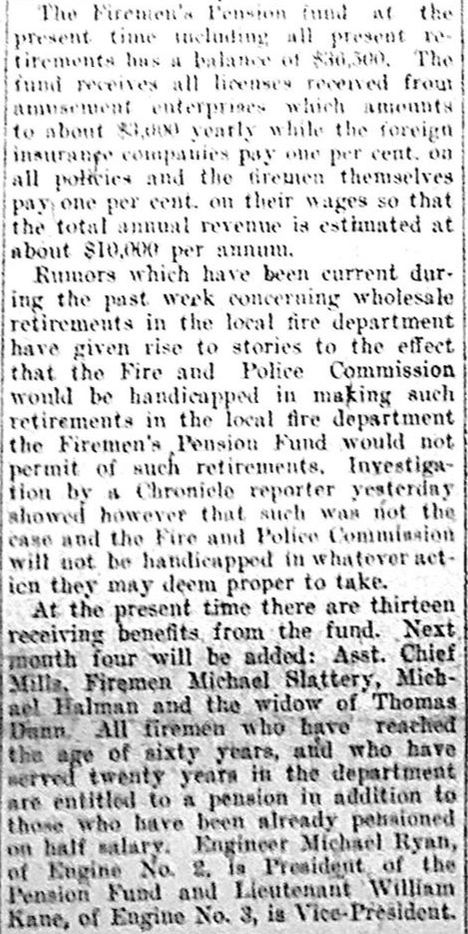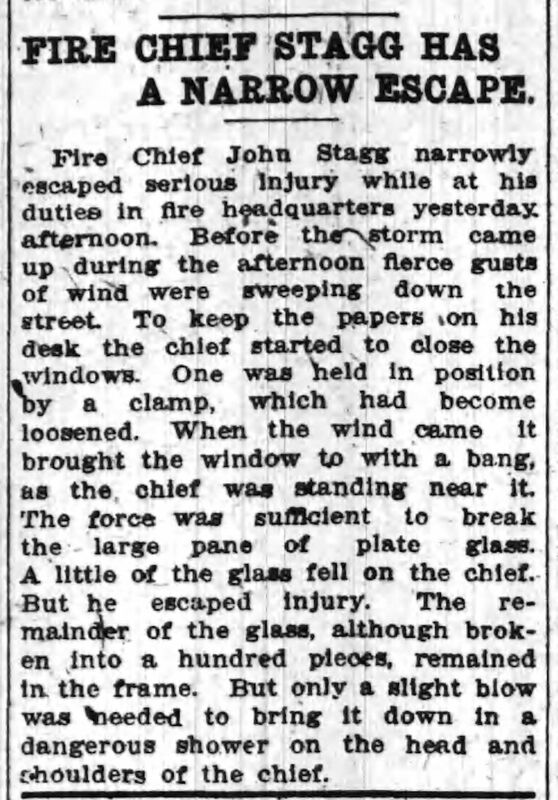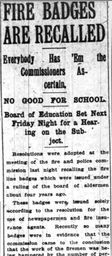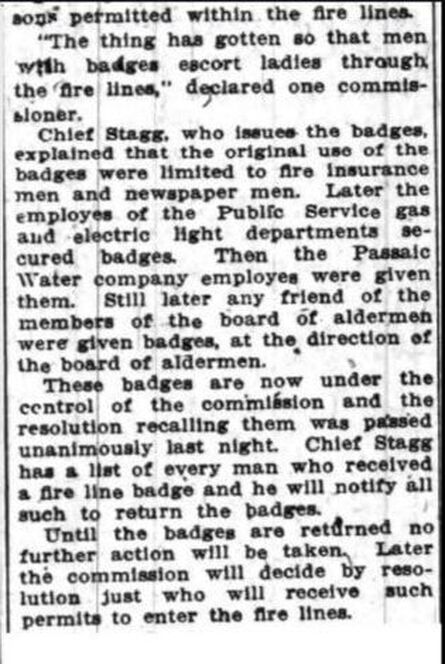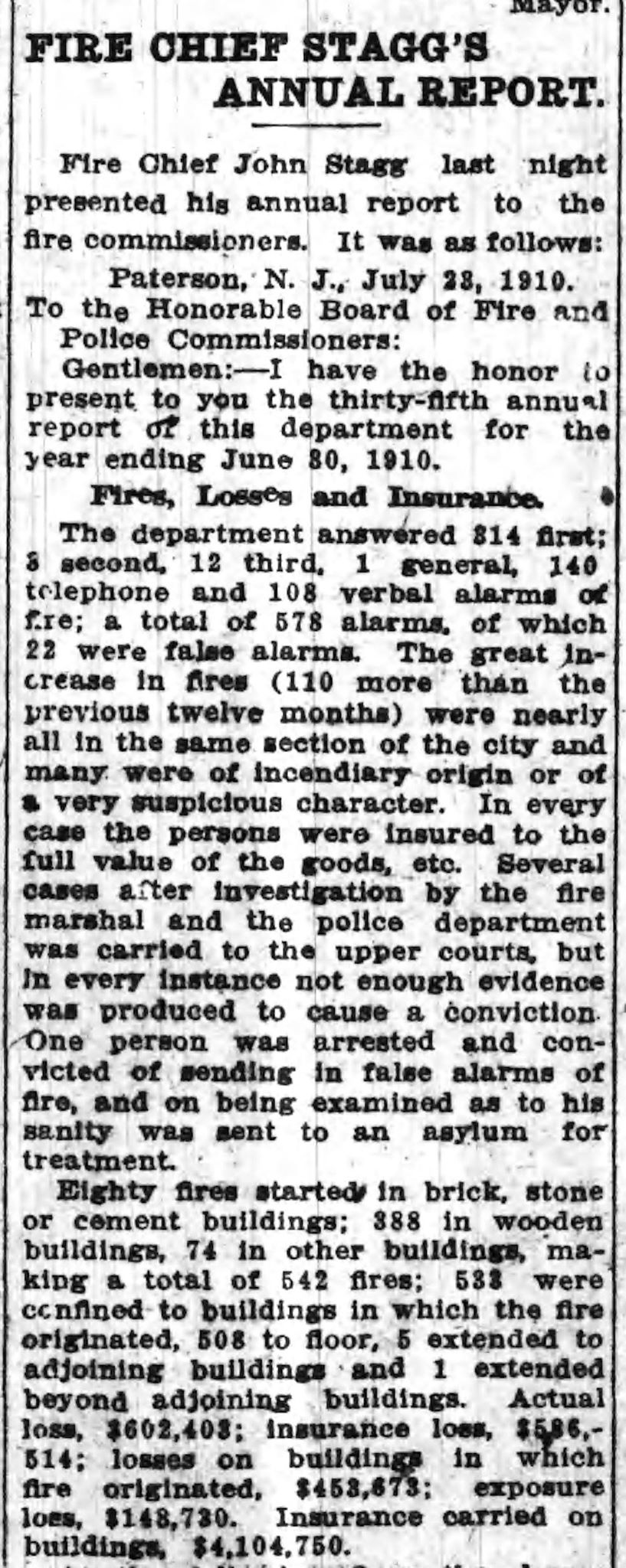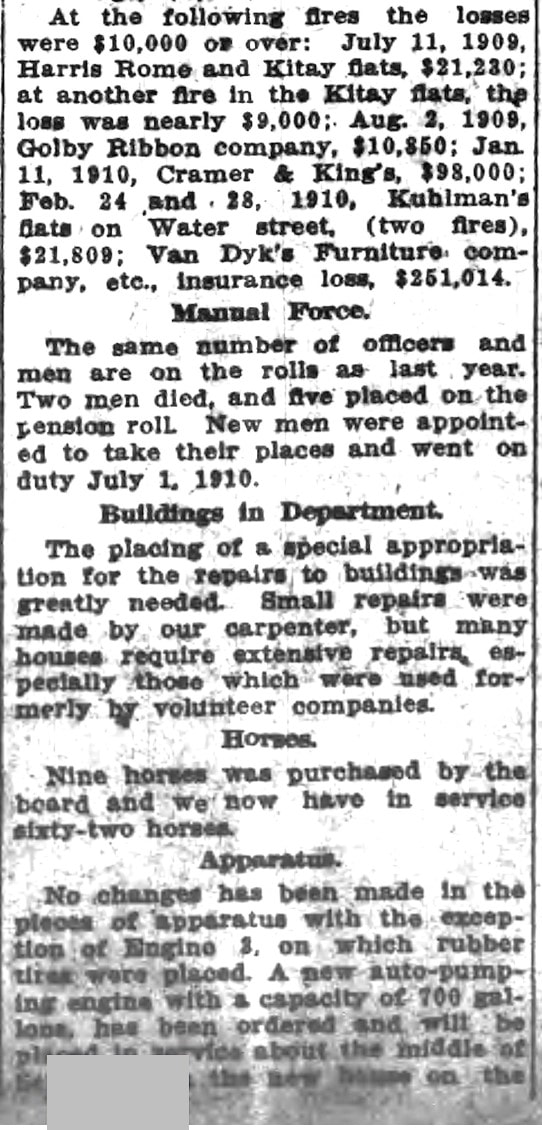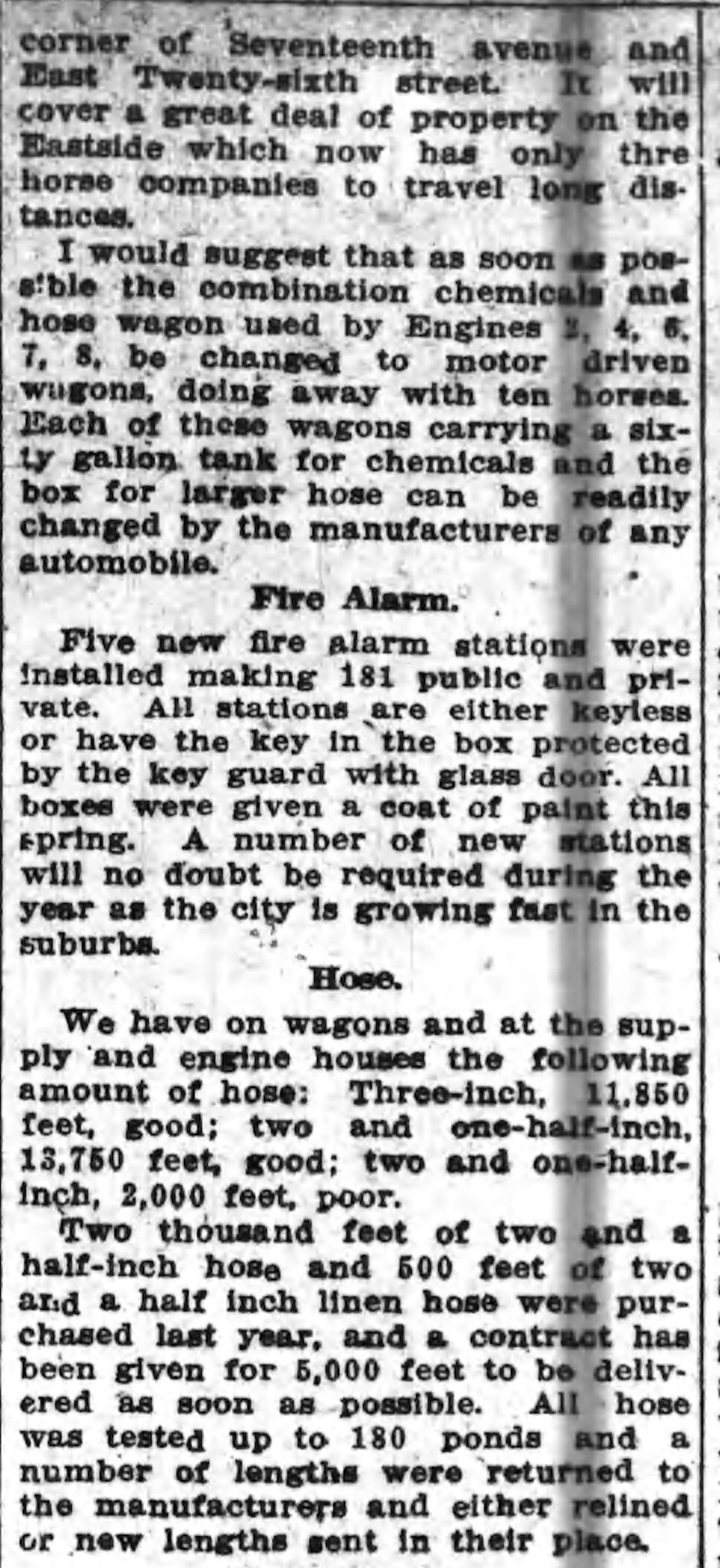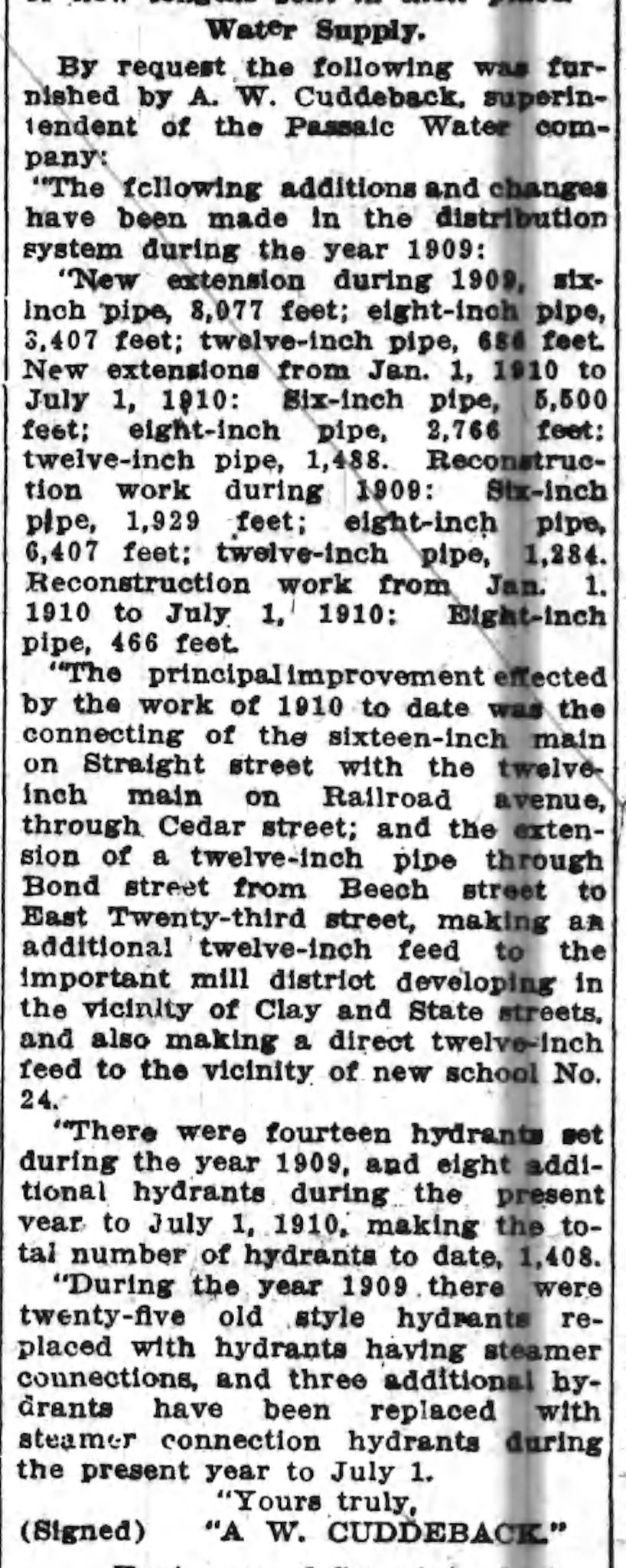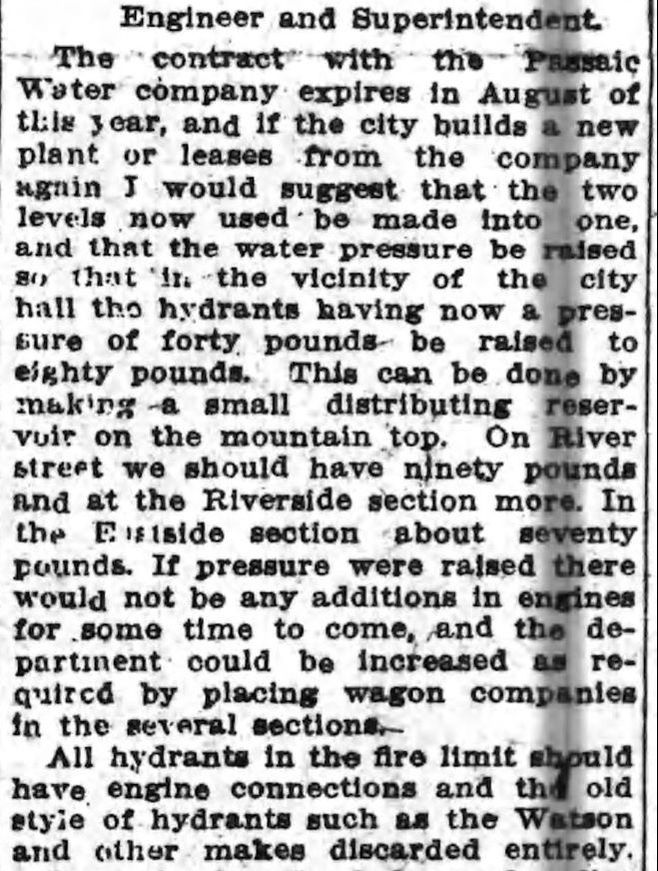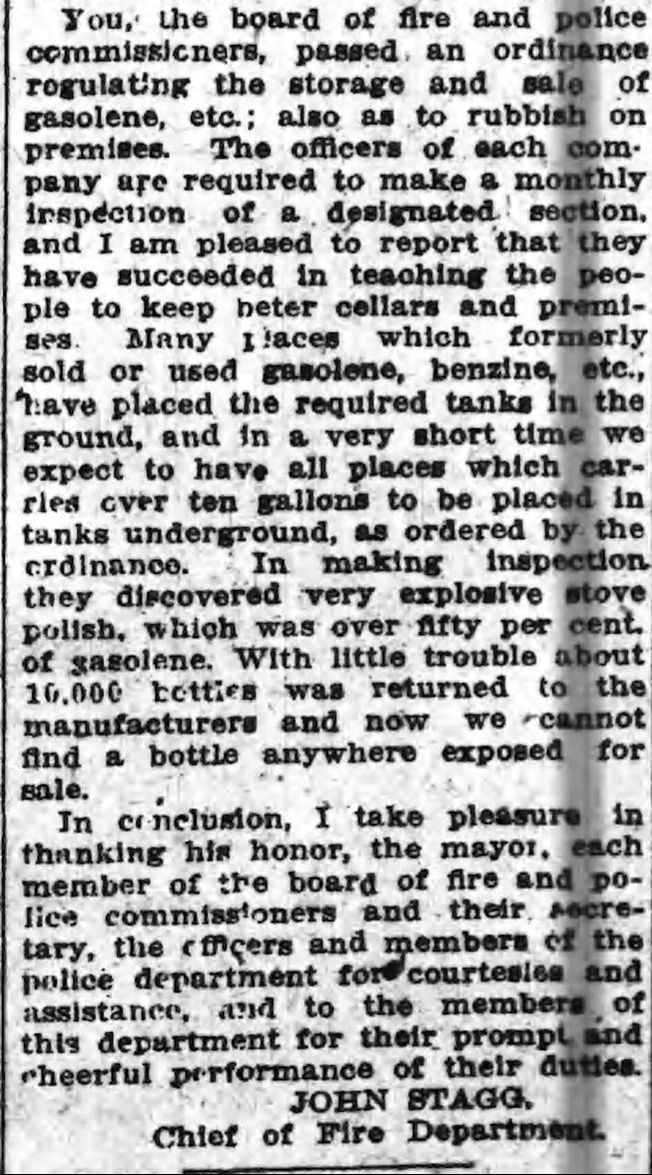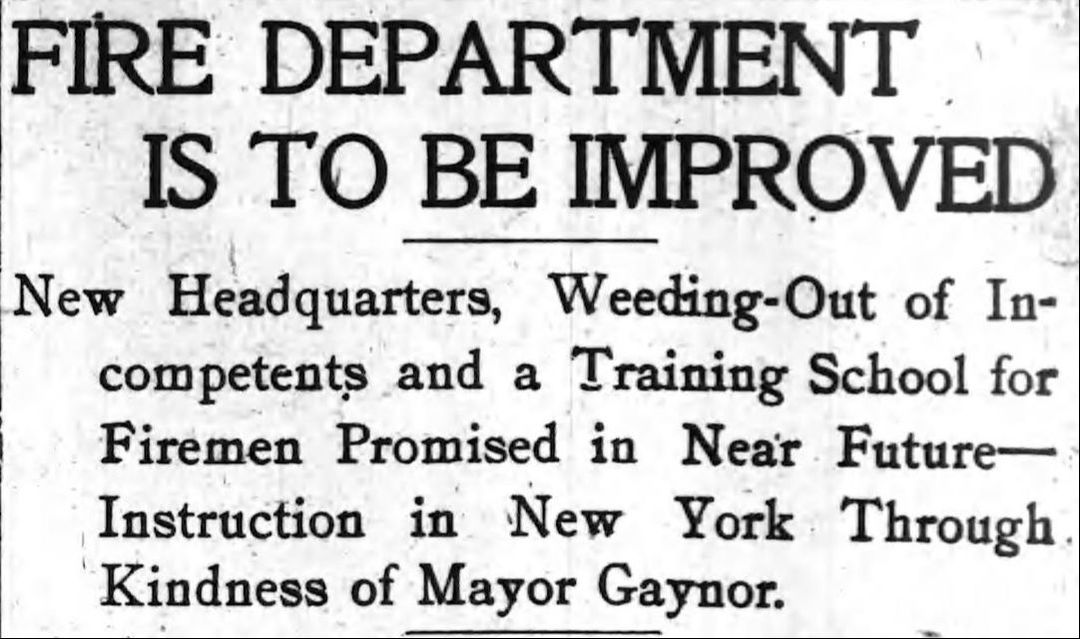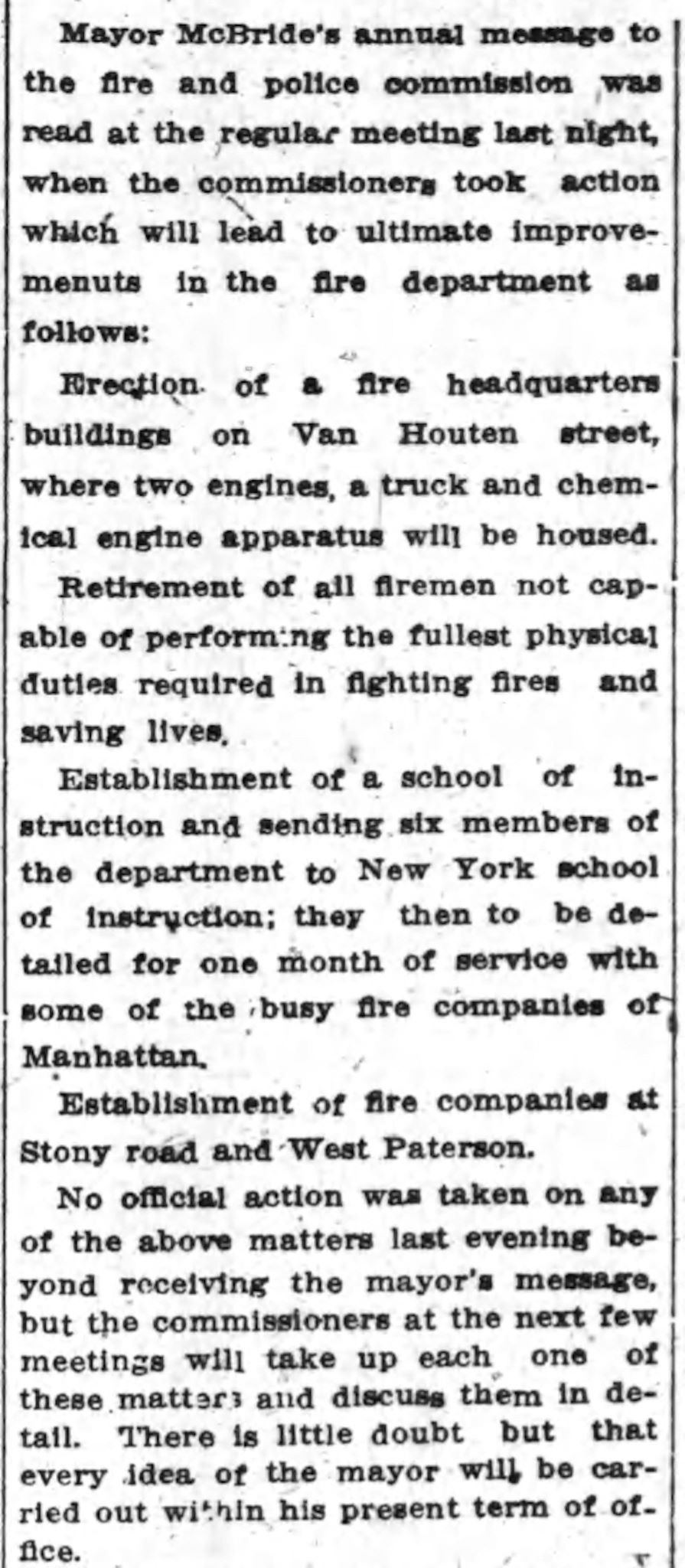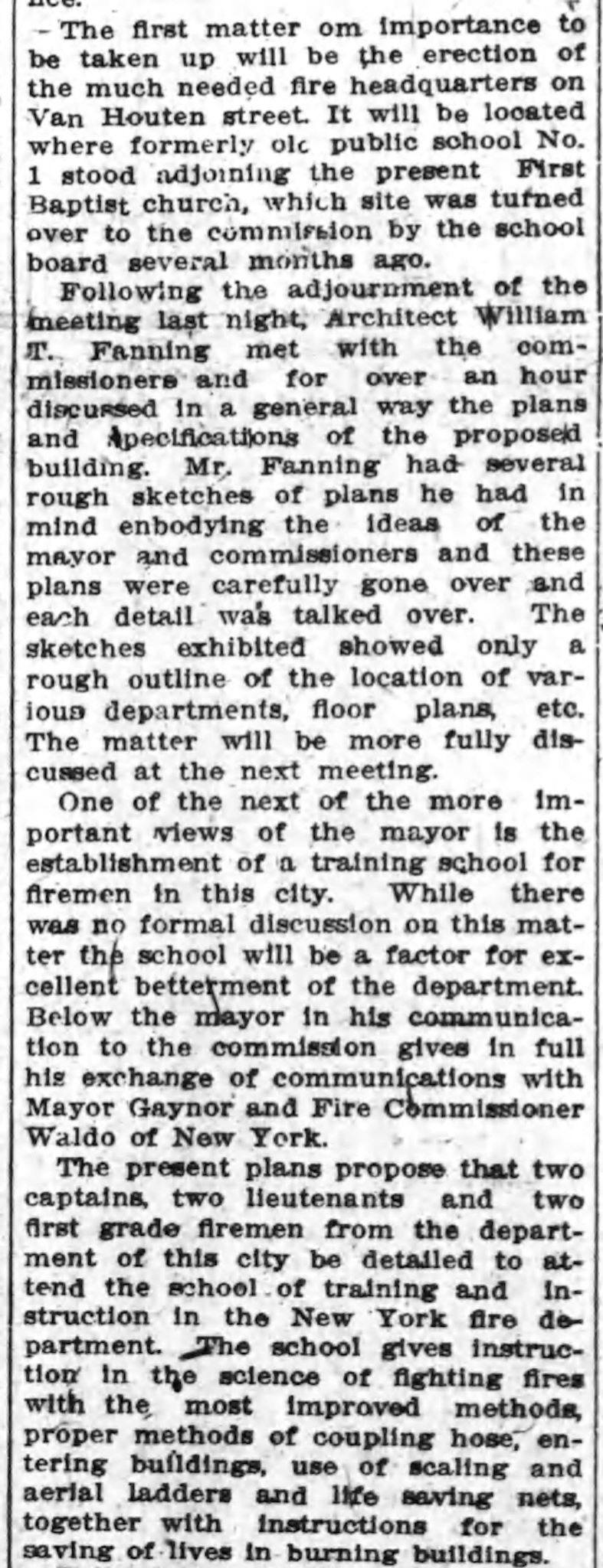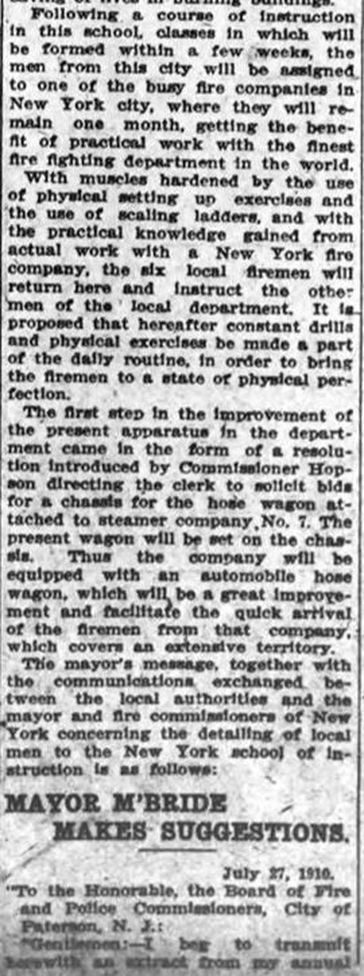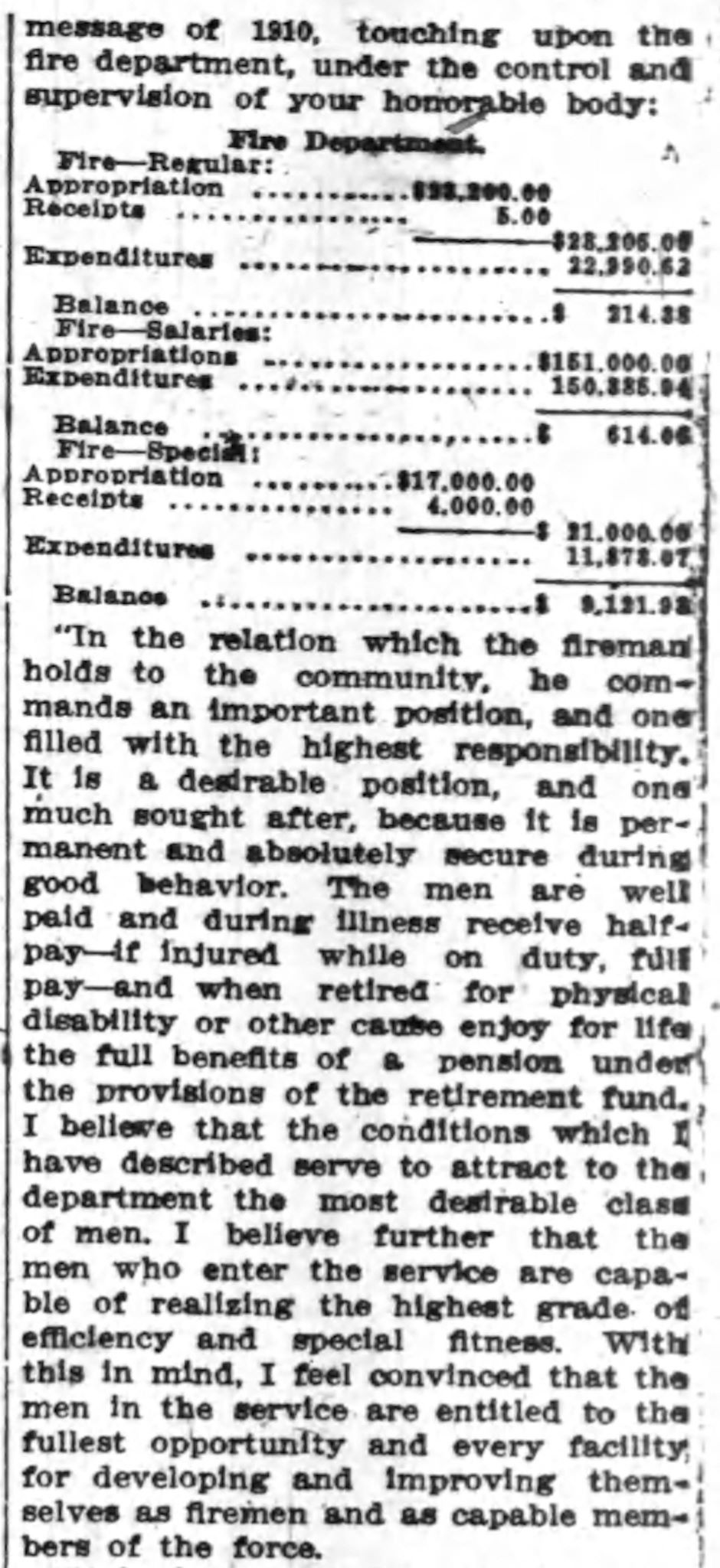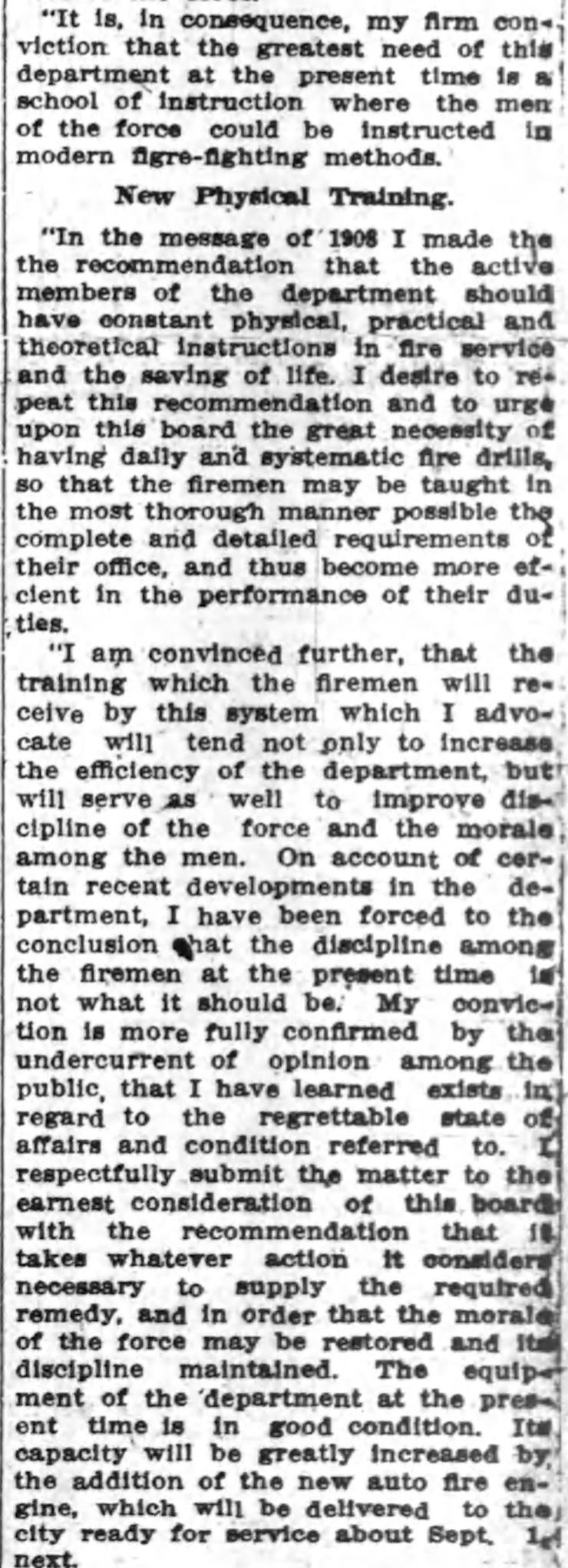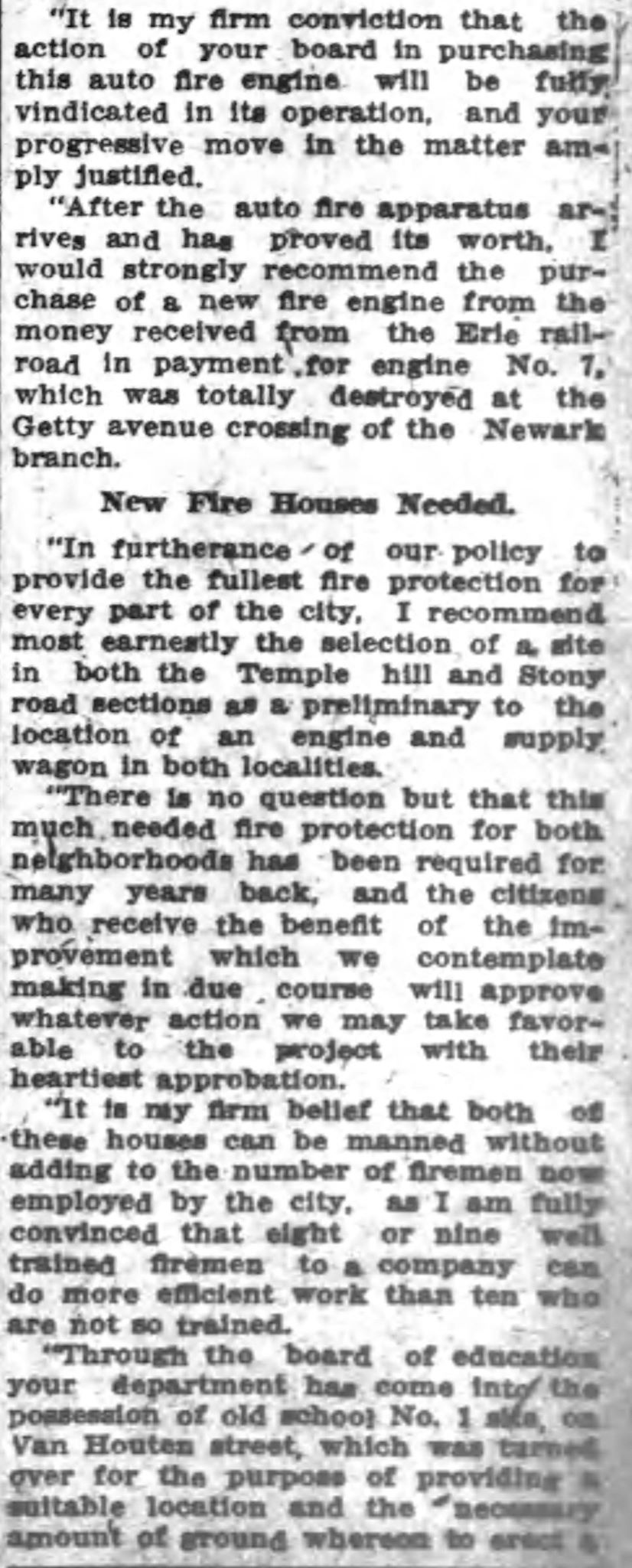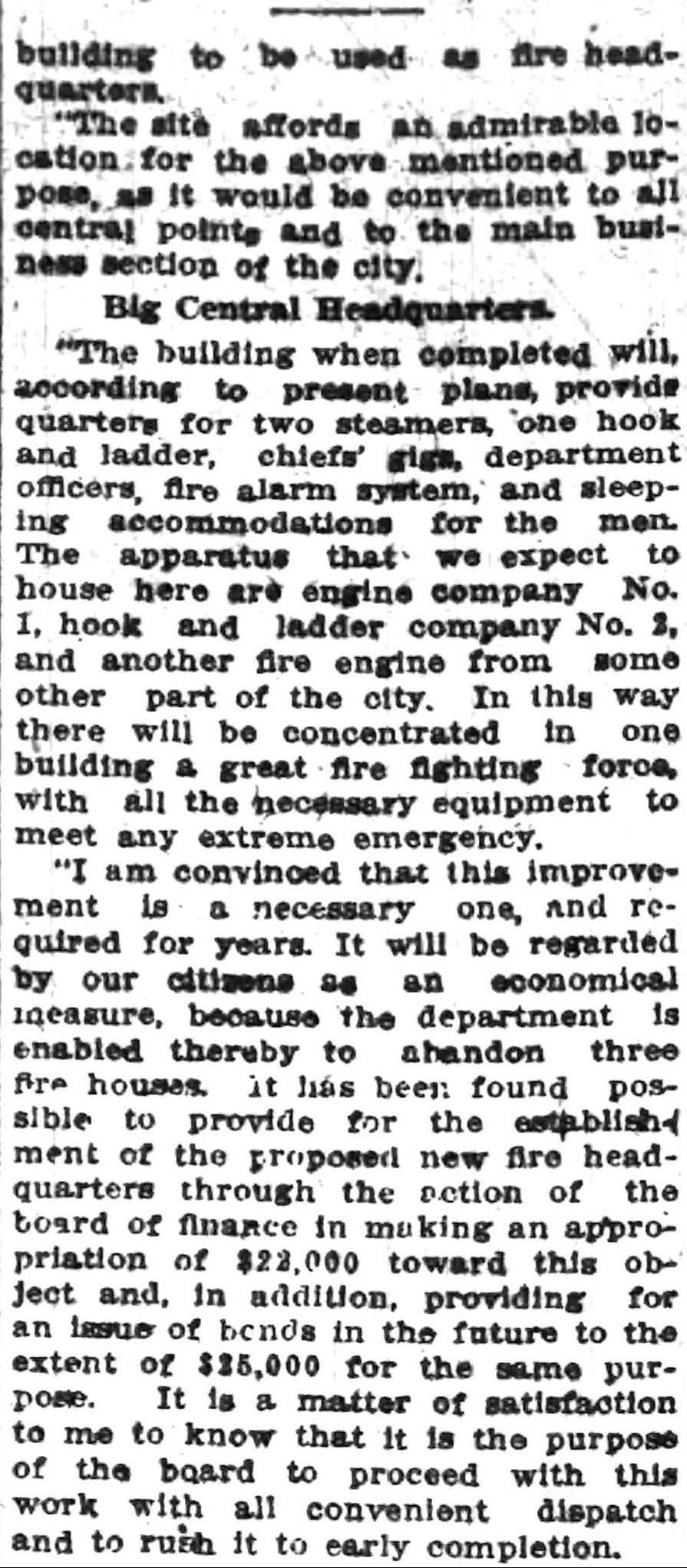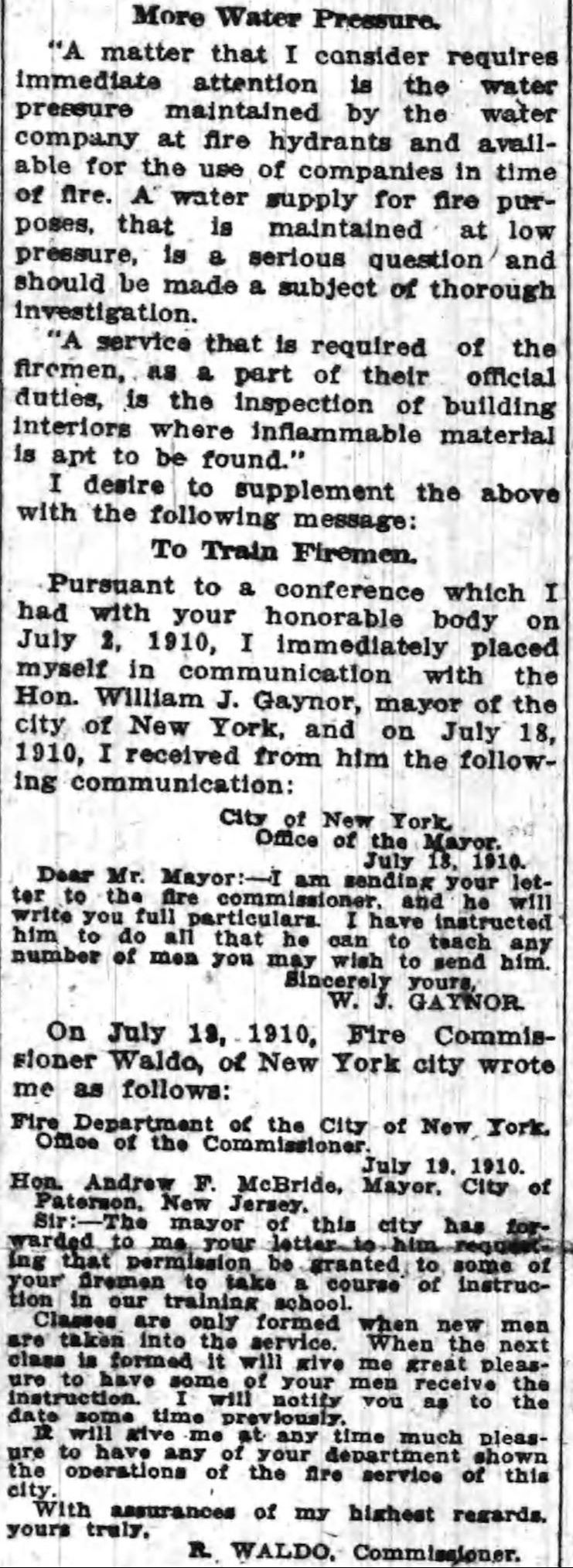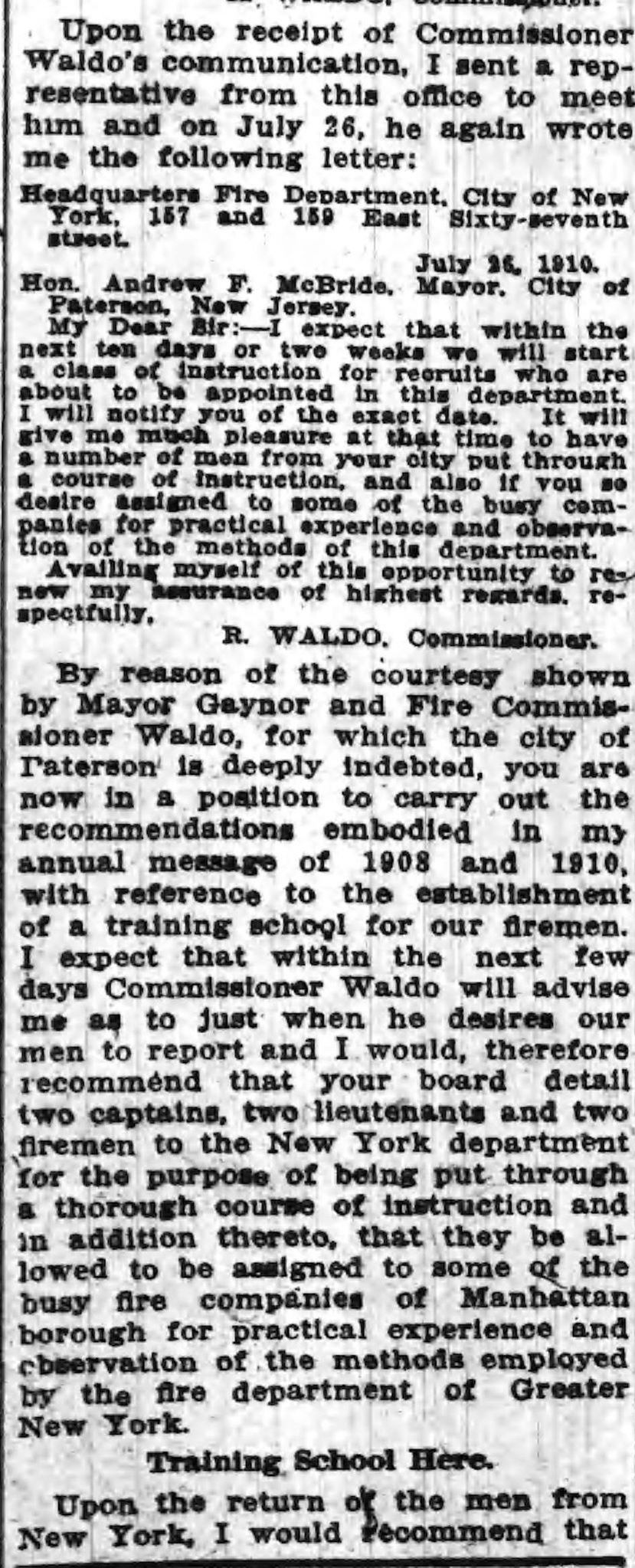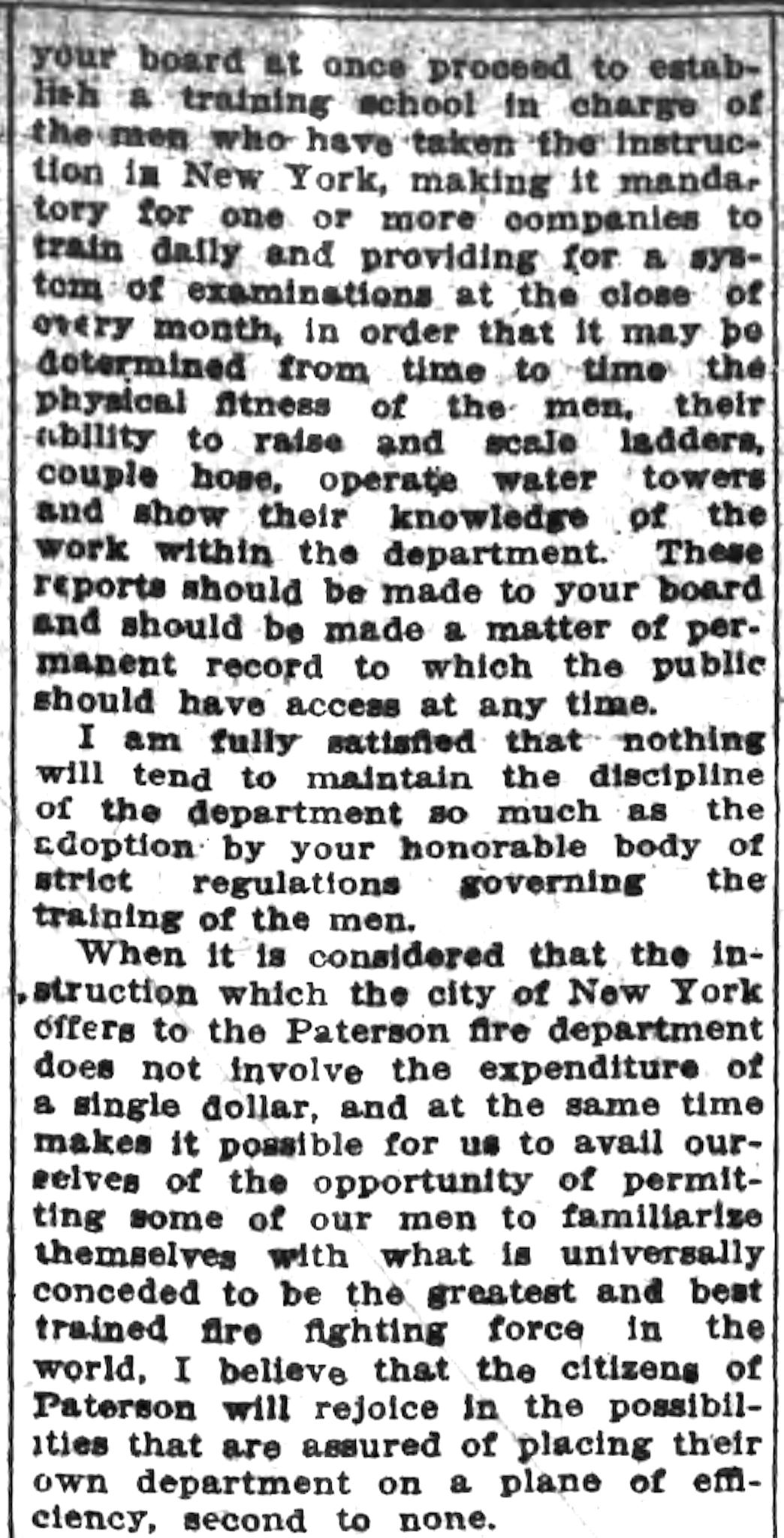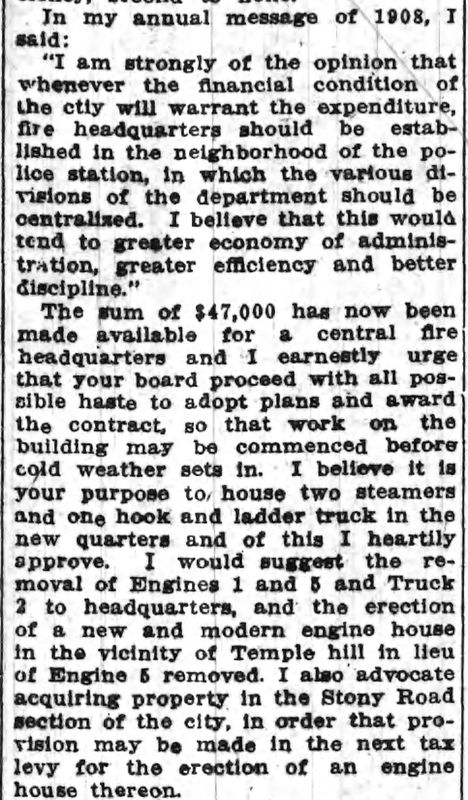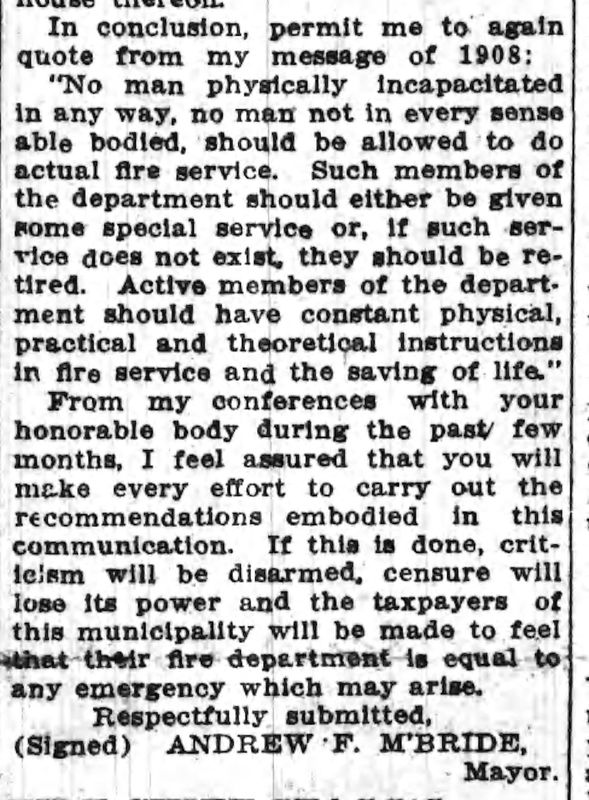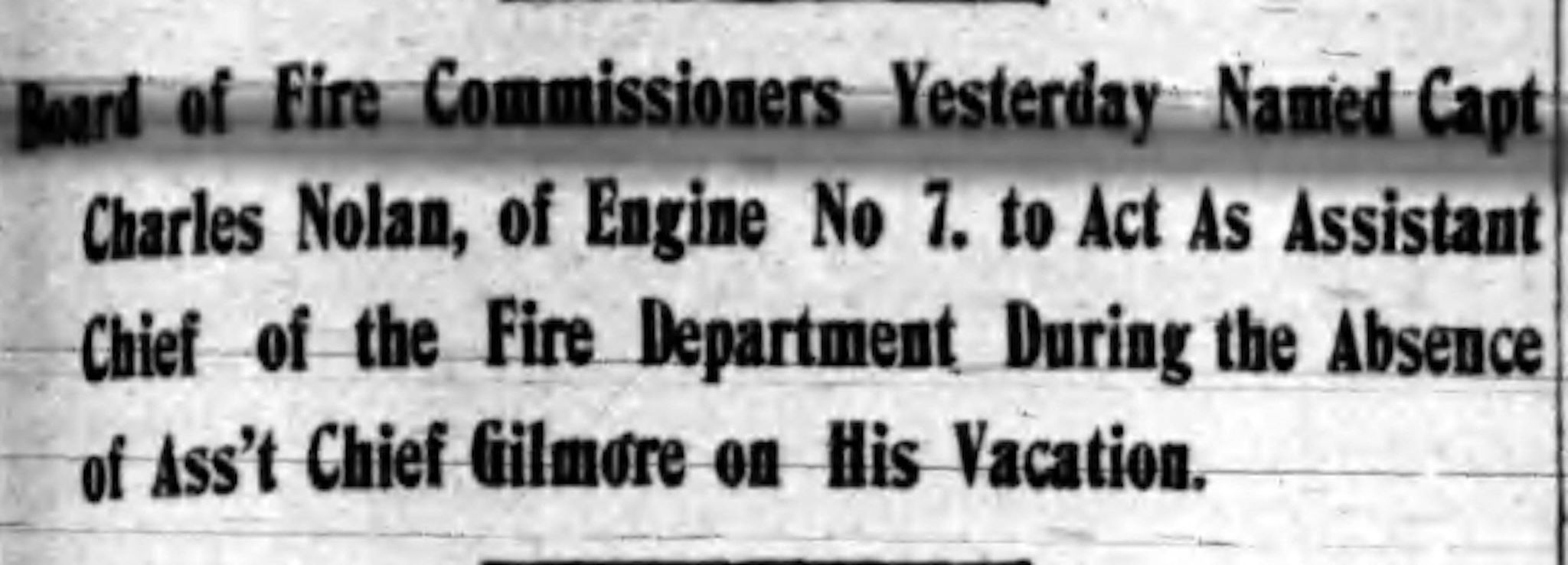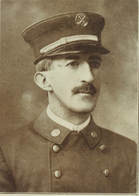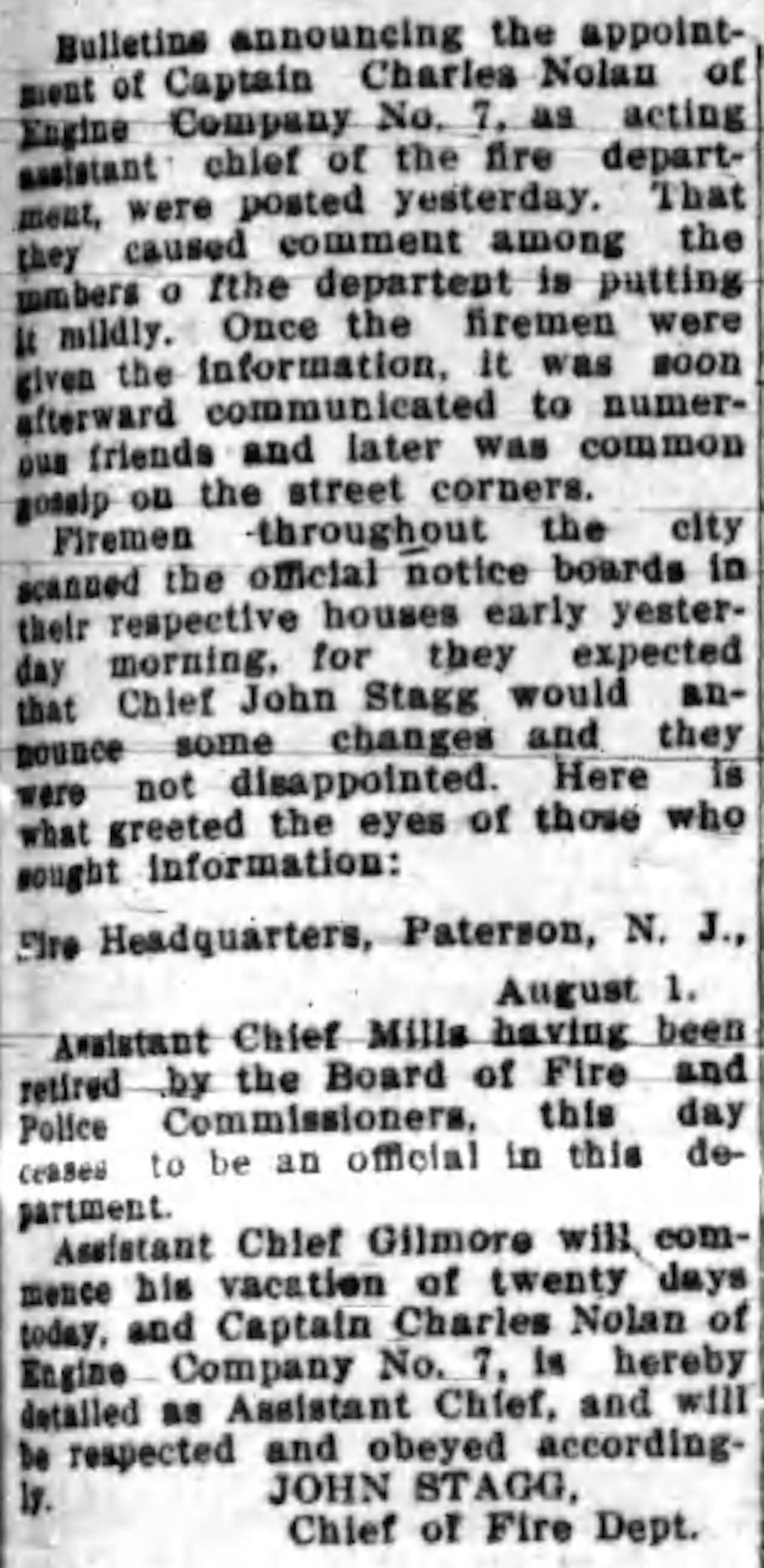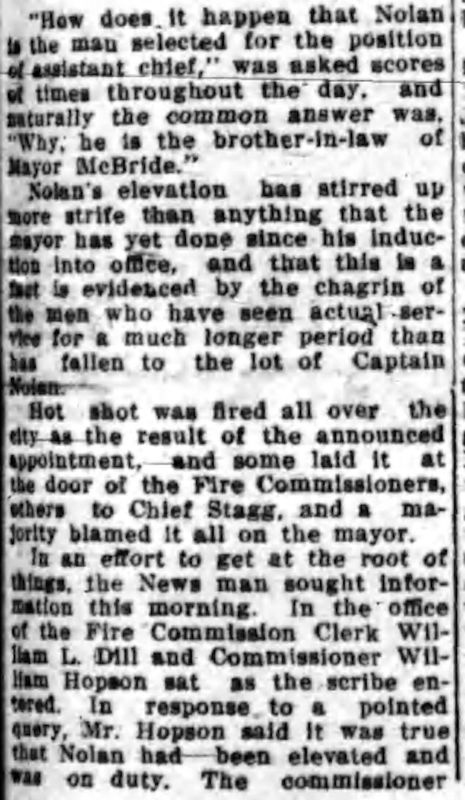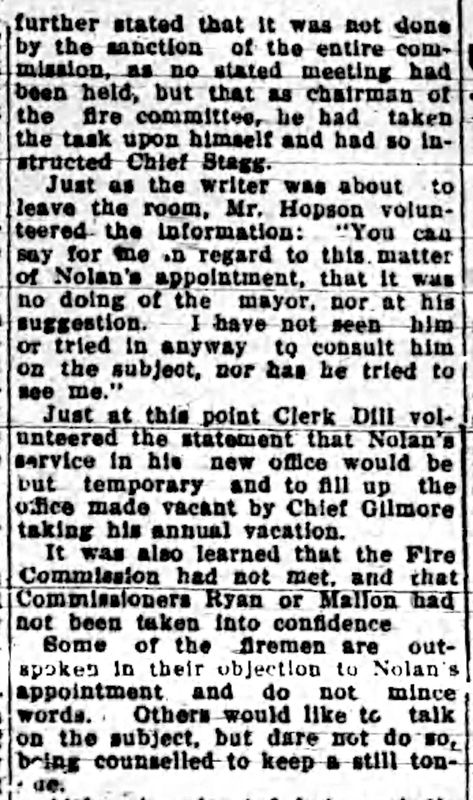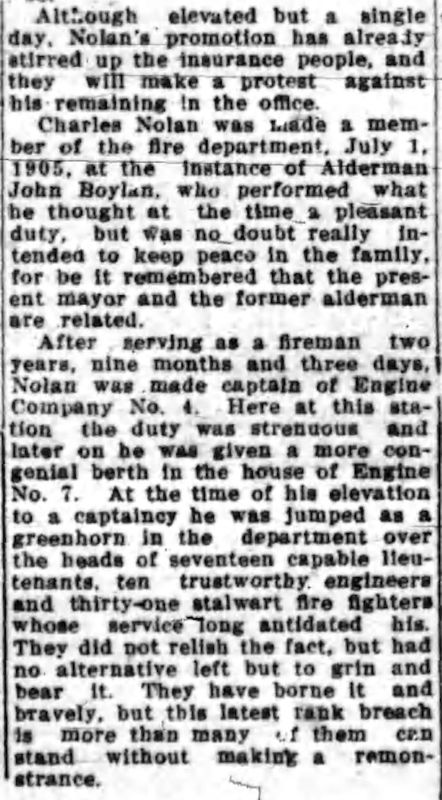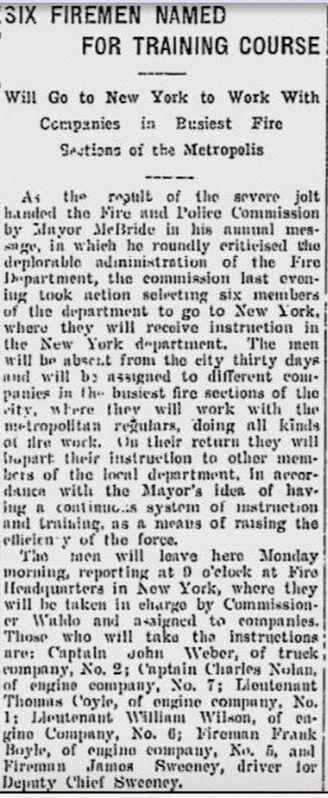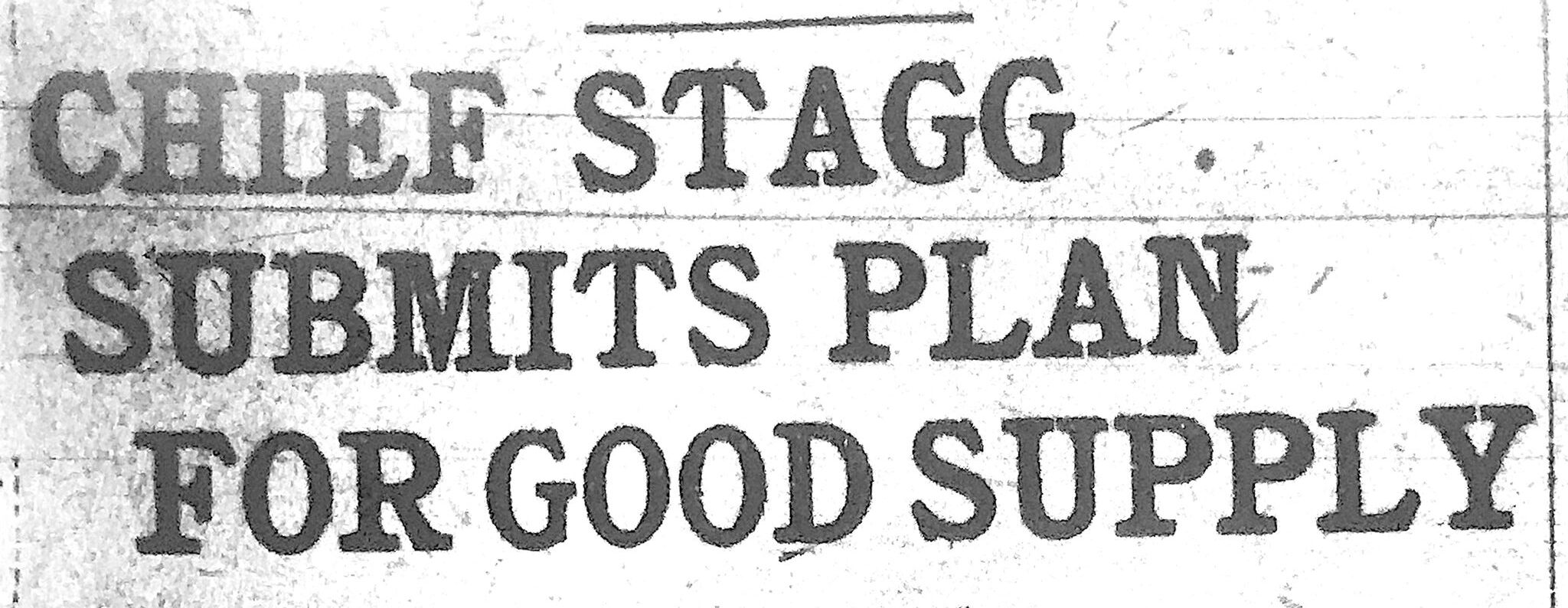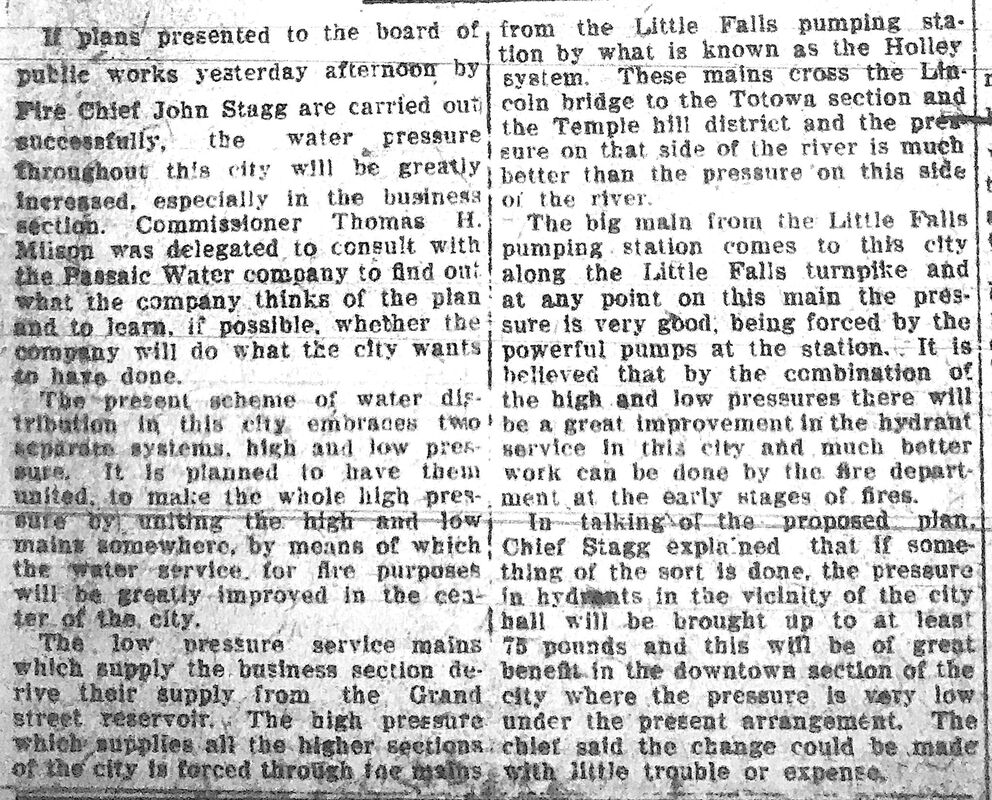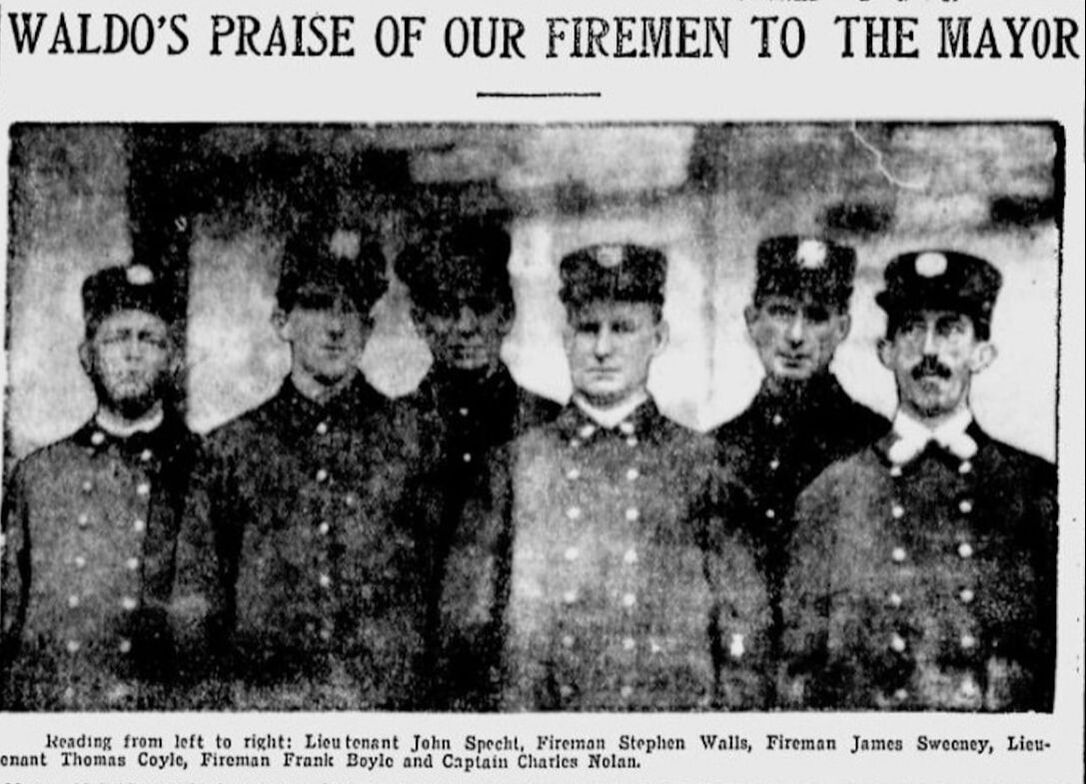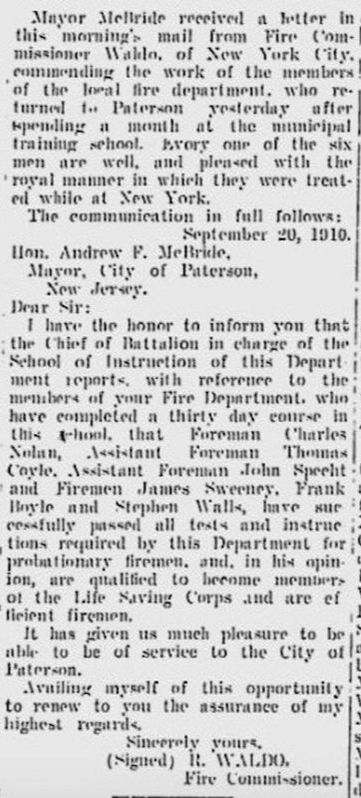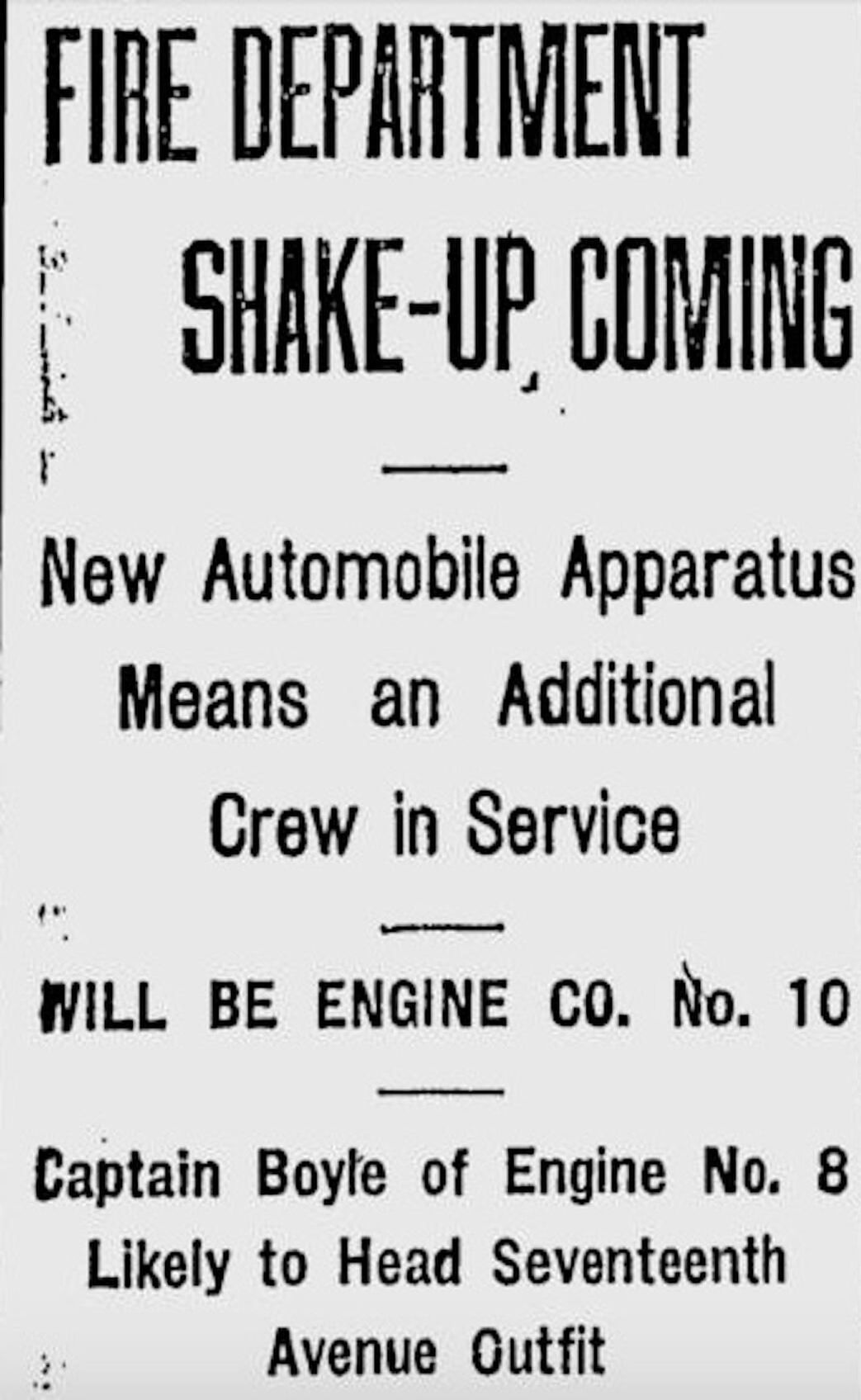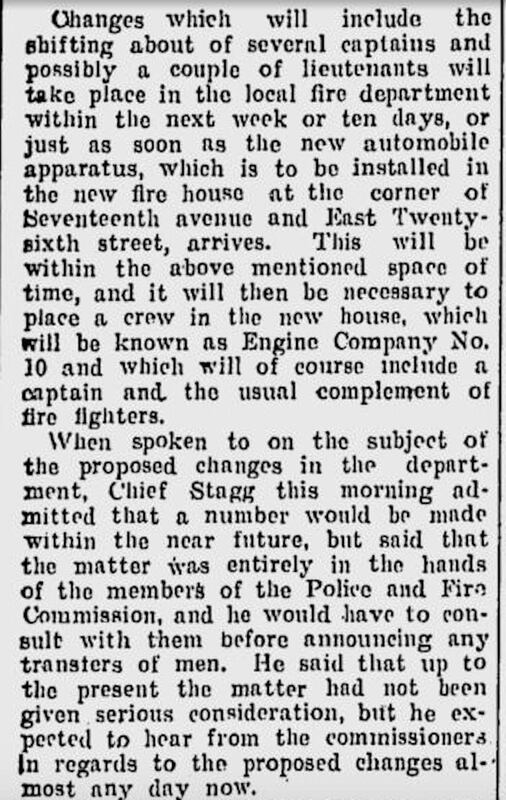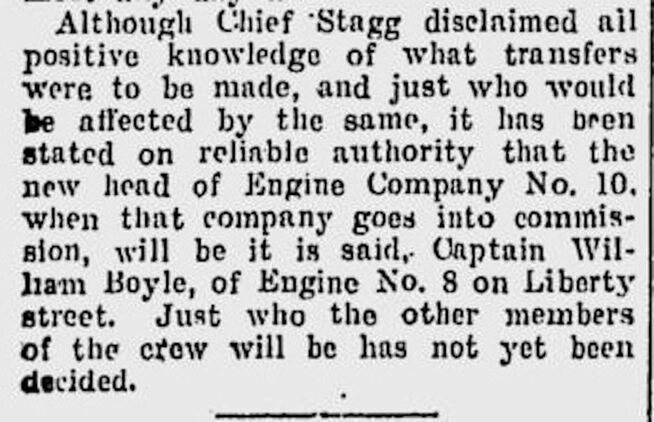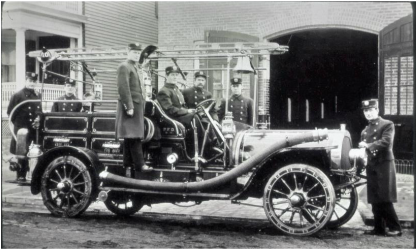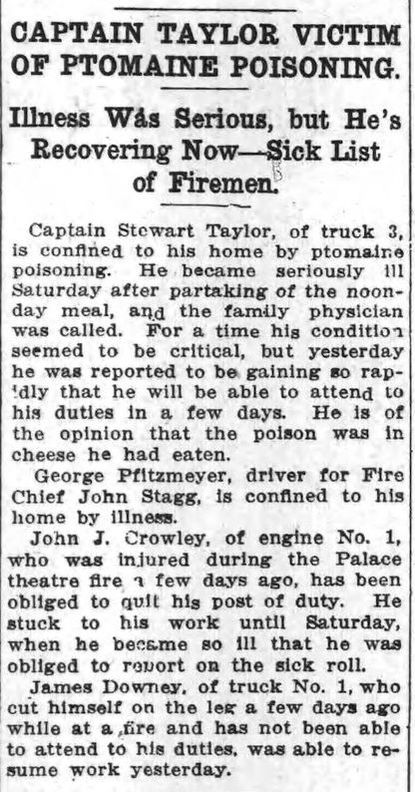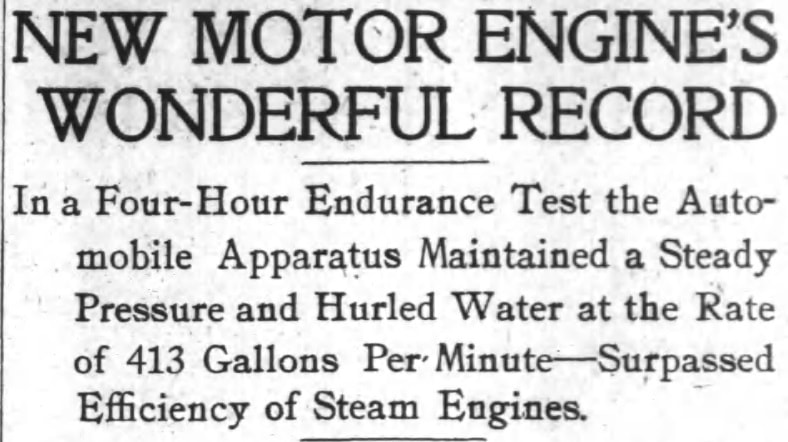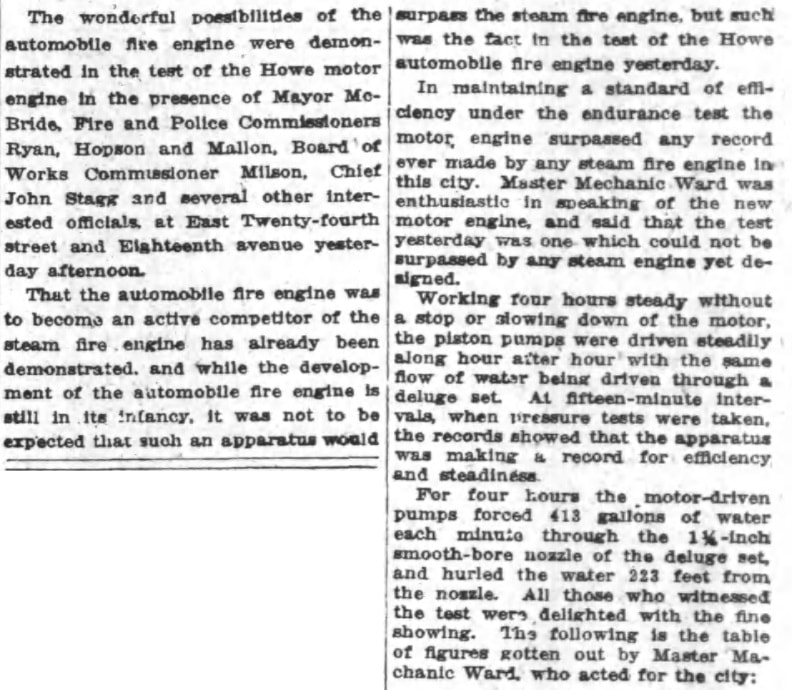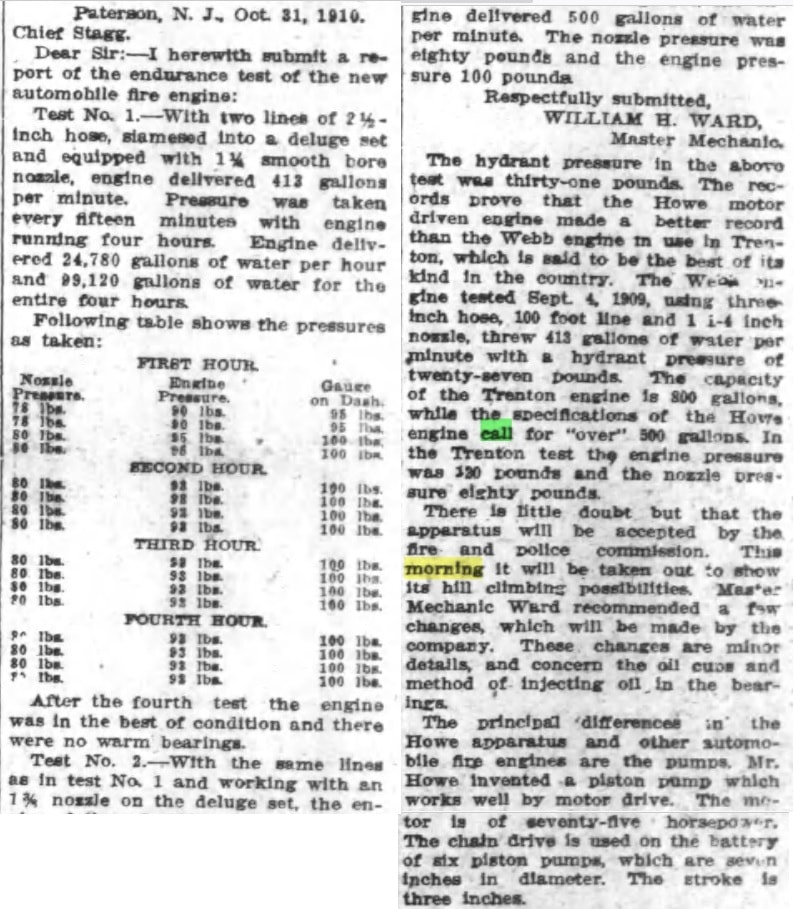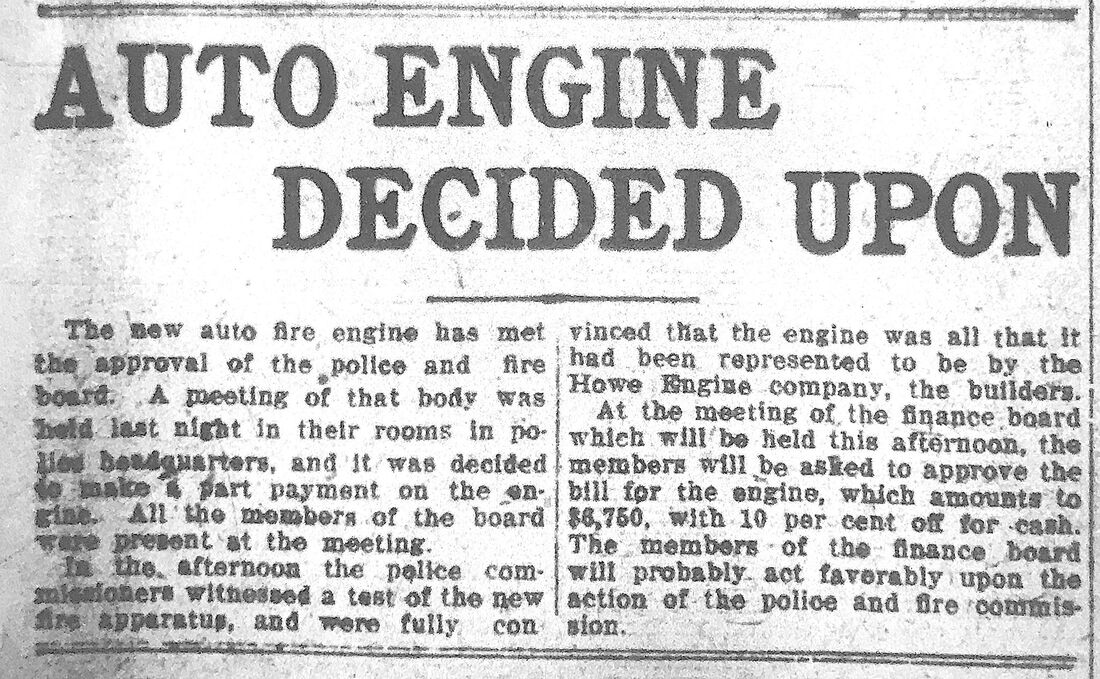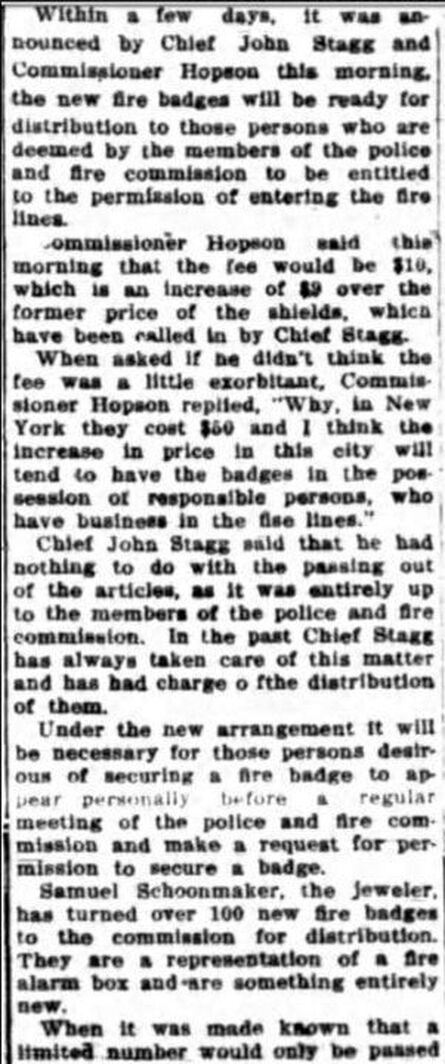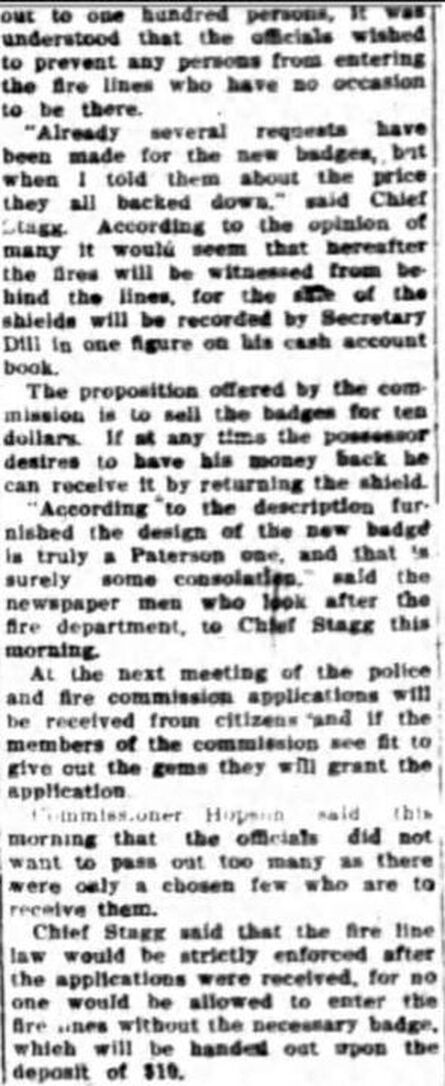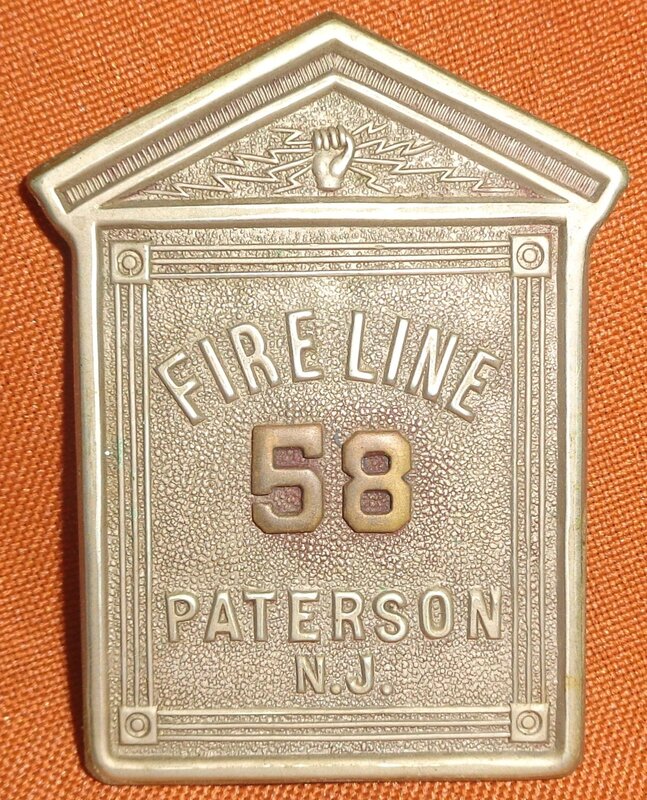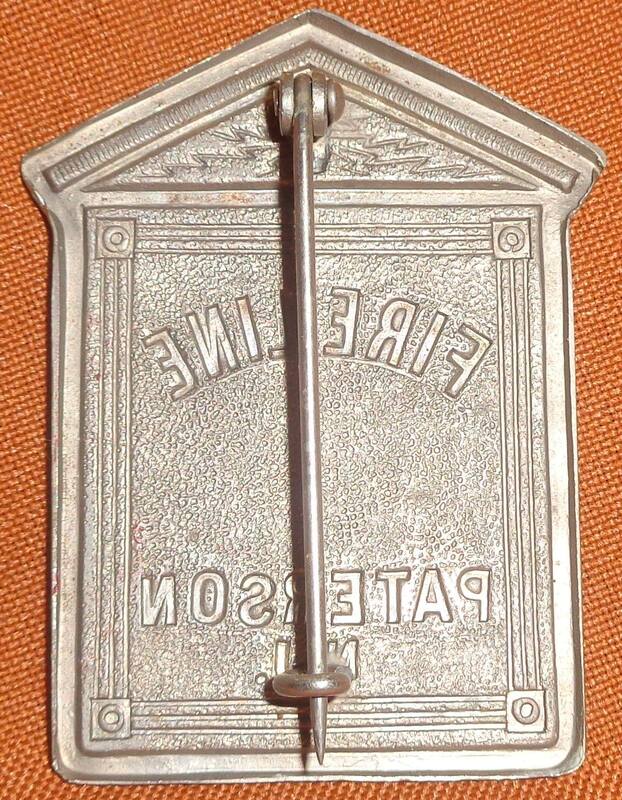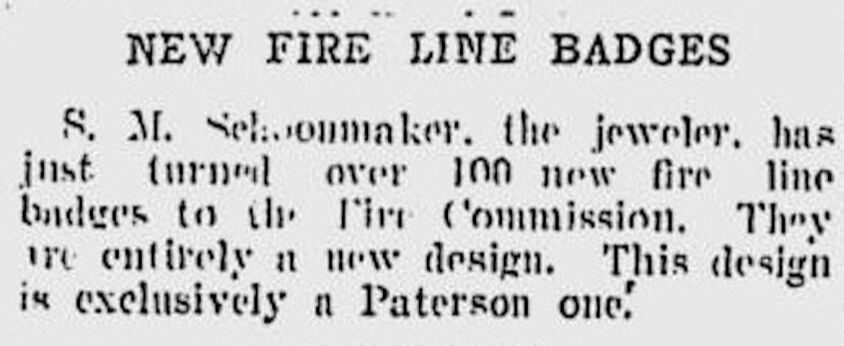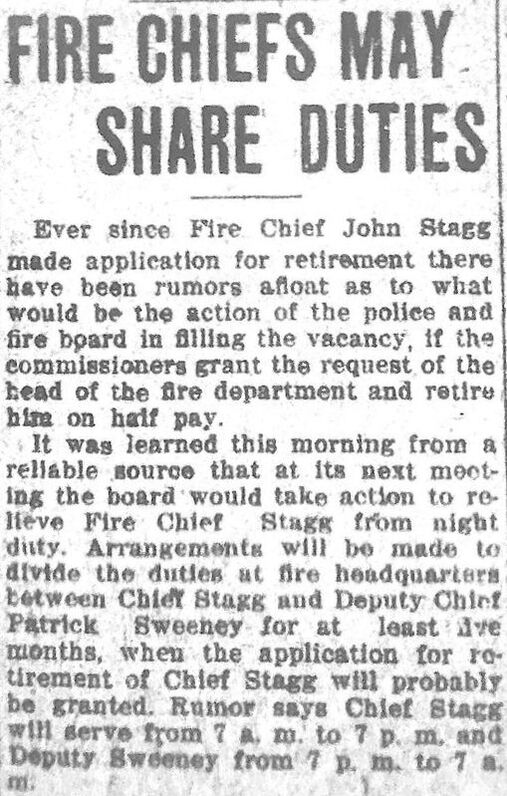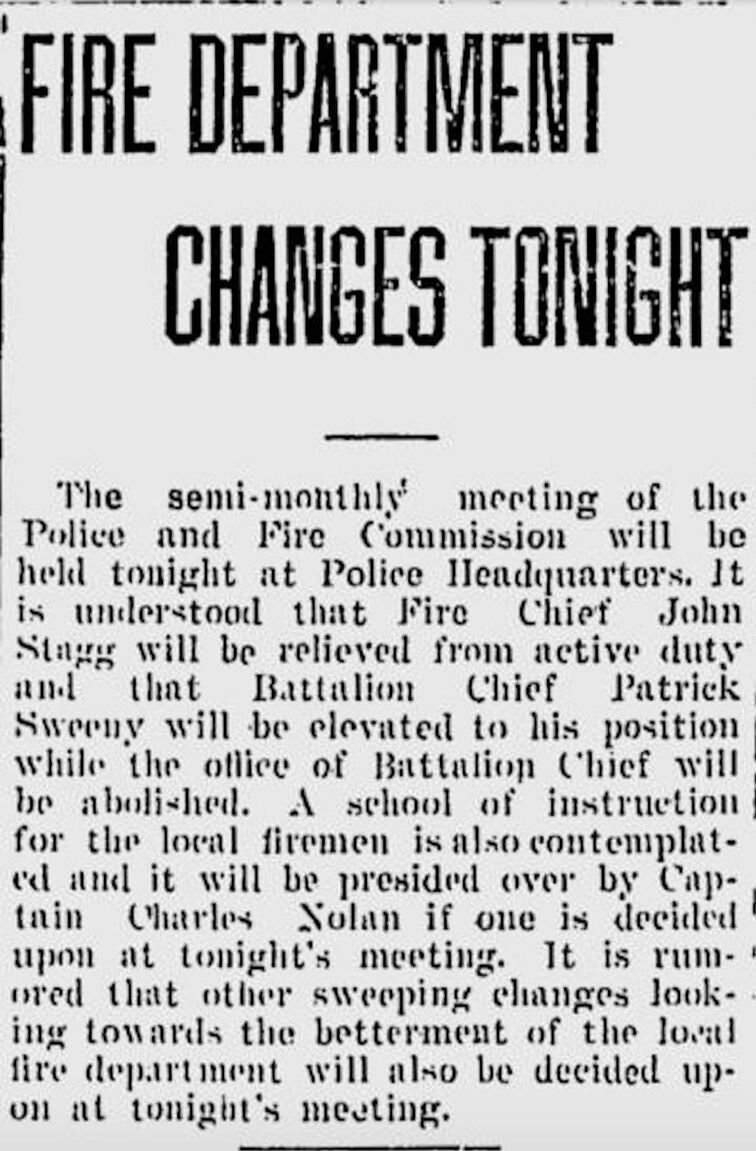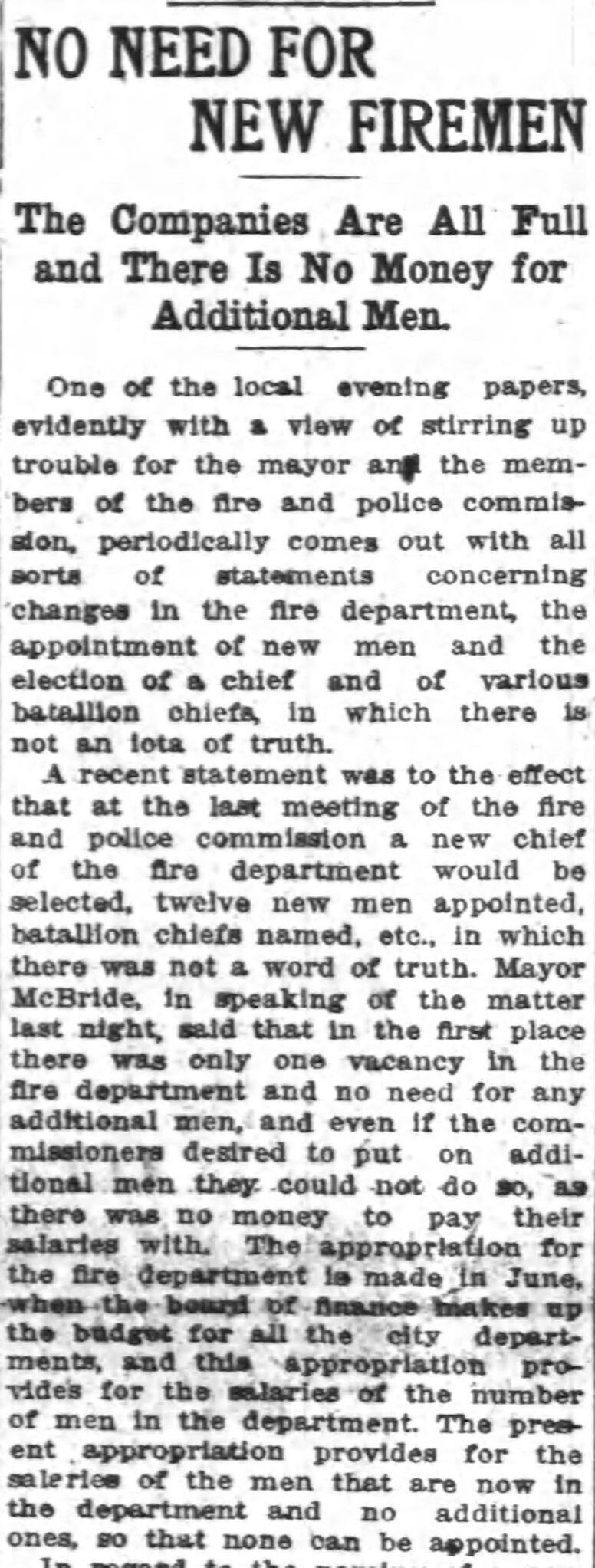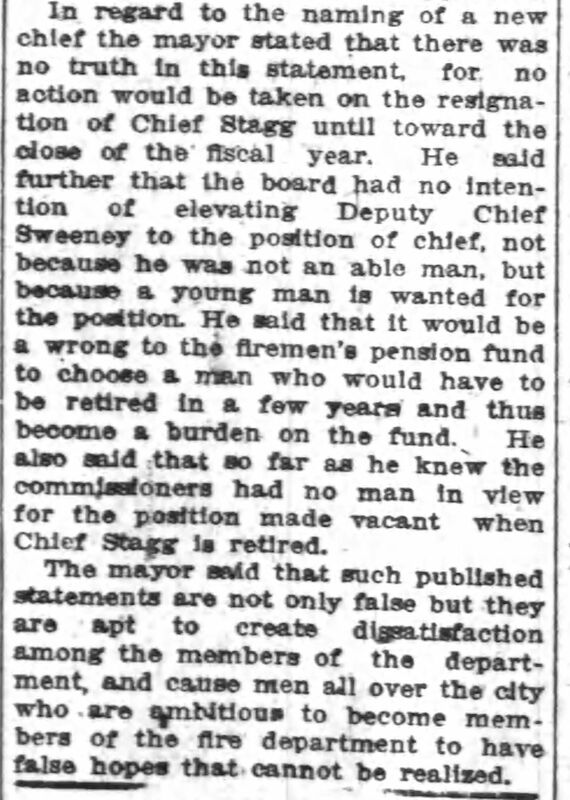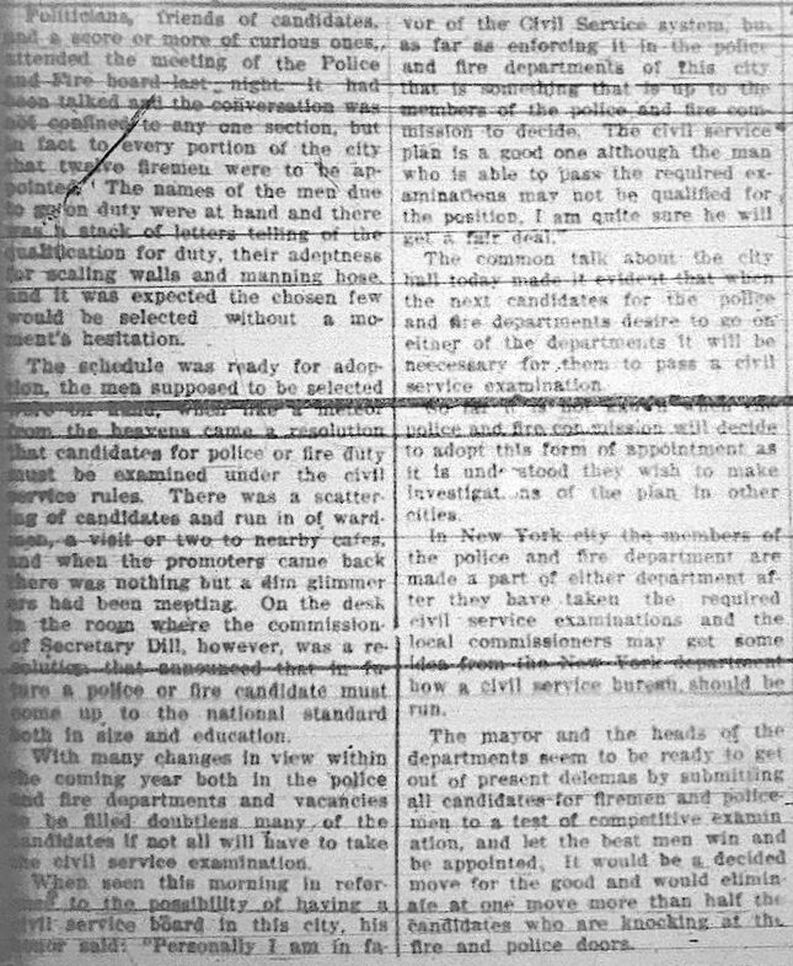Evolution of the Paid Department
Major Events from 1900 - 1910
January 3, 1900: Engineer Frank Blakely charged and disciplined
February 1900: The Fire Alarm System was moved to City Hall from the Bridge Street Hose Station and thereby greatly improved.
February 27, 1900: Chief Stagg to get new office - Room 1 at City Hall
February 28, 1900: Pay for firemen delayed
April 3, 1900: FF granted 12 hour time off allowance each month
May 1, 1900: AC John Gilmore preparing to return to duty
May 17, 1900: Annual PFD inspection by Aldermen
June 11, 1900: Beattie Company makes gift to PFD in response to a Little Falls response
June 12, 1900: Chief Stagg announces summer uniforms
July 14, 1900: Chief Stagg asks for a fire escape ordinance
September 25, 1900: Annual inspection of PFD by aldermen an city officials
June 15, 1900: Fire Committee meeting
October 4, 1900: Alarm statistics and FA Superintendent Zeluff elected VP of Municipal Telegraphers
December 12, 1900: Mayor vetoes salary increase
December 26, 1900: Chief Stagg has impressive Christmas Tree at his home
February 2, 1901: FF warn thieves that stealing of apparatus will have consequences
March 8, 1901: Chief Stagg went to NYC to research a new horse harness hook for firehouses.
March 22, 1901: Assistant Chief Mills illness
April 1, 1901: Chief's annual report prophetically advises that no new apparatus had been purchased since 1891 and engines in service were from 10 to 20 years on steady duty. Hose wagons were from 10-16 years old. He advised immediate purchase of two second class engines and two combination hose wagons.
April 5, 1901: Ernest Fields back on duty as Assistant Chief
April 11, 1901: Firemen's Burial Association met at City Hall - James Coyle elected president.
April; 13, 1901: Committee recommends Zeluff be suspended. FF Murphy also disciplined
April 20, 1901: Firefighter News - Chief Stagg's dog
April 26, 1901: A motion picture company films Chief Stagg, Engine 3 hose wagon, Truck 1, Engine 1 hose wagon, and Engine 1 steamer on Broadway between Carroll and Graham Avenues. Firefighters in full gear and horses described as magnificent. The film premiered at the Bijou Theatre on April 28.
April 26, 1901: Chief Stagg receives gift for PFD actions at Phoenix Manufacturer's Mill fire
May 1, 1901: Hitching time for various companies
May 1, 1901: Assistant Chief Mills remains off duty due to illness
May 11, 1901: FD news
May 17, 1901: Firehouse Inspections by aldermen and Chief Stagg: companies observed as they "hitched up"
May 21, 1901: Department discipline issues
May 27, 1901: mayor withholds salary increase for Captains
June 1, 1901: New fire station card issued and Chief laments condition of some of the old apparatus (Engines 2 and 7)
June 15, 1901: PFD News
June 25, 1901: FF establish relief fund for victims of recent fire
On June 21, 1901, fireworks exploded in a shop in a four-story tenement at 440 Main Street killing 17 people and trapping tenants in apartments above. Three firefighters were injured.
Rescuers used ladders and life nets to save people ``hanging from the windows ready to drop'' when the engines arrived, according to The New York Times.
The Times described the saving of John McGlone and his wife, who lived on the top floor:
McGlone climbed out of the front window and hung on with one hand while he held his wife to his breast with the other. The ladders were all busy, and one of the life nets from Truck 1 was called into use. Twenty men held it, and McGlone was told to drop. "With a superb show of strength he swung so as to carry his wife away from the building and then let go of her. She dropped into the net through the flame. As soon as she could be rolled out Of the net, it was placed for her husband, and he, too, landed safely in it. Still, the husband and wife were "badly burned by their flight through the flames bursting from the windows below,'' according to the newspaper.
June 26, 1901: Fire extinguisher lost at the Walker fire
June 29, 1901: Quality and care of Paterson's Fire horses
July 4, 1901: Leave cancelled for holiday weekend
July 19, 1901: FF John Breen receives Paterson's first dog license
August 13, 1901: PFD recalling badges given to citizens
August 16, 1901: Extra F/F of Engine 6 has alcohol issue & is fired by Chief Stagg
August 16, 1901: PFD news - Issues with street conditions used by Engine 6
September 16, 1901: 2:32 AM Two FF (Henry Abbott and George Kamerling) at FAO office in City Hall, after being informed of the death of President McKinley, called every firehouse and then starting tolling the big tower bell (using a lantern to illuminate the tower cavern) every twenty minutes for two hours to alert the citizens of Paterson
December 11, 1901: FF suspension
February 8-9 1902: The Great Paterson Conflagration: the largest fire in Paterson's and New Jersey History.
February 21, 1902: Sorry state of the PFD
April 11, 1902: In the first report following the big fire, Chief Stagg reported that the discipline had not been up to the usual standard and that charges against members had been more frequently made. Attention was again called to the urgent need of new apparatus to replace the old stock and to the need of at least two new engines, two hose wagons, one truck and one officers wagon in reserve at all times. The engines in service would not be capable of giving a good fire stream on the new and larger buildings to be erected over the fire ruins. He noted 26 blocks were destroyed or damaged.
April 28, 1902: Erie Railroad has added a planking to offload fire apparatus
May 14, 1902: Aldermen meeting - Chief Stagg complaints re FF John Specht
June 9, 1902: Report of May alarms
August 30, 1902: Chief Stagg to get third floor office at City Hall (after rebuild)
September 17, 1902: Chief Stagg is at Fire Engineer meeting in New York City
September 20, 1902: Chief Stagg elected second vice president of International Association of Fire Engineers
October 3, 1902: Company reassignments
November 18, 1902: National Board of Fire Underwriters report on Paterson Fire Department
December 1, 1902: National Board of Fire Underwriters - Needs of PFD after the Great Fire
December 16, 1902: Chief Stagg discusses need for steamers in Paterson
December 16, 1902: Chief Stagg 60th birthday - received an engraved watch
January 5, 1903: Fire Committee evaluates Captain James O'Neill's of Engine 9 language
January 8, 1903: Ceremony at Chief Stagg's home
January 16, 1903: FD Committee to evaluate new steamer proposals
January 21, 1903: New apparatus discussions
January 23, 1903: Fire and Water Committee meeting - FF Murphy discipline - Exempt firefighter records destroyed in 1902 fire.
February 9, 1903: Two first class Metropolitan Steamers from American Fire Engine Company purchased. Fireman Murphy expelled.
February 16, 1903: Chief Stagg makes surprise appearance at a Newark BC wedding.
February 27, 1903: FD Committe recognizes that proposed new appointee was too old.
March 6, 1903: Mayor to have PFD help with cleaning streets
March 13, 1903: PFD needs new horses
April 20, 1903: New horse purchase appropriated. New Eastside firehouse is needed but not approved
April 28, 1903: Issues with repairing steamer of Engine 4. Repairs to Engine 1 quarters from 1902 fire to begin. Driver Pfitzenmeyer injured in great fire has returned to duty
May 20, 1903: New Steam Fire Engines, with solid rubber tires, have arrived (American Fire Engine Co - Metropolitan Steamers). To be assigned to Engines 1 and 2. New Seagrave aerial for Truck 2 to be shipped soon. 10 New horses also purchased.
August 4, 1902: PFD News - Repair to Engine 1 quarters (damaged in 1902 fire) progressing. Anticipated to be done by September. Chief Mill's gig overhauled.
September 1, 1903: Chief Stagg awaiting arrival of new Seagrave Aerial
September 16, 1903: Chief Stagg to visit Antietam Battlefield for unveiling of NJ Monument
1903: March - The great Paterson Flood. There was a fire in a submerged district. To reach the fire, firemen had to drag the hose for several blocks through waist deep water which was a swift current. Engine 8 took suction from flood water in the street. Trucks 1, 2 and 3 were called out to aid in relief of people cut off by rush of waters and many daring rescues were made. Over 50 persons were taken from homes by means of ropes and breeches buoys and carried over roofs of buildings several blocks from point of service.
March 12, 1903: PFD need new horses
March 31, 1903: After the 1902 conflagration Paterson made a major effort to upgrade the equipment and purchased two First Size Metropolitan Steam Fire Engines for Engine Companies 1 (in May) and 5
1903: New 75' Seagrave Aerial arrived or Truck 2.
1903: Fire Headquarters Office with Chief Stagg and the Fire Alarm Office move to the rebuilt City Hall on Market Street. Superintendent of Fire Alarm John Zeluff is shown in the photo below standing at left with straw hat. Lineman James Curry is at right.
April 20, 1903: Main and Robert Street fire demonstrates PFD inefficiencies
May 4, 1903: Firemen to receive pensions
May 4, 1903: Chief Stagg to present Annual Report
May 4, 1903: Aldermen meeting - F/F Madden's widow seeks pension
May 23, 1903: Hose testing
May 14, 1903: New office at rebuilt City Hall for Chief Stag and Fire Alarm Headquarters
May 27, 1903: New Metropolitan Steamer enters service at Engine 1 at 112 Van Houten Street
July 23, 1903: Two new hose wagons enter service - to Engines 1 and 5
August 5, 1903: Annual inspection by aldermen
August 27, 1903: New Seagrave aerial Truck shipped
August 27, 1903: Firefighter jumps out of moving trolley car to save a child
December 4, 1903: Chief requests that an Engine 5 FF to be dismissed for intoxication
December 5, 1903: F/F Adam Bankhart dismissed for drinking on the job.
December 16, 1903: Paterson F/F honor Chief Stagg on his 60th birthday as he sits in his new office (of 3 months) on 3rd floor of City Hall.
1904: Truck Company 1 at 72 Jackson Street receives a new 75' LaFrance Aerial
January 6, 1904: Plans to update the PFD
Company strength increased to 10 (requires 28 new F/F
Age limit for appointment changed from 21 to 40 to 21 to 30
500 feet of Eureka Fire Co Trojan hose
2 new fire engines needed
Fire water maines to be upgraded
Company strength increased to 10 (requires 28 new F/F
Age limit for appointment changed from 21 to 40 to 21 to 30
500 feet of Eureka Fire Co Trojan hose
2 new fire engines needed
Fire water maines to be upgraded
January 7, 1904: Fire Detail started
January 8, 1904: Building Inspection Report
January 14, 1904: Chief's Annual report
January 15, 1904: Fireman Harry Kelley of Engine Company 7 is killed in a fall from a broken ladder at the Hincliffe Brewery Fire. Originally he was credited as being the first paid Paterson Fireman to make the Supreme Sacrifice. But later research revealed that John Lair in 1901 was the first and both F/F are listed on the Memorial Monument)
January 19, 1904: Chief Stagg building report
January 30, 1904: Kelly Death & Pension at Brewery discussed. Portland Ladder Company defends the ladder that broke.
February 10, 1904: Chief Stagg wants new first class steamers
February 12, 1904: Report of Chief Stagg on apparatus
February 15, 1904: Chief Stagg travels to Baltimore
February 17, 1904: Report from Chief Stagg
February 20, 1904: PFD receives donation for recent firefighting efforts
February 24, 1904: Engines 1 and 5 have new hose cutoff - enabling hose to be clamped without shutting down the pumper.
March 13, 1904: Meeting of Aldermen's Fire and Water committee - new companies needed - but there are cost issues
March 18, 1904: Aldermen inspecting PFD in detailed fashion
March 19, 1904: Alderman discuss apparatus purchase decisions
March 22, 1904: Fire Drills to begin at schools.
March 26, 1904: Fire Committee addresses firehouse behavior
April 2, 1904: Alderman Fire Committee review hydrants and new proposals for the Metropolitan Steamers
|
April 4, 1904: Chief Stagg in annual report called attention to the officers and members who risked their lives and health from dangerous positions in the flooded districts of the City in October 1903. Over 50 persons were taken from their homes by means of ropes and breeches buoys and carried over the roofs of buildings several blocks from the point of rescue.
|
April 14, 1904: Payroll now disseminated by Captains at the firehouses. Chief Stagg to get typewriter.
May 7, 1904: Delegations from different city areas petition alderman for new firehouses
May 12, 1904: Chief Stagg invited to NYC parade
May 12, 1904: Placement of two new First Size Steamers - Engine Companies 2 and 9
May 31, 1904: Change in Assistant Chief territories. Chief Mills to go to Engine 9 quarters and Chief Gilmor to Hose House
June 1, 1904: Summer vacations start and Summer Uniforms ordered
June 3, 1904: Meeting of Aldermen's fire and water committee advices, for investigatory purposes, the purchase of potentially inferior hose.
June 24, 1904: Mayor statement regarding a critical Underwriters statement
June 27, 1904: Mill owners gift PFD for their FF actions
June 28, 1904: Insurance Underwriters scold the Alderman for failing to improve the Fire Department
July 12, 1904: Alderman Meeting - Age criteria and department size change
July 14, 1904: New ALF Metropolitan steamer delivery delayed
July 19, 1904: Aldermen increase age entry for firefighters
July 29, 1904: Extension of water mains in Riverside section and new hydrants
August 5, 1904: Two new Metropolitan Steamers for Engines 2 and 9 arrive. Restored Silsby engine placed in Engine 8.
August 9, 1904: Tests of new apparatus: Engine 5 and 9 Metropolitan Steamers
August 21, 1904: Hose (Trojan Brand) test at hose house
August 23, 1904: Chief Stagg follows FDNY by successfully experimenting with tandem apparatus pumping (Metropolitans of Engine 1 and 9)
August 30, 1904: New Seagrave aerial arrives and taken to Jackson Street firehouse
September 10, 1904: Chief Stagg attending annual Chief Engineer Convention
October 18, 1904: AC Mill's gig being refurbished.
December 6, 1904: Horses sharp shod due to snow (received a hand-turned shoe with tapered wedge-like heel and toe calks)
December 15, 1904: Souvenir Book of PFD Fire Houses and Apparatus being made by Exempt Association
1905: New Jersey legislature passed a new Pension Law Fund, making it lawful for department members to associate and maintain a pension fund for firemen, their widows, dependent parents and children.
1905 Rules and Regulations of Fire Department Pension Fund
January 5, 1905: New FF appointment needed but not made. Charges made against FAO Supervisor Zeluff
January 5, 1905: Chief Stagg evaluates Newark aerial ladder & contrasts it with PFD Truck 2
January 21, 1905: Some of the older steamers no longer fit
January 25, 1905: Aldermen considering new Central Fire Headquarters at site of High School on Vanhouten Street
January 31, 1905: Each day 1 FF can have 25 hours off
February 5, 1905: Chief devising specifications for two new steamers for fire and water committee
February 25, 1905: Aldermen propose to make major PFD changes - many of which never happened.
March 15, 1905: Update on telephone service in firehouses - all but Engines 7 and 8 have phones in quarters
March 24, 1905: Charges against Engineer John Bland
March 27, 1905: FAO receives an alarm register for a trial period. New alarm box installed and Chief Stagg gets a city map with alarm boxes
March 28, 1905: Firemen's Pension Bill, signed: Chief Stagg in attendance at Trenton
March 31, 1905: 1886 Button Engine formerly of Engine 1 to be repaired by American LaFrance
April 19, 1905: Engine 1 and Truck 1 (with water attachment) drill on Governor Street
May 2, 1905: John Breen absolved of charges
May 15, 1905: Annual PFD Inspection due
May 18, 1905: Aldermanic inspection of PFD
May 18, 1905: Chief Stagg takes strong stance re gambling by FF
May 18, 1905: From 13th Annual Report of Chief Stagg - requests a new Central headquarters
May 24, 1905: FF fines for intoxication
May 28, 1905: Bed selections made for PFD
June 21, 1905: To consider bids for new apparatus
June 20, 1905: Fire and water committee 2 new engines and horses. Houses of Chemical company E4 and E 8 to be repaired.
June 28, 1905: Night watch changes
July 1, 1905 article from Fire Engineering Magazine
July 9, 1905:
July 11, 1905: Aldermen endorse purchase of Nott Steamer
July 31, 1905: Fire and water committee of Aldermanic board meeting. FH repairs.
August 3, 1905: History of PFD Paid department first 20 years
August 15, 1905: In Duluth, MN. John Stagg elected as President of Fire Chief's Association of America
August 19, 1905: Upgrades for the firehouses planned
September 1, 1905: Harry Nagel appointed as Engineer at E9
September 5, 1905: The 1886 Button Steamer originally at Passaic Engine 1 of Volunteer Department and the Engine 1 of Paid Department has been rebuilt and will be assigned to Engine 3.
September 8, 1905: A new rank is established: Superintendent of Machinery - office was at the City Hall headquarters. William Ward is first to assume the position.
September 23, 1905: Astrologer called an idiotic prophet of calamity, warns Chief Stagg of impending fires
October 30, 1905: Chief Stagg in Trenton for reunion of 11th NJ Volunteers (Civil War). Button Engine used by Engine 3 was rebuilt.
October 30, 1905: FF Michael Ryan elected president at State FMBA meeting
November 2, 1905: Aldermen Meeting - PFD may need an apparatus storage building.
November 5, 1905: The positions of Master Mechanic and Master Carpenter were established with the rank of Lieutenant. The first MM was William H Ward and MC was John Crotty.
November 16, 1905: Tenth anniversary of the fully paid Fire Department - Roster of original appointees
November 24, 1905: Guardian: Engine 9 FF to be investigated for drunkedness
December 1, 1905: Chief John Stagg named in lawsuit
December 1, 1905: Two new Nott Steam Fire Engines arrive in City
December 6, 1905: Test of the two new Nott Steamers one of which will go to Engine 8
December 9, 1905: Debate on where new Nott Steamers will be placed
December 12, 1905: Two new First Size Nott Steam Fire Engines were assigned to Engine Companies 4 and 8.
December 12, 1905: Apparatus reassignment
December 16, 1905: Old third size Silsby formerly used by Engine 7 will be loaned by Haledon to help fight fires in Temple Hill section.
December 18, 1905: Chief Stagg discusses the term "Buff"
December 30, 1905: A new fire alarm box (#723) installed at the Lyceum Theater on Van Houten Street (at Church Street) - it called for the response of 4 engine, 2 truck and the chemical company company as well as all three chiefs. Also order went out to all companies to not ring bells or sound whistles when passing the Empire or Lyceum theaters when performances are occurring.
1906: Firestone advertisement highlighting a PFD combination hose wagon from Fire and Water Engineering Magazine
January 4, 1906: Fire injury to Chief Stagg's son
January 30, 1906: Stamford CT officials visit Paterson to evaluate Metropolitan and Nott Steam fire engines
February 20, 1906:
March 6, 1906: Greetings to Chief Stagg from a fire chief in New Zealand.
March 8, 1906: Paterson Daily Press
March 15, 1906: International Association of Fire Engineers meet at Chief Stagg's office to plan for the October Annual meeting.
March 16, 1906: Fire Committee orders new horses
March 29, 1906: PFD junk sale
April 2, 1906: The rank of Lieutenant was added and 14 men were promoted. This ensured there was always an officer in charge of each company at all times.
April 1906: Size of hydrant connections increased from 4 to 6 inches within the fire districts - there were now 1098 single, 162 two-way and 36 3-way hydrants.
April 12, 1906: Chief Stagg and Assistant Chief Mills and Gilmore receive spectacular gold badges from the aldermen.
April 20, 1906: New directive on Steamer whistles and bells and stoker operations
April 26, 1906: Fire Commission addresses abuse of sick pay
April 28, 1906: Chief Stagg addresses a citizen complaint
May 8, 1906: PFD donates to San Francisco Earthquake fund
May 14, 1906: Night watch re-initiated by Chief Stagg
June 21, 1906: New deluge set tested
July 24, 1906: Chief presses charges against Engineer Hanlan of Engine 7 for letting apparatus steam go down.
August 15, 1906: Trolleys must stop when hearing apparatus bells
August 21, 1906: Chief orders steamers to keep steamers at boil while at fire scenes.
August 23, 1906: Annual department inspection by Fire and Water Committee
October 3, 1906: Chemical Engine refurbished, new caps for chiefs and PFD to attend Hackensack parade
October 11, 1906: Mrs. John Stagg dies at Fire Chief's convention in Dallas, TX.
October 15, 1906: Report on the October 11th death of Chief Stagg's wife, while she and the Chief were at the annual meeting of the National Association of Fire Engineers of which he was the president. Her body was returned to Paterson via train in a procession typically reserved for dignitaries.
October 22, 1906: William J Stannard has been with the PFD (Volunteer and Paid) for 25 years. Was with Protection Engine 5 of Volunteers.
November 21, 1906: PFD has hose issues
December 22, 1906: Why do firemen hurry?
December 26, 1906: News about Chief Stagg's daughter
January 5, 1907: Fire Line Badges
January 9, 1907: News clip: Will insurance rates decrease with arrival of new engine?
January 15, 1907: Fire and Water Committee of the Board of Alderman to discuss FD needs
January 22, 1907: 3 New Robinson Fire Apparatus combination hose wagons approved
January 23, 1907: Fire line badges ordered by Chief John Stagg
February 10, 1907: First PFD Pensioner - FF William Stannard - Was the first driver of Engine 5 Hose wagon hired in 1896.
February 12, 1907: Chief Stagg issues Fire Alarm Badges
February 14, 1907: Fire Line Badges and rules
February 15, 1907: Test of new Nott Steamer for Engine 6 near the Armory
February 16, 1907: Fire Line Badges will berequired to enter fire scener
February 27, 1907: Pumping issues with new Nott Steamer
February 25, 1907: Chief Stagg speaks of PFD needs
February 28, 1907: A new second size Nott Steam Fire Engine was assigned to Engine Company 6.
February 28, 1907: Truck 3 combination chemical/ladder rebuilt and made to be drawn by three horses.
March 7, 1907: 3 inch hose tested
March 18, 1907: What it took to care for PFD horses
April 22, 1907: Department Inspection
April 26, 1907: Annual Report of Chief John Stagg - Morning Call
April 27, 1907: First Fire & Police Commissioner's Meeting
From Paterson News
May 11, 1907: New age limits for firefighterd
May 15, 1907: Chief Stagg re-installs the night watch system ad firehouses - 9PM util 6 AM
May 23, 1907: Board Fire Commissioners give Chief Stagg Executive Control of PFD
June 4, 1907: New power for Chief Stagg
June 21, 1907: Order from Chief Stagg re staggering the days off. Firemen worked 6 days (meaning a full 24 hours with meal time-offs) a week - they had one day a week off. This information from the Journal of Engine Company 8
June 21, 1907: Order from Chief Stagg re caution upon crossing the Erie Railroad tracks: this comes from the Journal of Engine Company 8 on Wayne Avenue.
June 22, 1907: Chiefs to get raise in pay. New steamer planned
June 27, 1907: Fire and Police commission to examine apparatus bids: requirements listed
July 5, 1907:
July 6, 1907: Matters of cost discussed
|
July 10, 1907: Engine 8 Journal: Chief Stagg orders regarding care of horses: Hereafter all requests for the Veterinary Surgeon to call and examine or care for sick and disabled horses must be made through Headquarters and the man at watch at Headquarters shall make a record of the same. If the Veterinary Surgeon fails to properly care for or
|
neglects to care for a sick or injured horse after it has been placed in his charge, the company commander will notify the Chief Engineer or Assistant Engineer in charge of department so that a proper report can be made to the Board of Police and Fire Commisioner.
July 18, 1907: New combination chemical and hose wagons for Engines 2 and 7 shipped from St. Louis.
August 3, 1907 Engine Company 7 accident as dog attacks horse
September 7, 1907: New Headquarters site and a visiting Chief visits with Chief Stagg
September 9, 1907: New location for Fire Headquarters on Van Houten Street to be discussed with Board of Education. FF Francis Connors of Engine 9 retired.
September 27, 1907: Chief Stagg vacation trip to Canada
October 16, 1907: New Robinson Hose Wagons for Engines 6 and 7 shown below at Hose House on Bridge Street
October 19, 1907: FF Daniel McGill dismissed by Chief Stagg for pulling false alarms
October 20, 1907: Chief Stagg discovers a sleeping night watchman
October 25, 1907: FF Wm Foran of Truck 3 on Theater Detail dismissed by Chief Stagg
October 28, 1907: New device allows trolleys to ride over fire hoses.
October 28, 1907: Department Inspection and Parade
October 31, 1907: PFD PPD dispute
November 7, 1907: Pictures in Paterson Daily Press
December 7, 1907: Chief Stagg comments on the efficiency new apparatus at the big William Schaub stable fire on December 5th
December 27, 1907: PFD FF vs PPD patrolman December 27, 1907
December 27, 1907: Bids for new second size steamers
1908
March 6, 1908: Issue of aging firefighters
March 9, 1908: Captain Cubby (of Engine Company 5) illness
March 13, 1908: Plans for a Deputy Chief who will out rank the two Assistant Chiefs
March 24, 1908: Hose issues and new Fire Company to be discussed
March 27, 1908: The rank of Deputy Chief is established and on April 3 Patrick Sweeney is appointed to the position.
April 4, 1908: Captain Patrick Sweeney elevated to Deputy Chief and FF Charles Nolan to Captain
Paterson News
FF James Sweeney to be his father's gig driver
April 9, 1908: eight FD horses to be sold
April 10, 1908: Report from Chief Stagg
April 11, 1908: Appreciative letter to Chief Stagg re PFD
May 8, 1908: Board trying to retire two firemen
May 14, 1908: Horses to be branded
June 8, 1908:
September, 1908: Engine Company 7 Silsby steamer is destroyed in a collision with an Erie train at a Getty Avenue crossing (there was no train overpass back then). Chief Stagg reported it as one of the best fire engines. He advised that the city not invest in steam fire engines until the use of gasoline motors developed. For more clips CLICK HERE
Standard fireman's dress uniform of the day
September 5, 1908: Fire and Police Committee actions
December 19. 1908: Newspaper notice questioning why F/F John Crowley has not been publicly recognized for his heroic actions during the fire that killed Captain Cook.
January 26, 1909: PFD evaluates Knox auto-engine
February 6, 1909: New rules on when apparatus may depart from FH and that Chiefs must wear white helmets and coats at any fire where water is used
April 24, 1909: Chief Stagg discusses the need for motorization
June 17, 1909: retired horse tries to return to firehouse
June 23, 1909: Firemen shifting to motorization
July 3, 1909: Fire and Police Commission Meeting
July 3, 1909: Announcement of the First Ball in Paid PFD History
July 17, 1909: Fire and Police Commission Meeting
July 30, 1909: issues with sending engine 8 steamer to downtown fires
|
August 11, 1909: Captain William Cook (acting assistant chief) was fatally burned at a River Street stable fire. He died on August 14, 1909. |
October 30, 1909: First Annual Ball collects $4000 (in 2023 dollars this would be valued at $131,000. Ball which attracted 2500 people. was at the auditorium on Ellison Street
October 30, 1909: Chief Stagg to remarry
December 2, 1909: Chief Stagg returns after his honeymoon
1910-1919: Engine Company Response form
January 22, 1910: New inspection rules
January 19, 1910: Chief Stagg annual report of Paterson Fires
February 5, 1910: PFD views auto-engine in Trenton
March 6, 1910: PFD taking bids for motorized apparatus
March 19, 1910: FD collisions a concern and Chief Stagg issues charges and also requests a telephone for the home of Chief Sweeney
April, 16, 1910: 6 Paterson FF (Captain Nolan, Lieutenants Coyle and Specht, FF James Sweeney, Frank Boyle and Stephen Walls) go to NYC to study modern firefighting
April 16, 1910: Bids for the new auto-engine will be opened
May 6, 1910: Fire and Police commission plans to order a Knox
May 7, 1910: Fire and Police Commission to purchase lots in Stony Road for a new firehouse. Mayor McBride supports that and is also planning for a new Central Fire Headquarters
May 7, 1910: Firemen seek pay raise - $100 per year
July 1, 1910:
July 1, 1910: Attack on Chief Stagg
July 3, 1910: Merit Award for firemen proposed - - to be called the "Boyle Award." Chief Stagg to attend Fire Chief's Convention in Grand Rapids, MI.
July 7, 1910:
July 7, 1910: Newspaper reported so many details re firemen at this time including vacation details
July 9, 1910: Chief Stagg issues apparatus driving directive - no faster than a trot!
July 8, 1910: Charges against 4 firefighters
July 16, 1910: Assistant Chief James Mills fighting Fire and Police Commission regarding retirement. Retirement set for August 1. Vision deteriorating due to injuries suffered in the Great 1902 fire.
July 21, 1910: Mayor McBride criticizes the fire department - Firemen including the Chief are too old. Changes forthcoming.
July 21, 1910: More on Mayor's thoughts - New Chiefs may be coming
July 24, 1910 Pension Fund Issues
August 4, 1910: Weather-related Incident at Fire Headquarters (City Hall)
August 6, 1910: Fire line badges recalled
August 6, 1910: Annual Report of Chief John Stagg - Morning Call
August 6, 1910: Mayor Andrew McBride's Annual report
August 12, 1910: Captain Charles Nolan of Engine 7 and brother-in-law of Mayor McBride temporarily upgraded to Assistant Chief - Many questions of nepotism arose
August 13, 1910: Six Firemen to go to NYC for training
September 21, 1910: Water supply to hydrants to be addressed
September 21, 1910: Fire Commissioner Waldo of NYC praises Paterson FF who attended instructional course.
September 28, 1910: because of auto-engine changes in PFD needed.
|
October 25, 1910: Engine Company 10 was established with the opening of a new firehouse at 198 17th Avenue at the corner of East 26th Street. The departments fist motorized apparatus, a Howe Automobile Combination Fire Engine was put in service. |
October 25, 1910: Newspapers reporting illness of firefighters
November 1, 1910: New motorized Howe apparatus tested in trial
November 10, 1910: Police and Fire Board decides upon Howe Fire Engine
December 1, 1910: New fire line badges
December 5, 1910: Speculation re Chief Stagg work hours - D/C Sweeney to cover at night
December 16, 1910: Police and Fire Commission to decide fate of Chief John Stagg as well as an instruction school.
December 19, 1910: Speculation about FD expansion and a new chief
December 17, 1910: Civil Service testing concept

